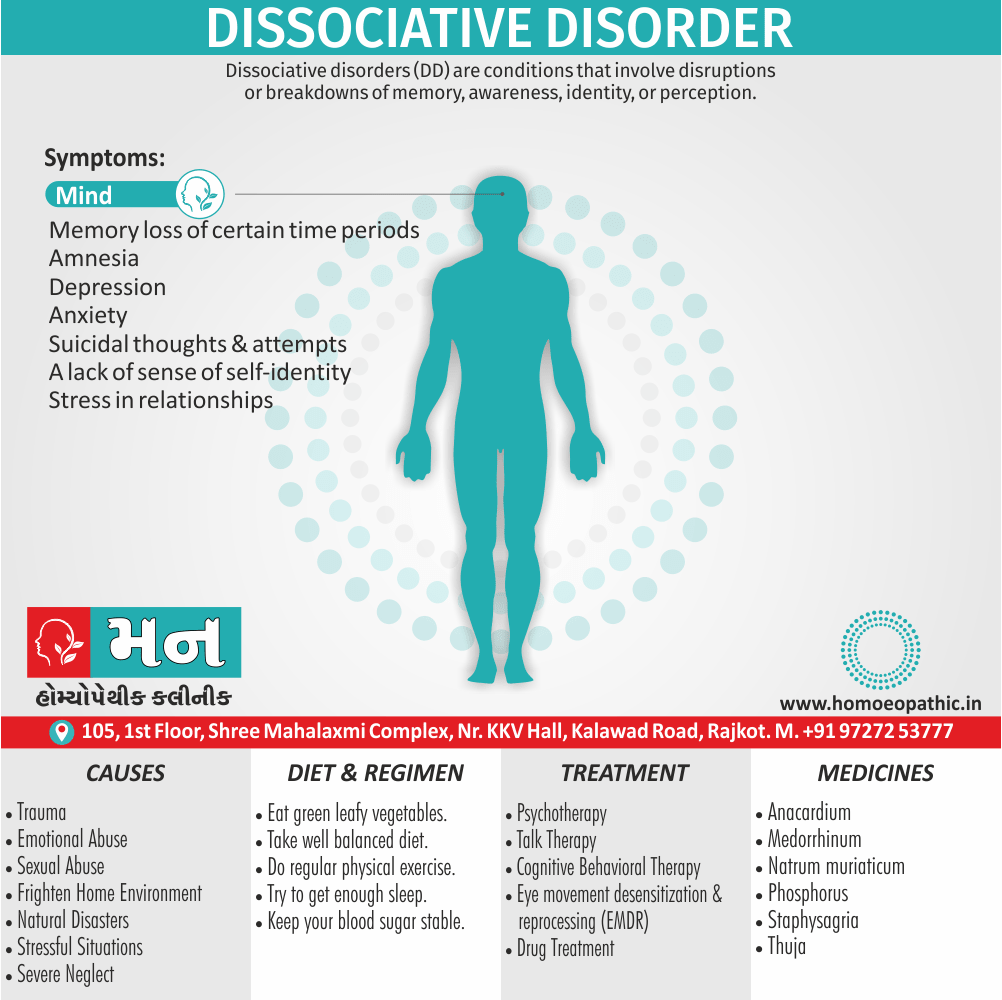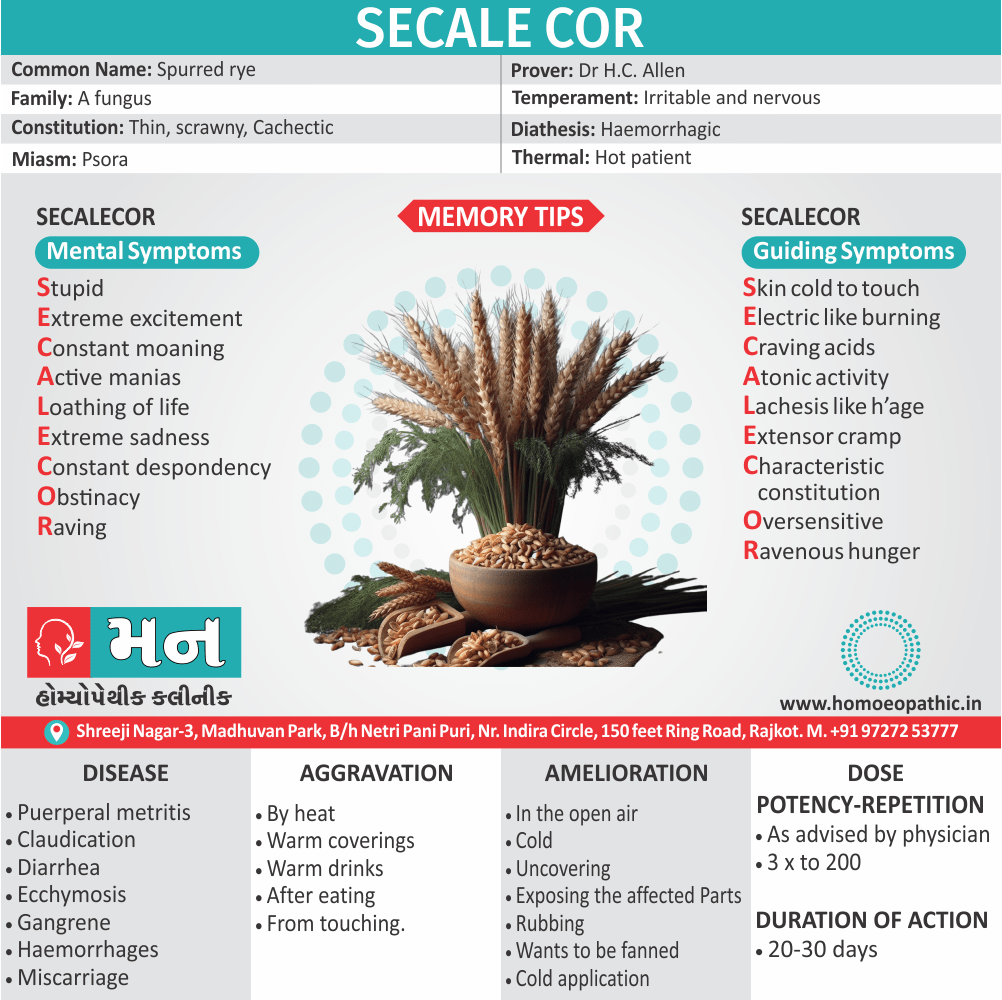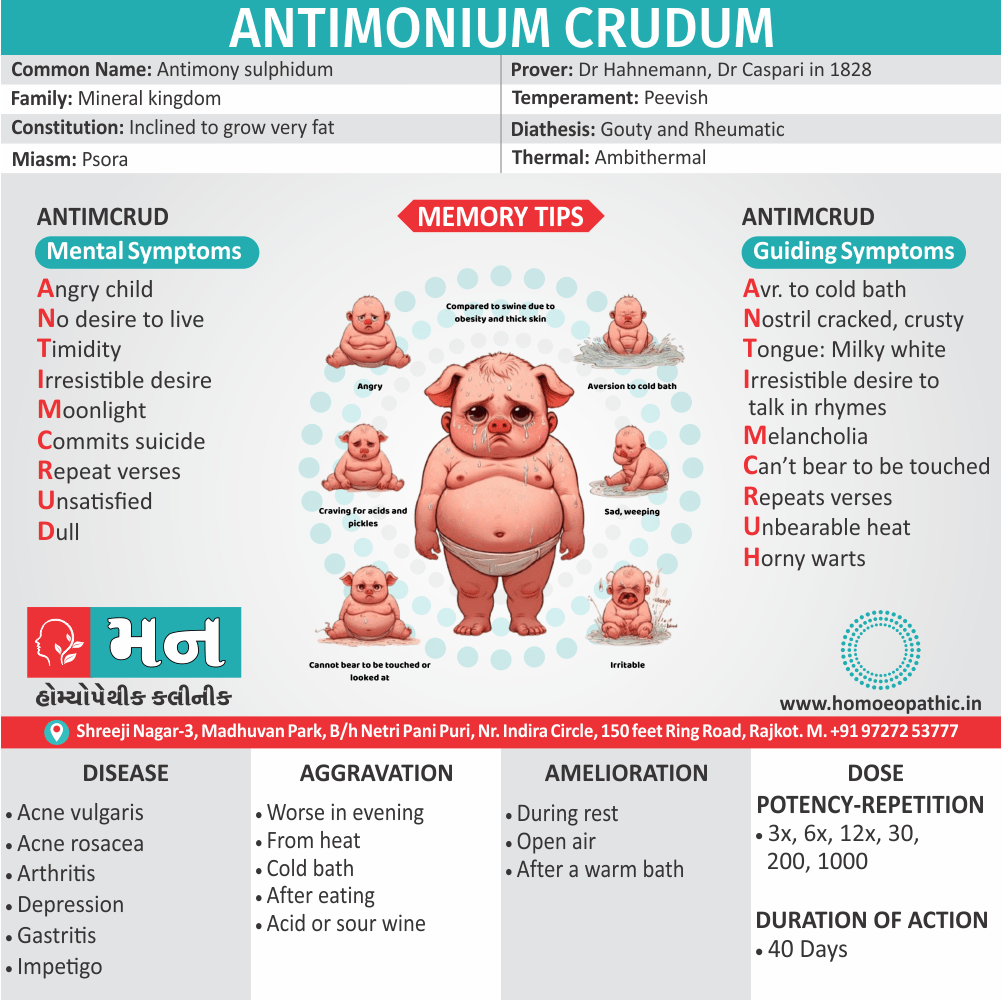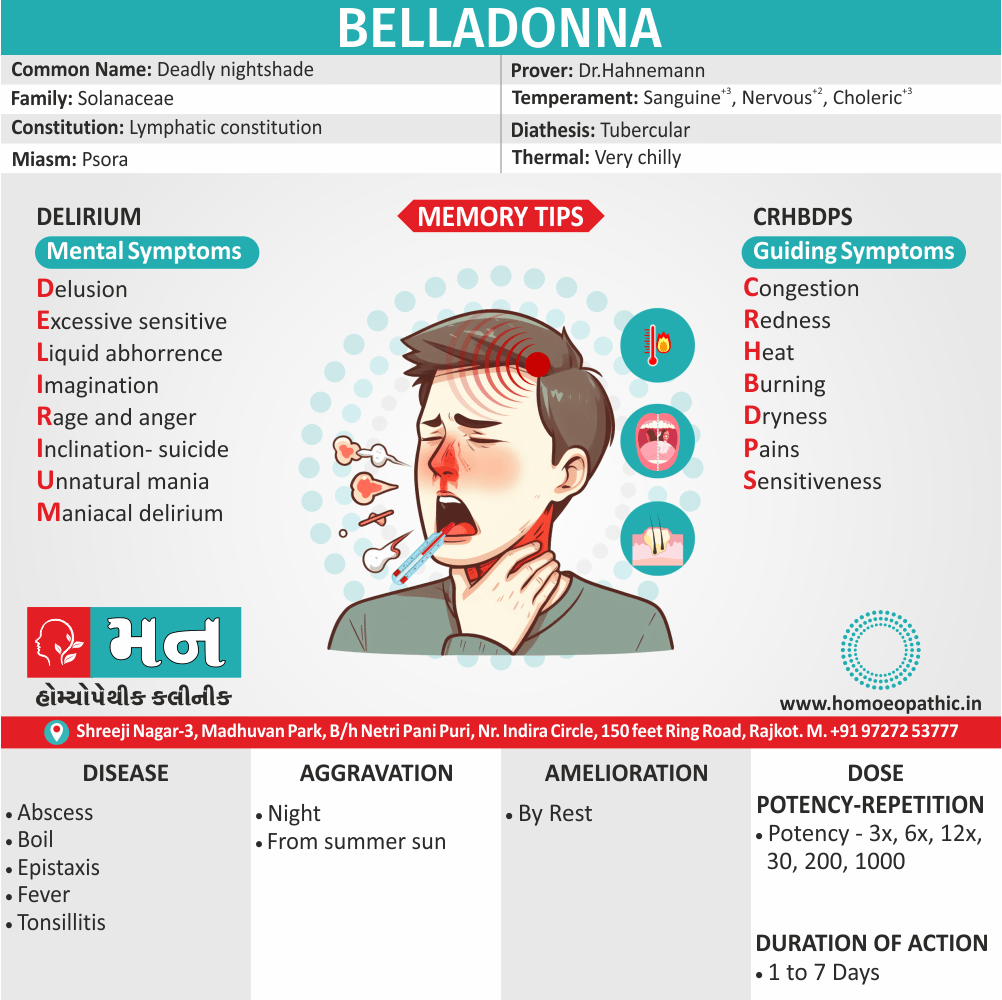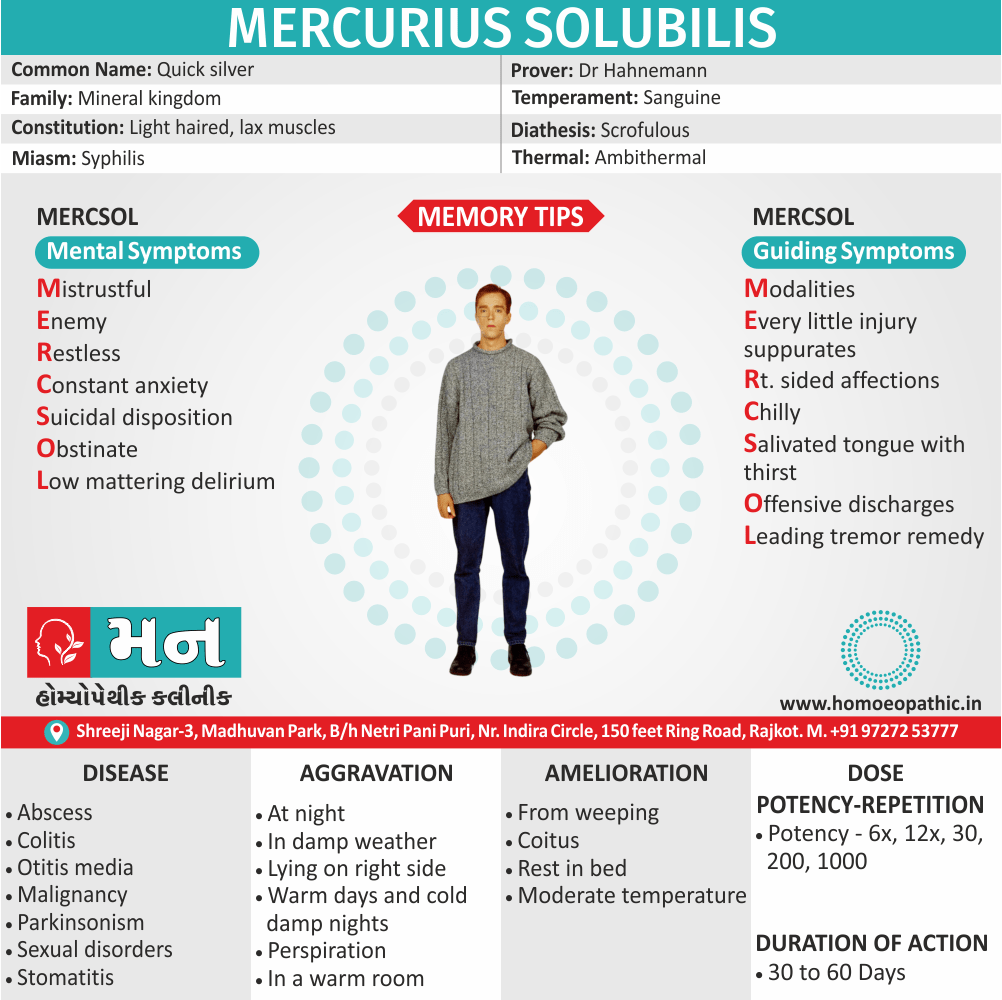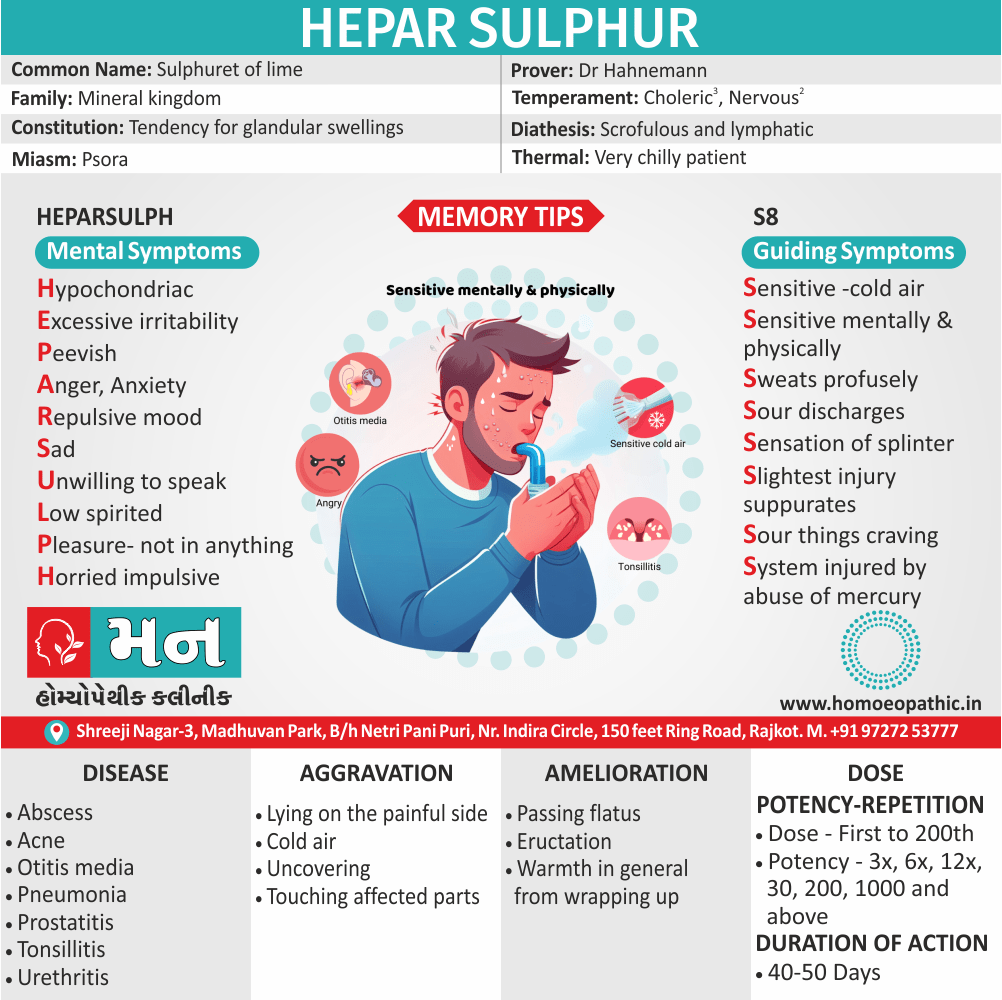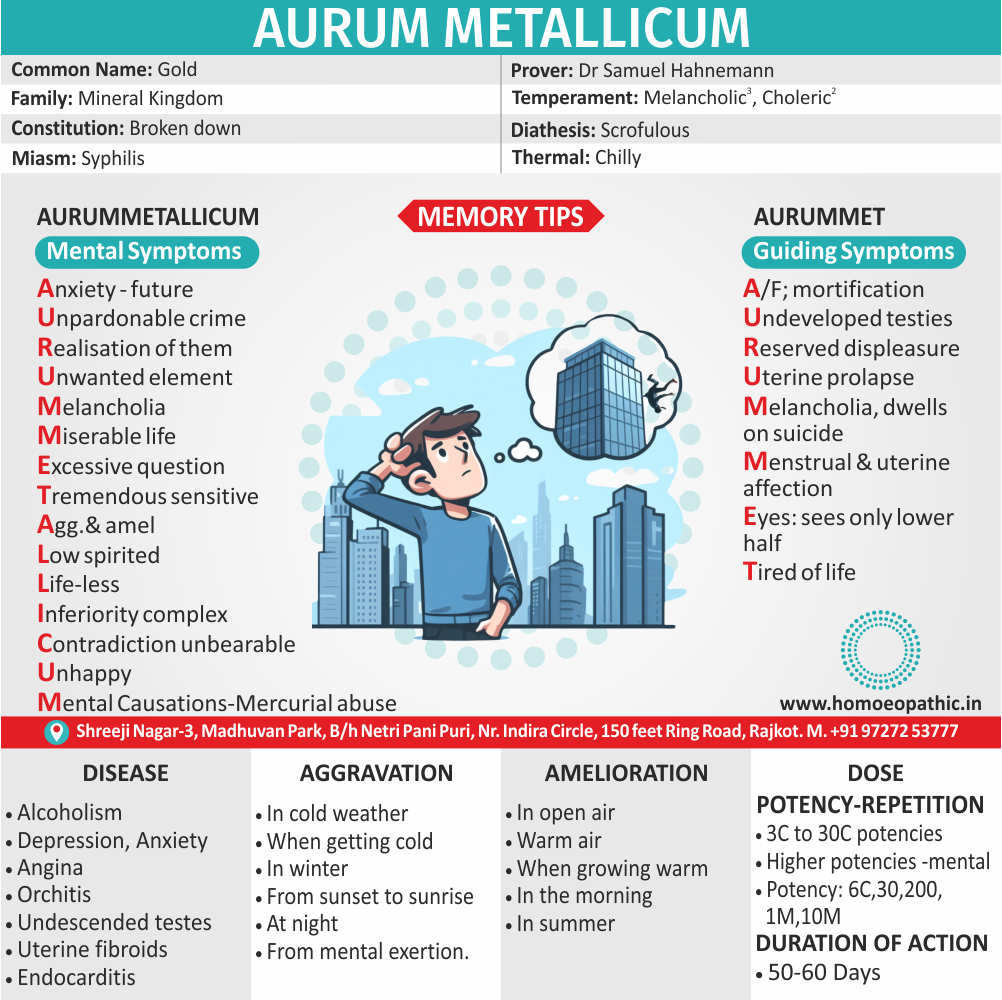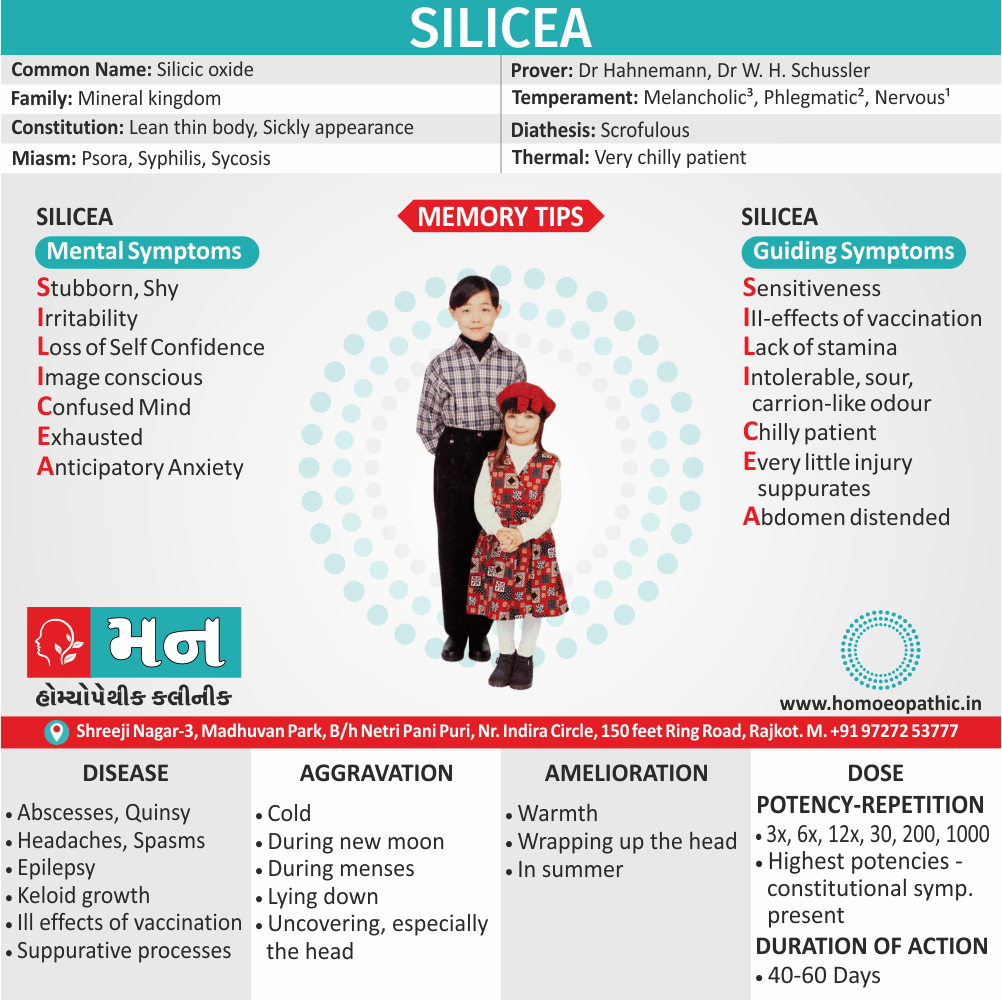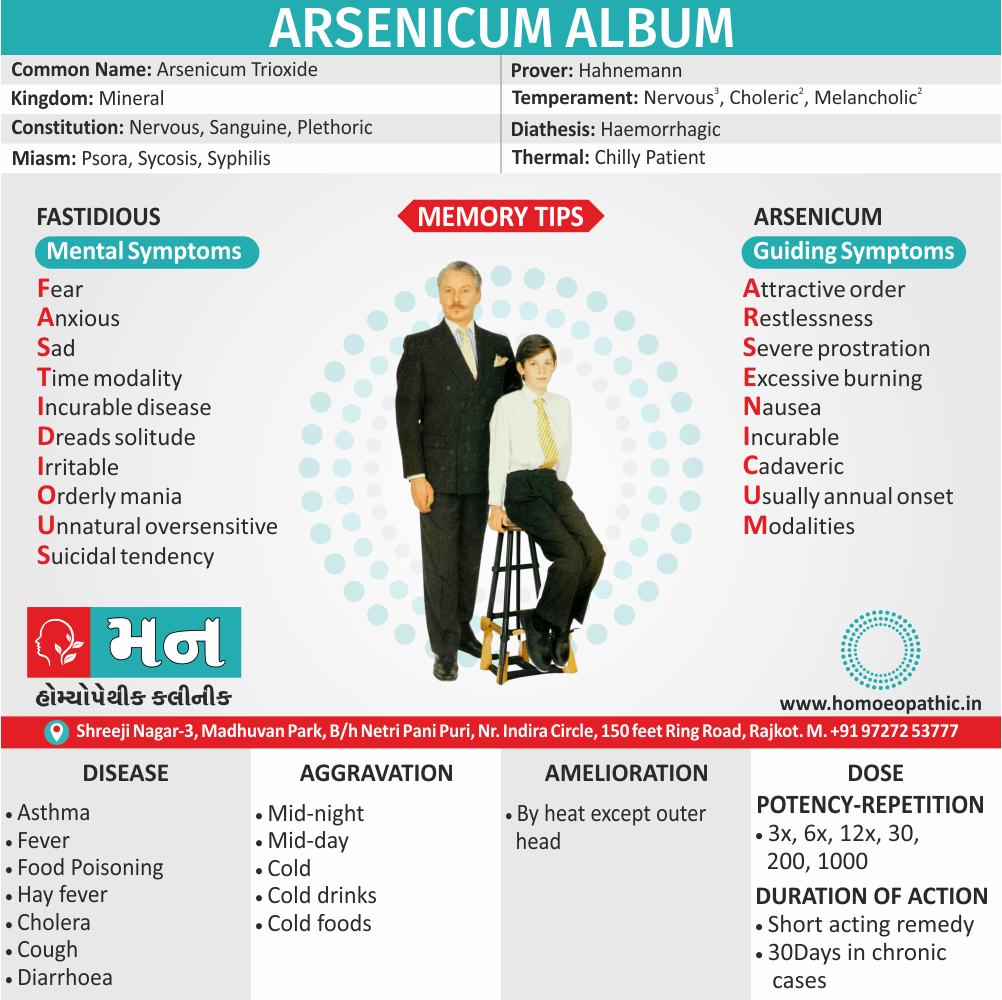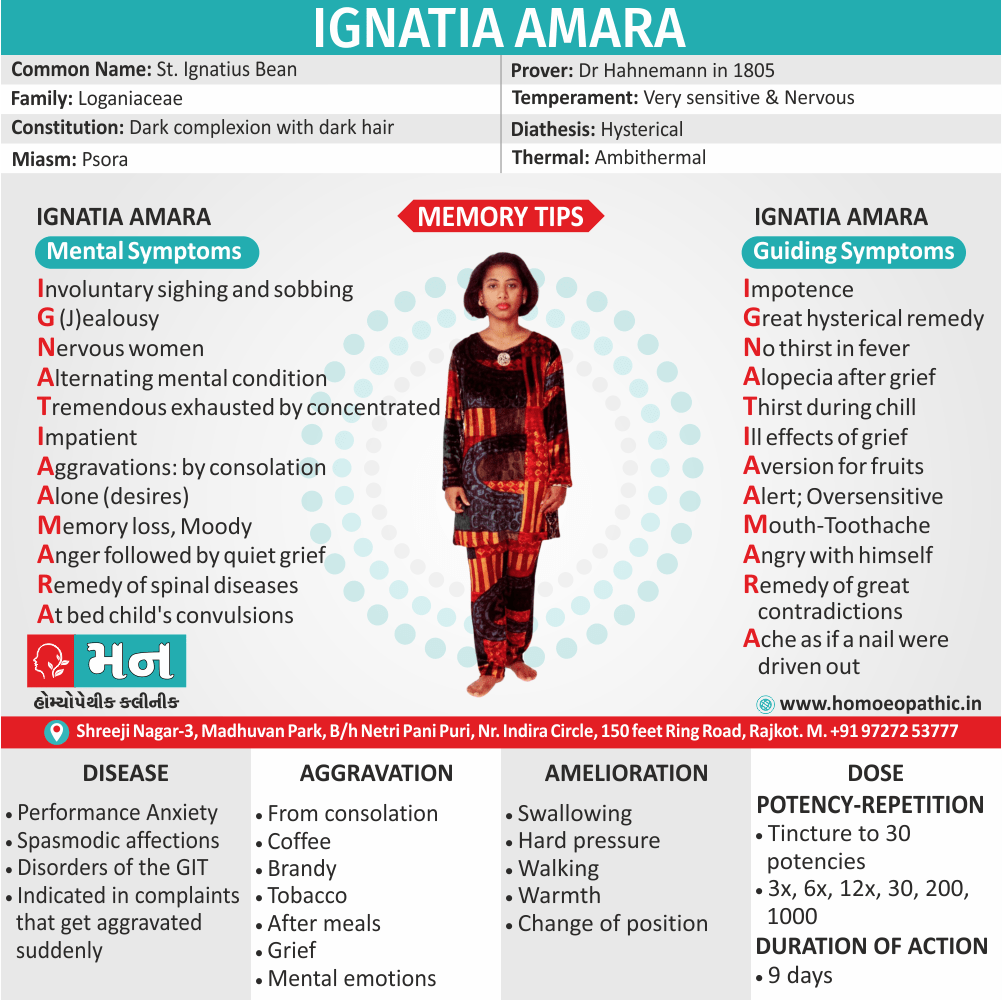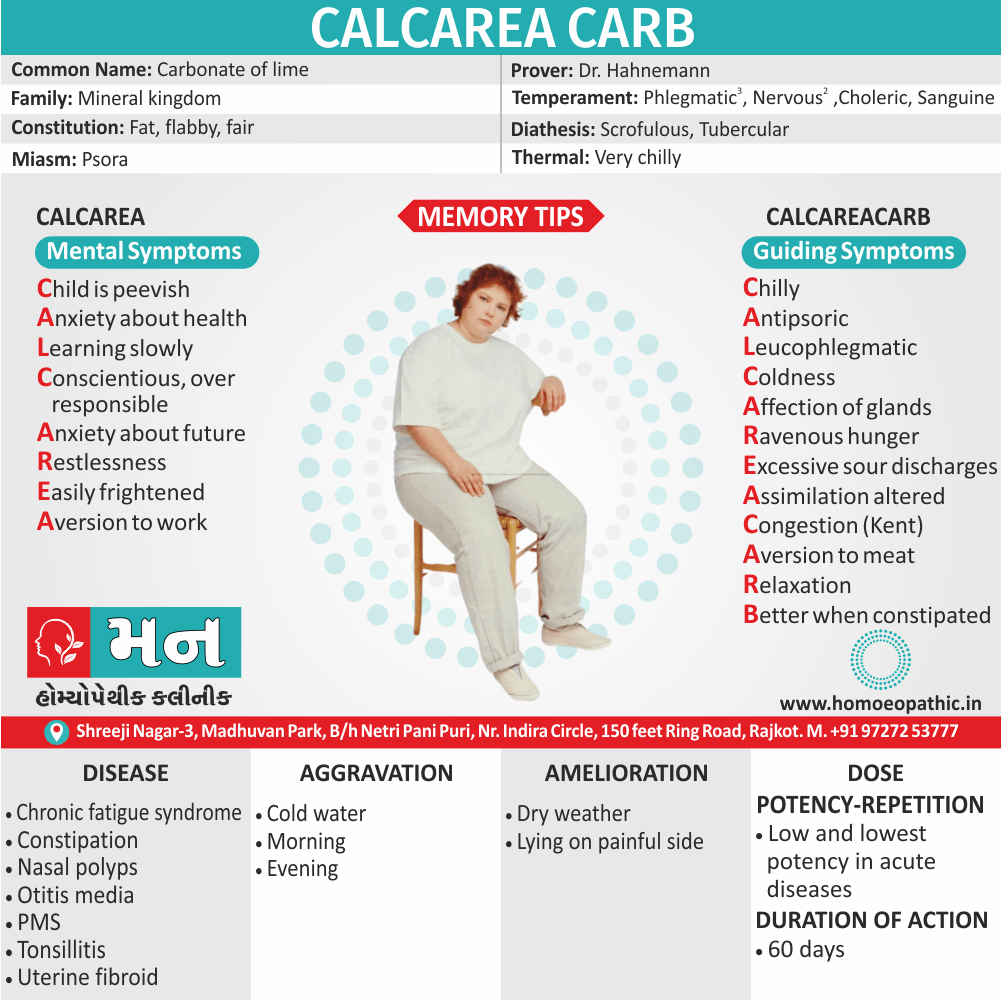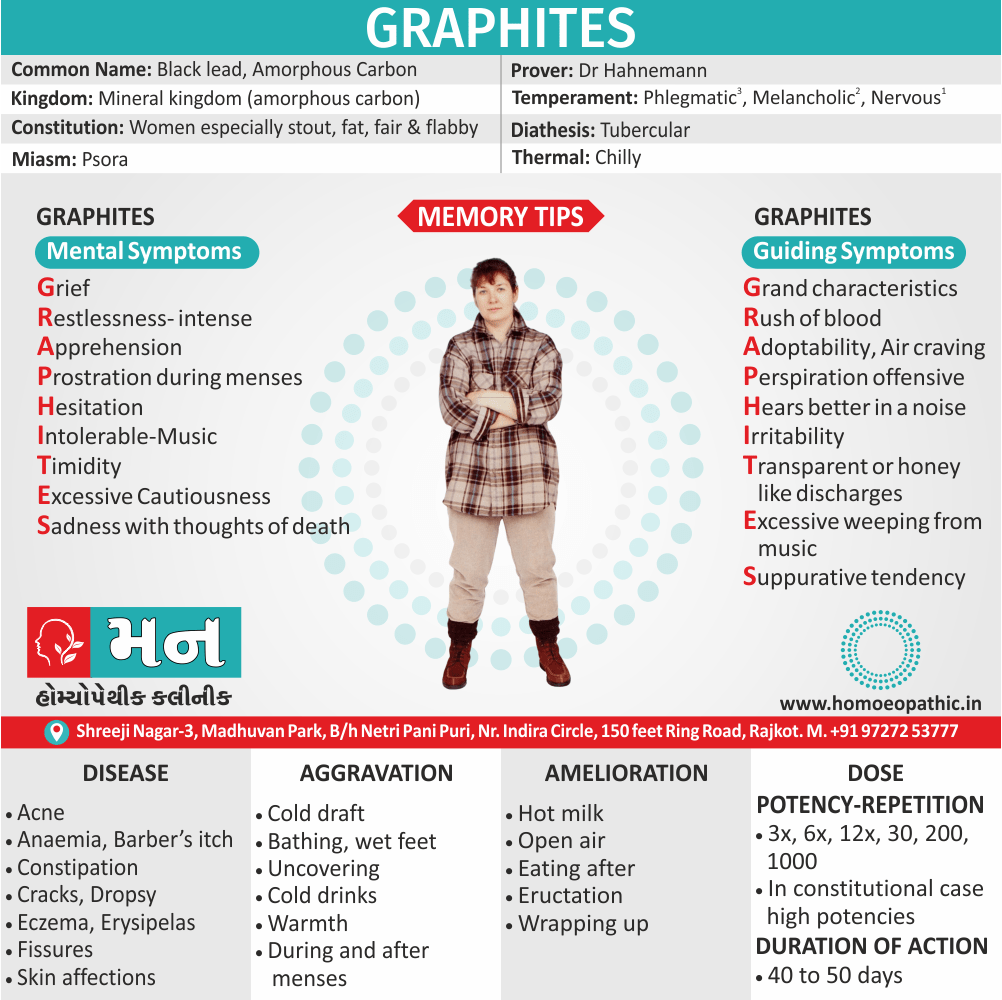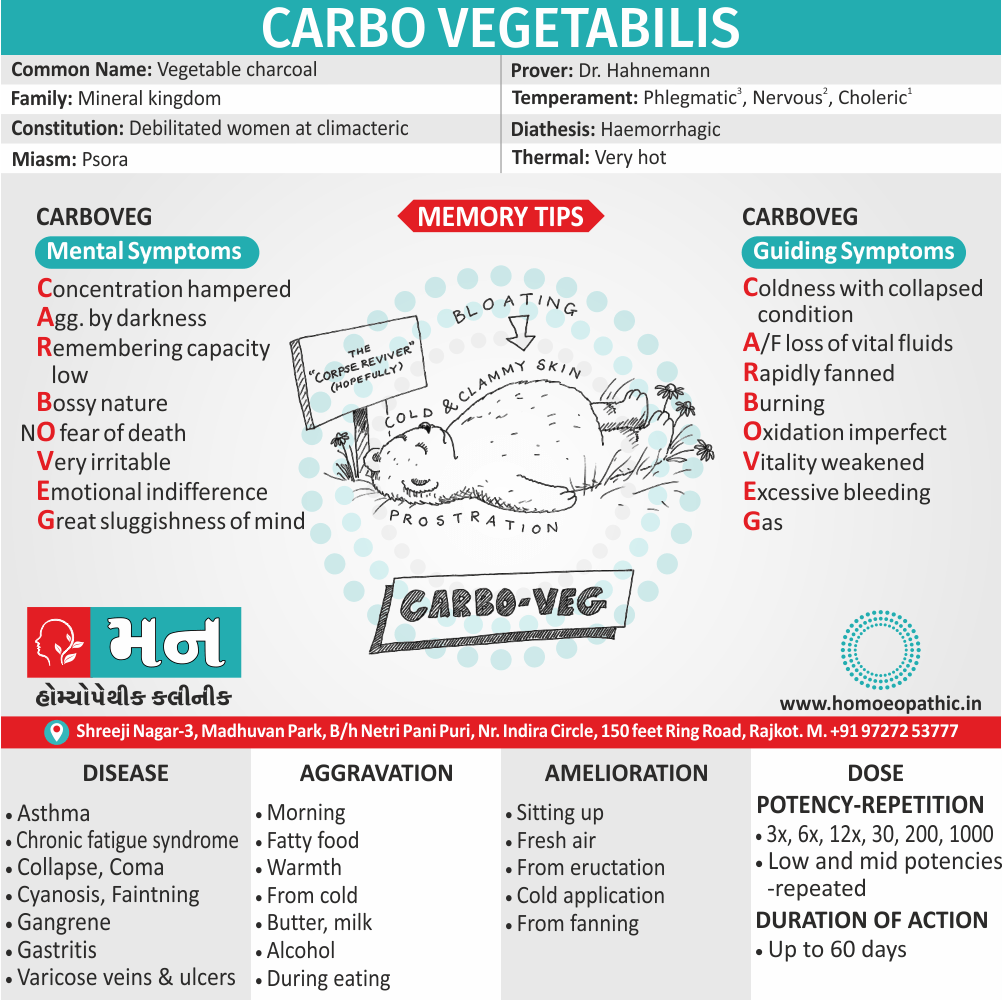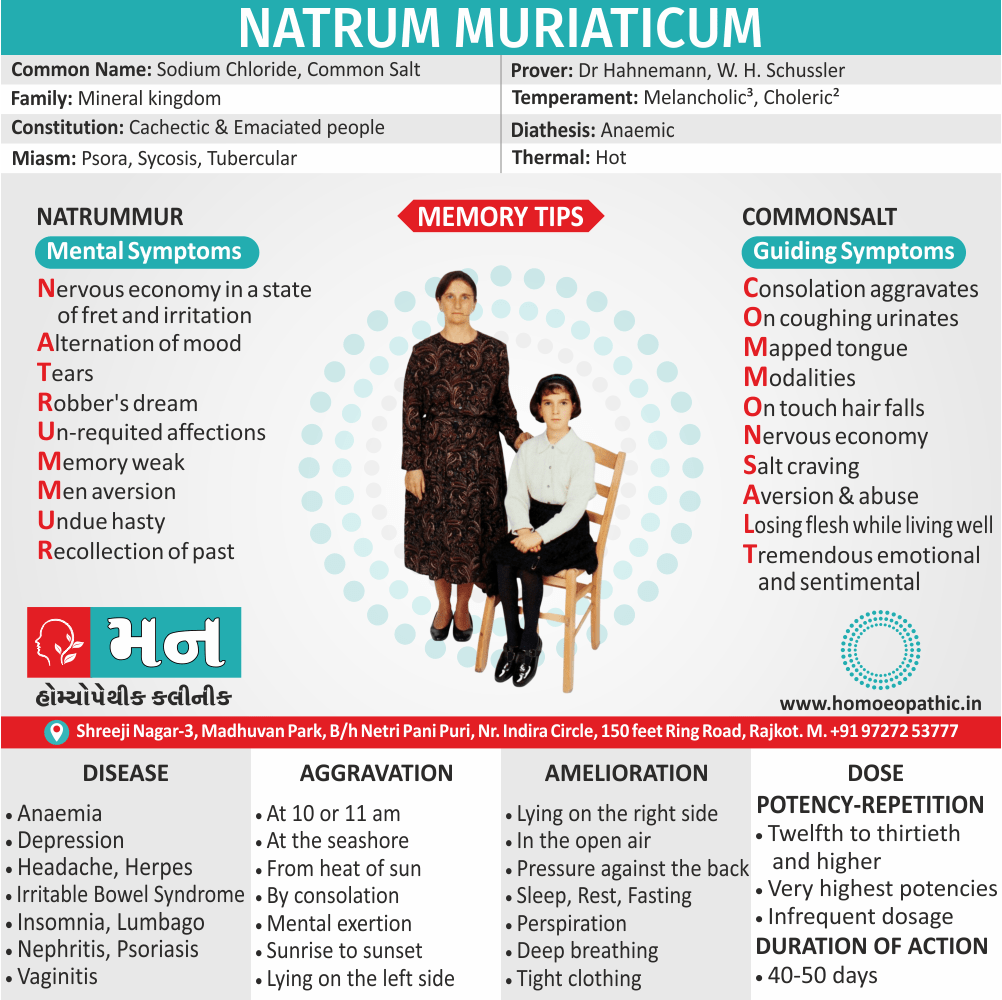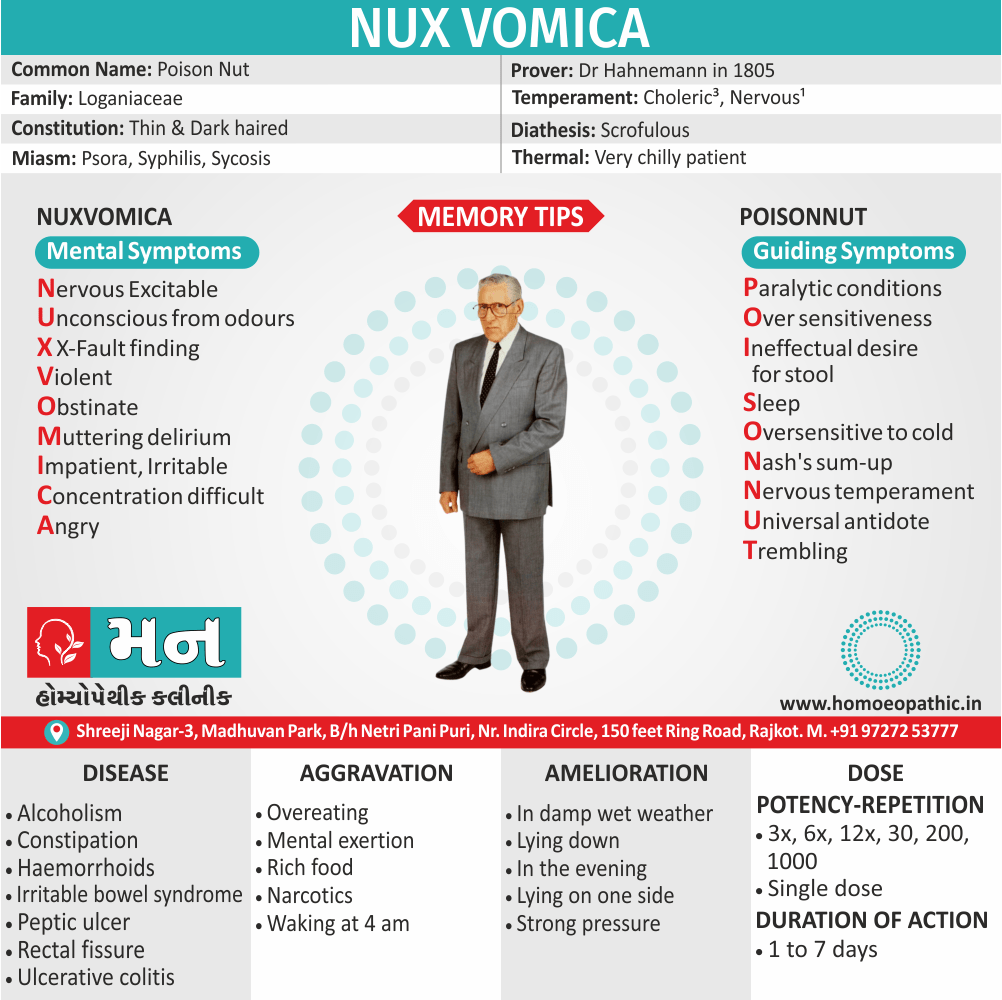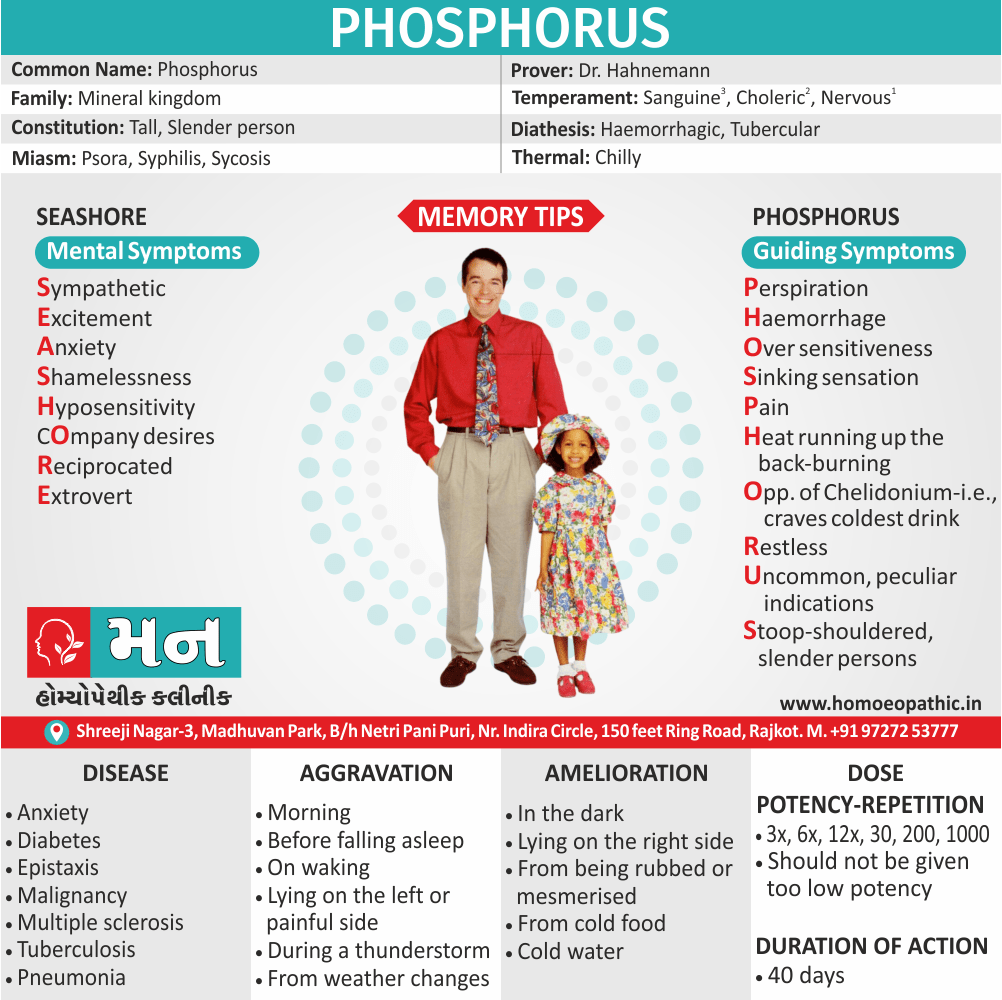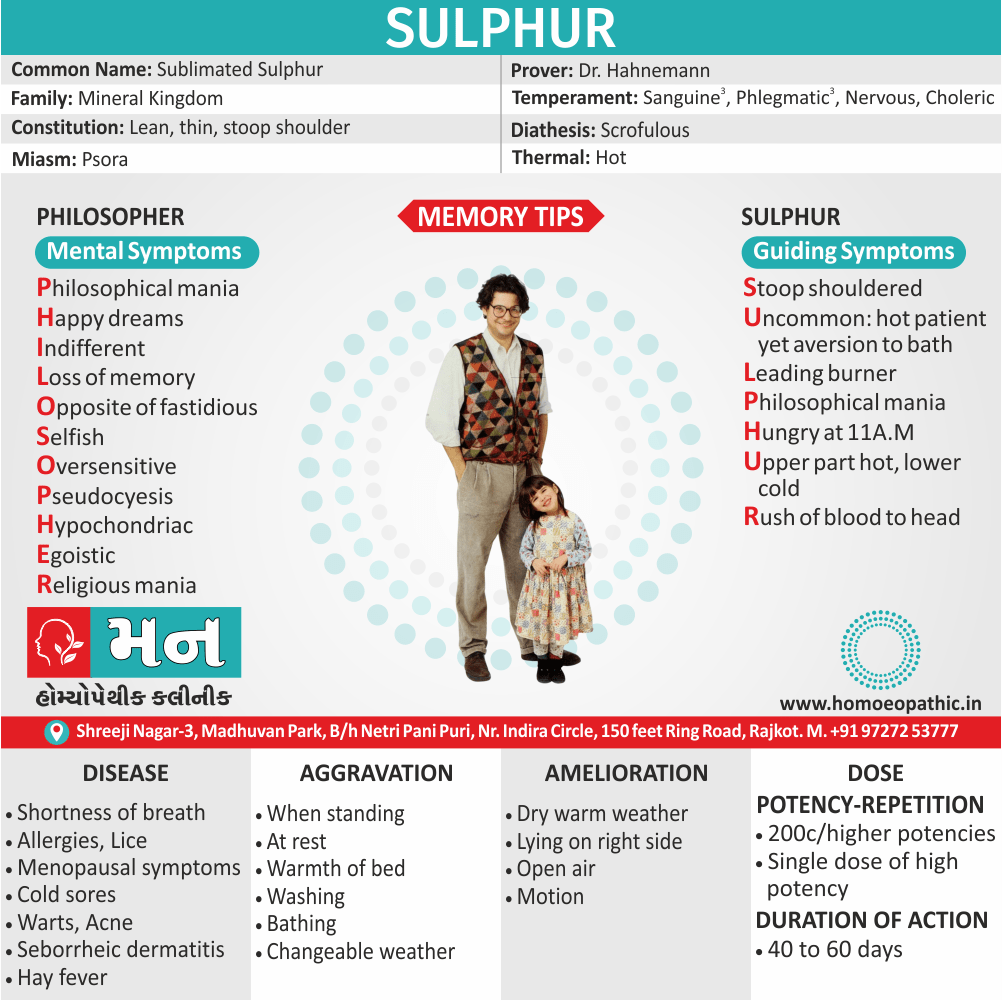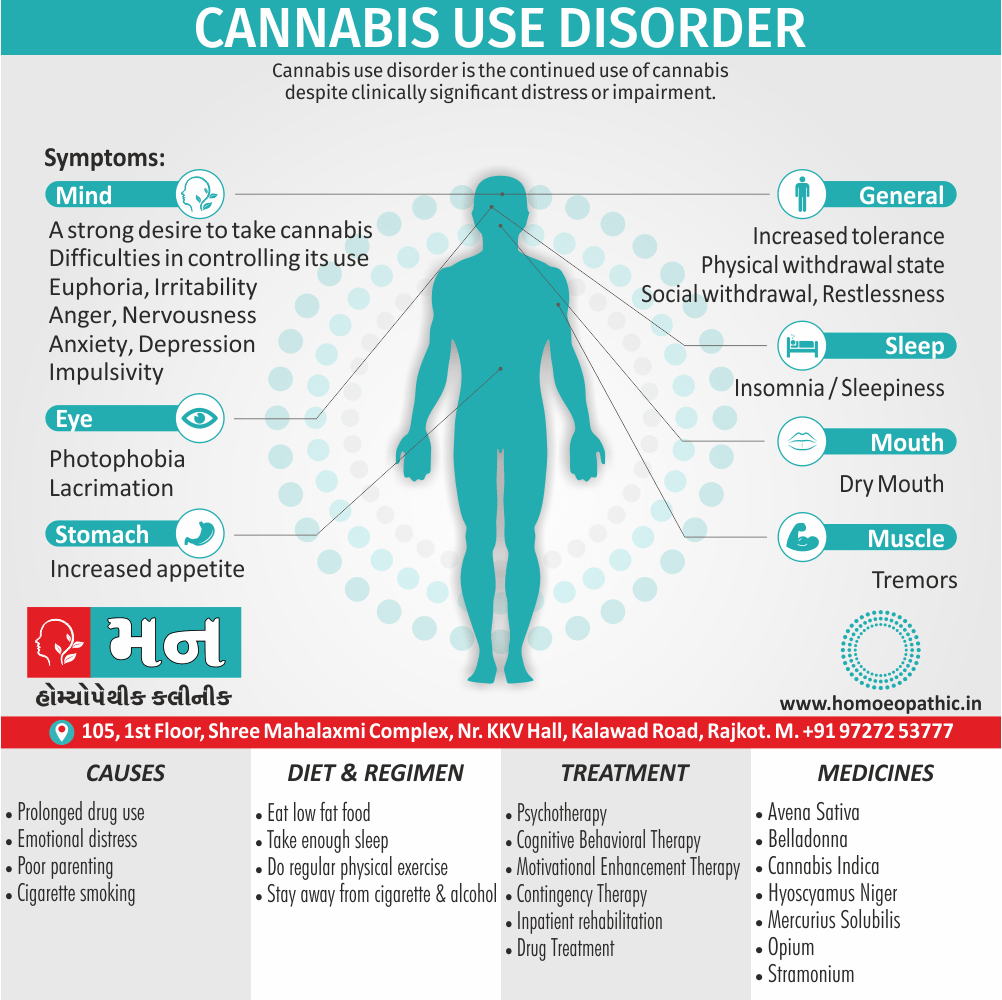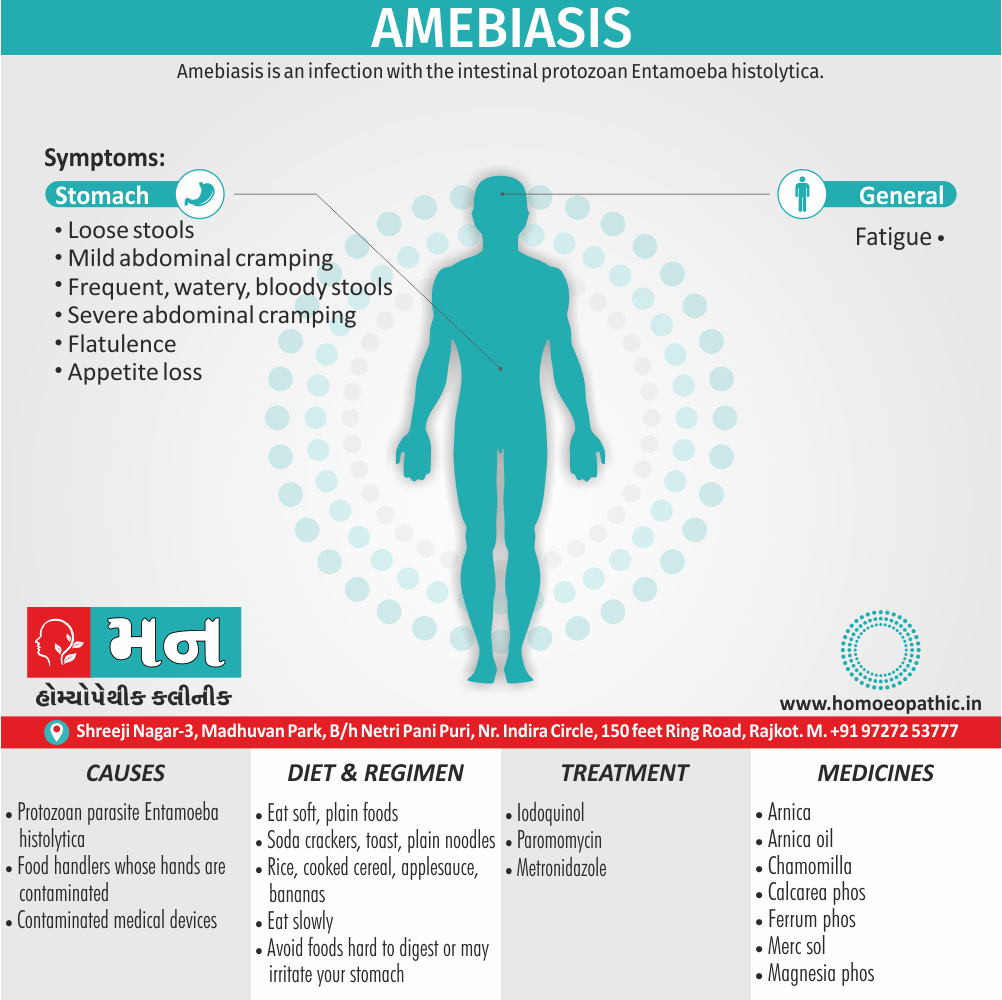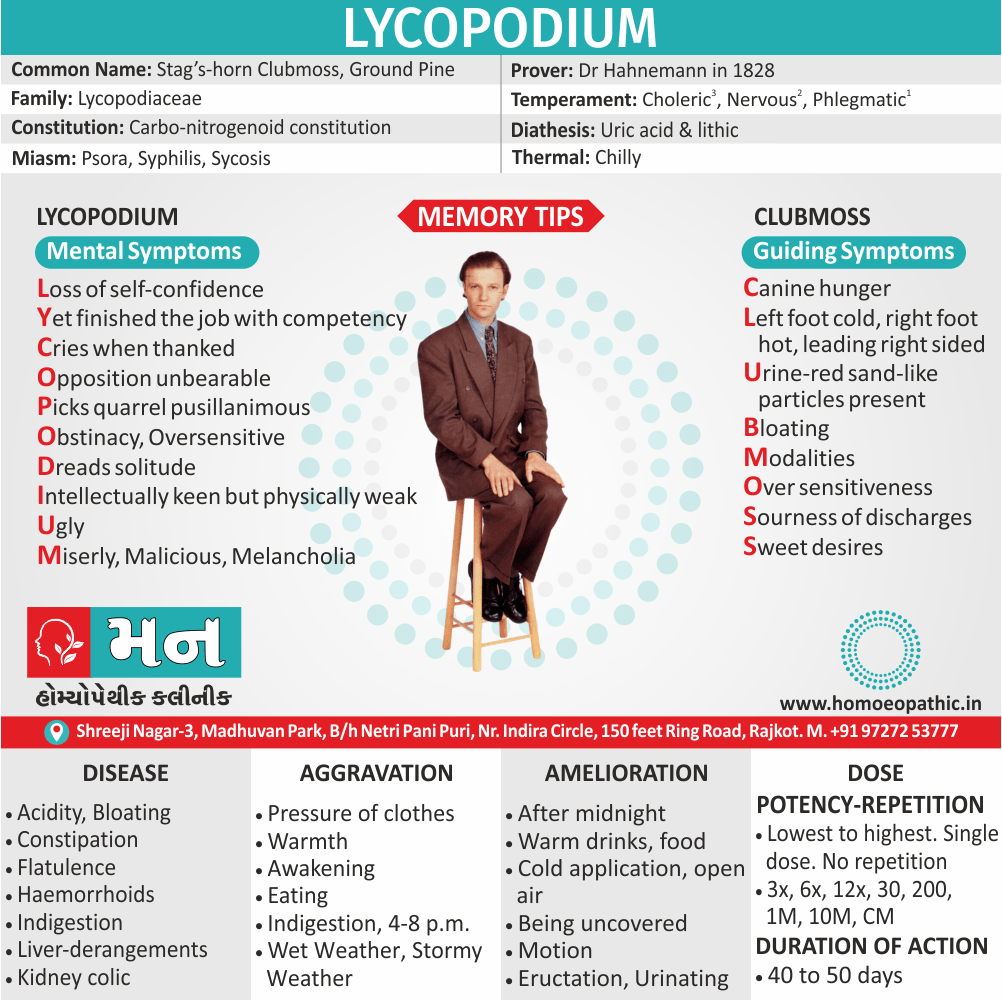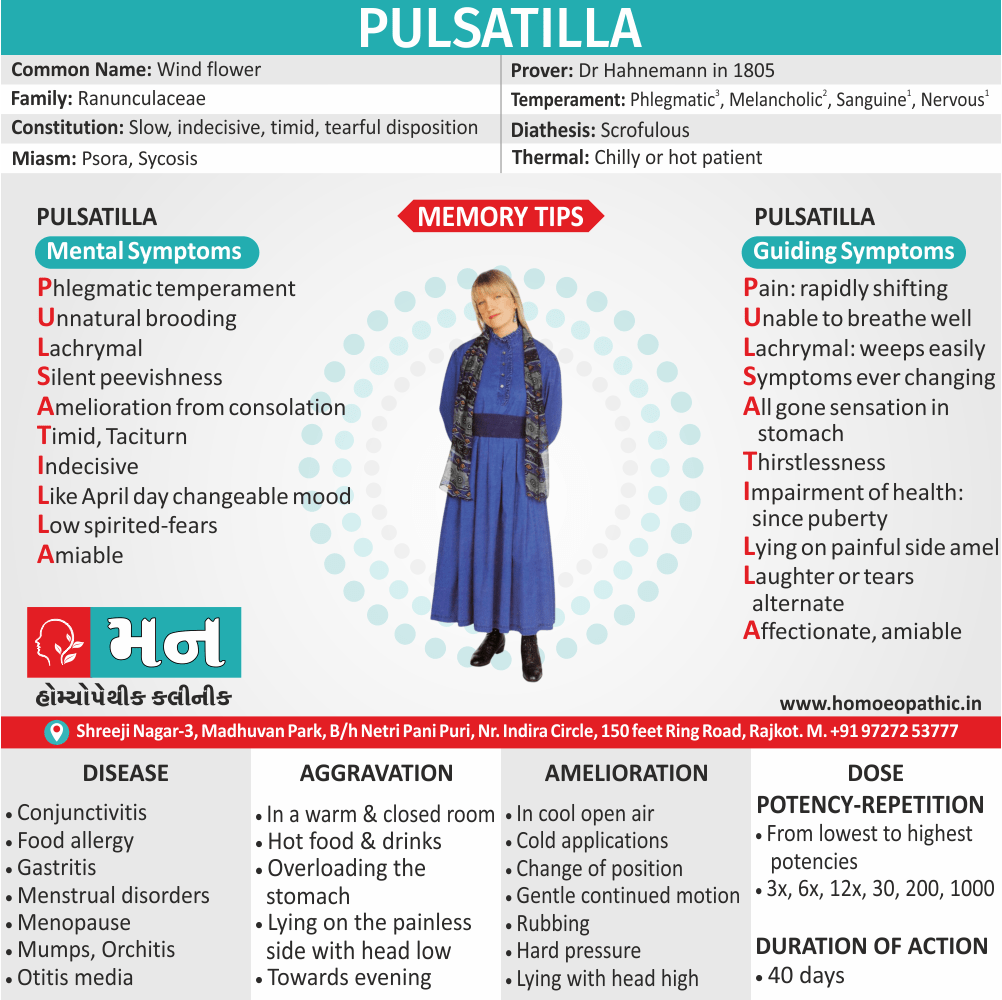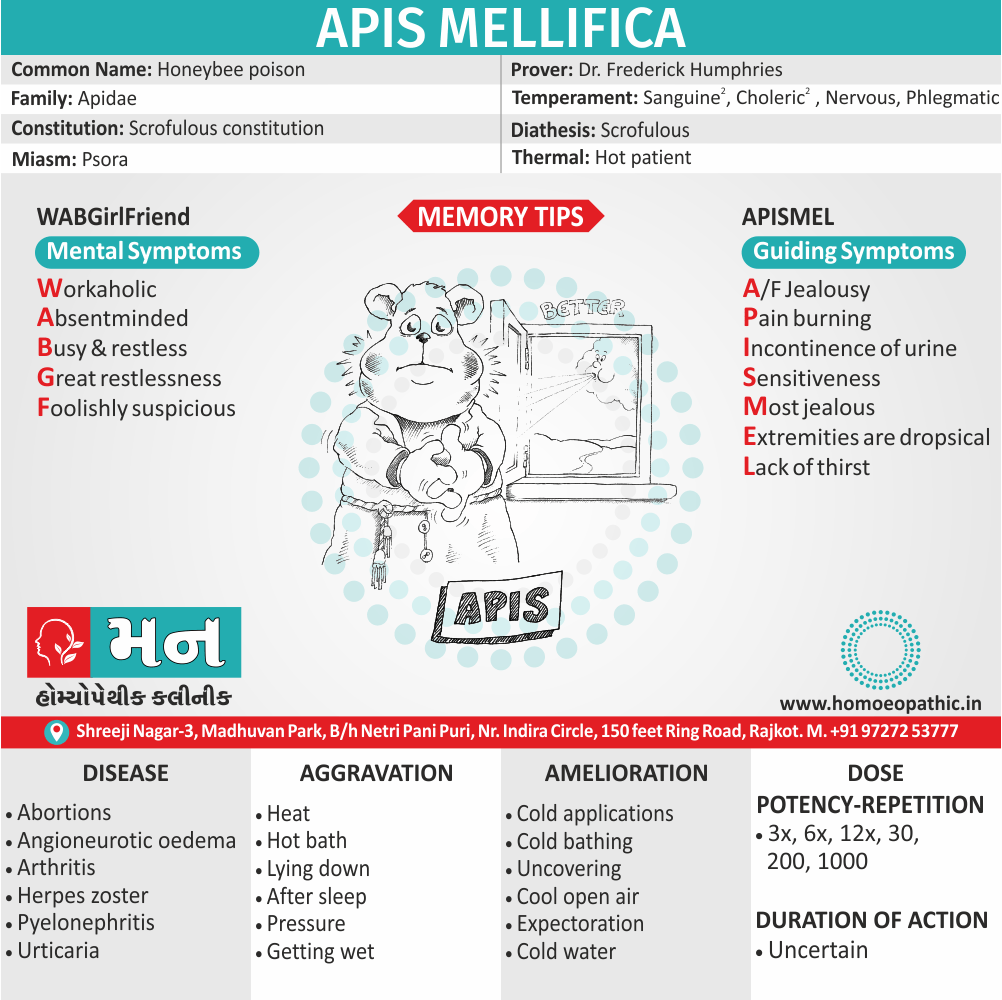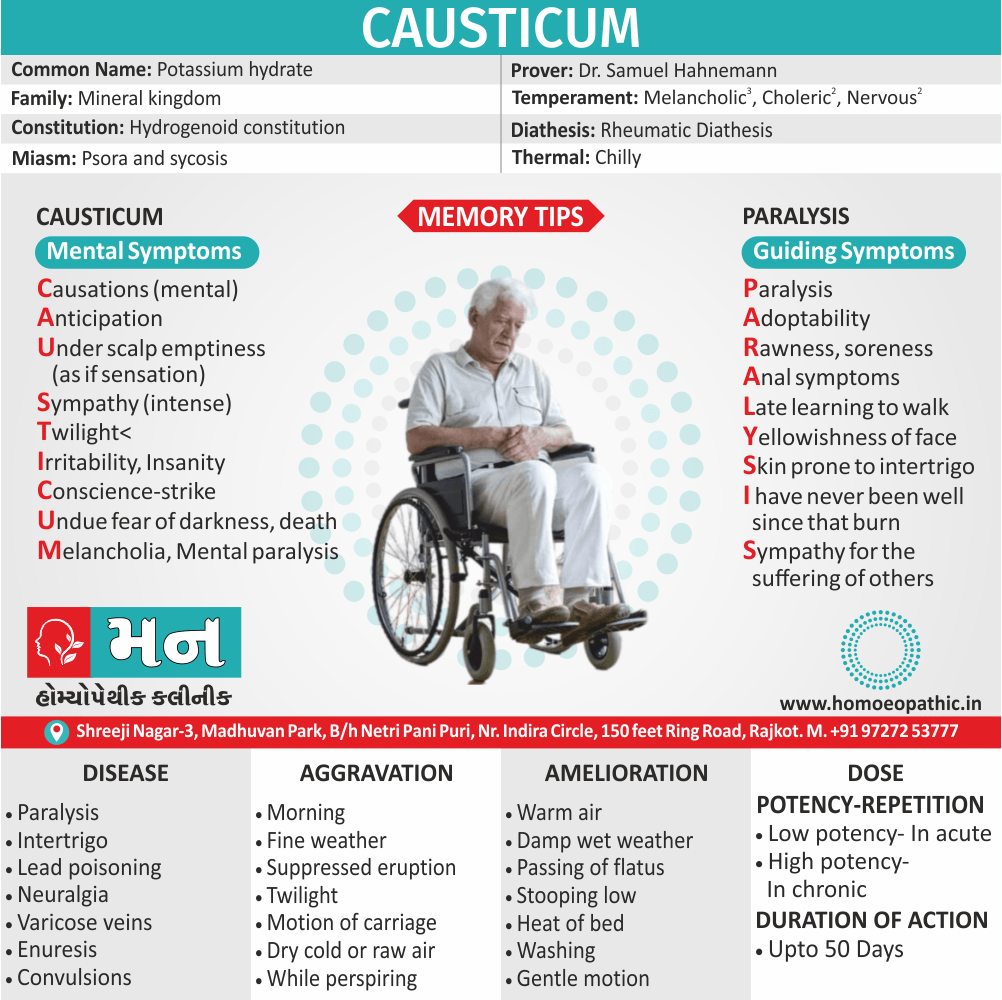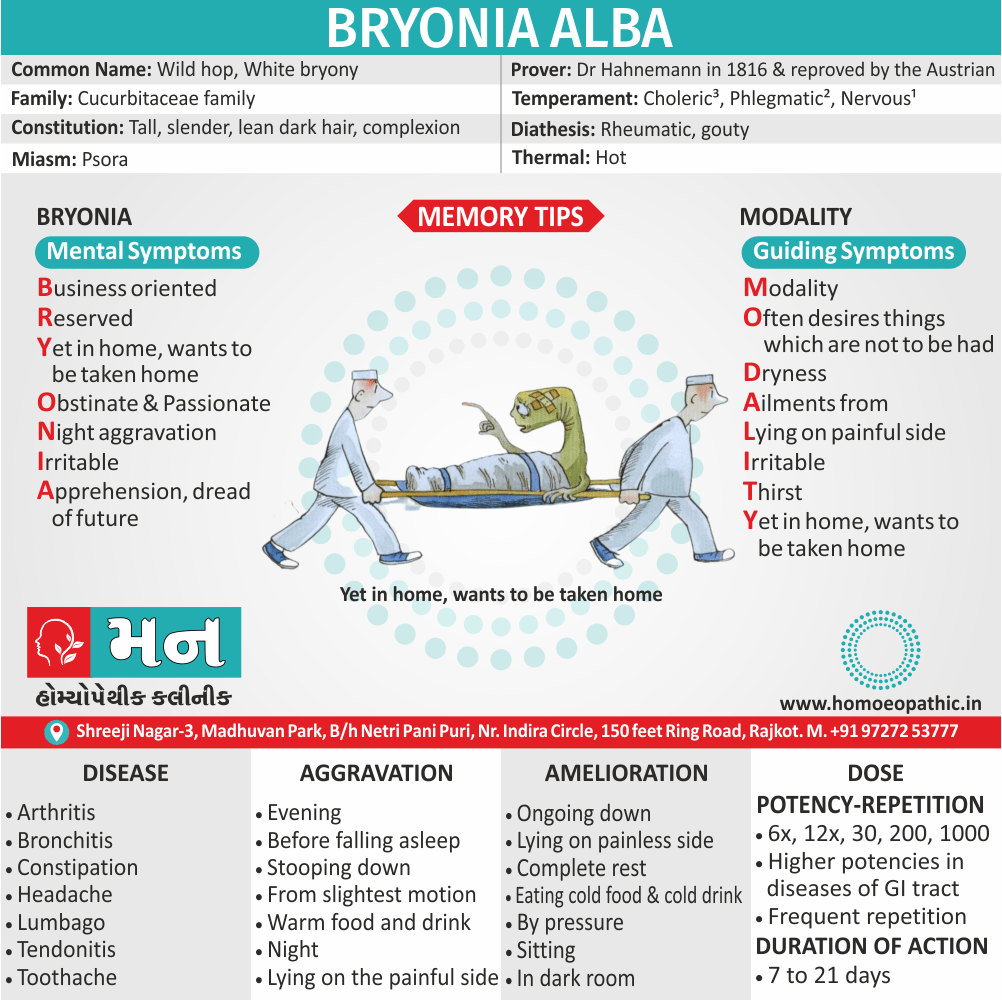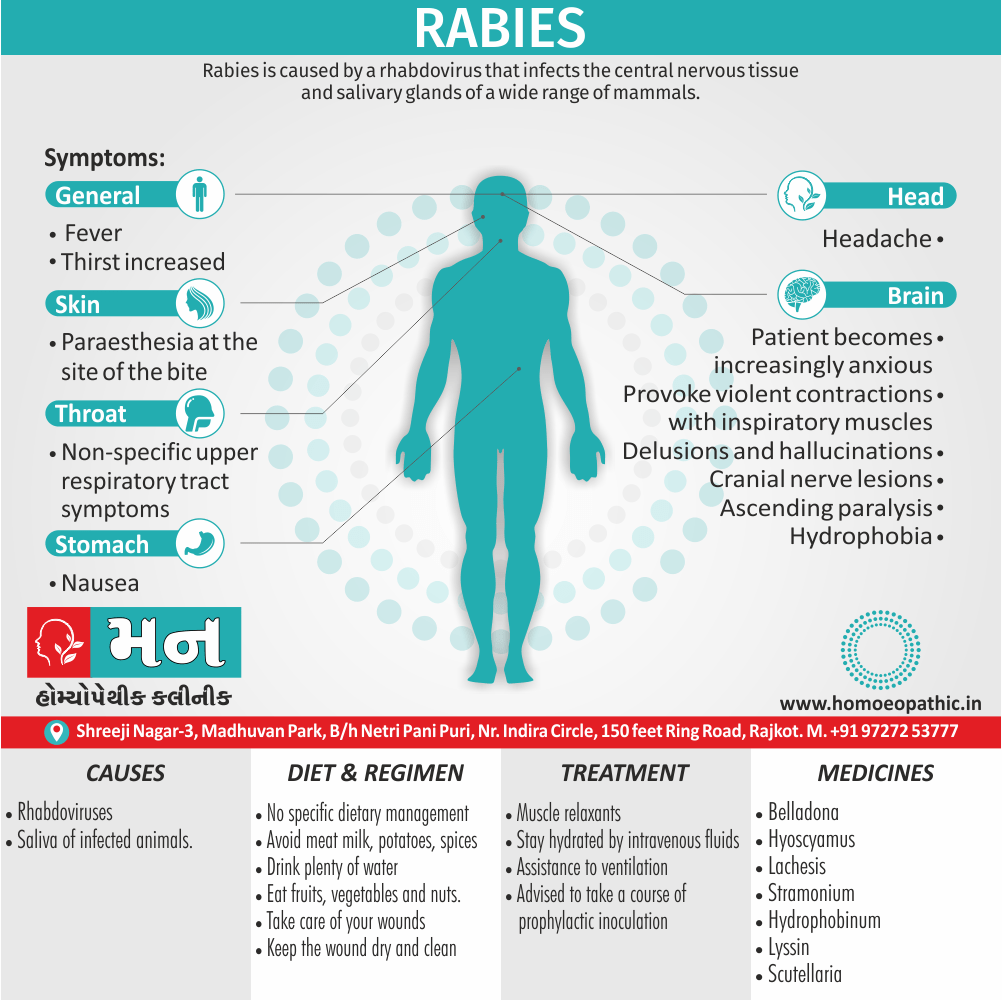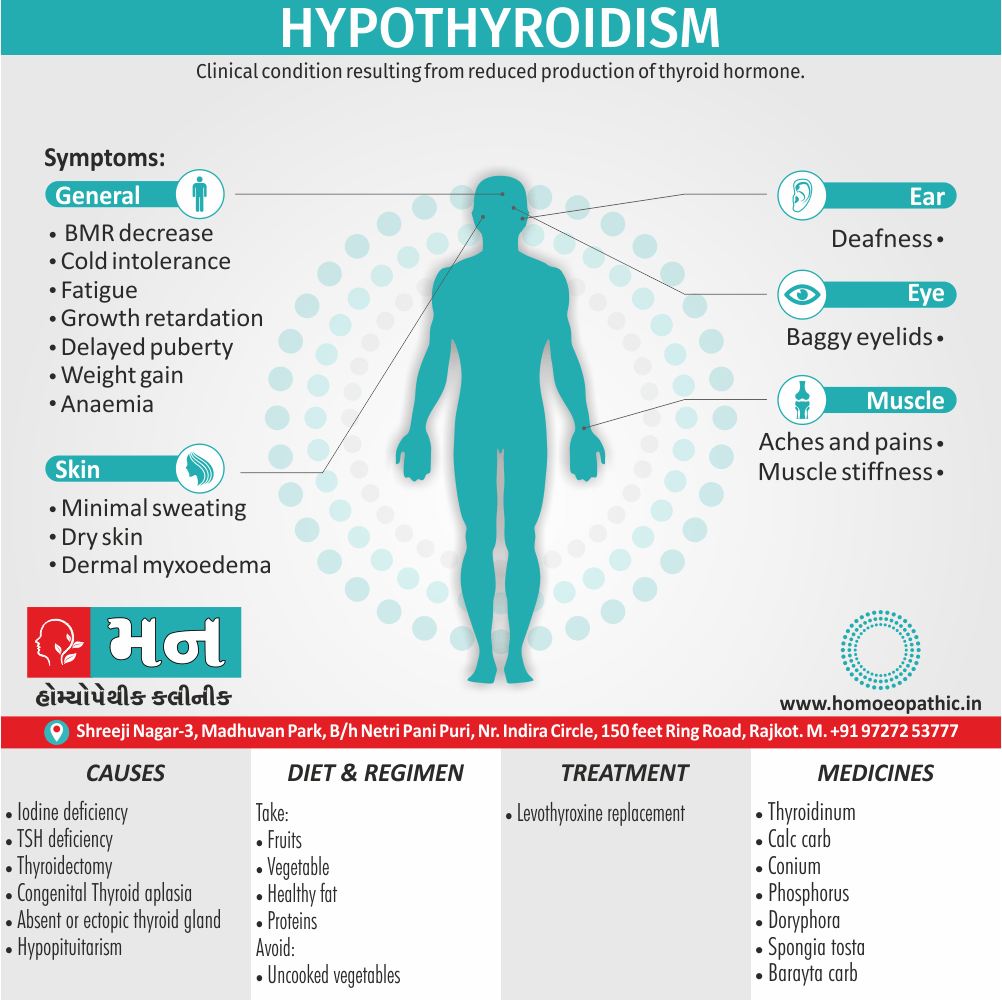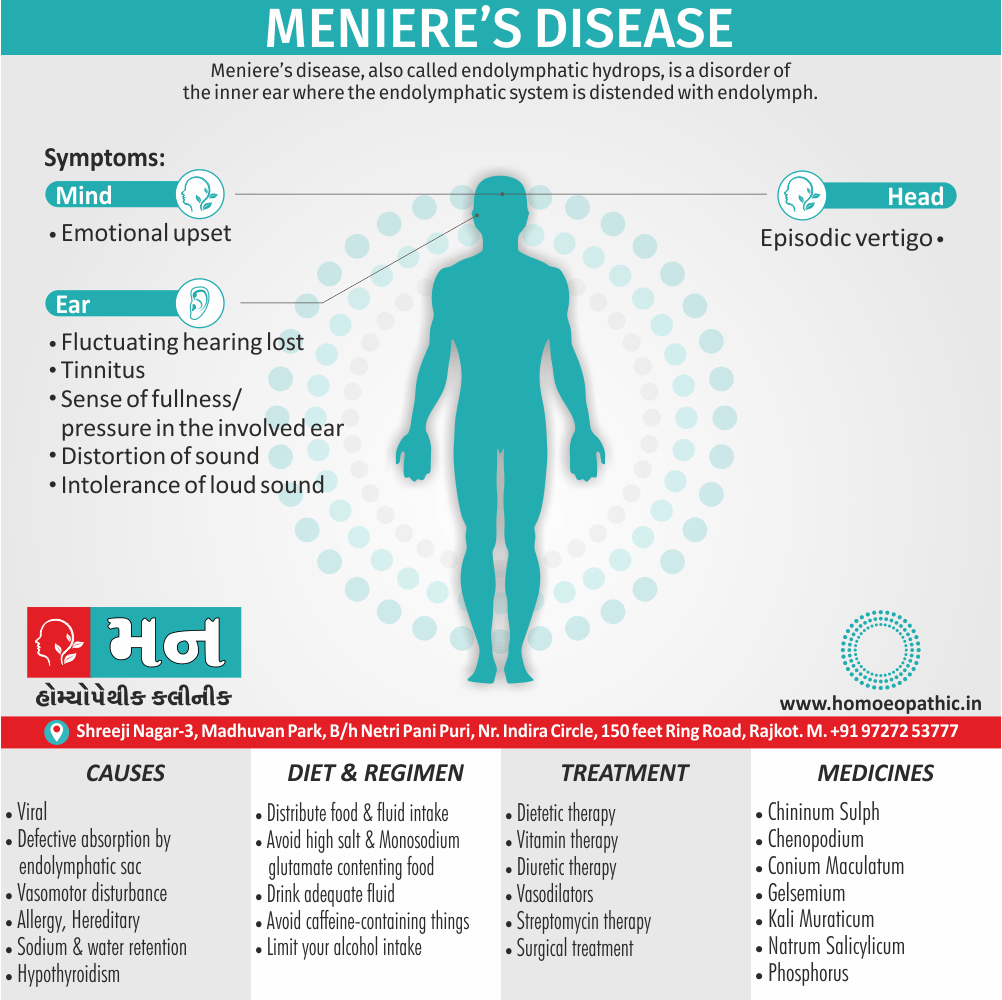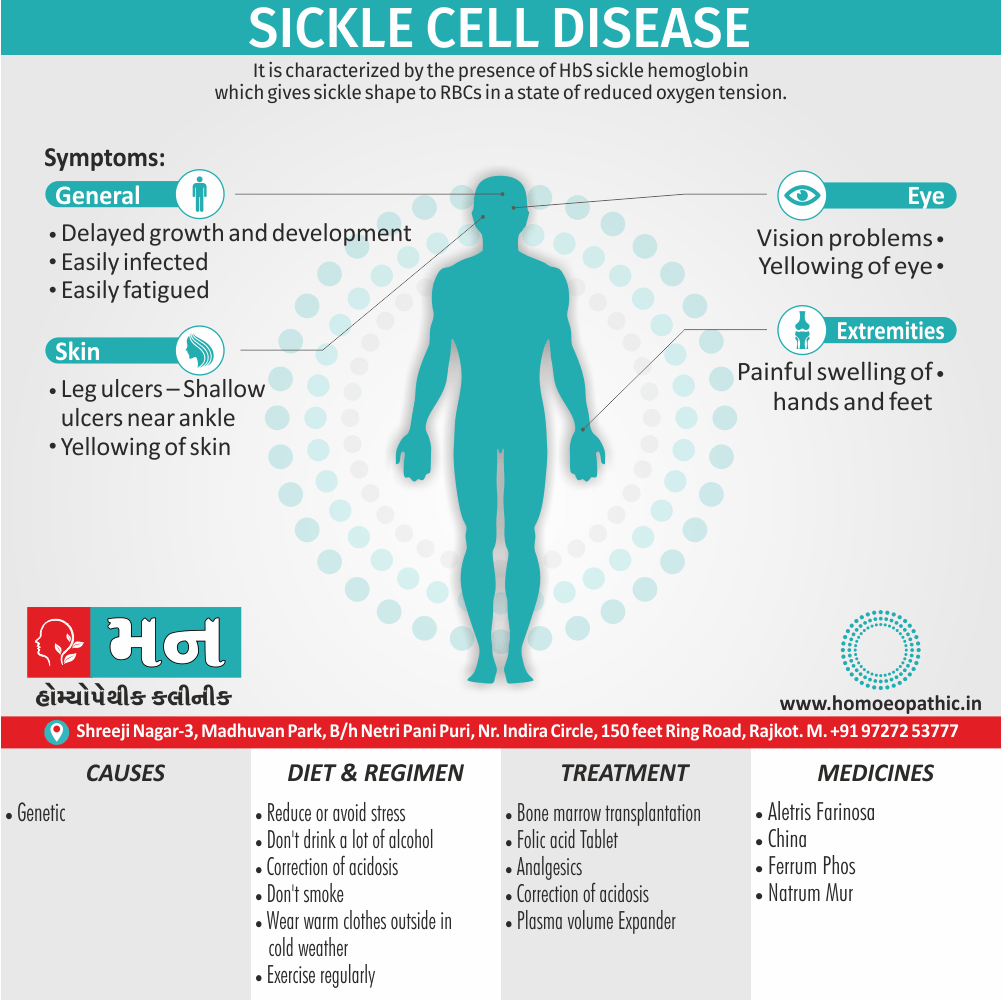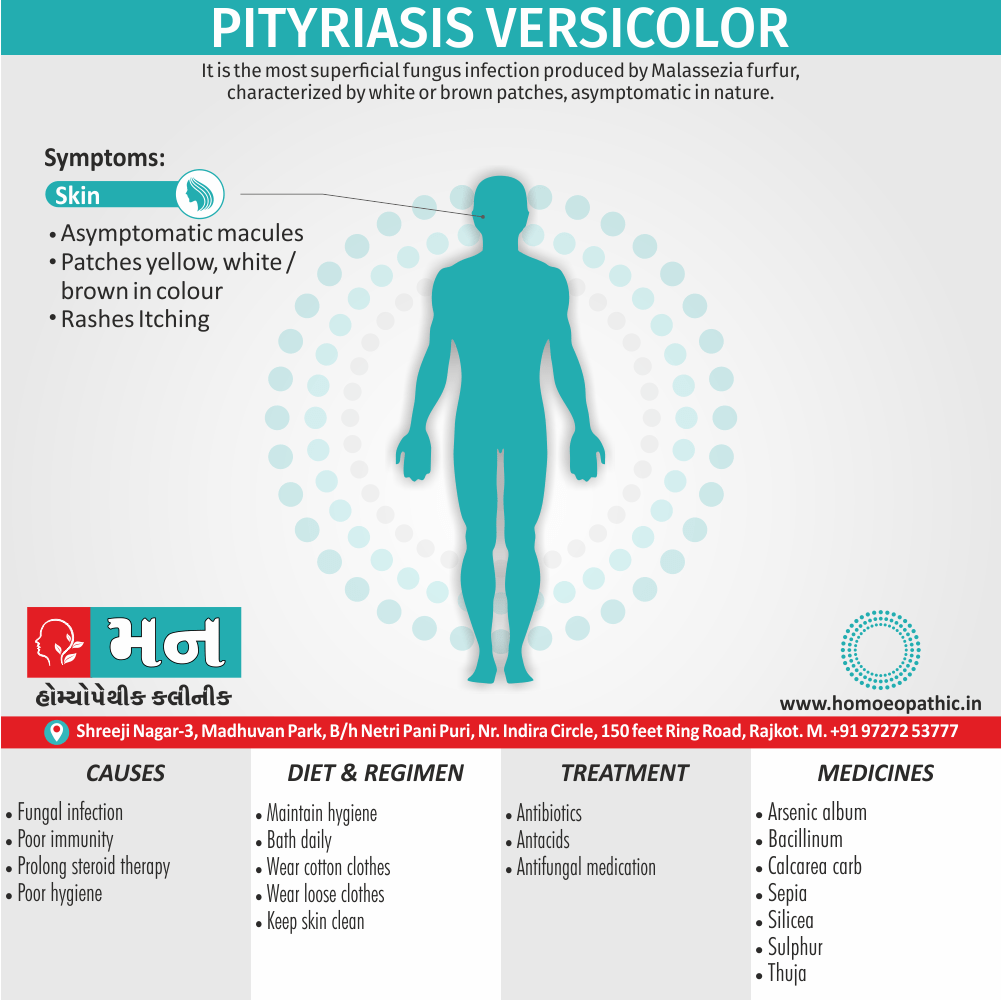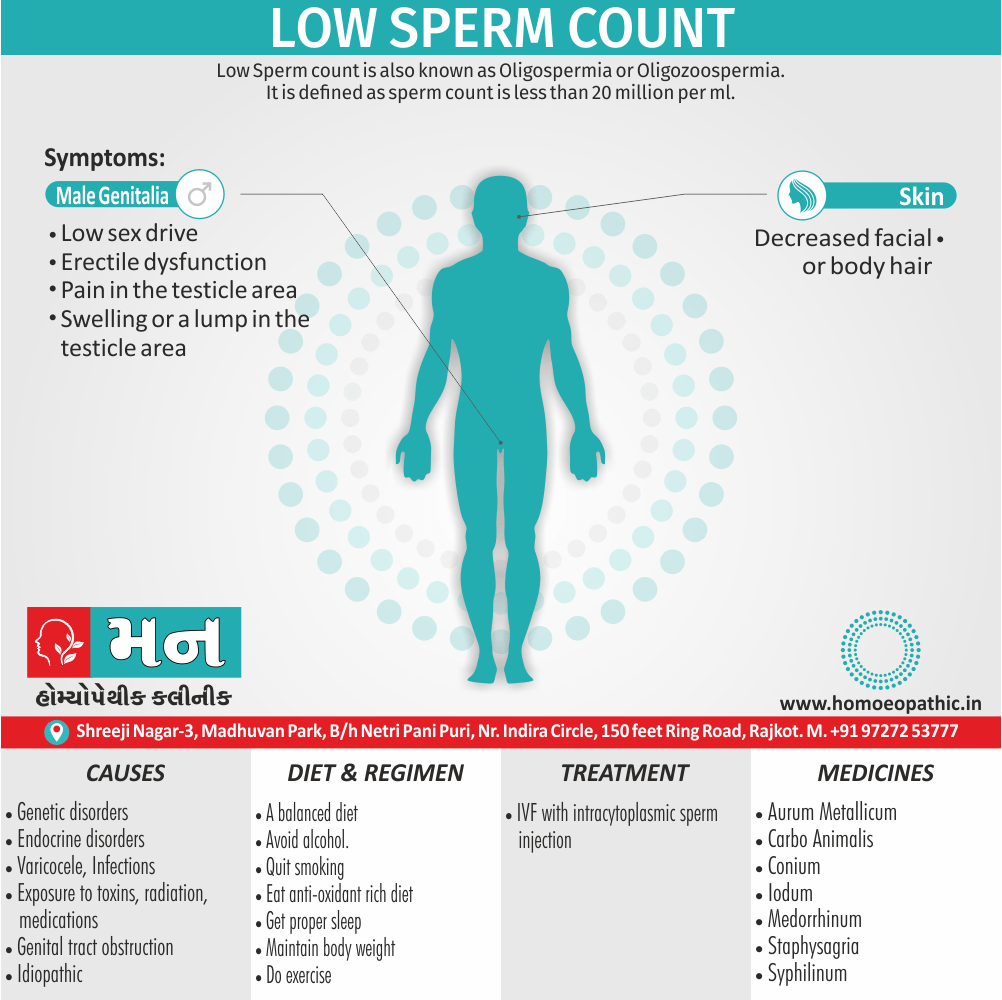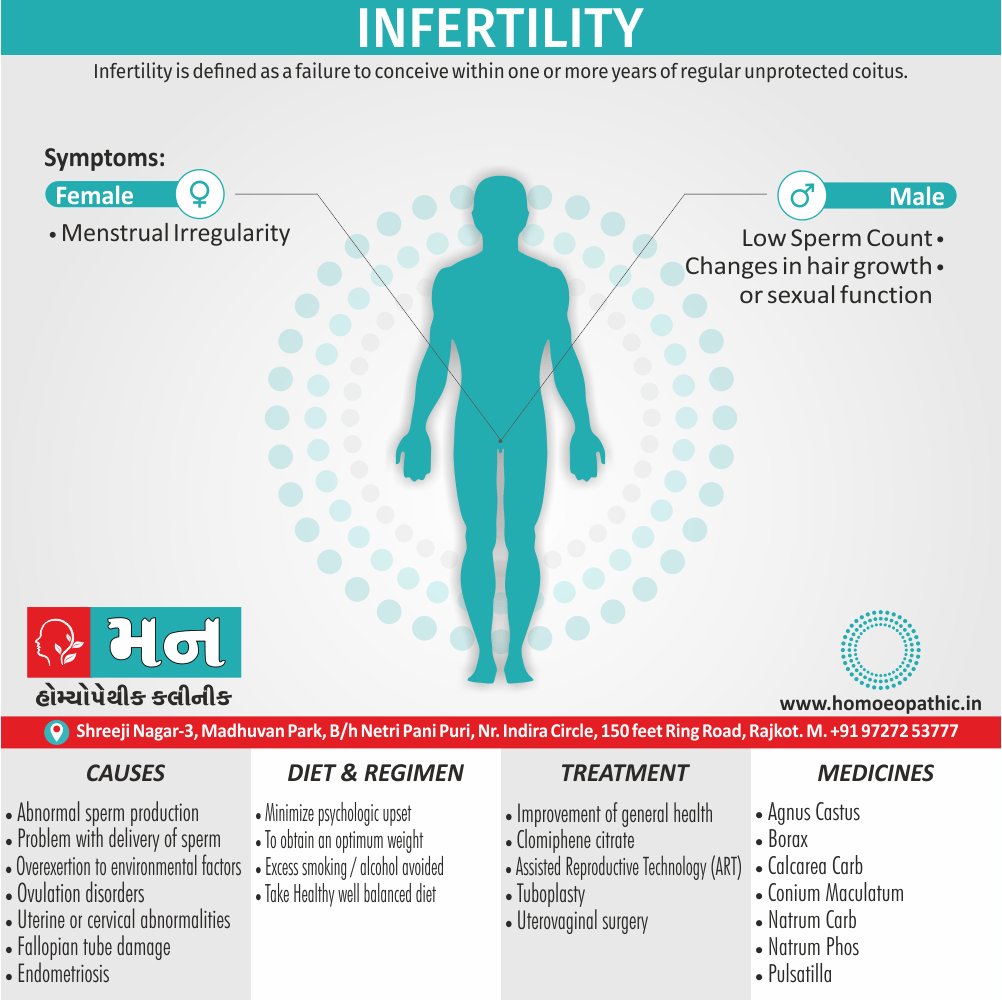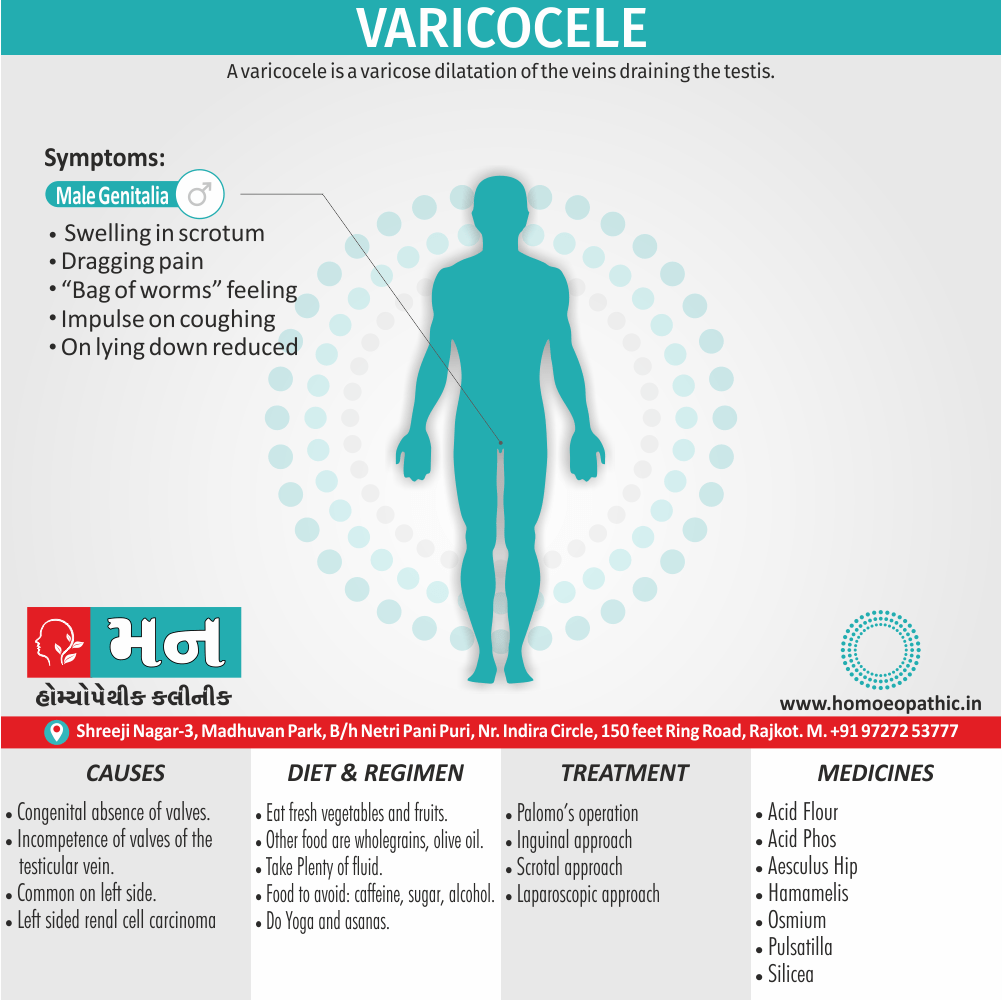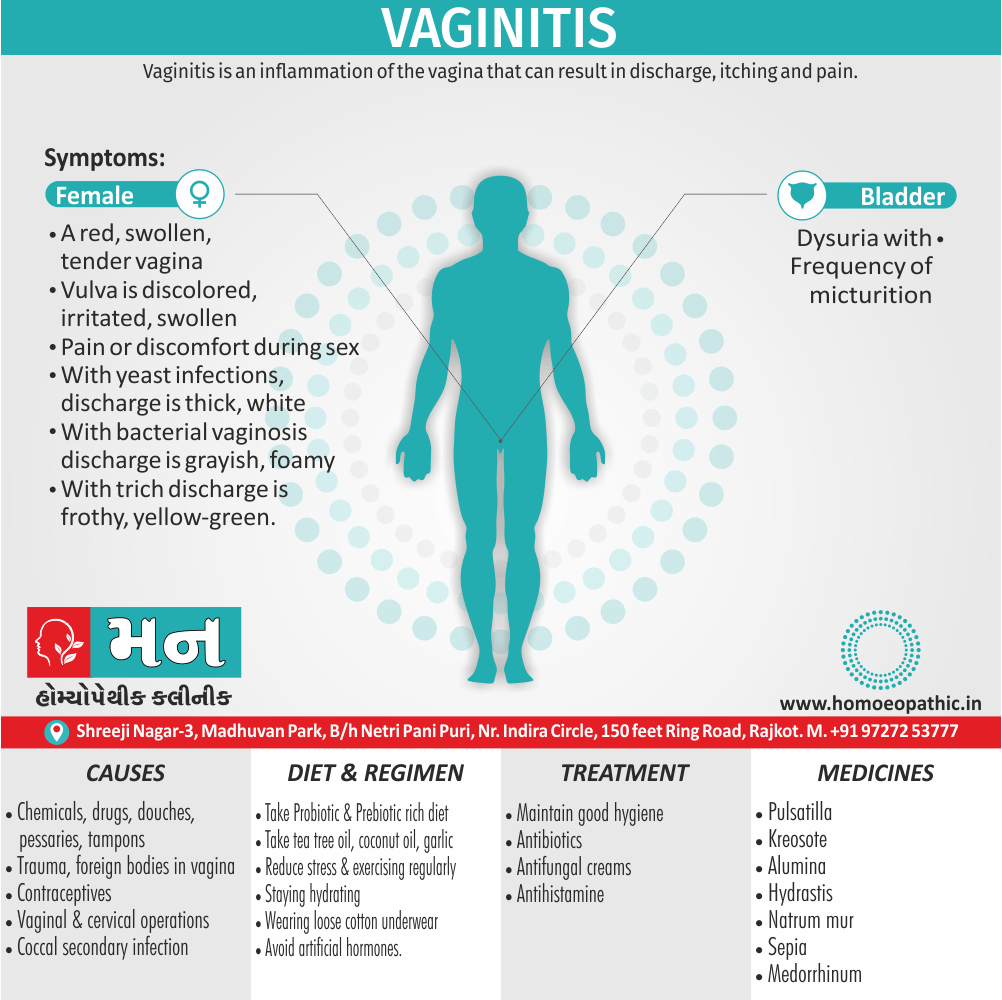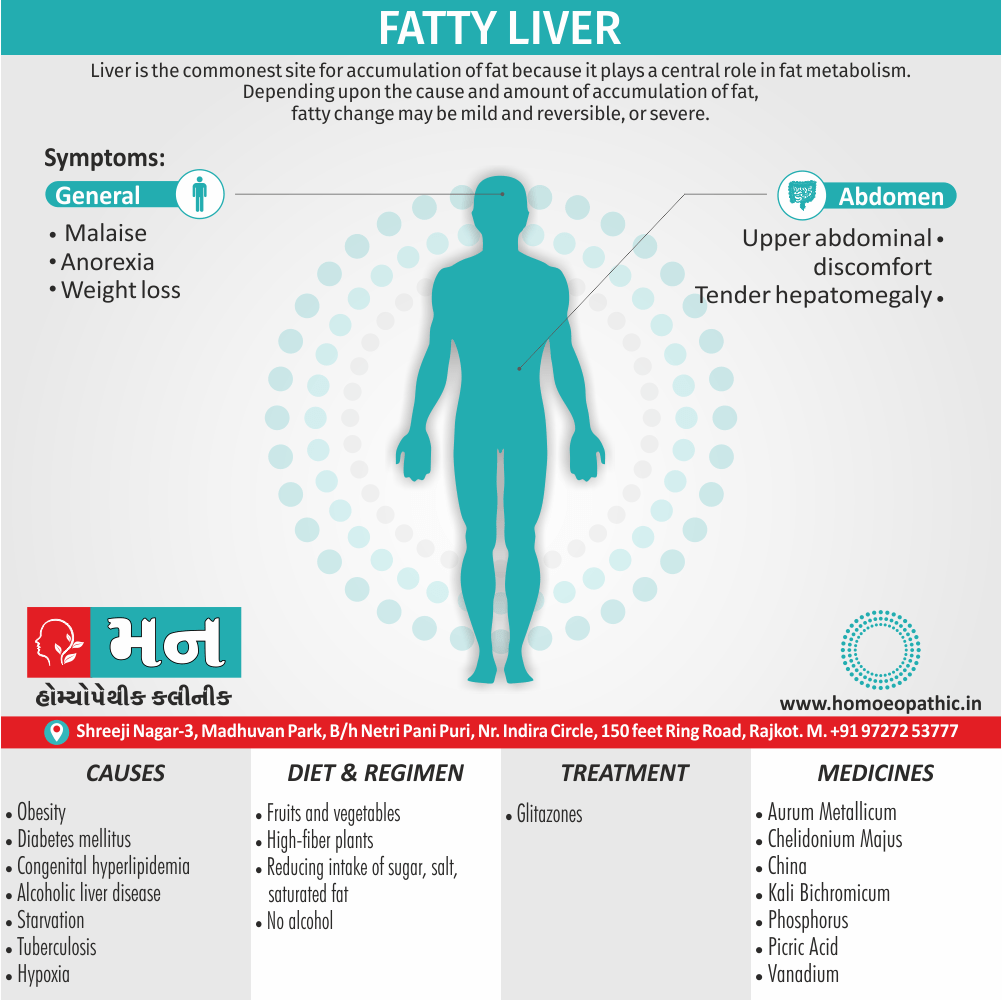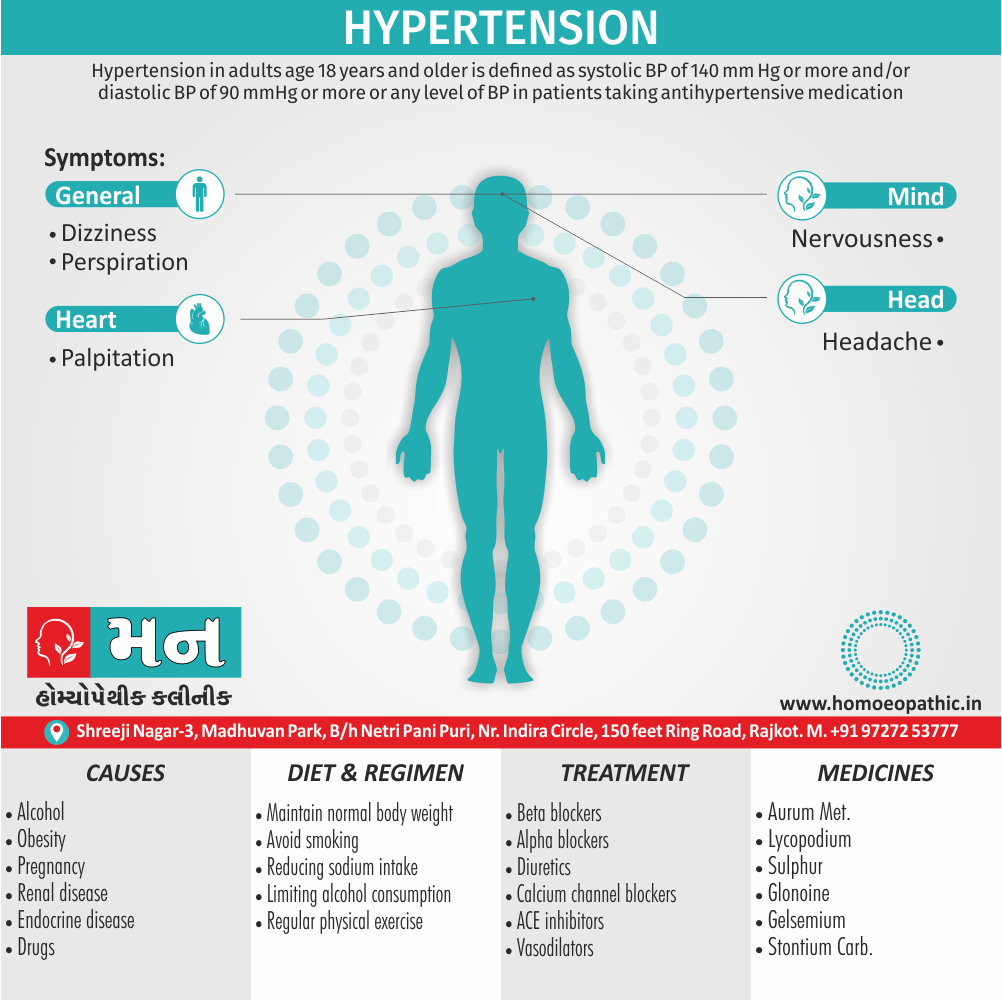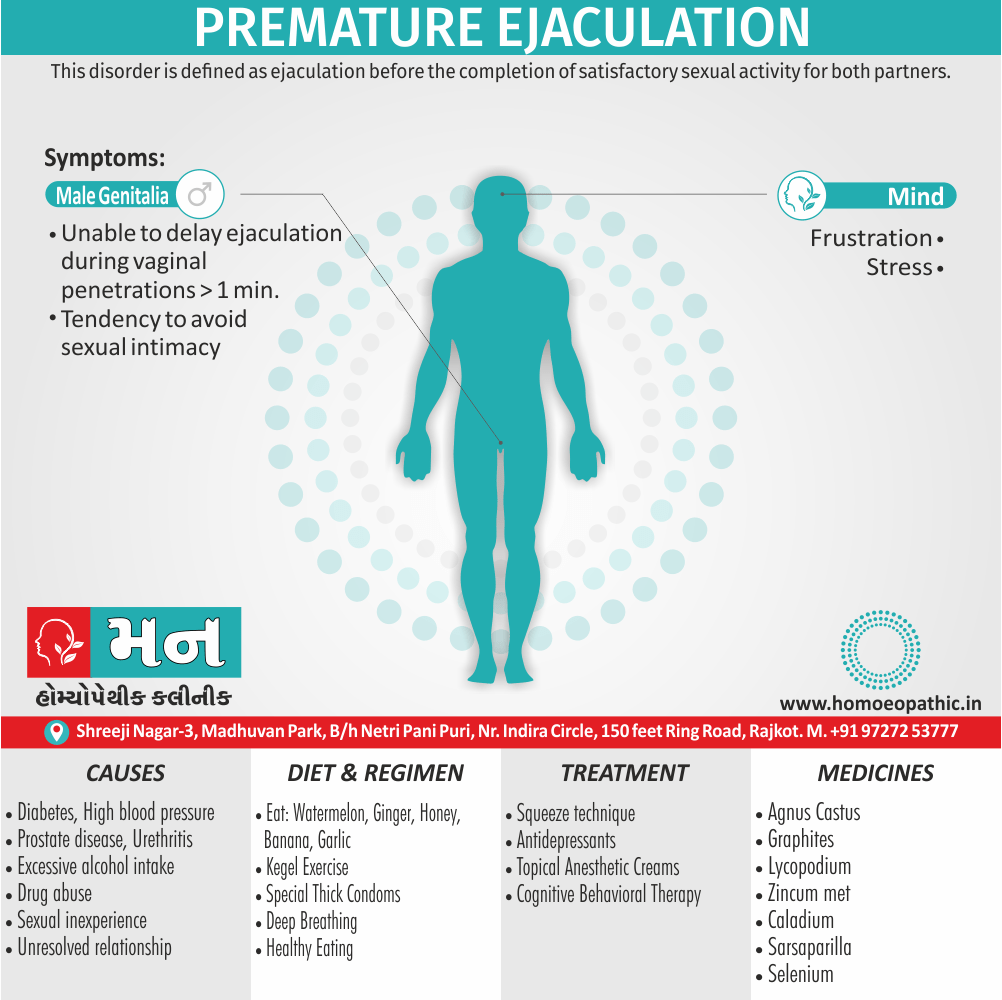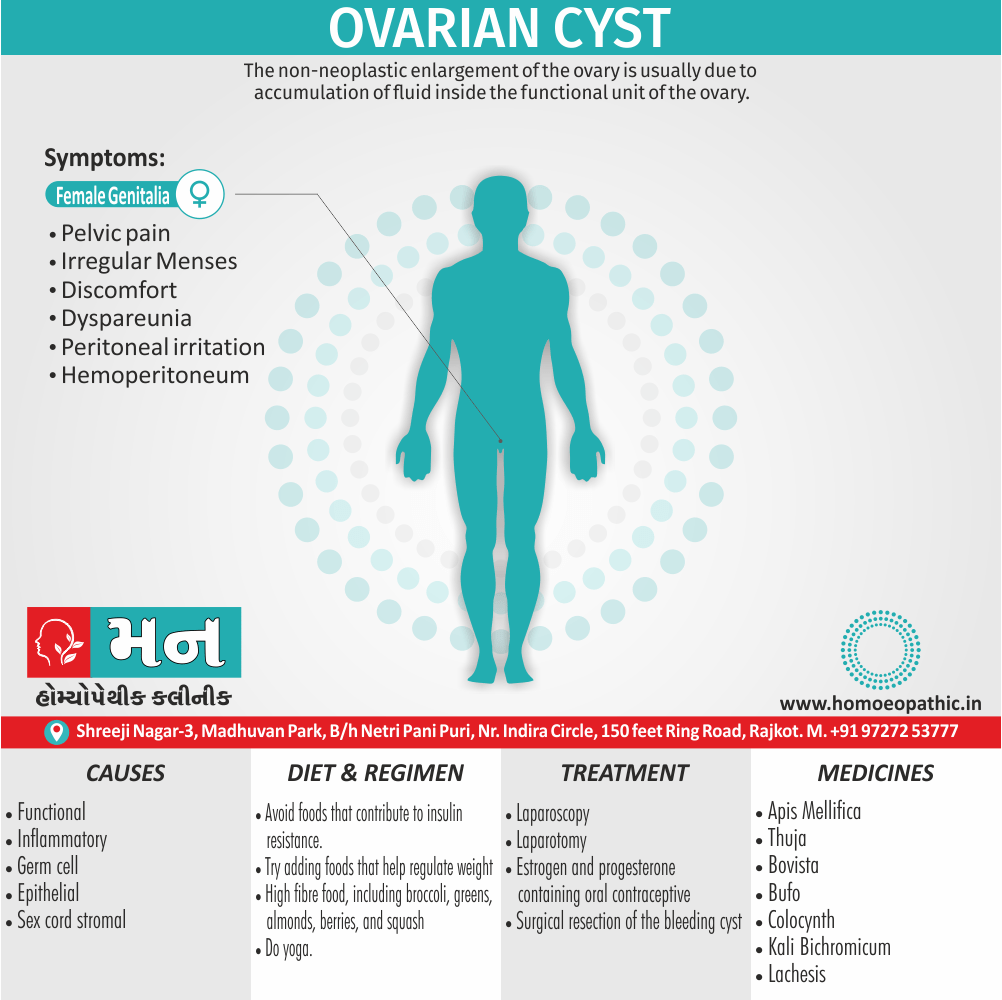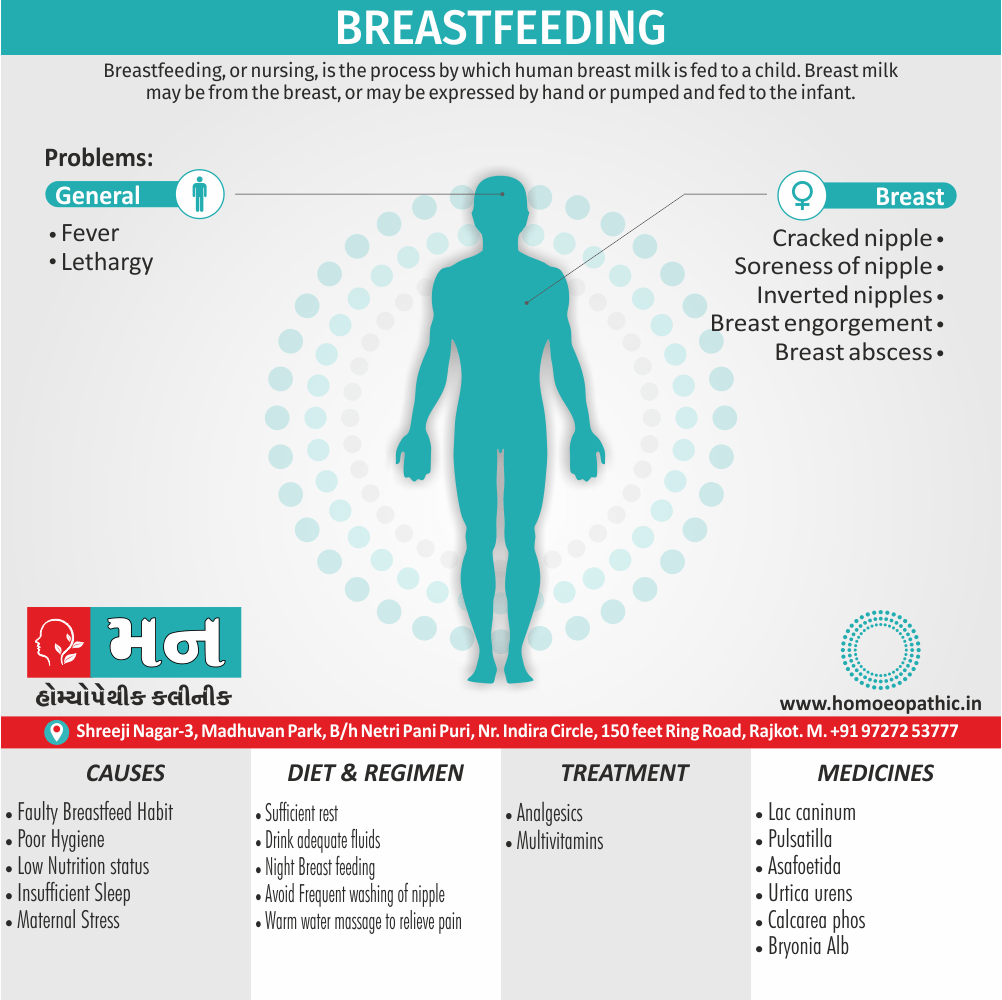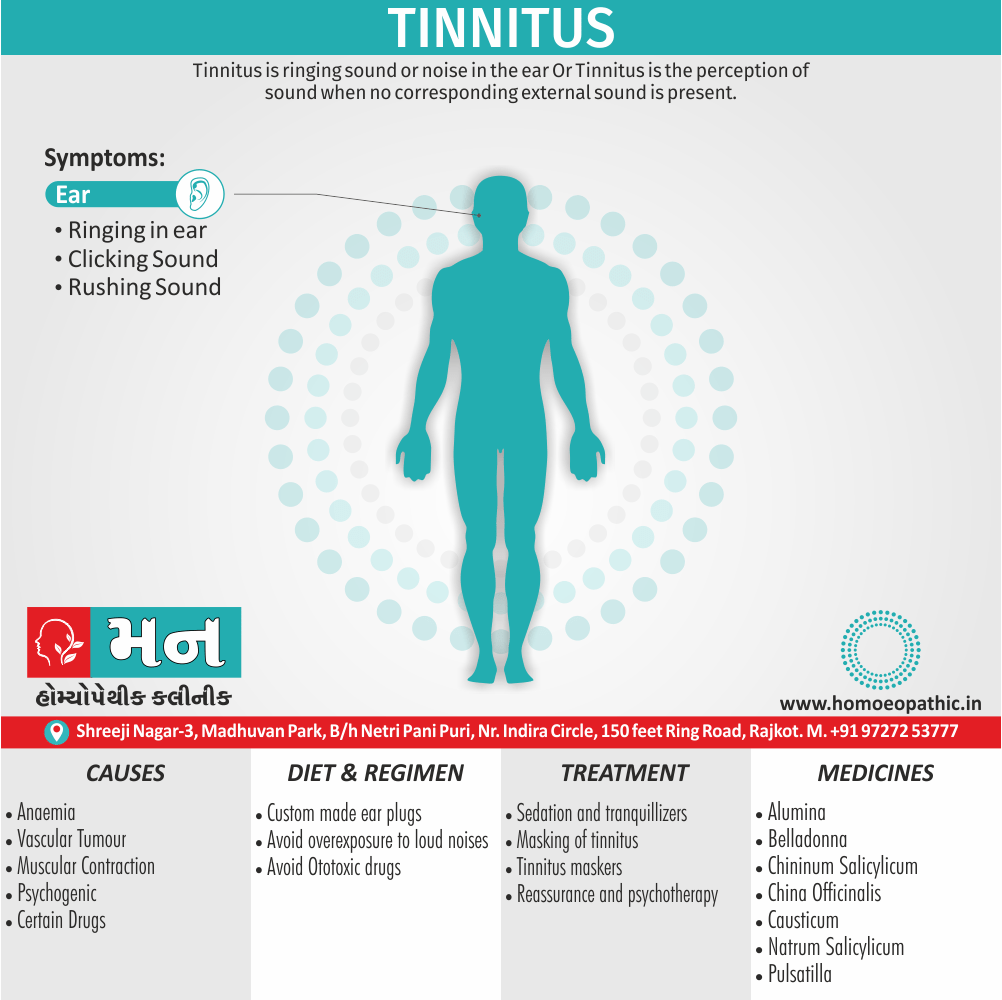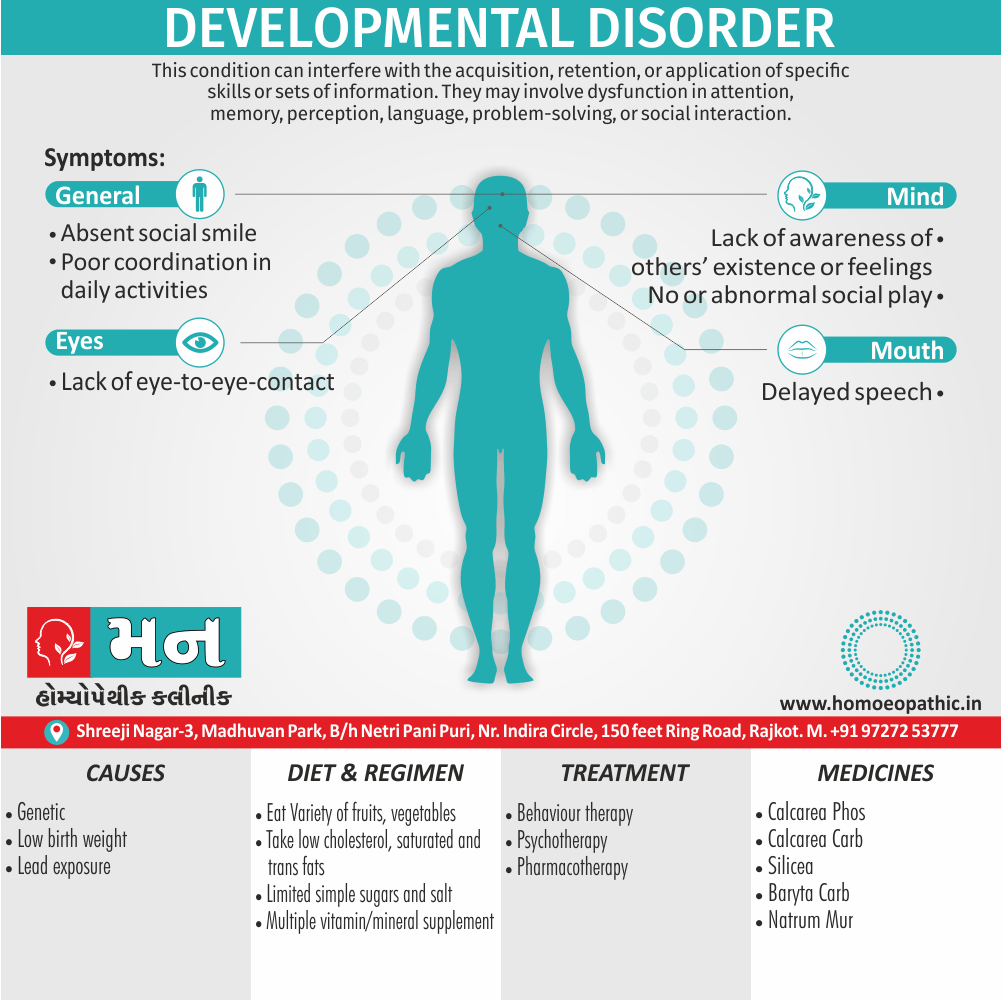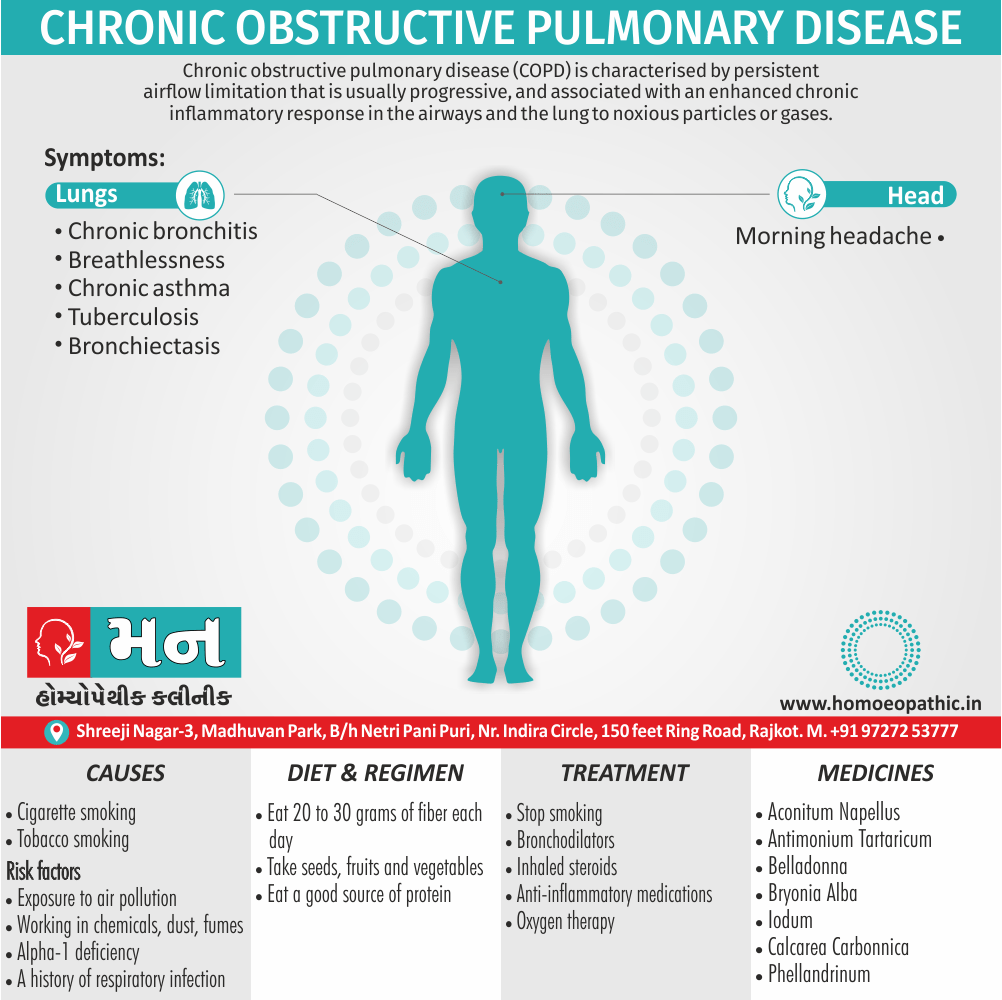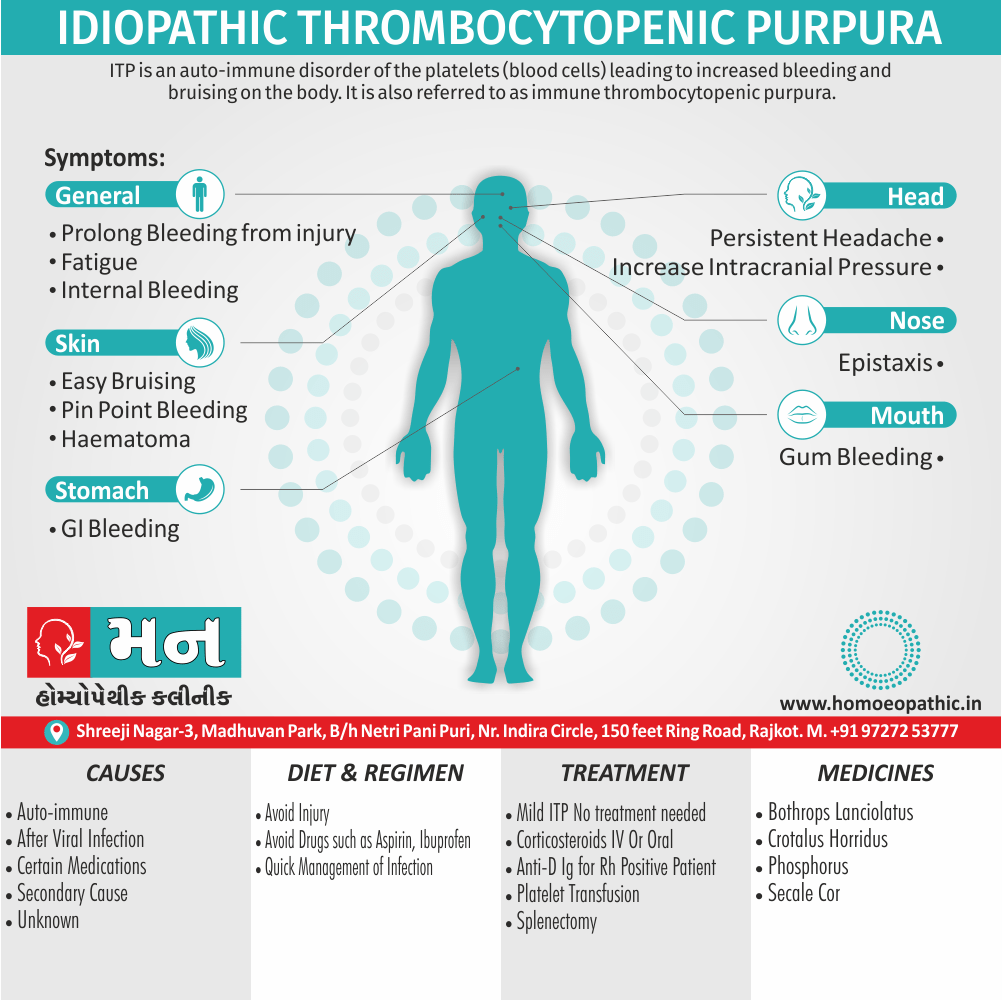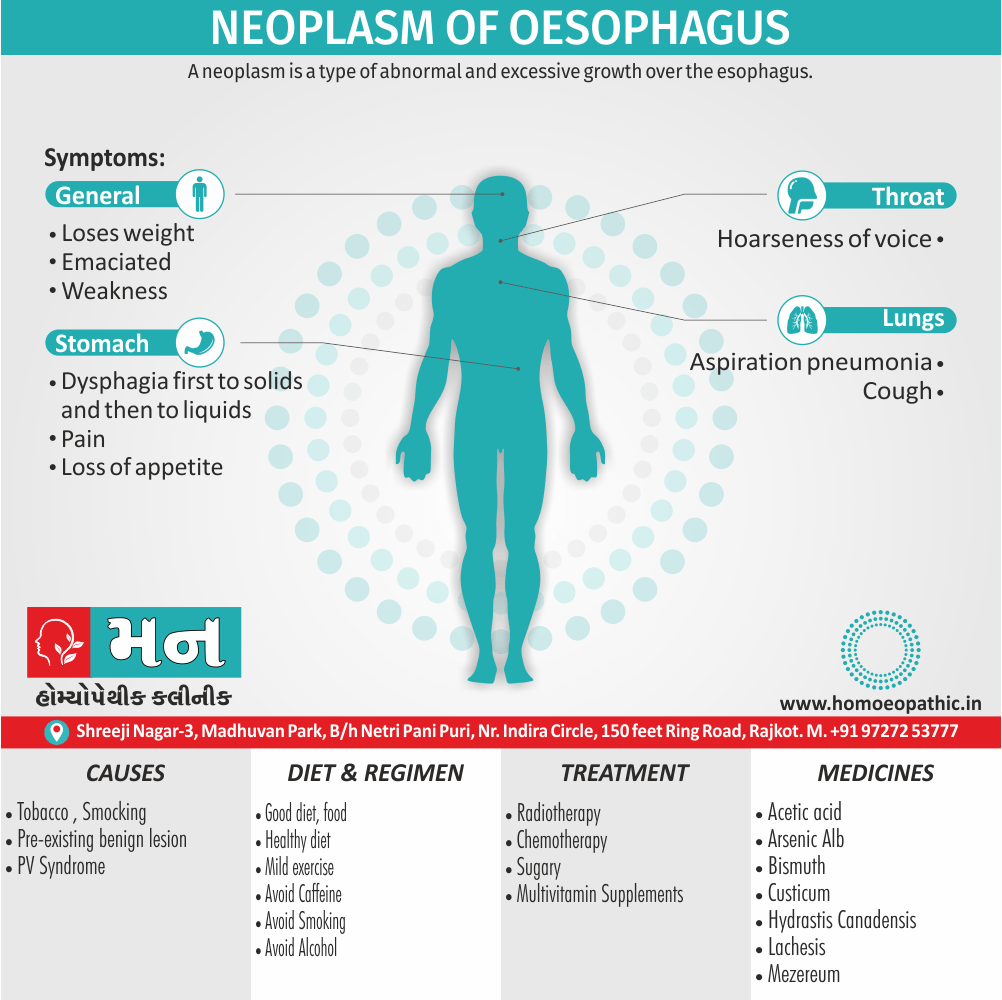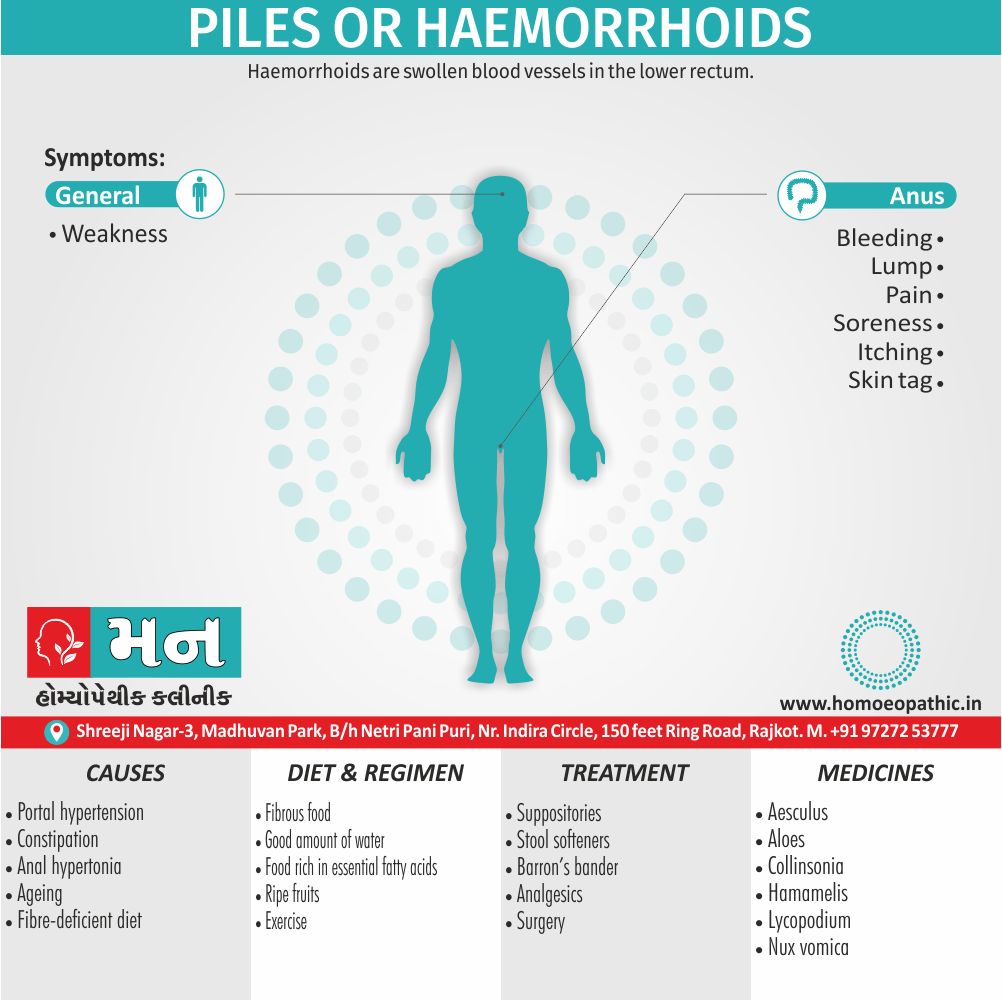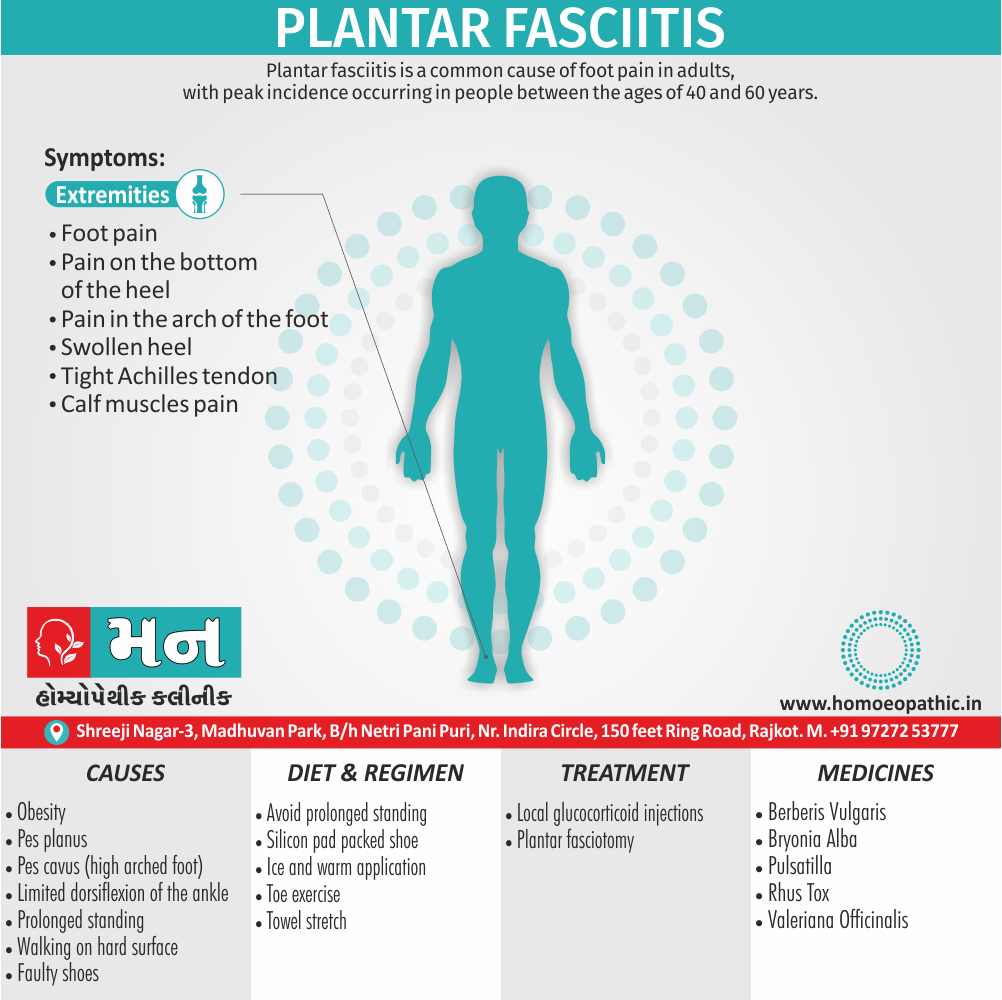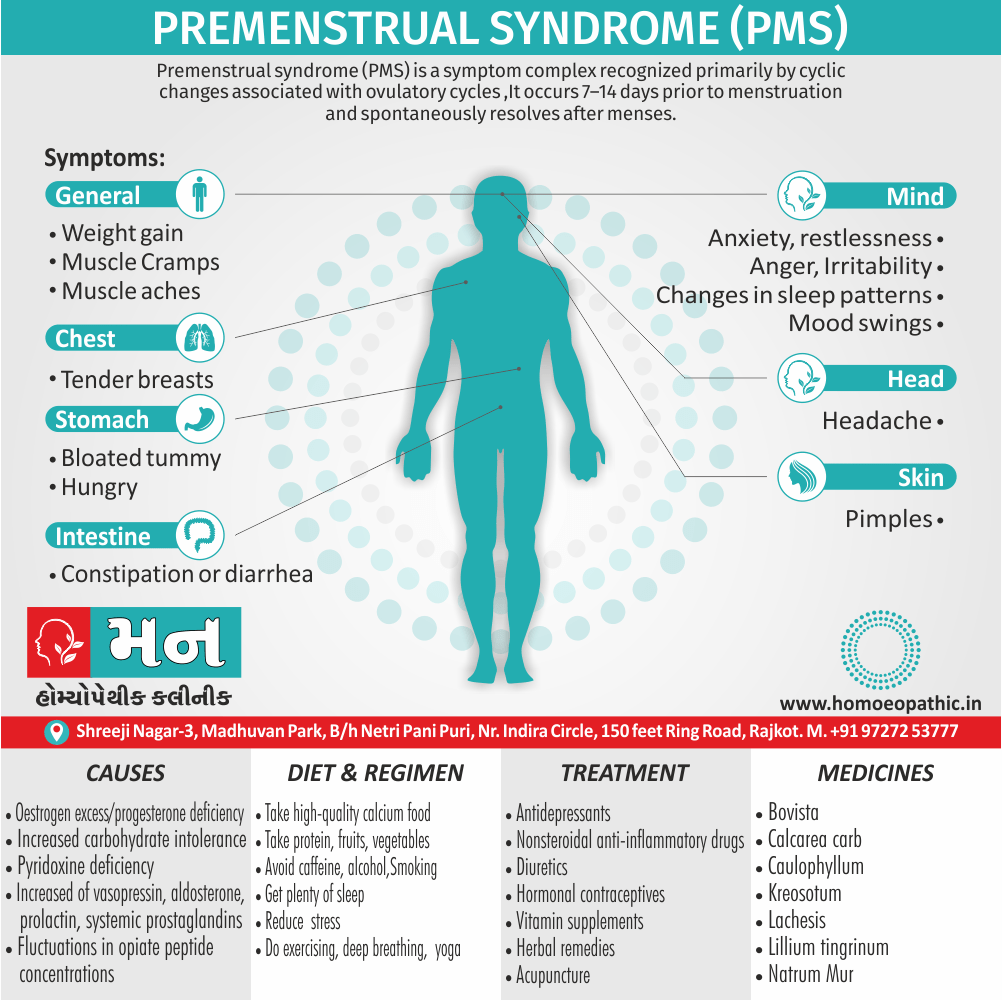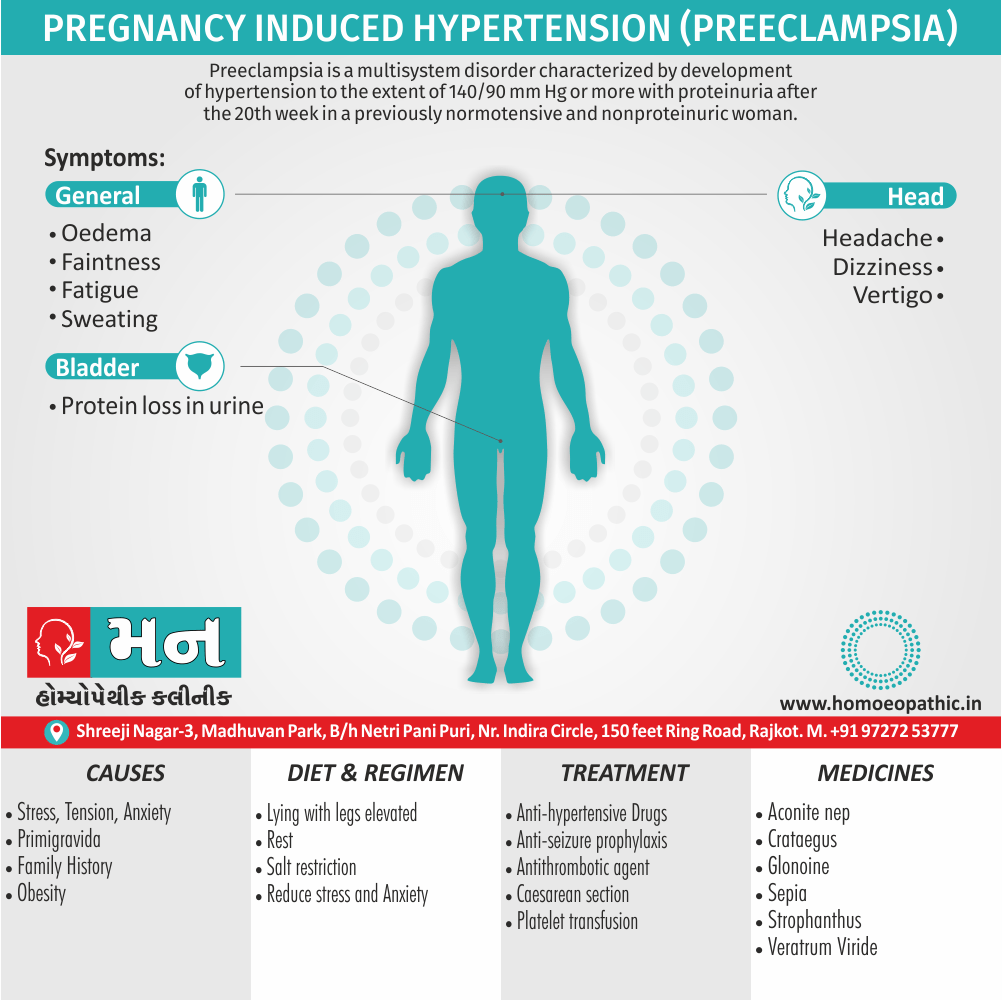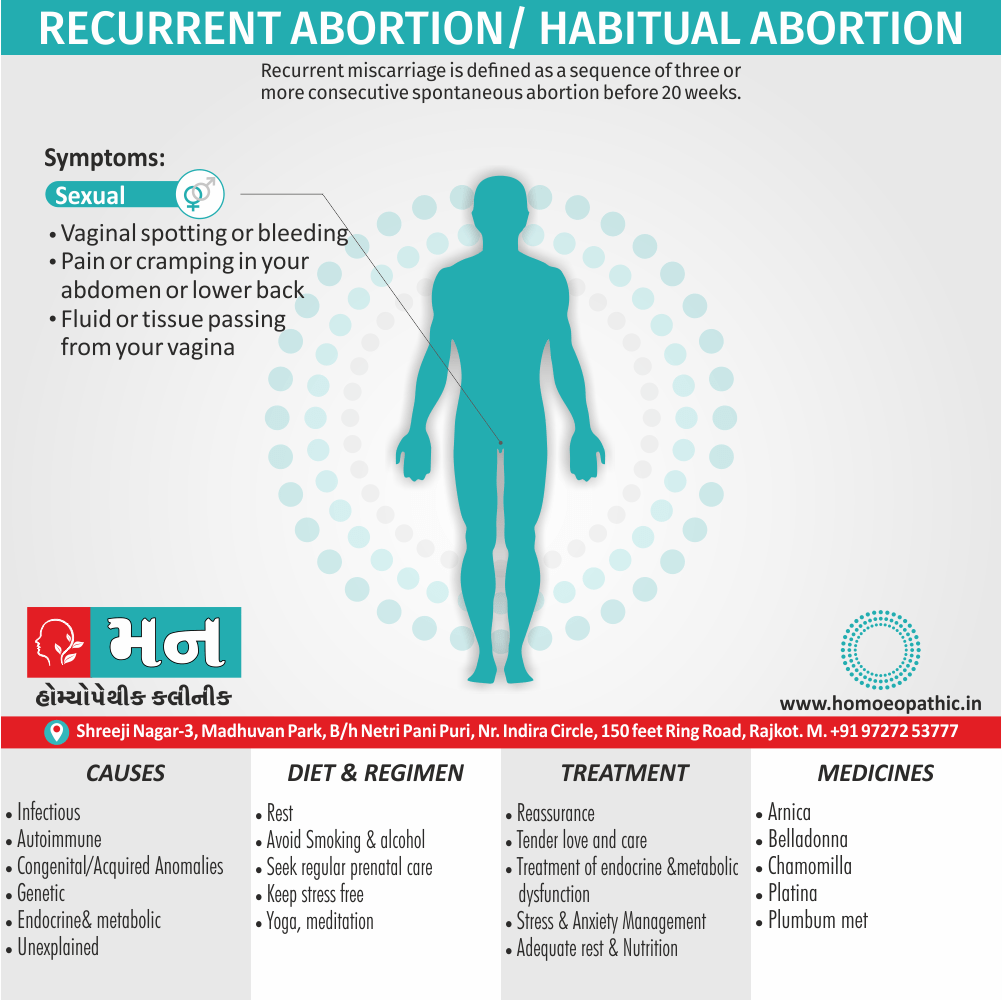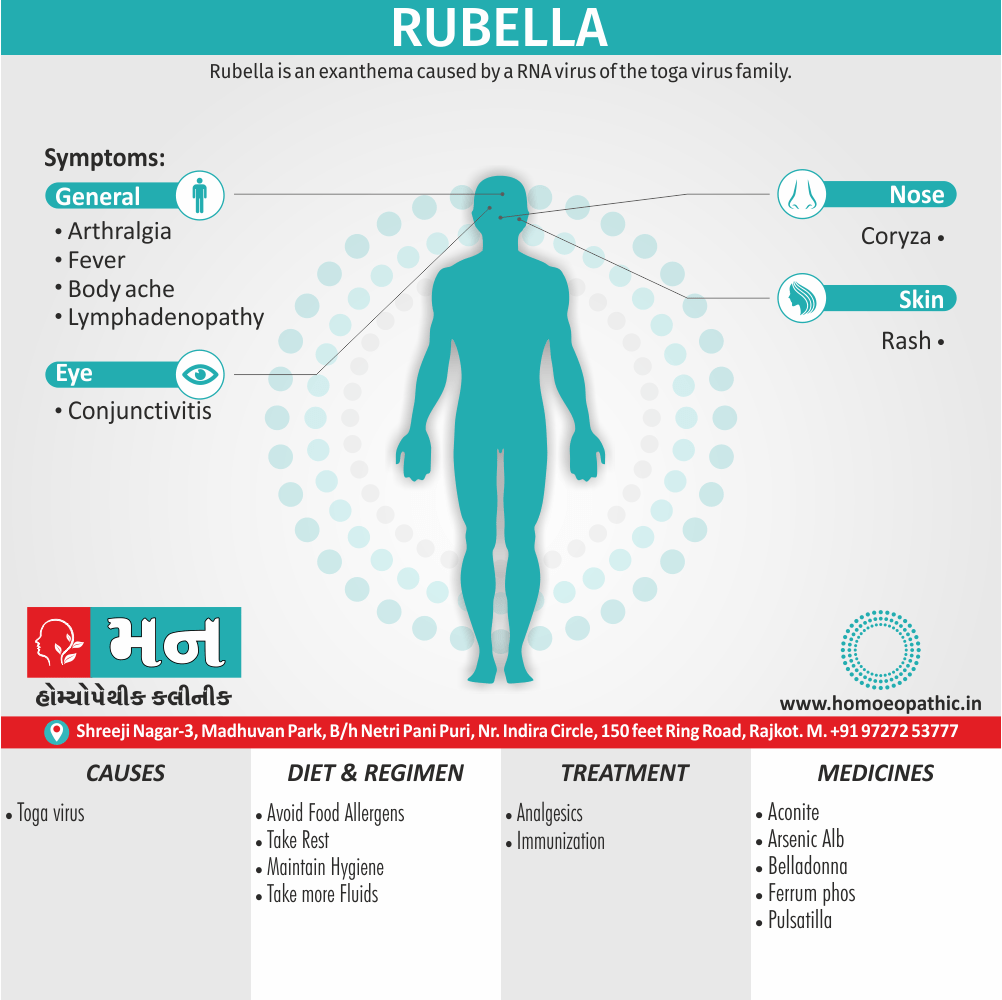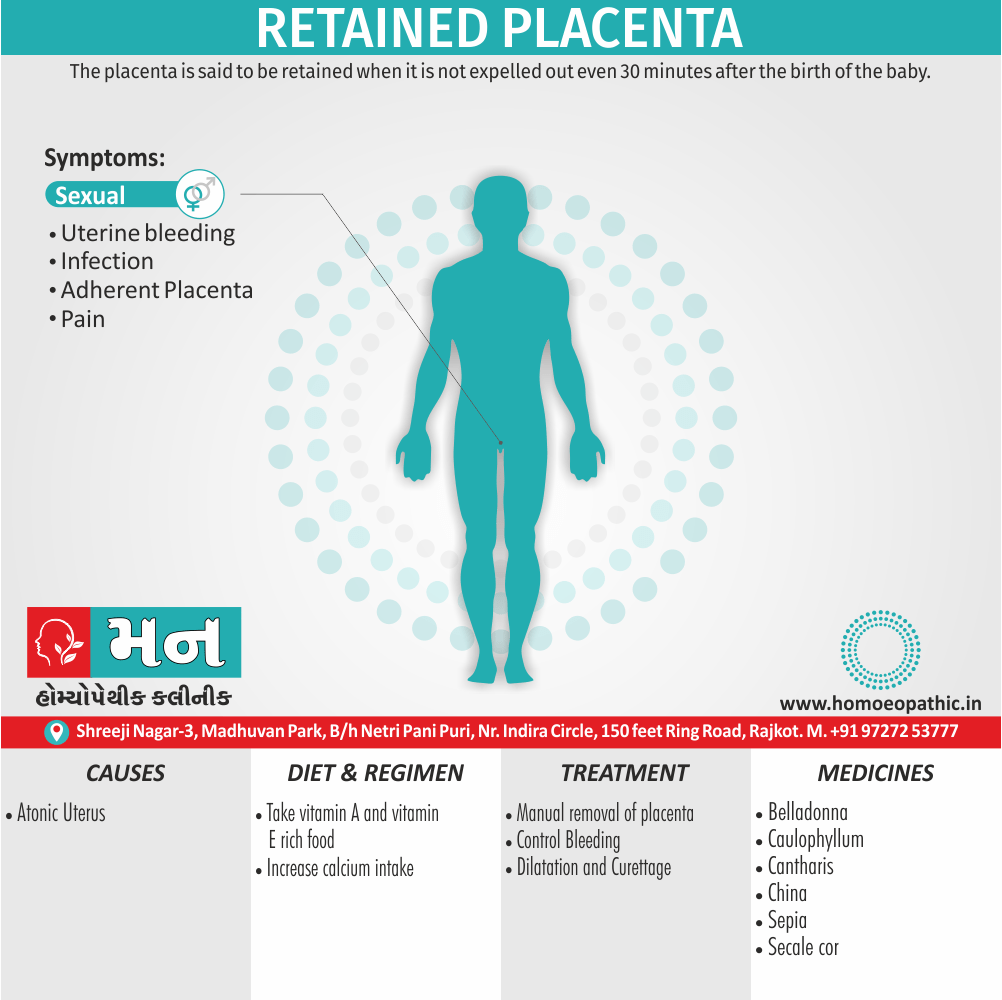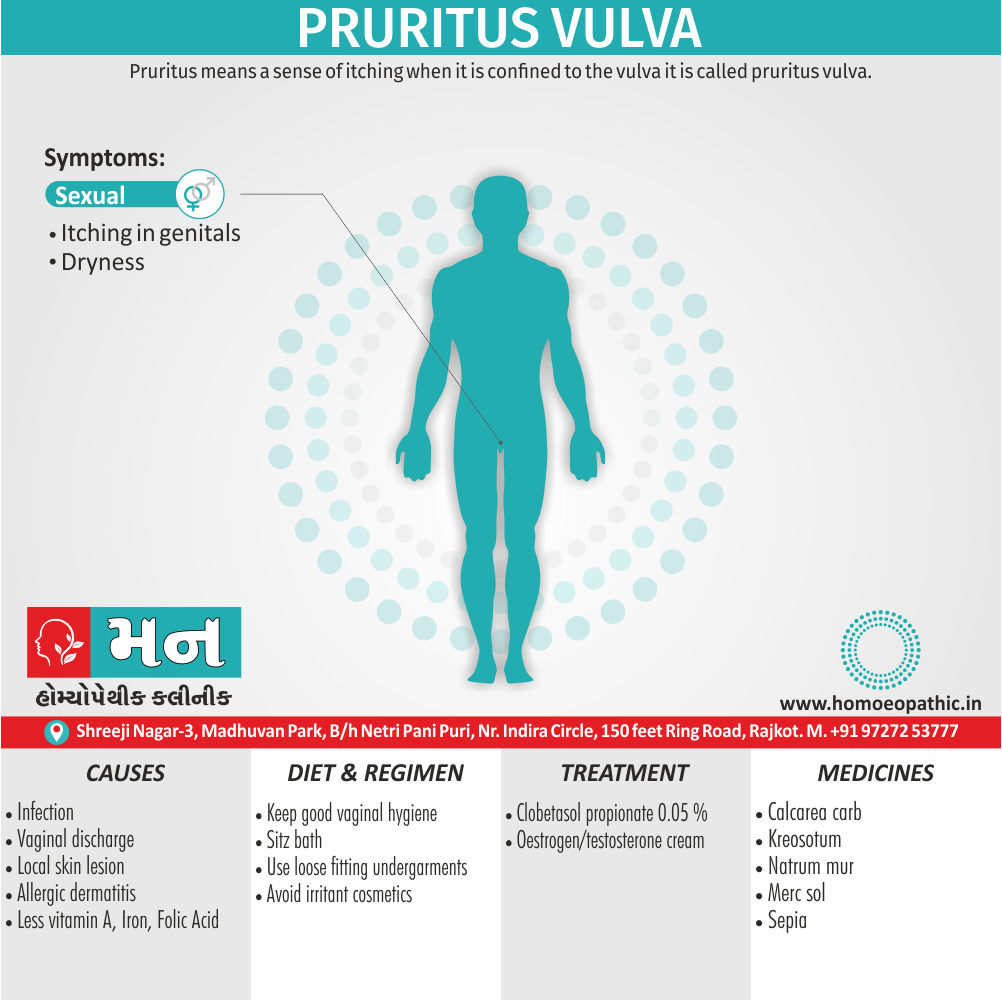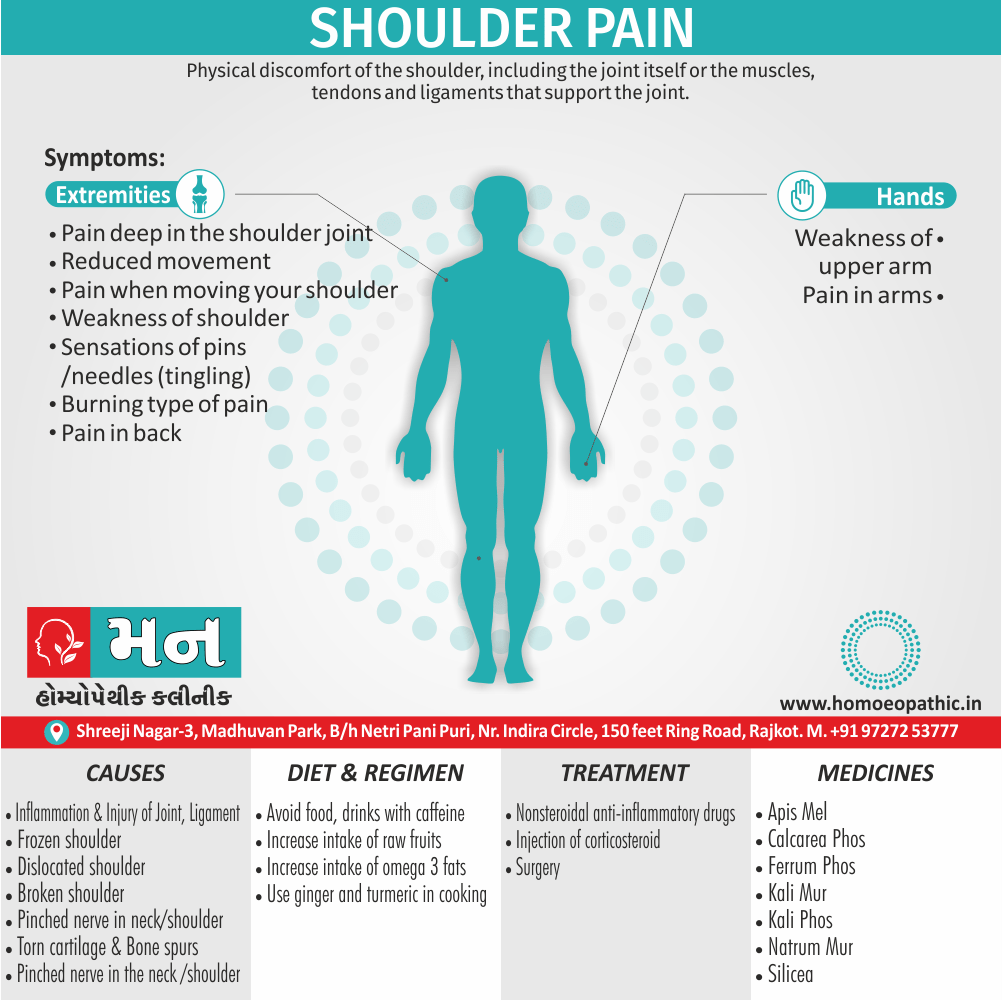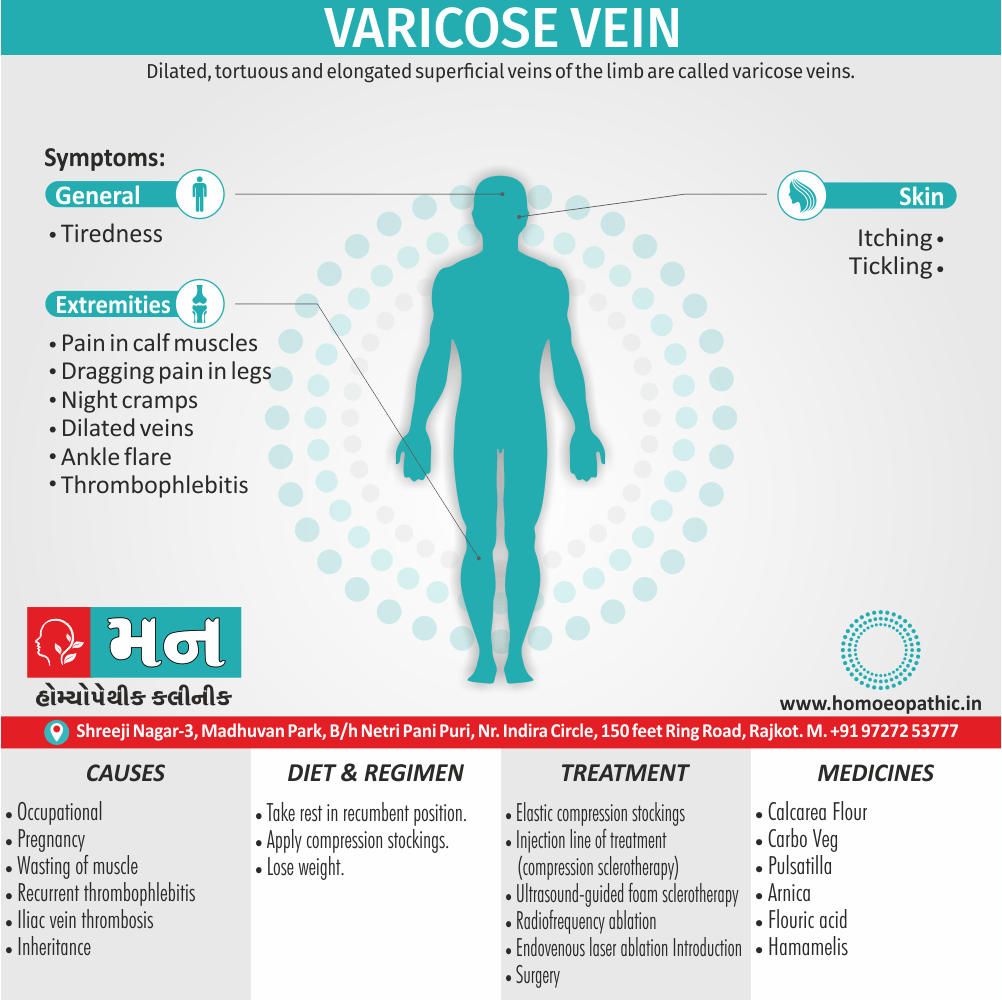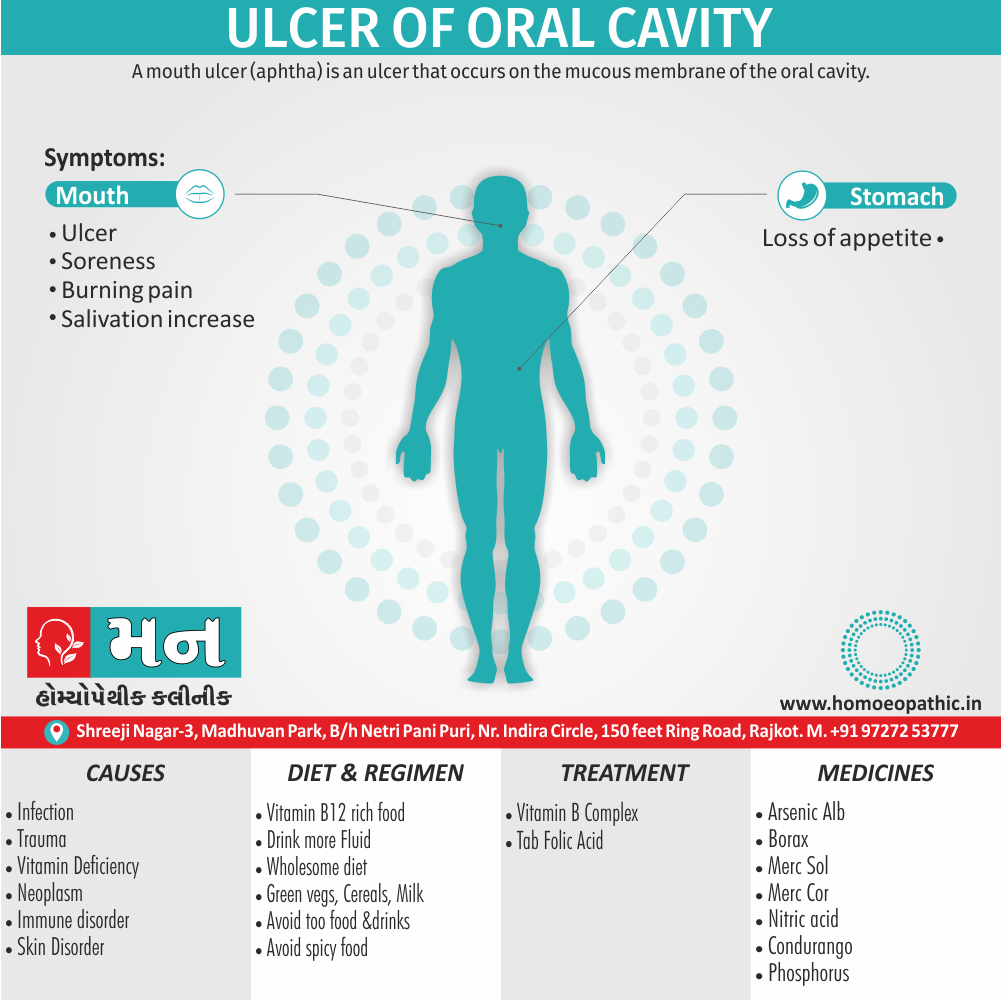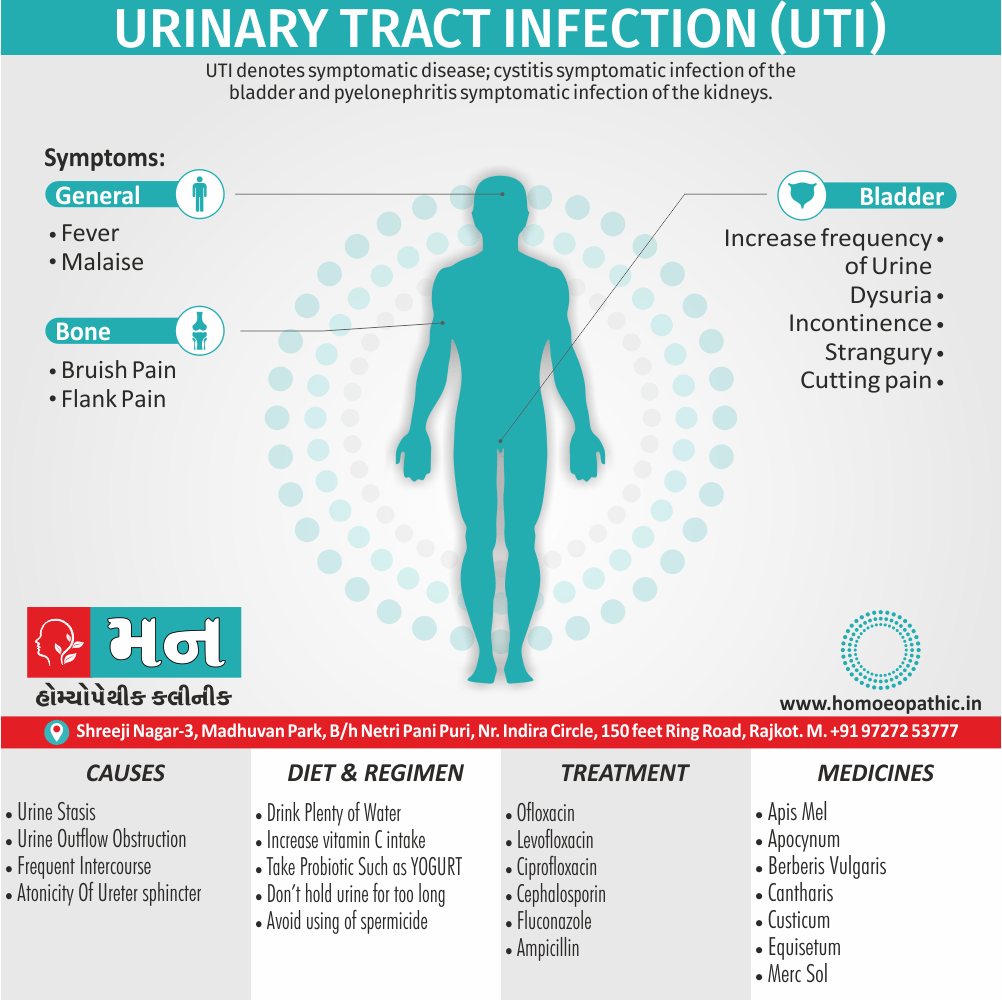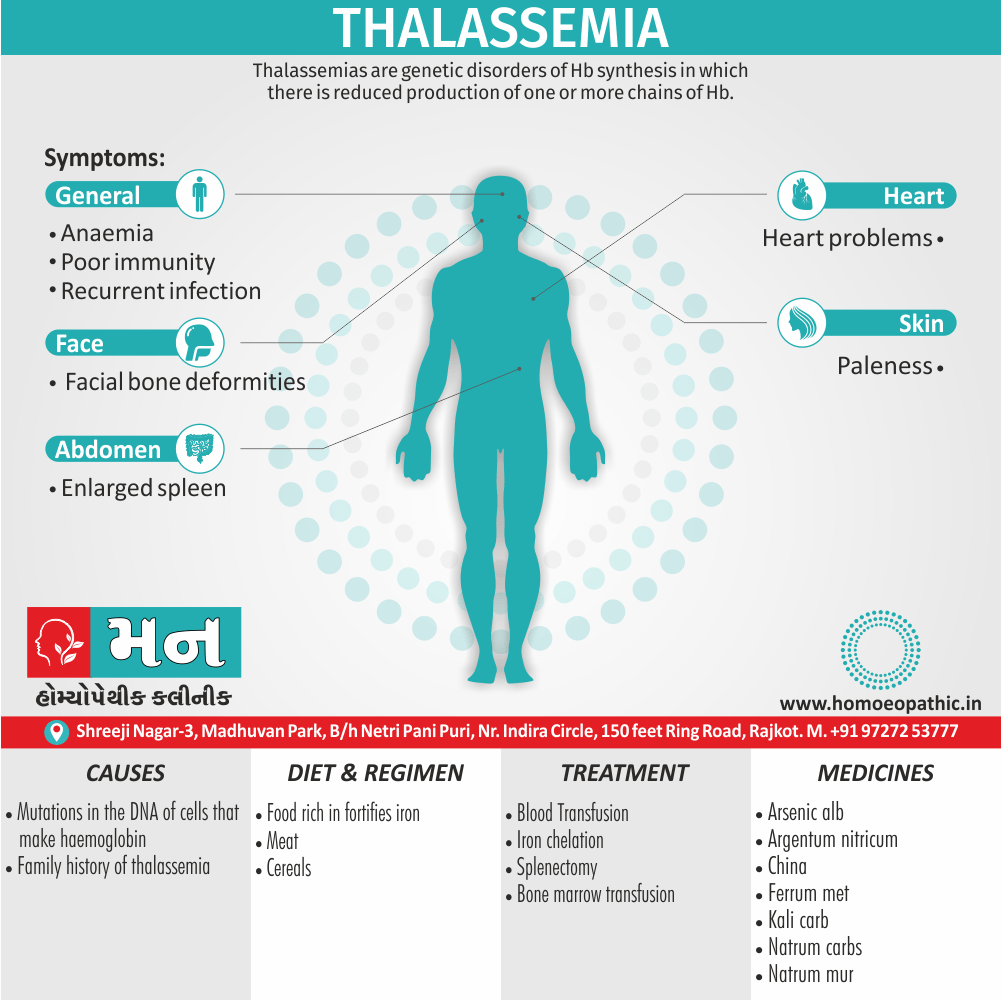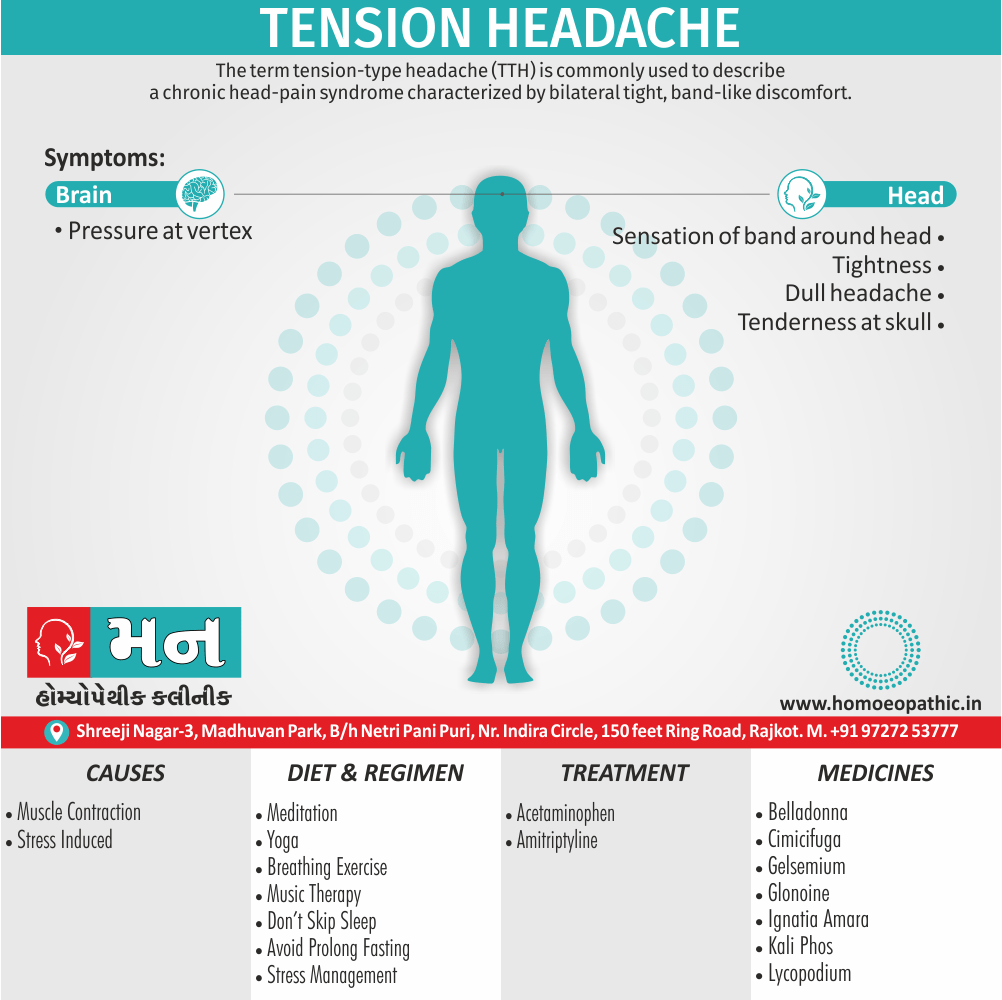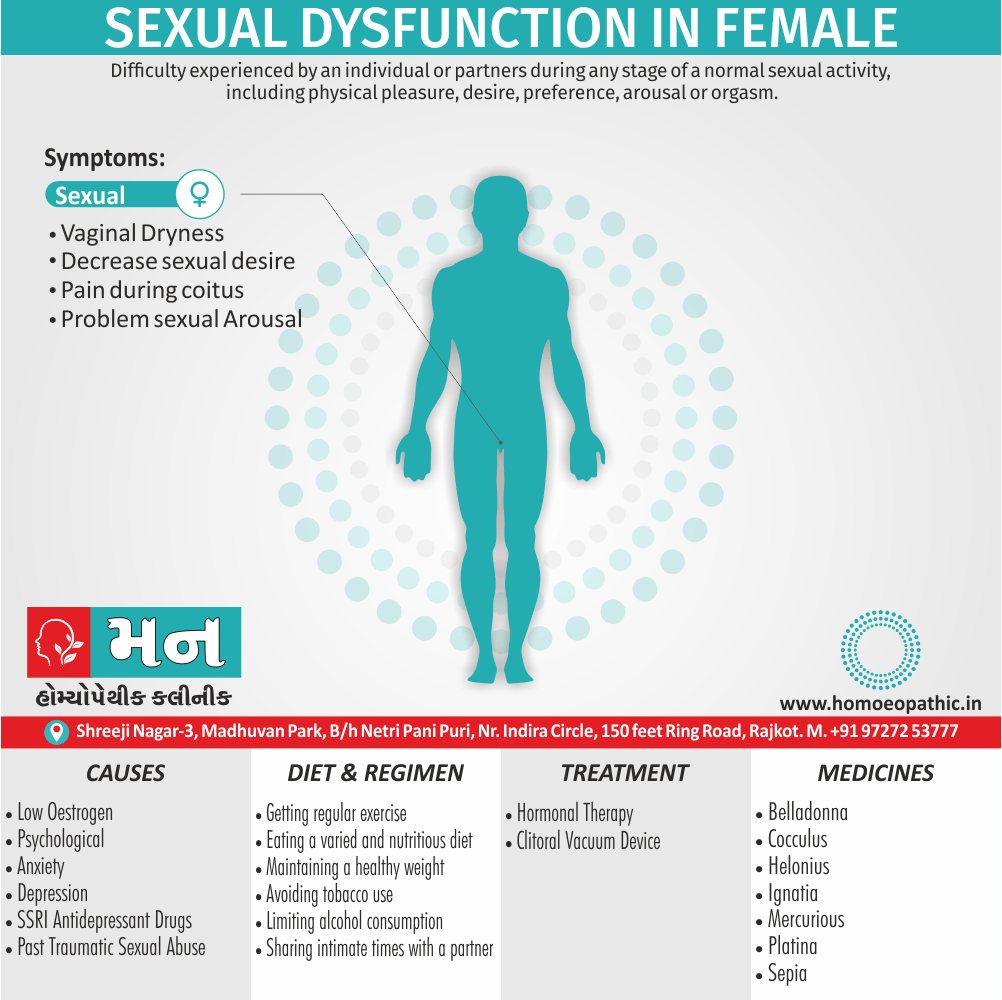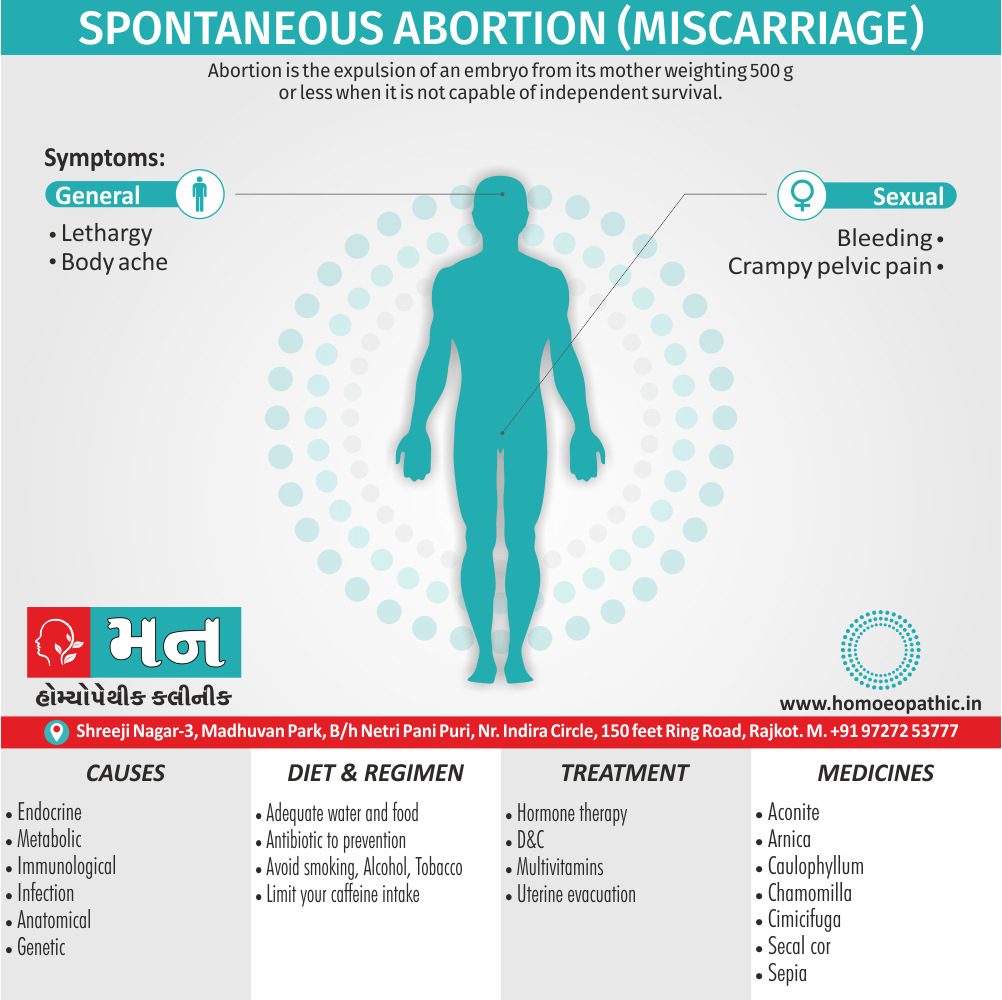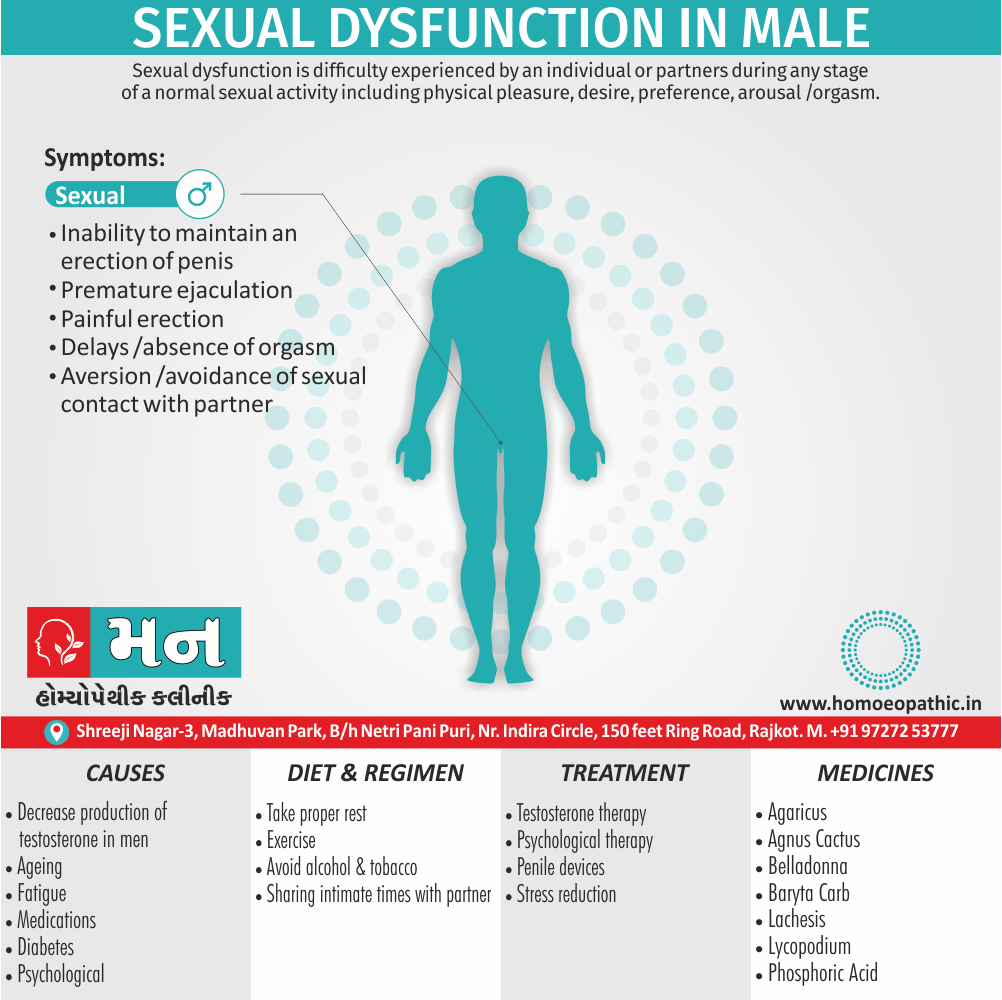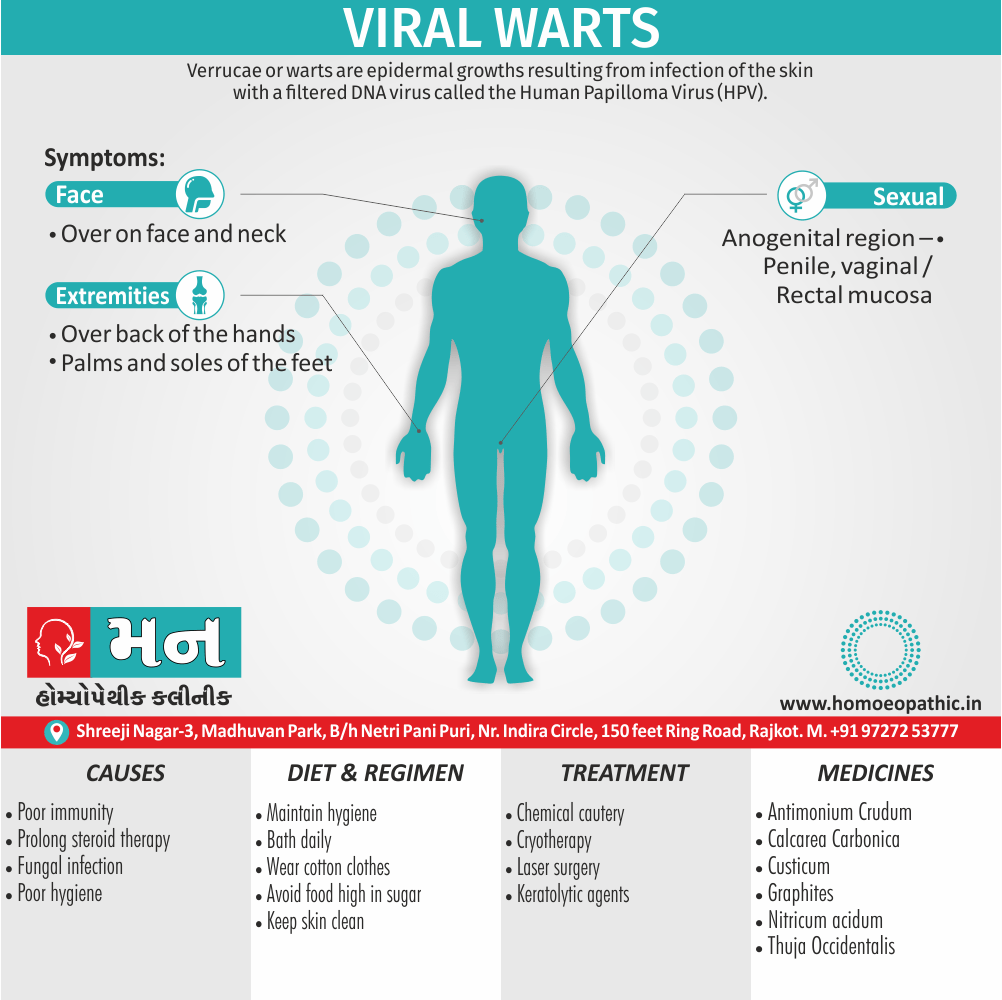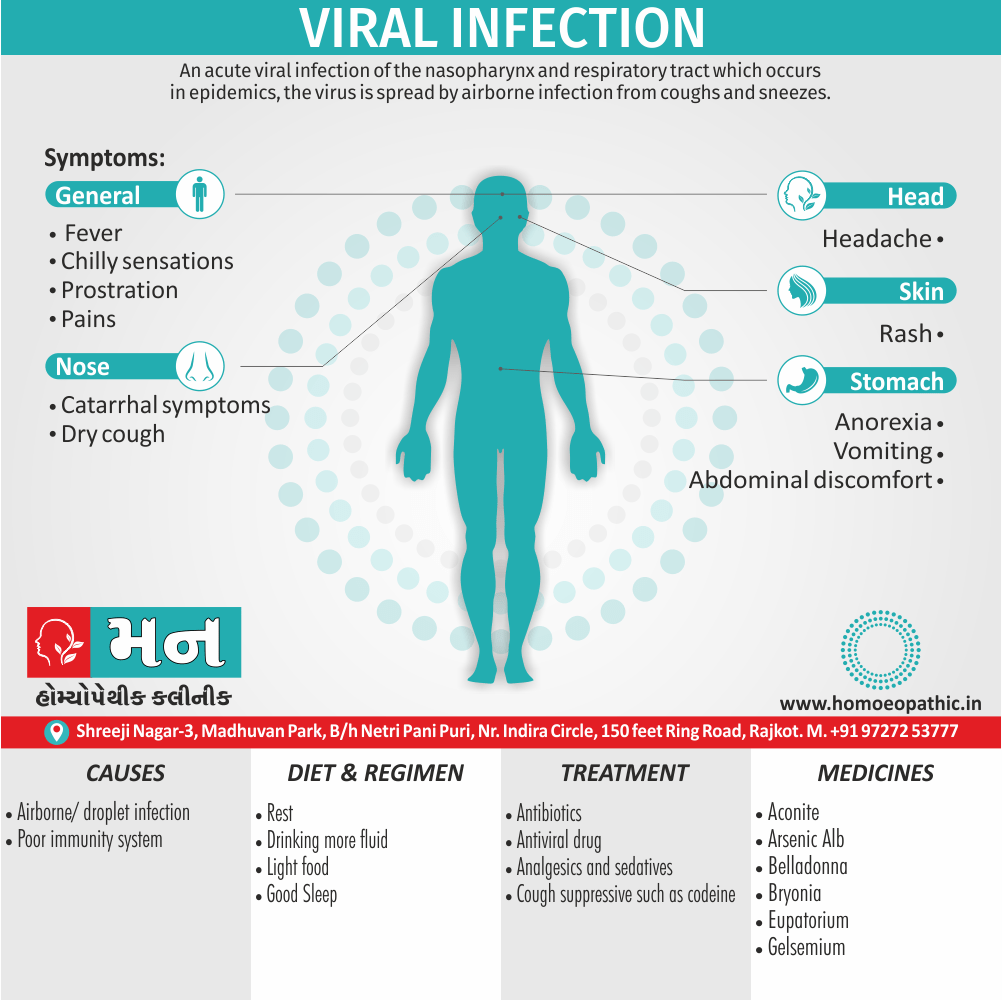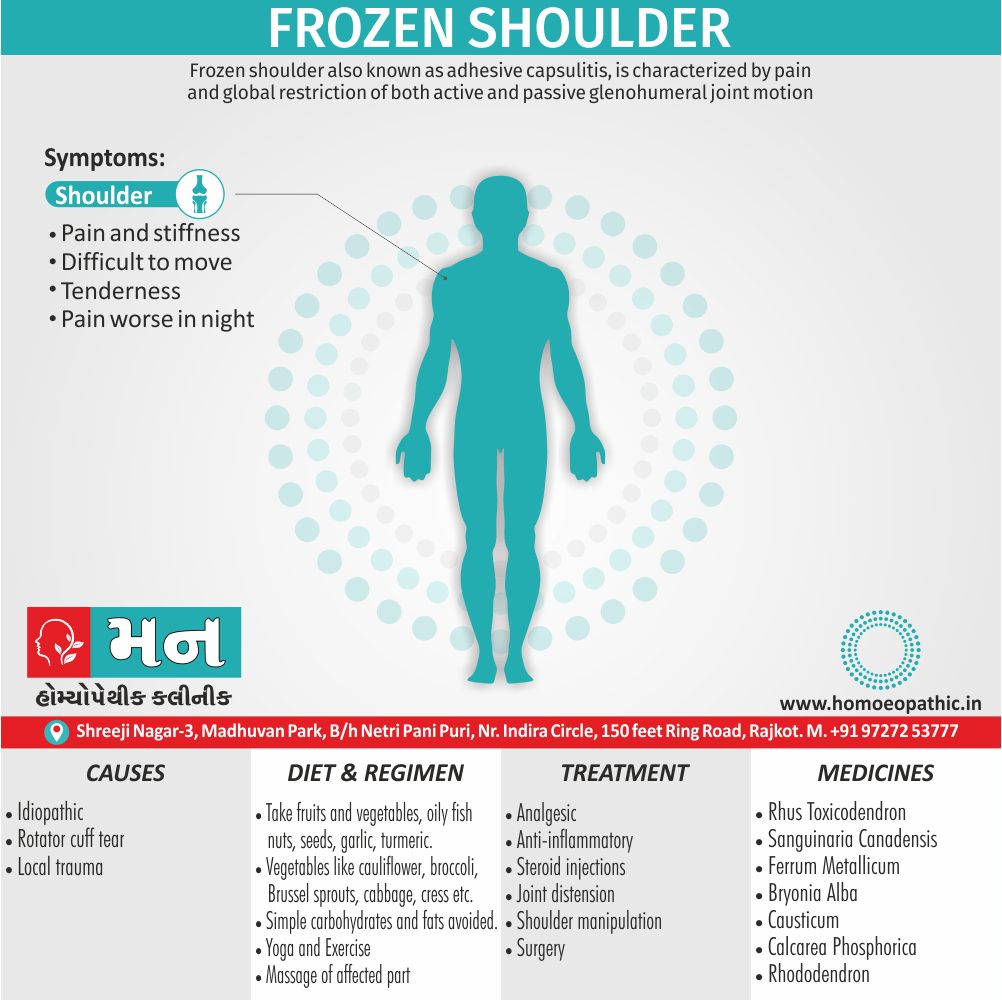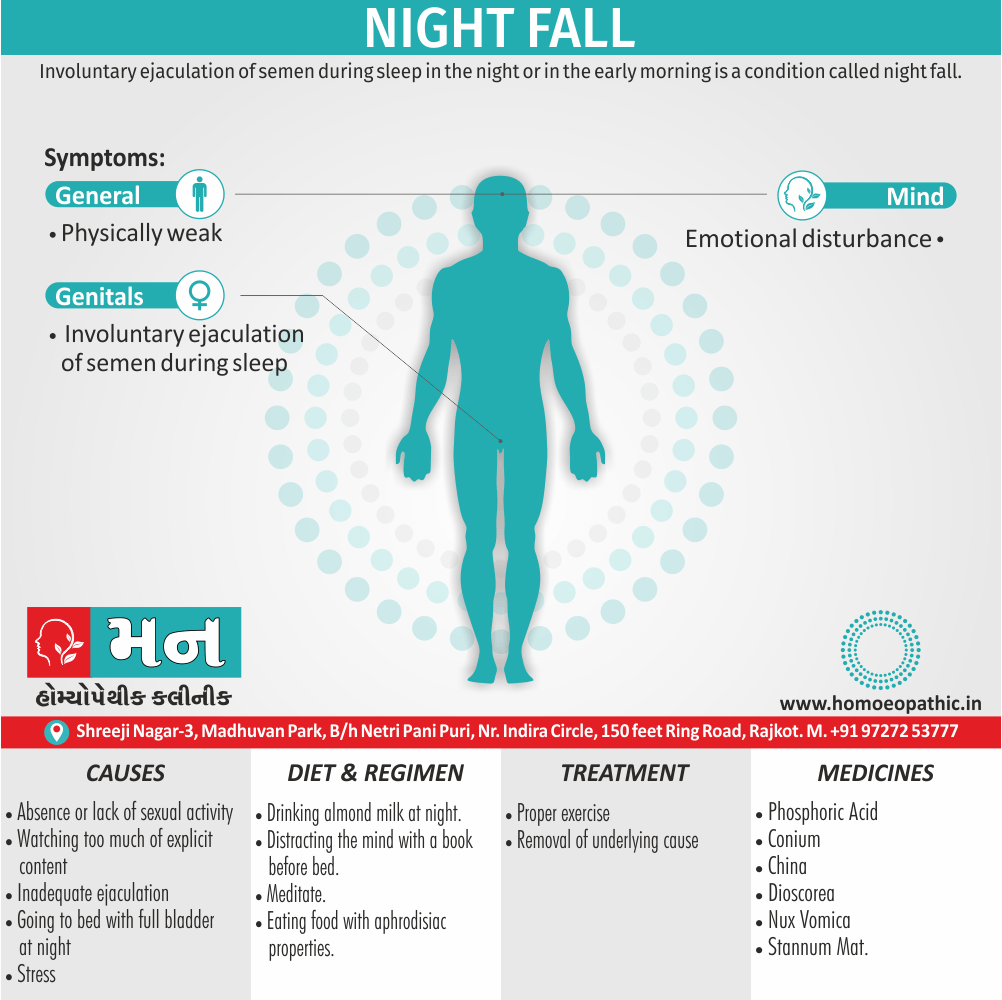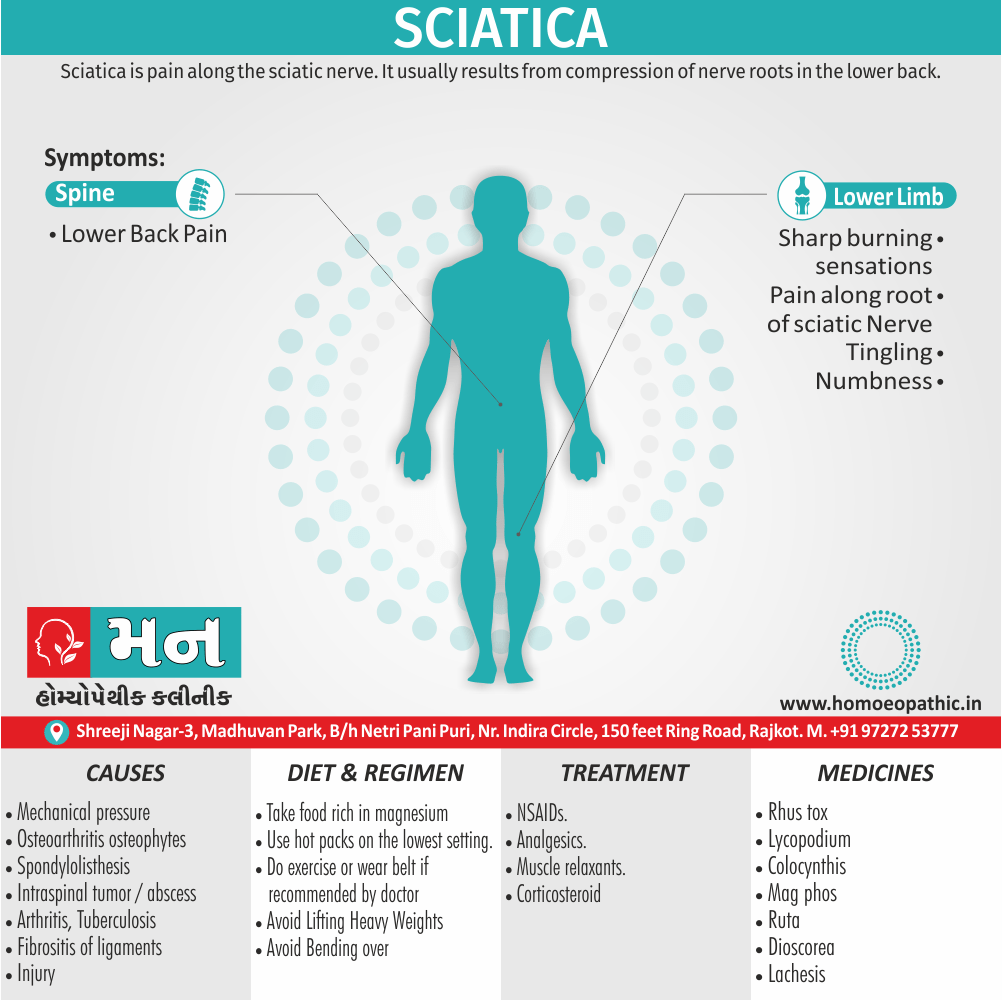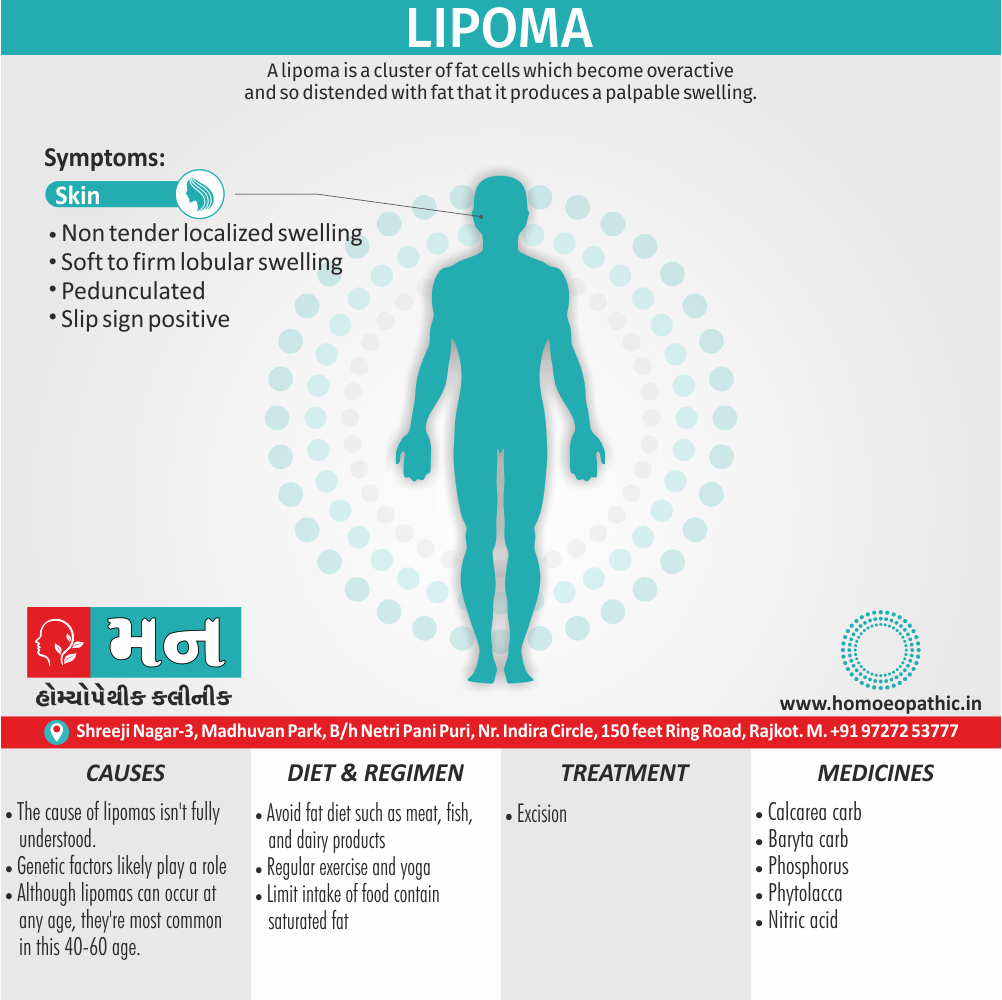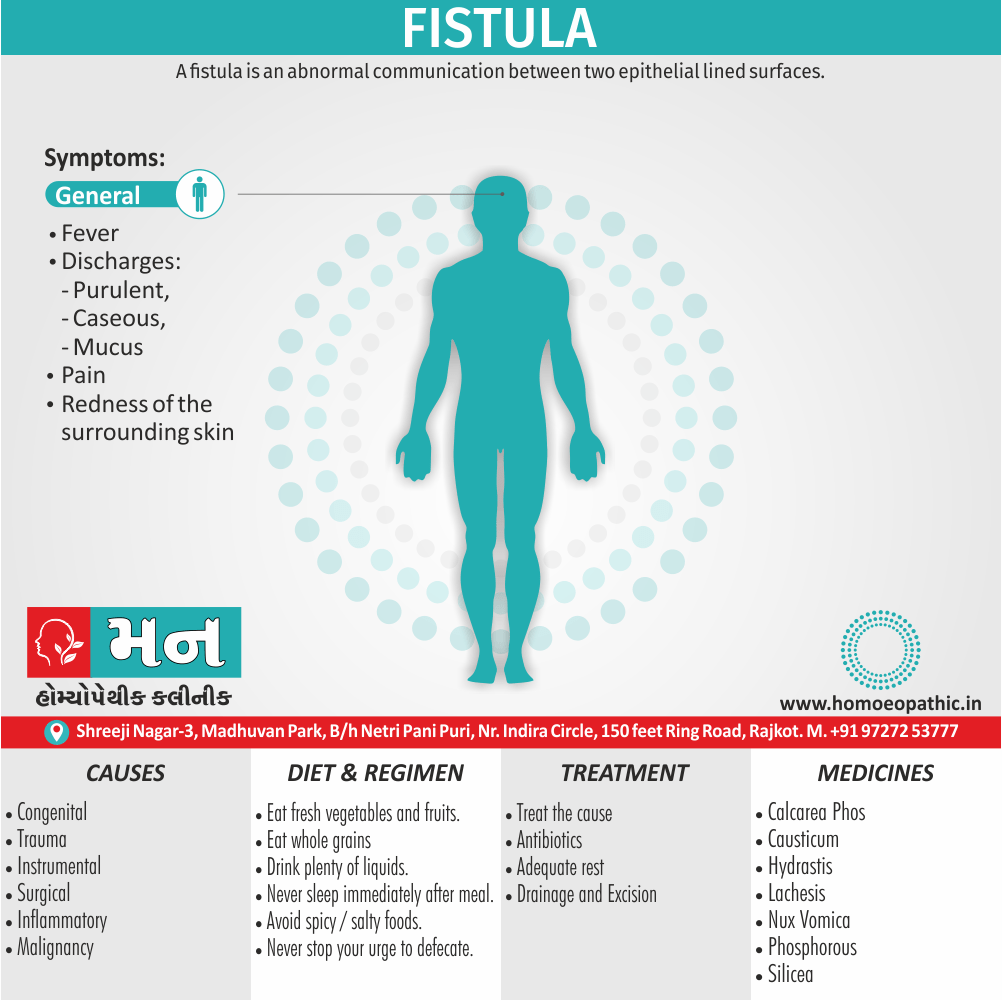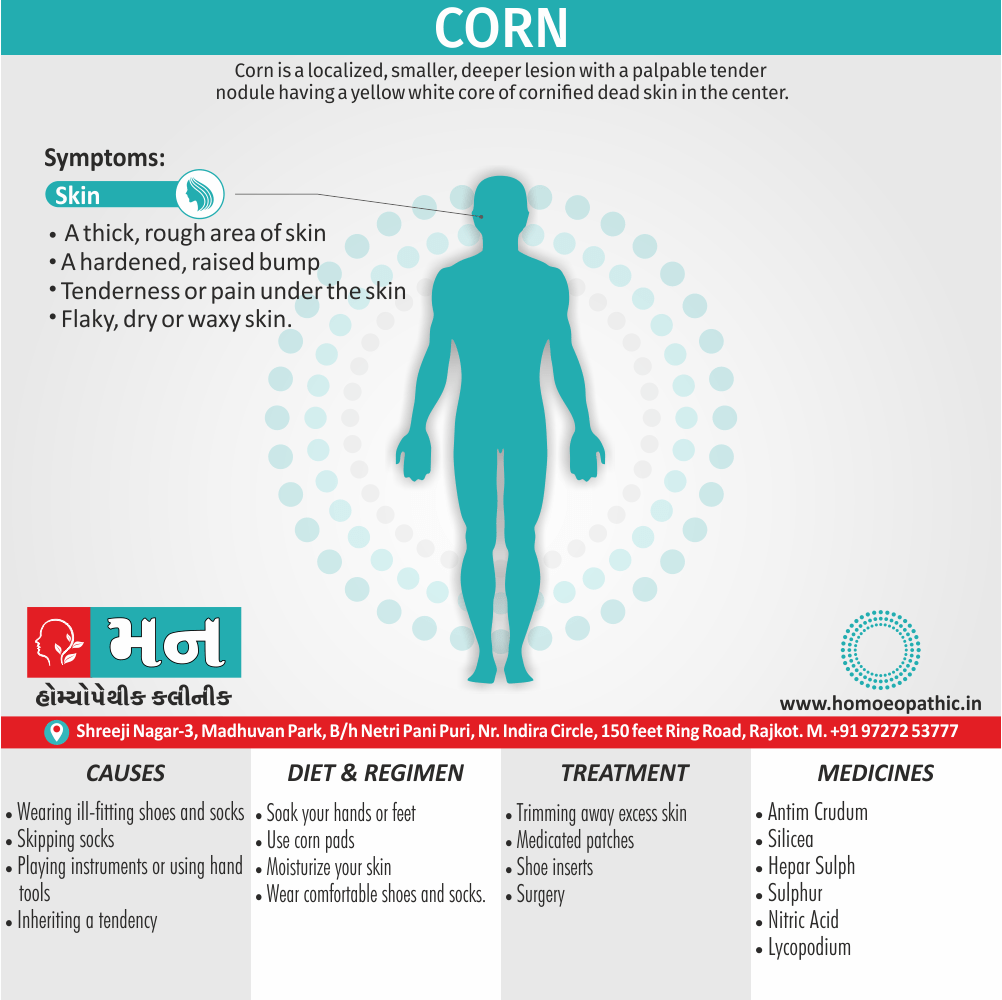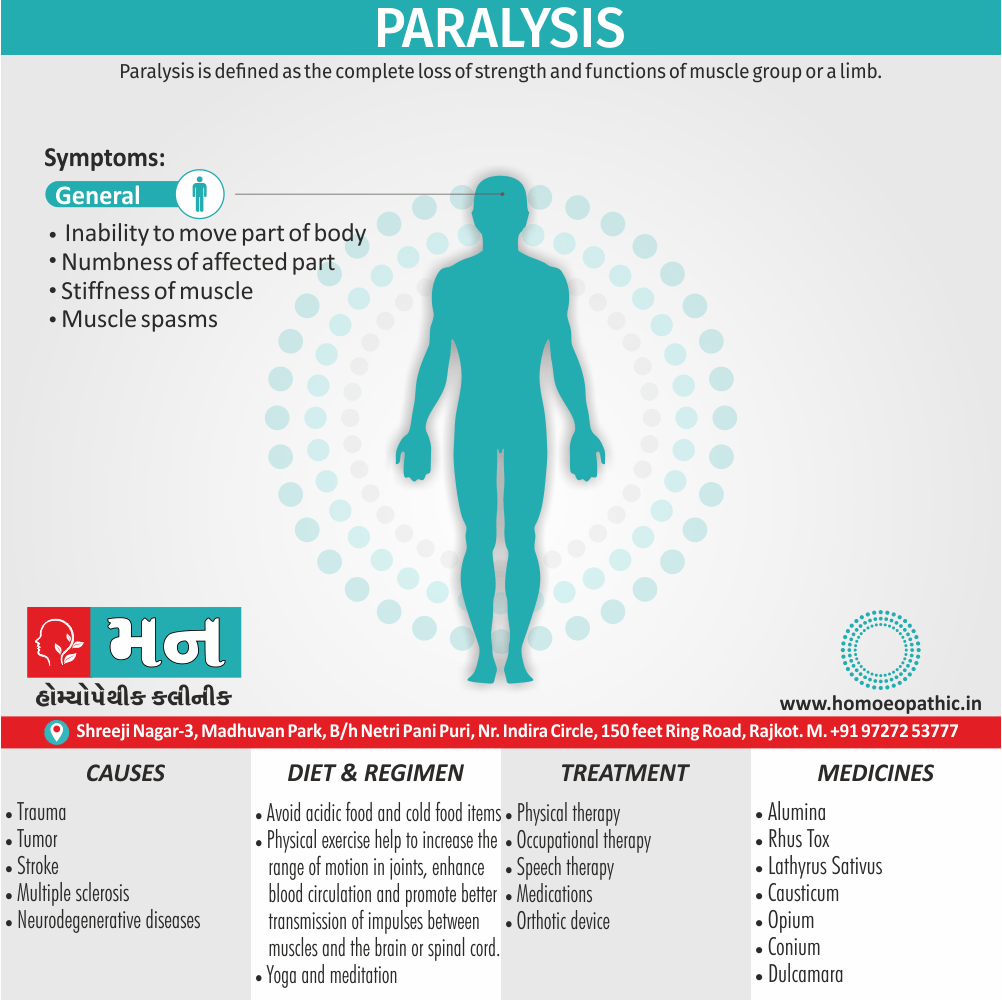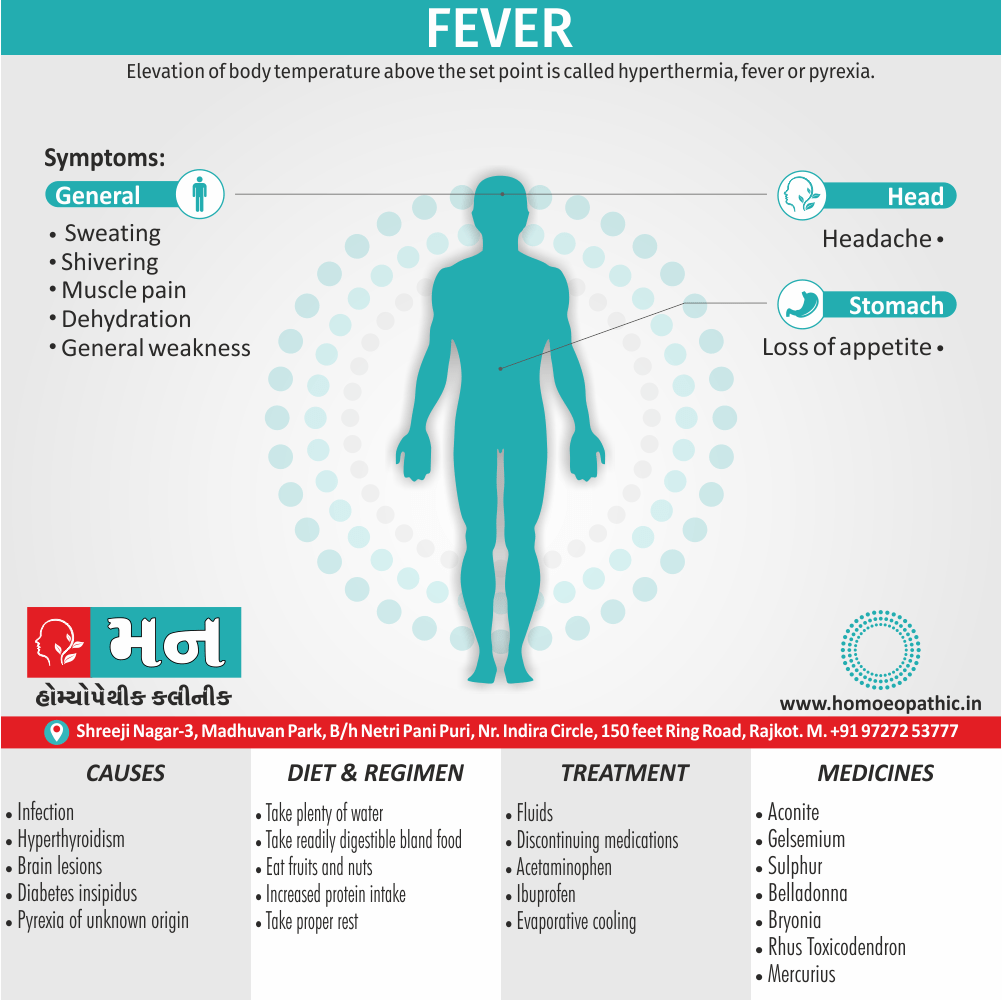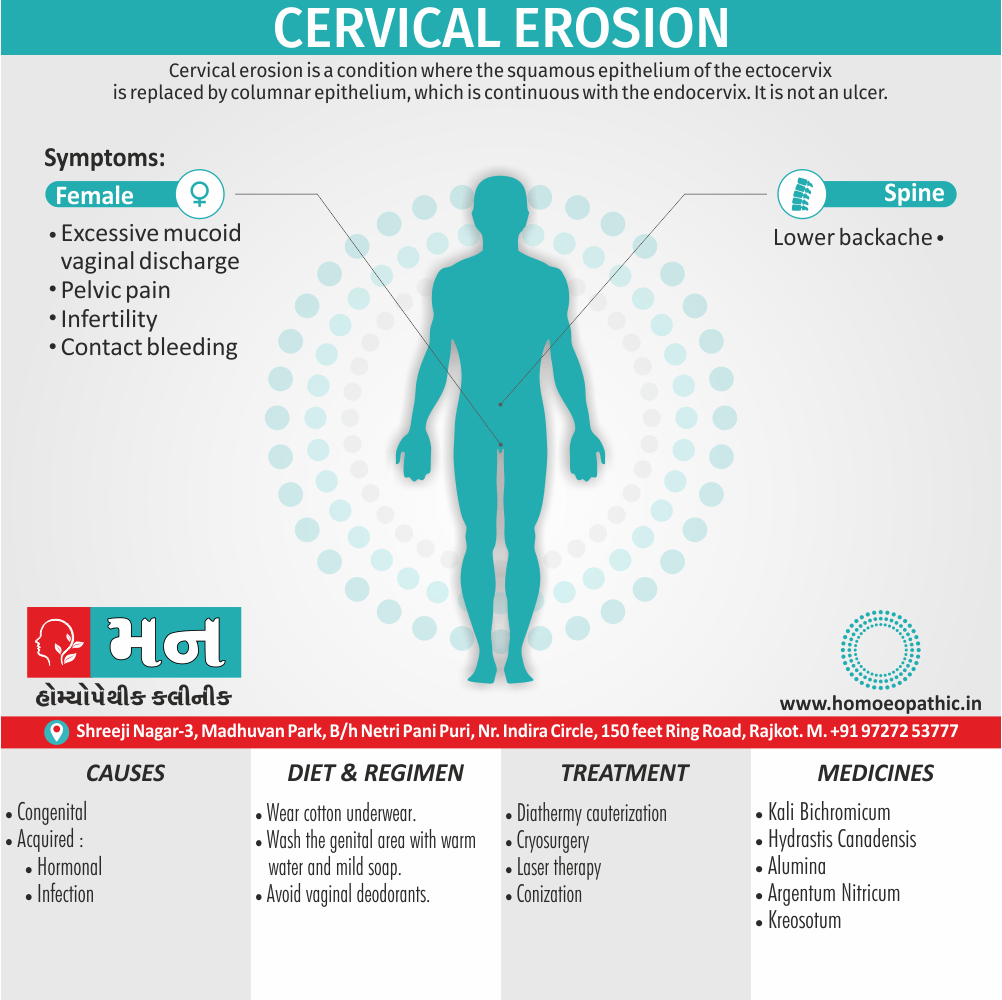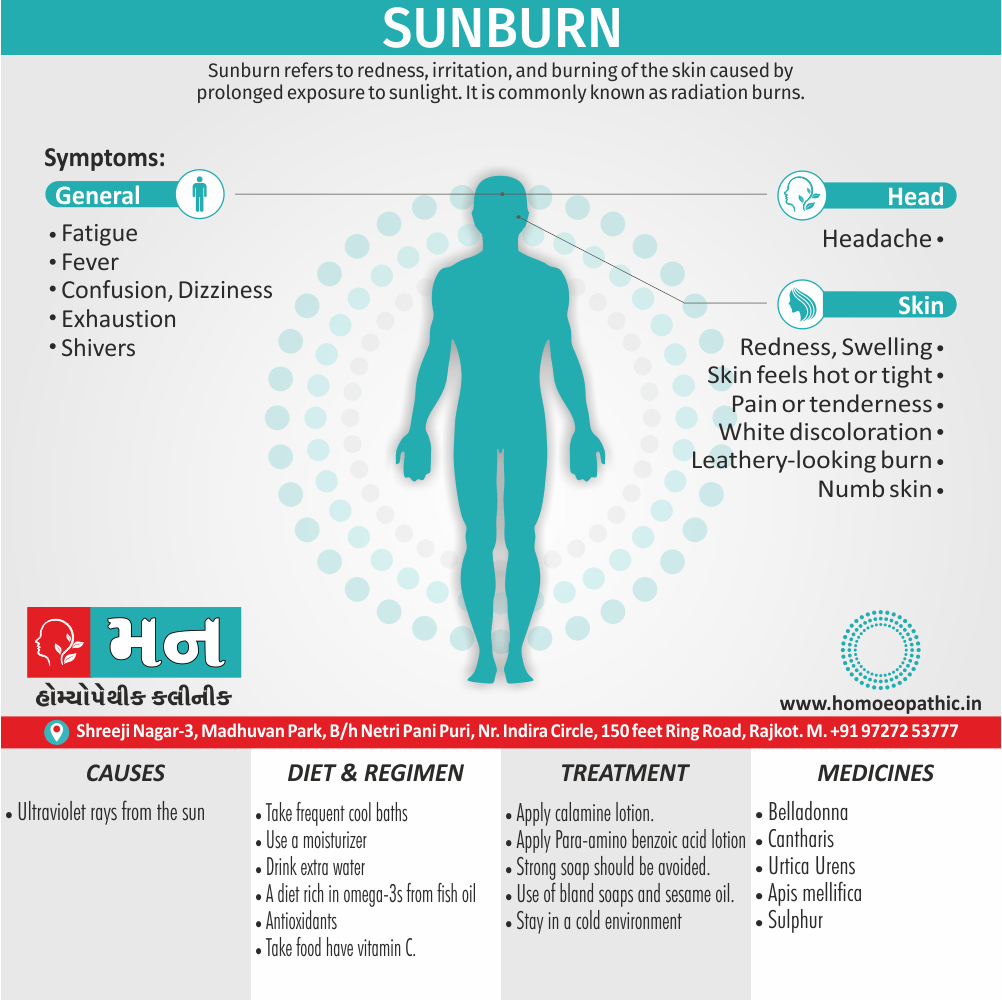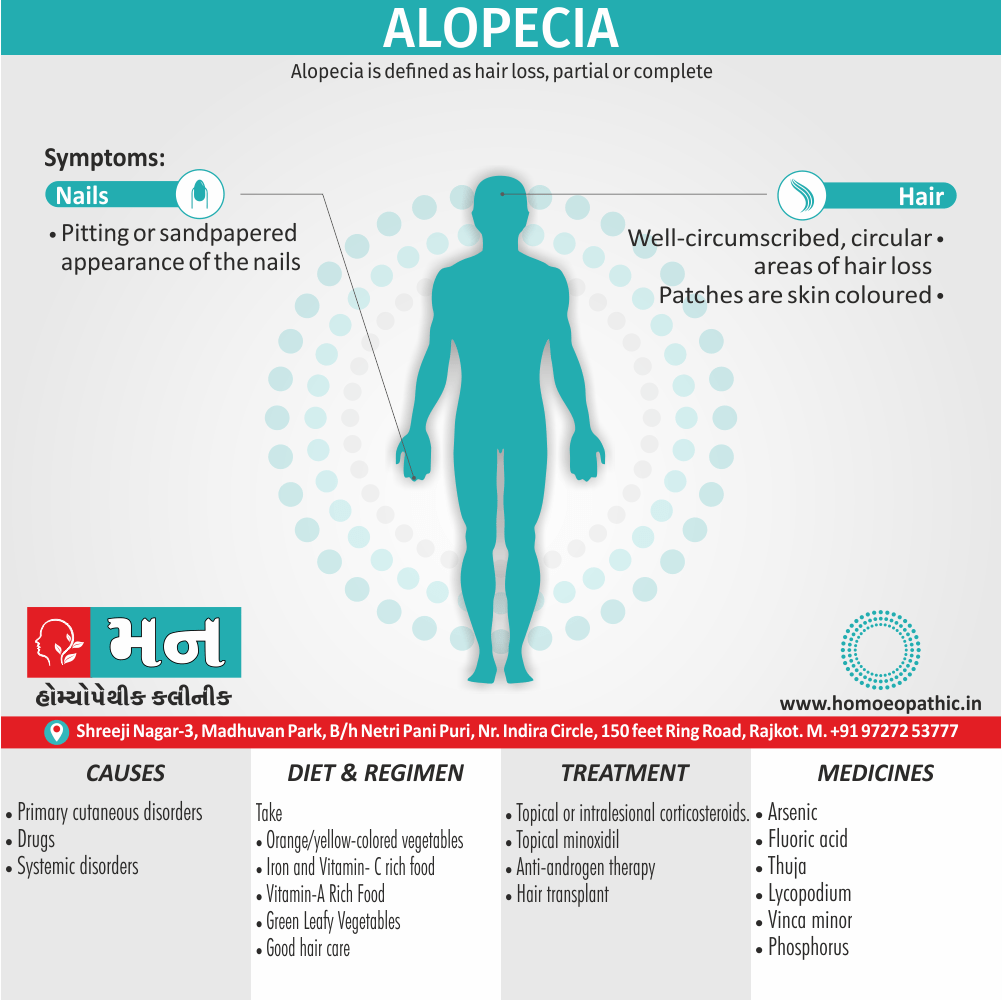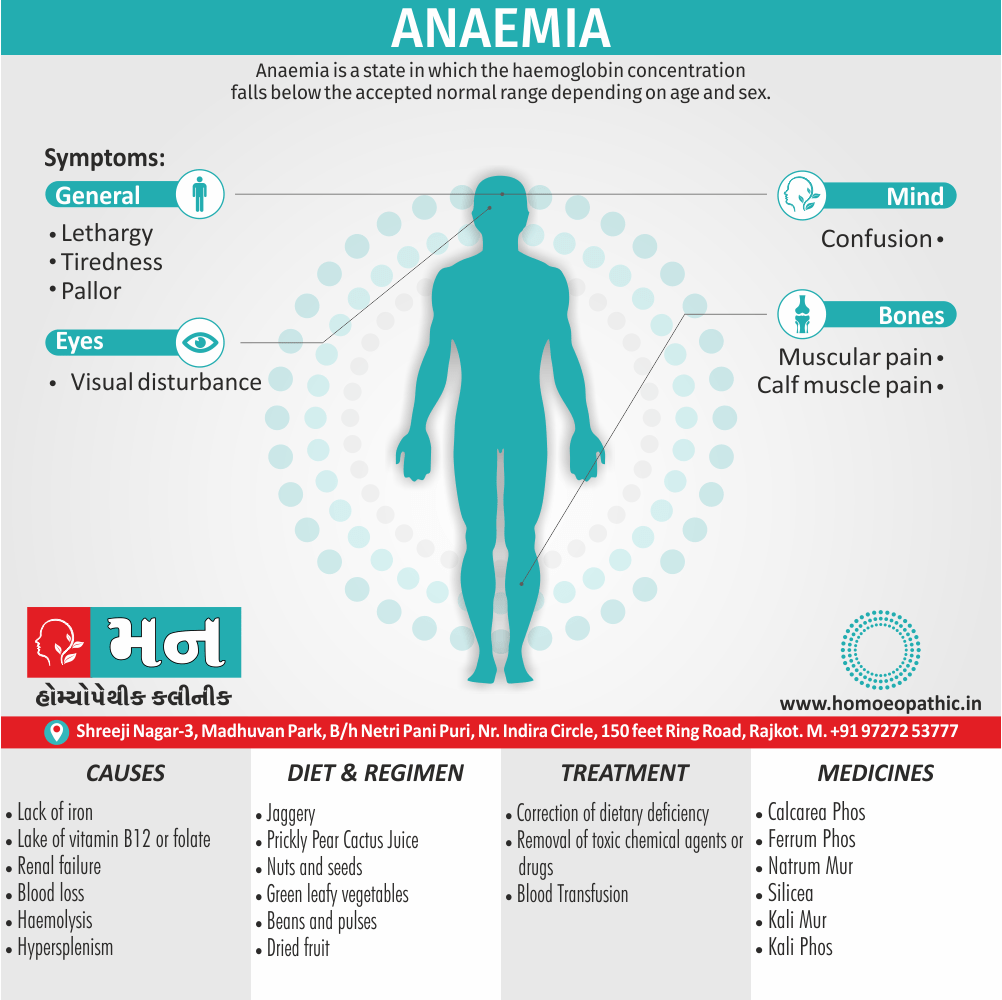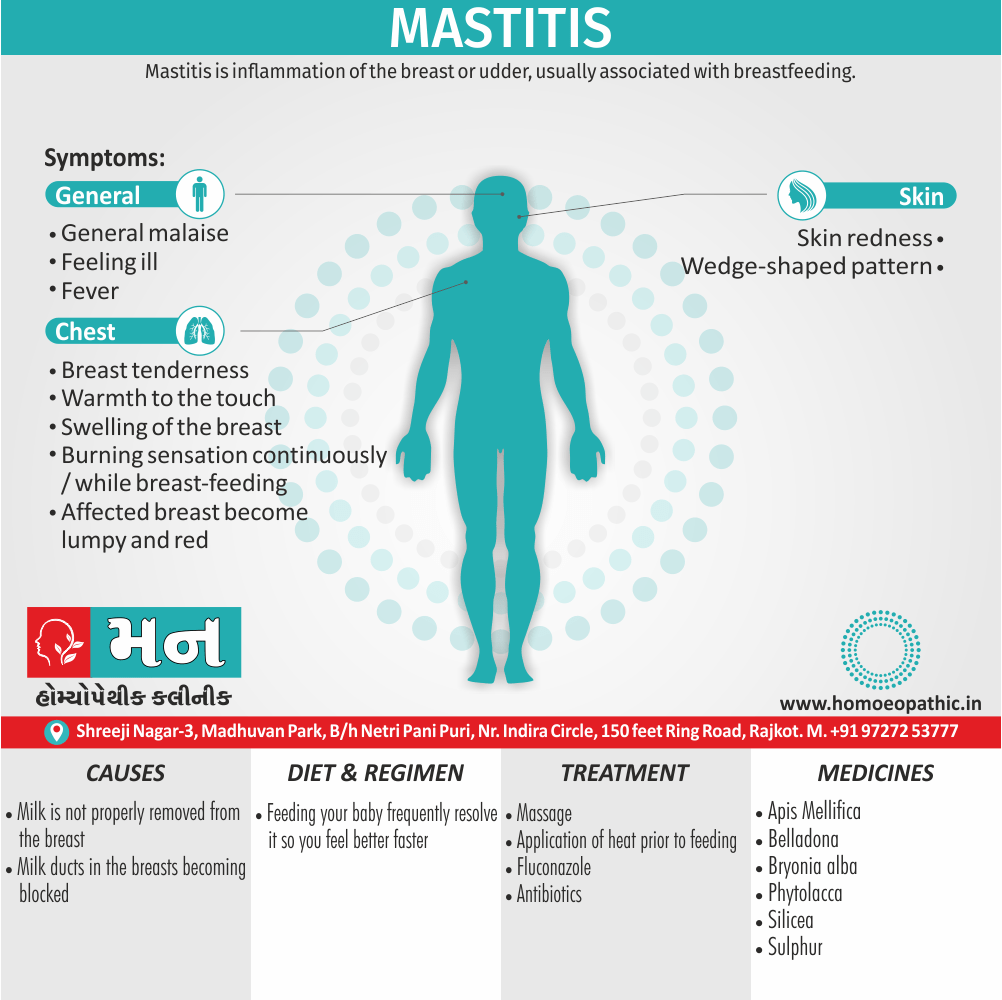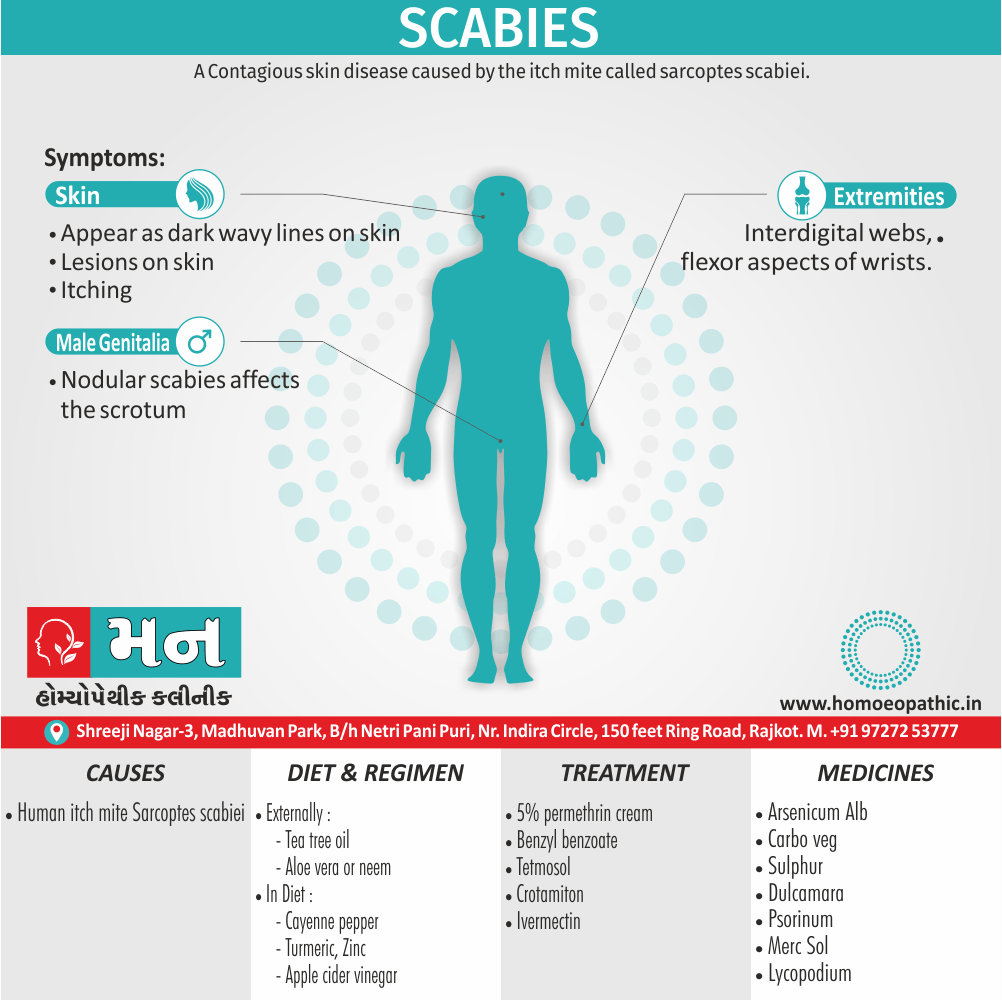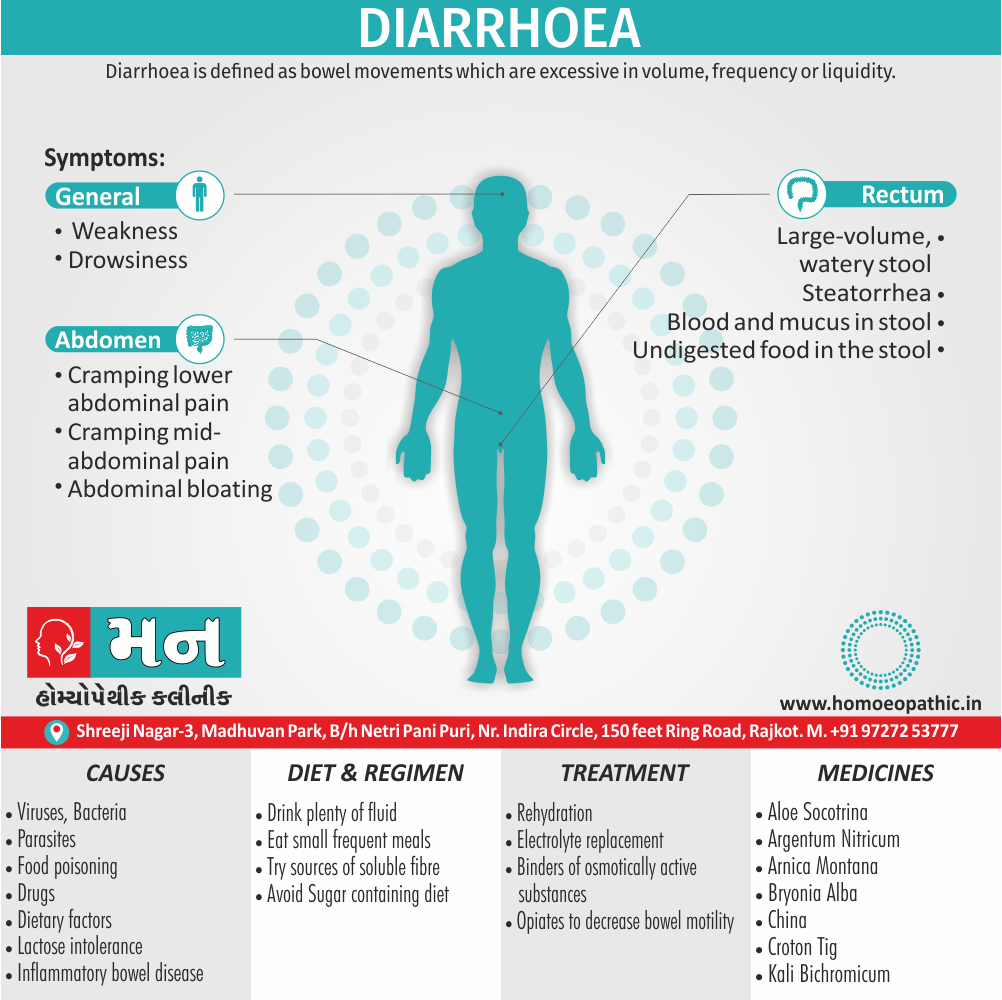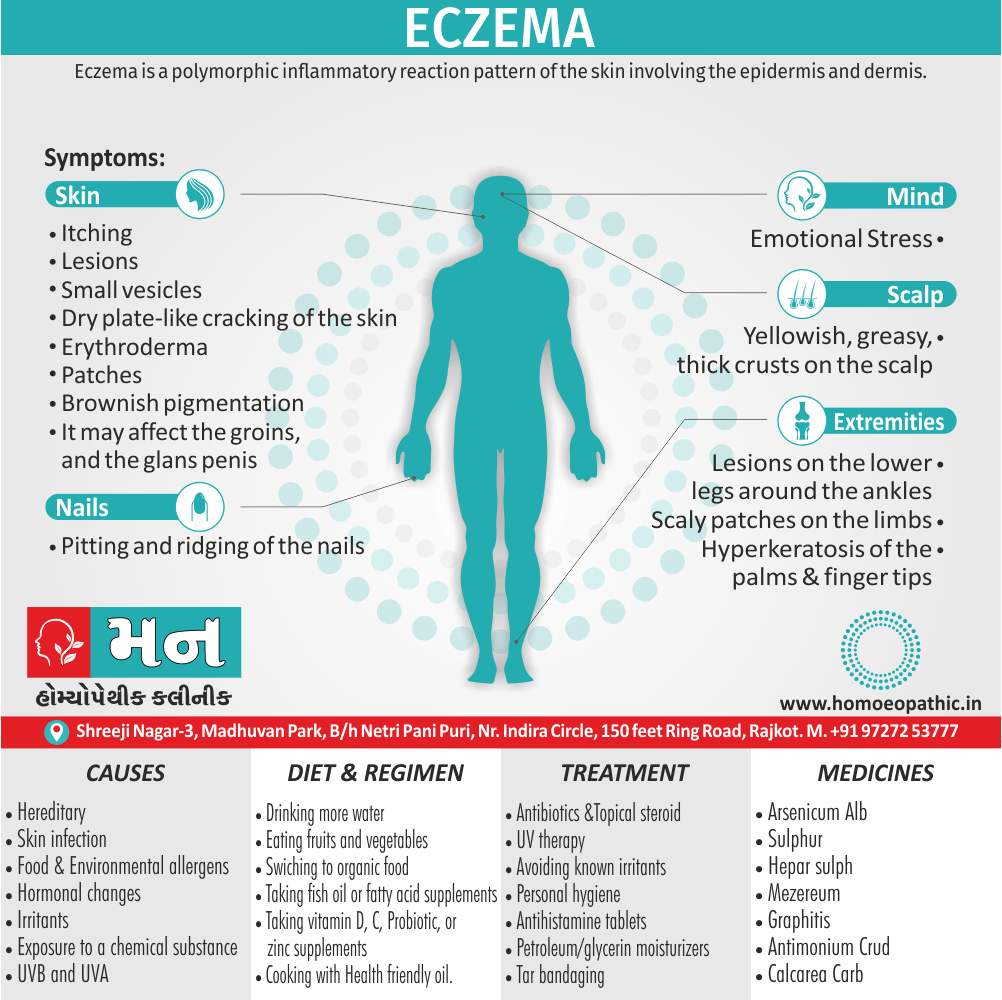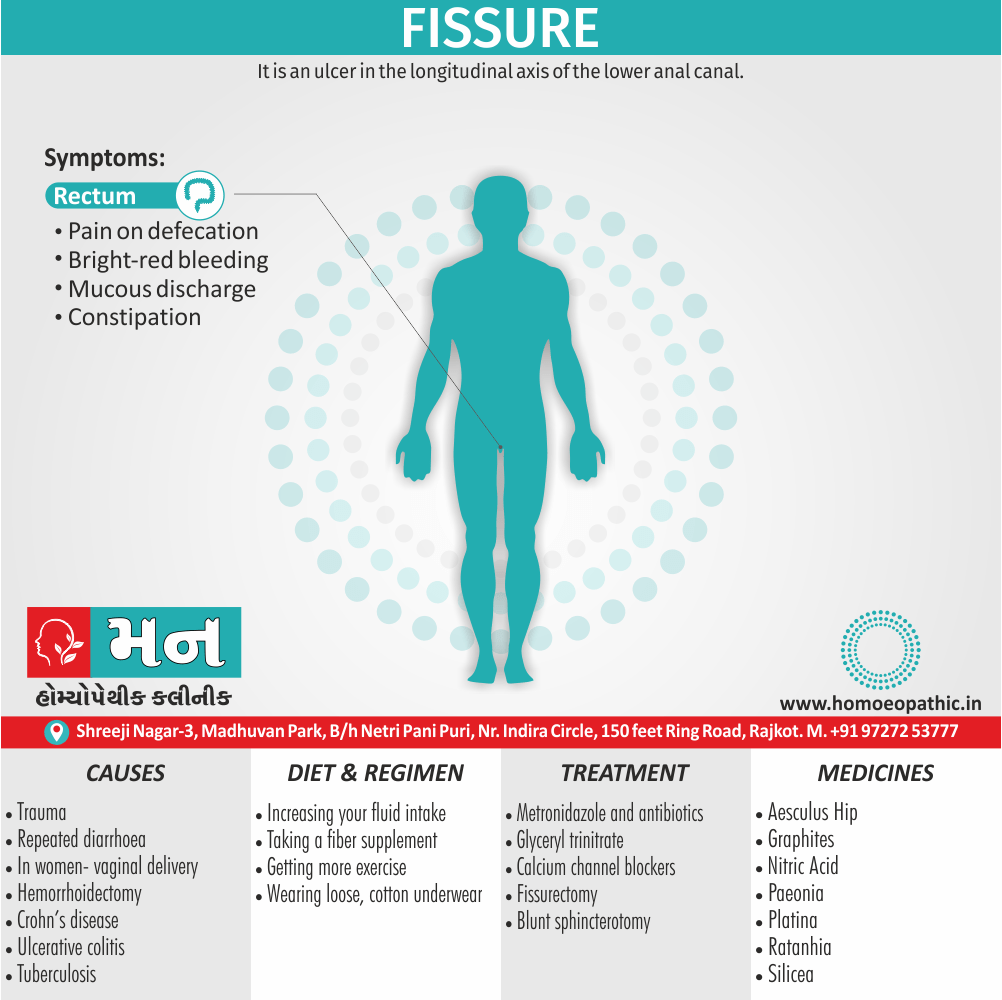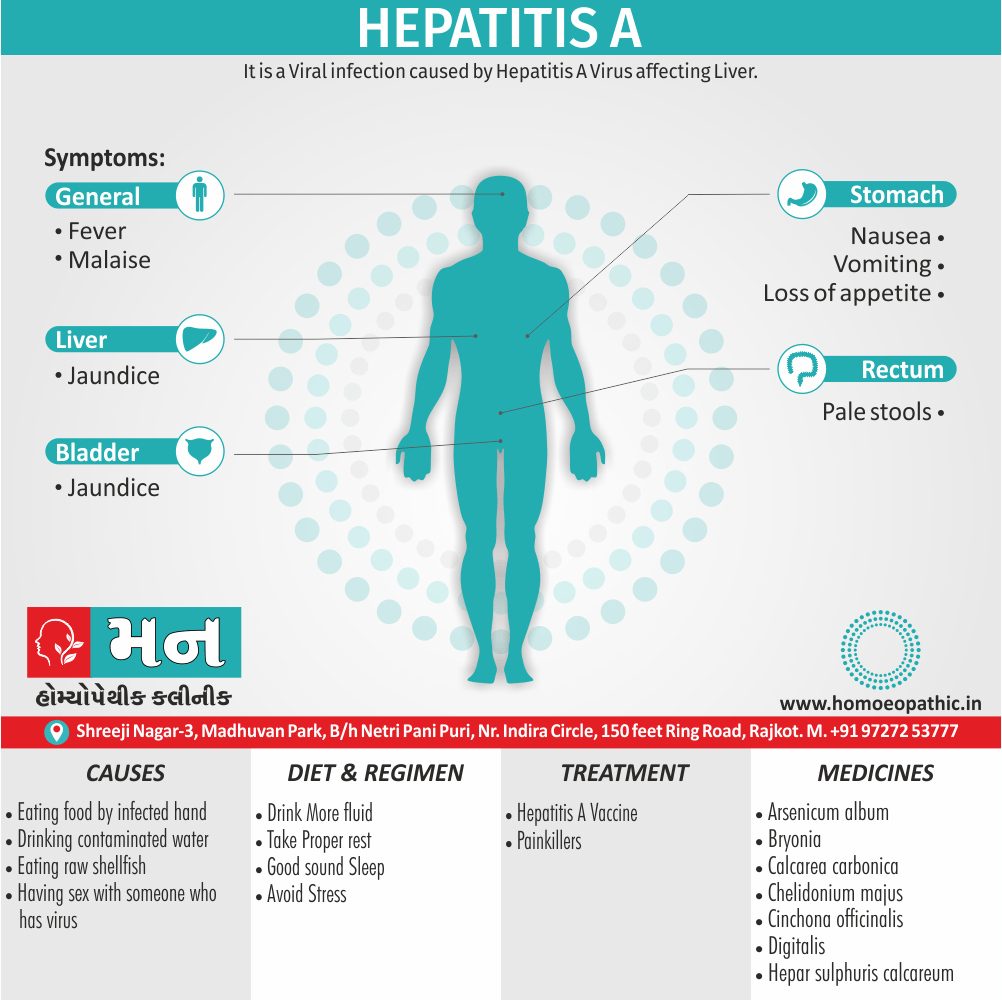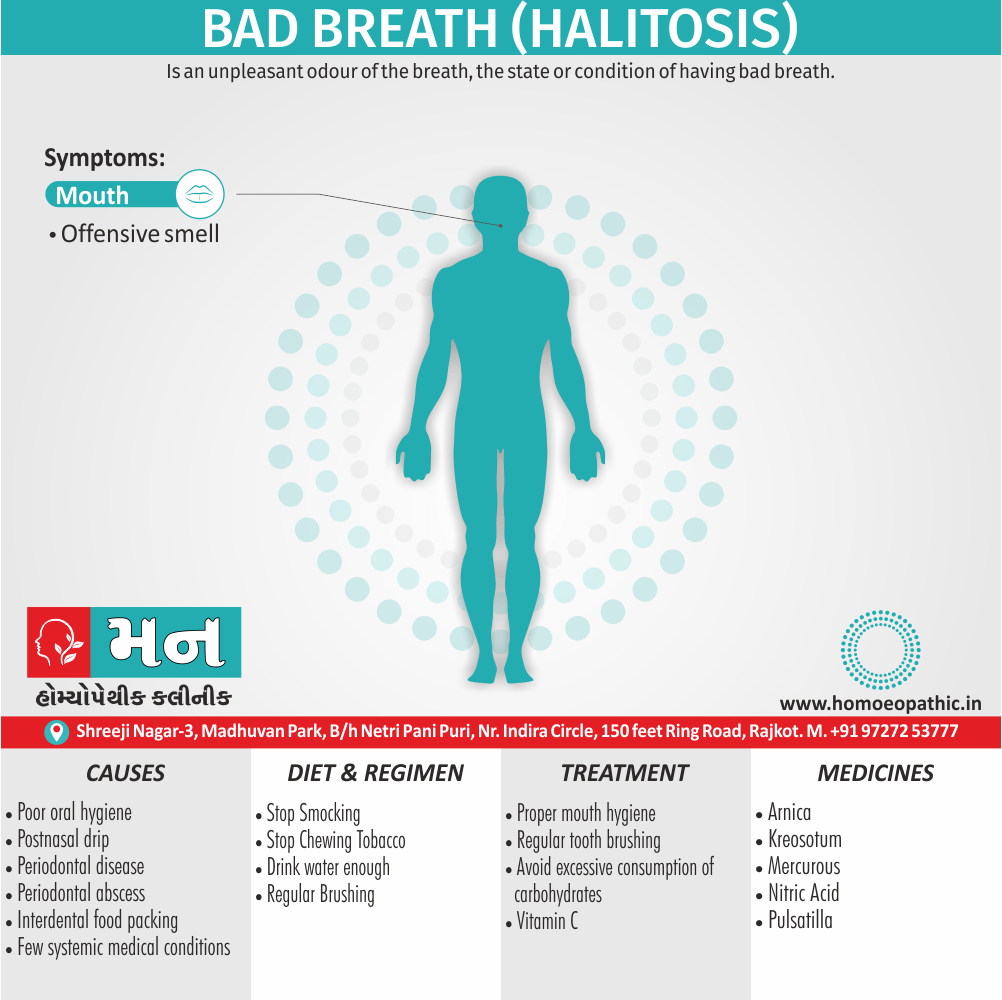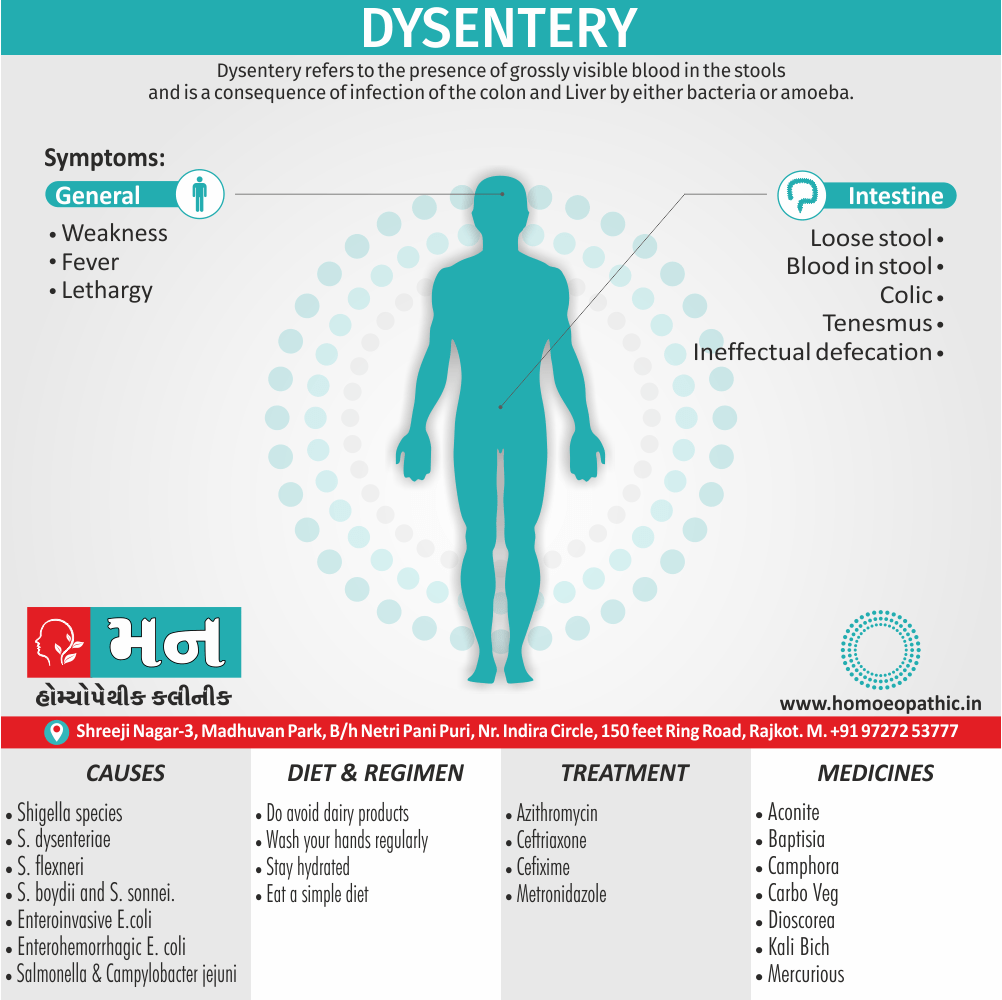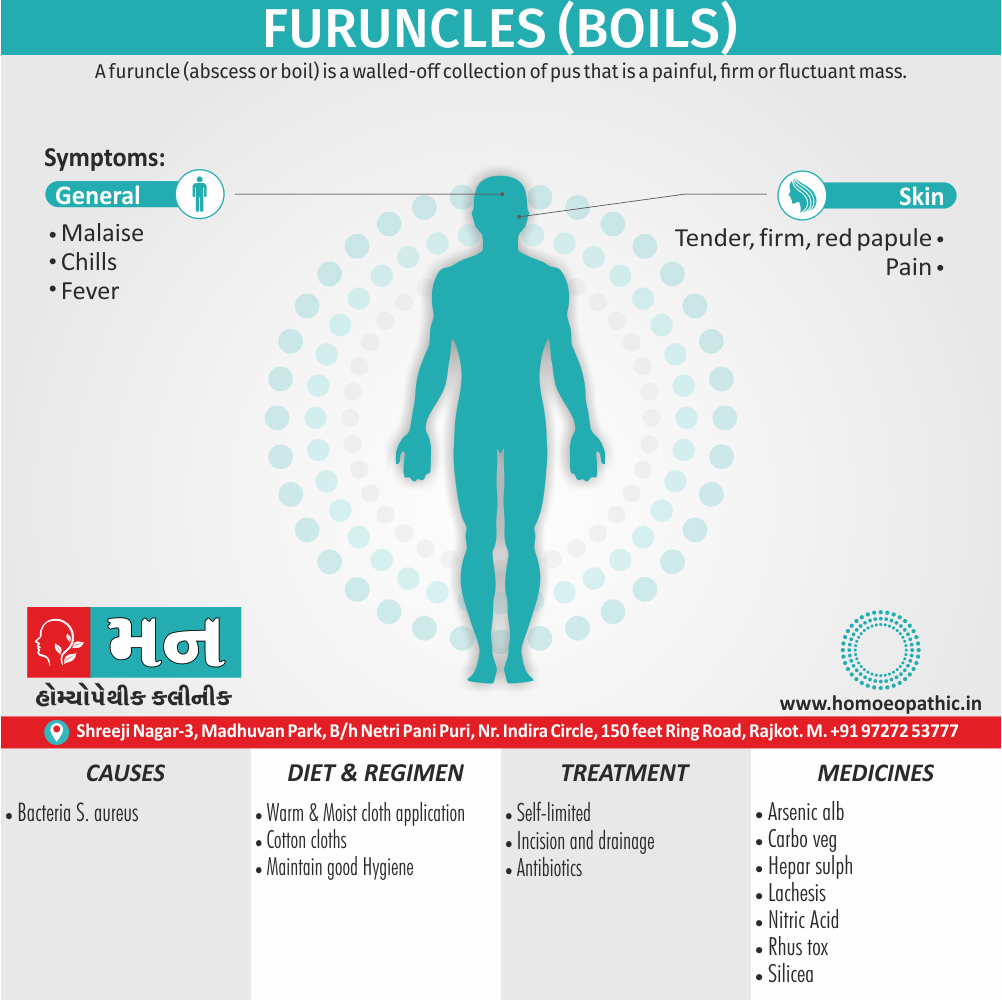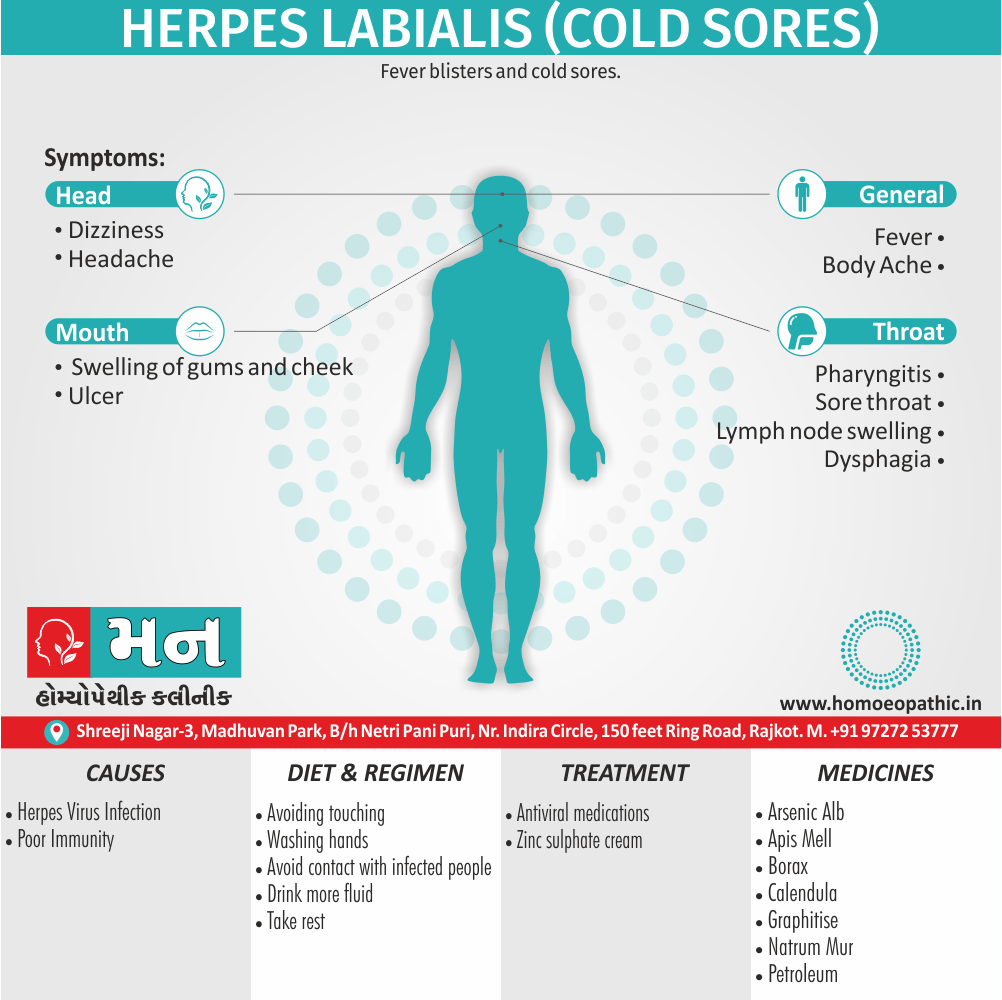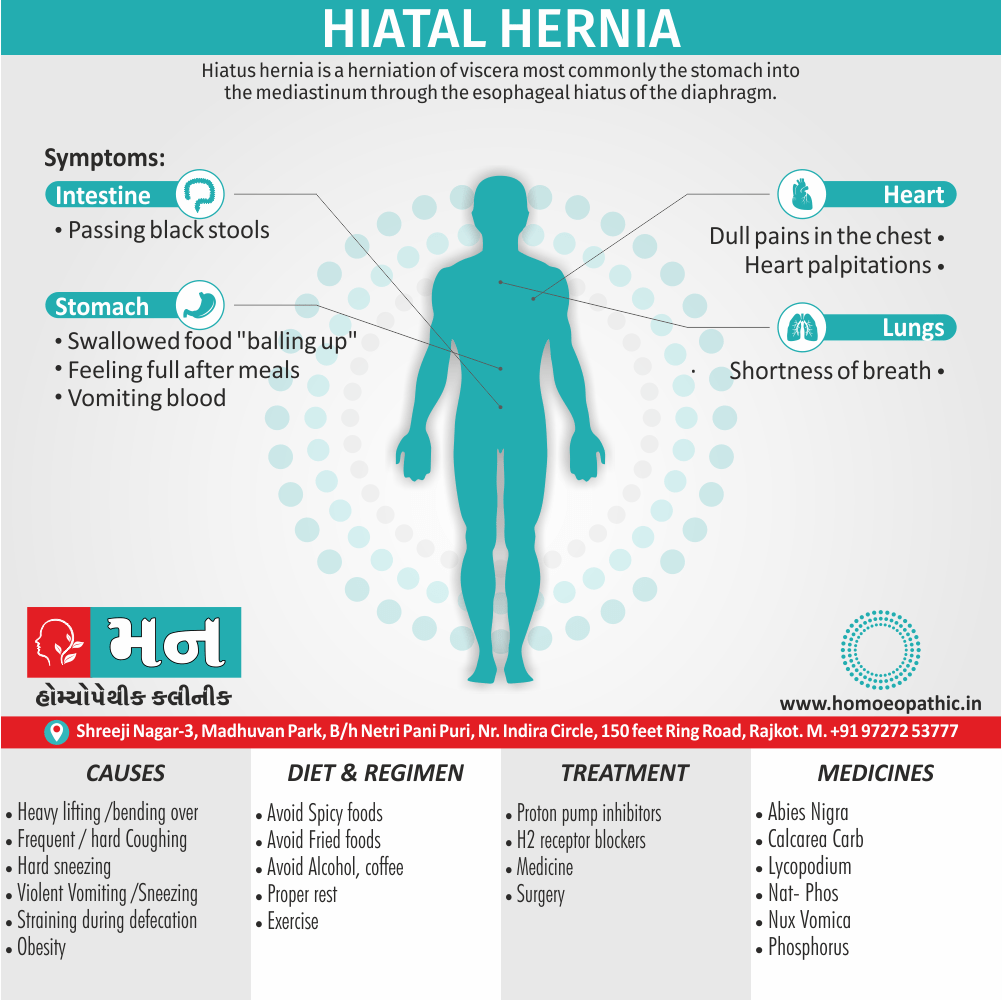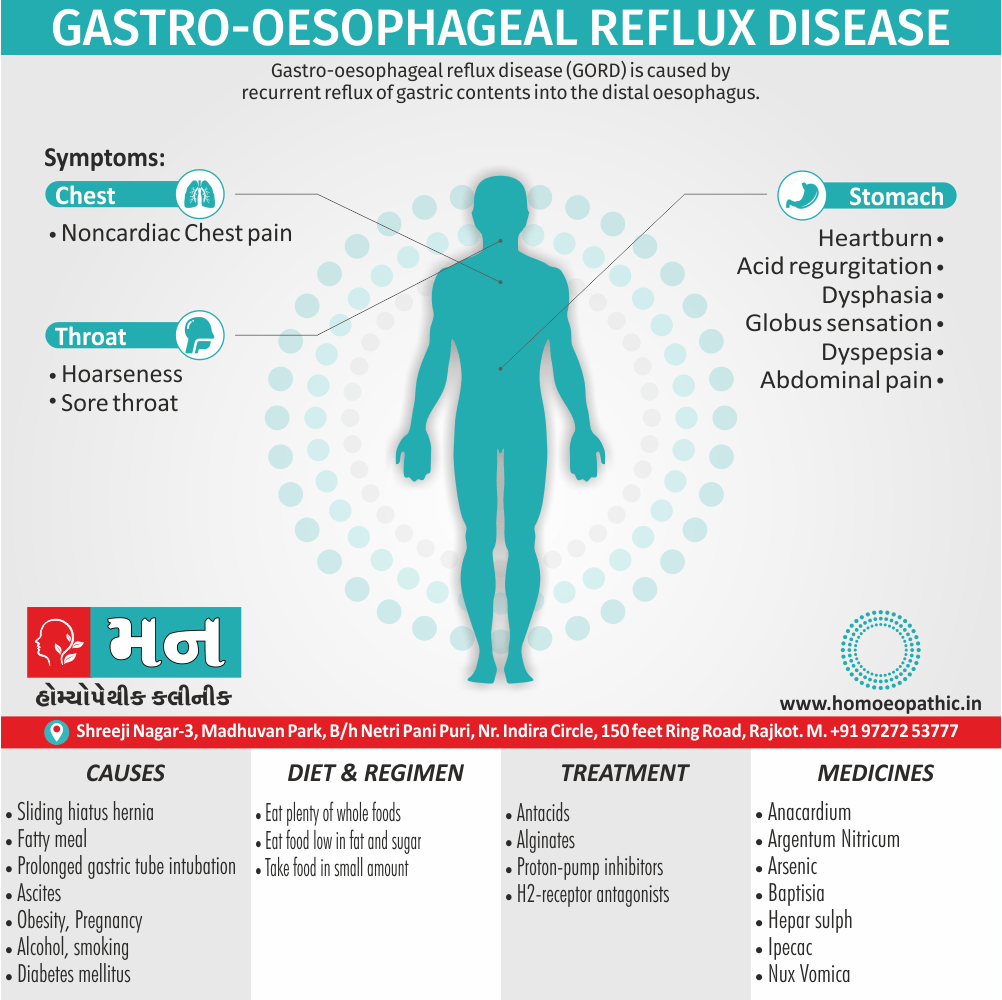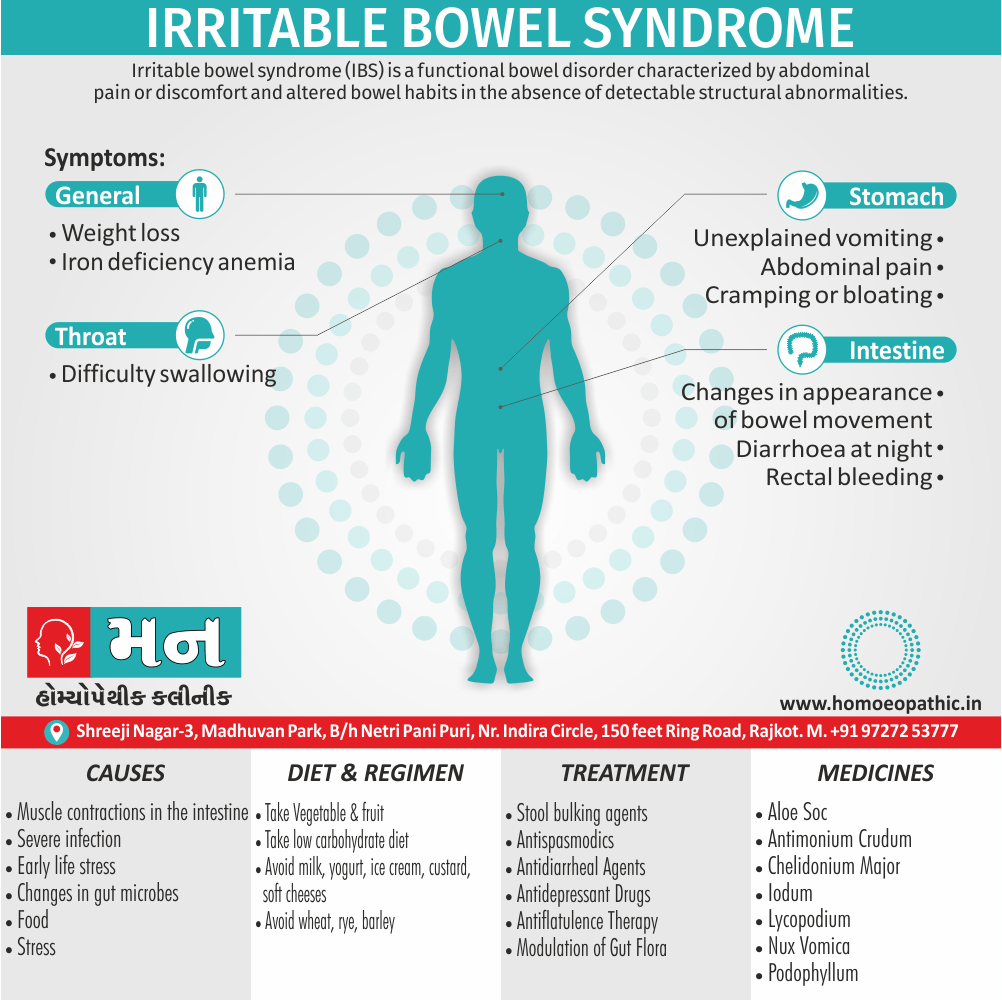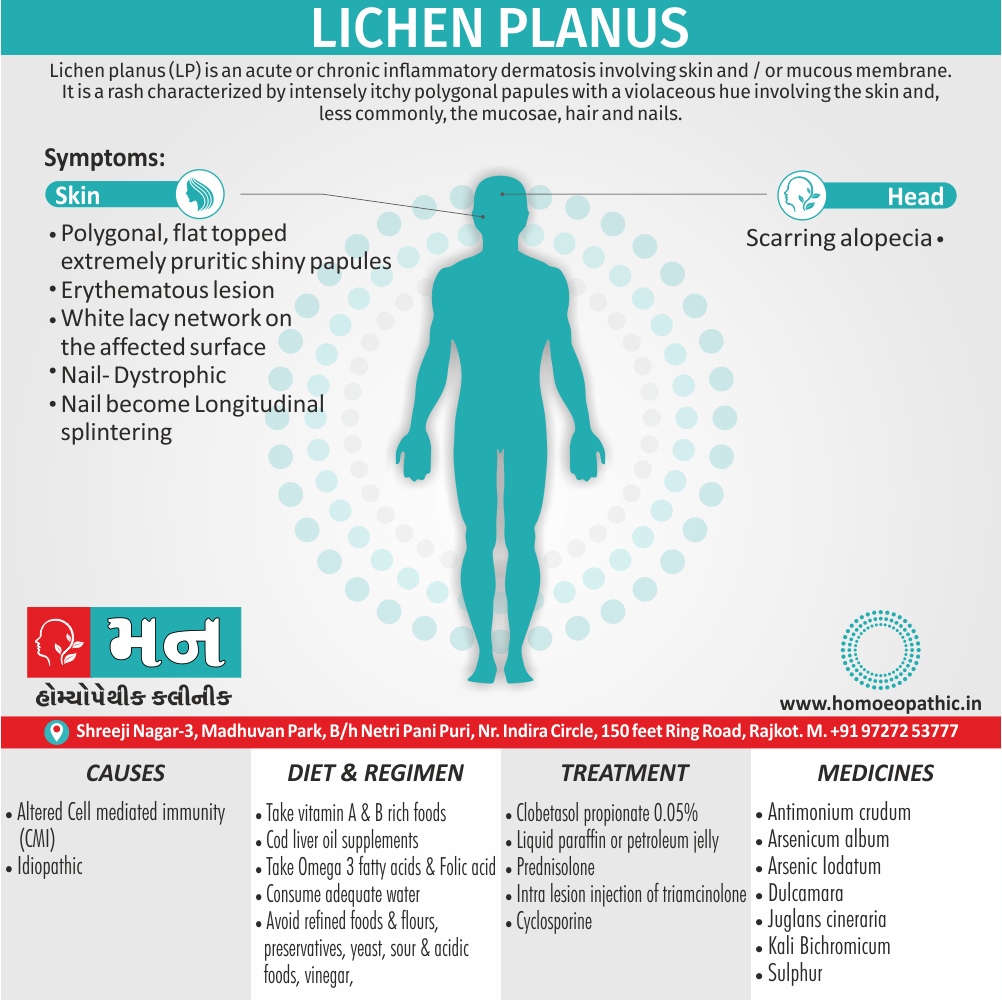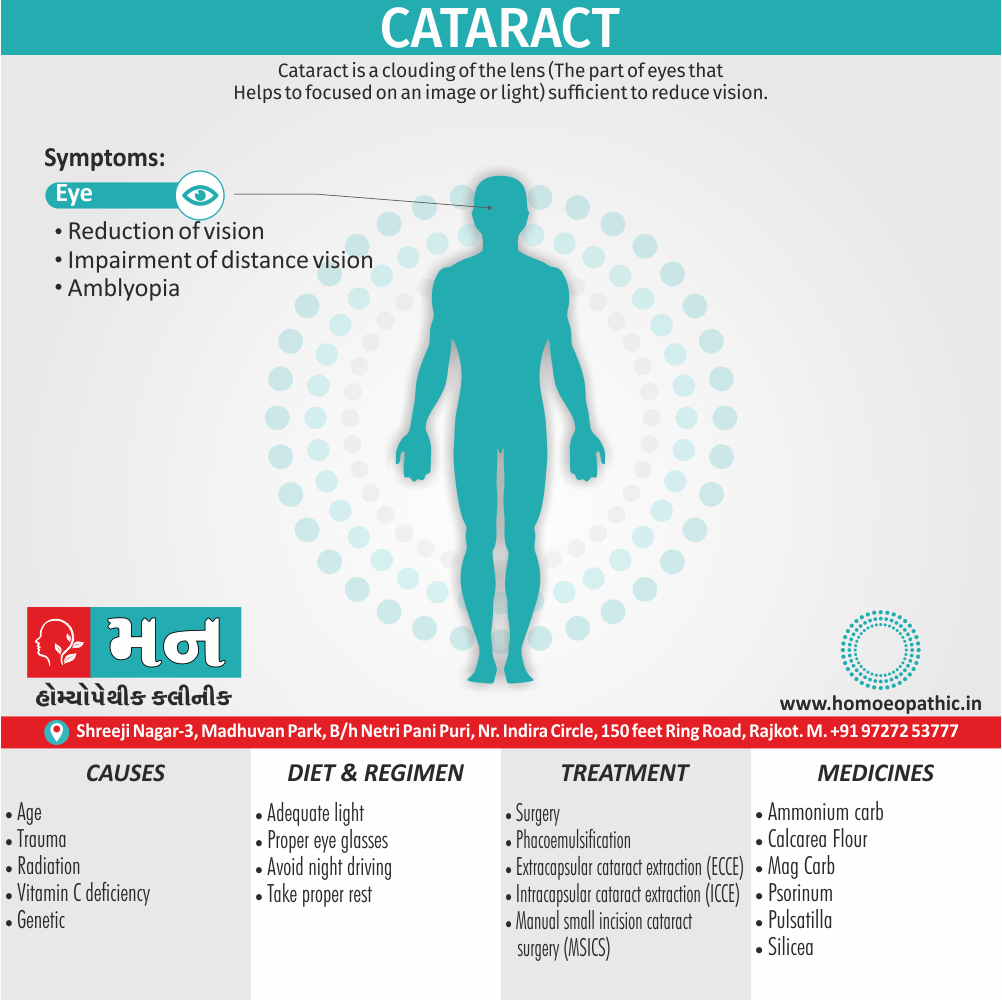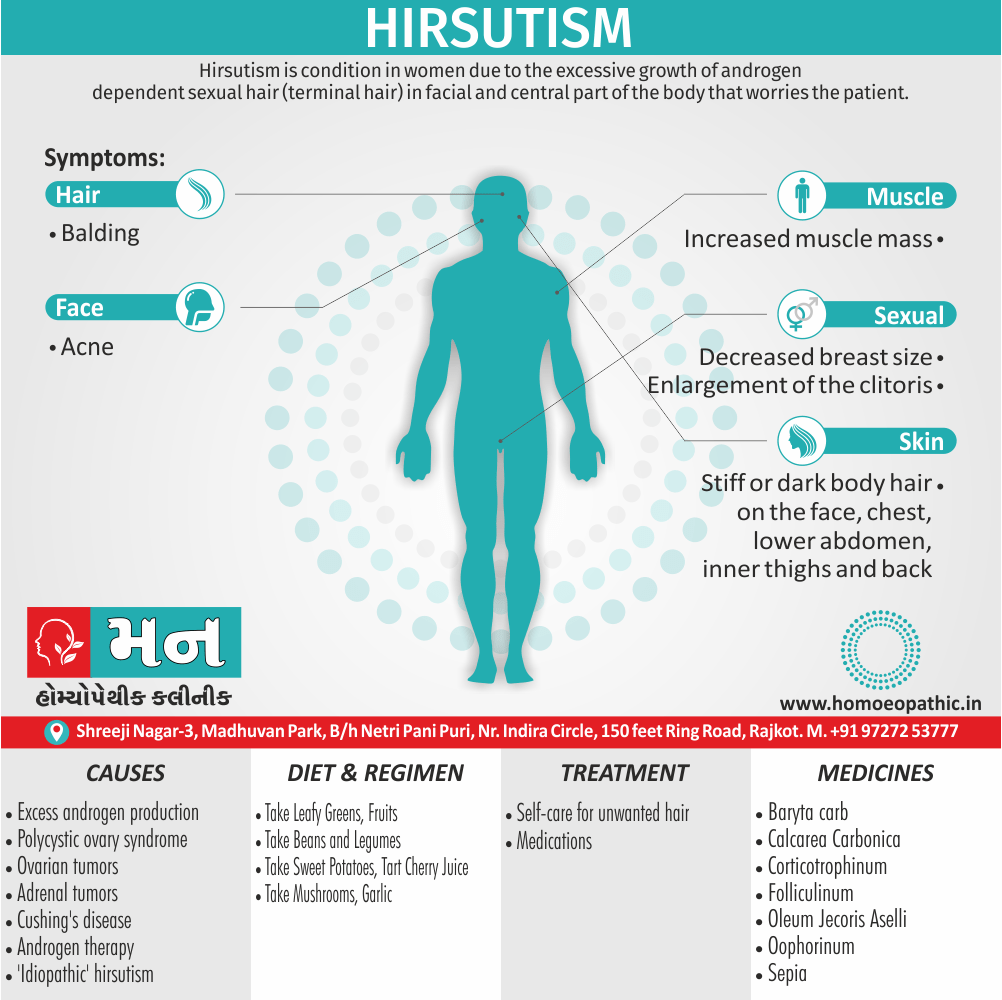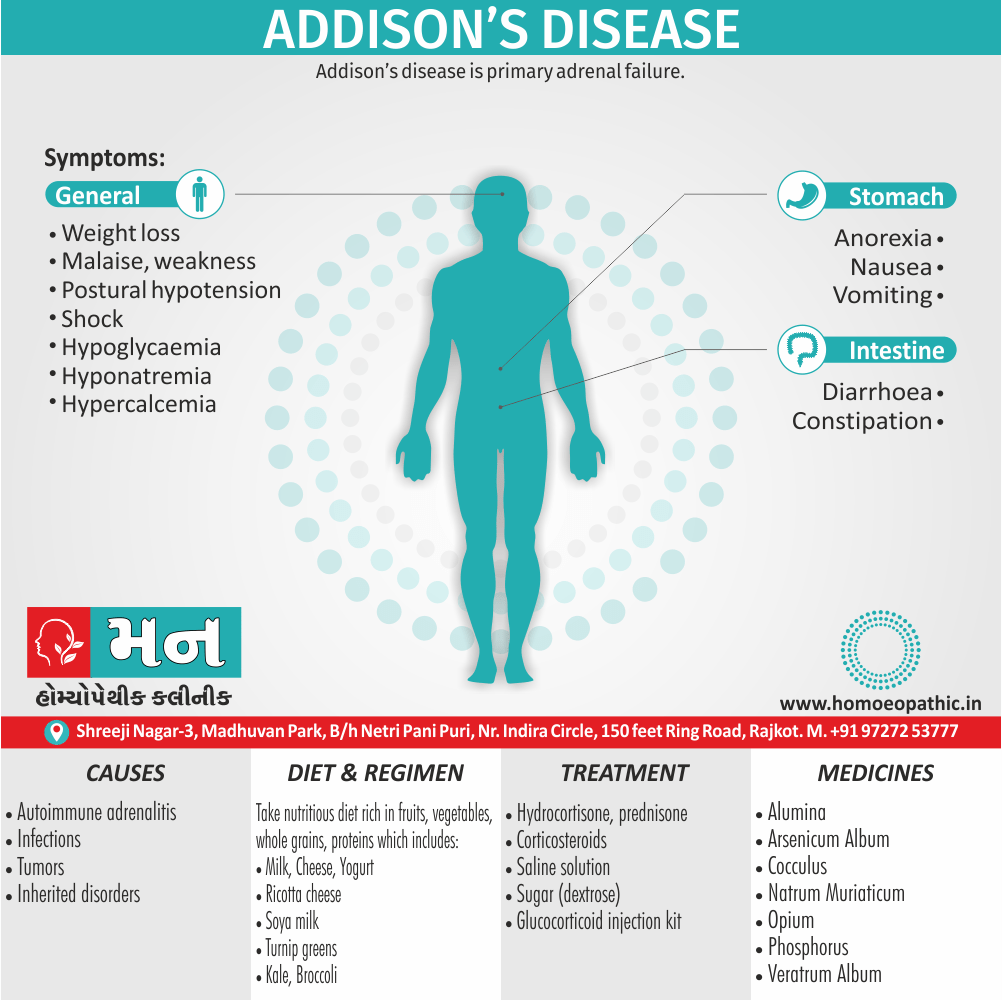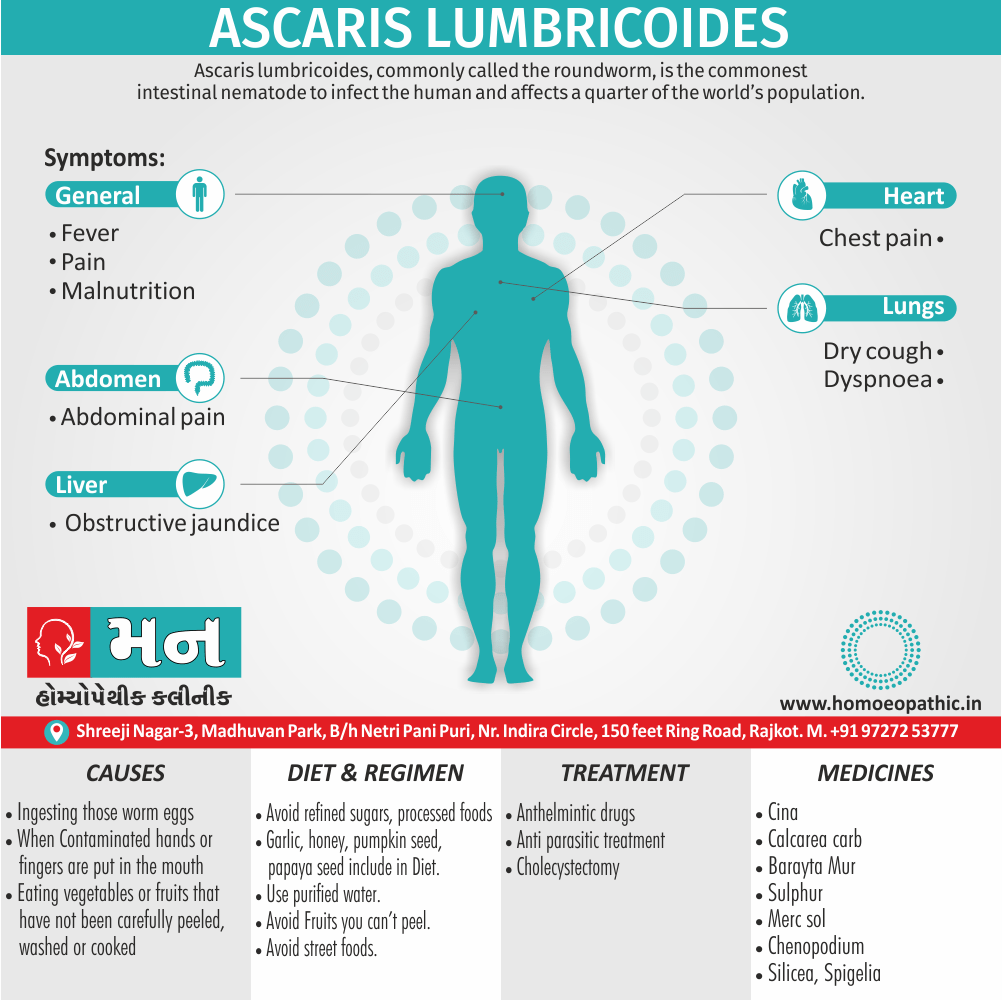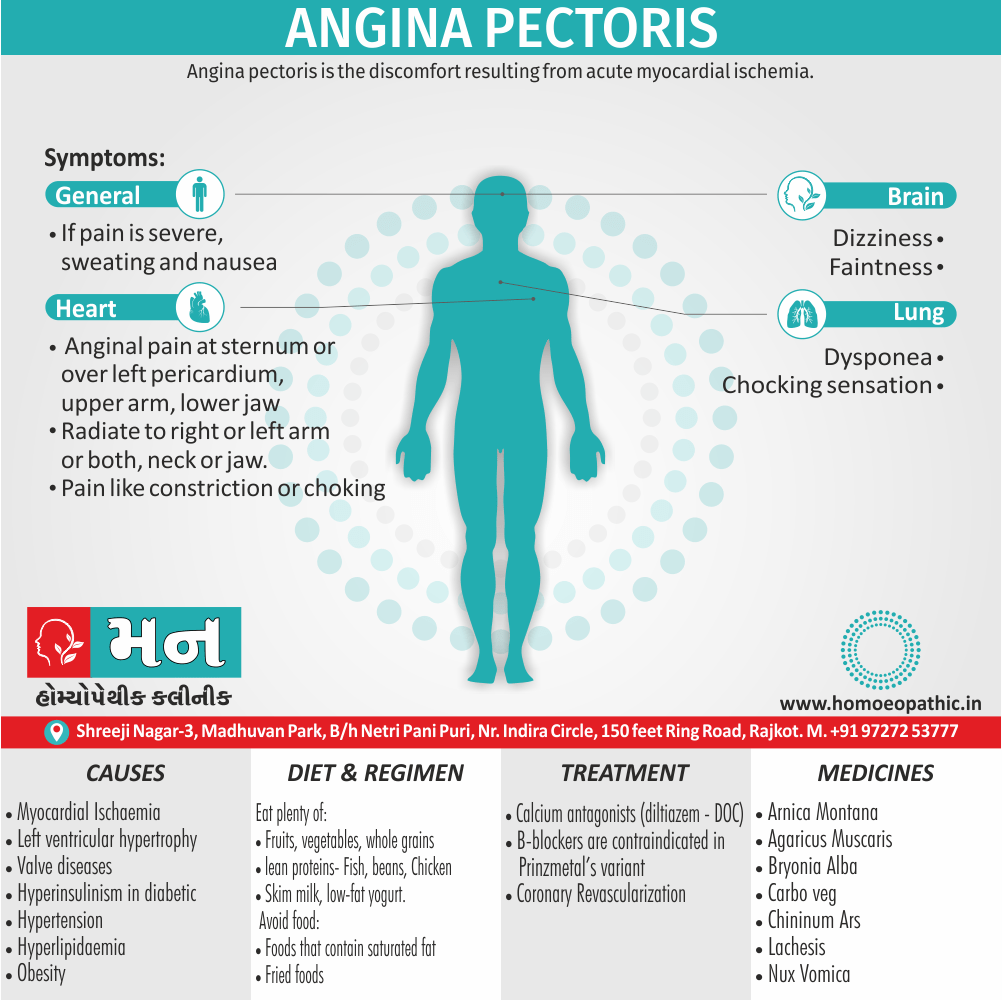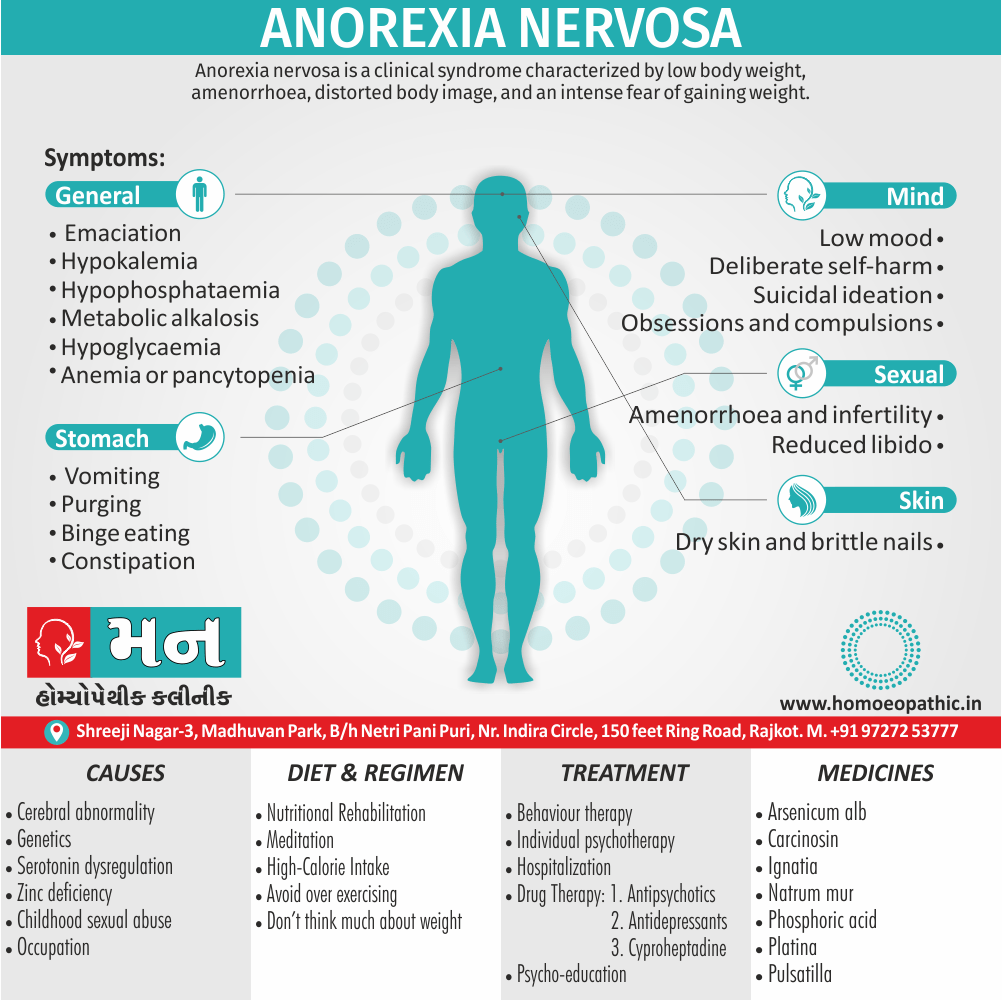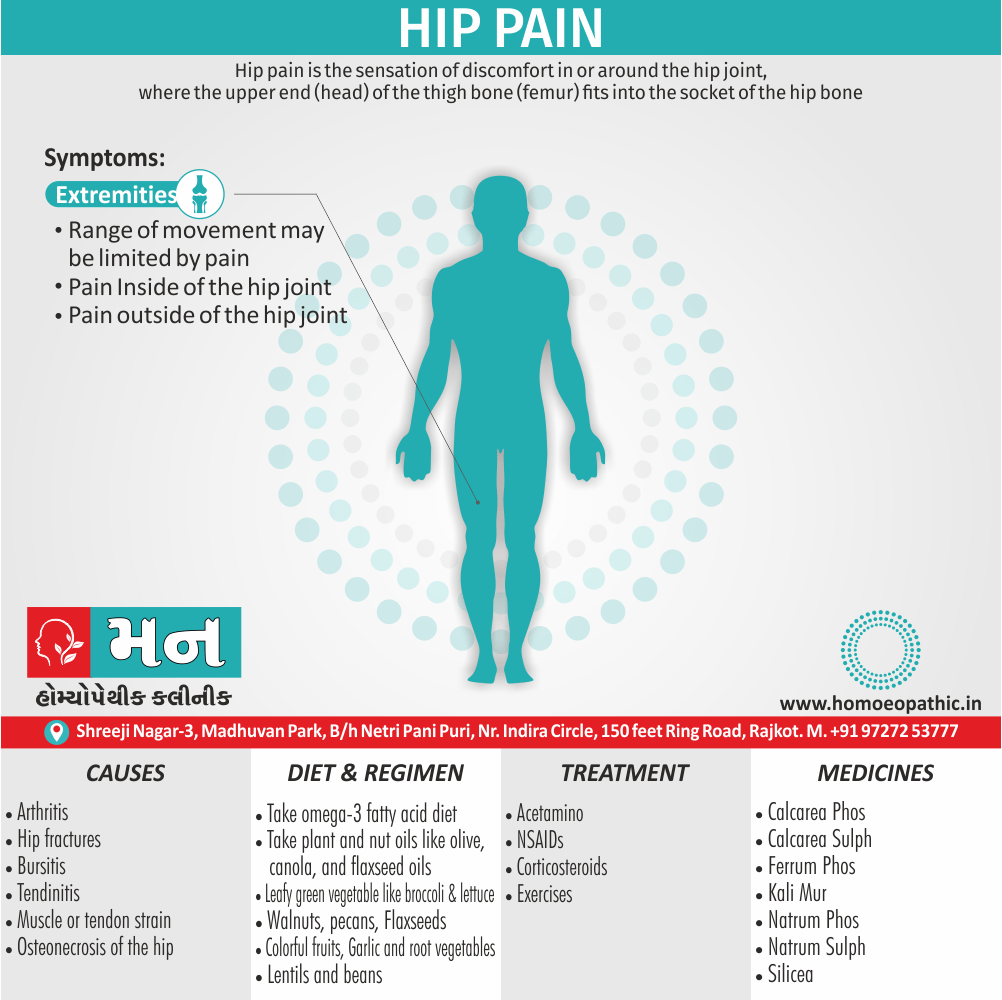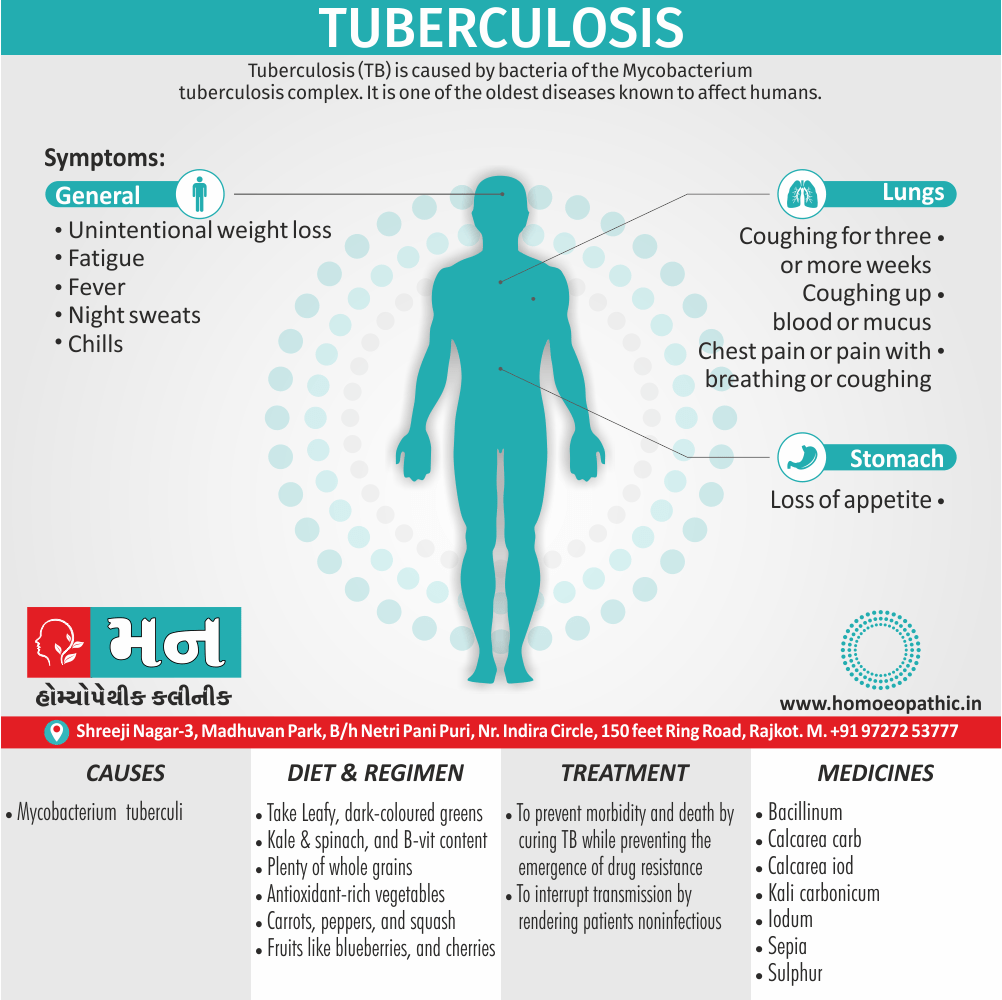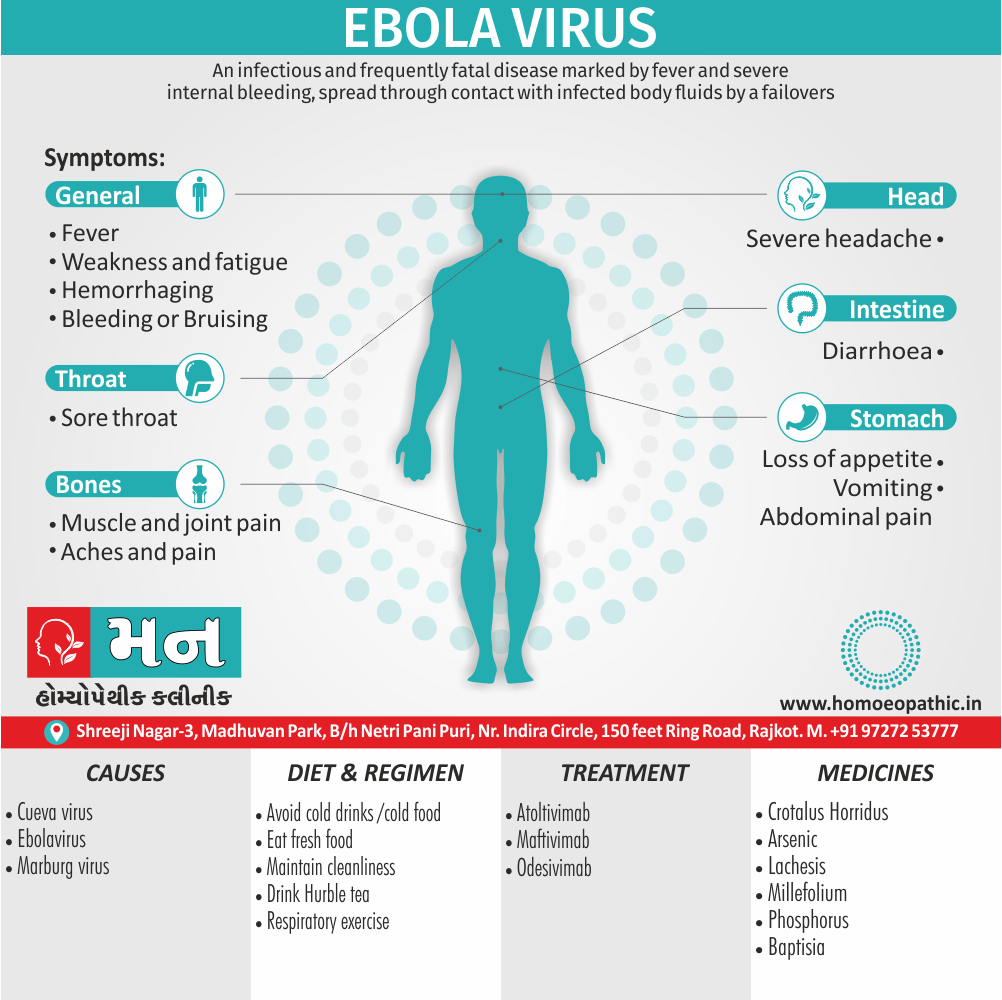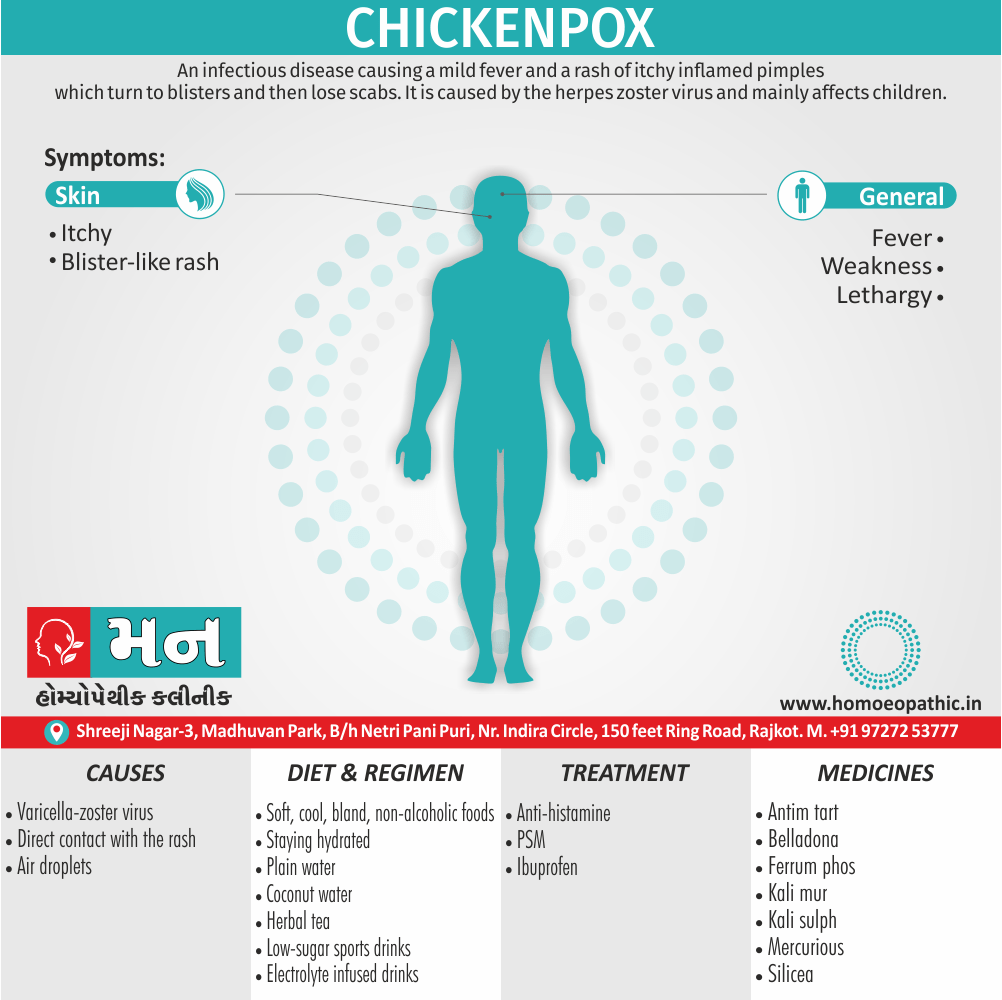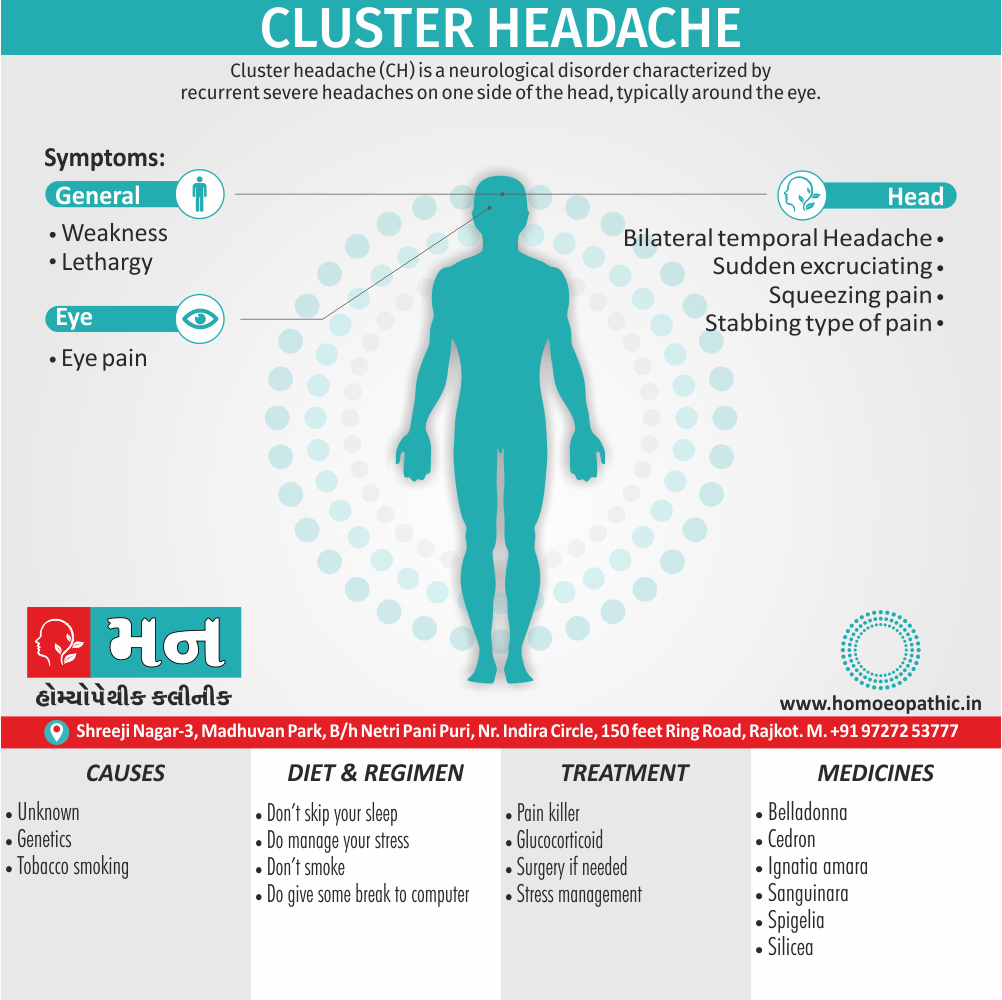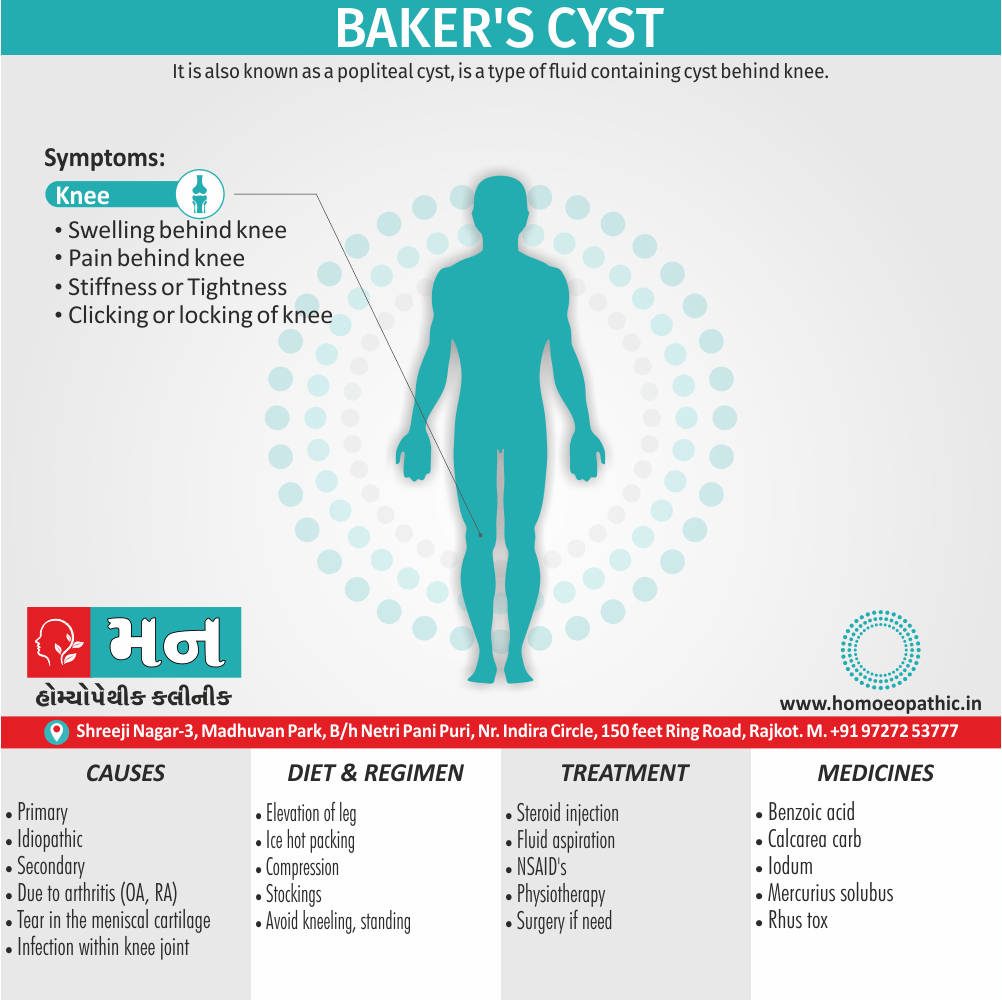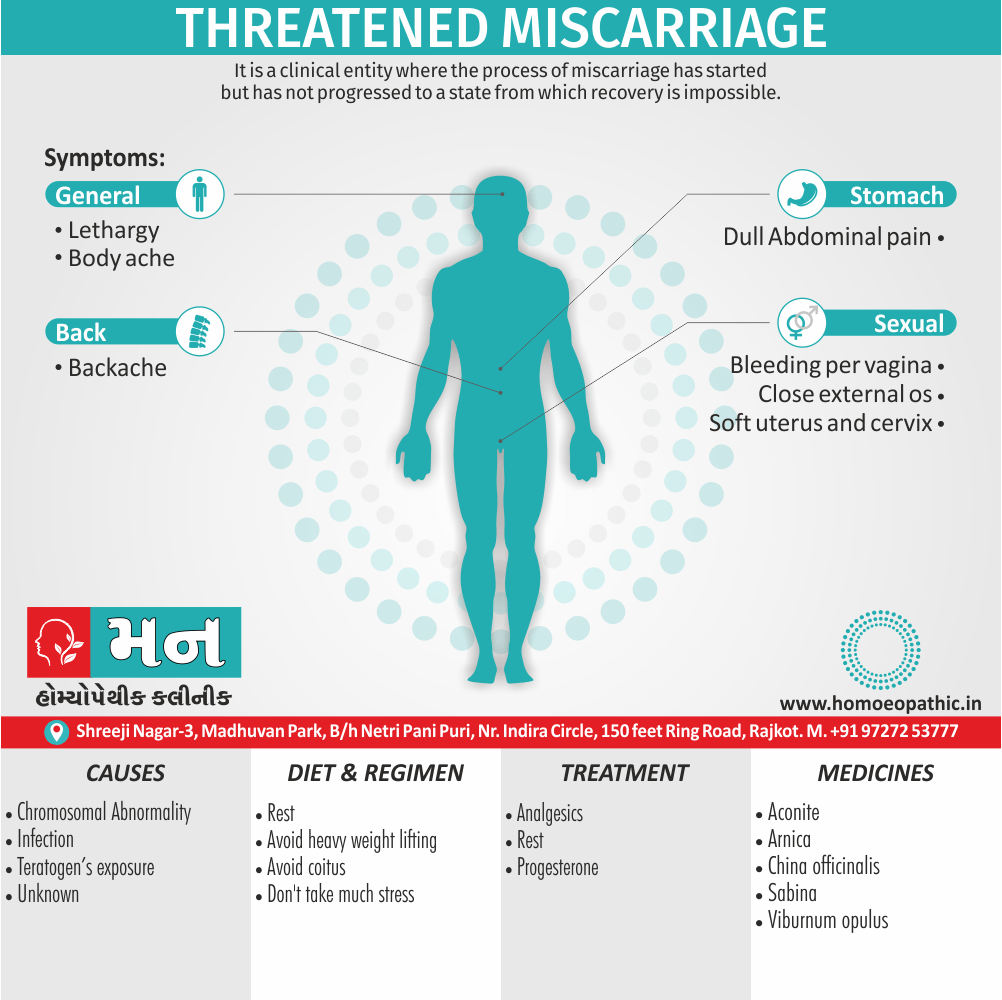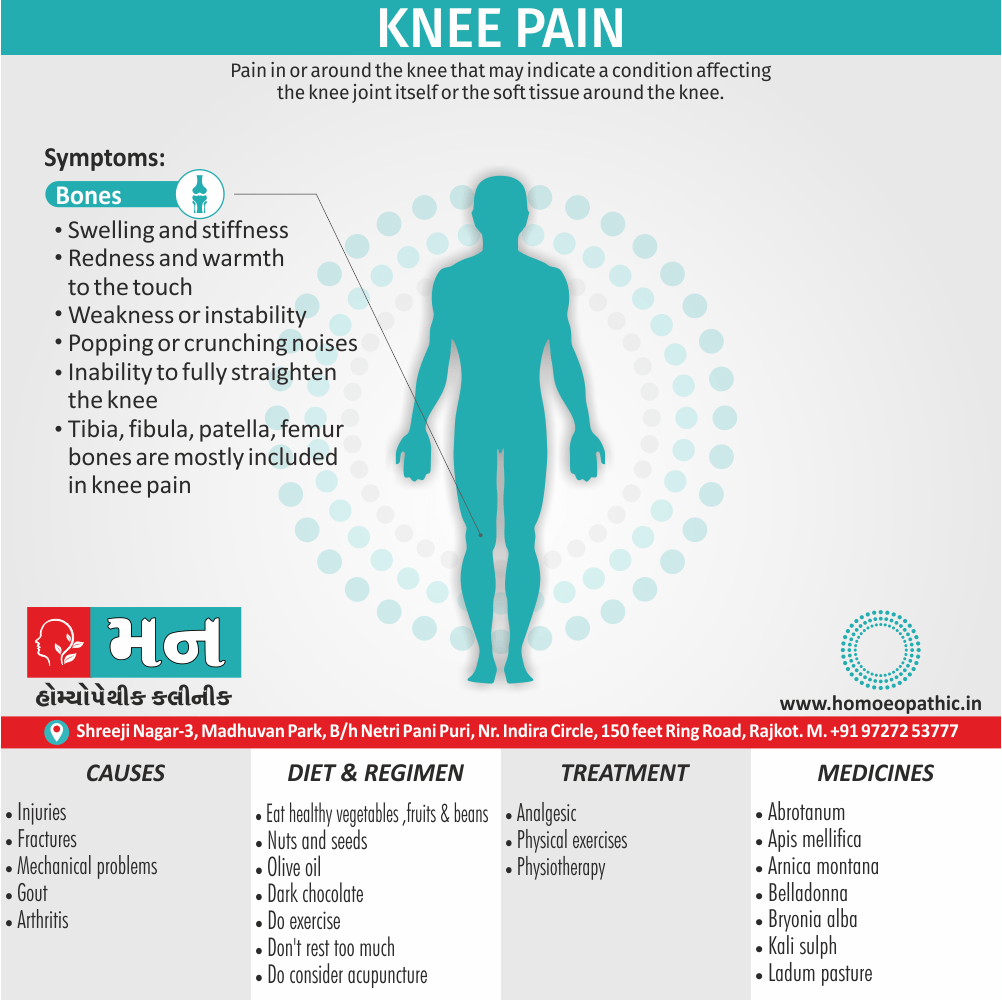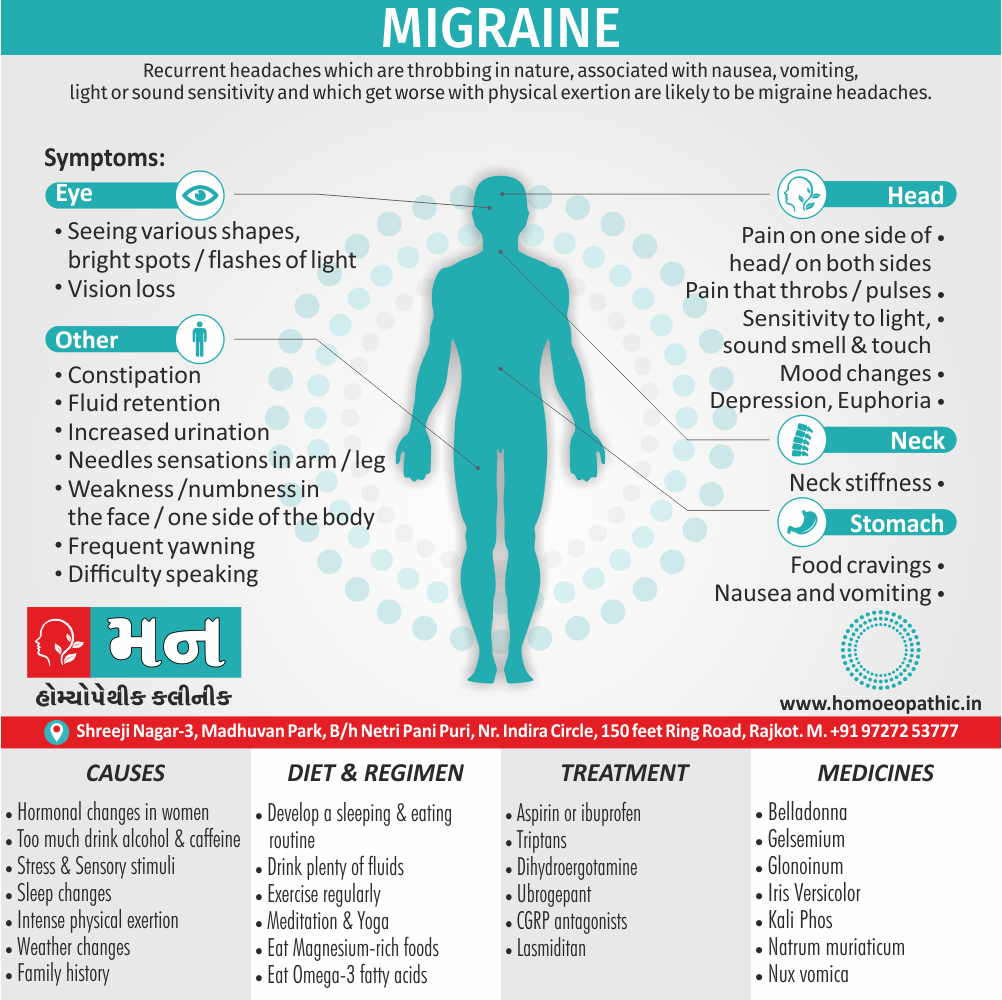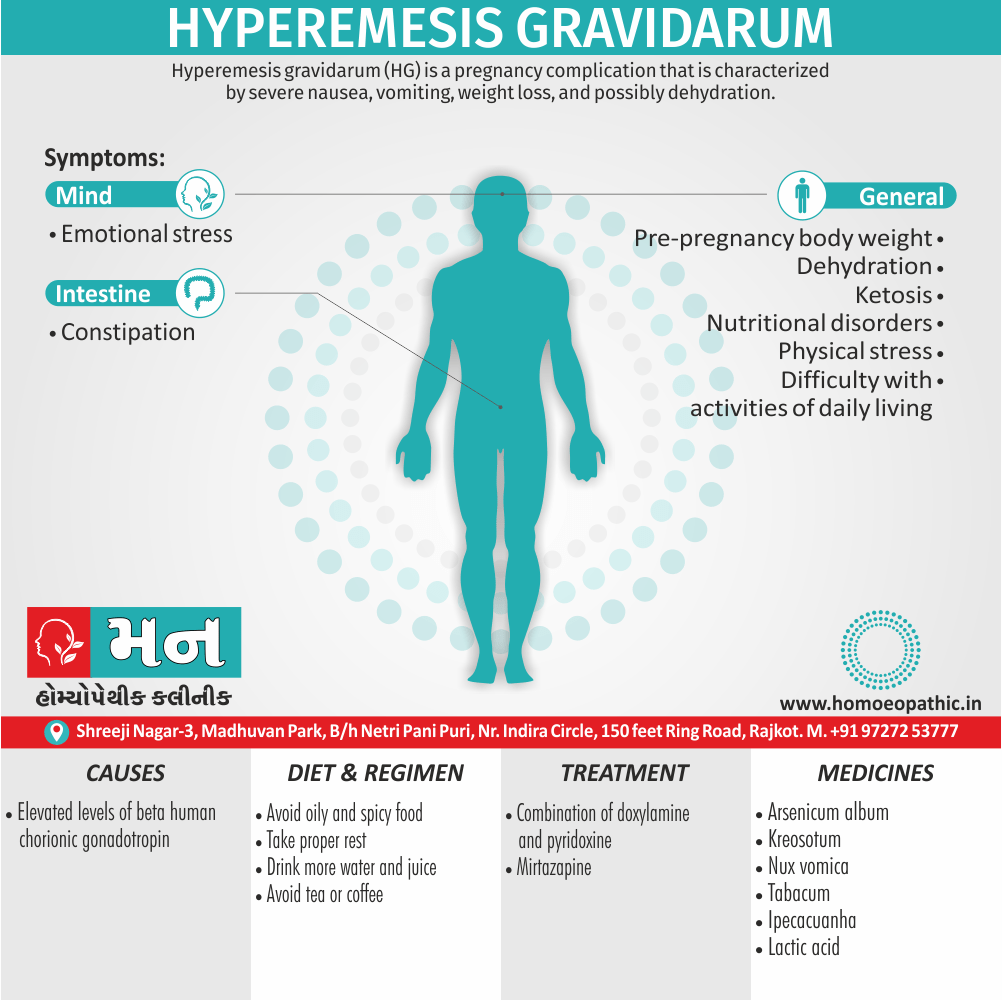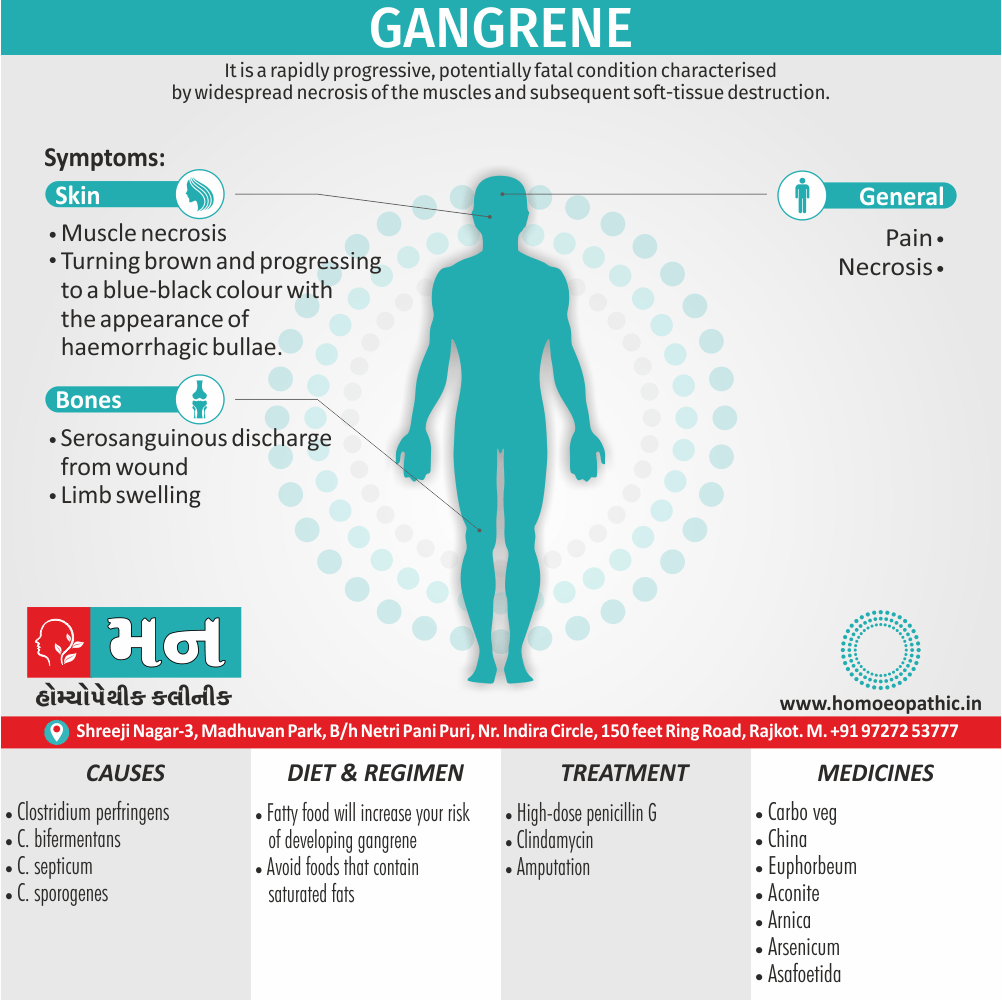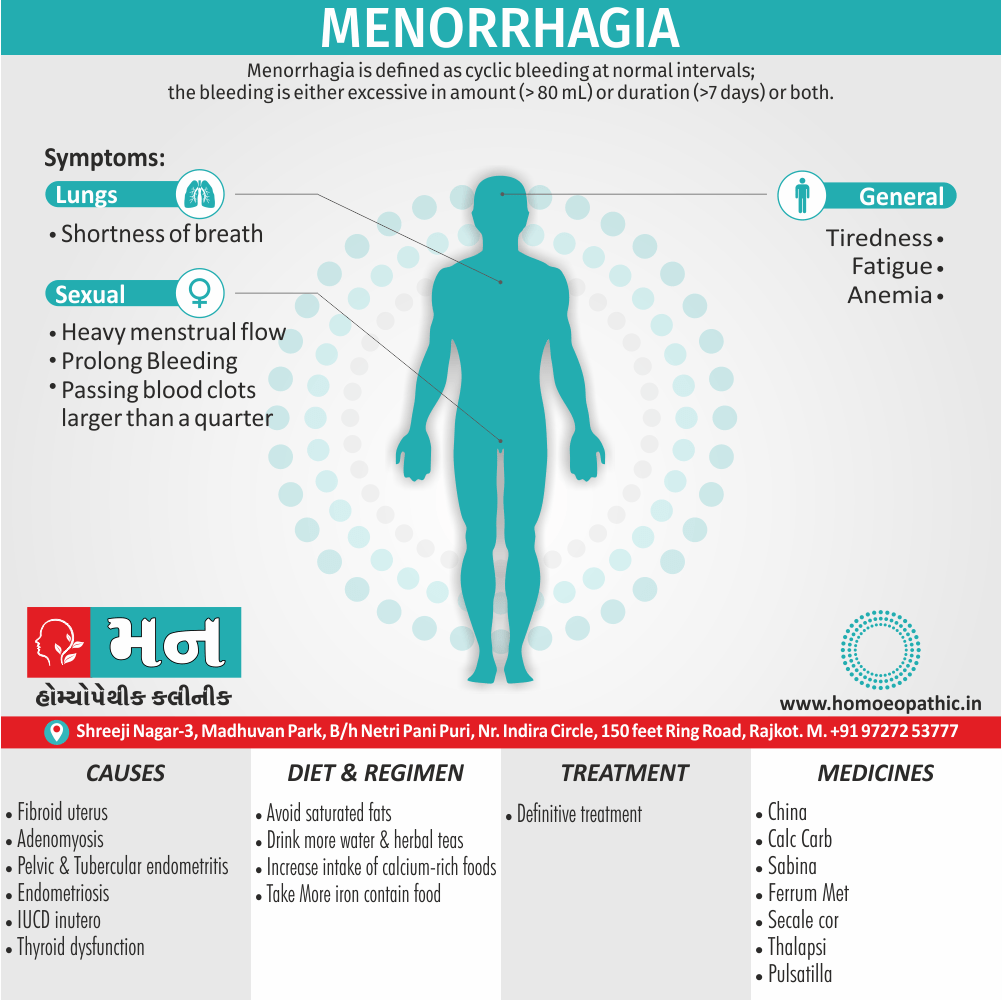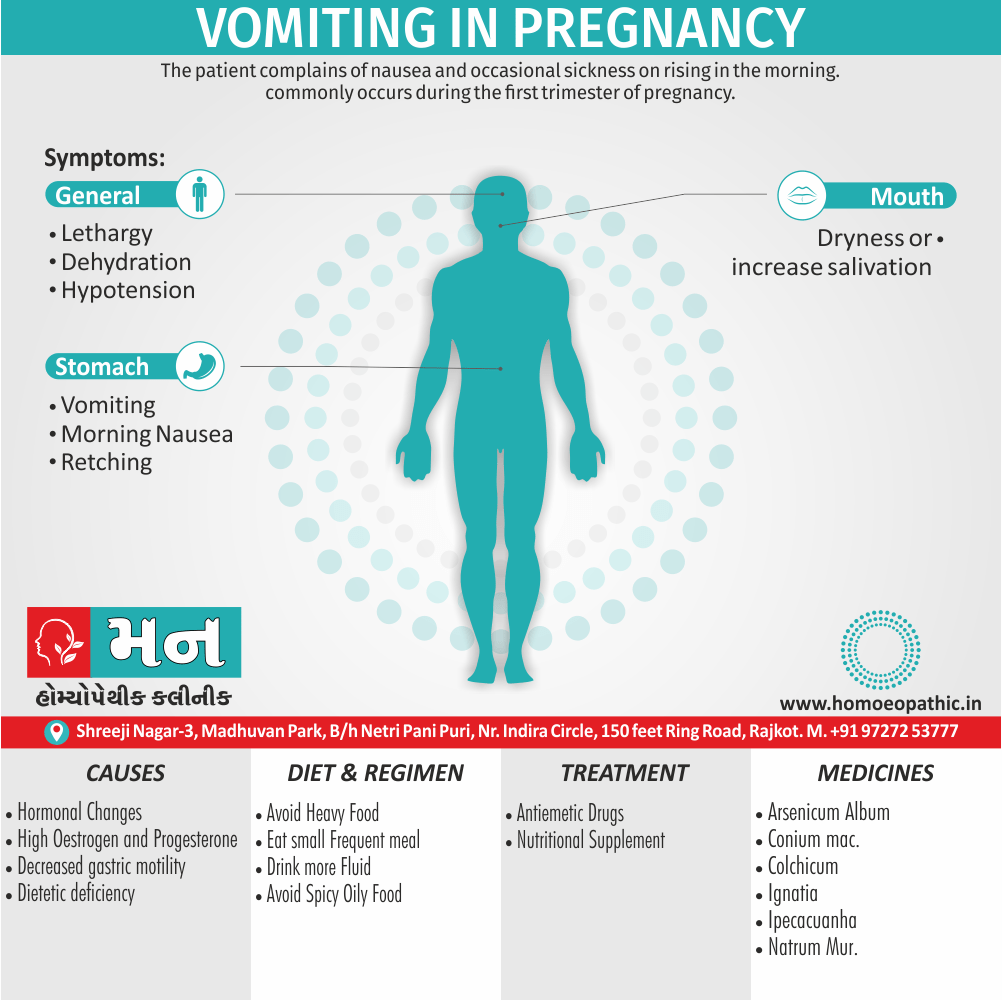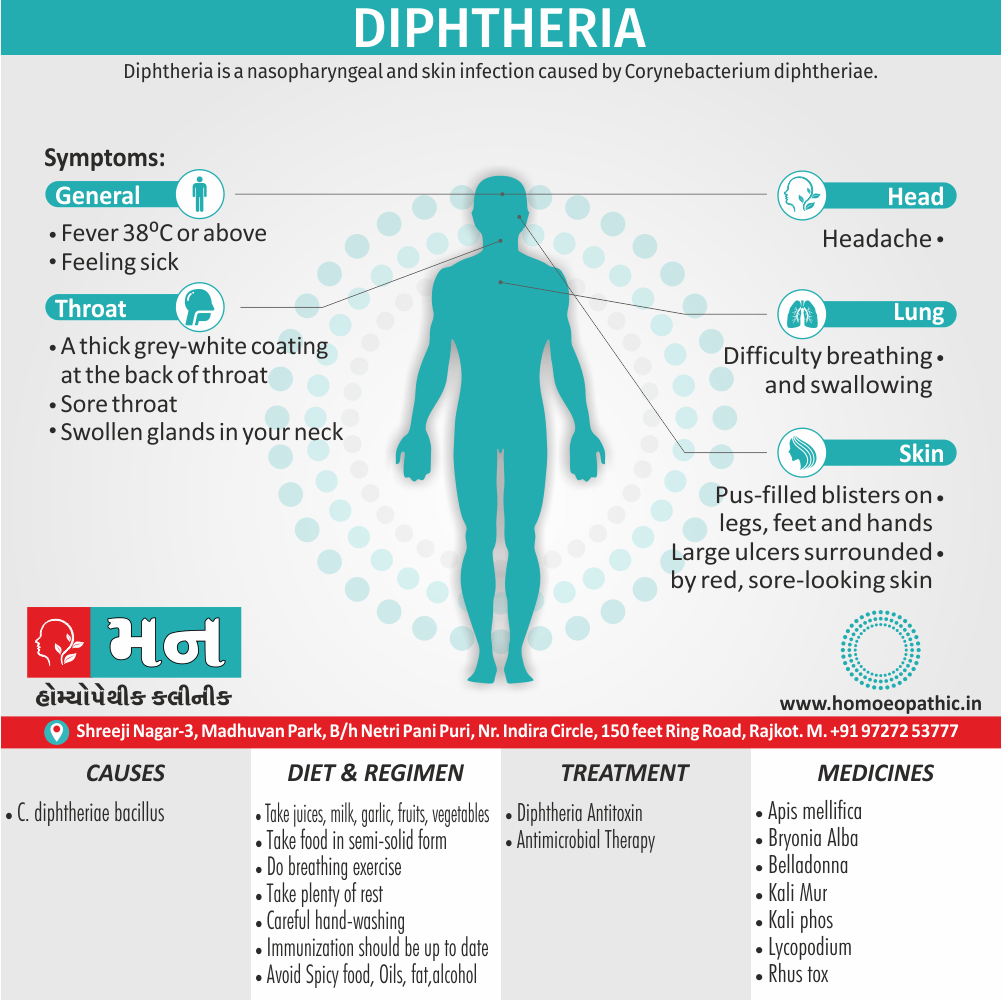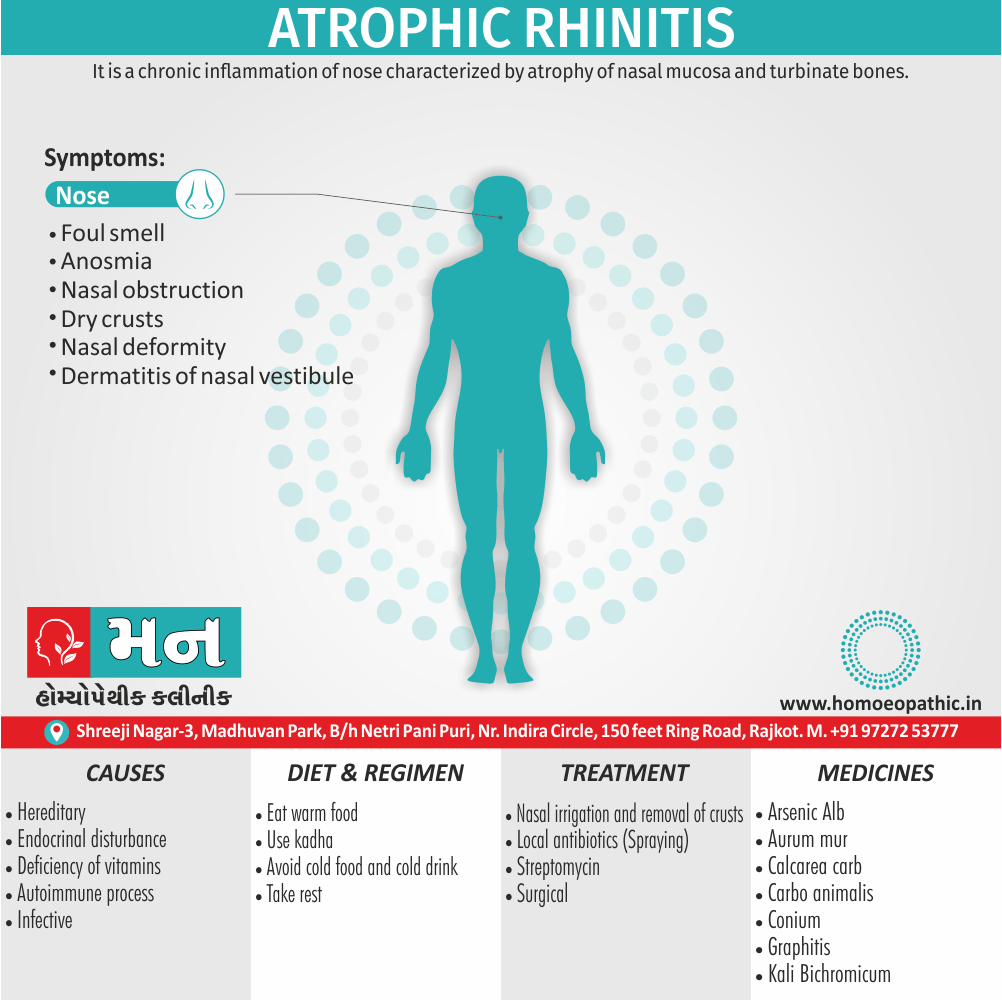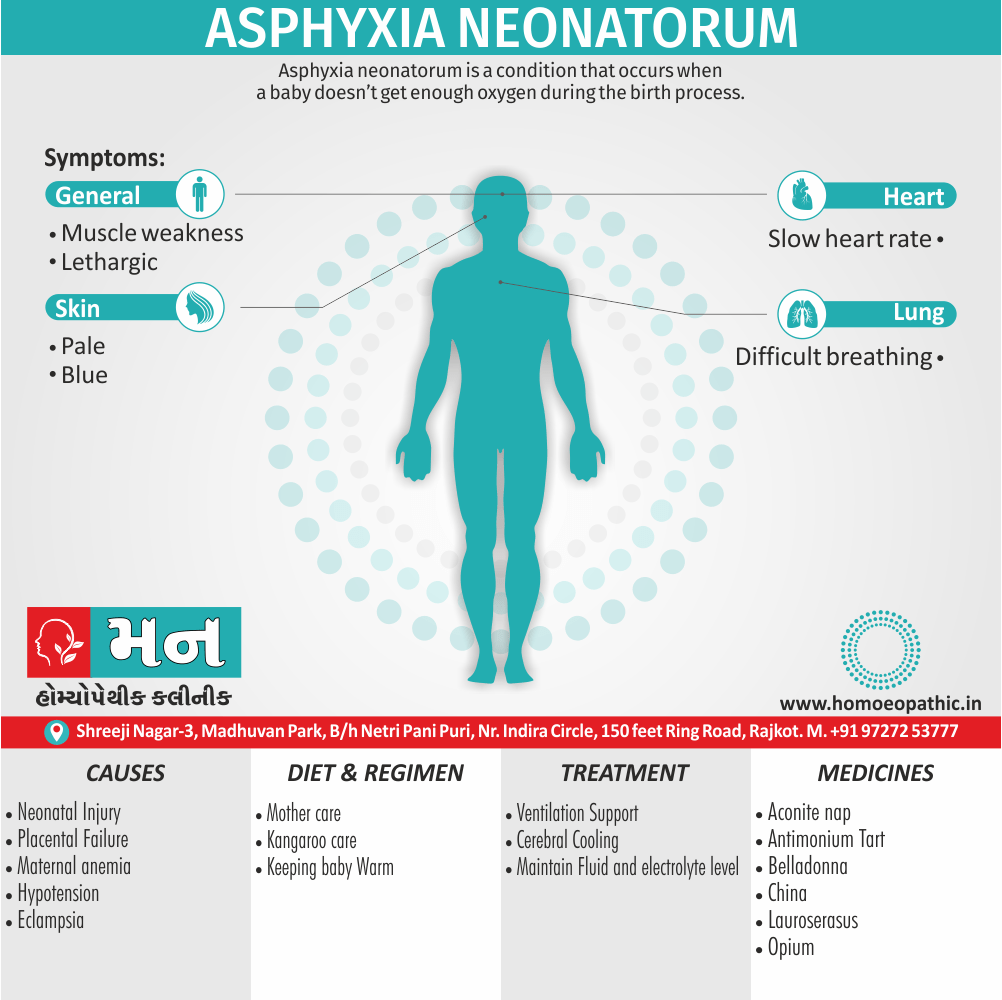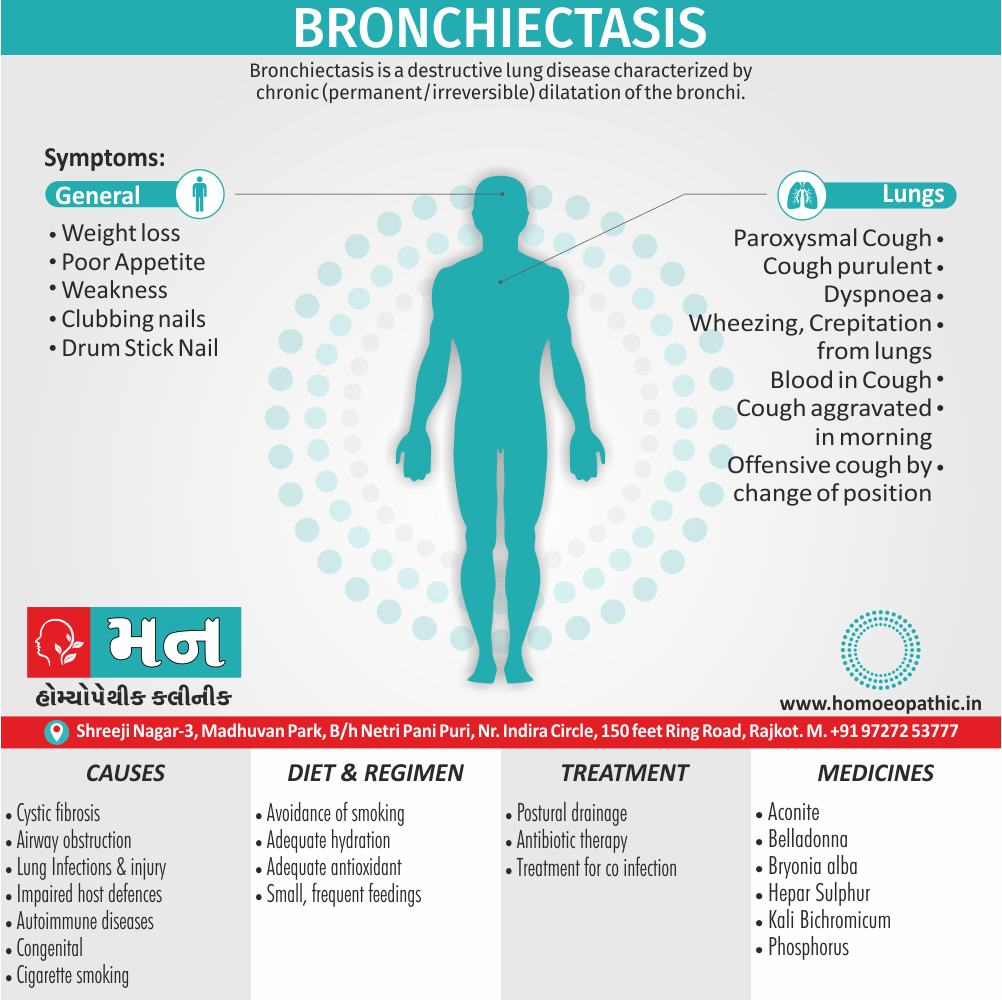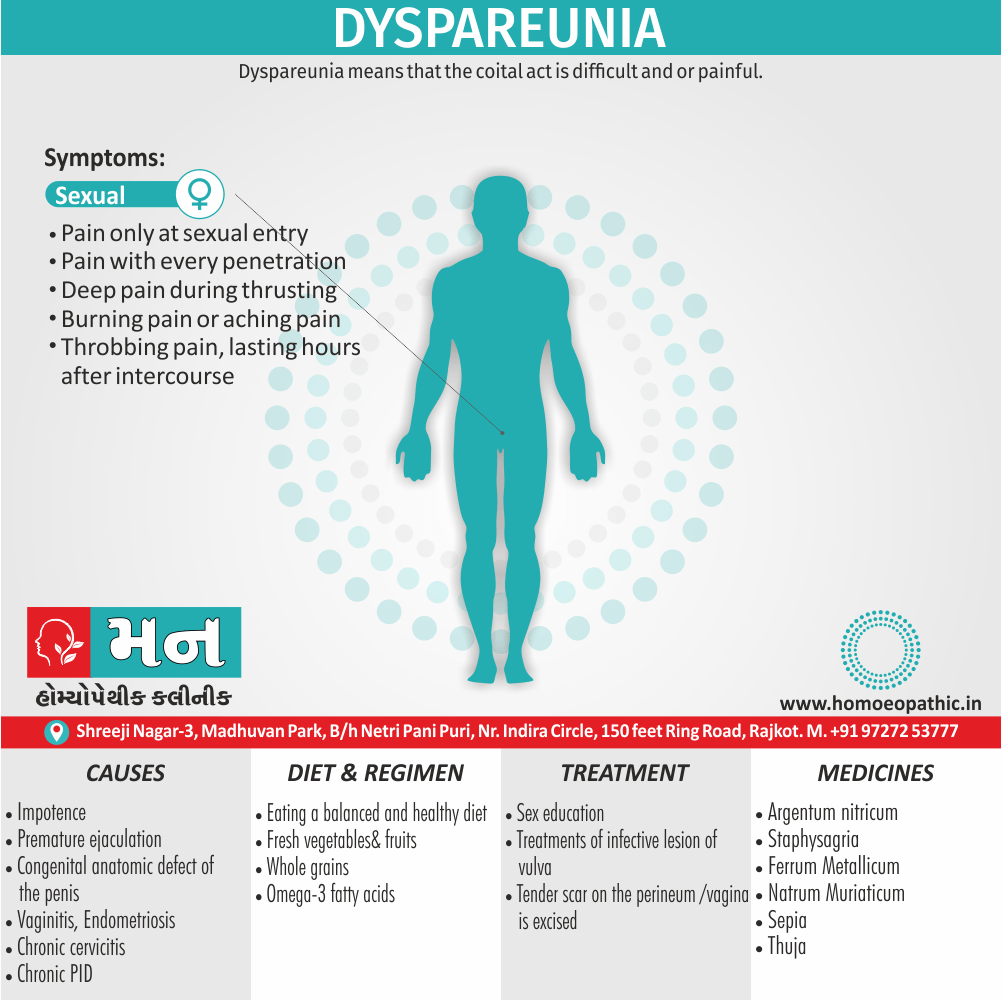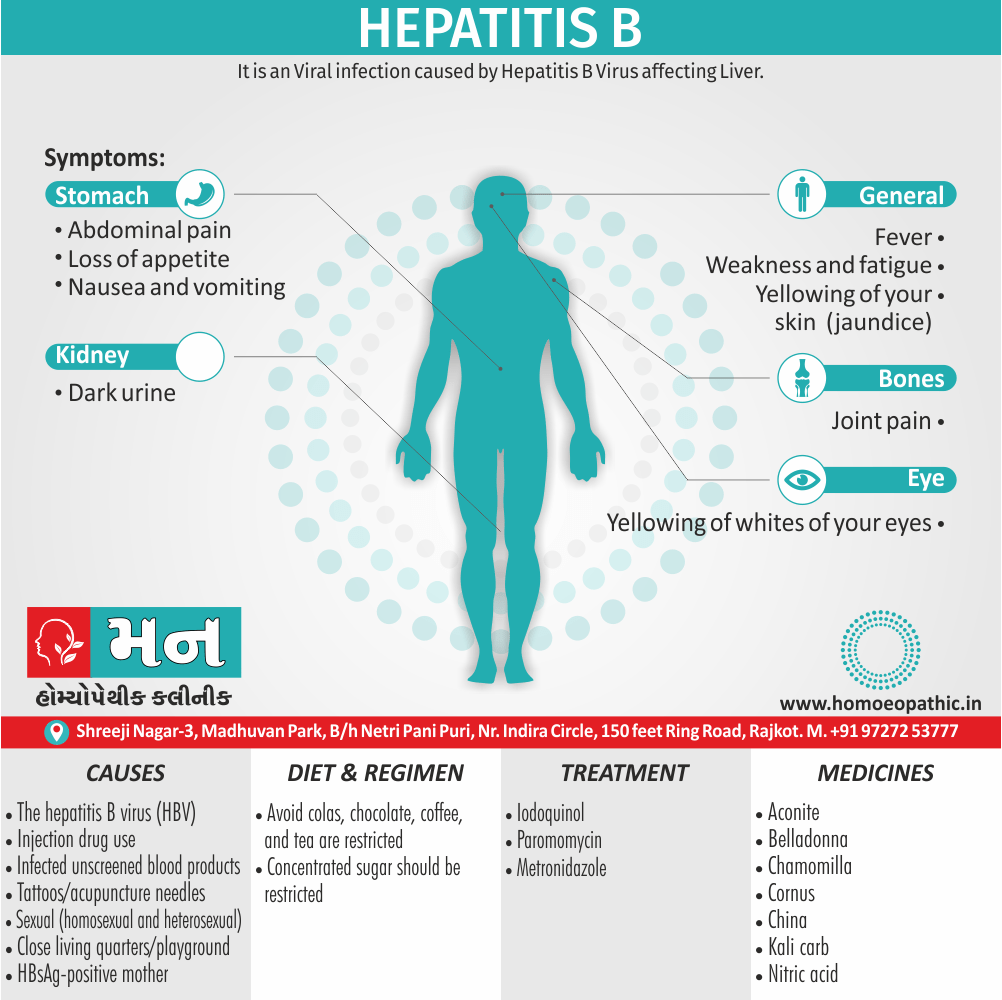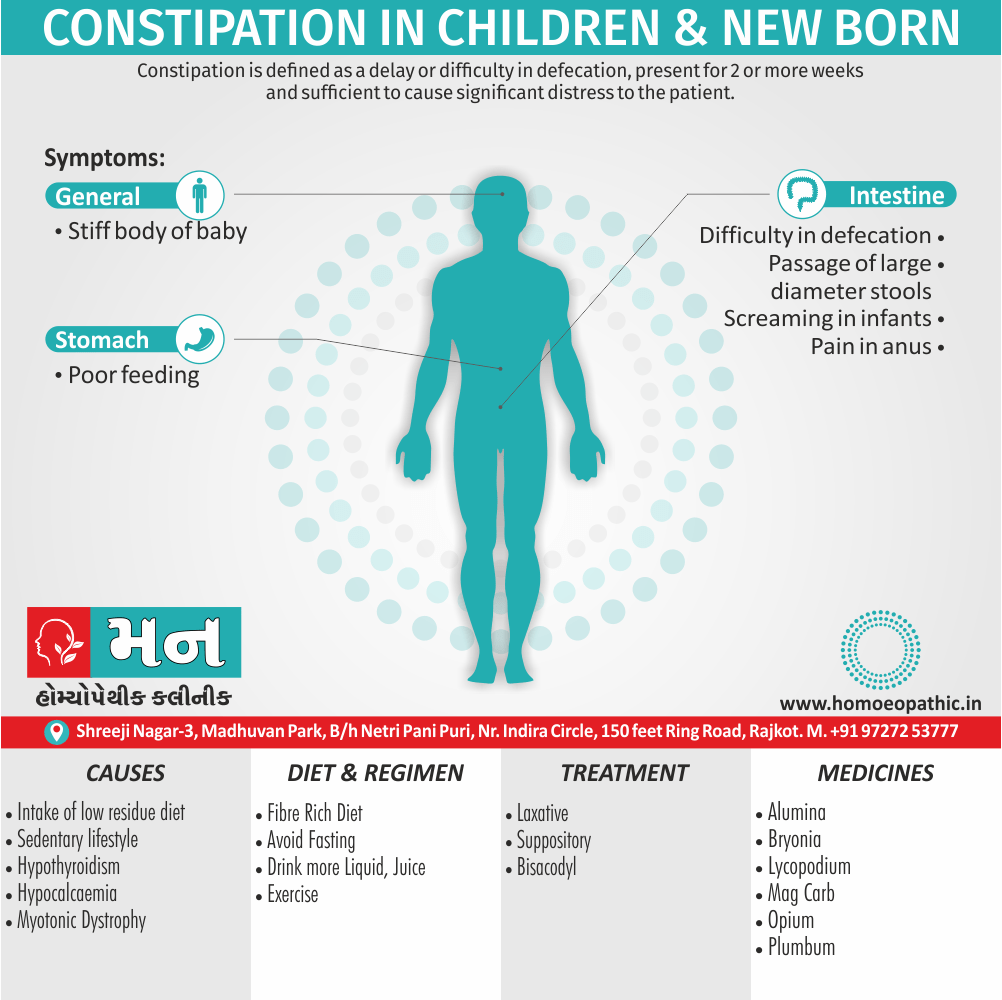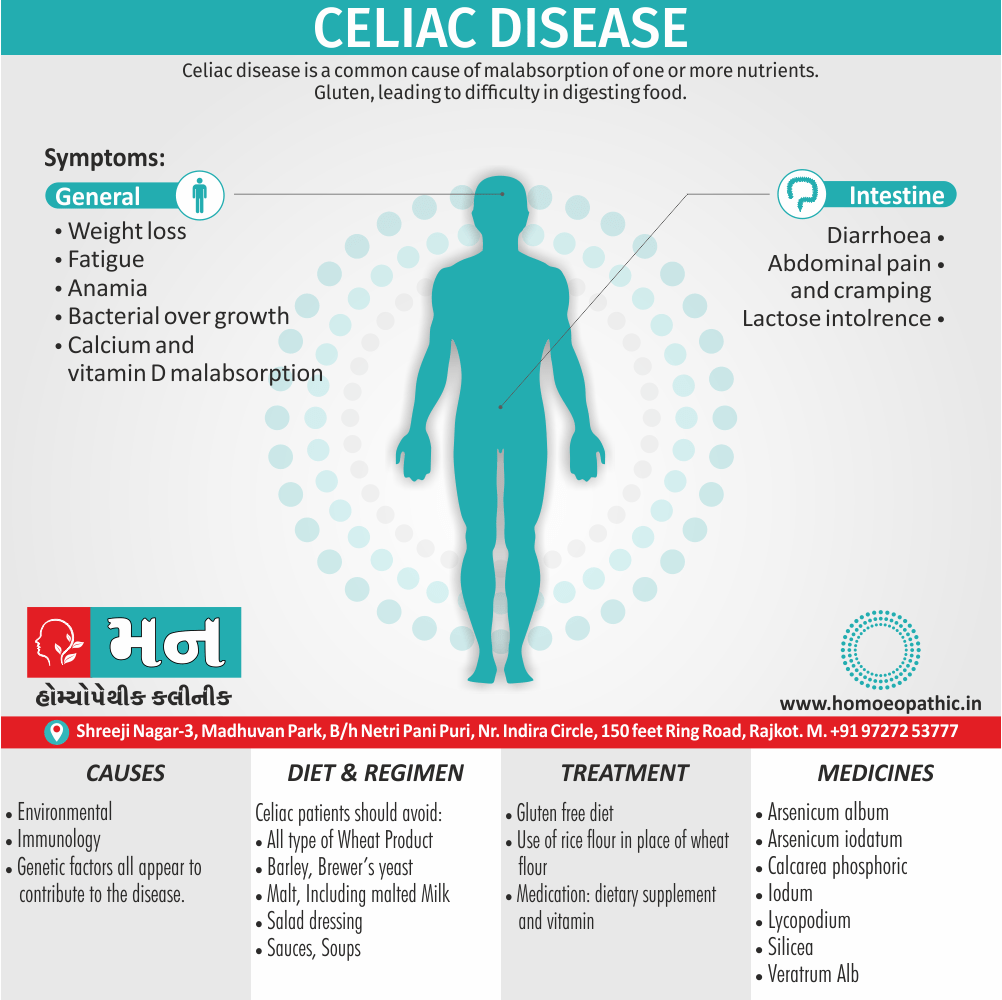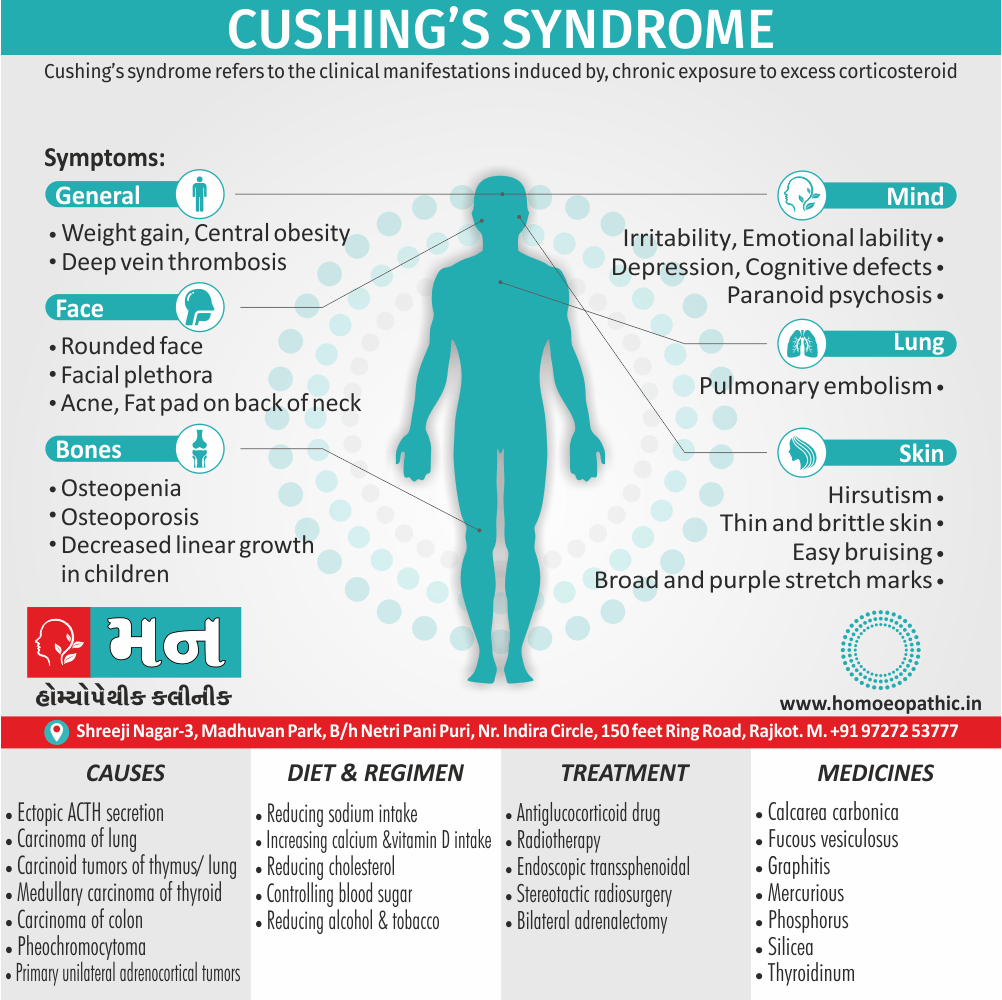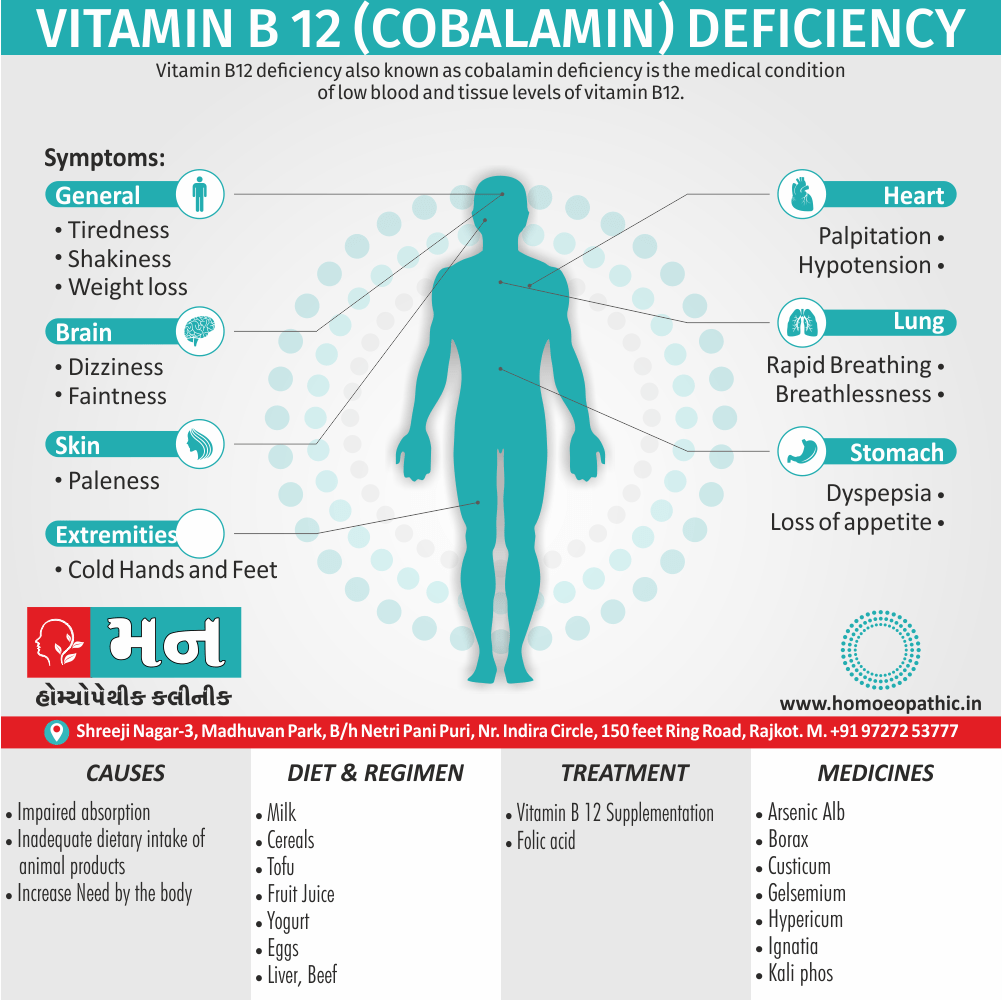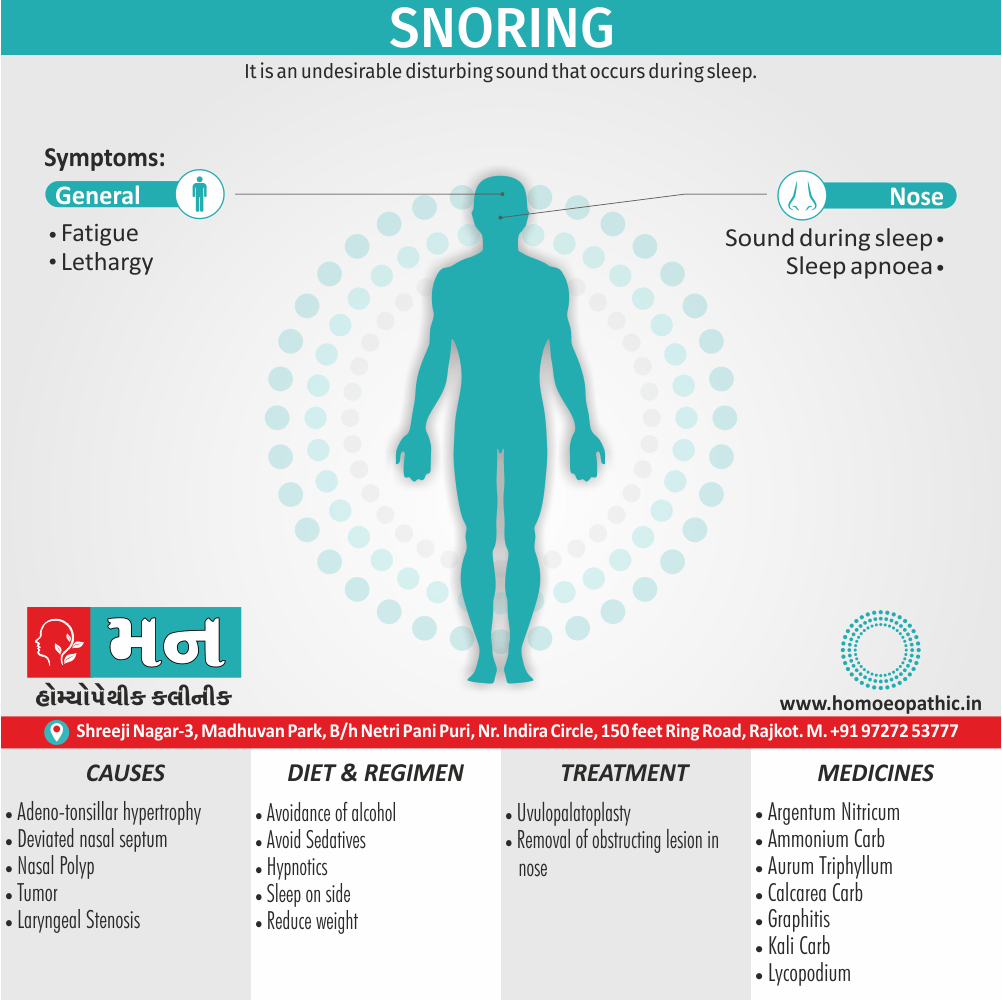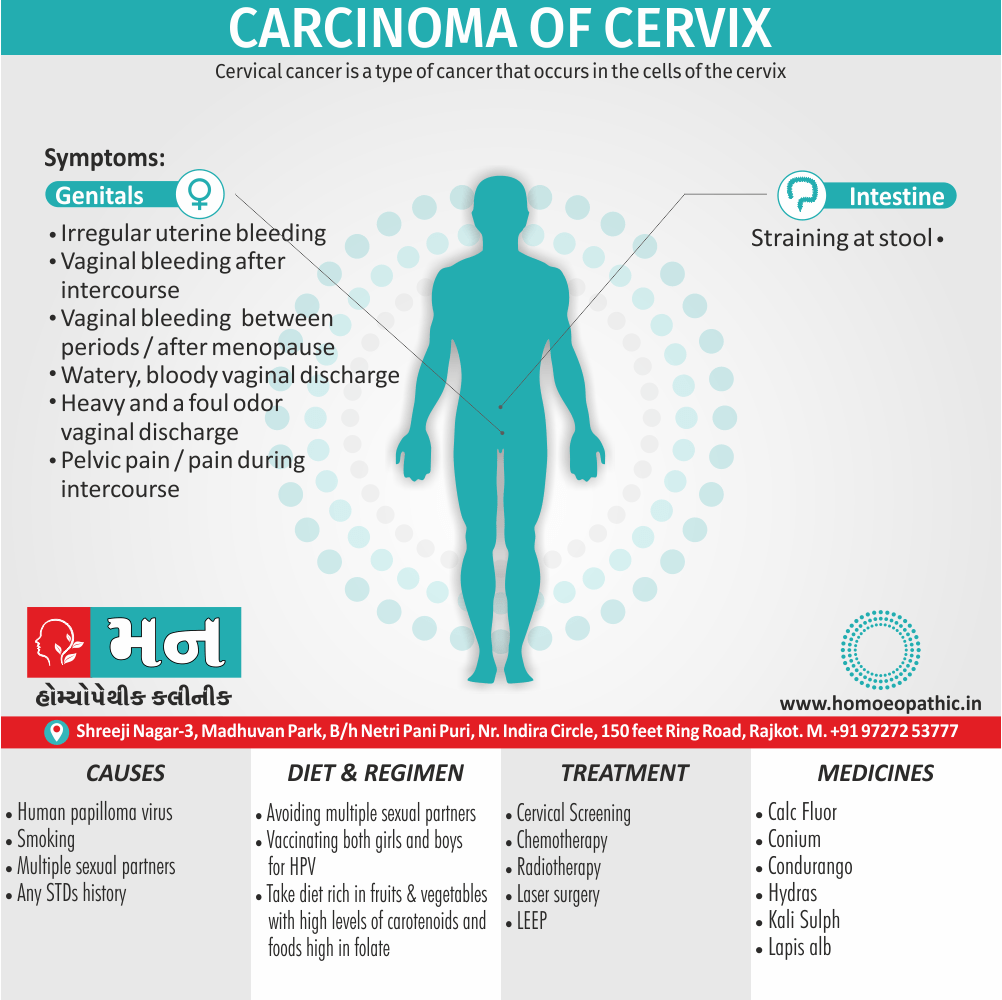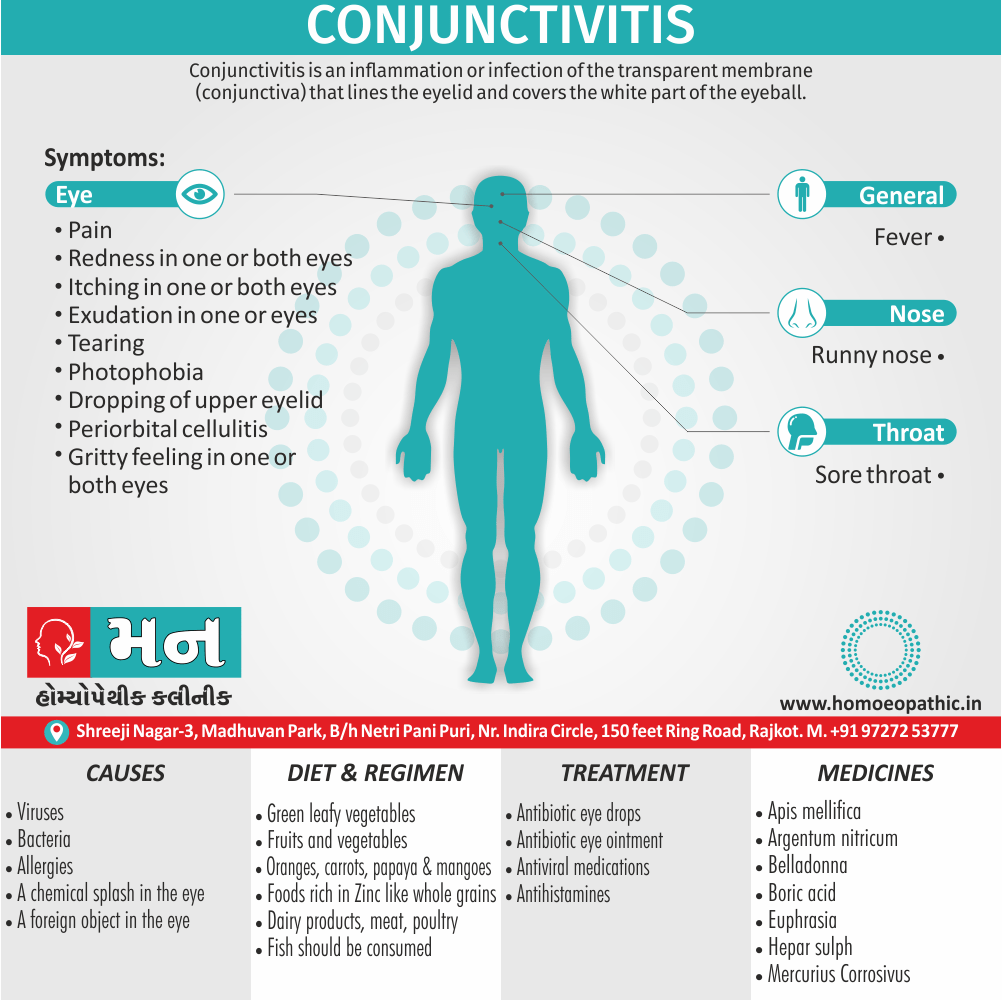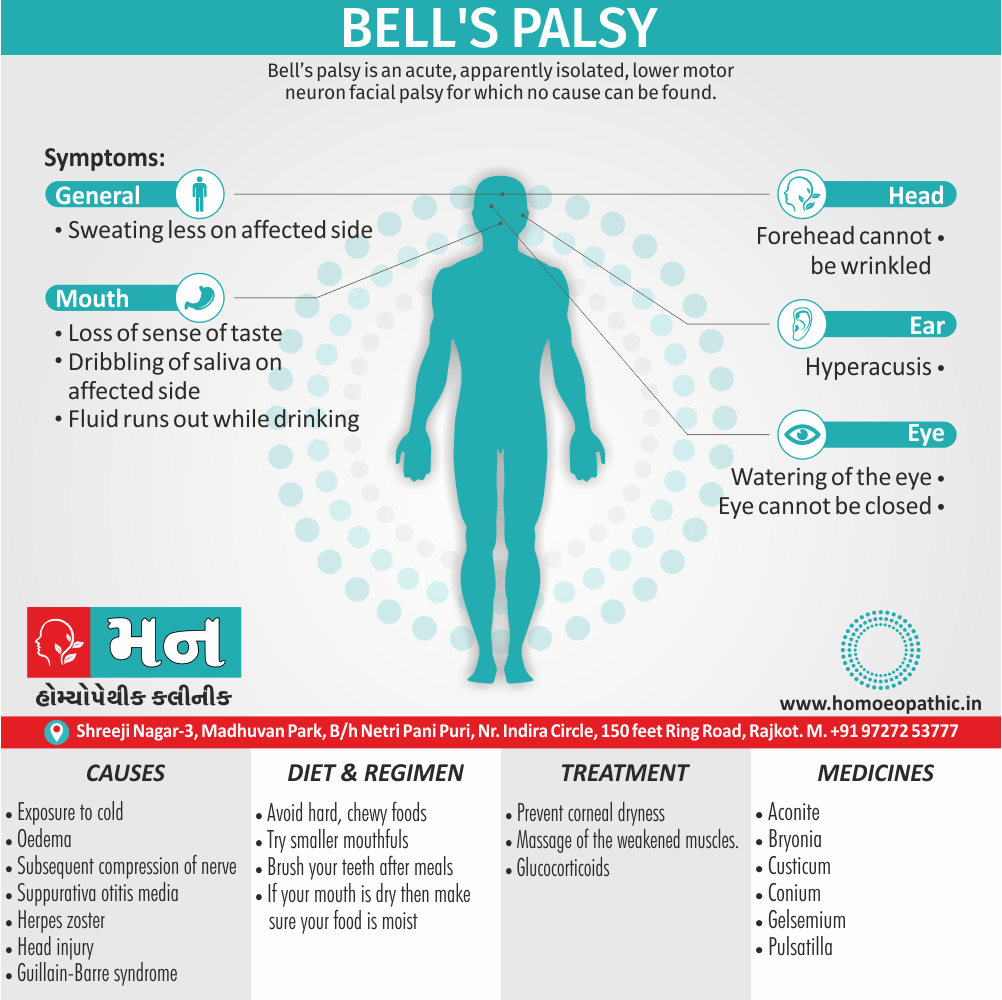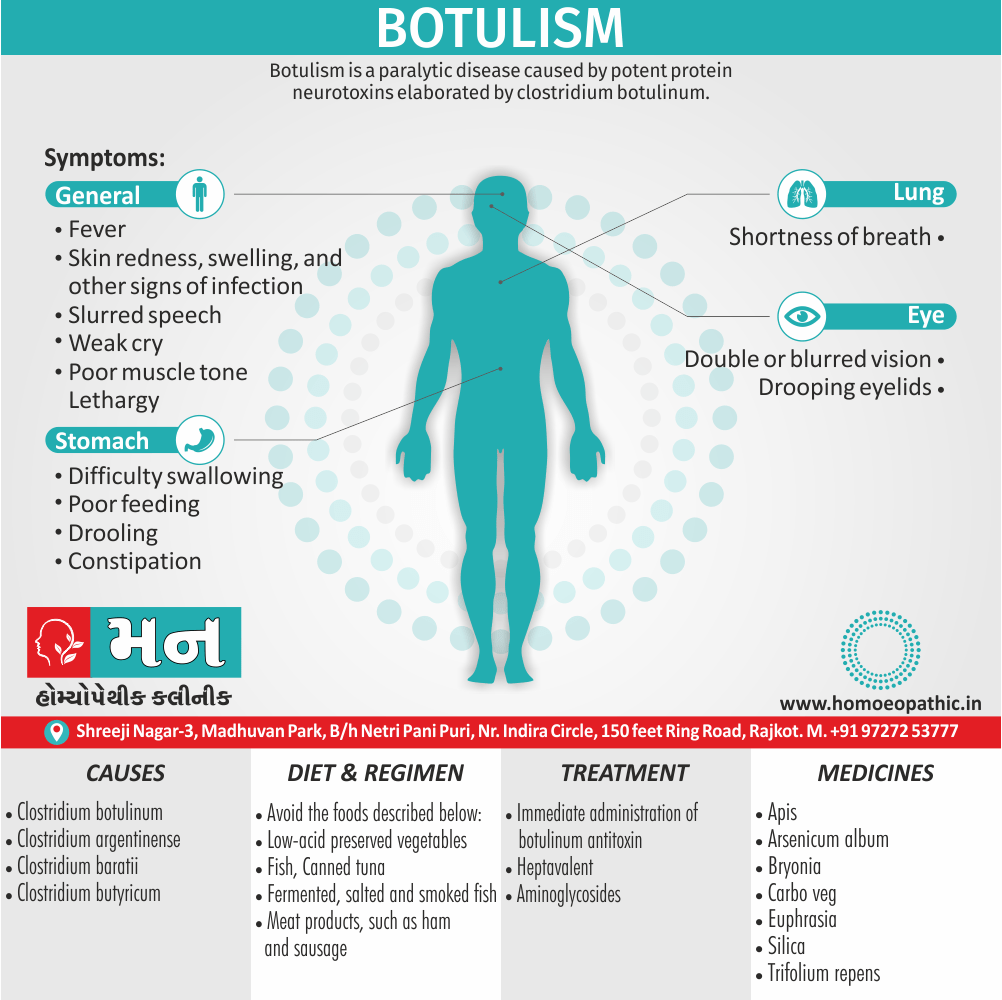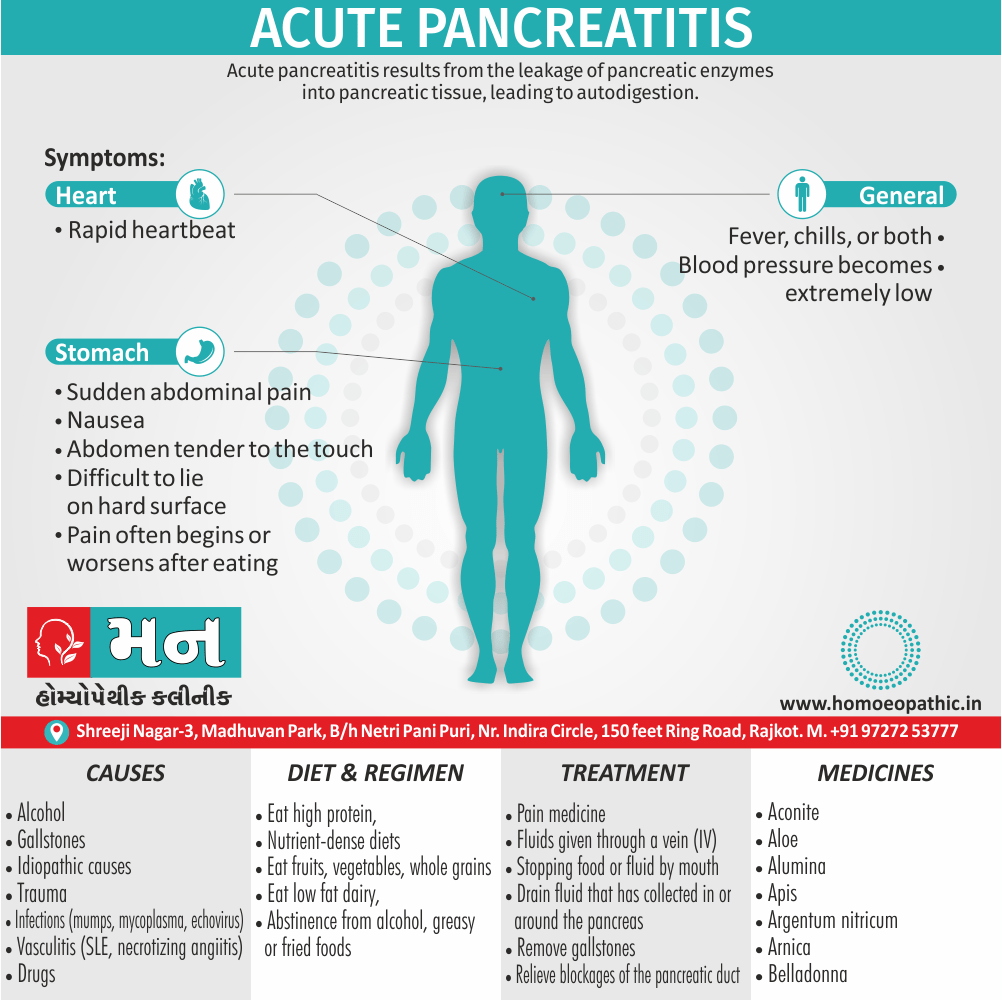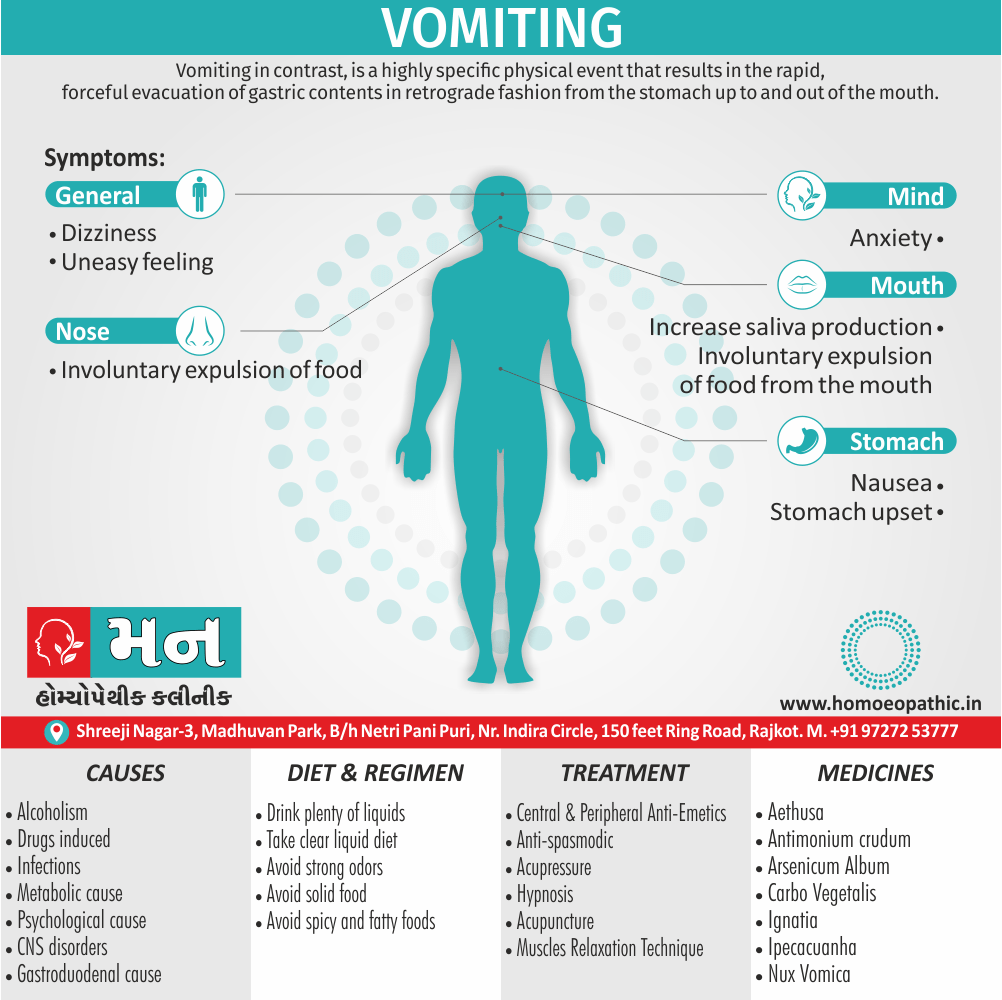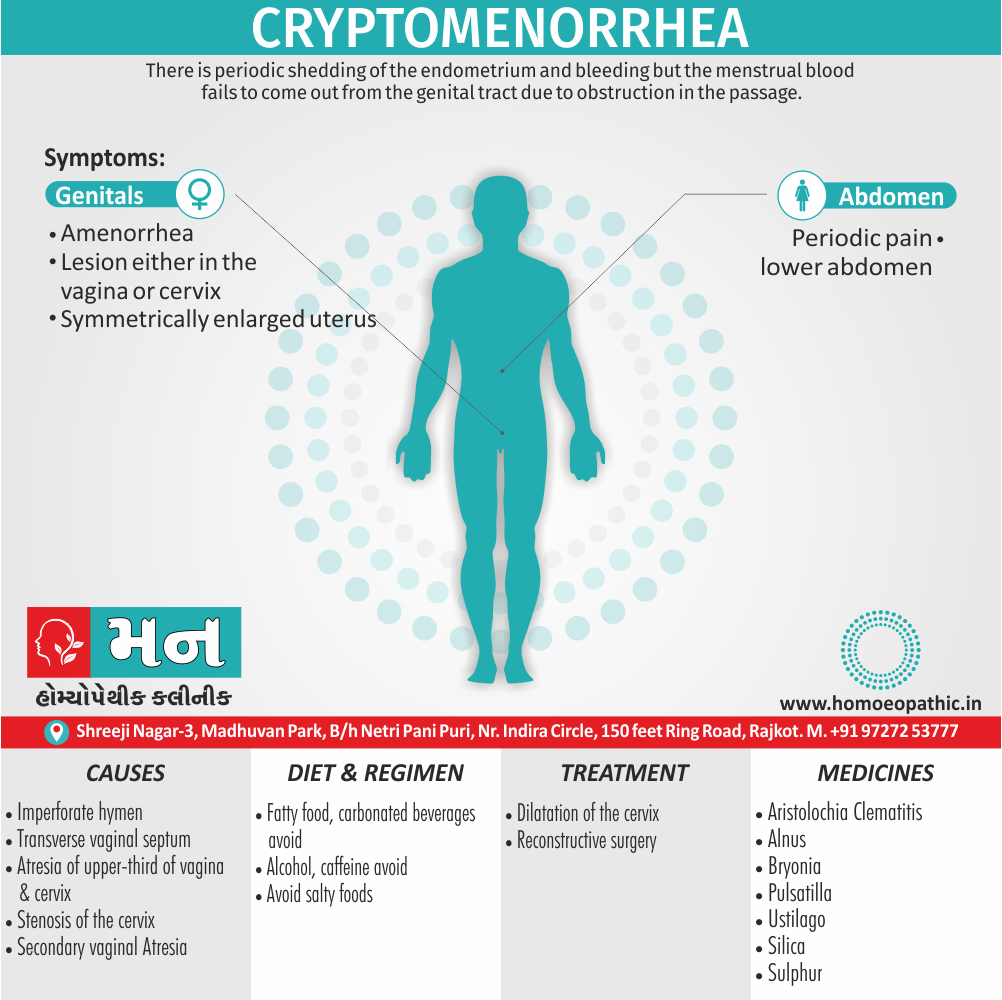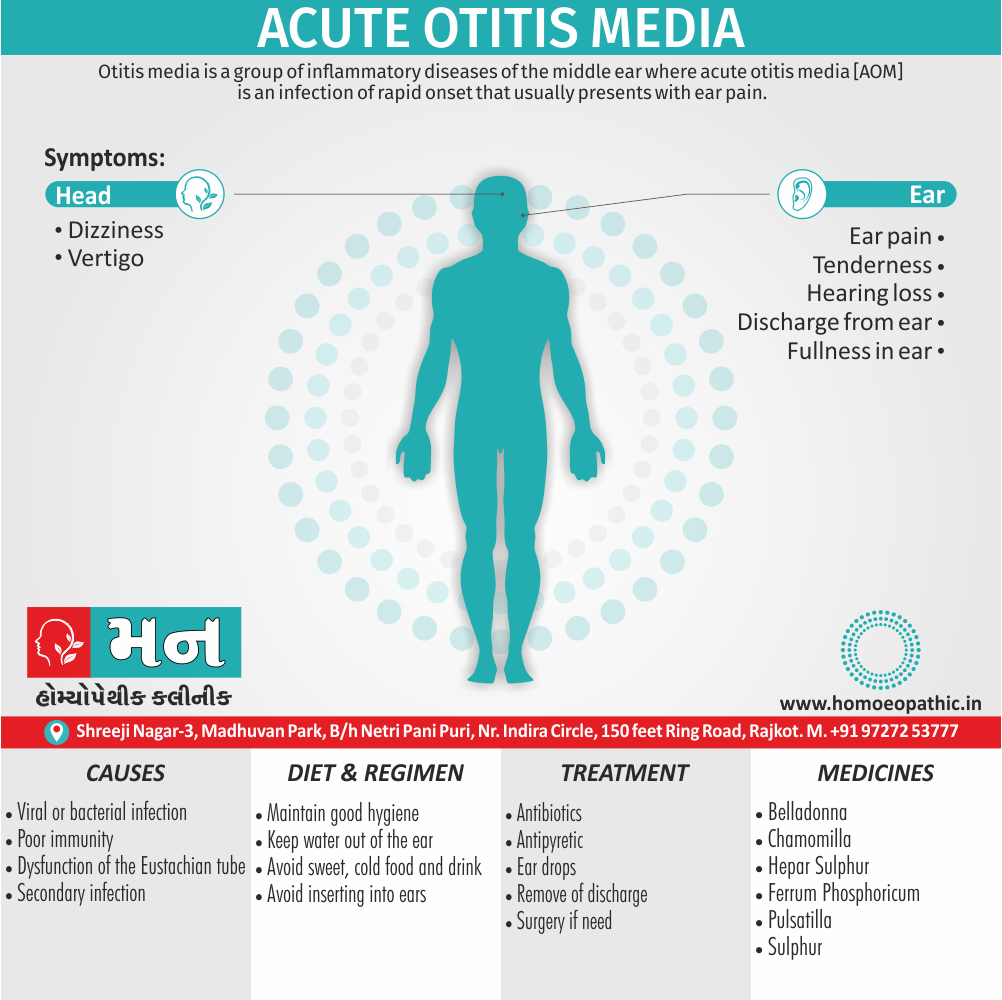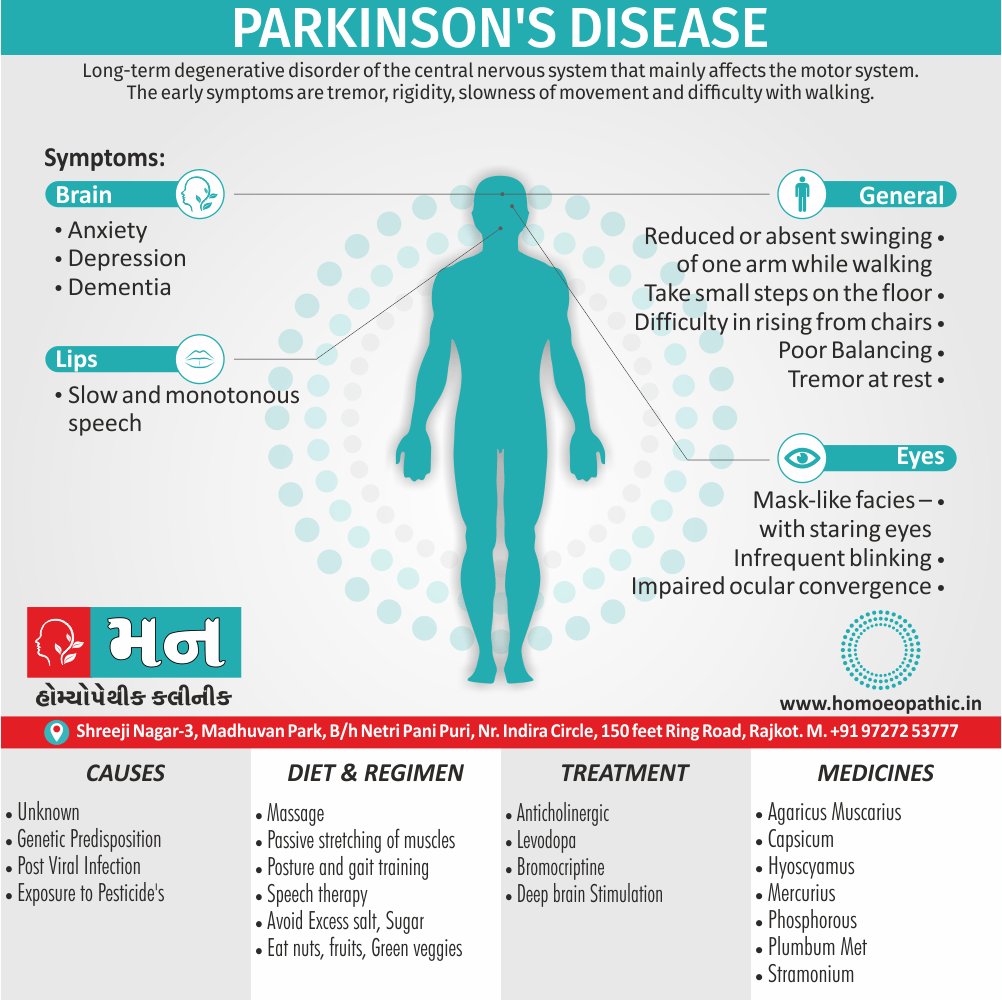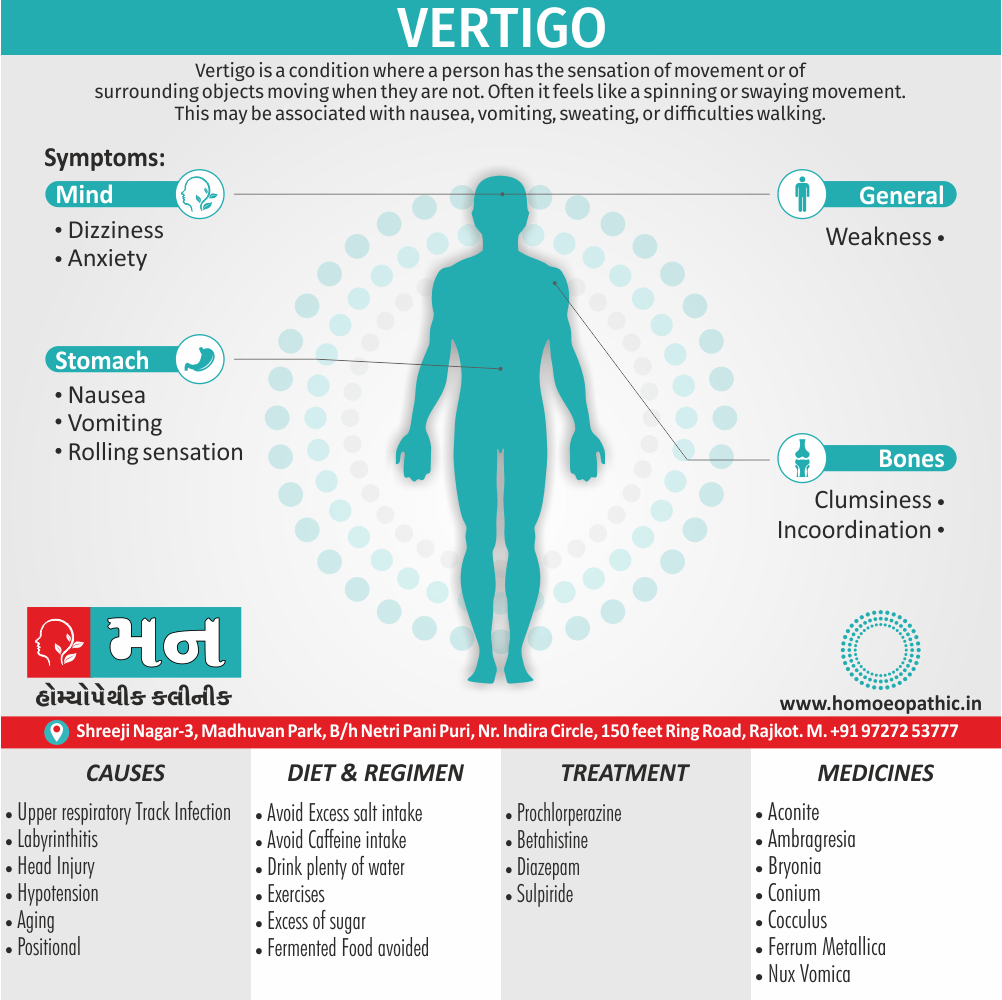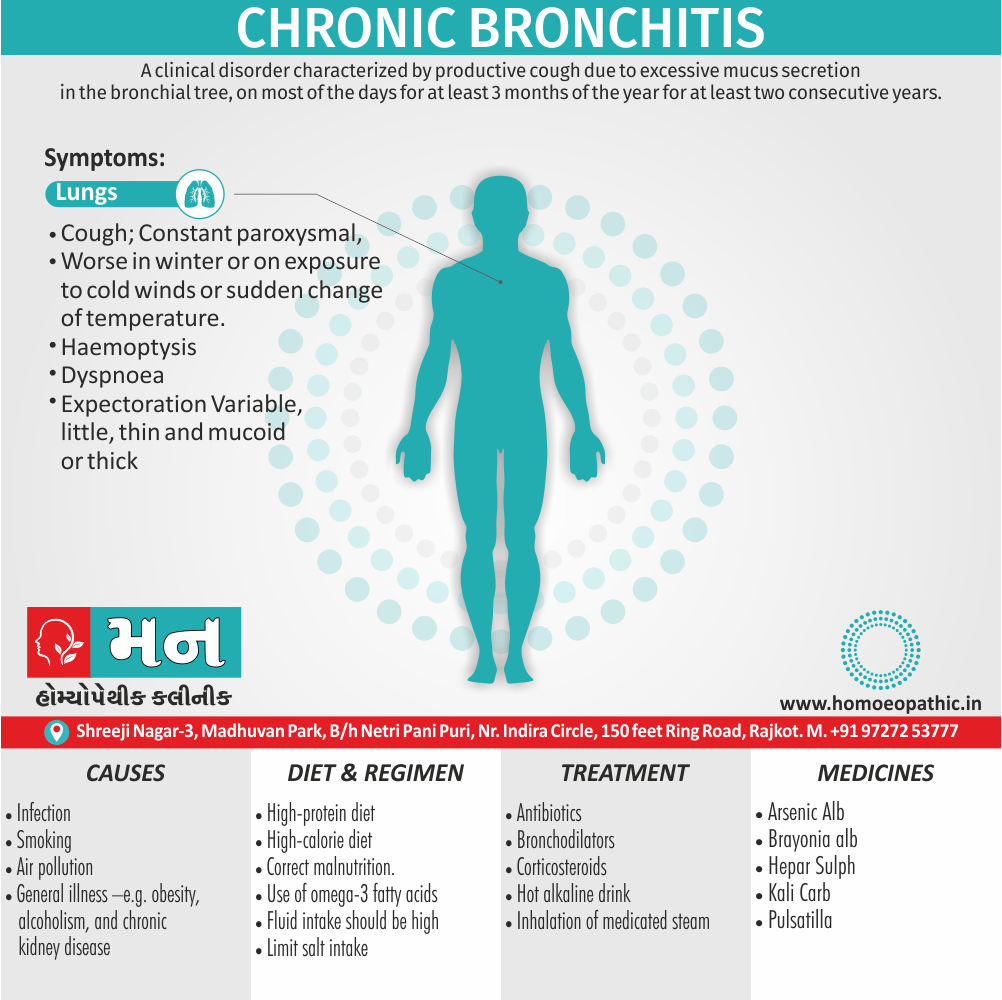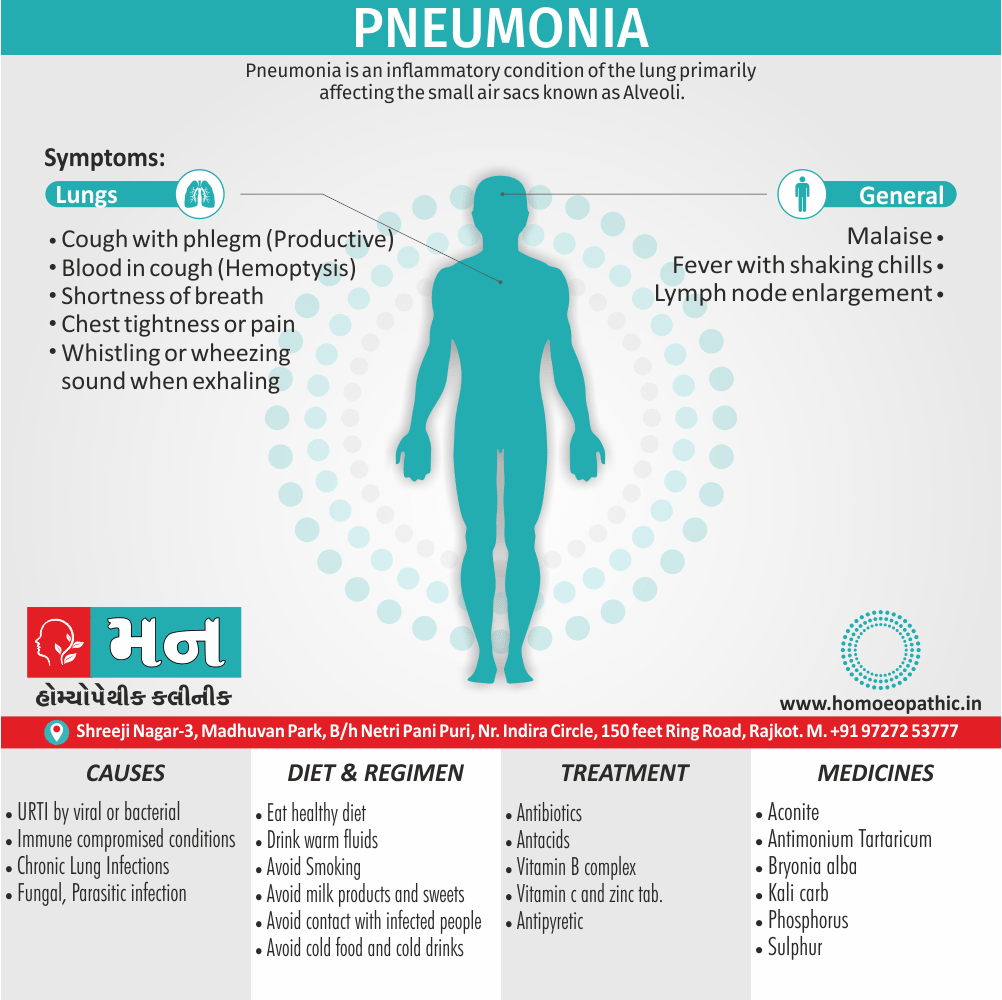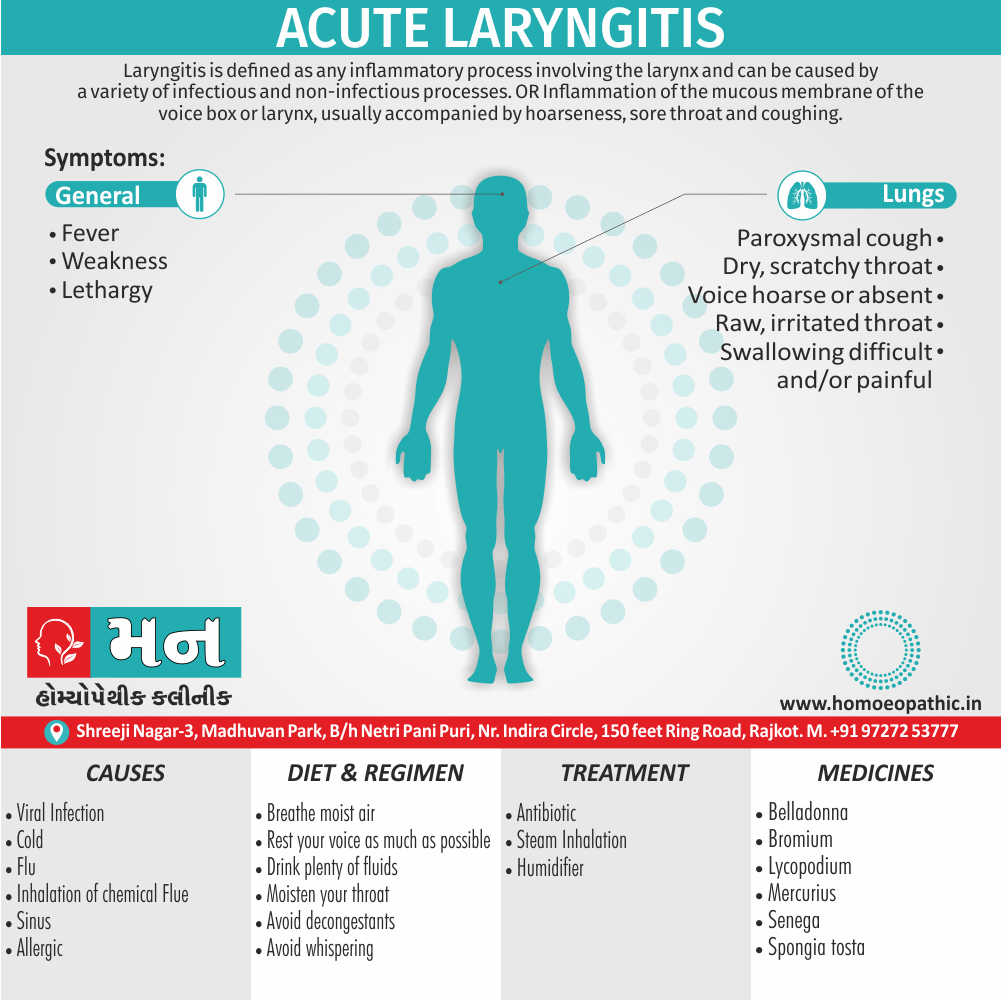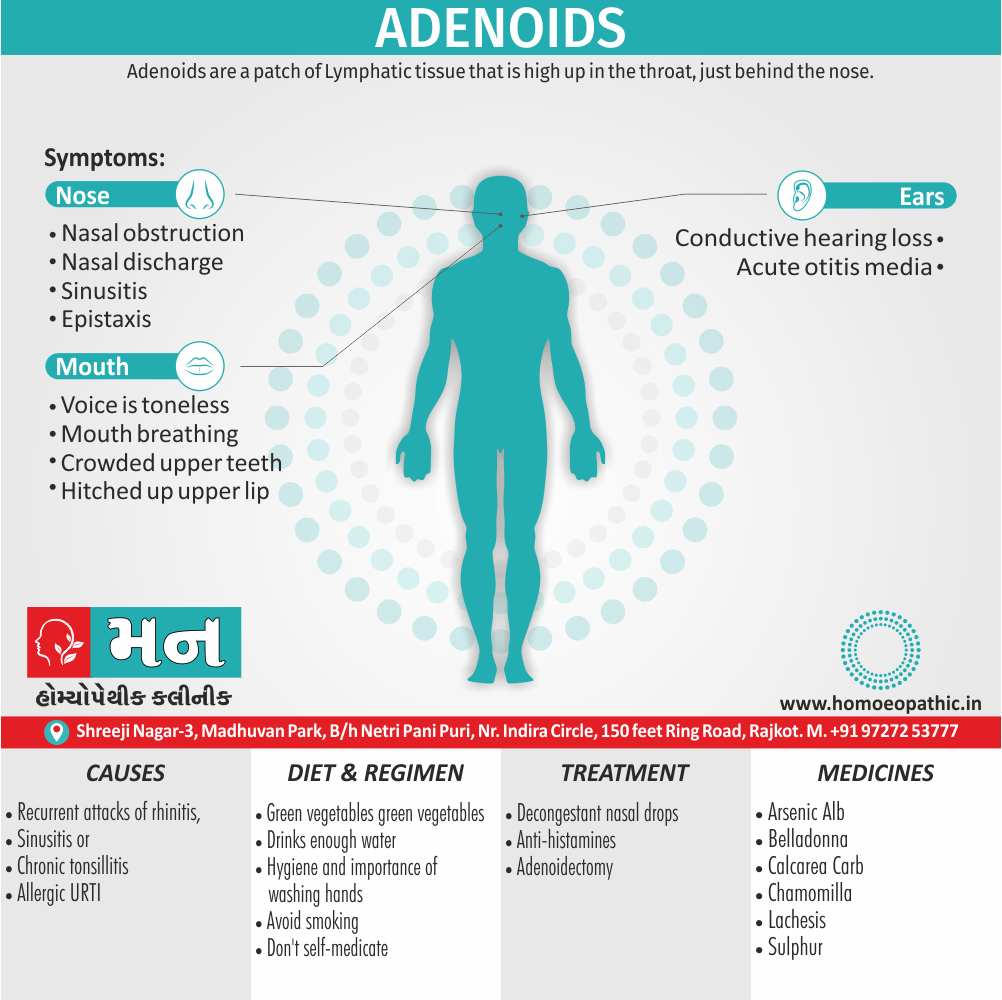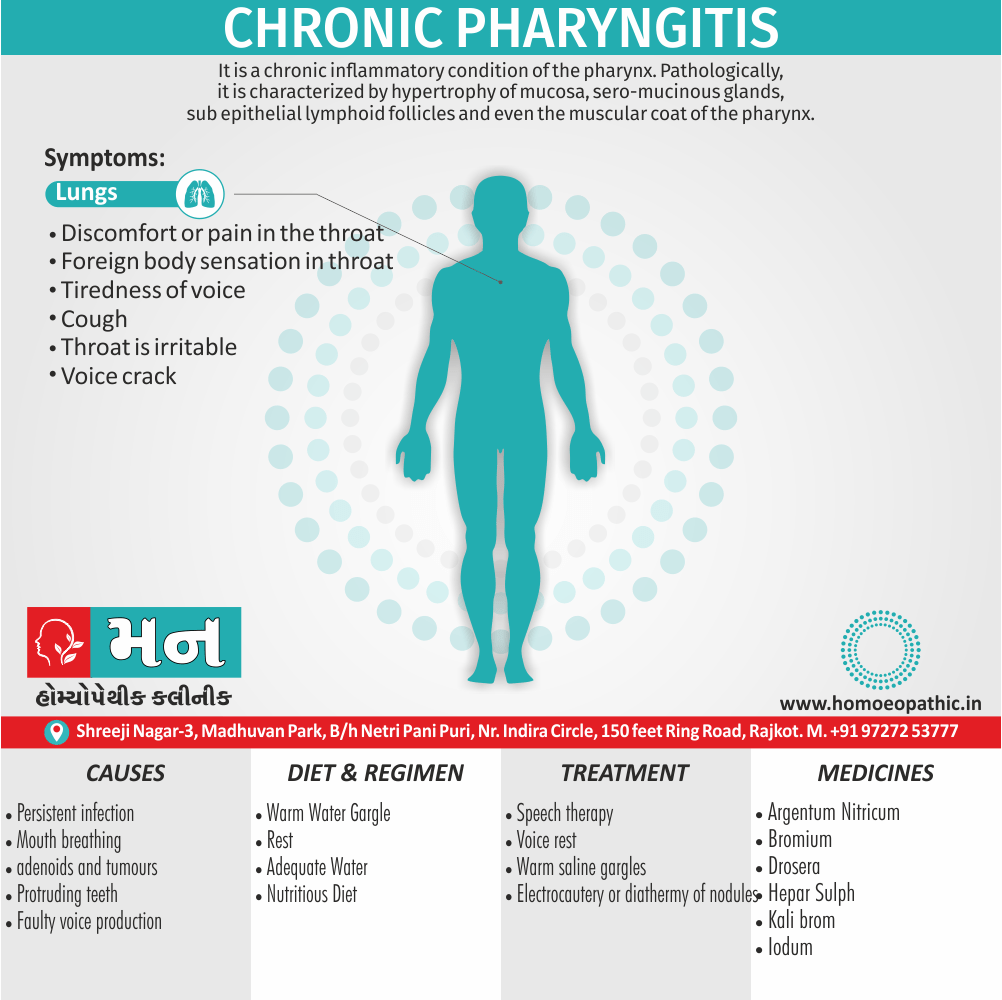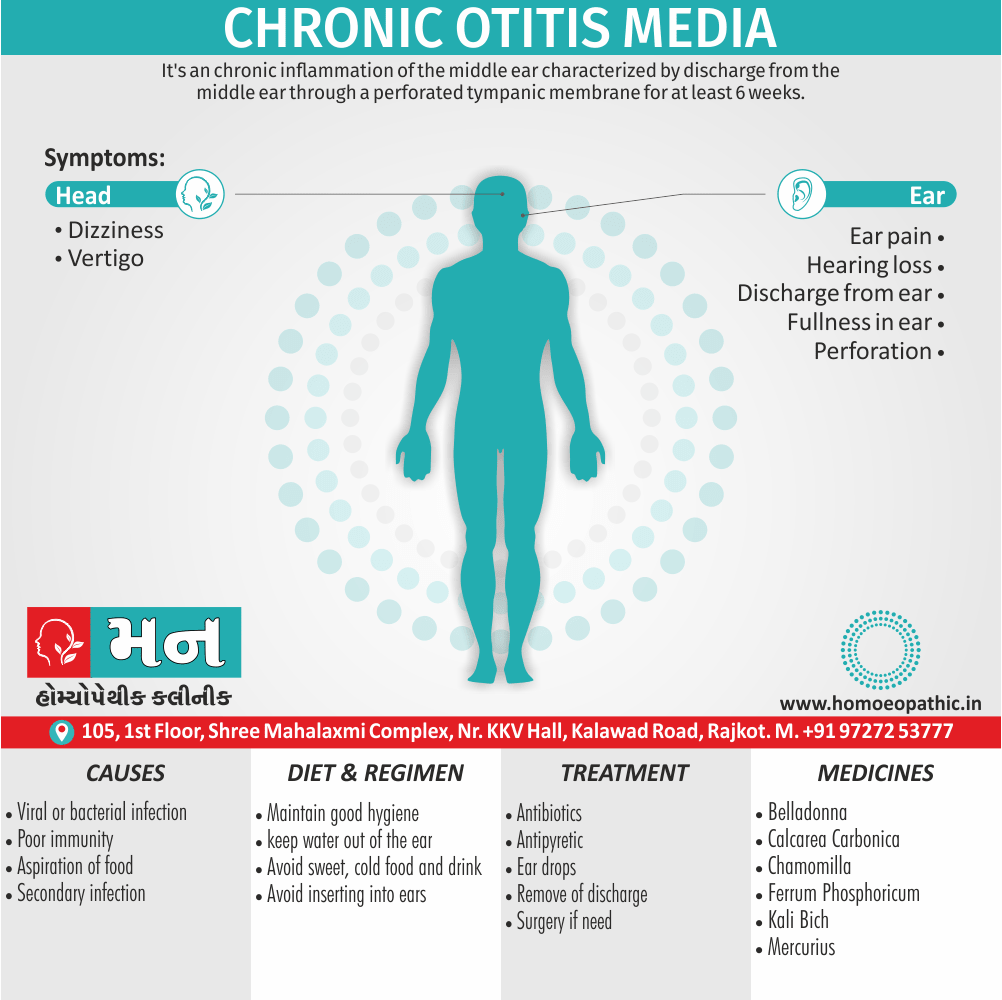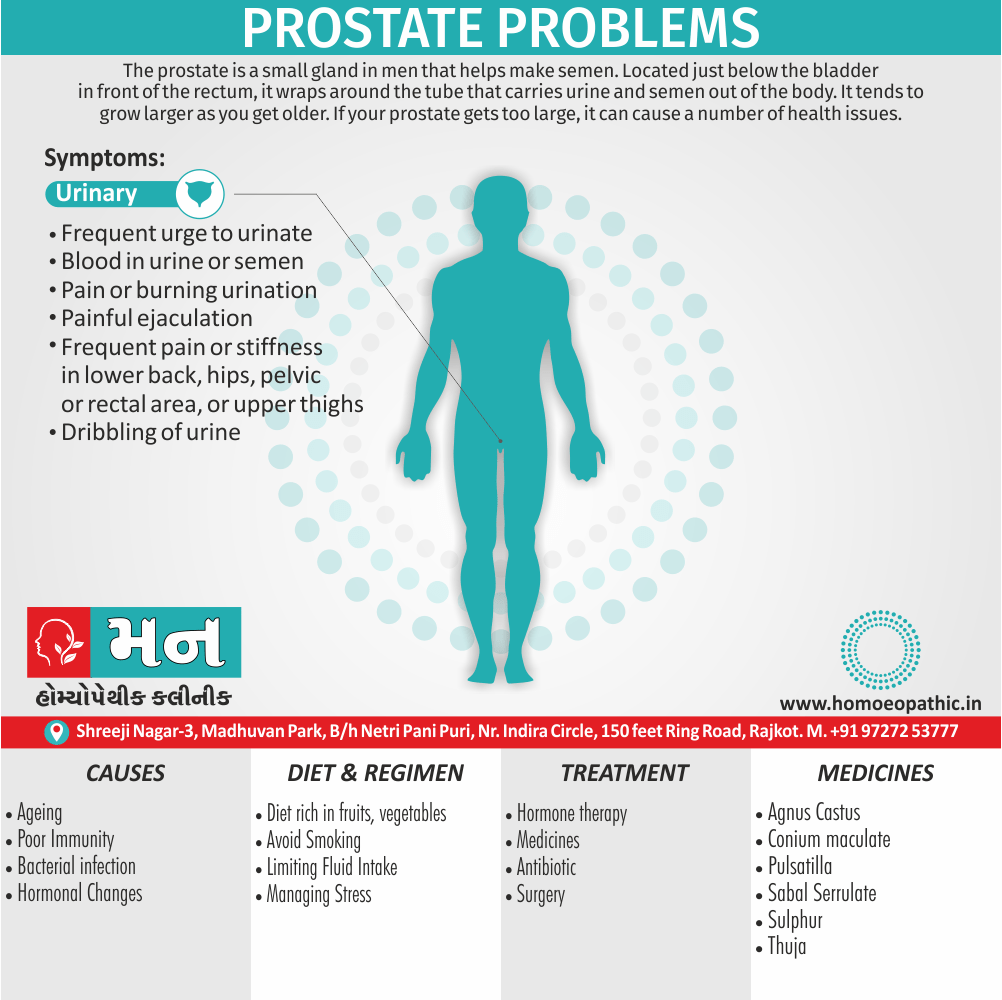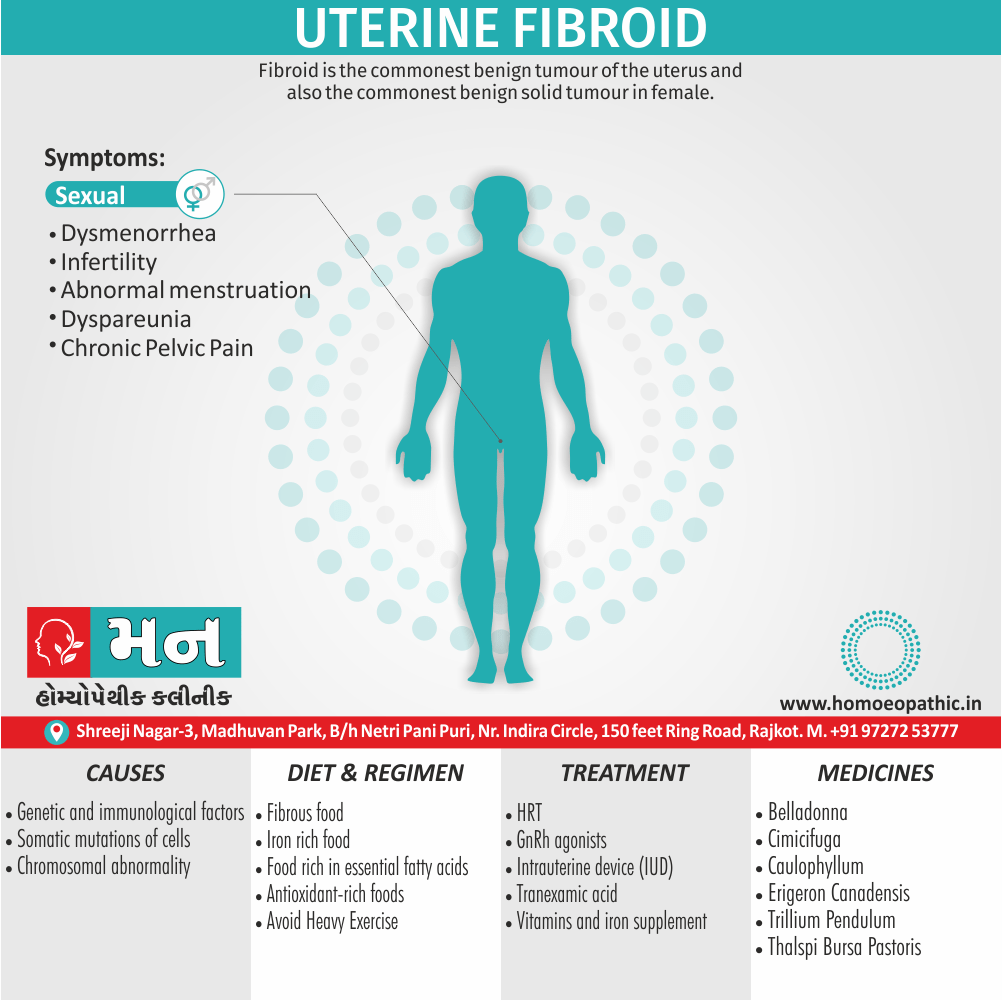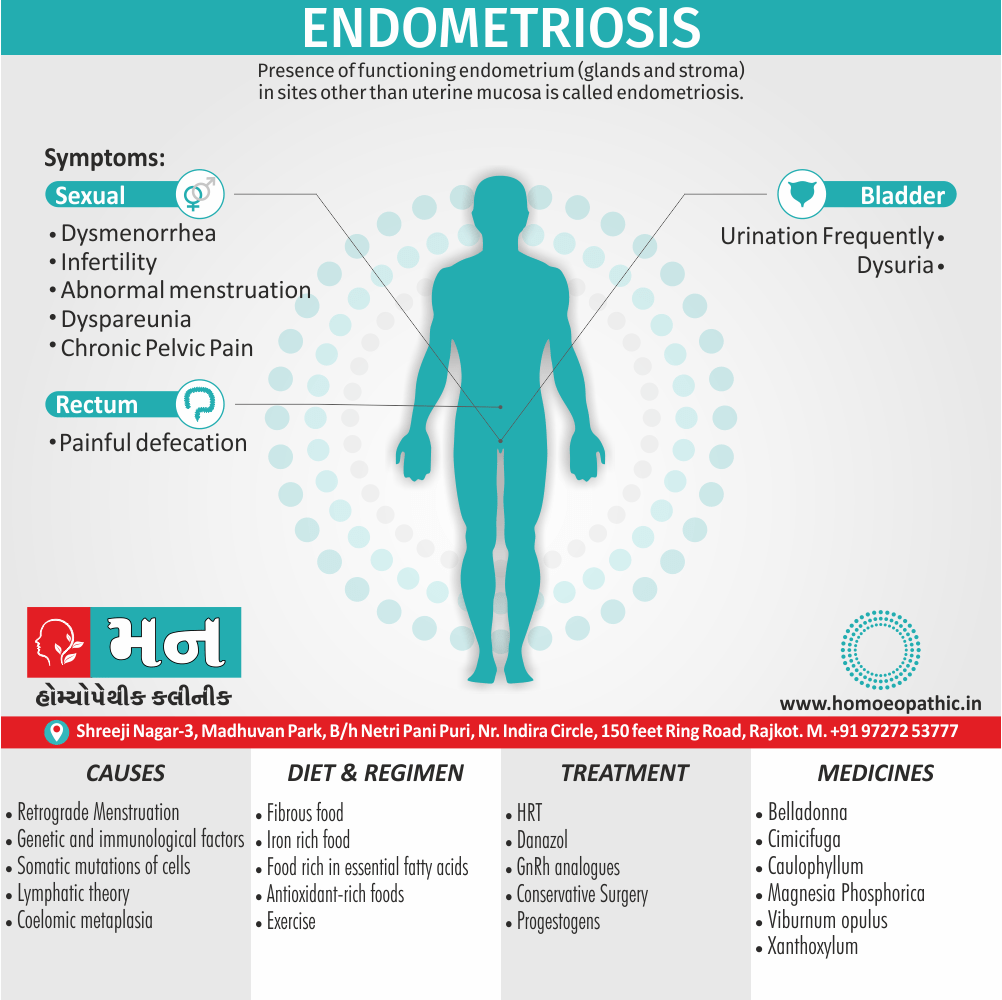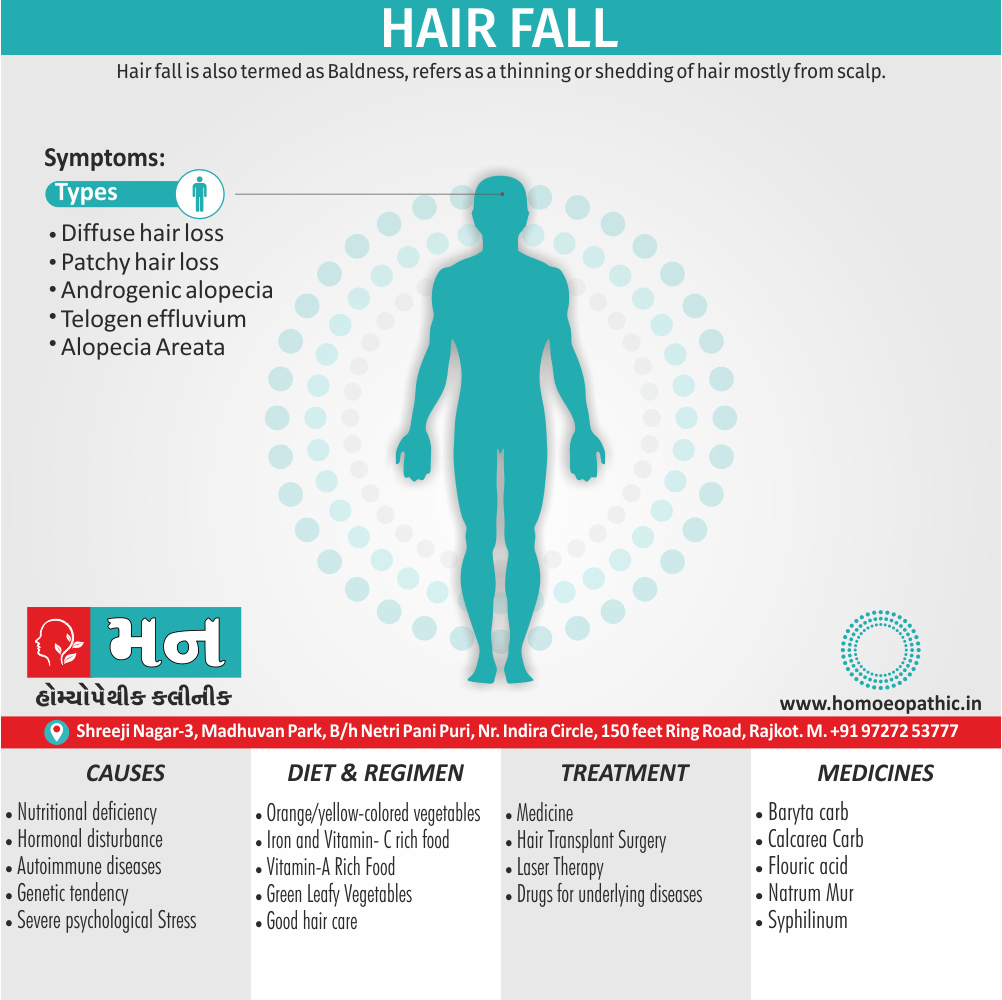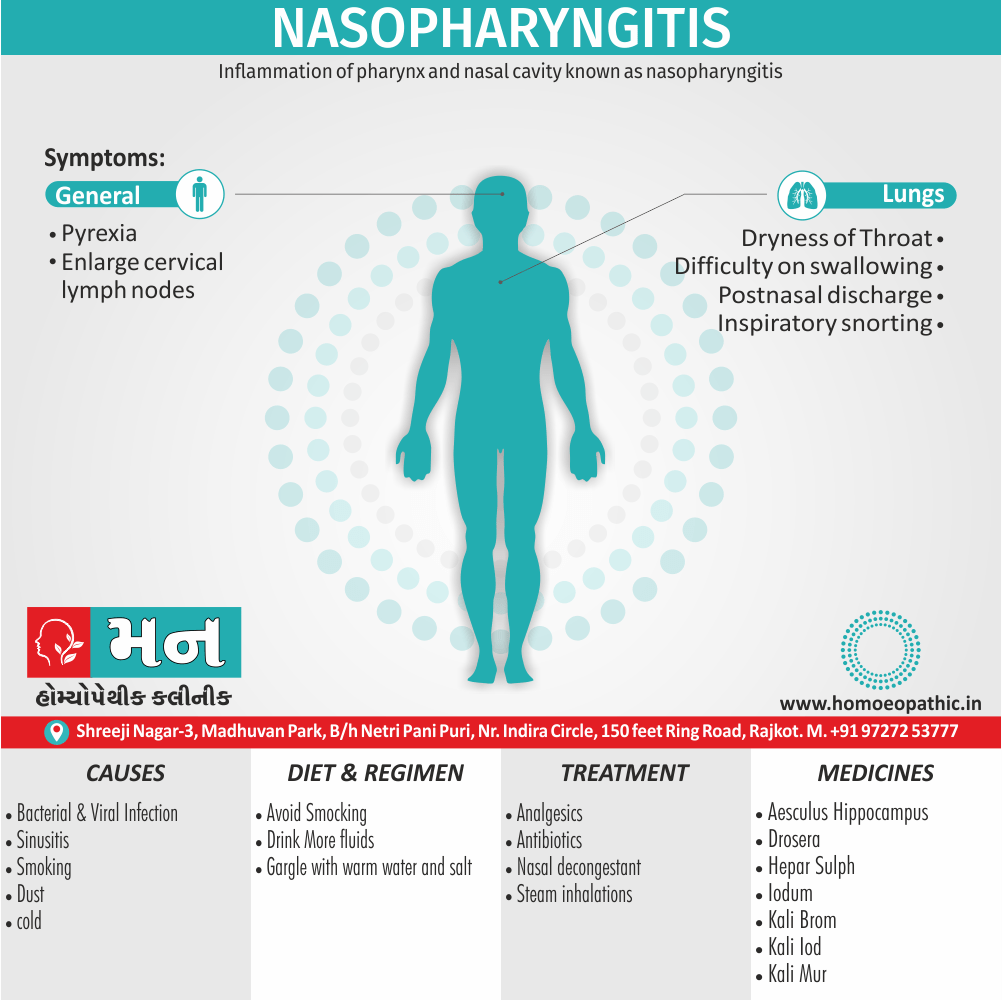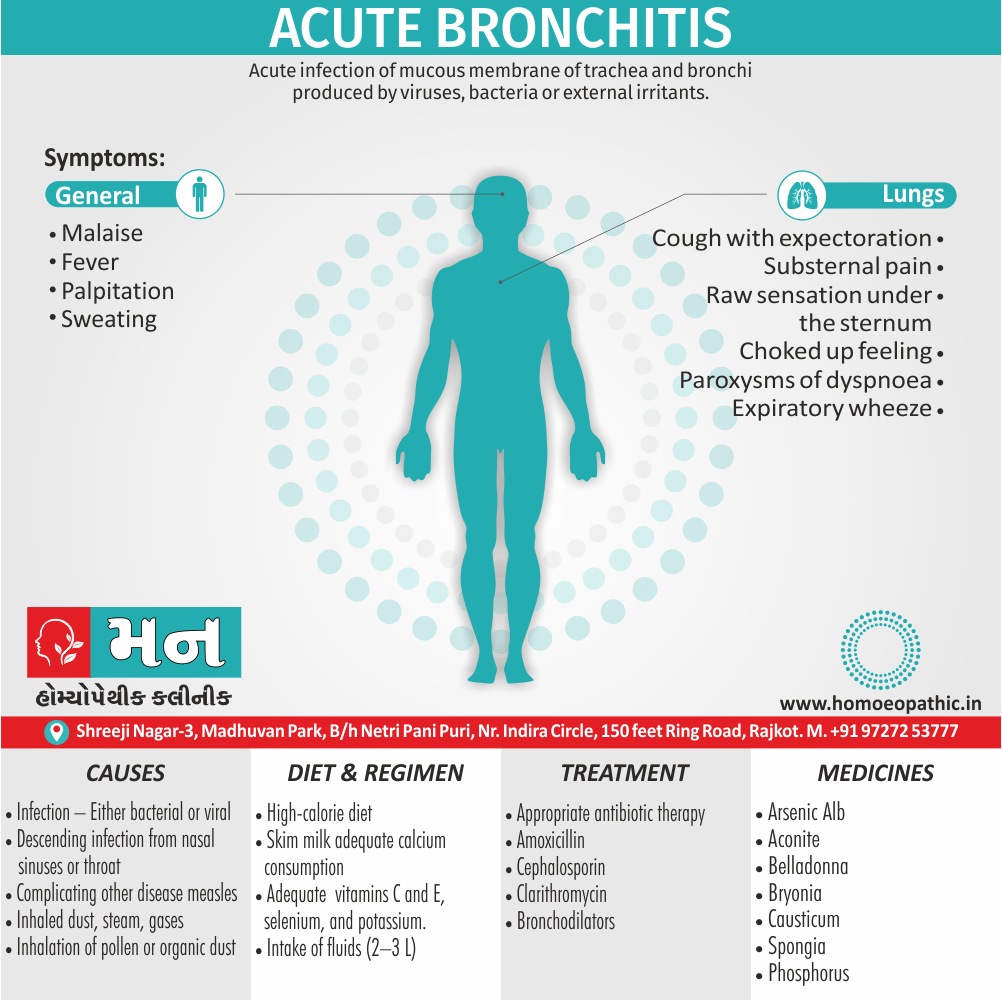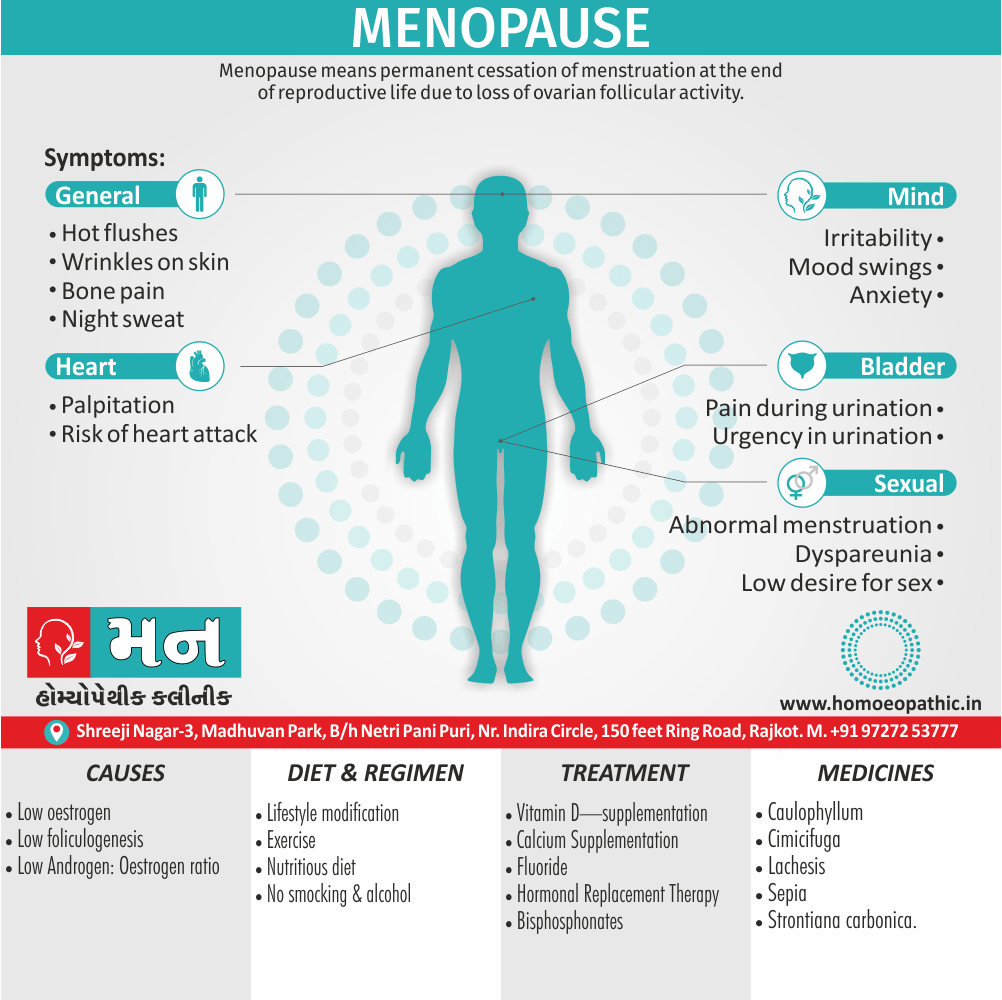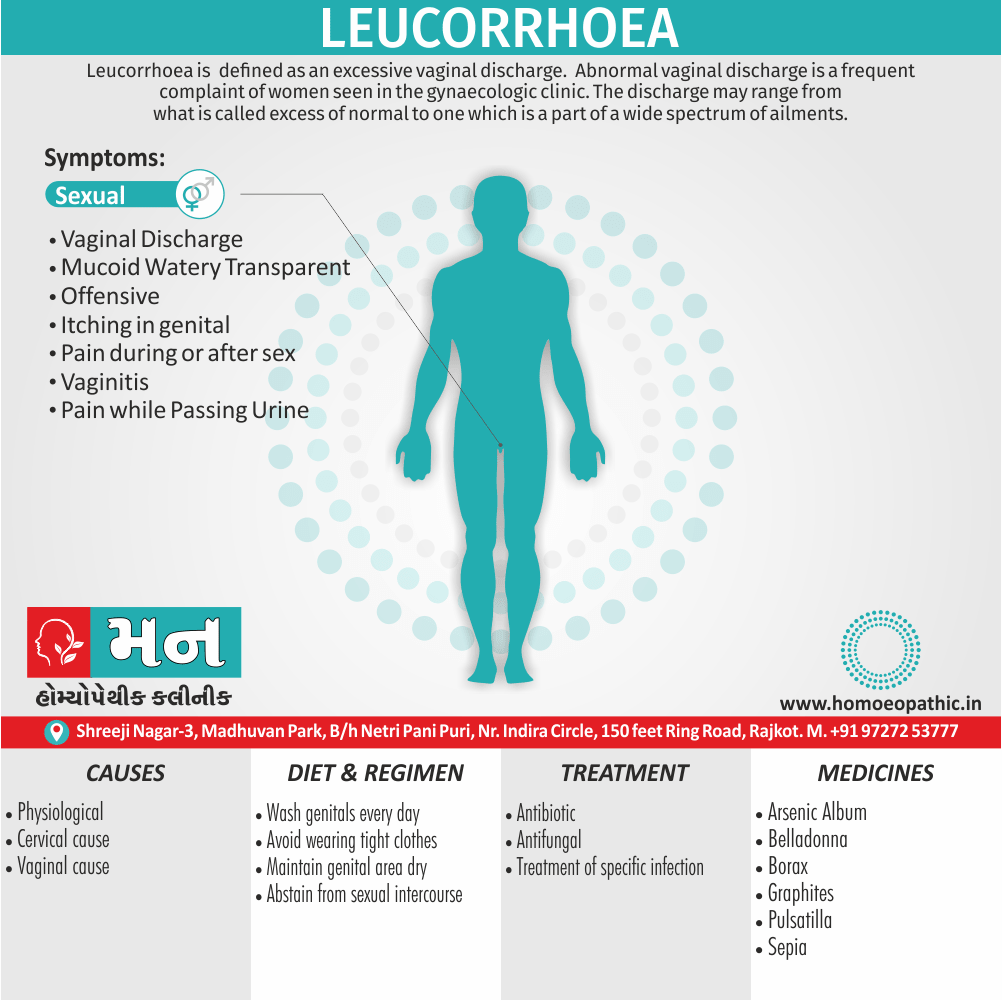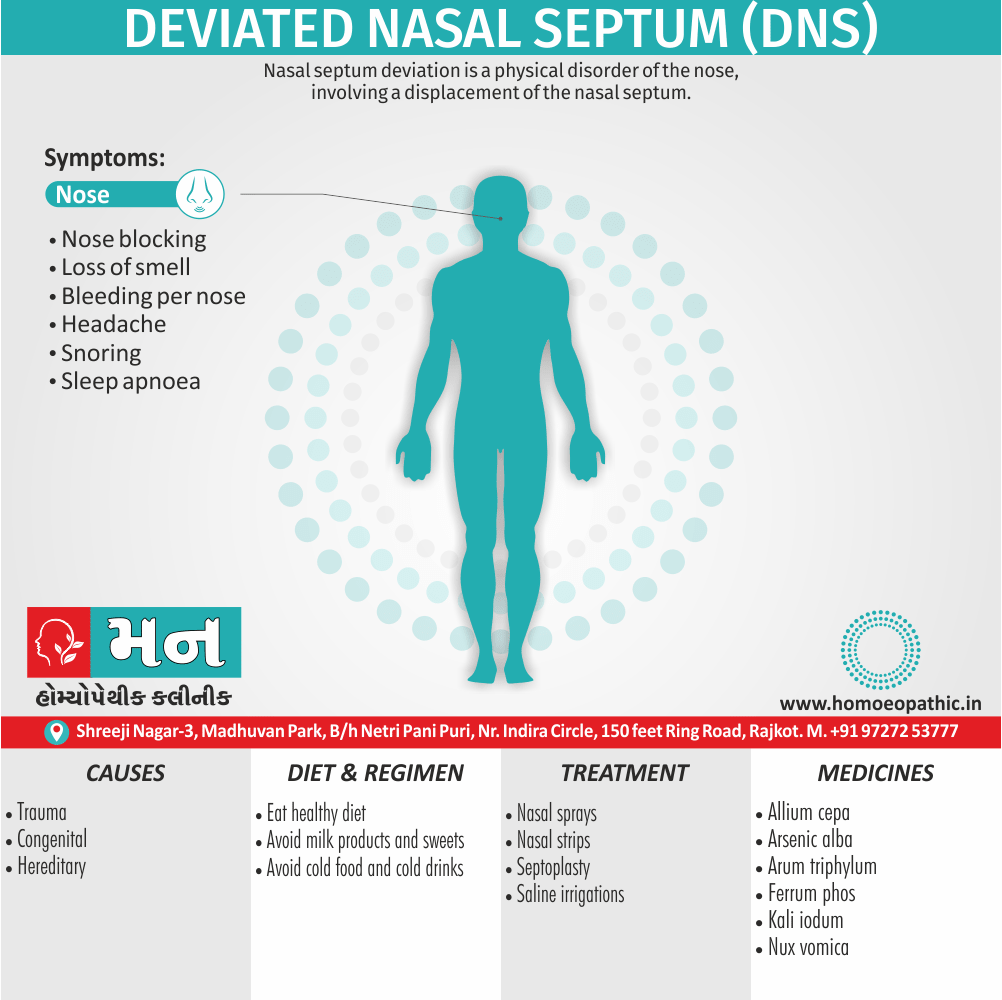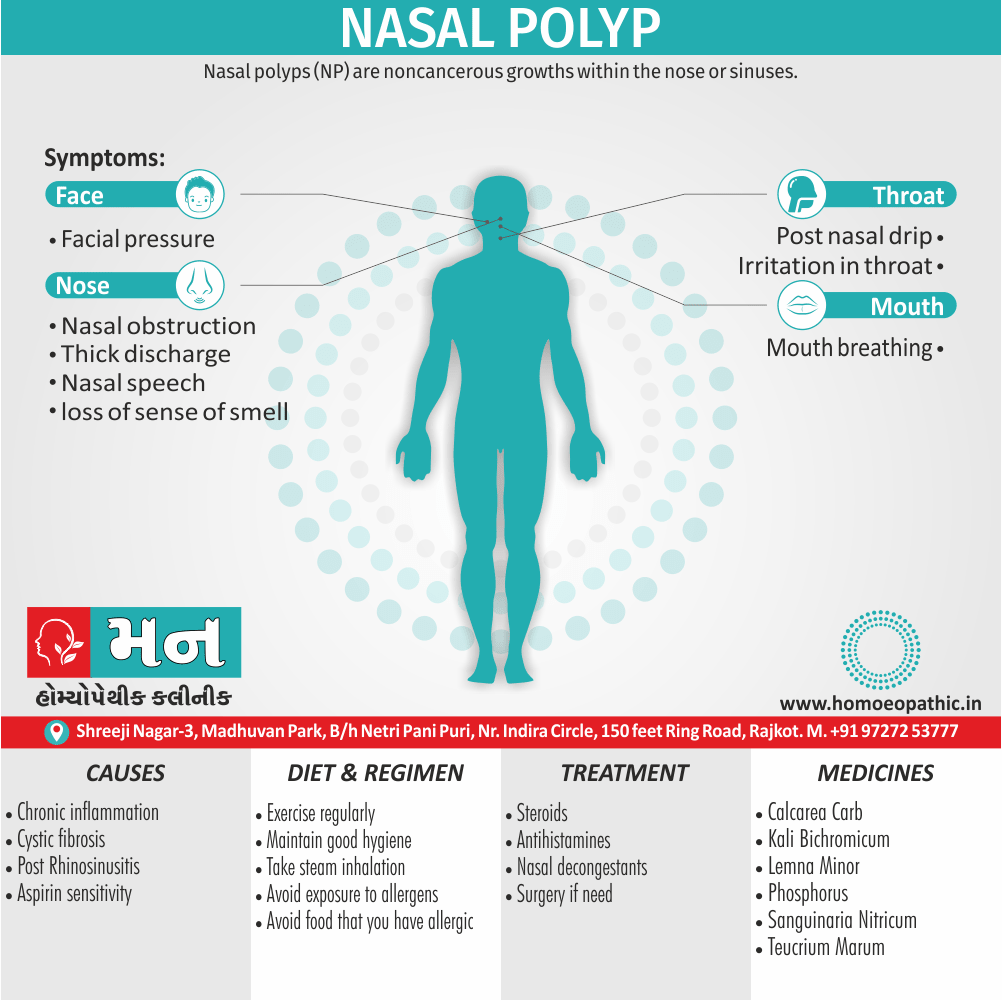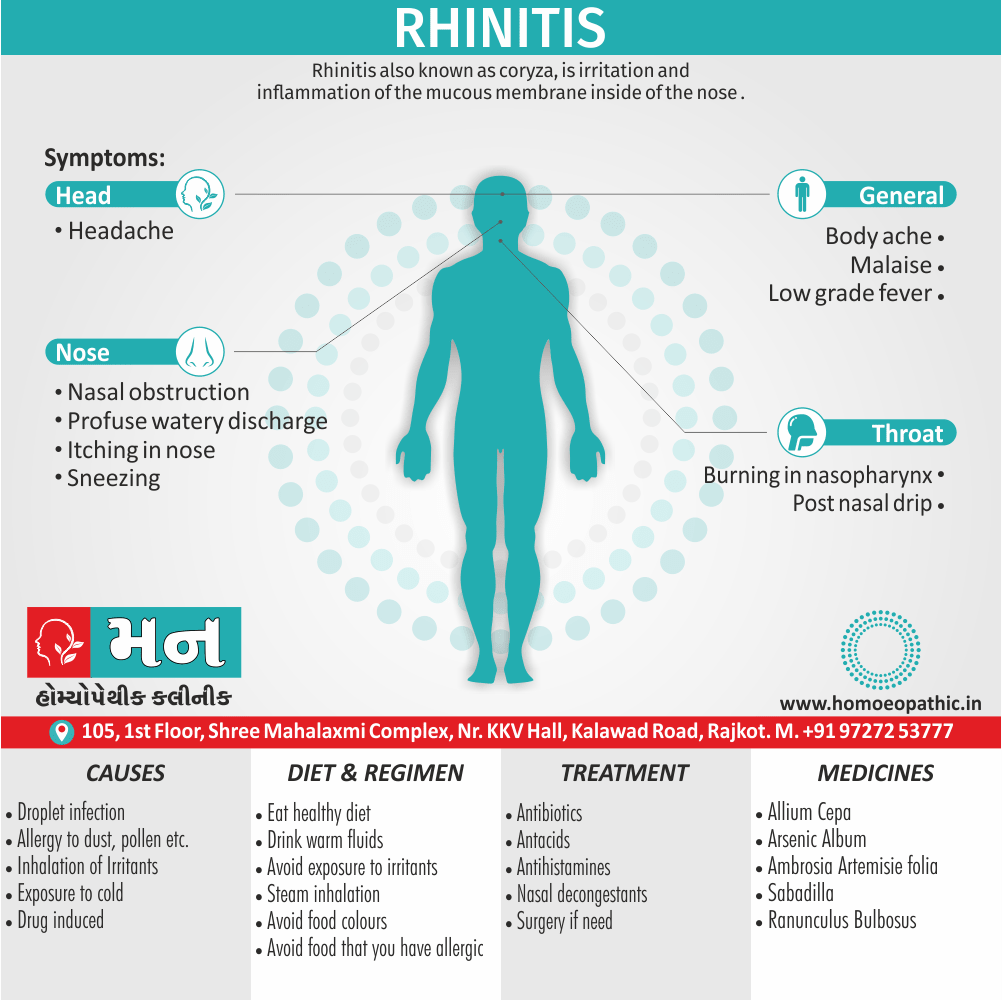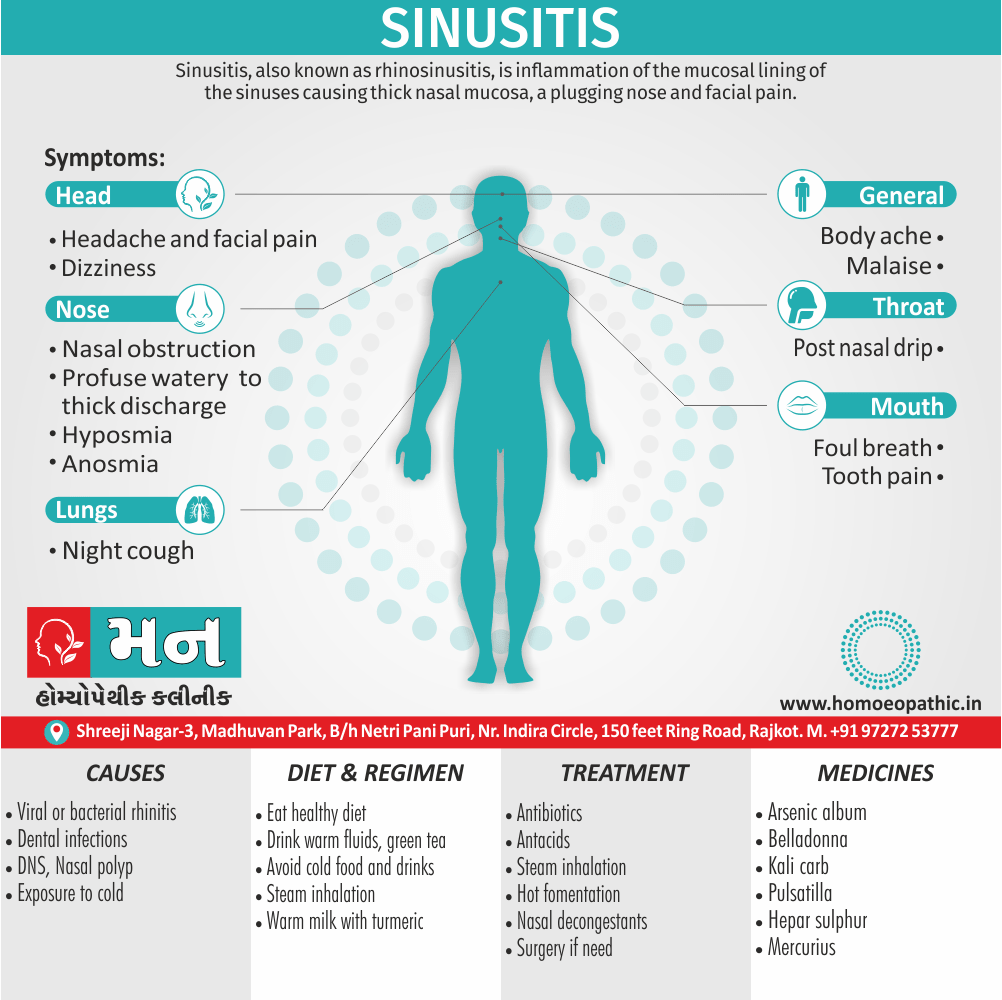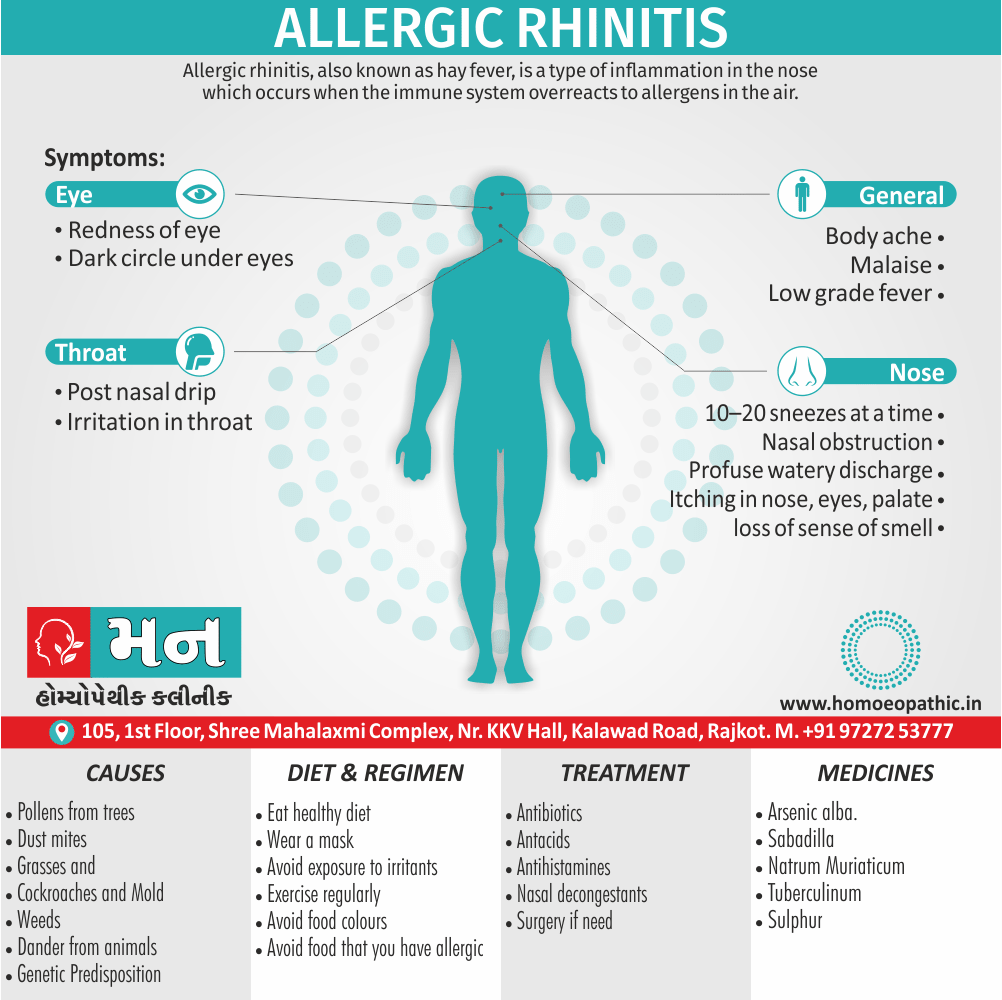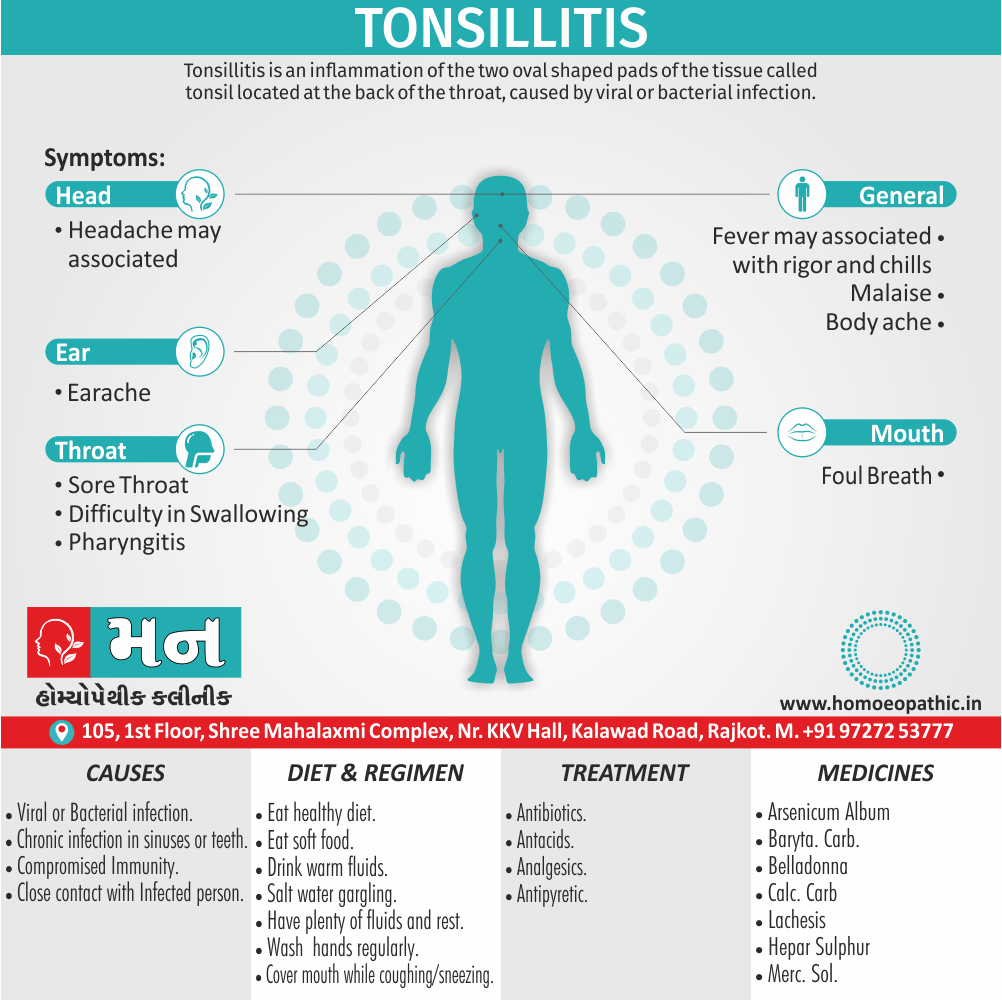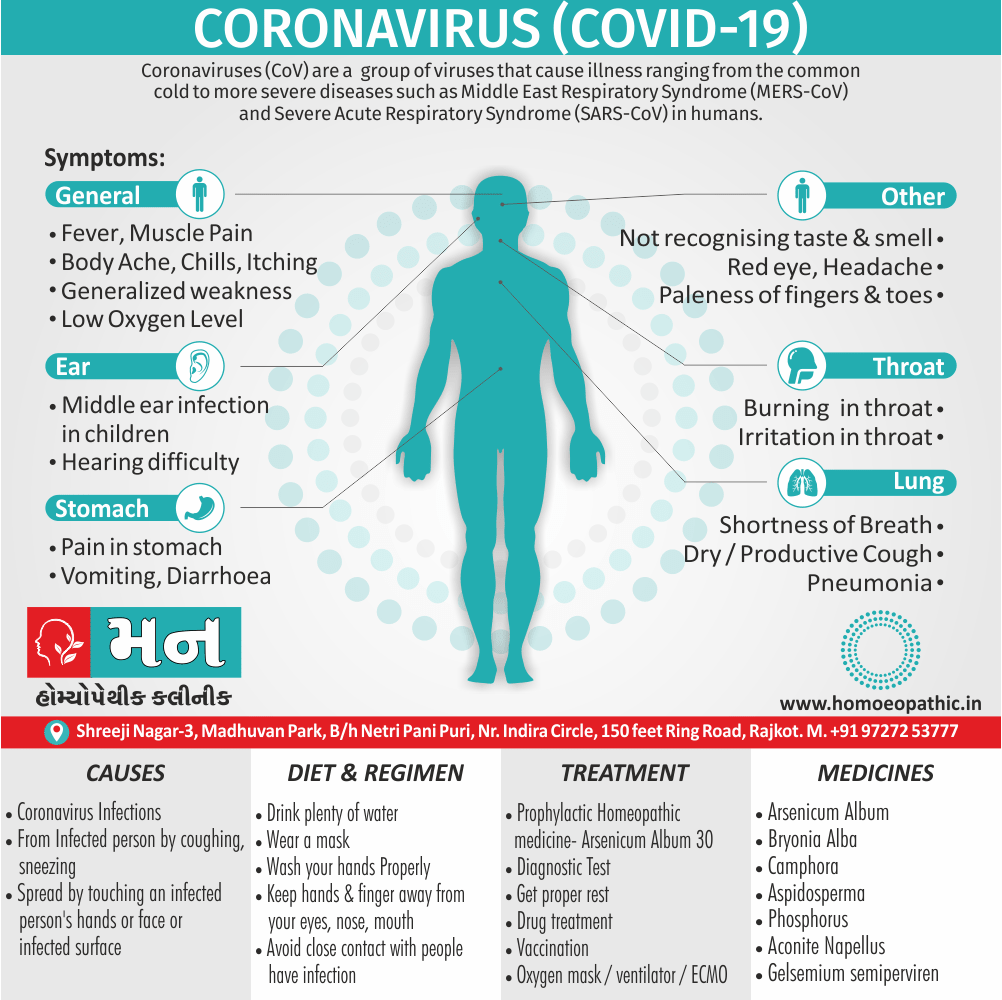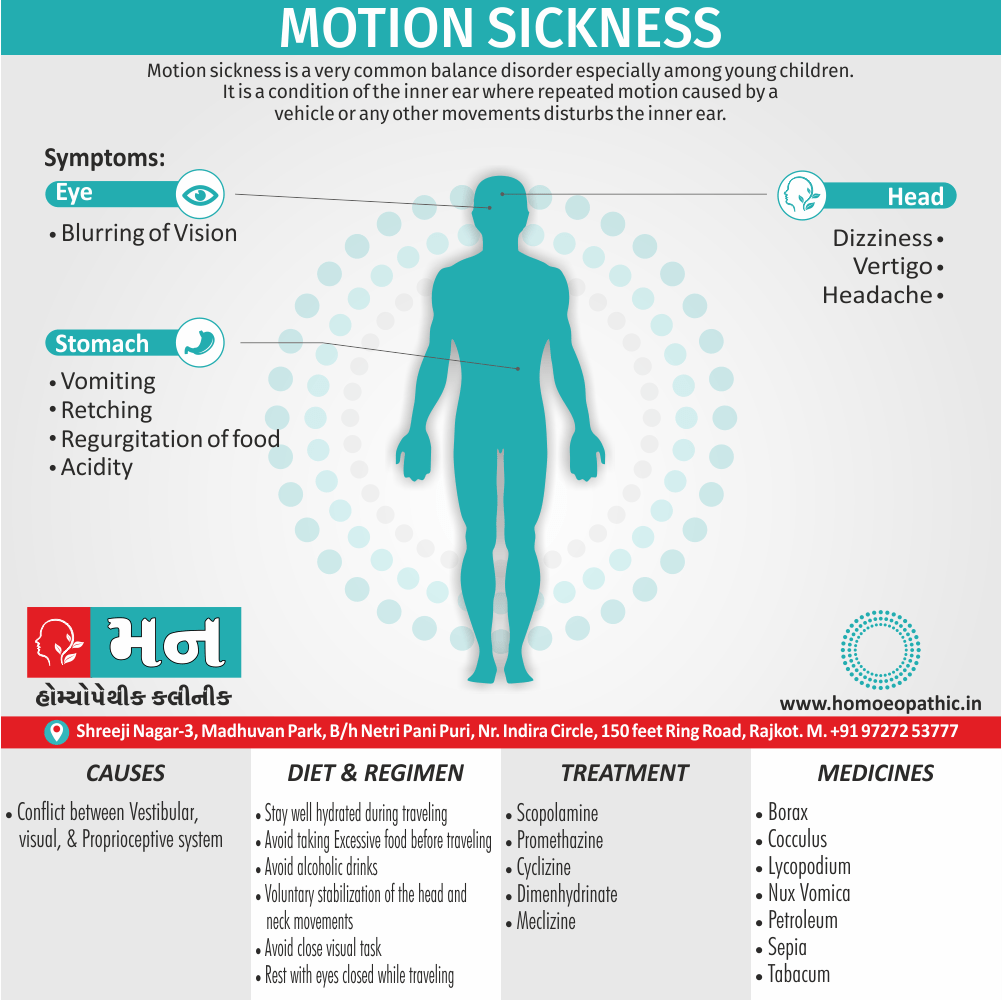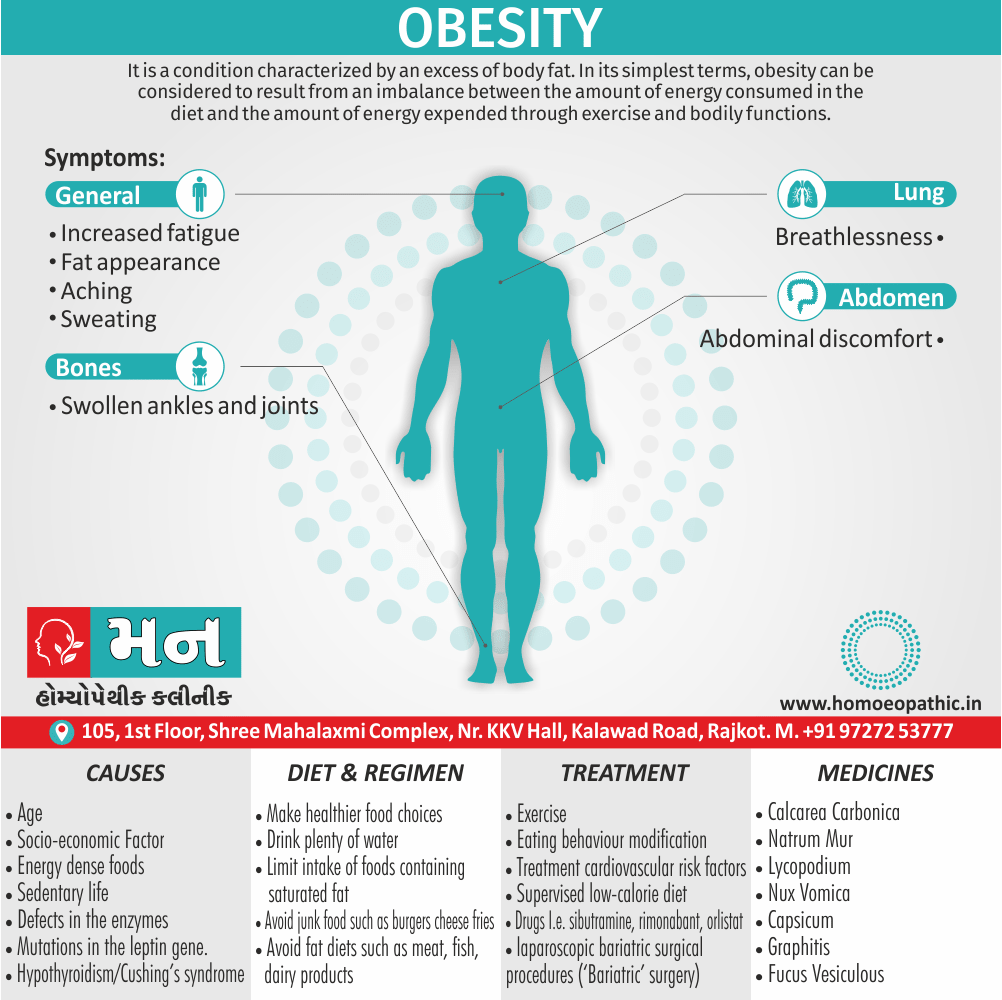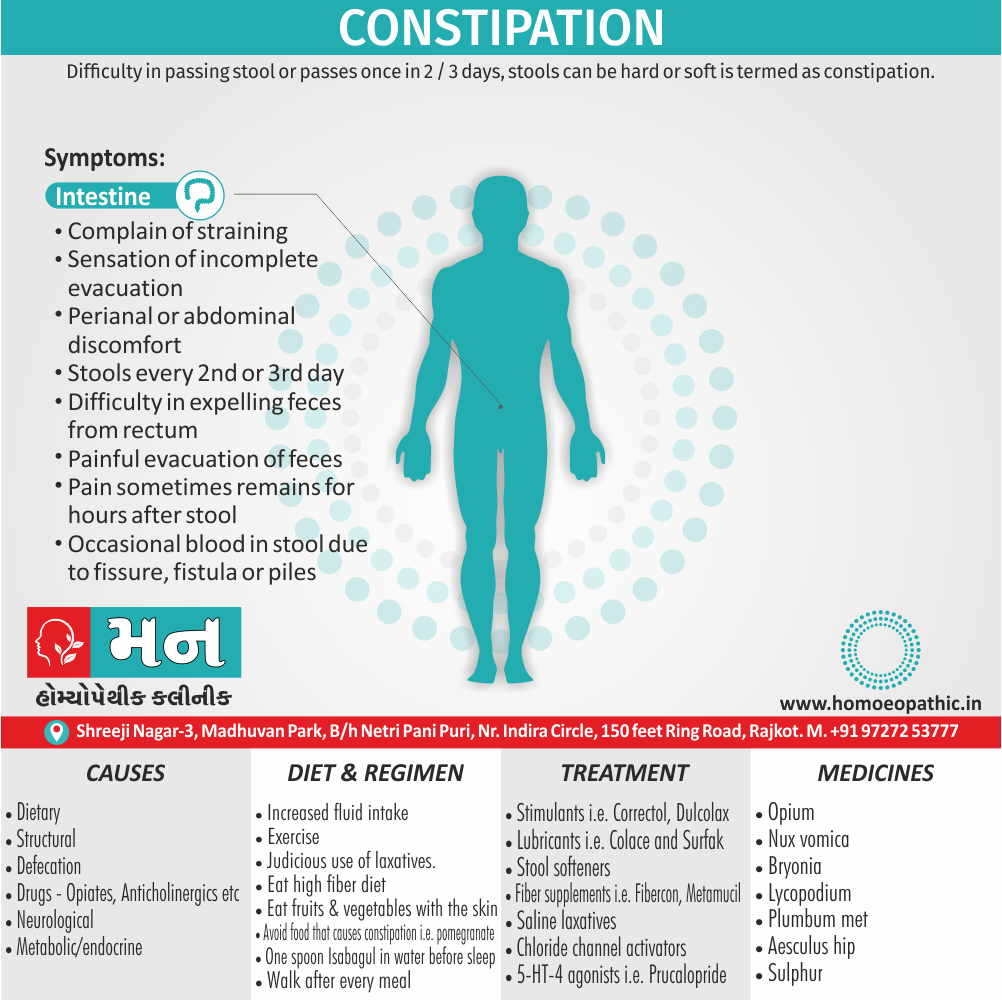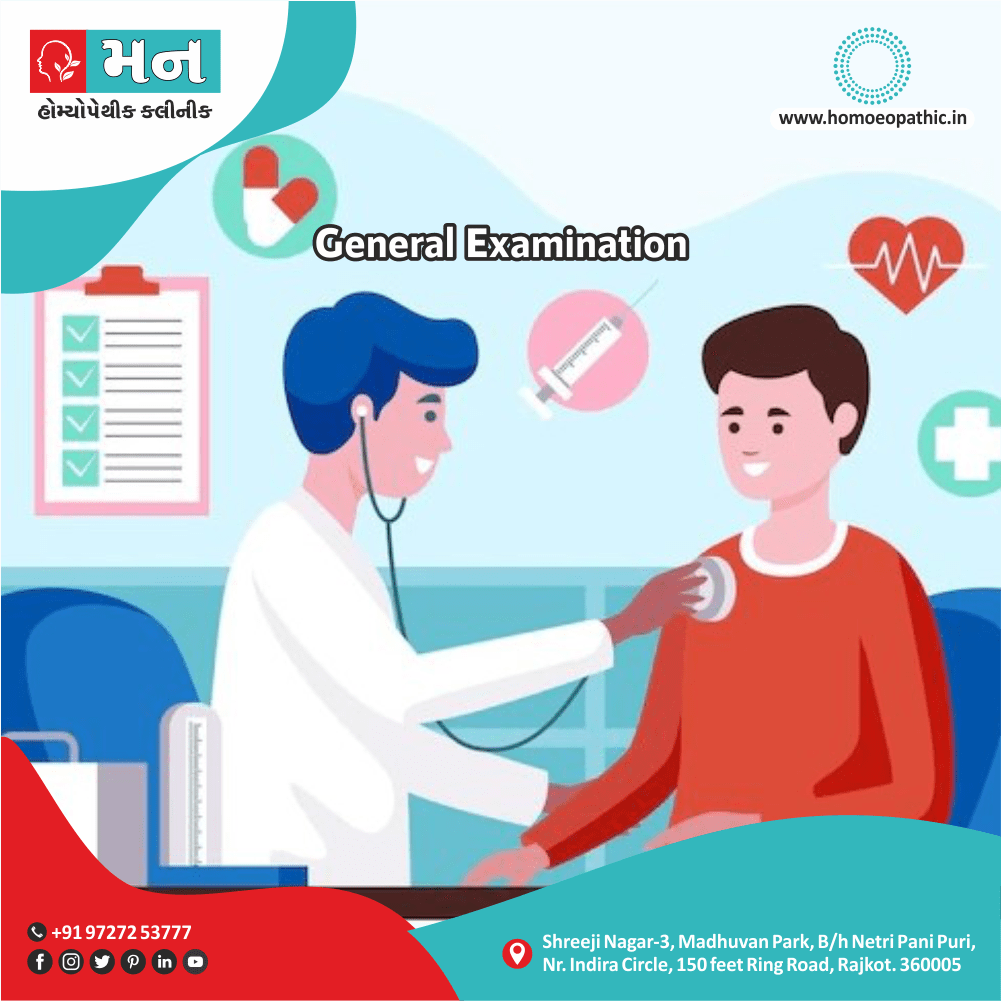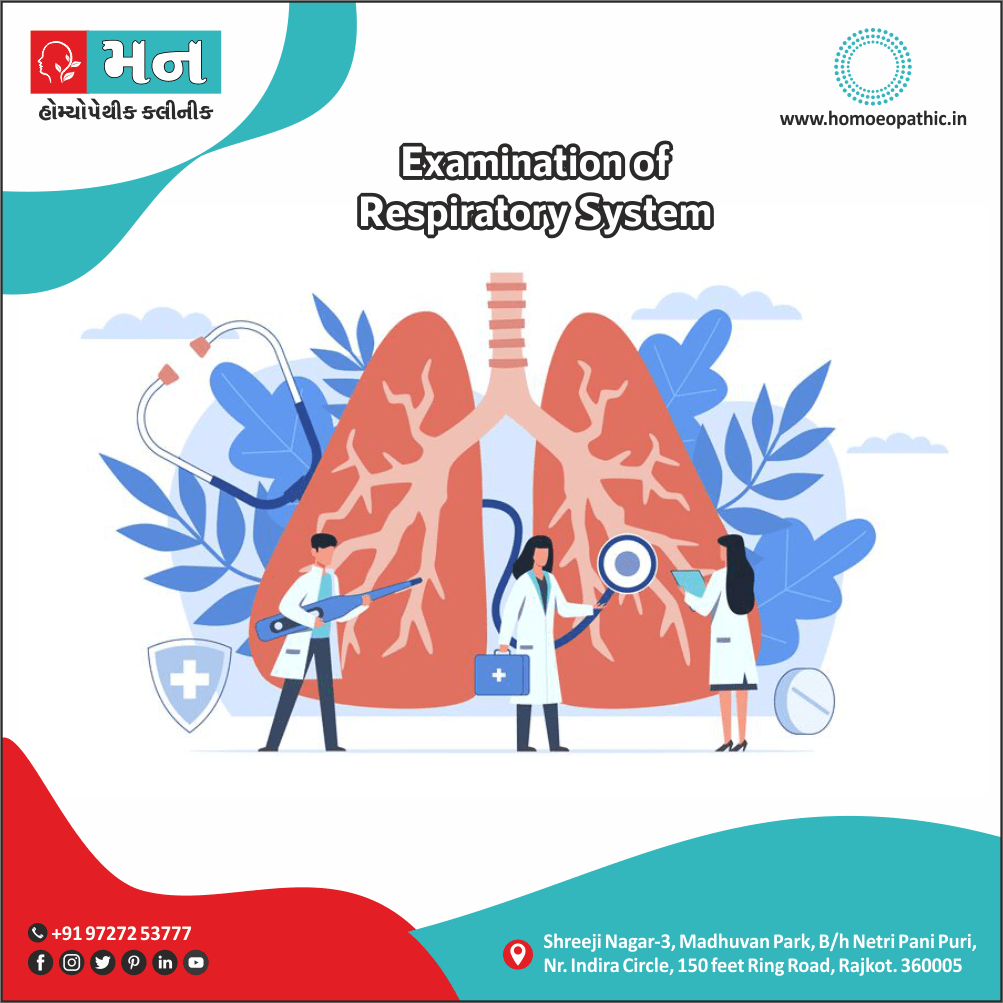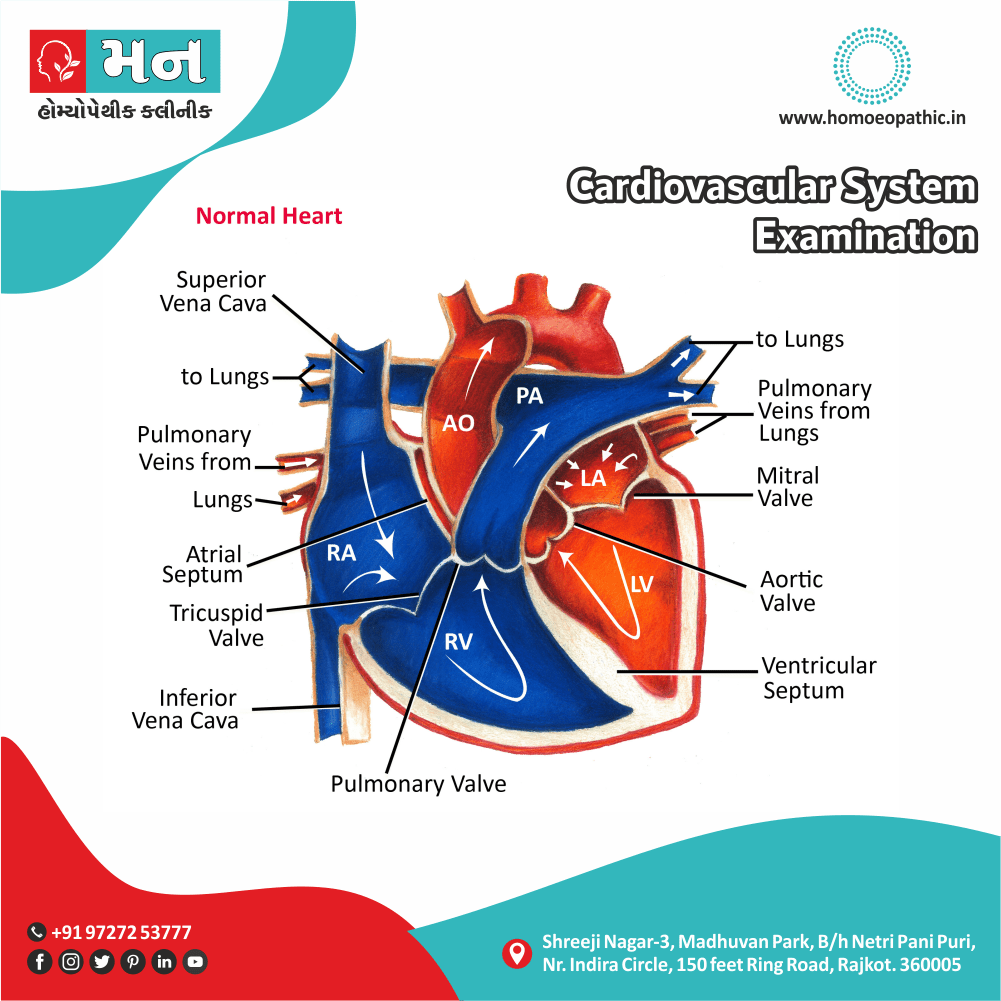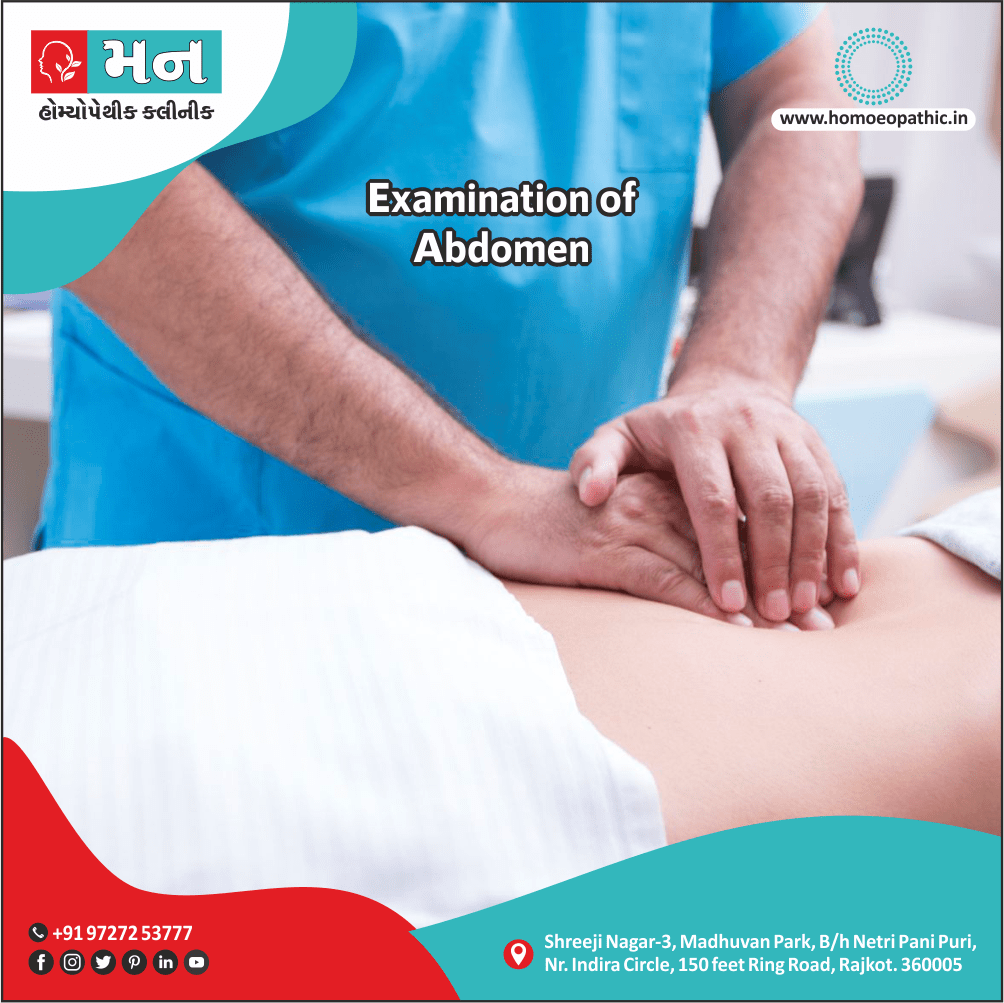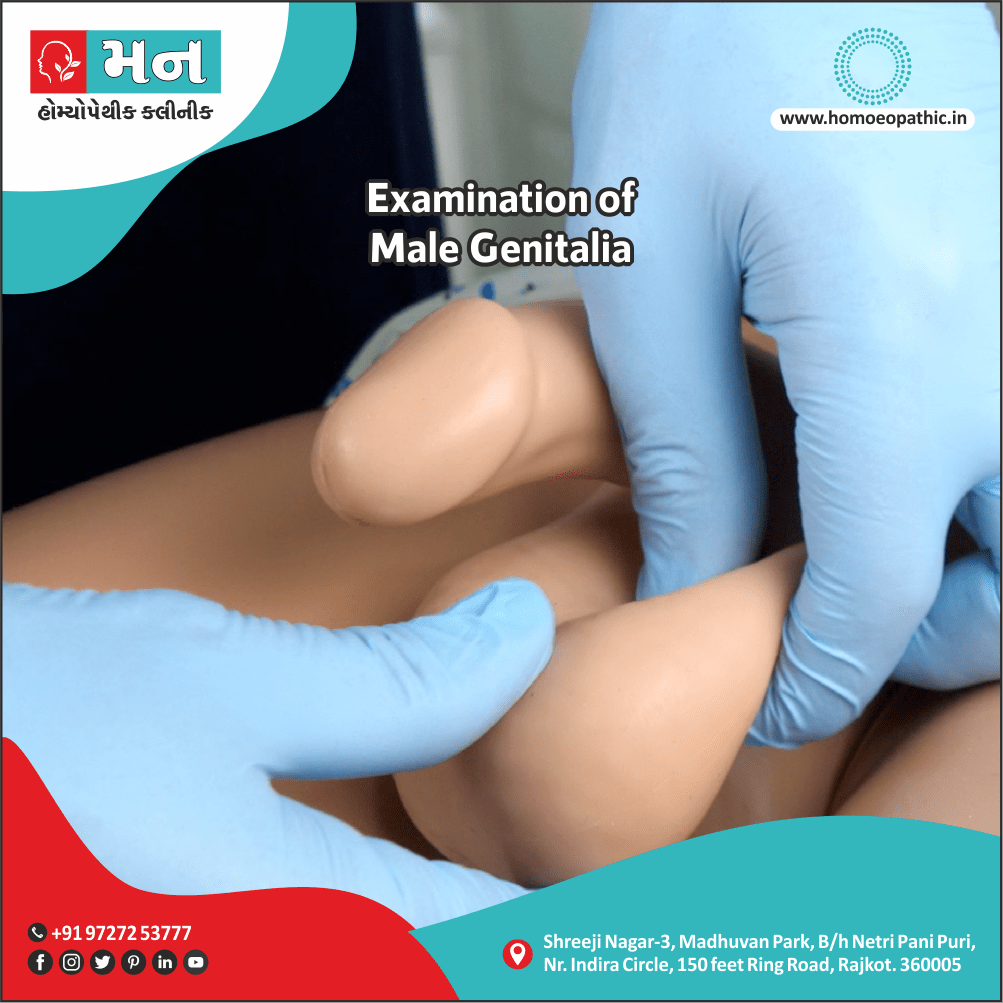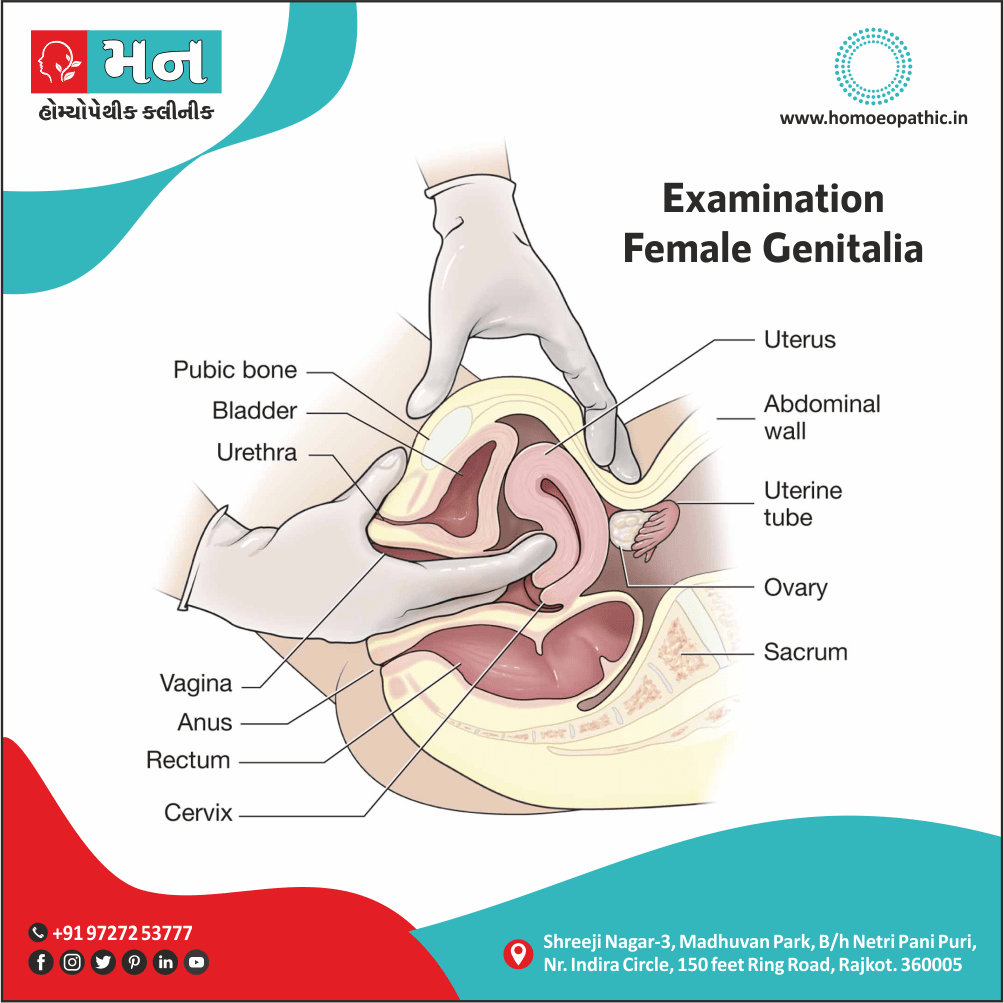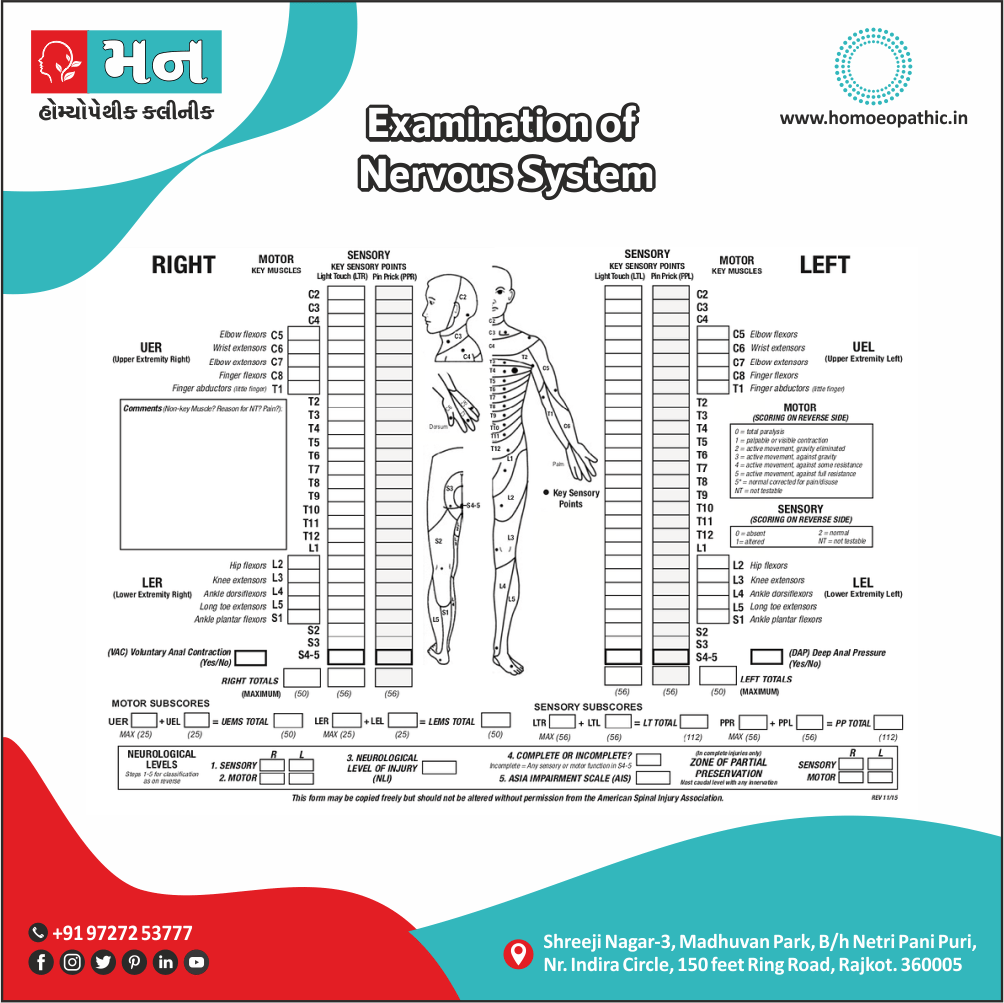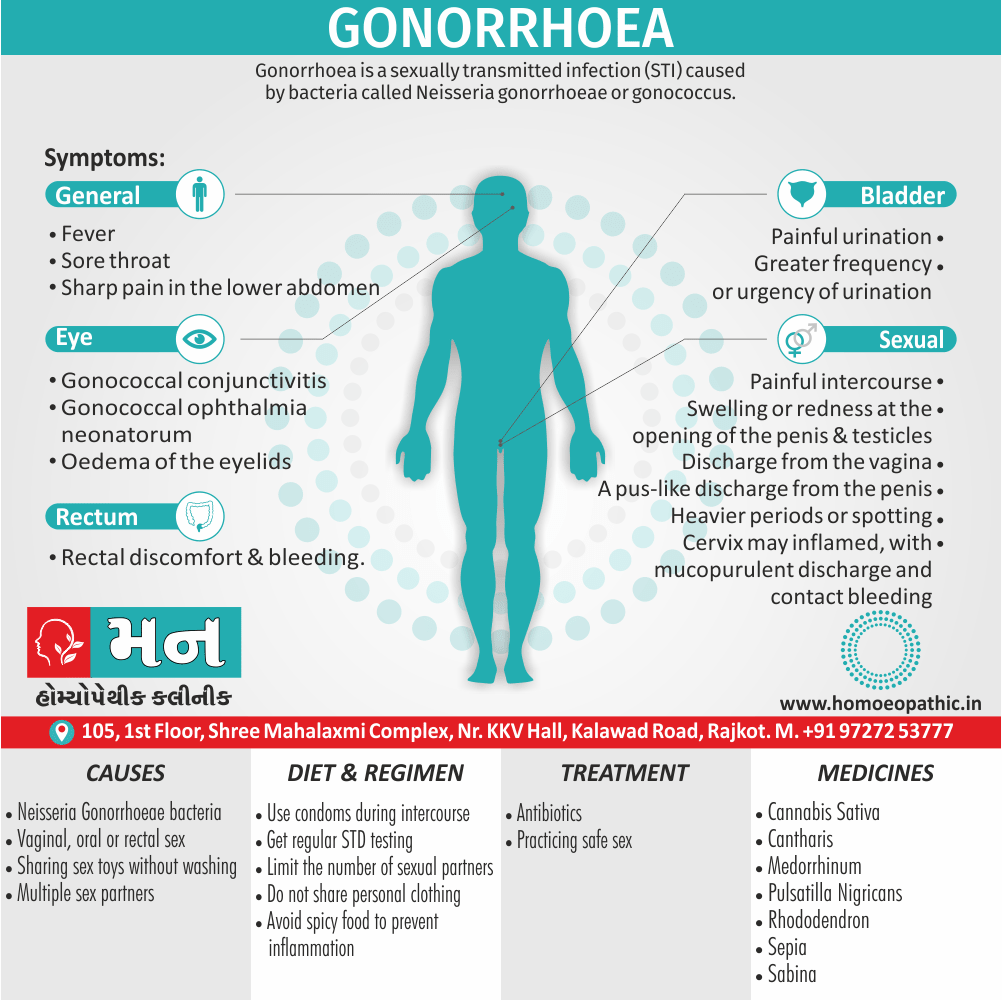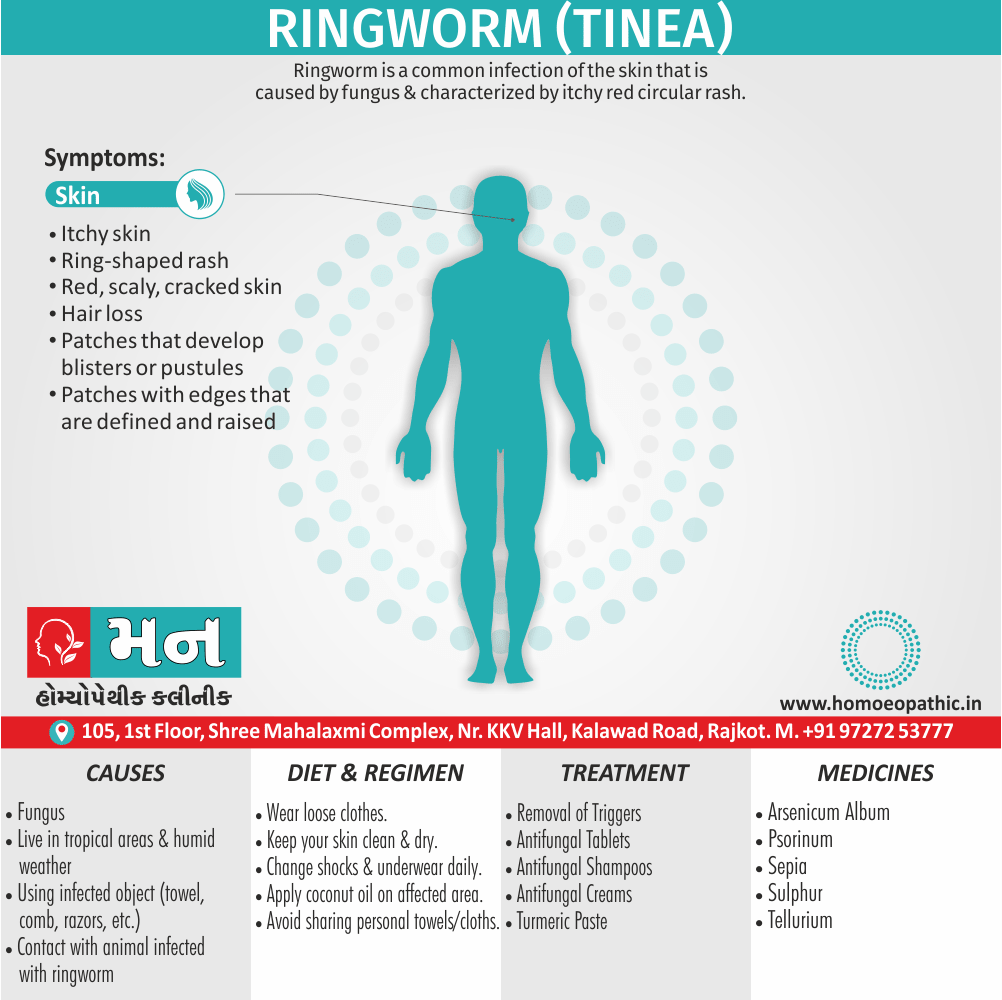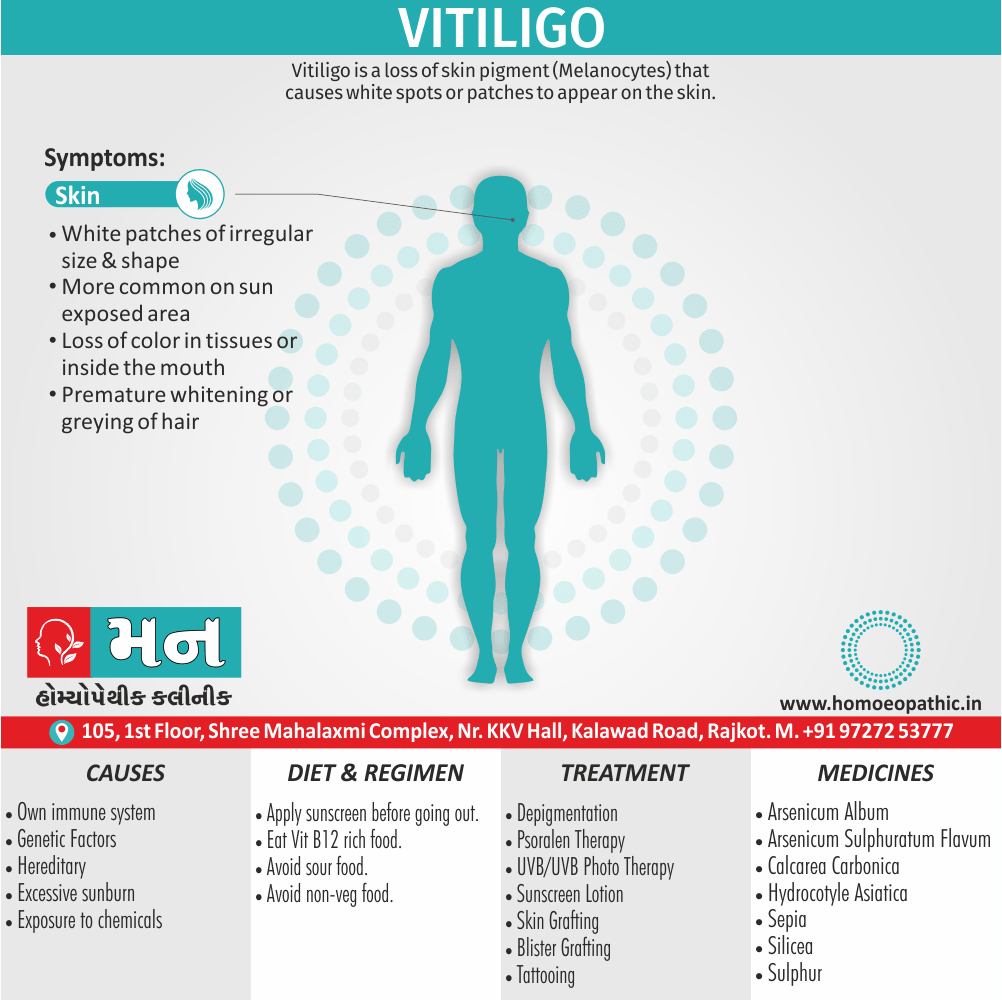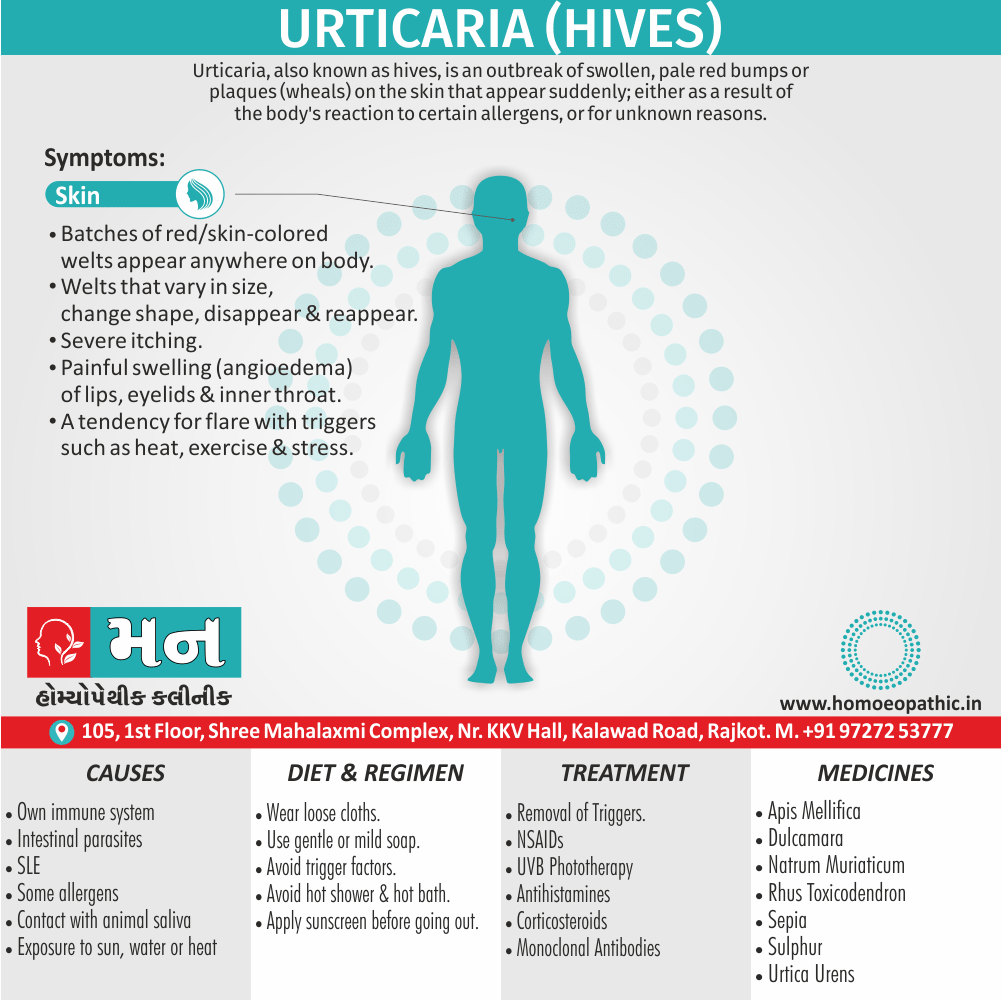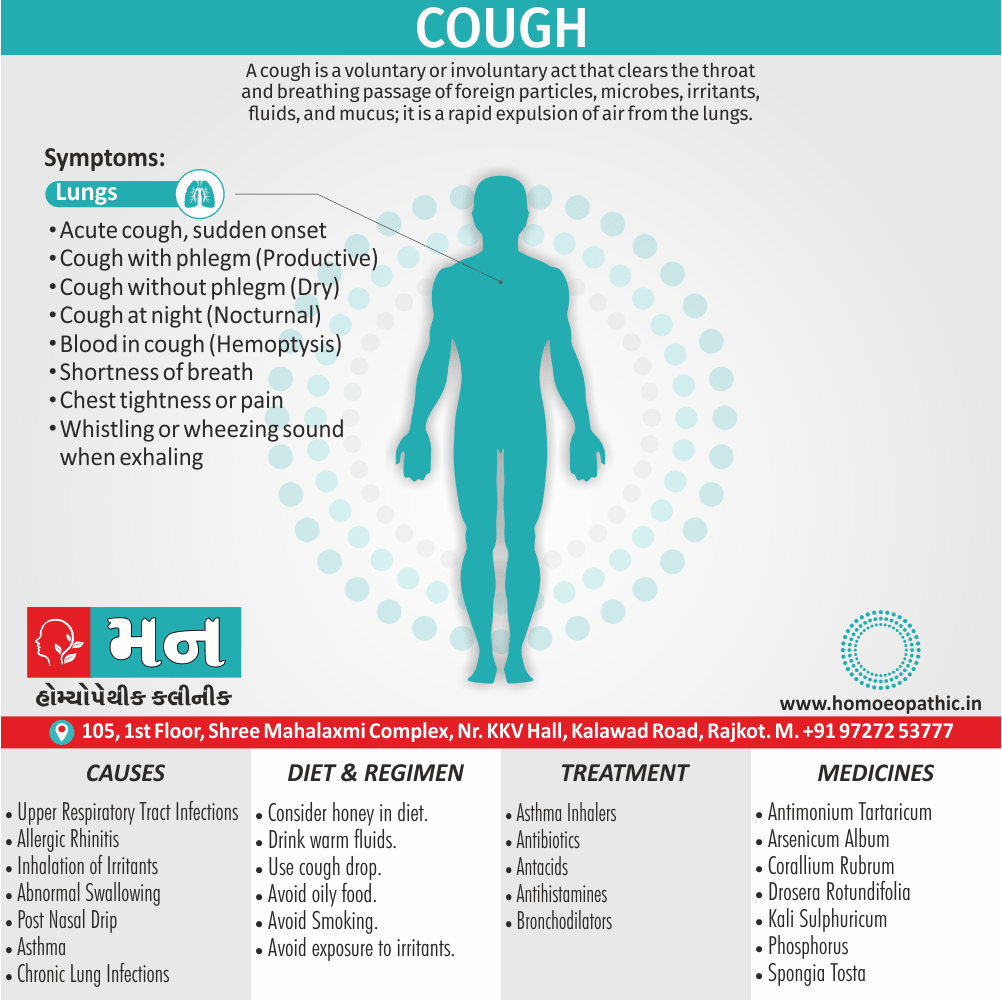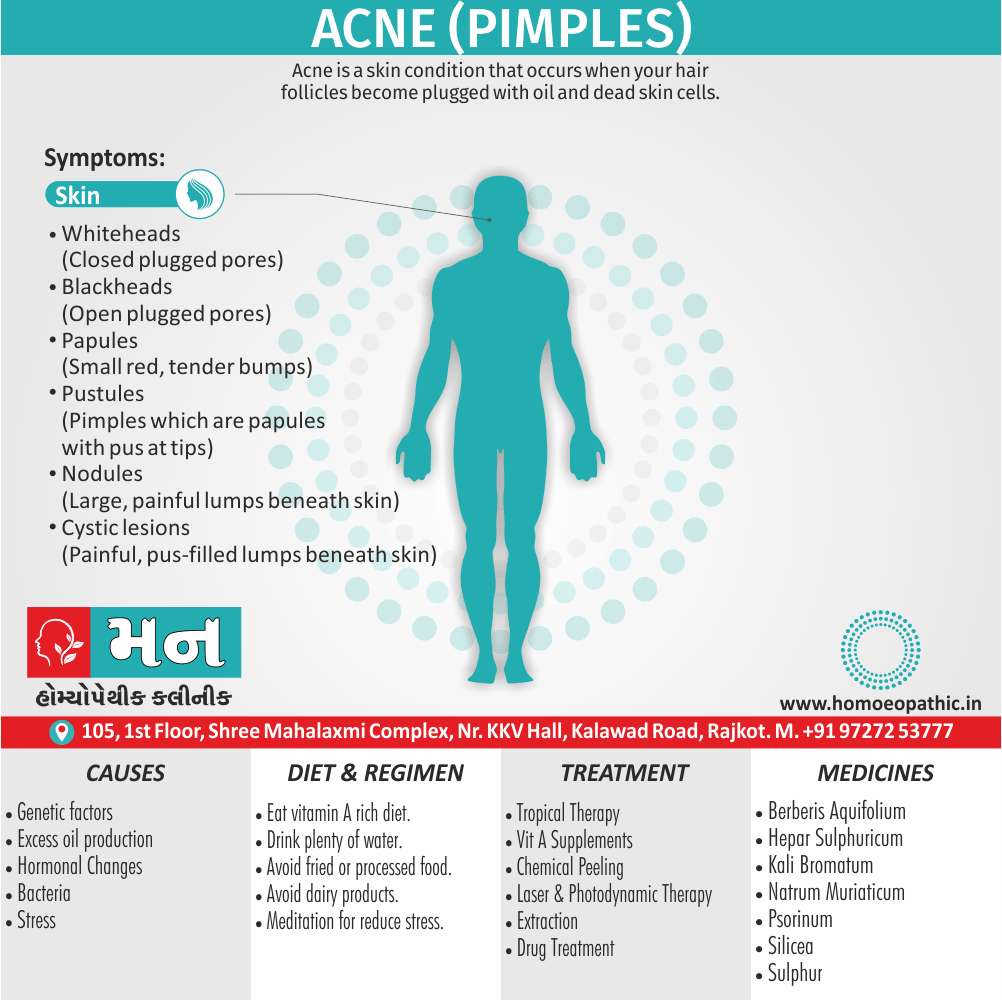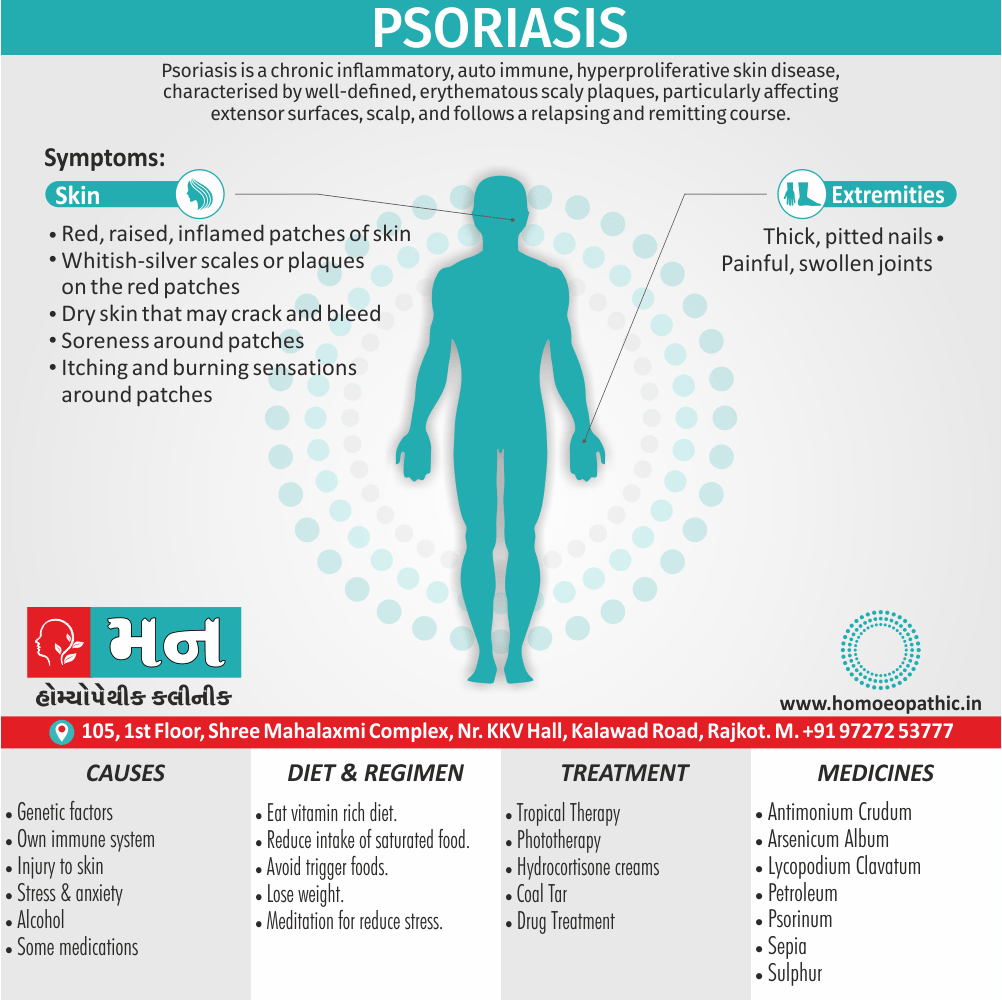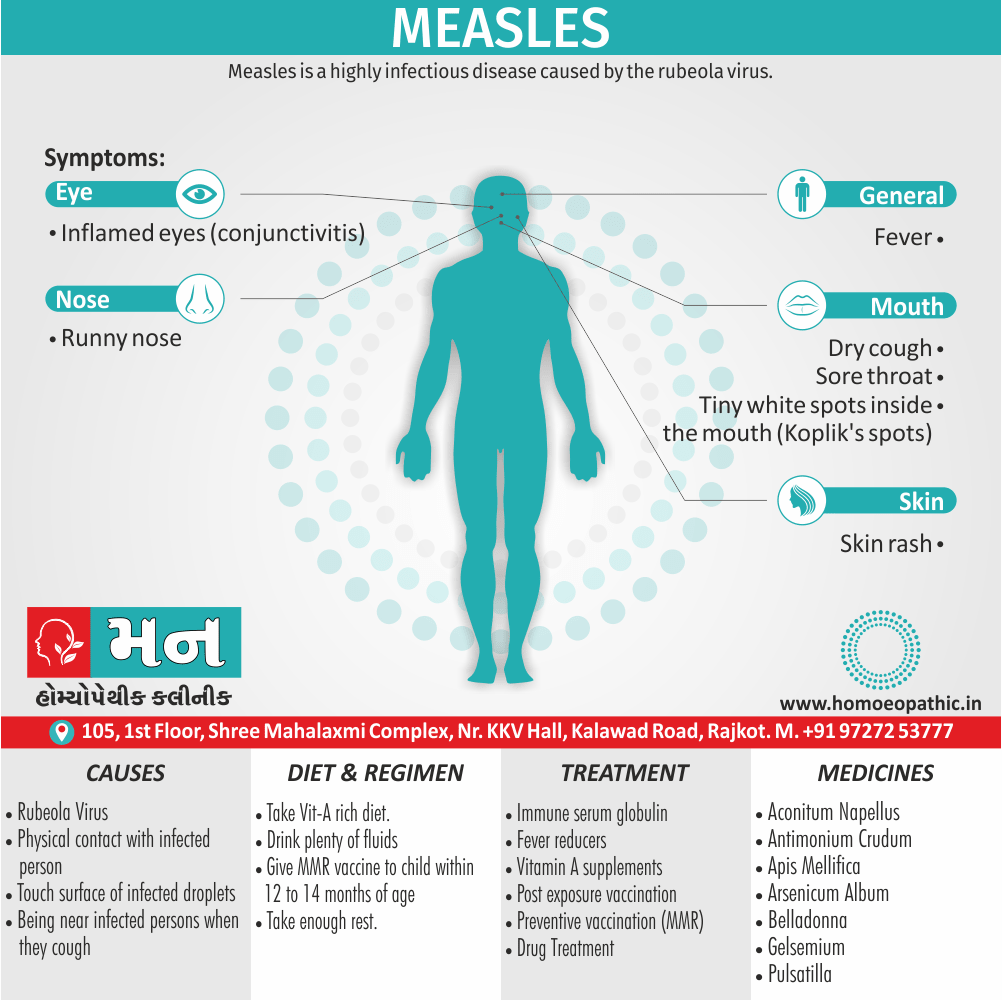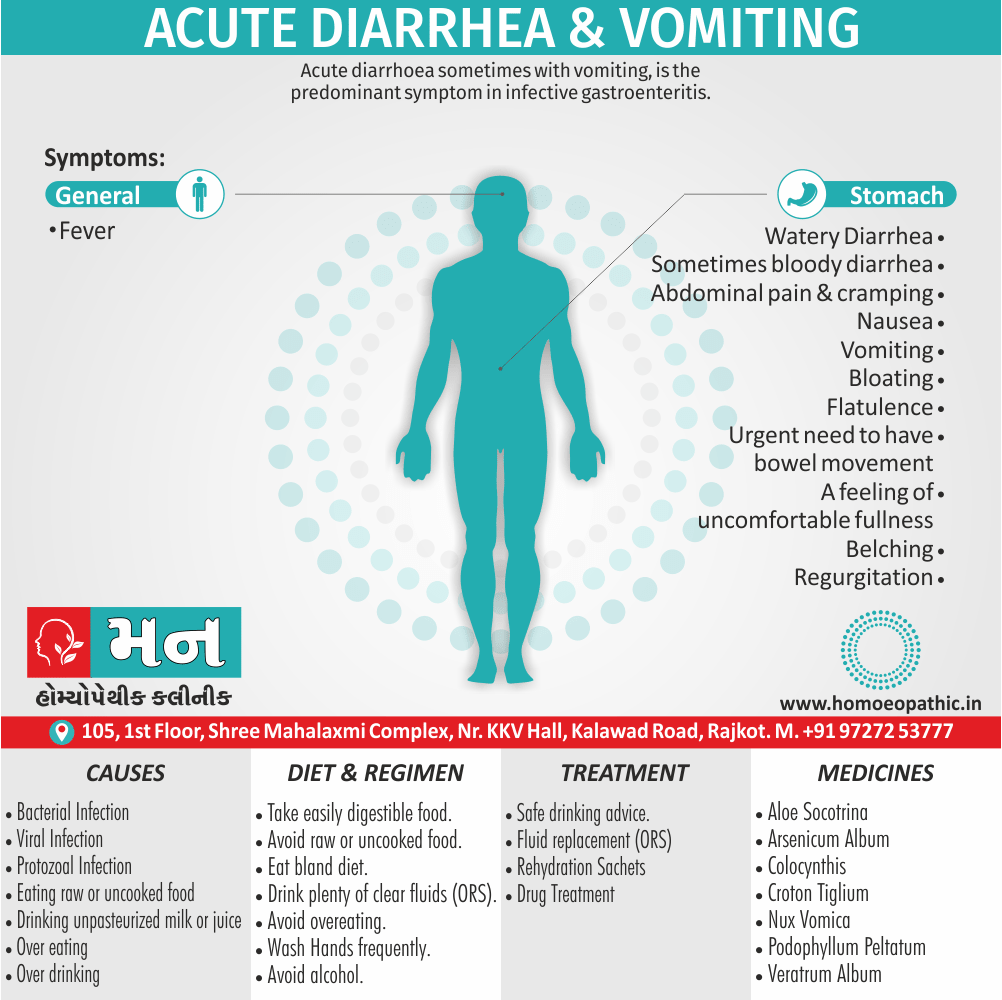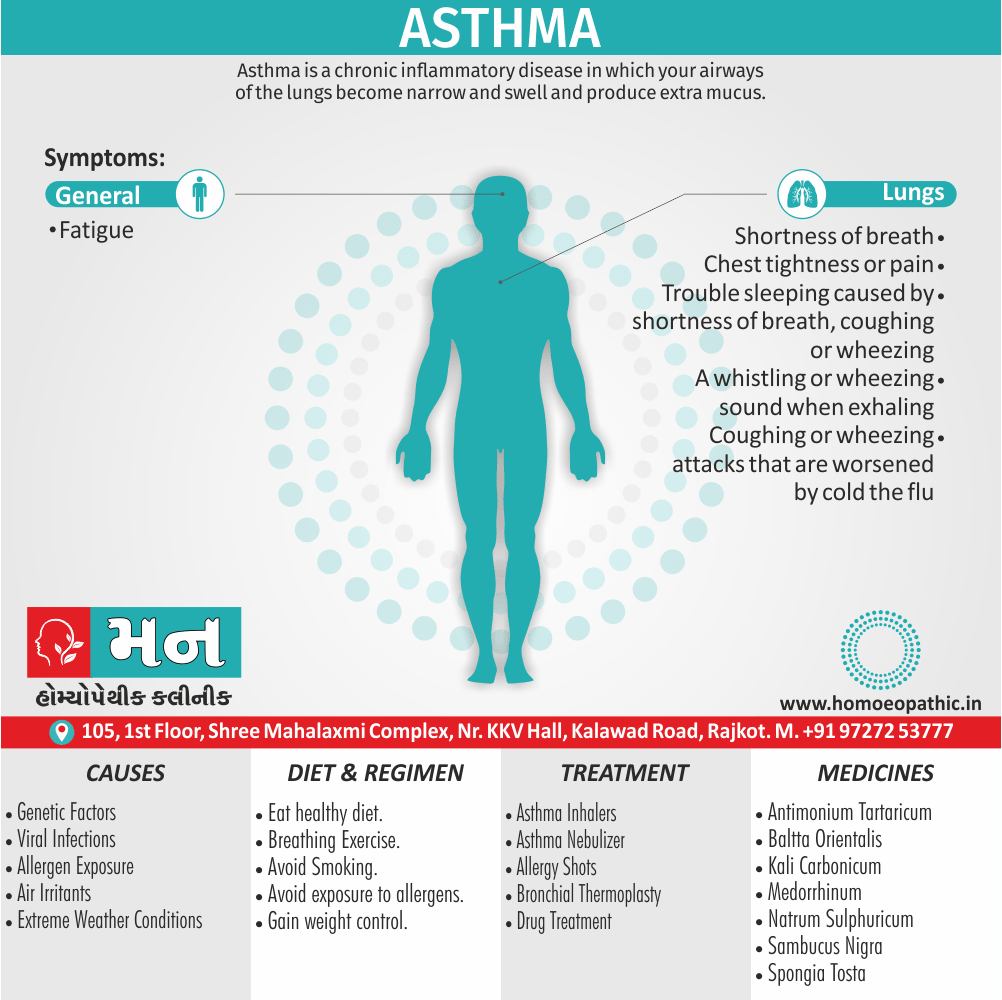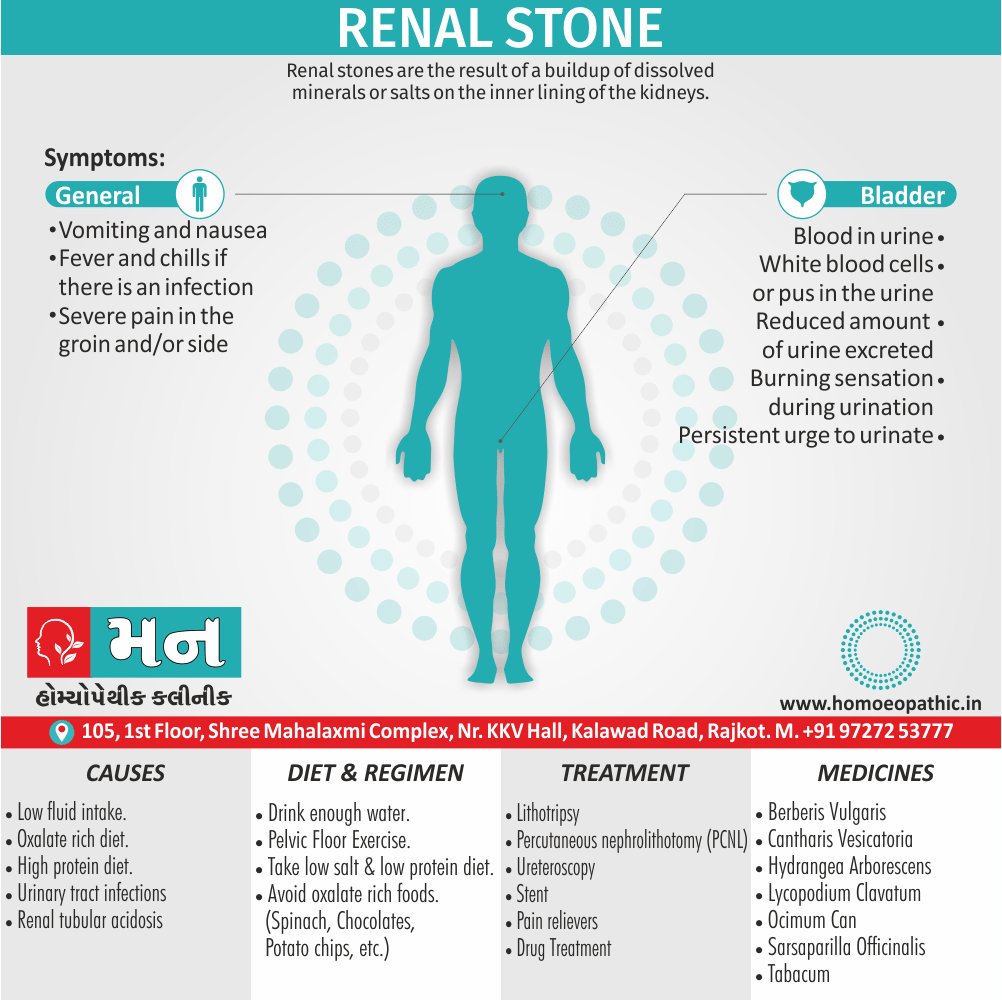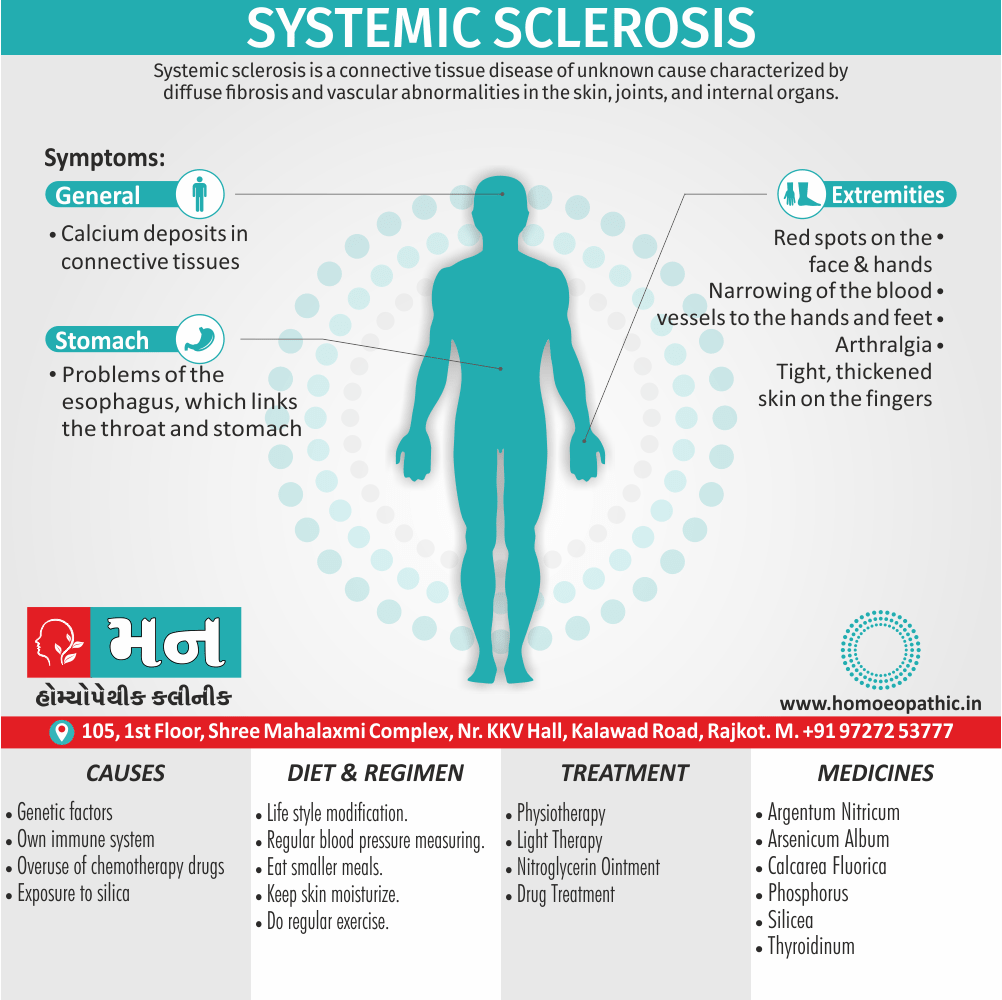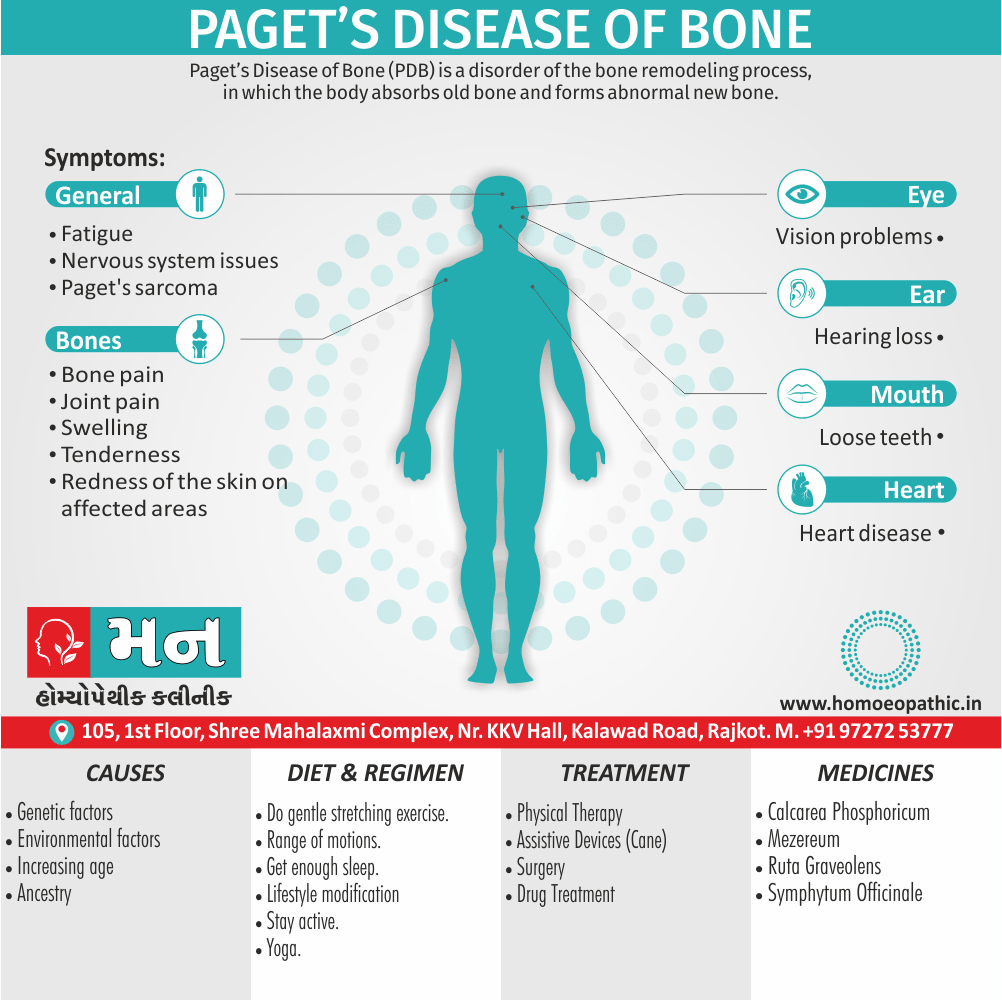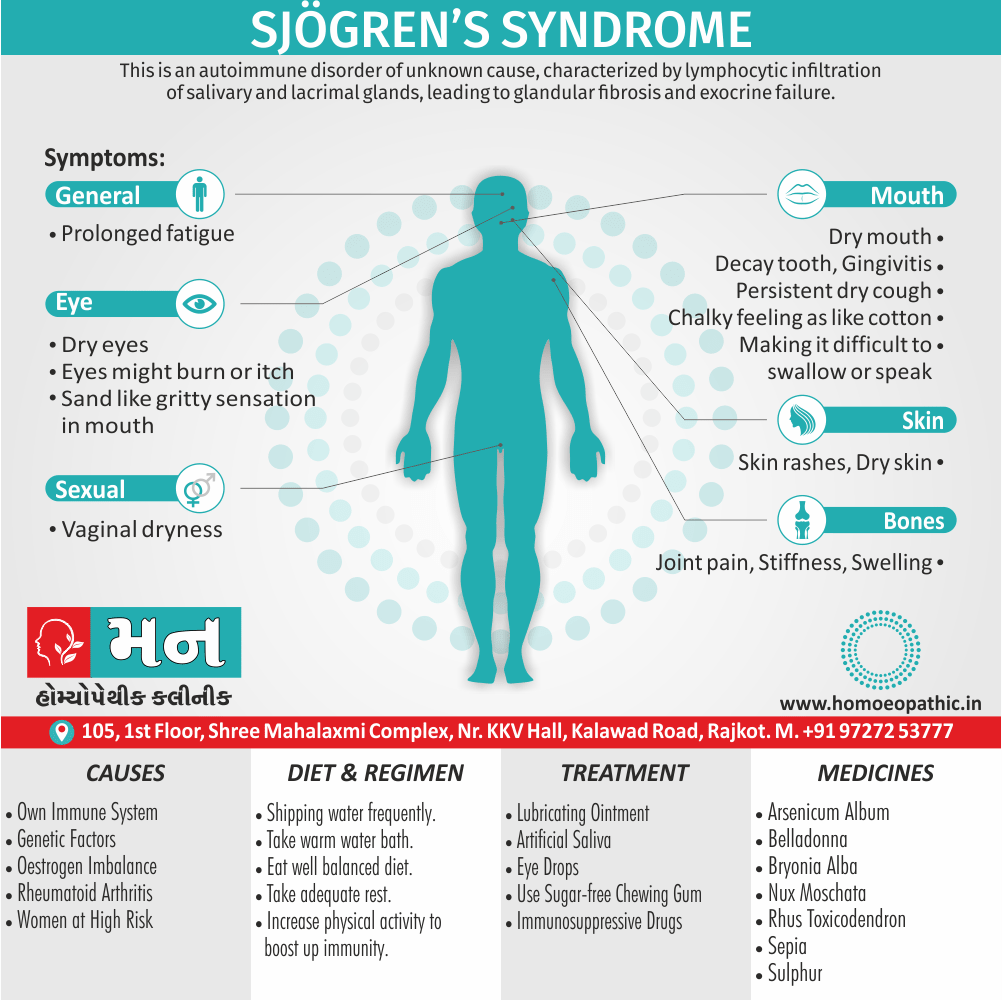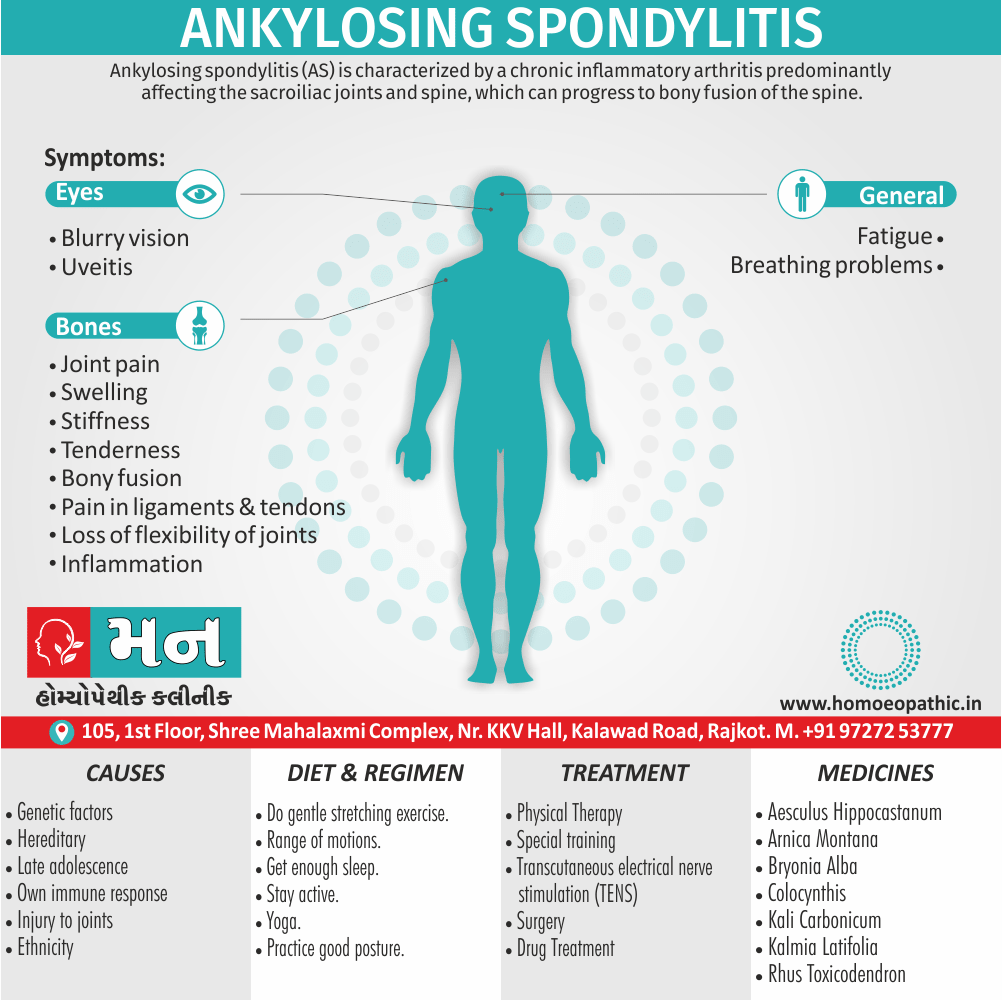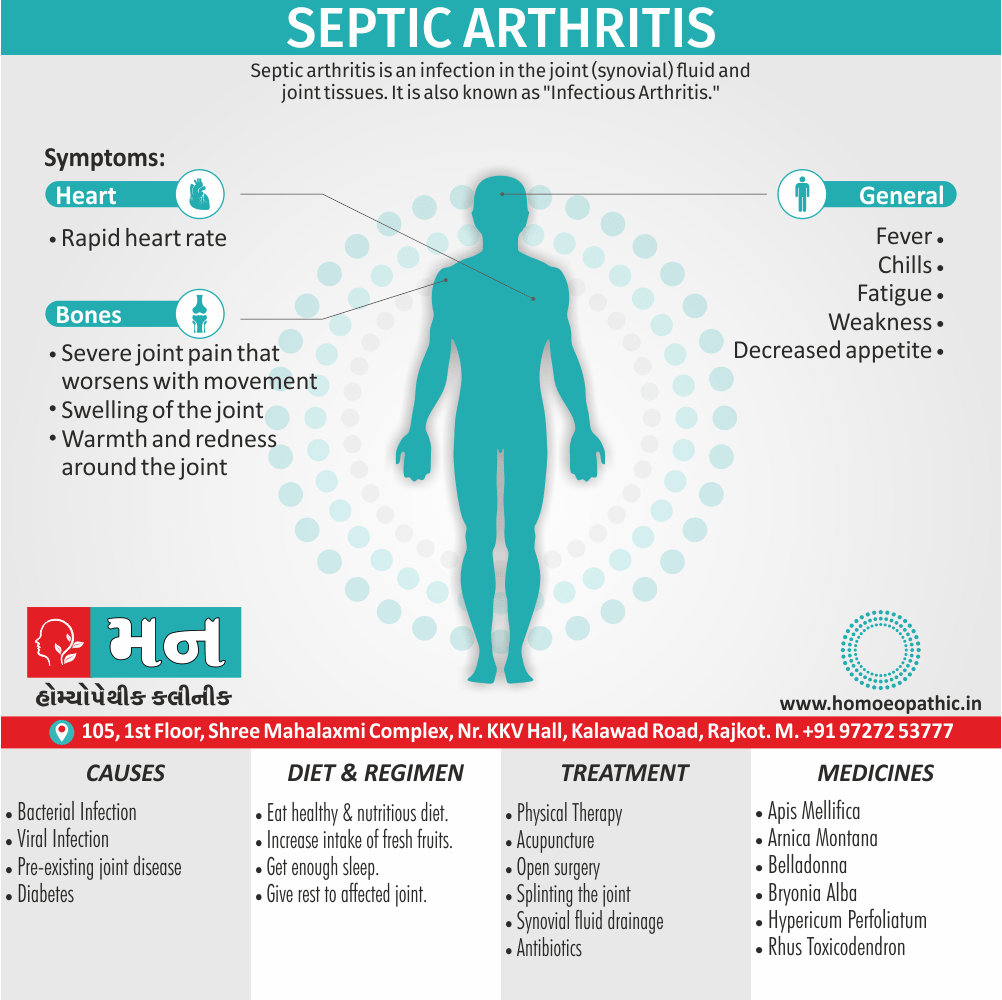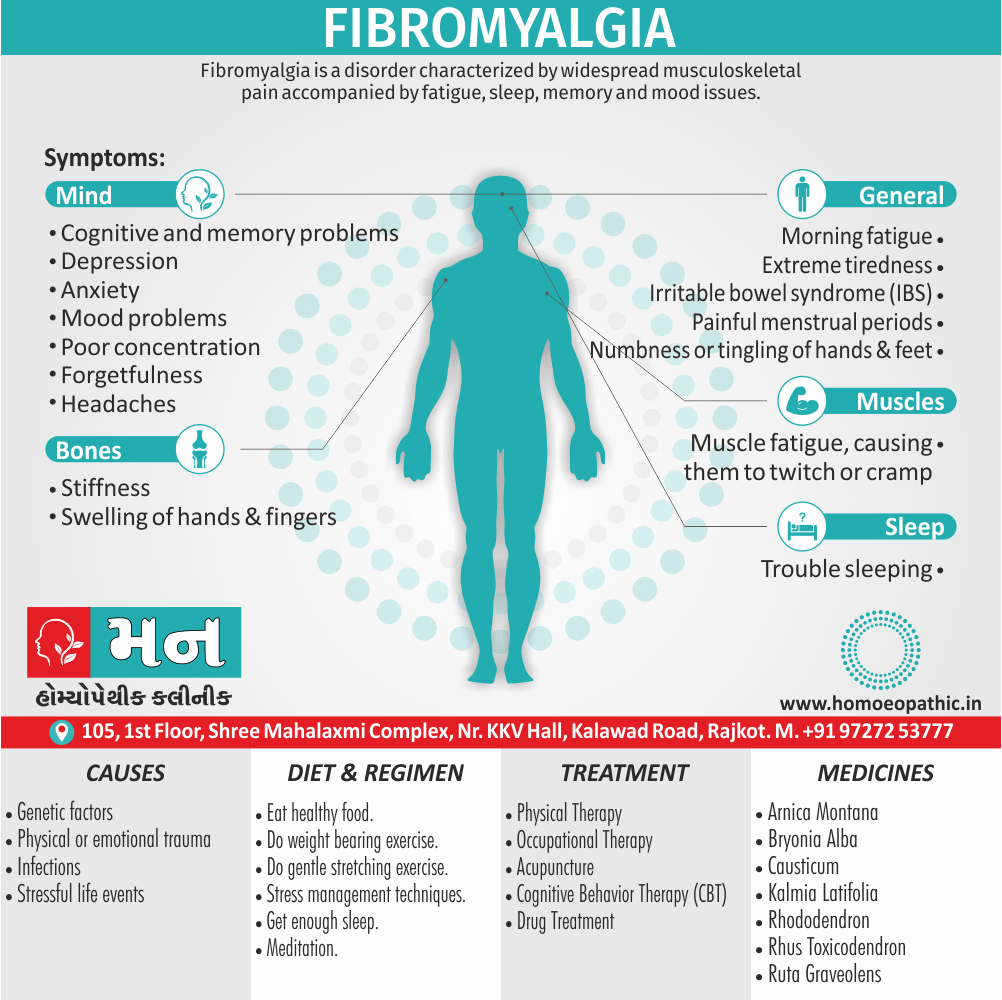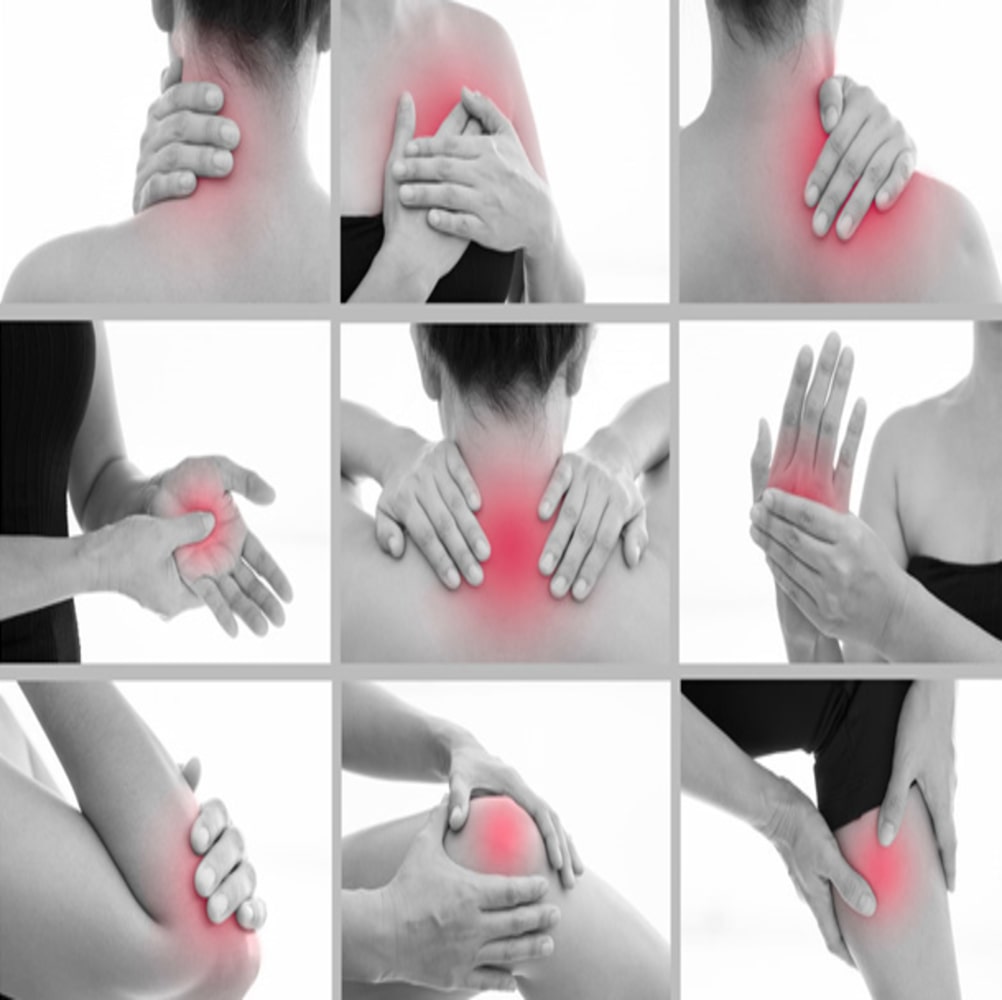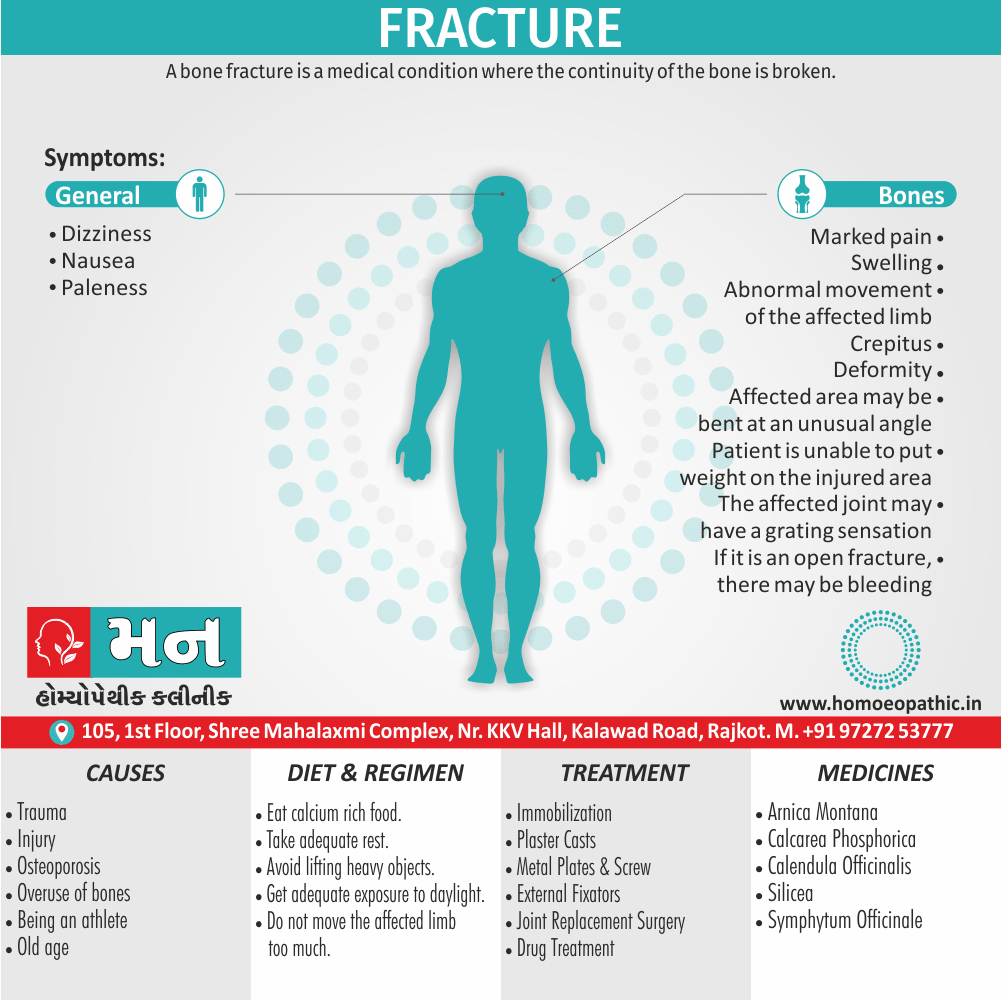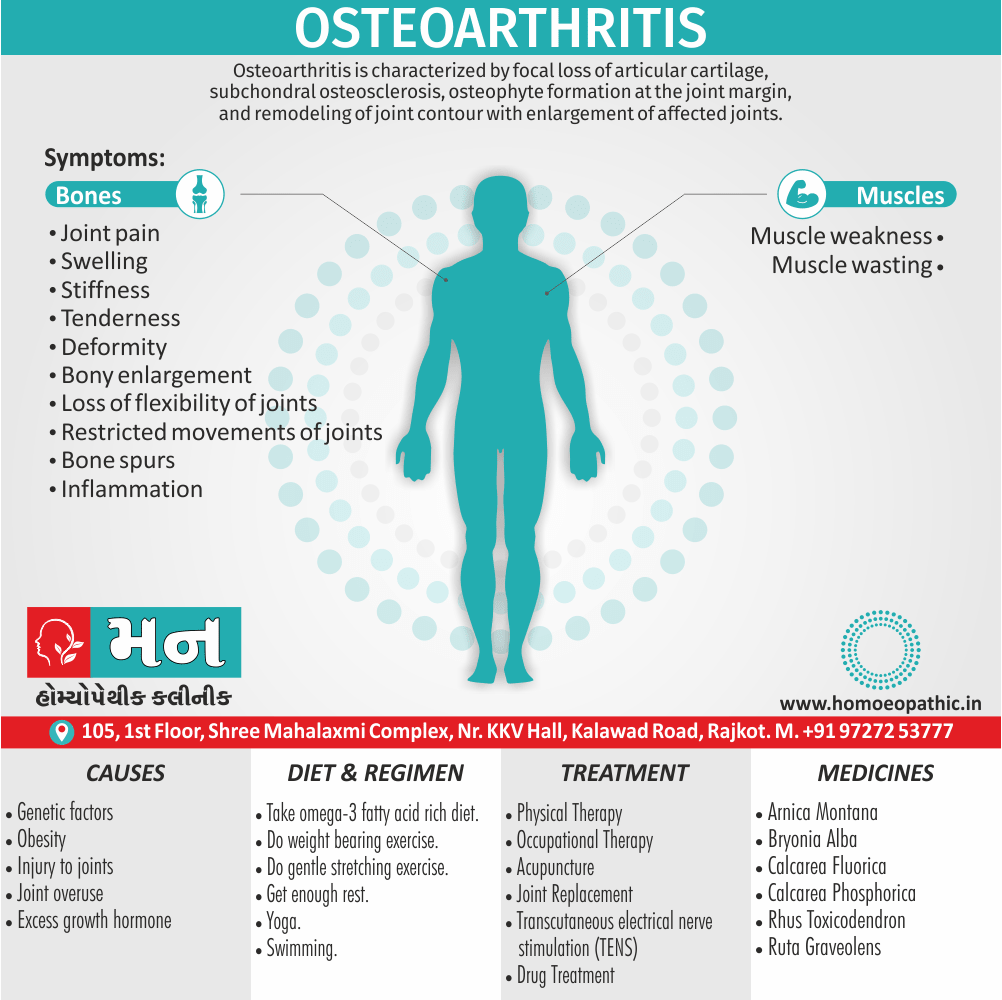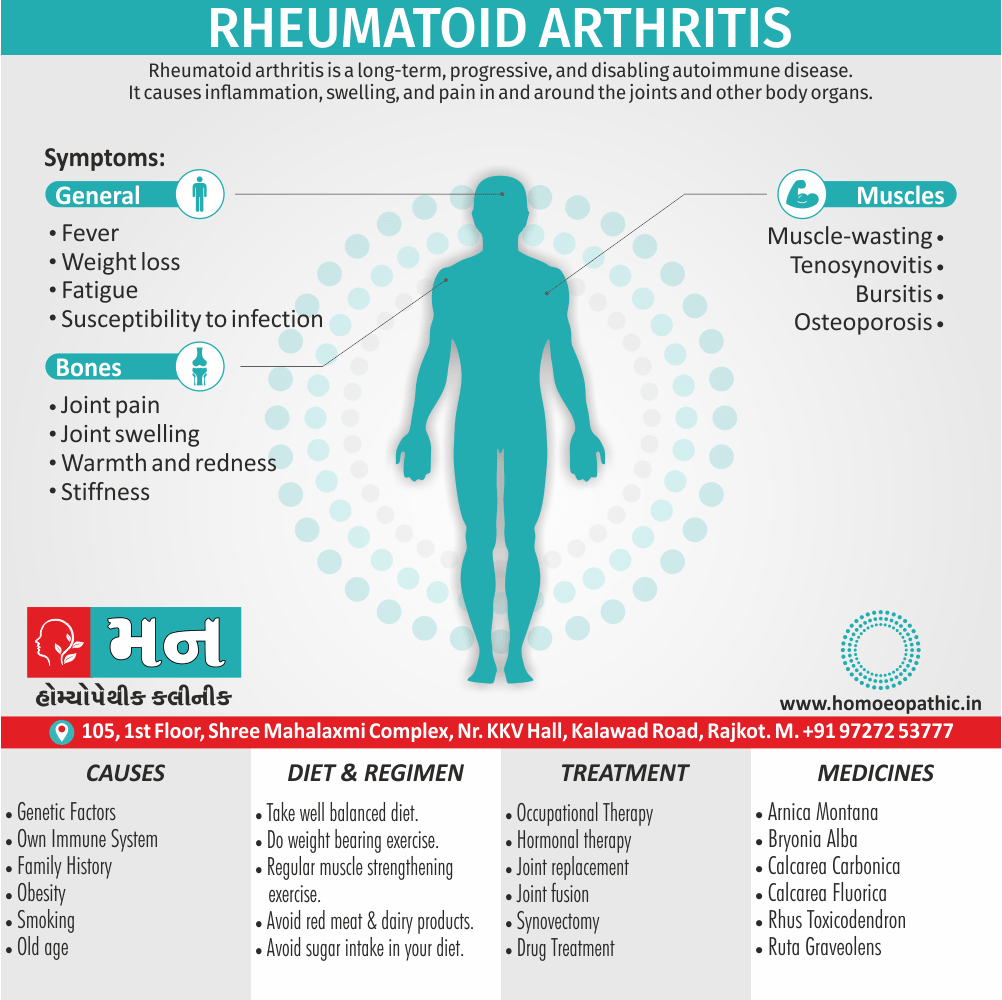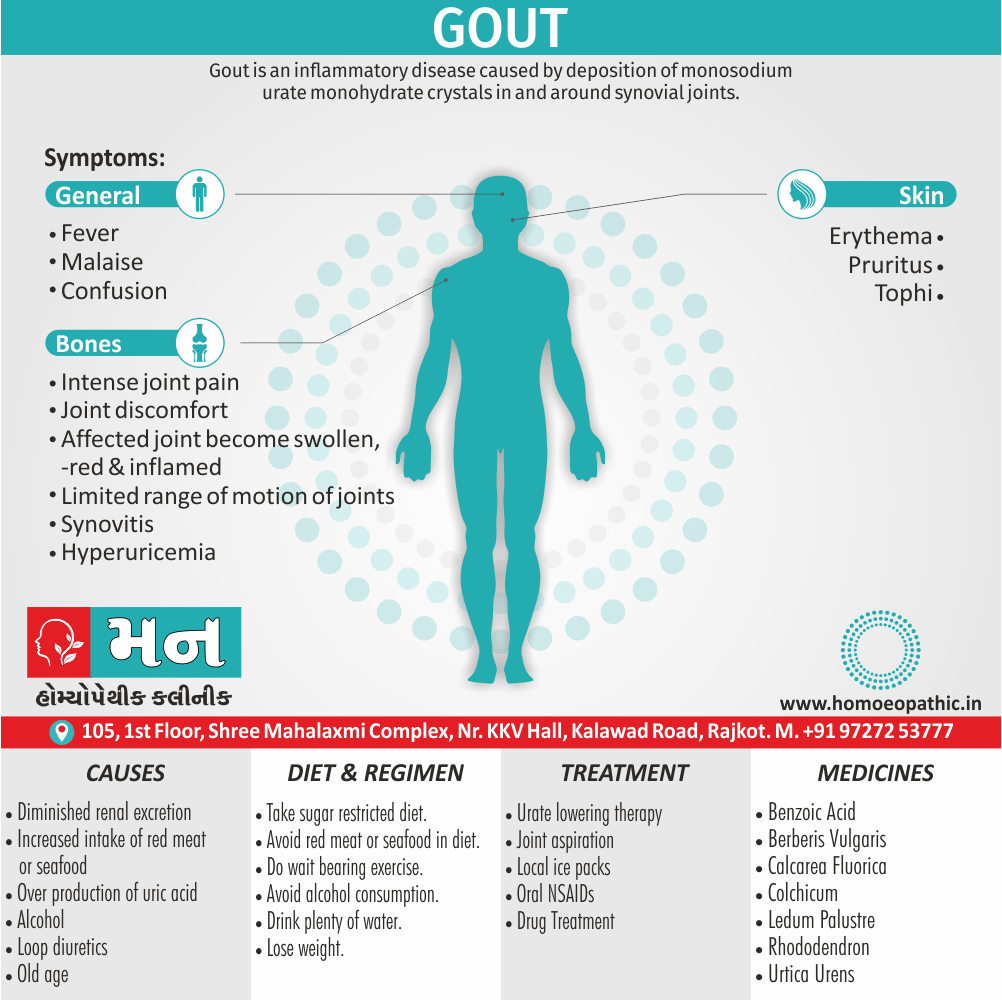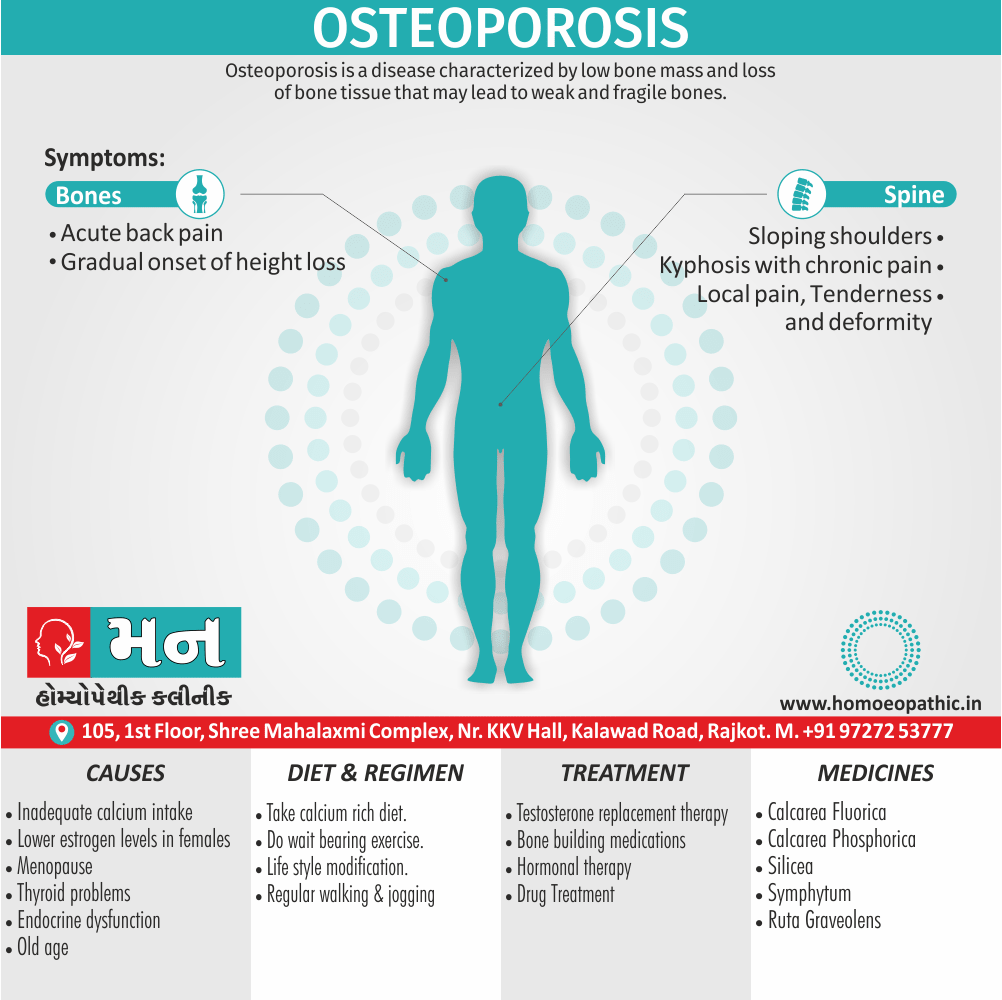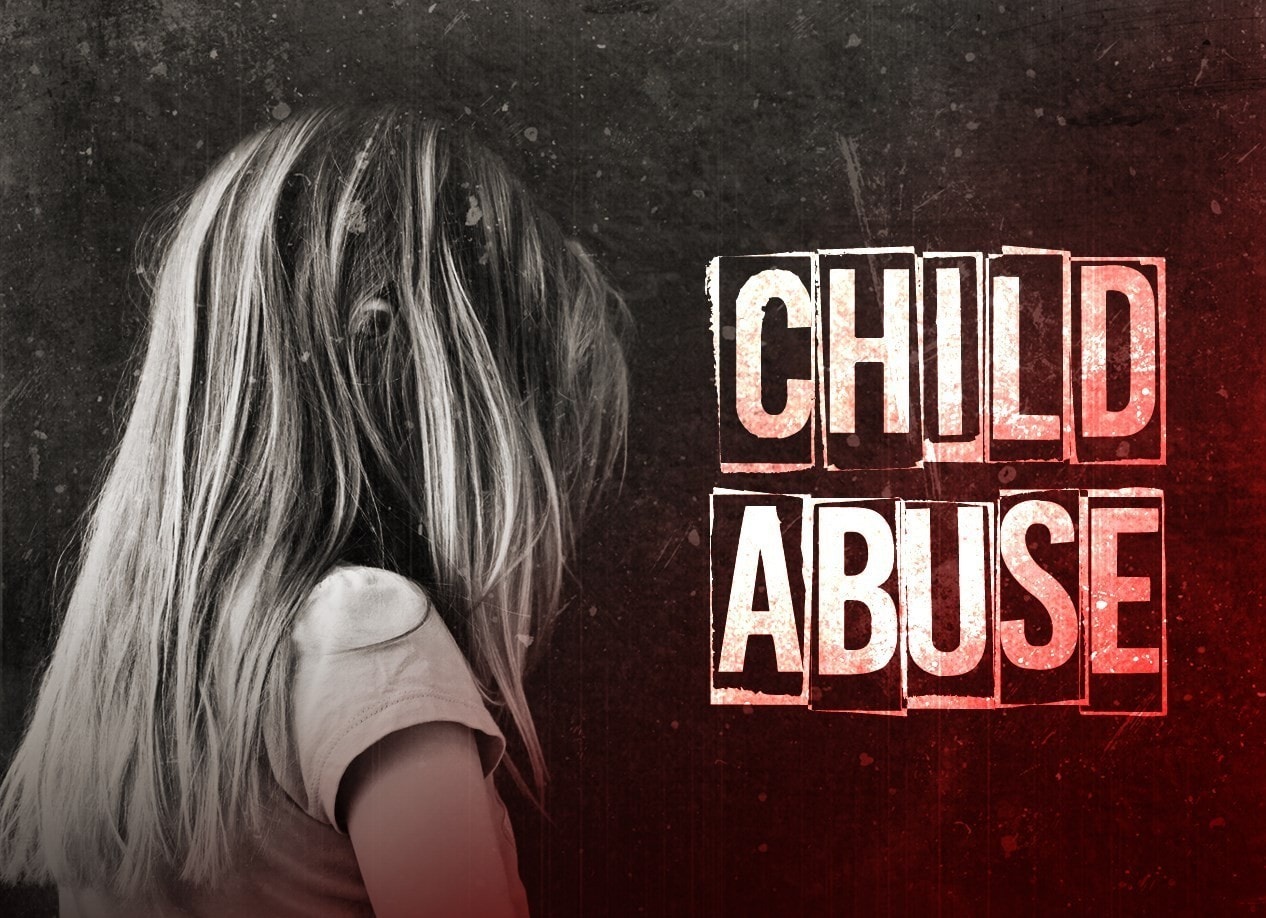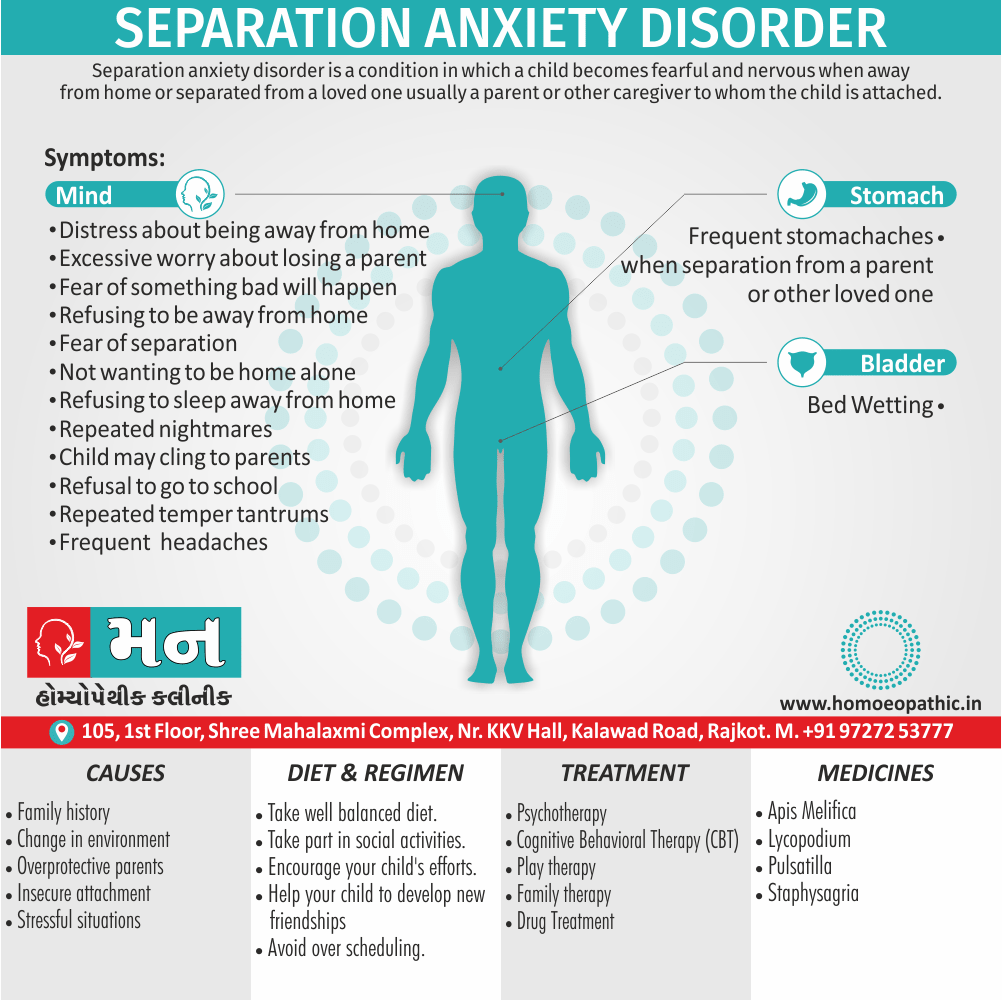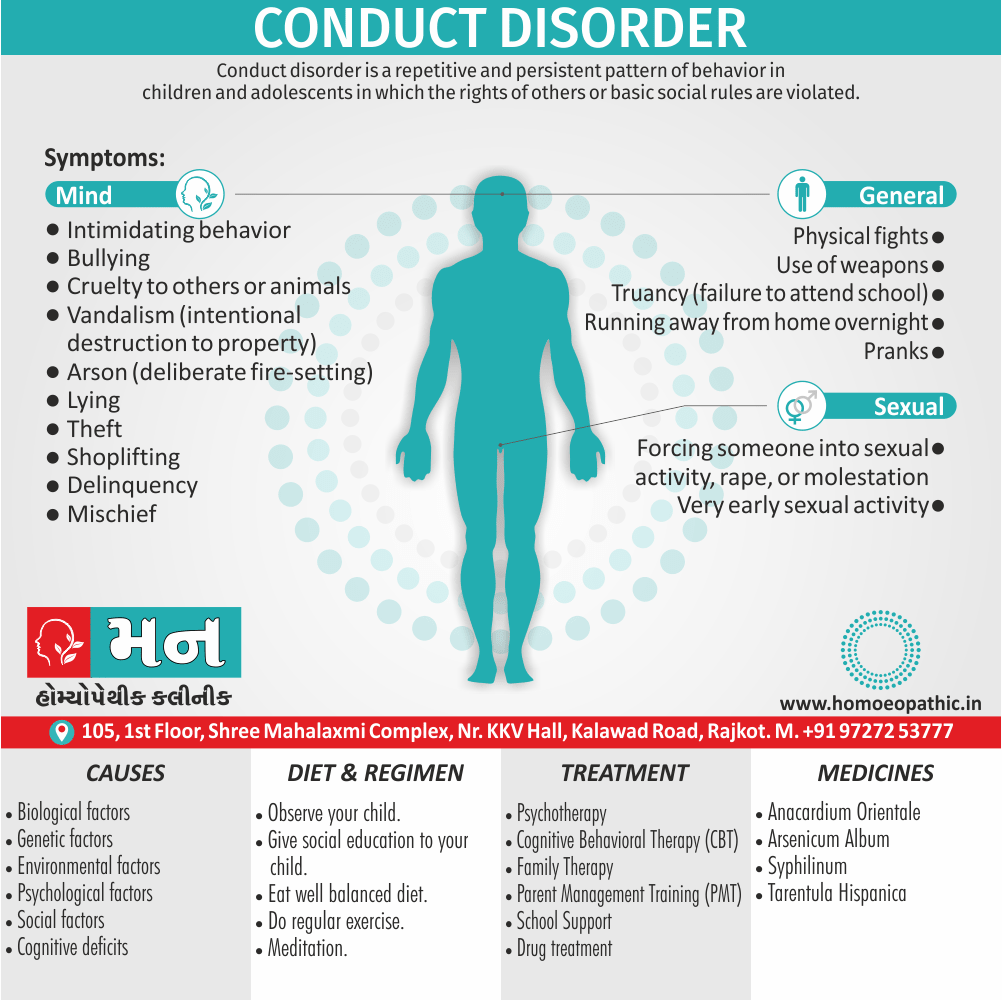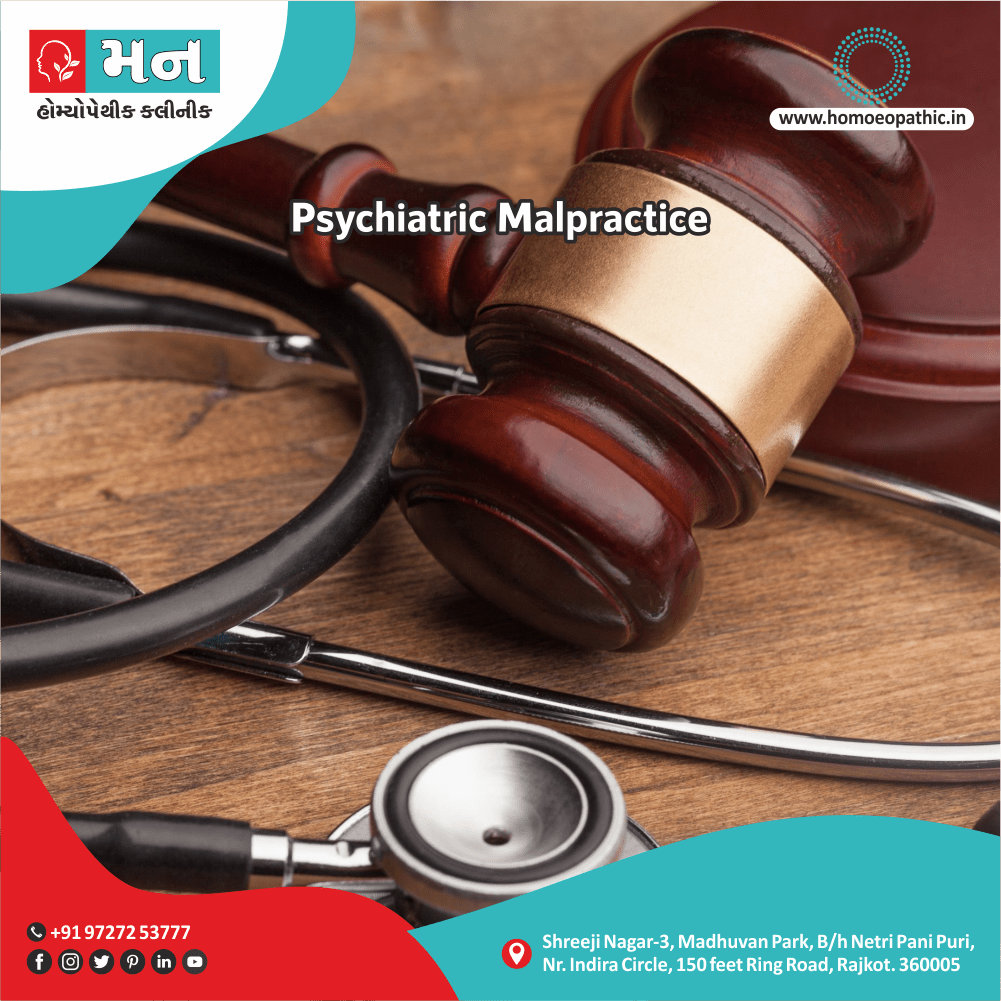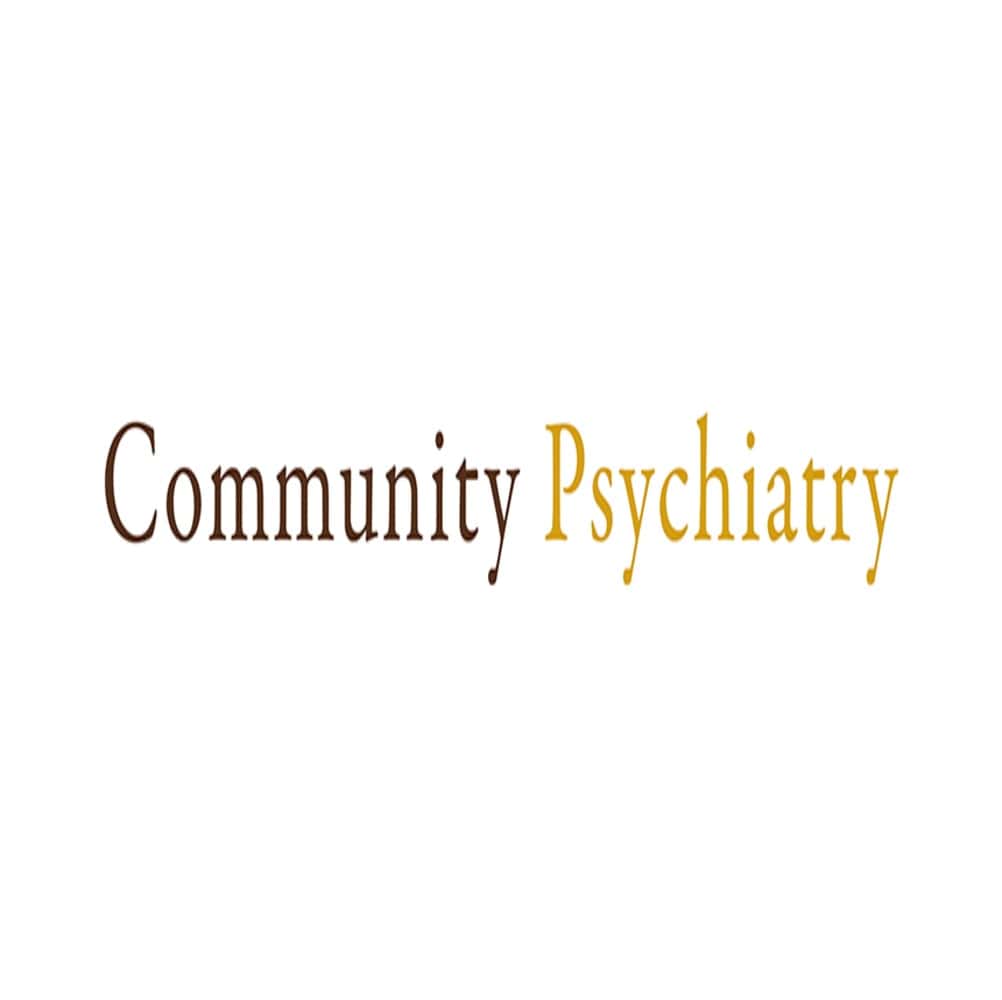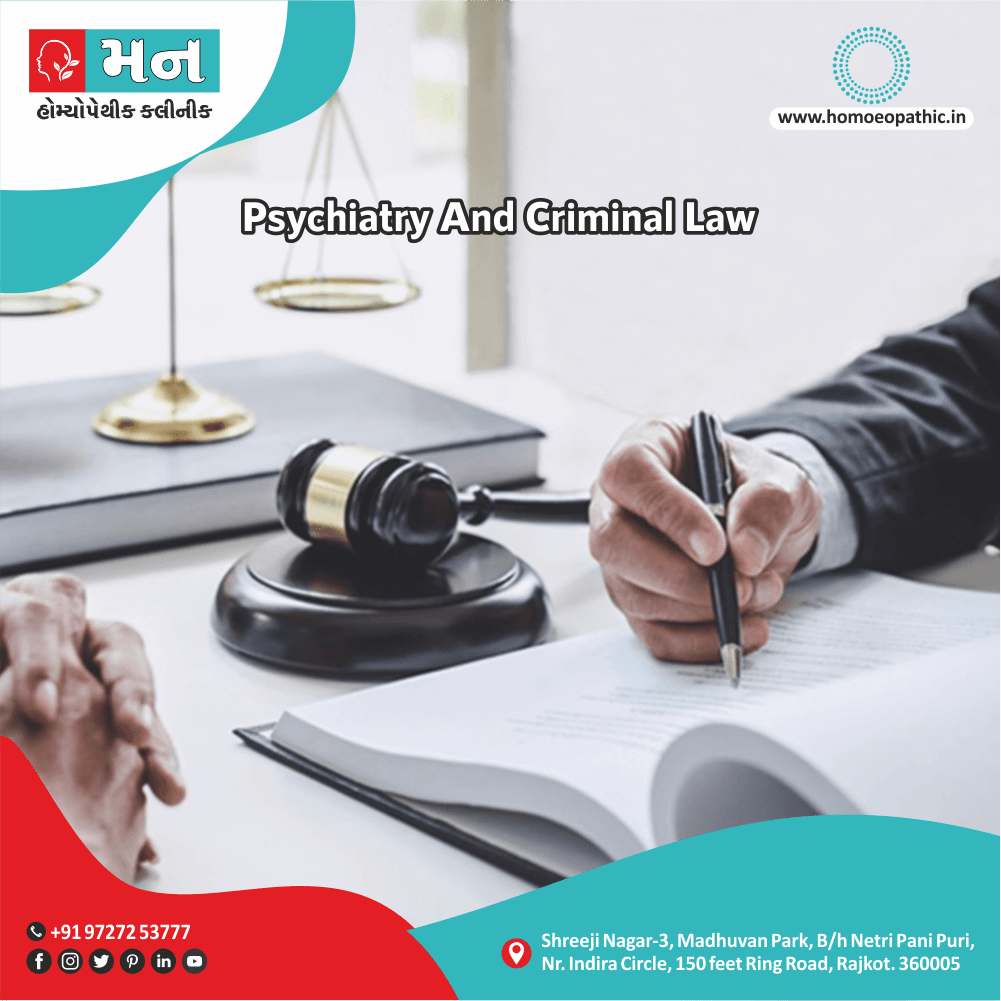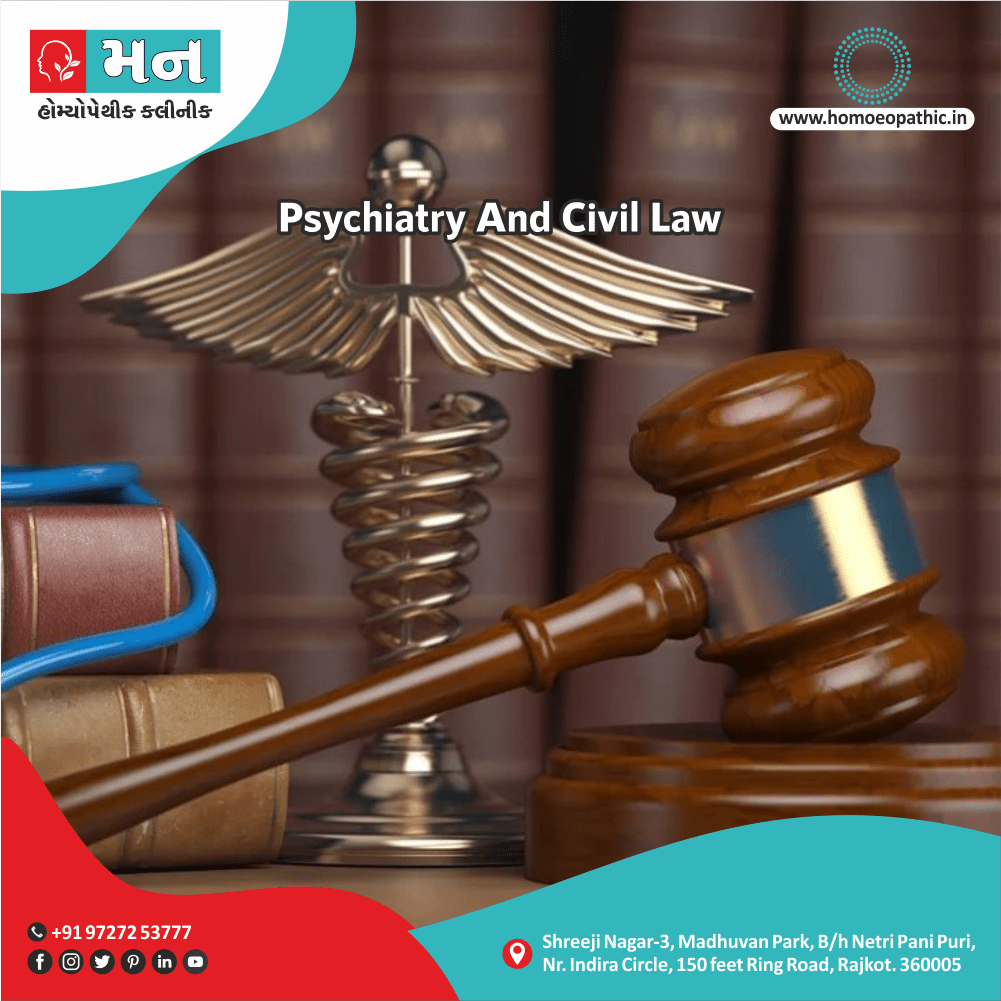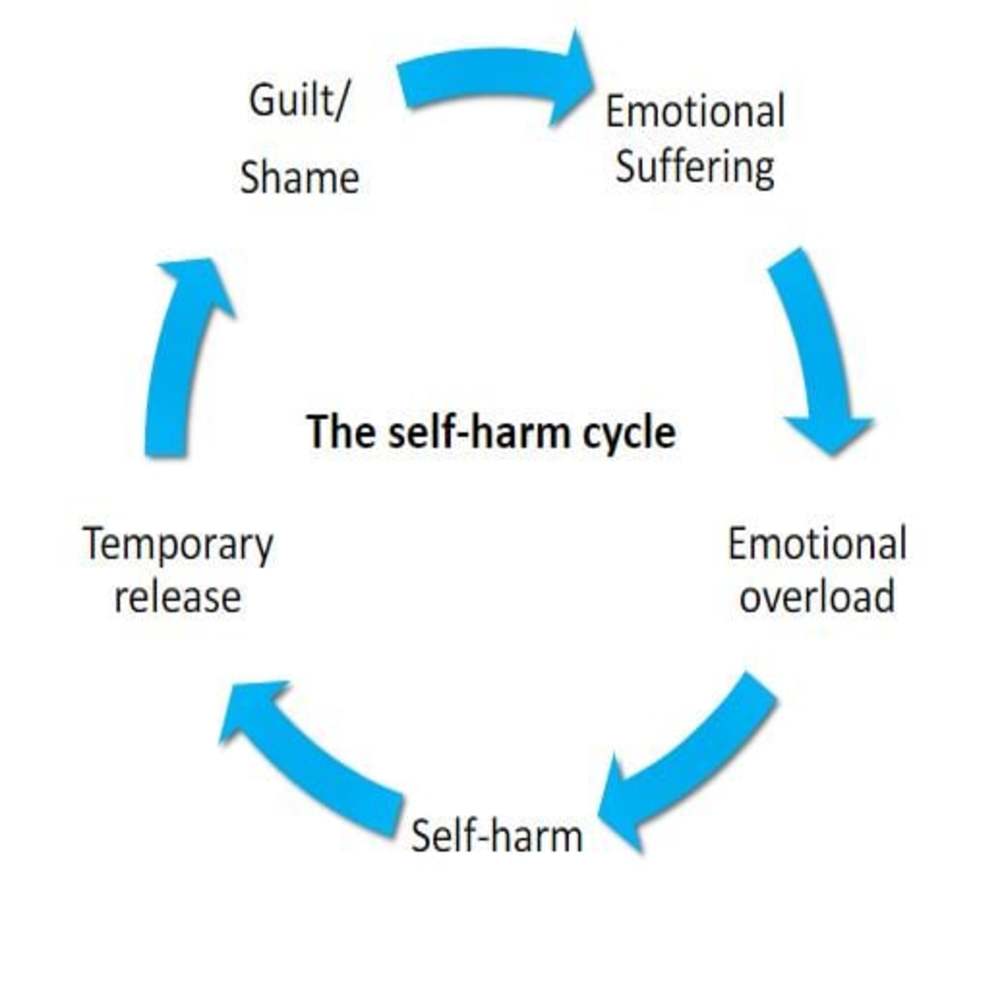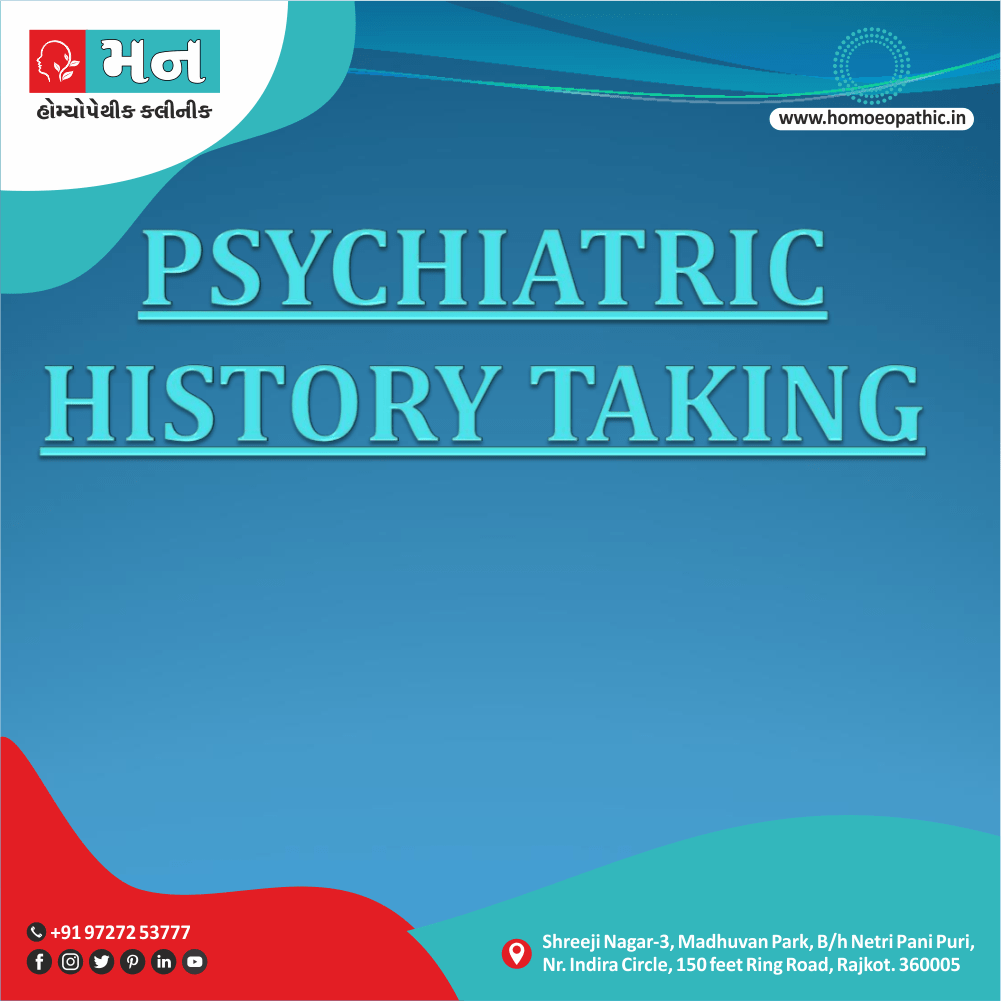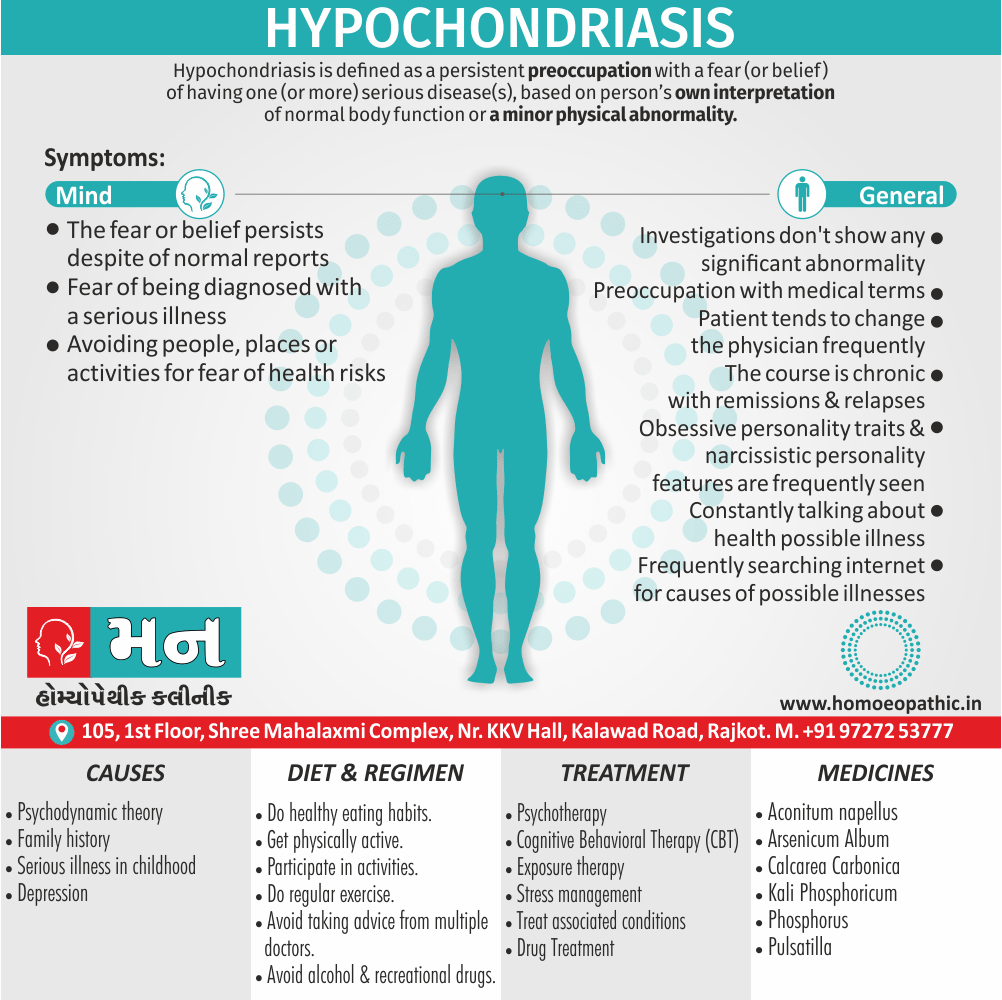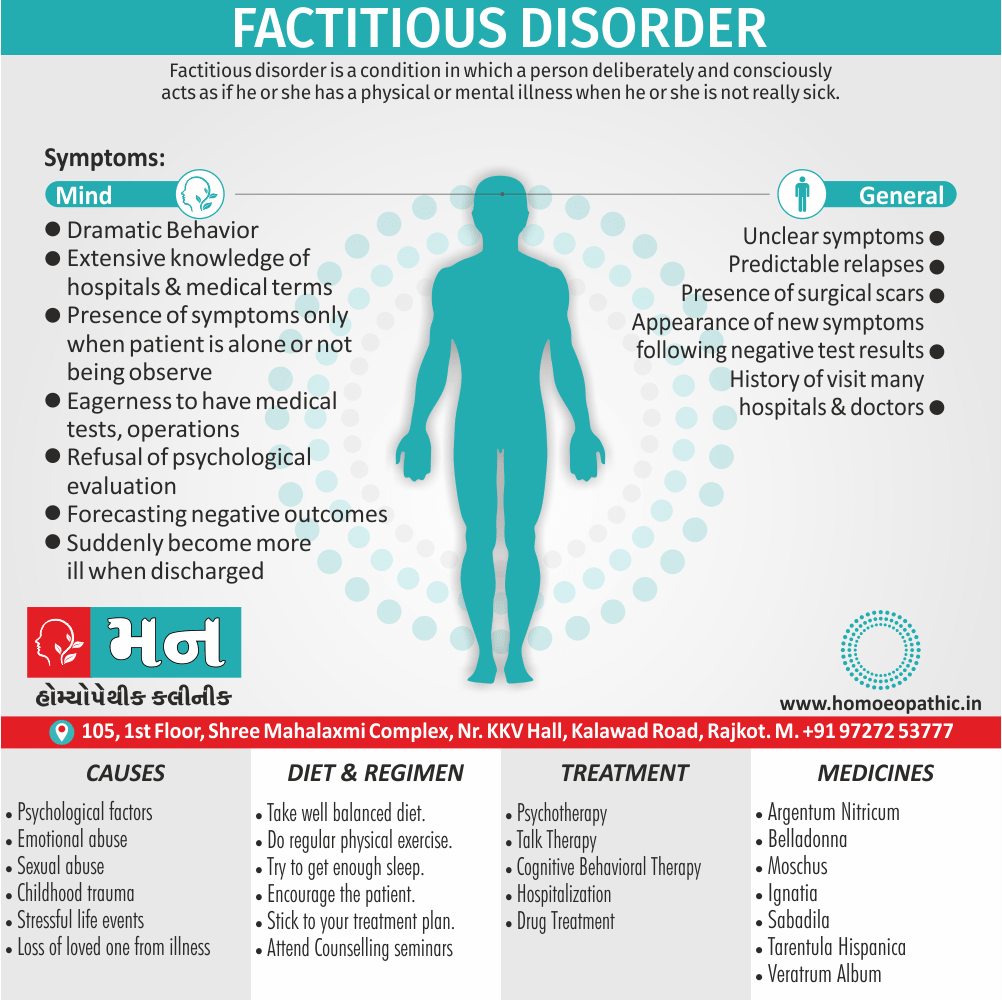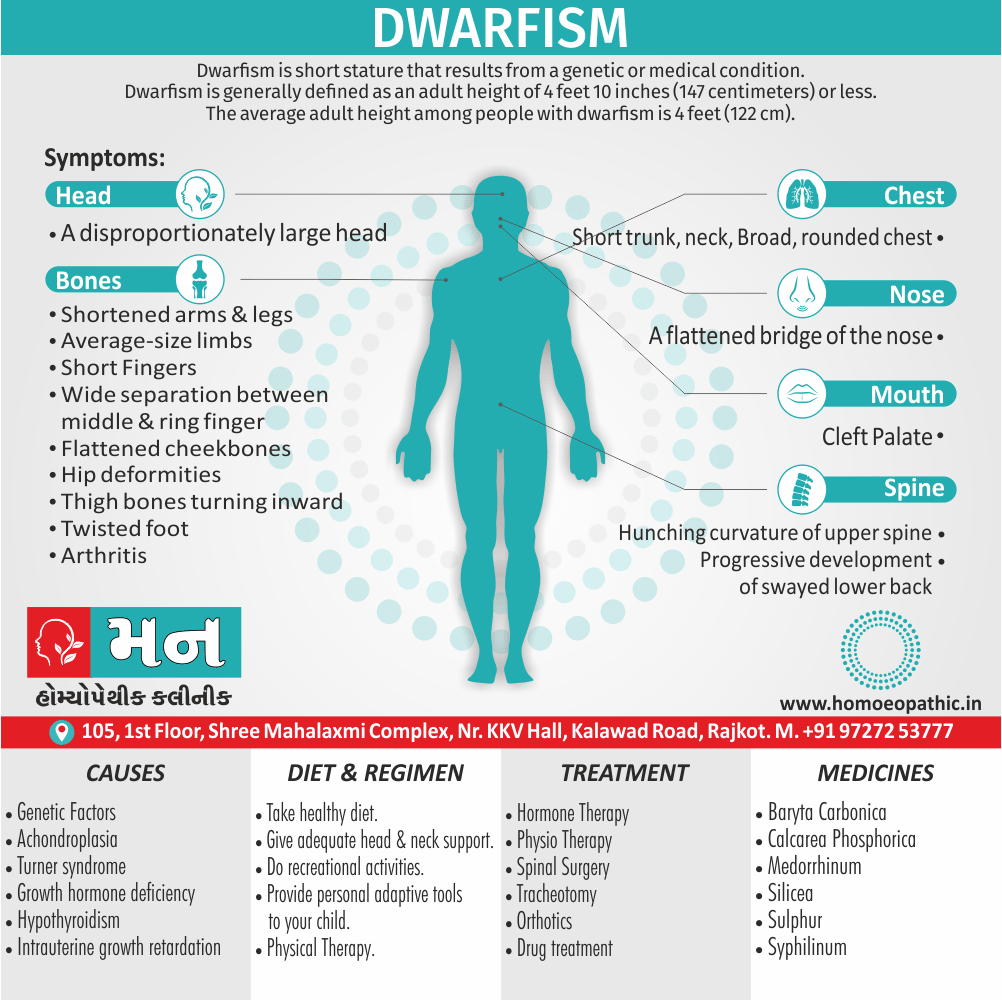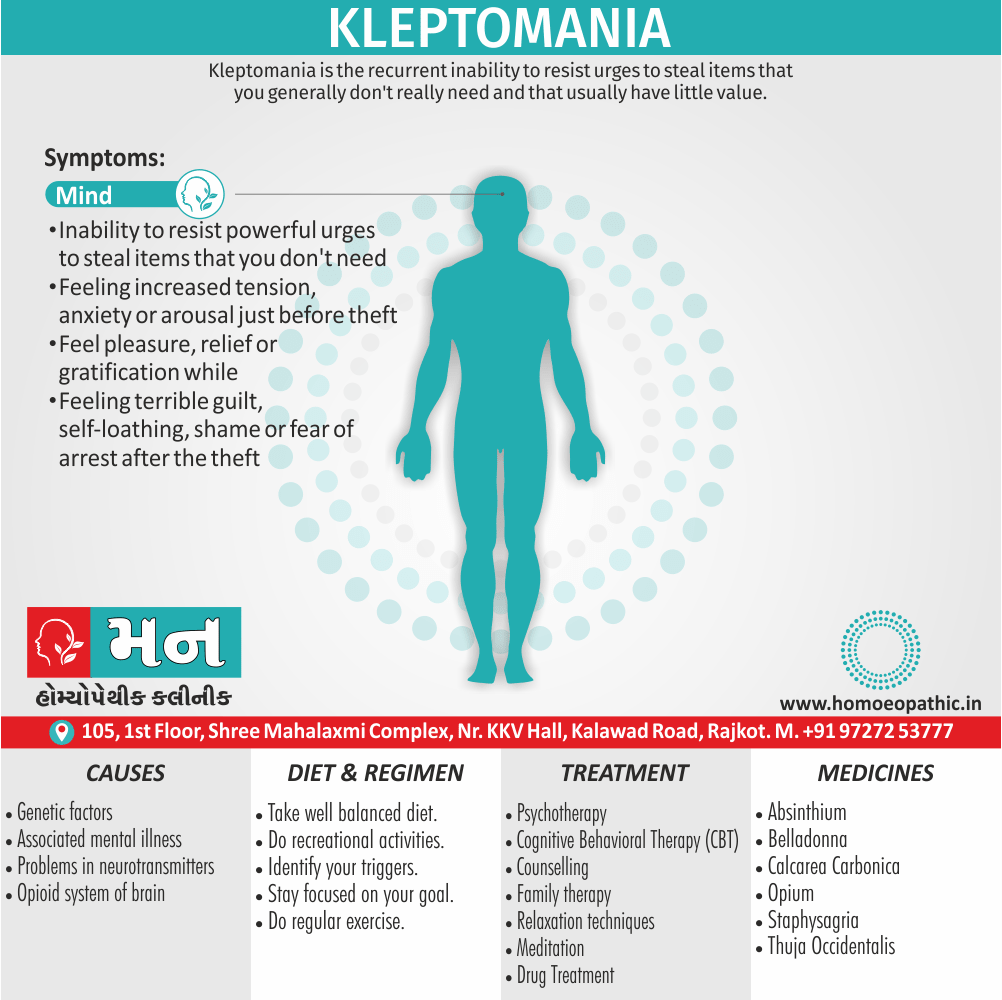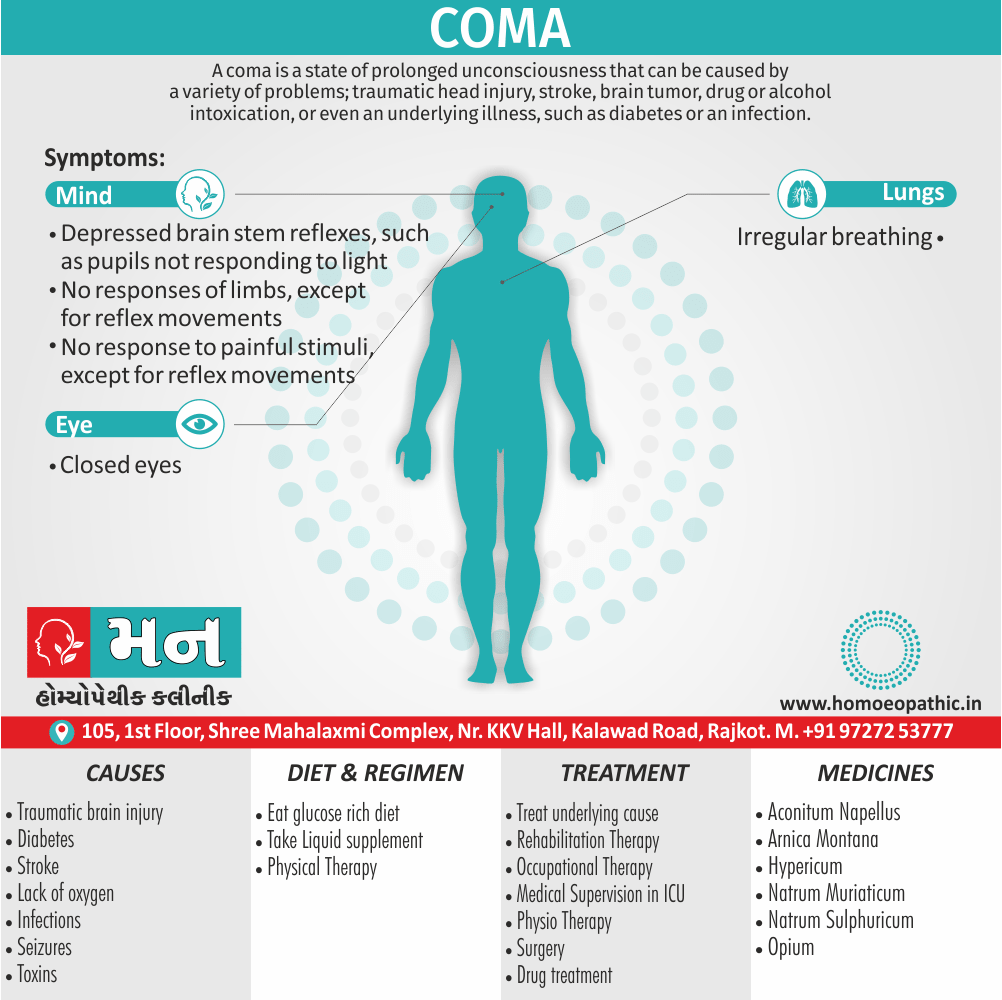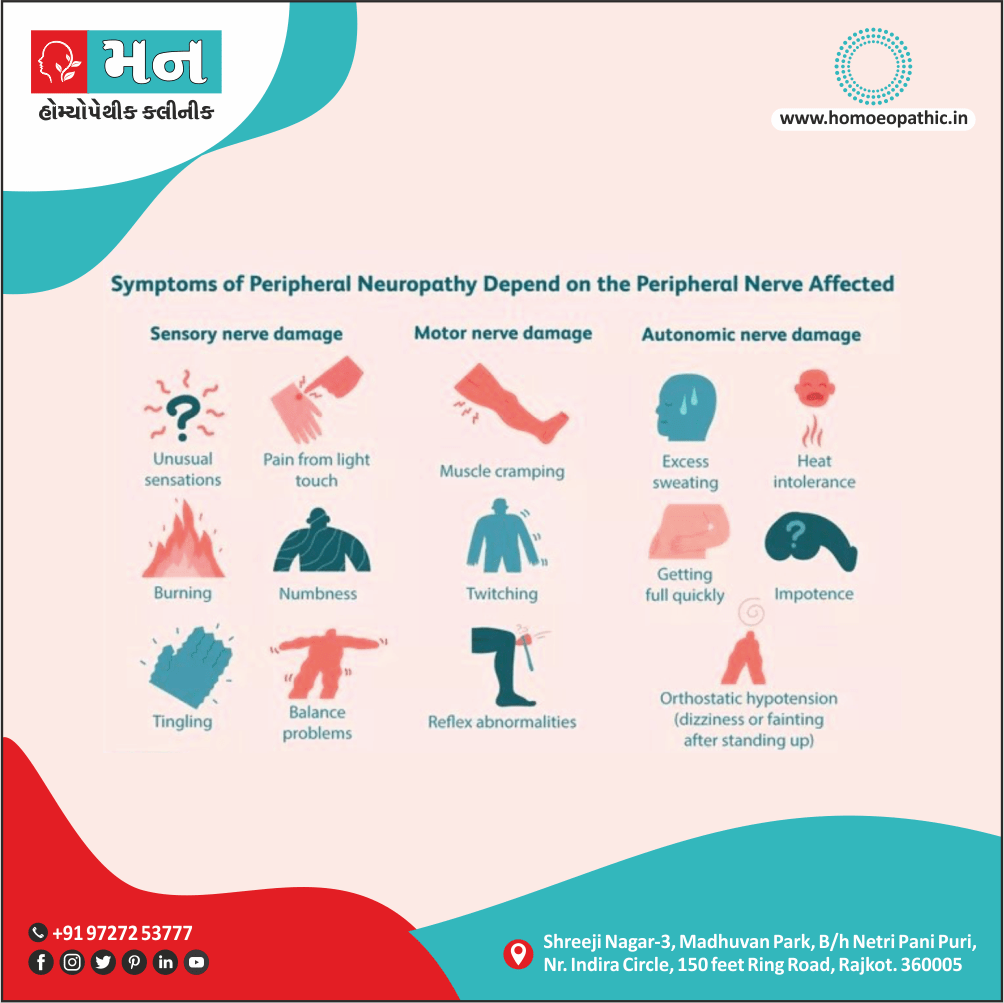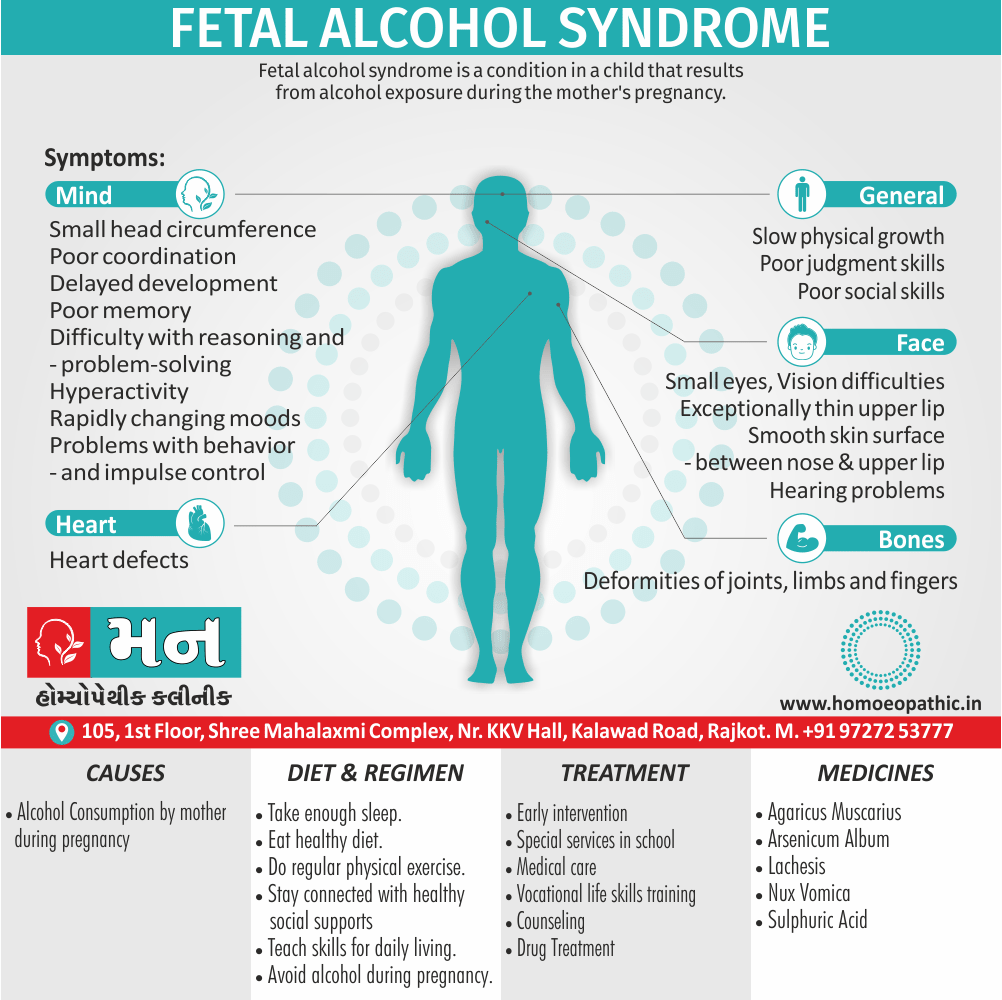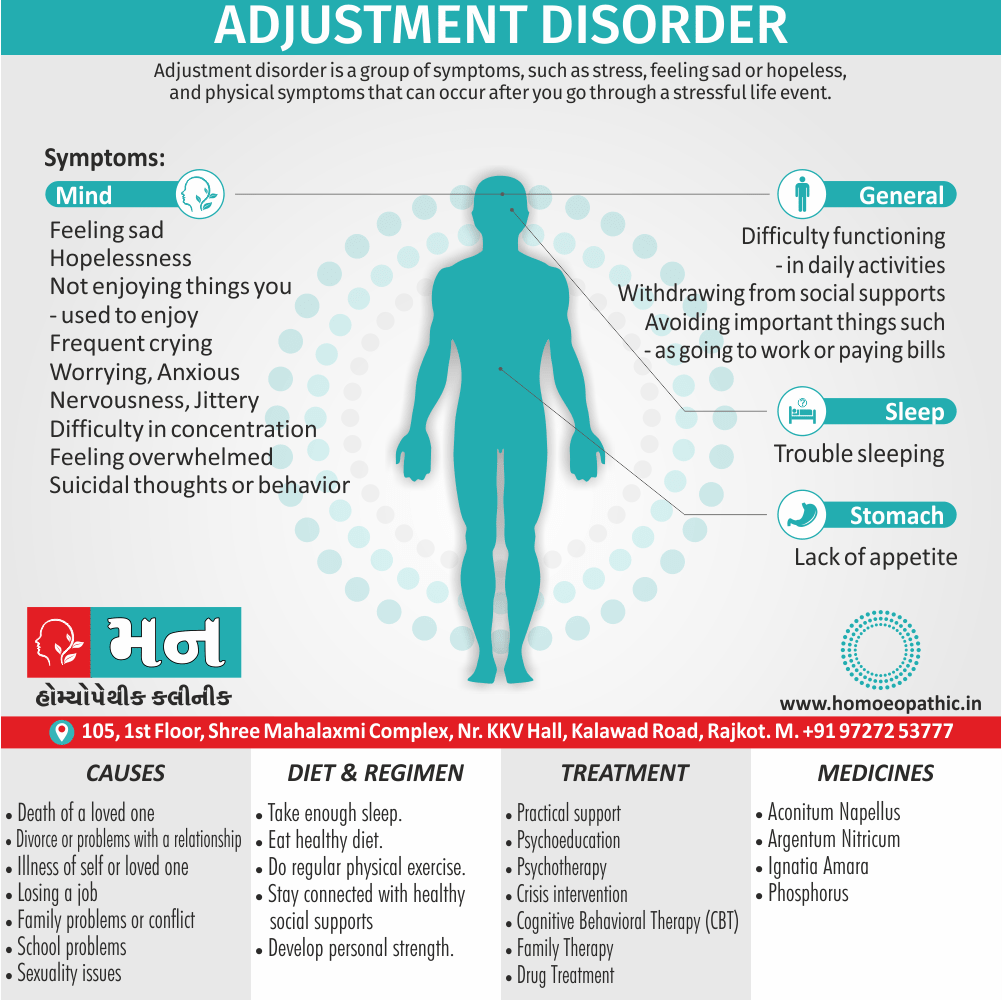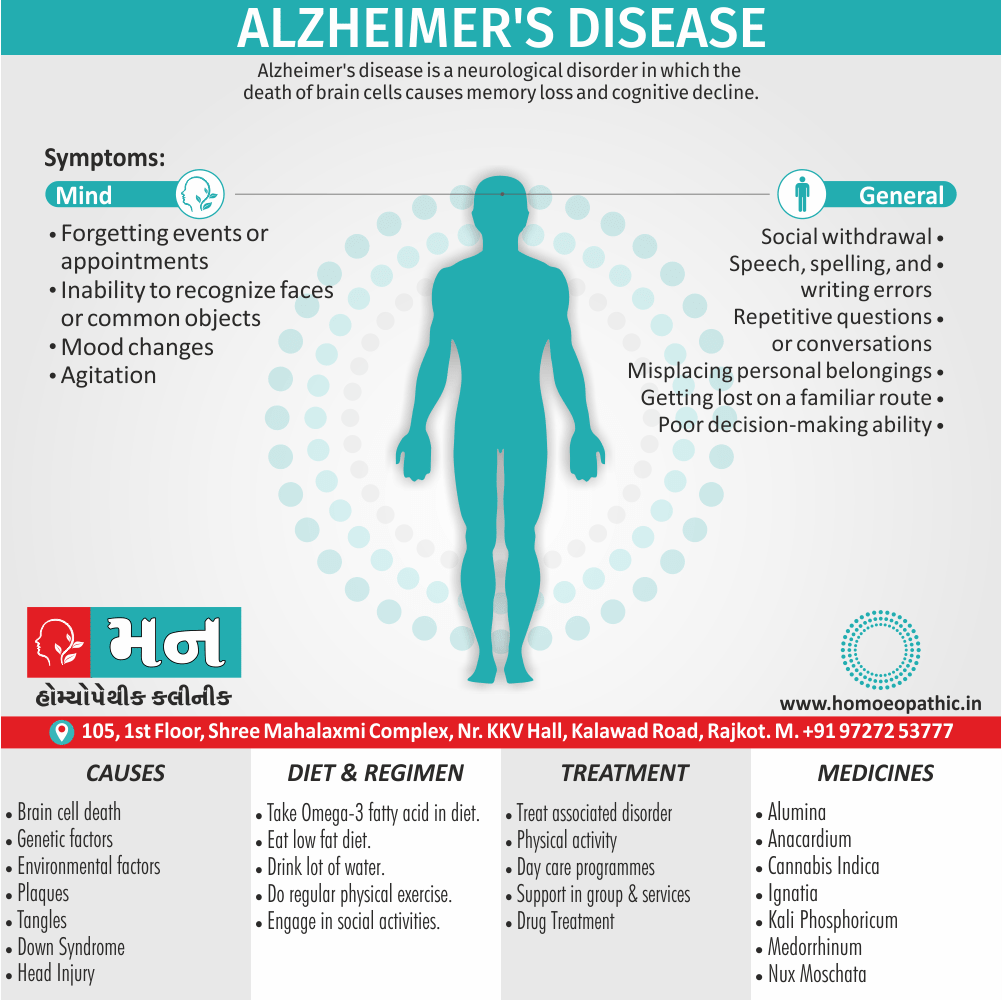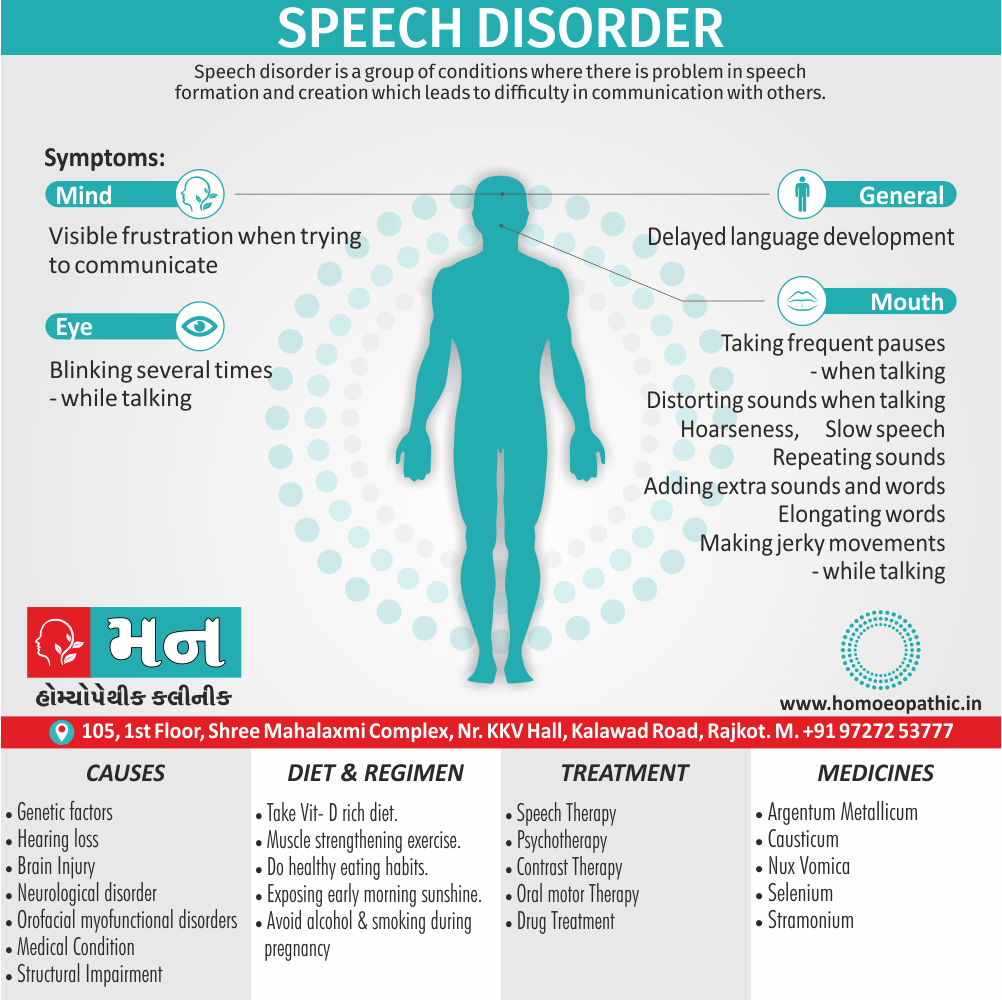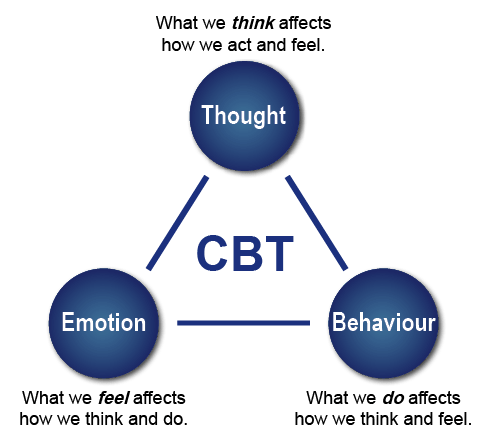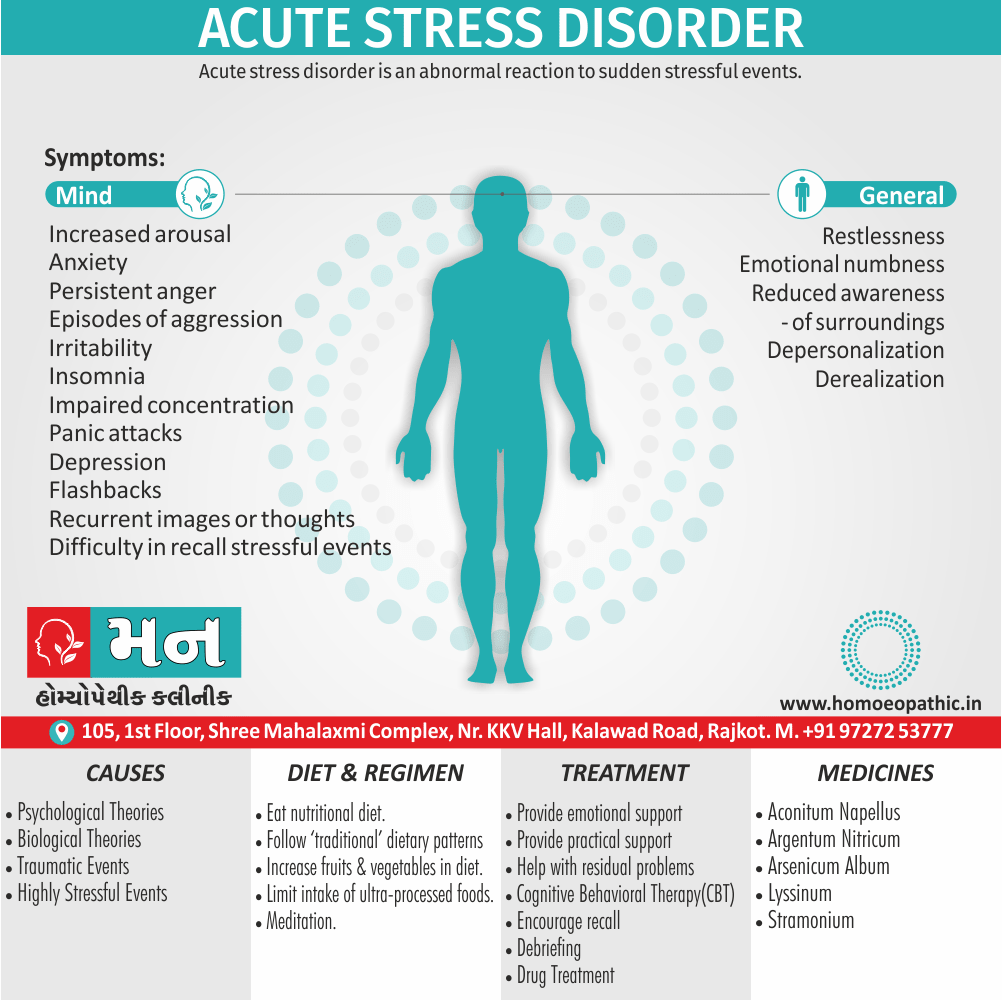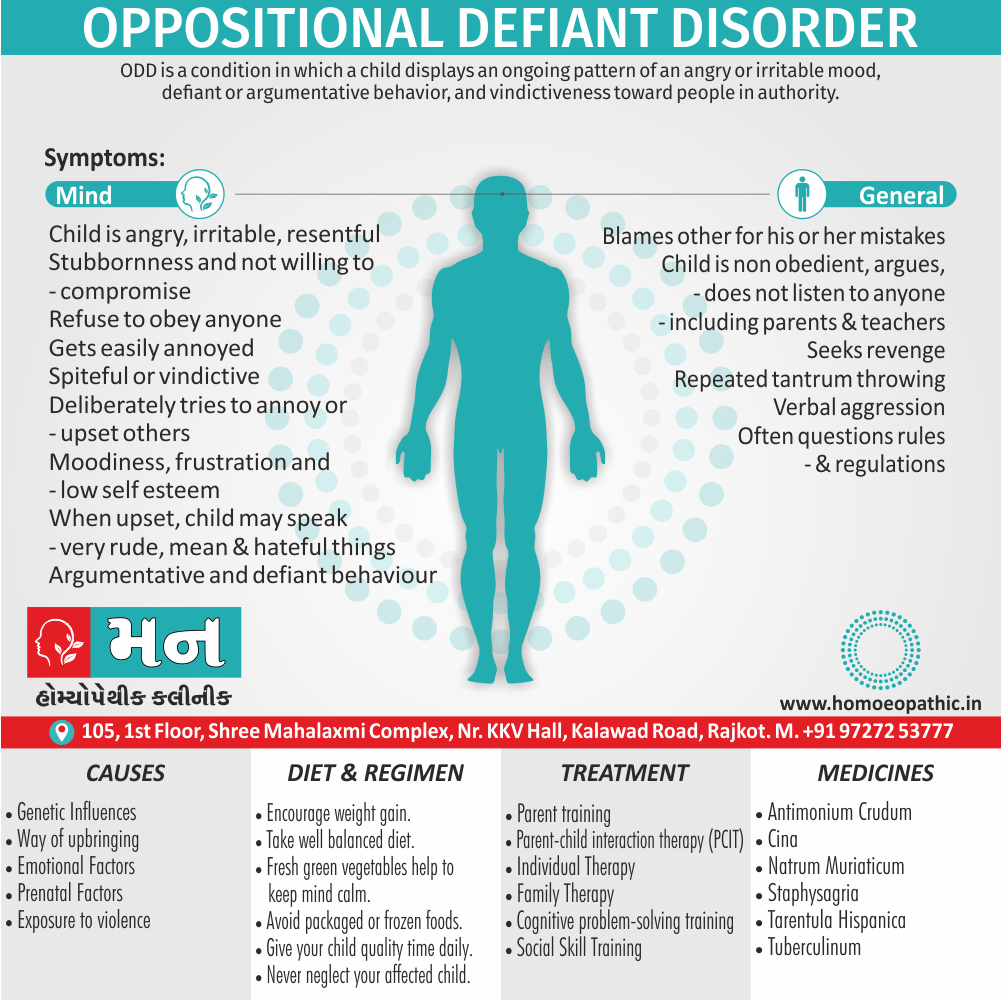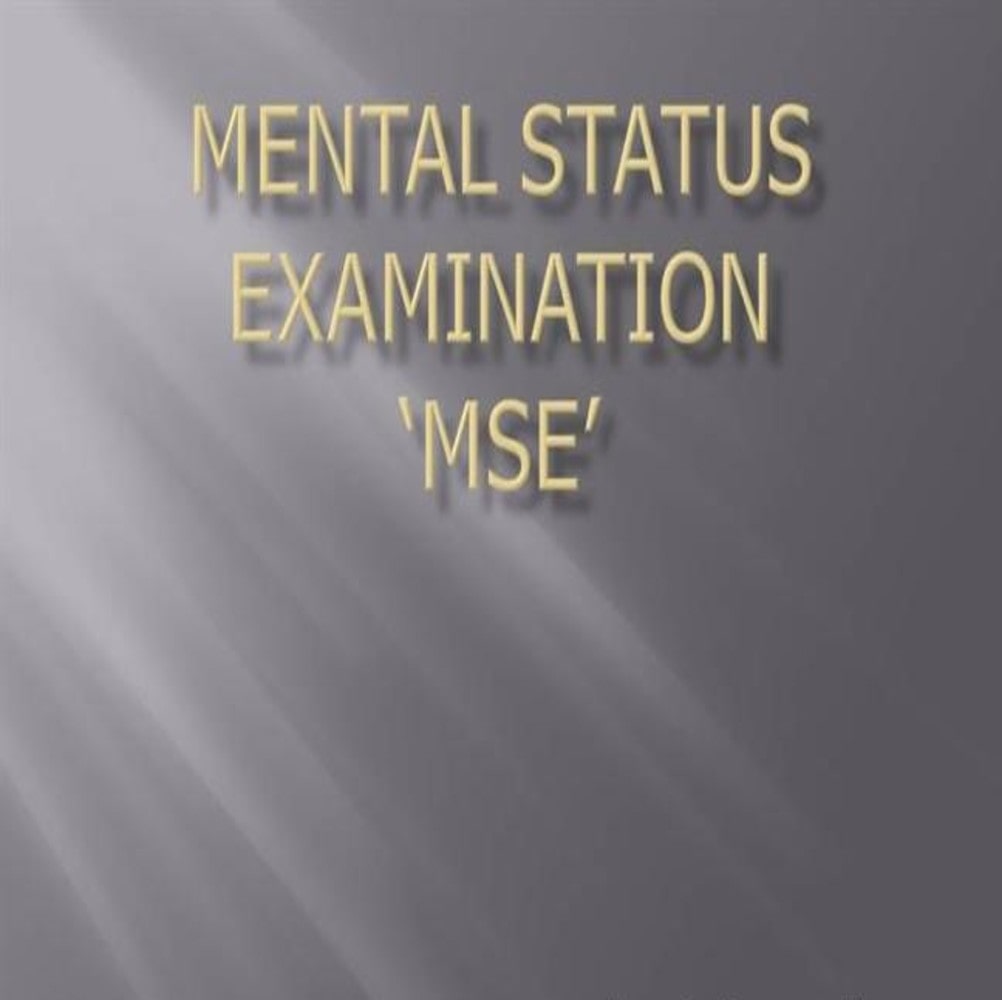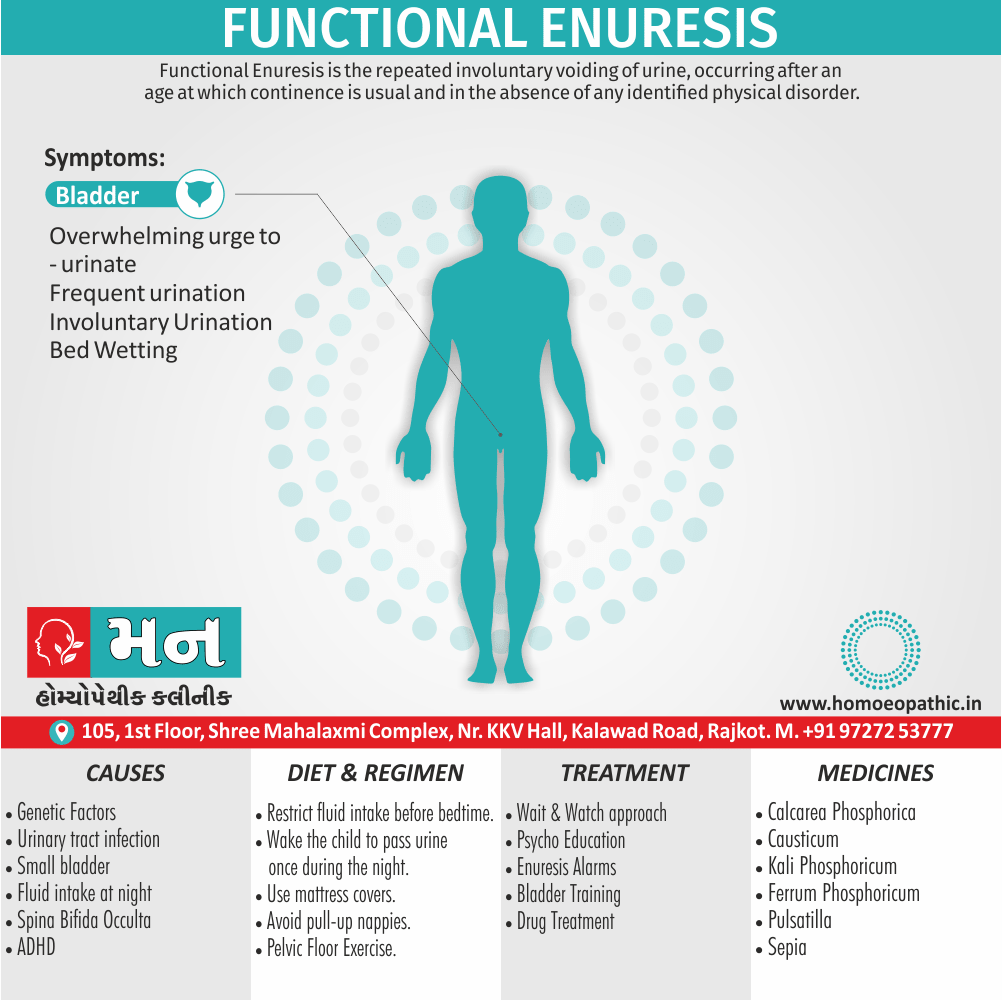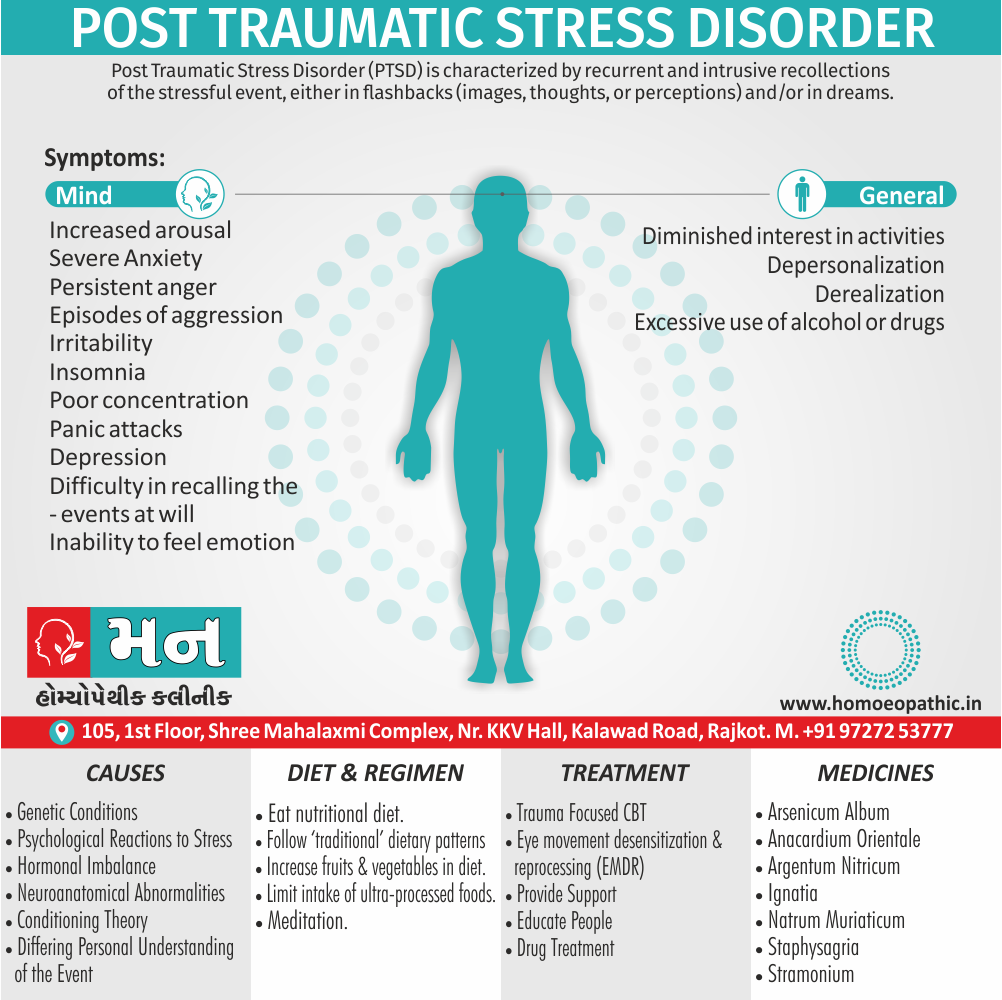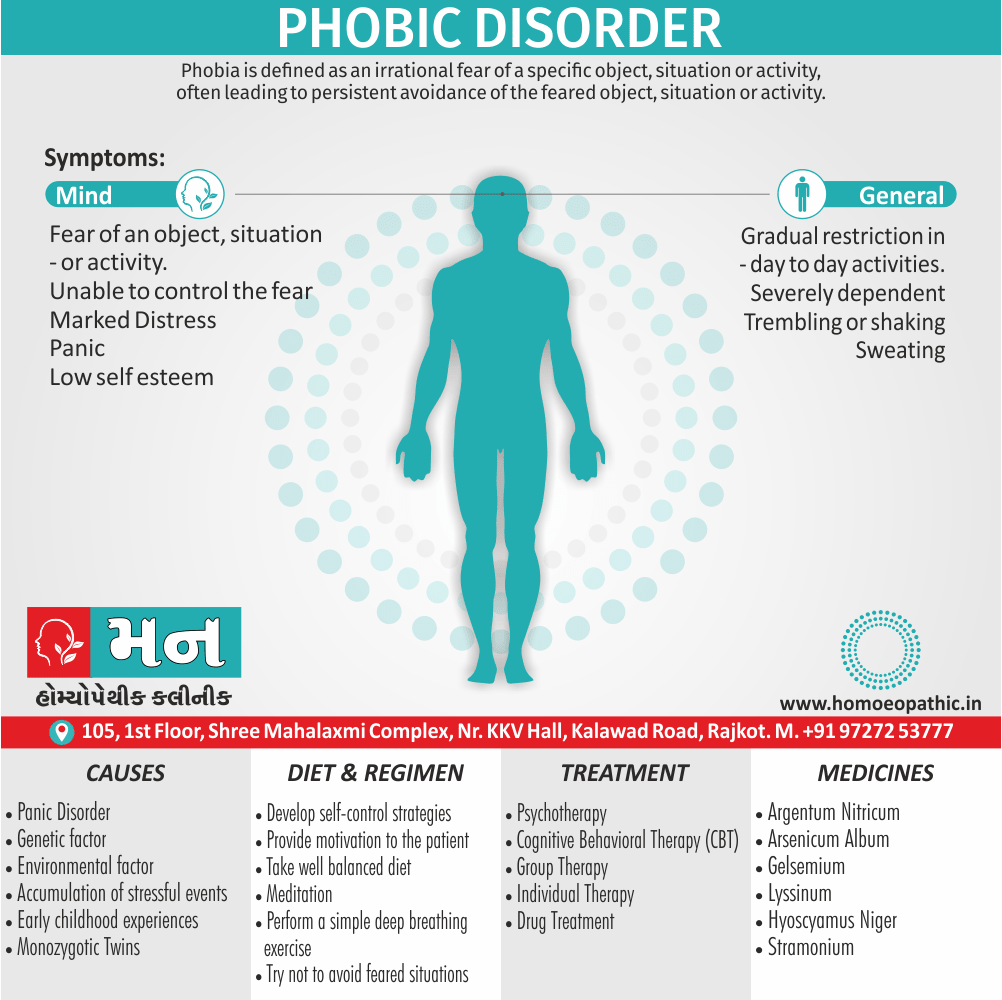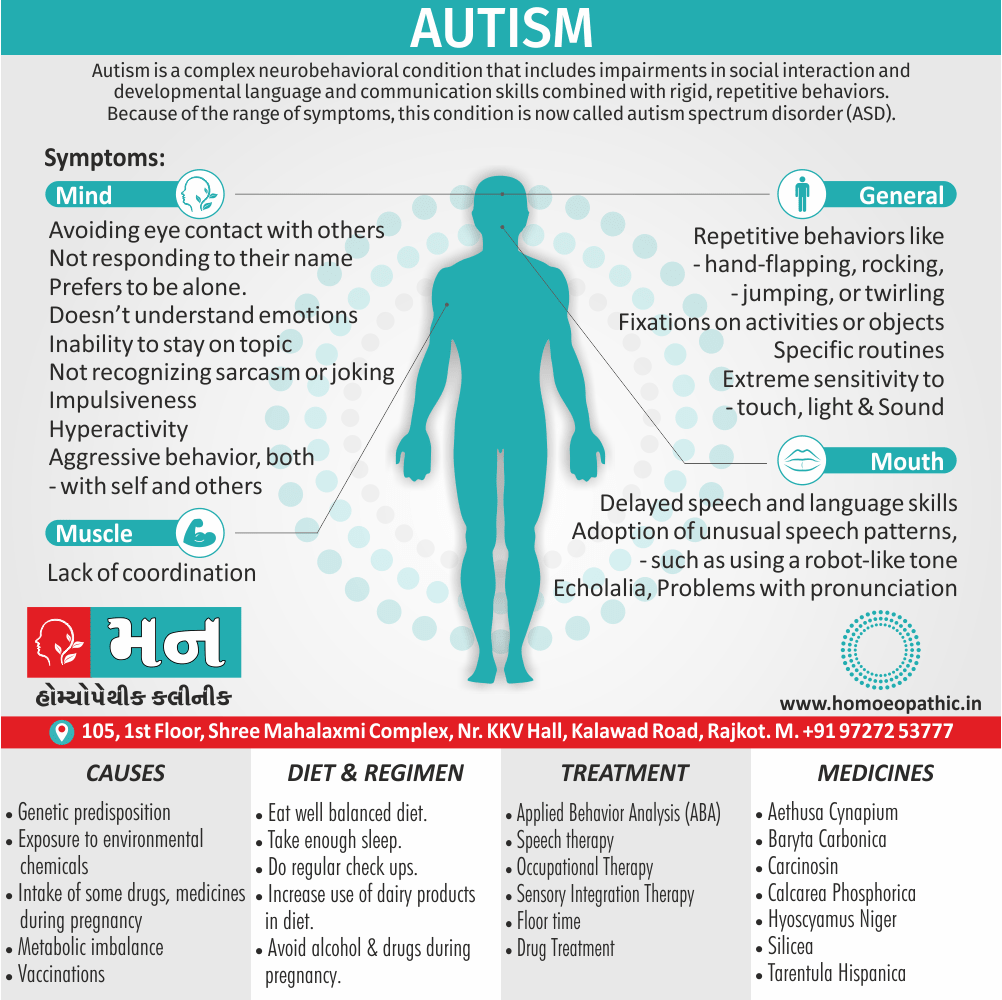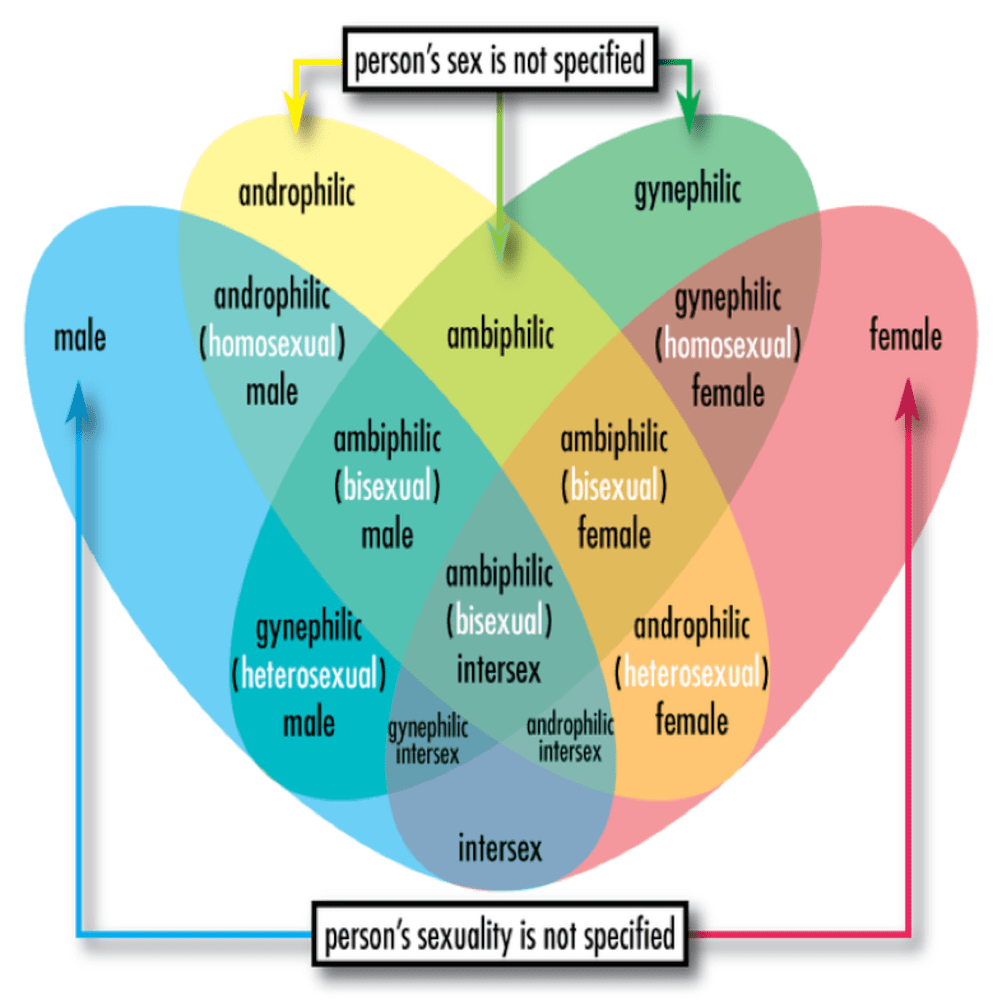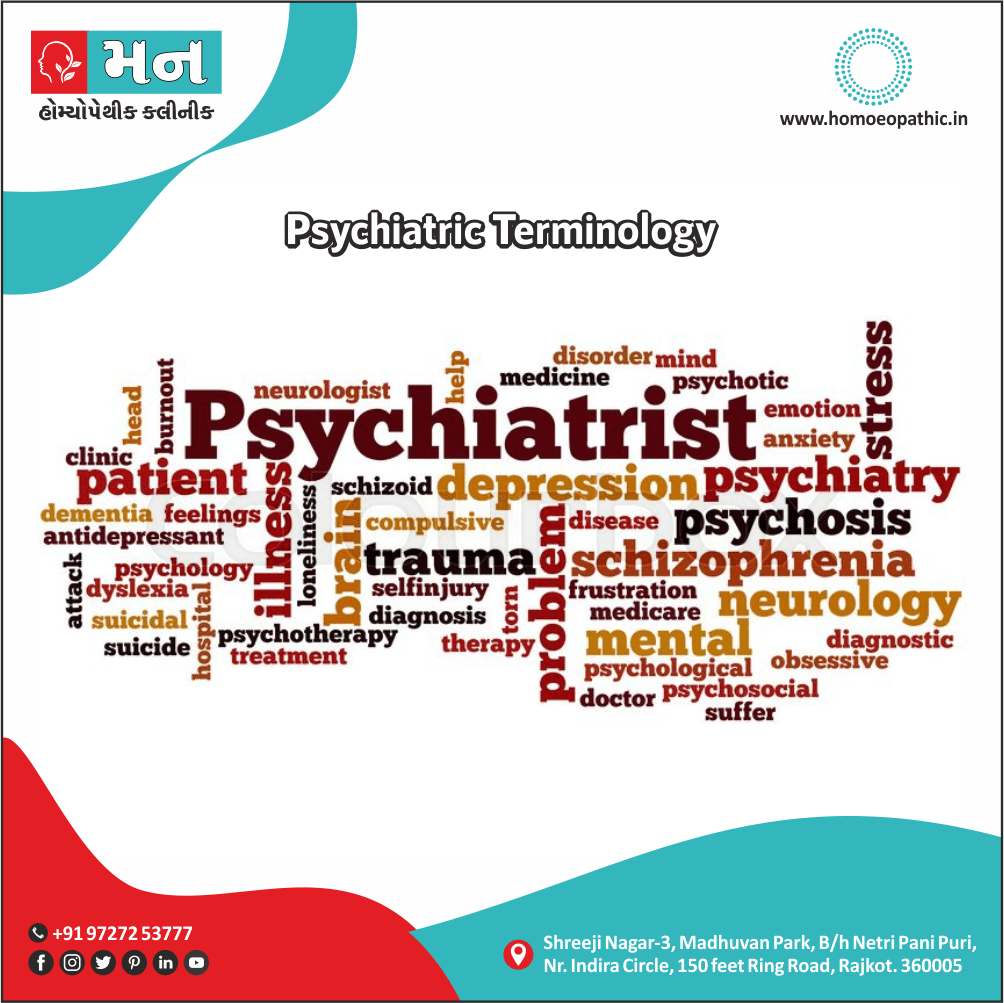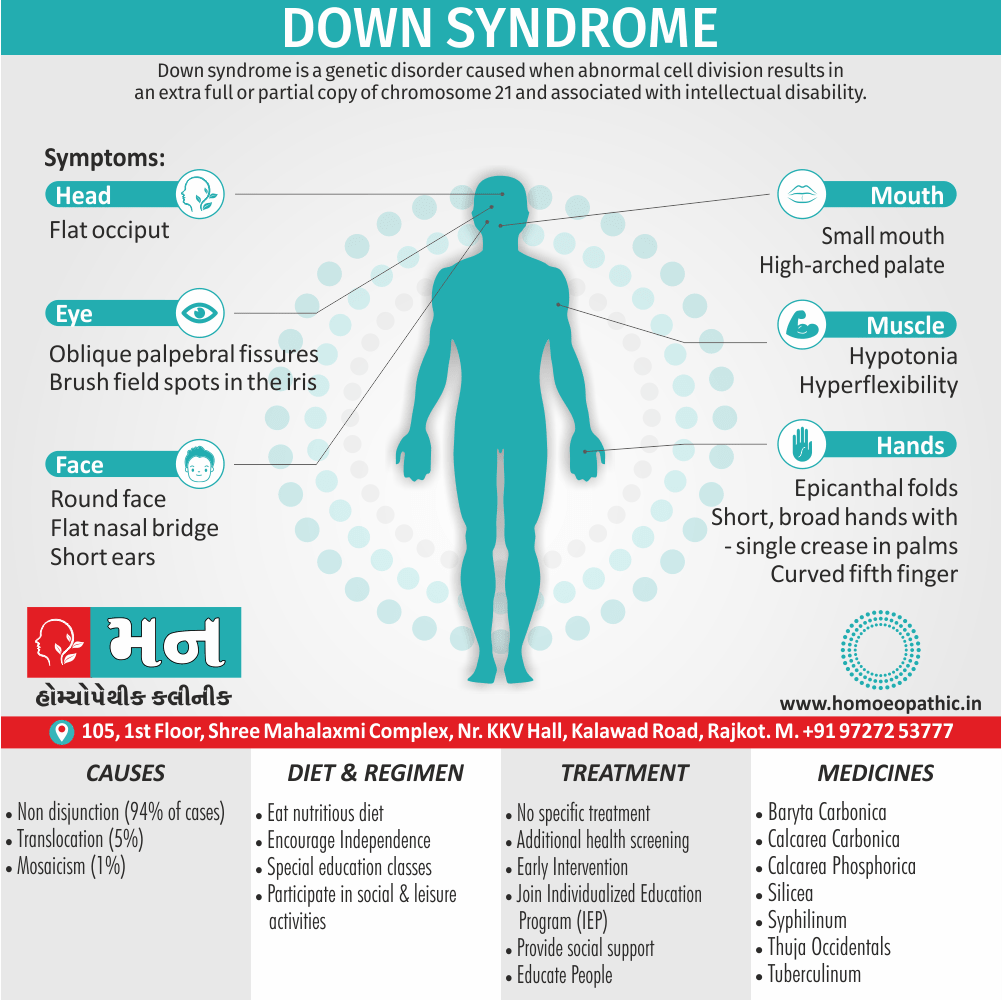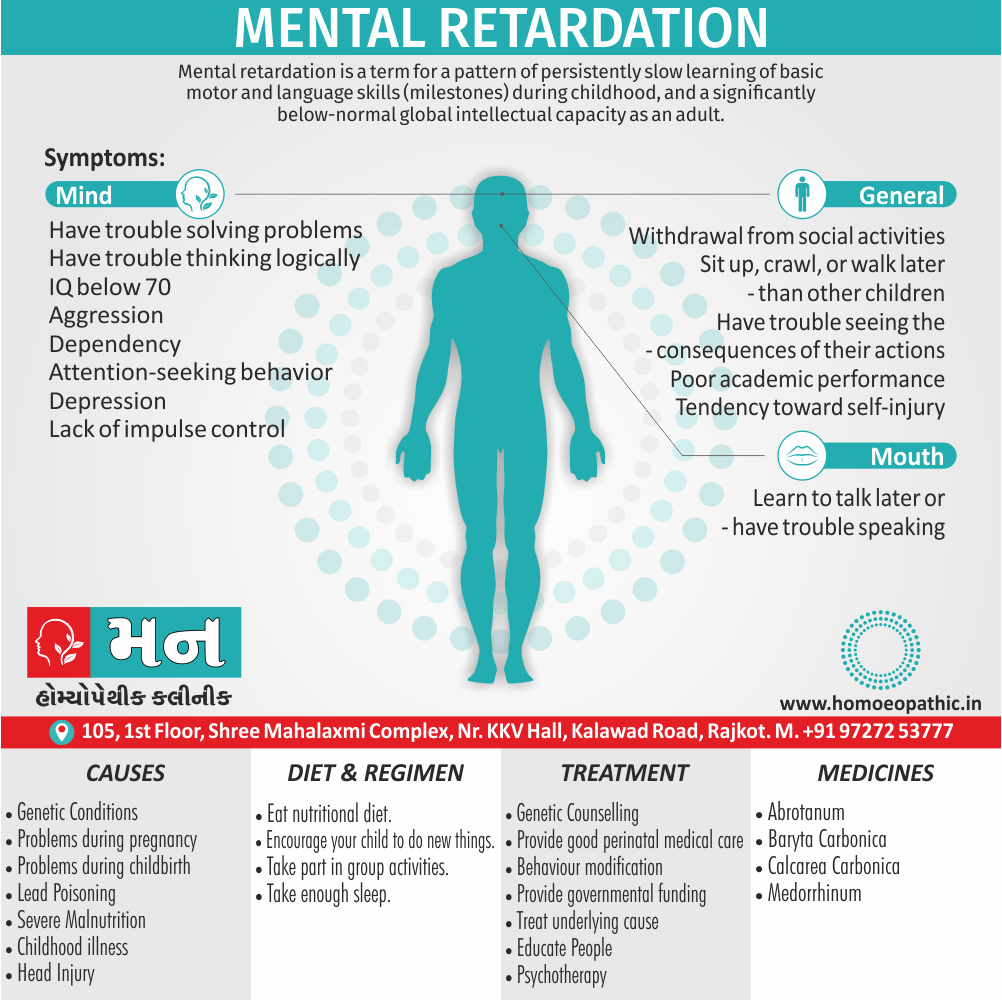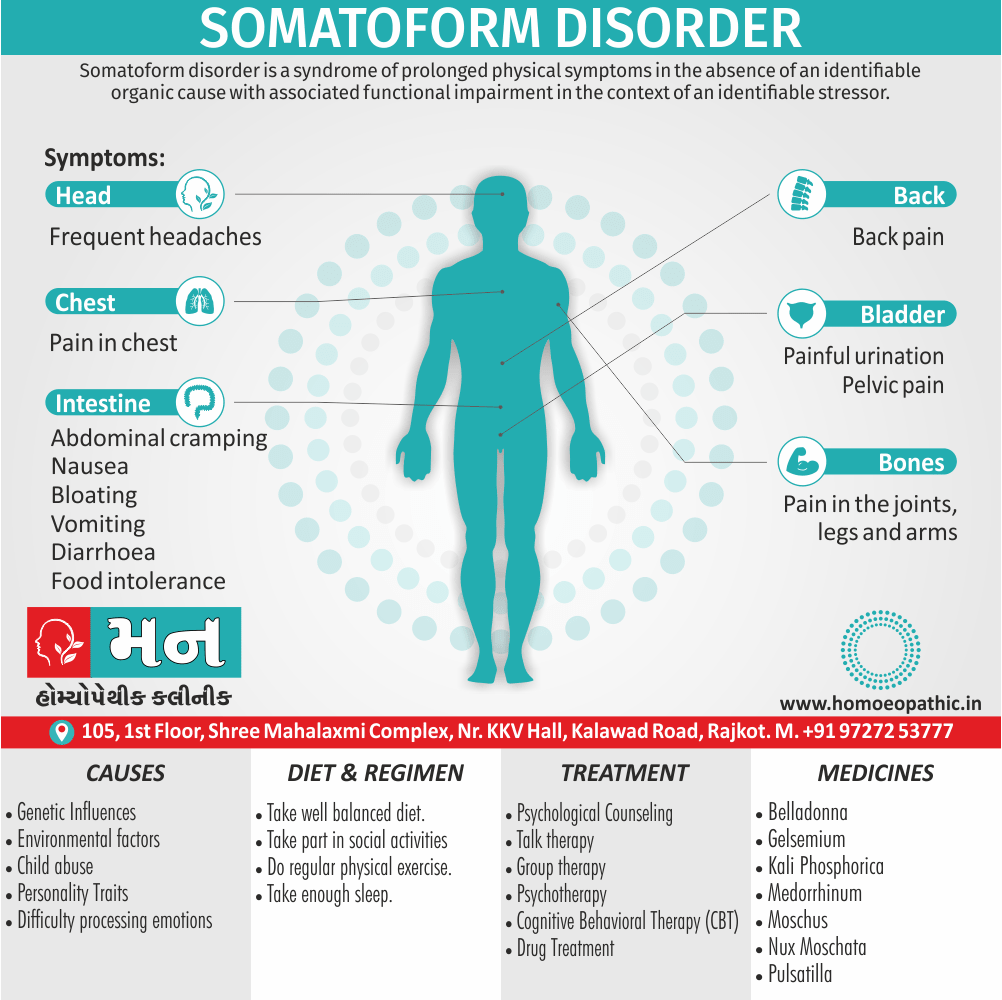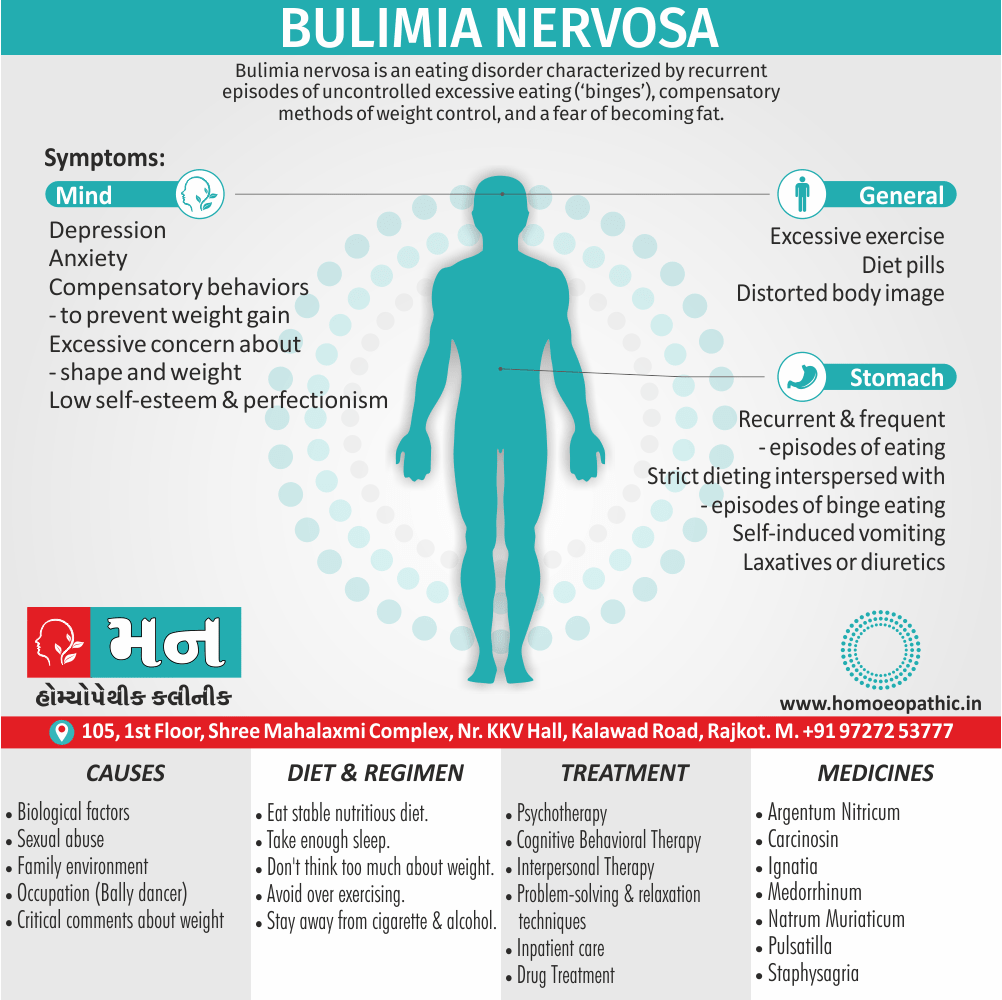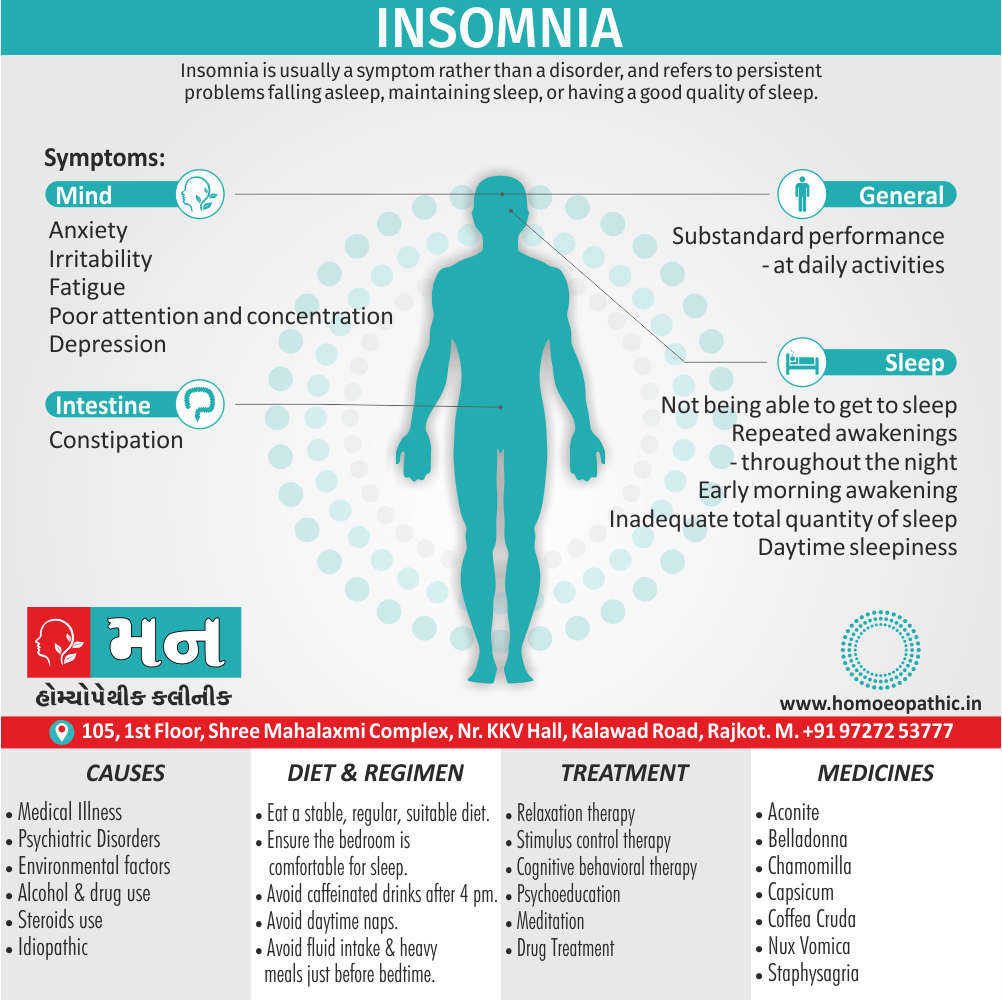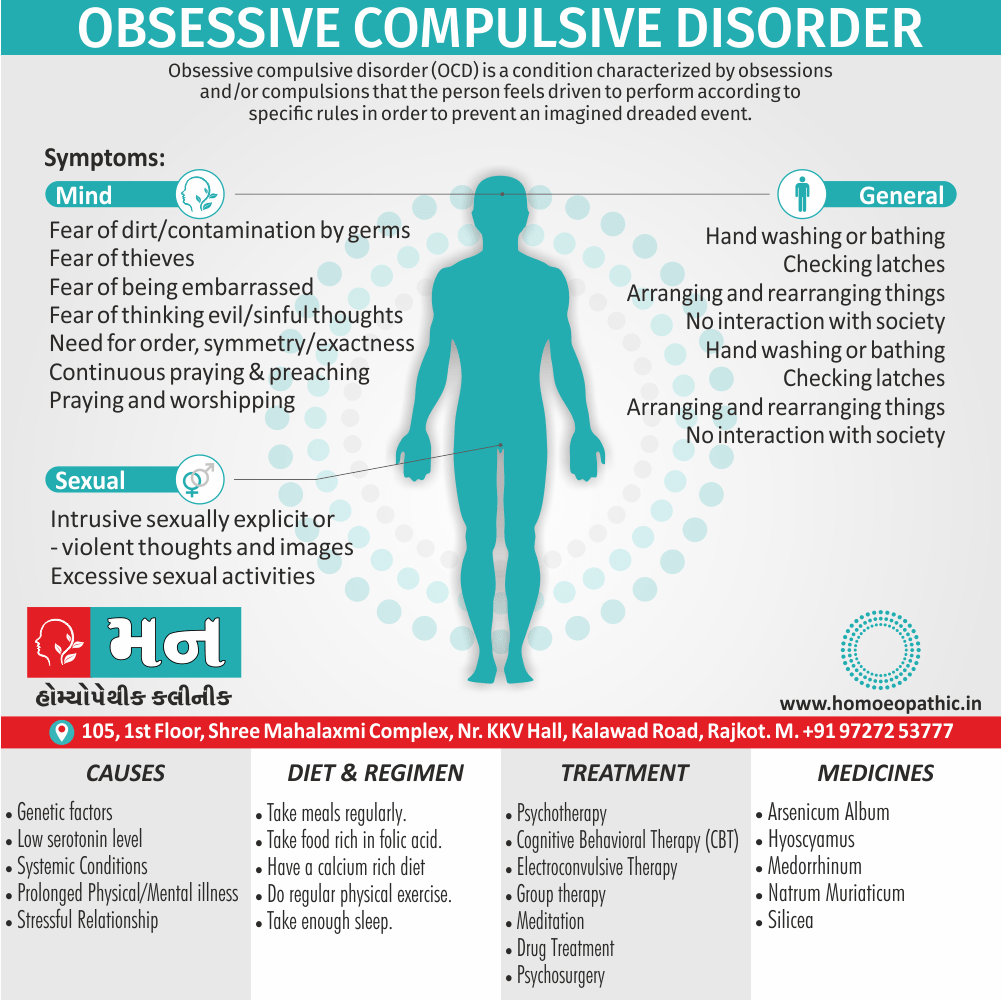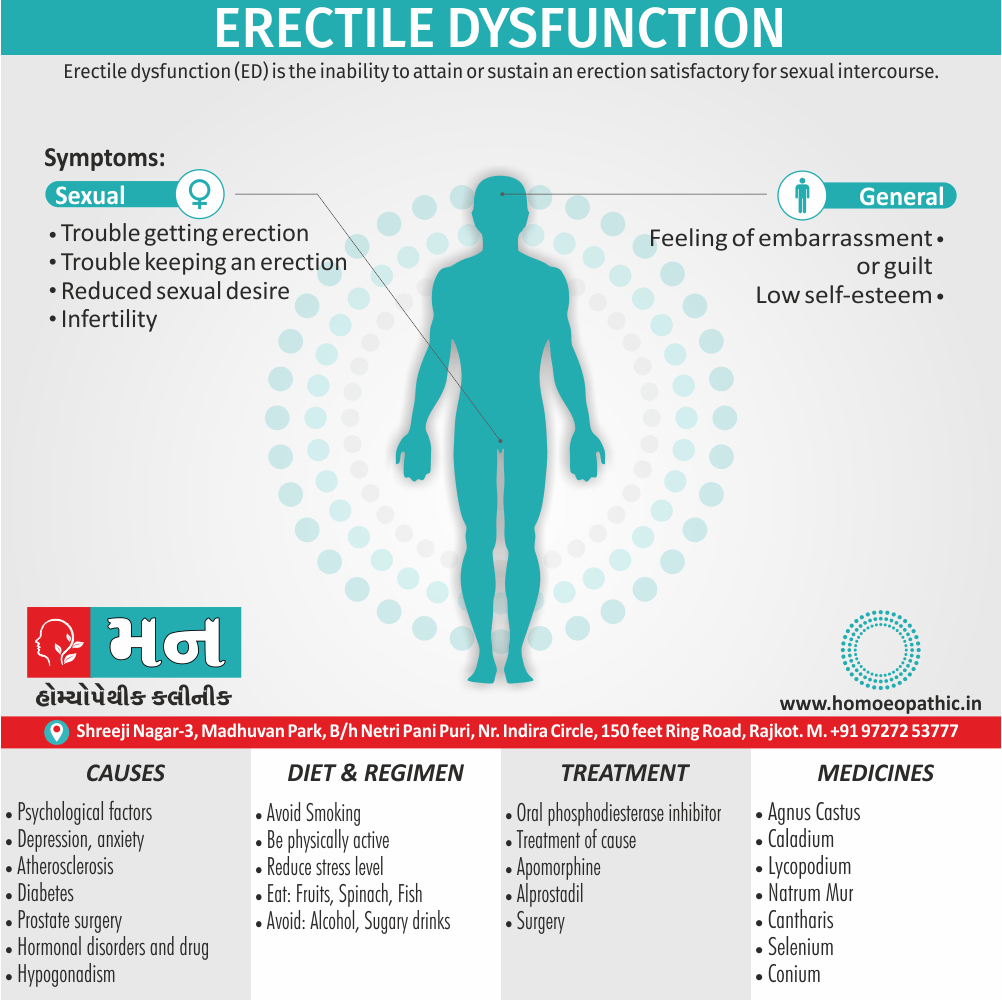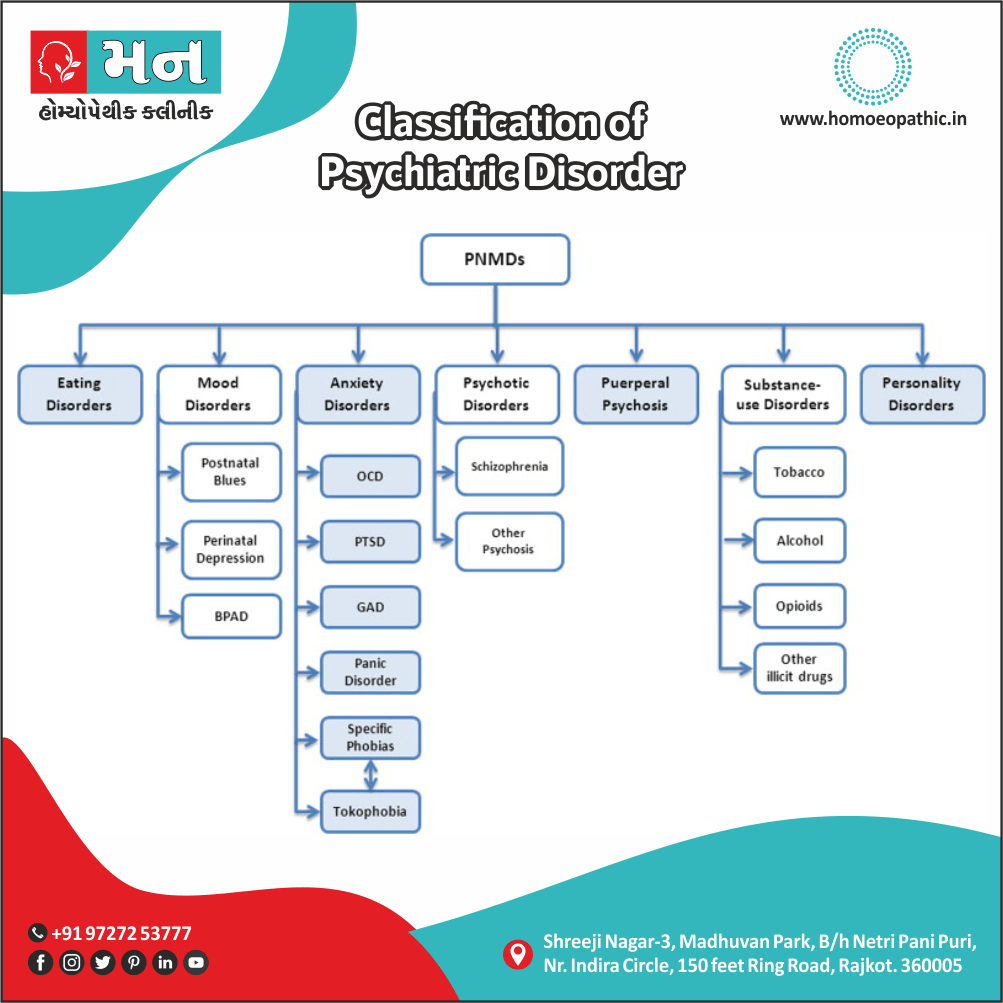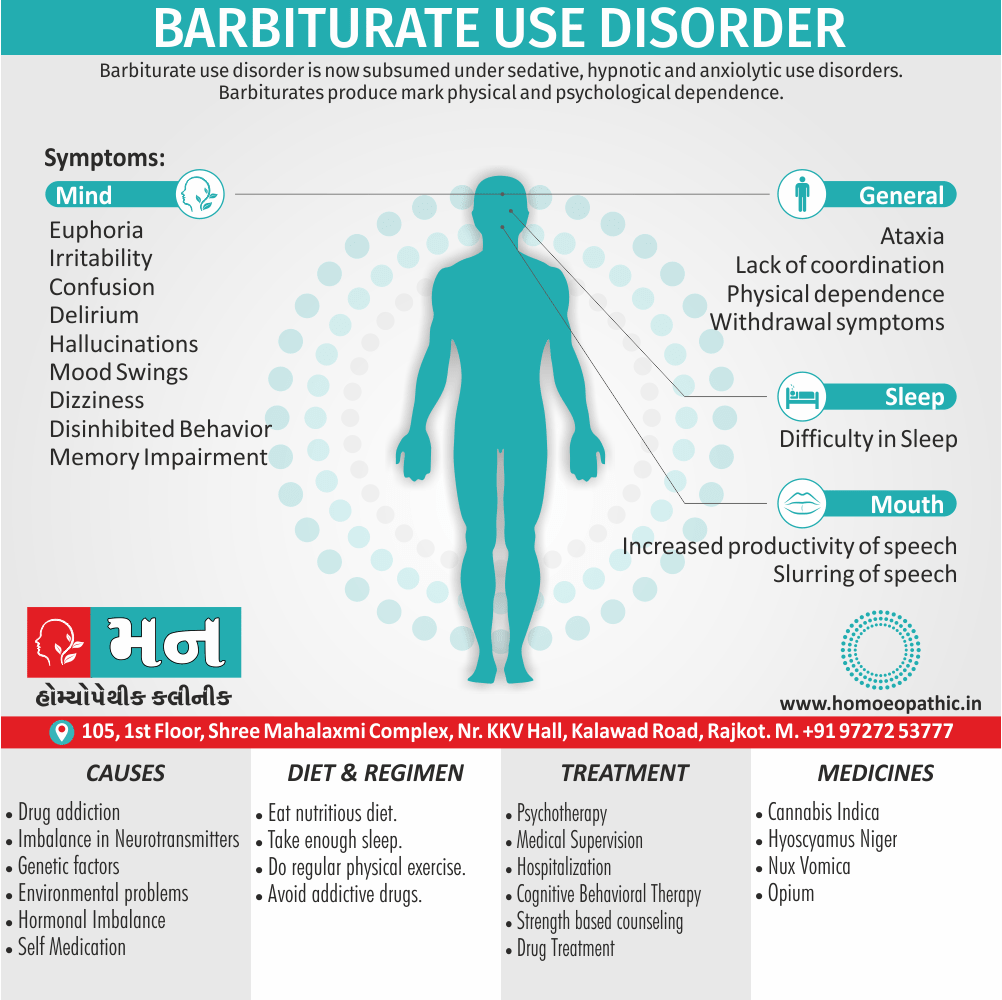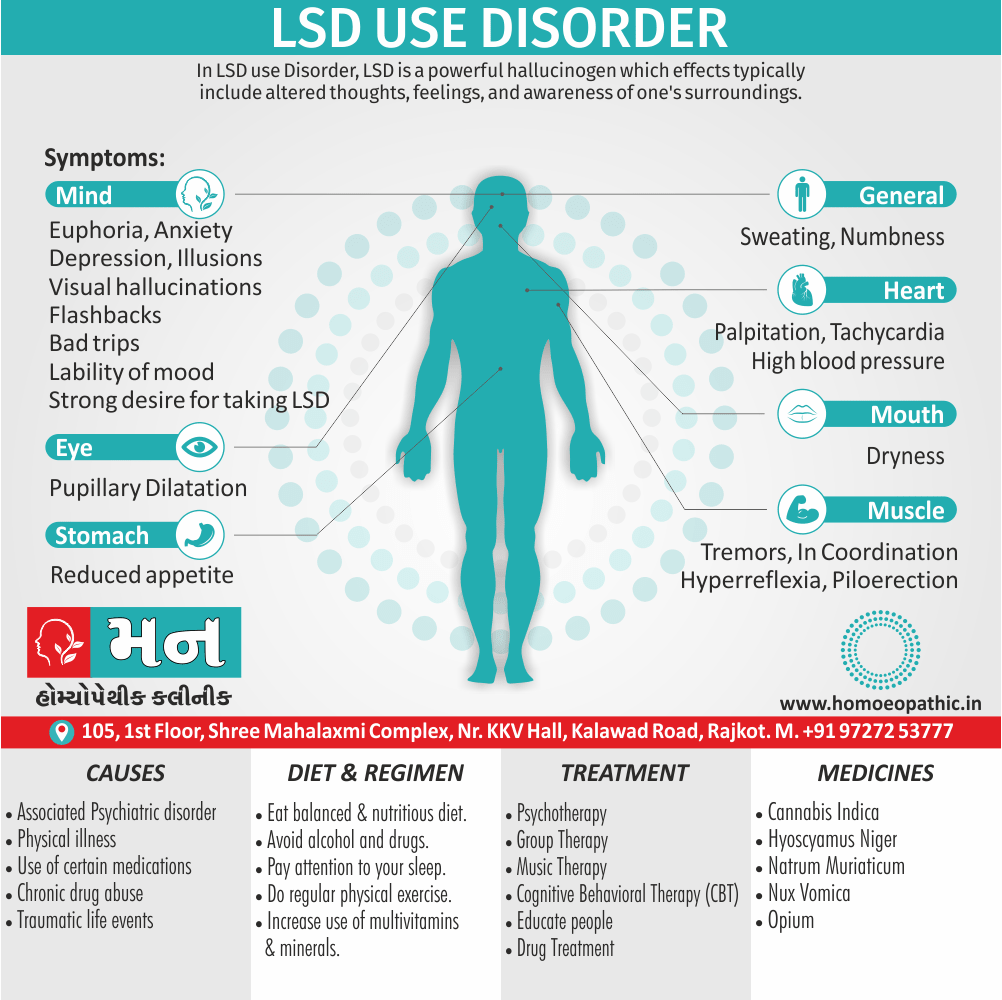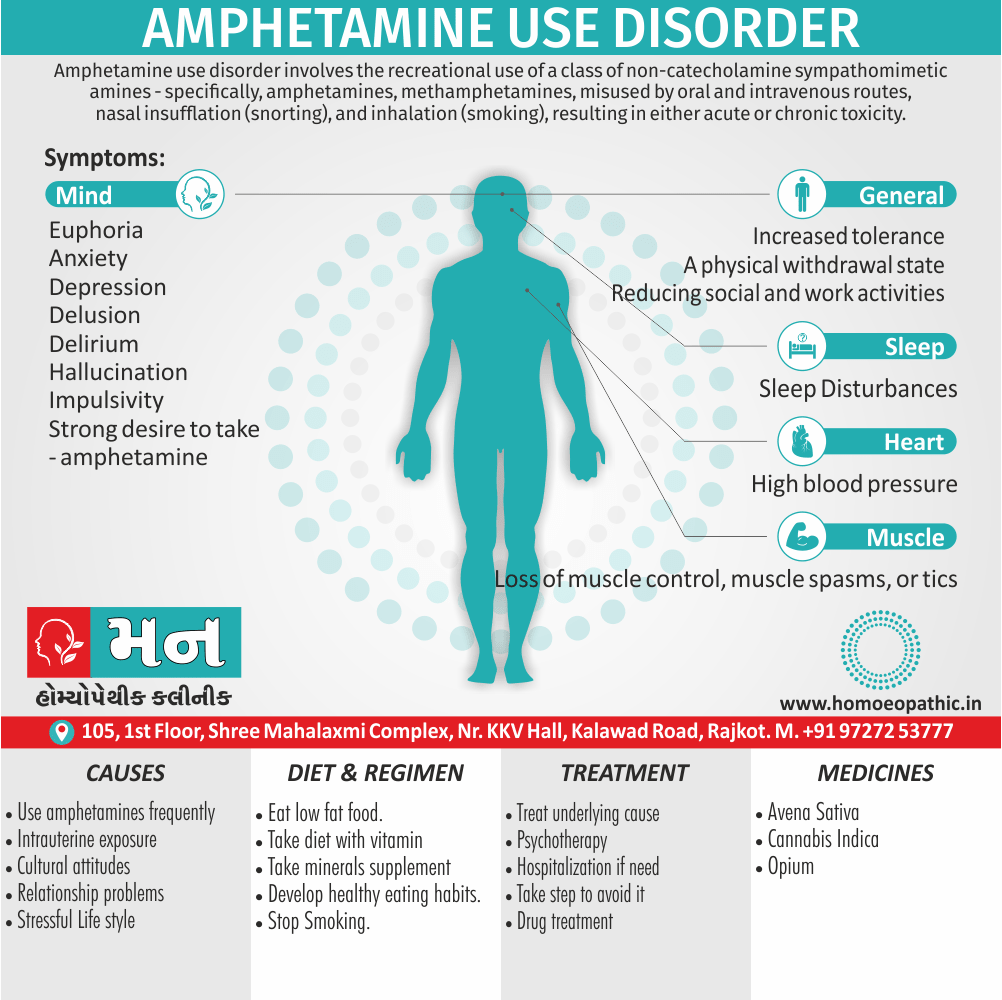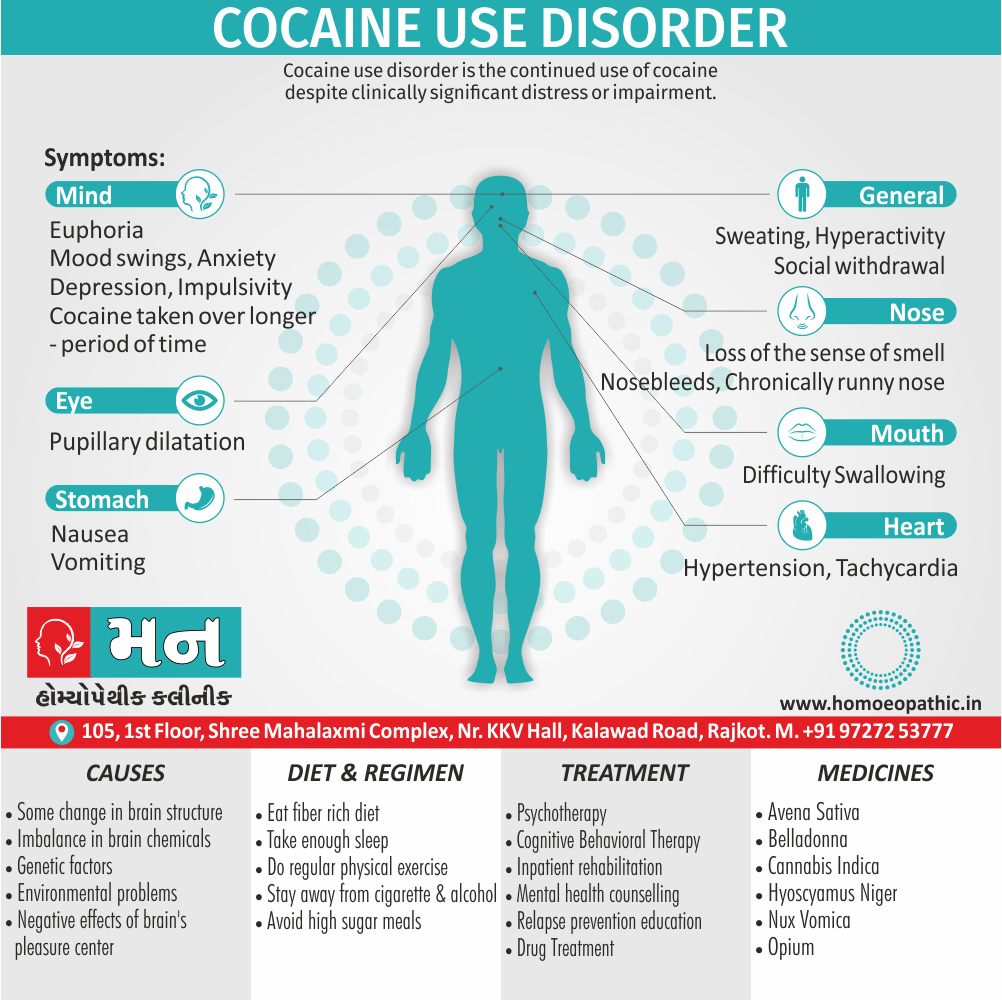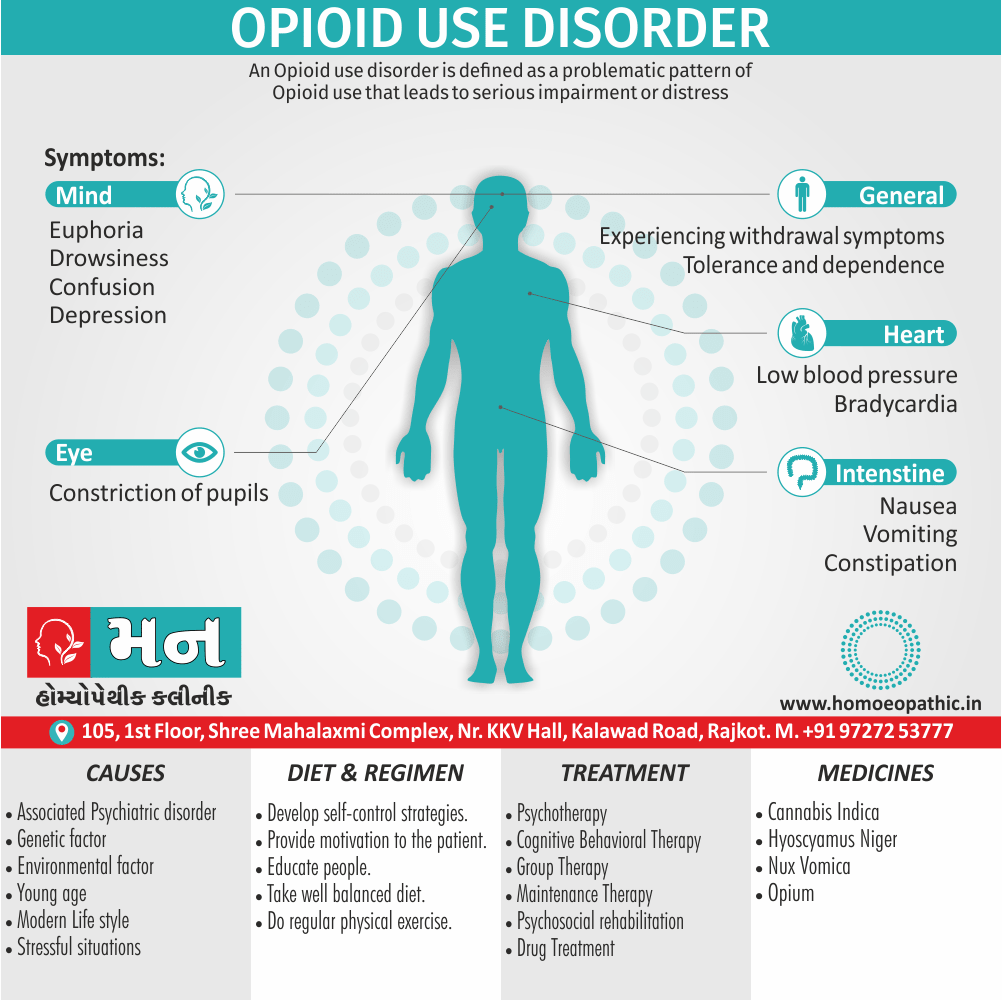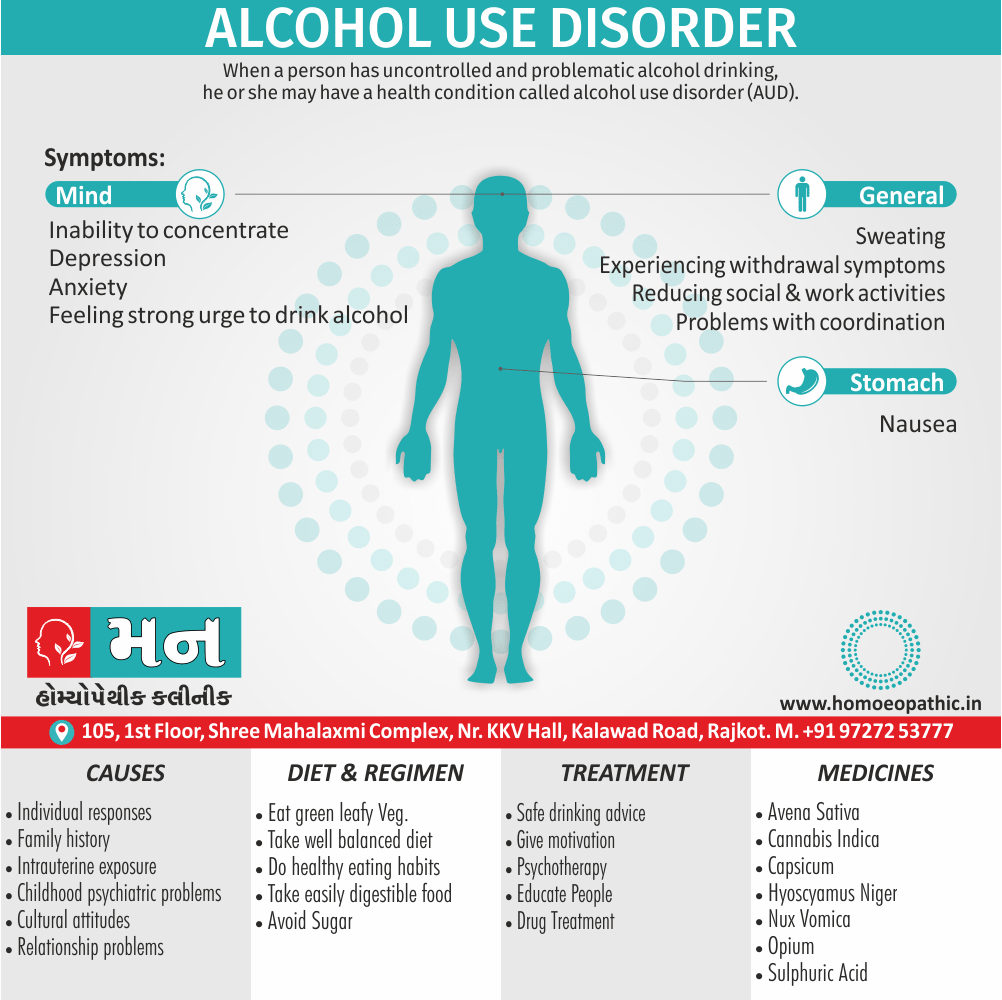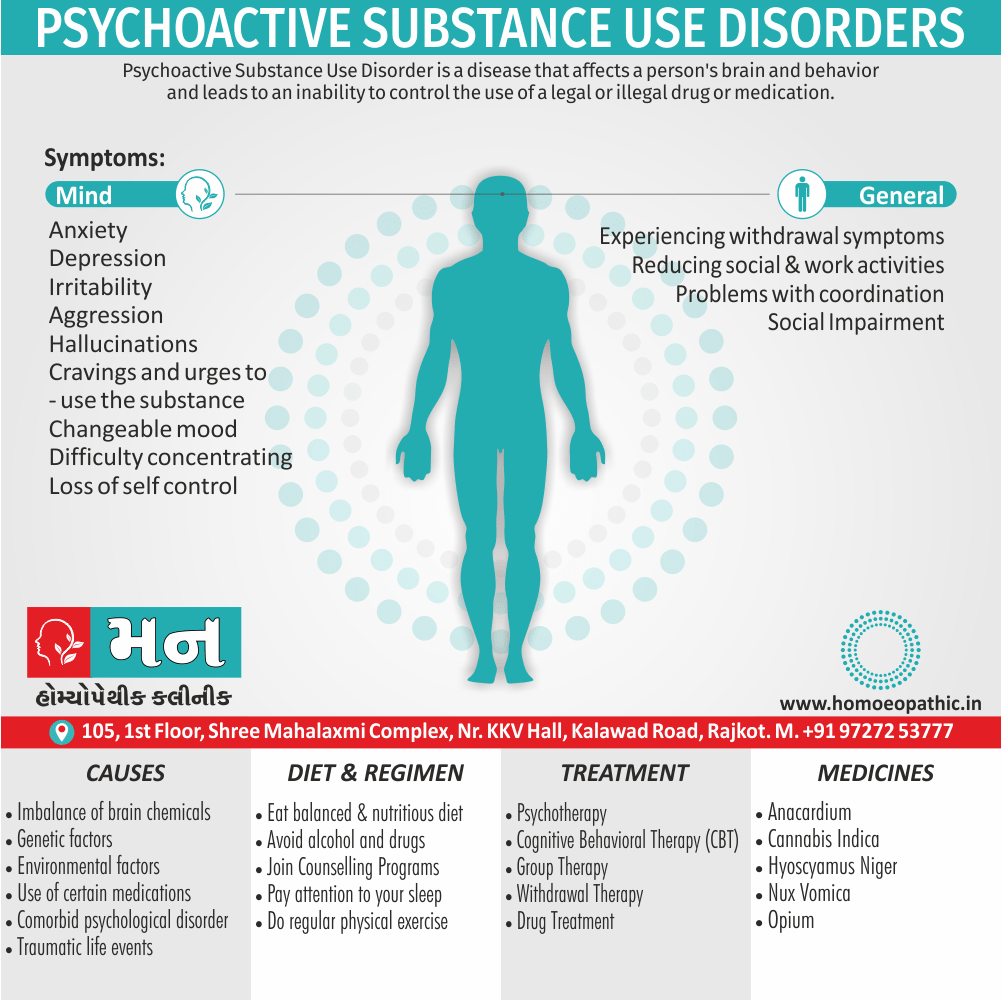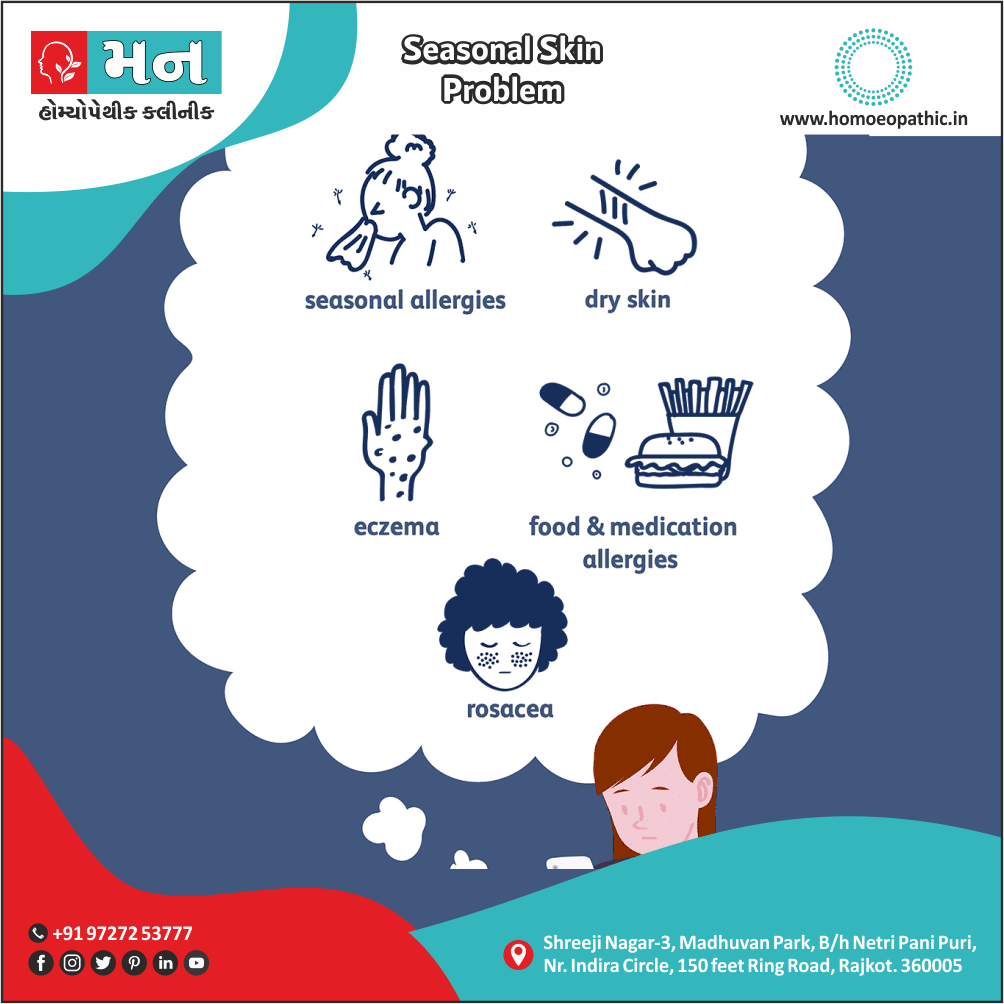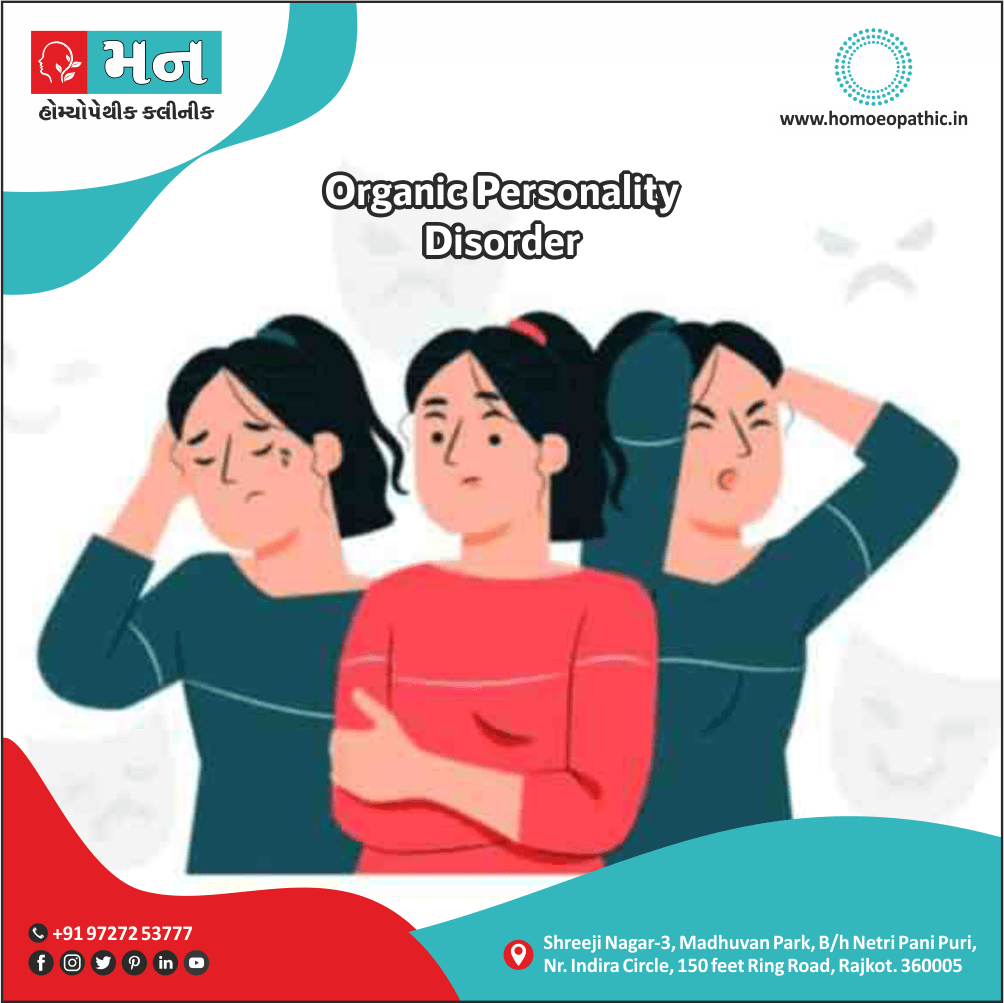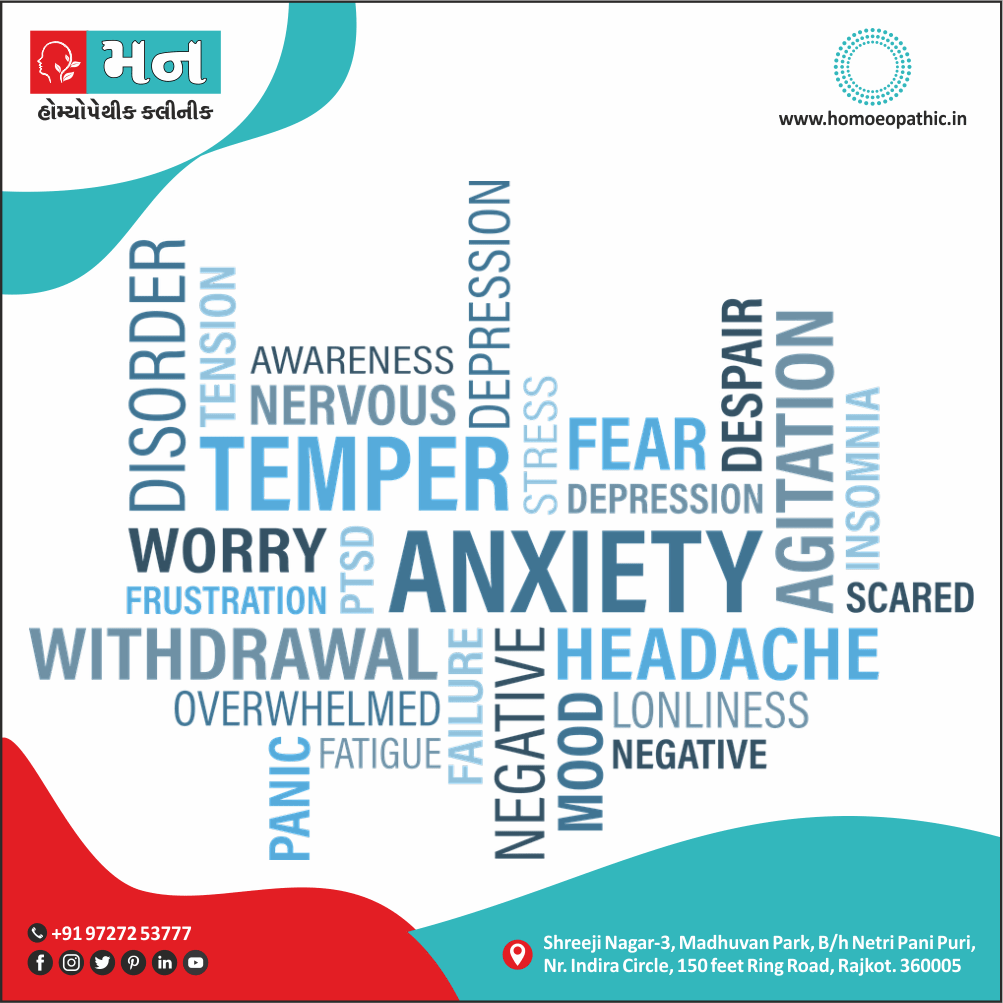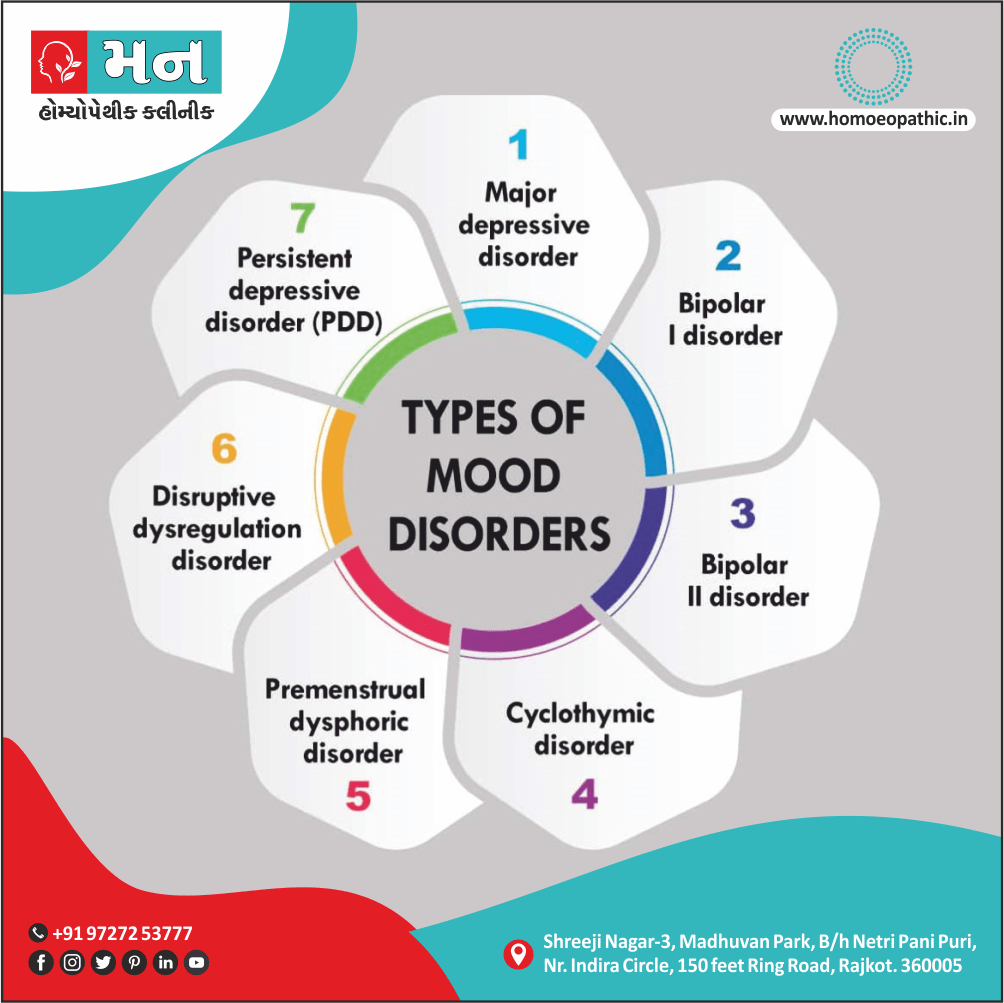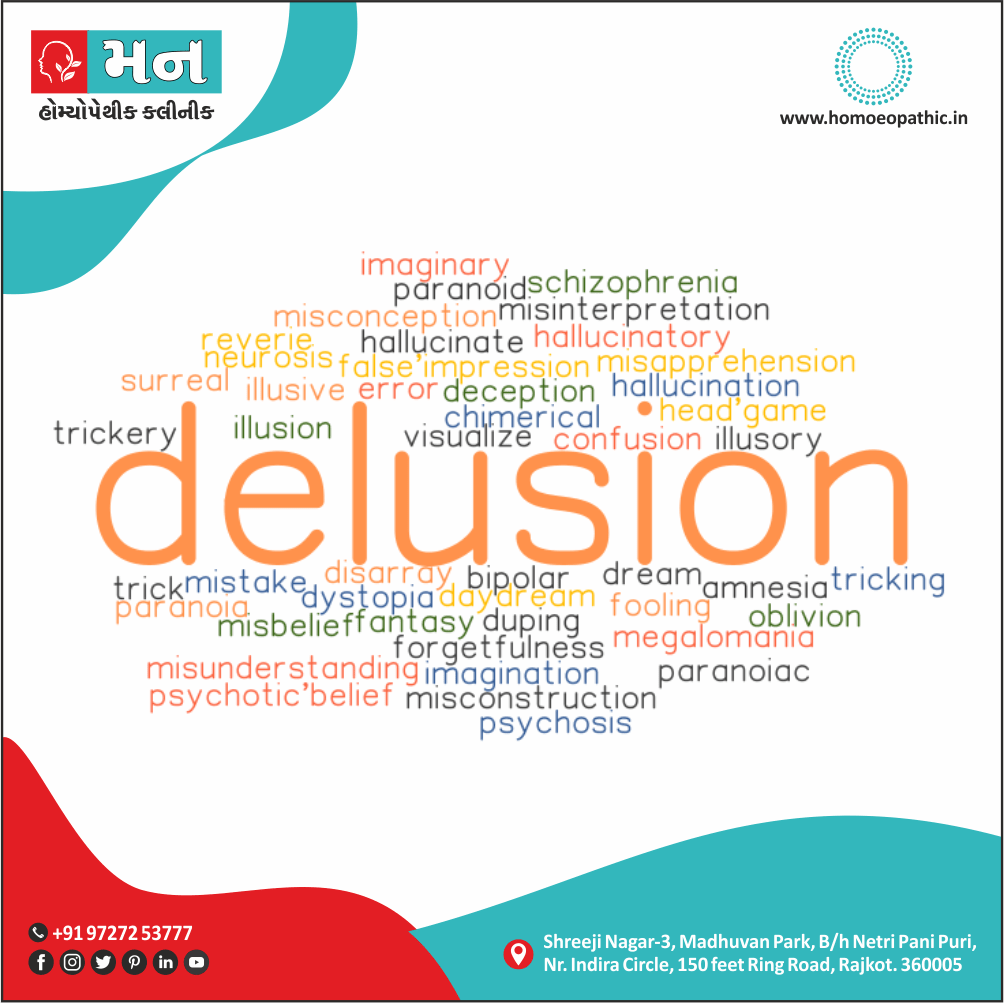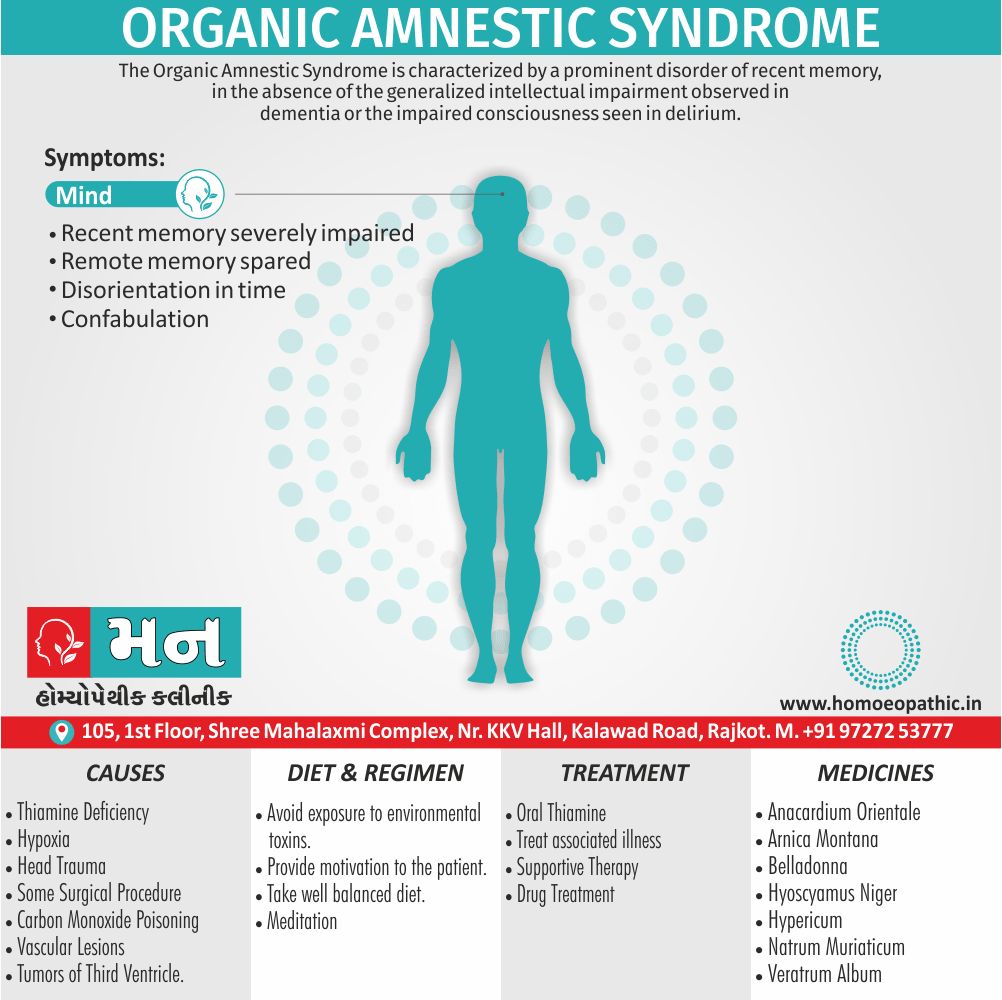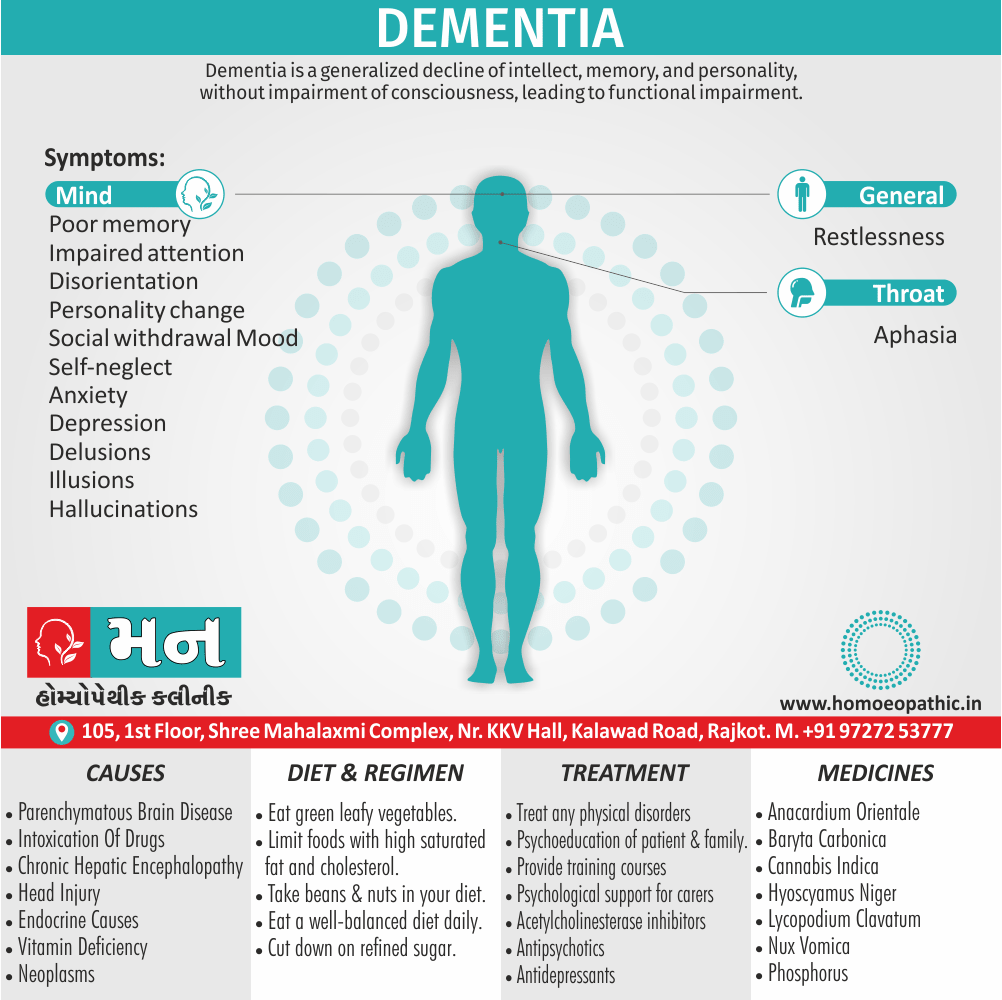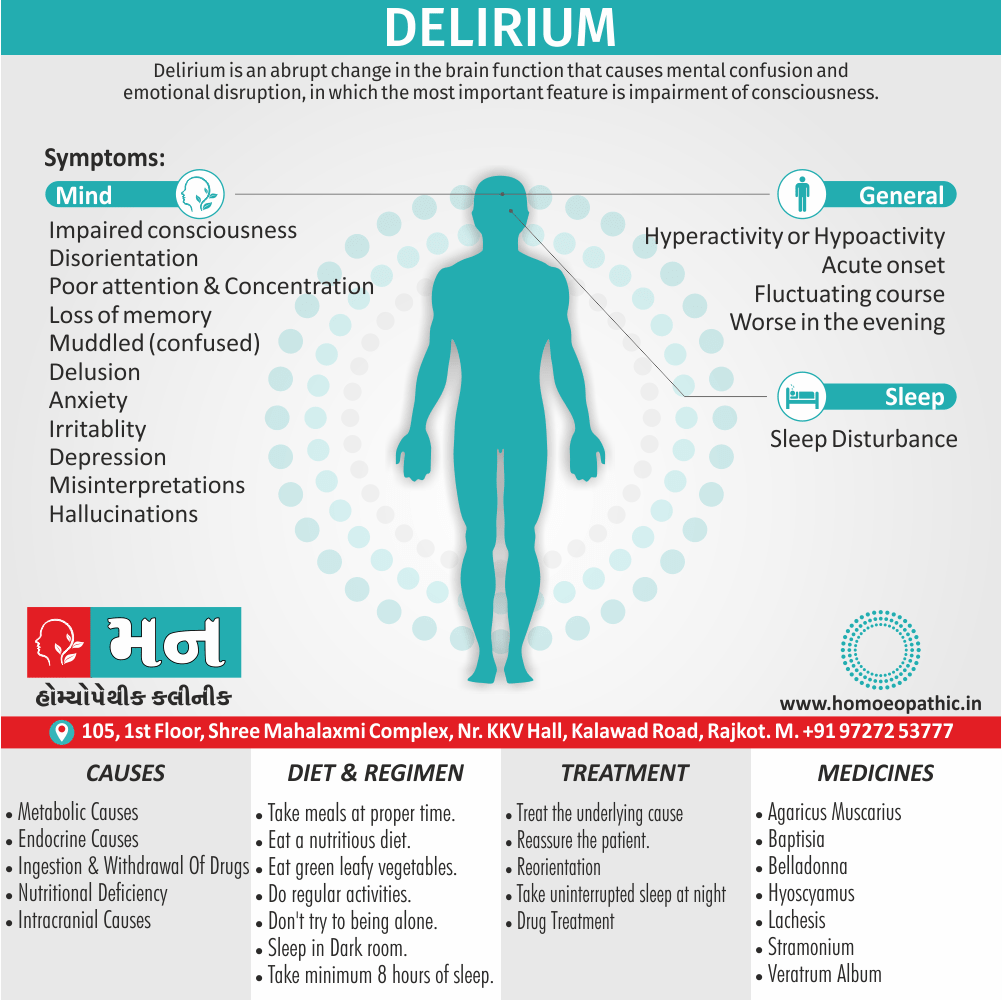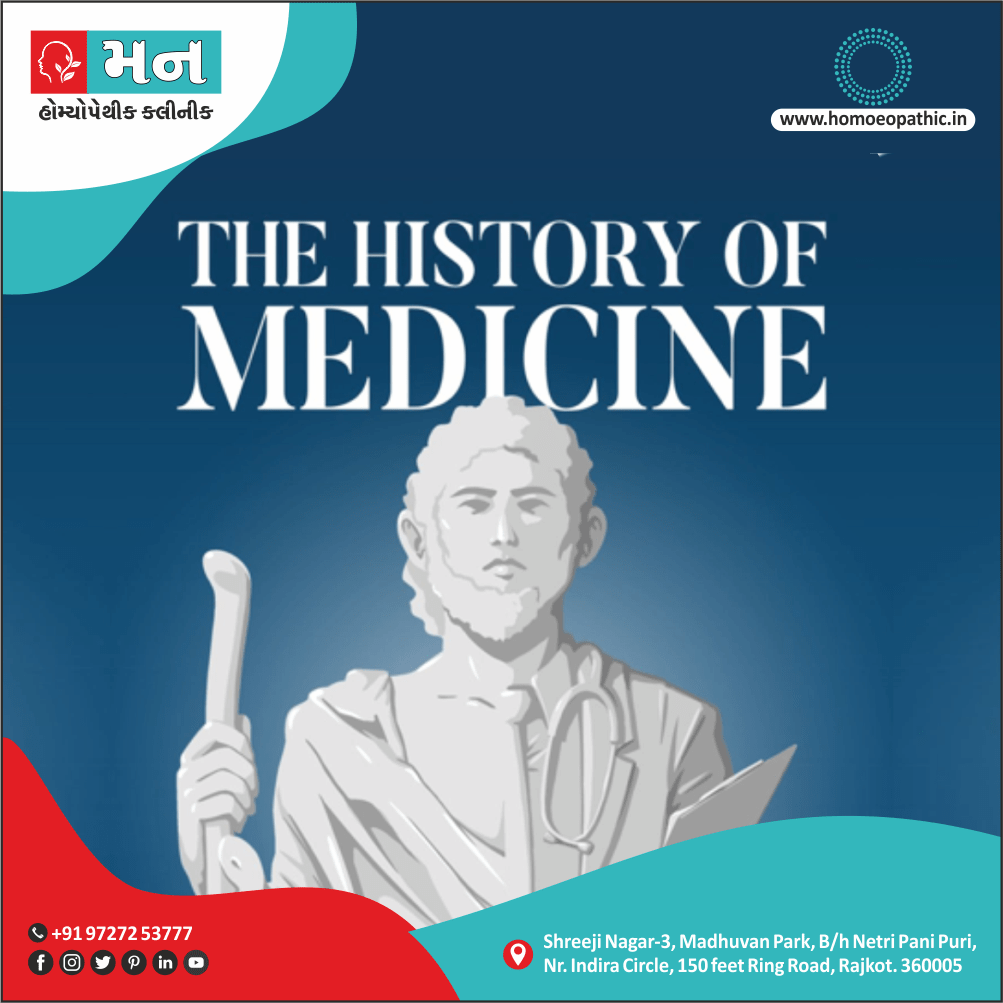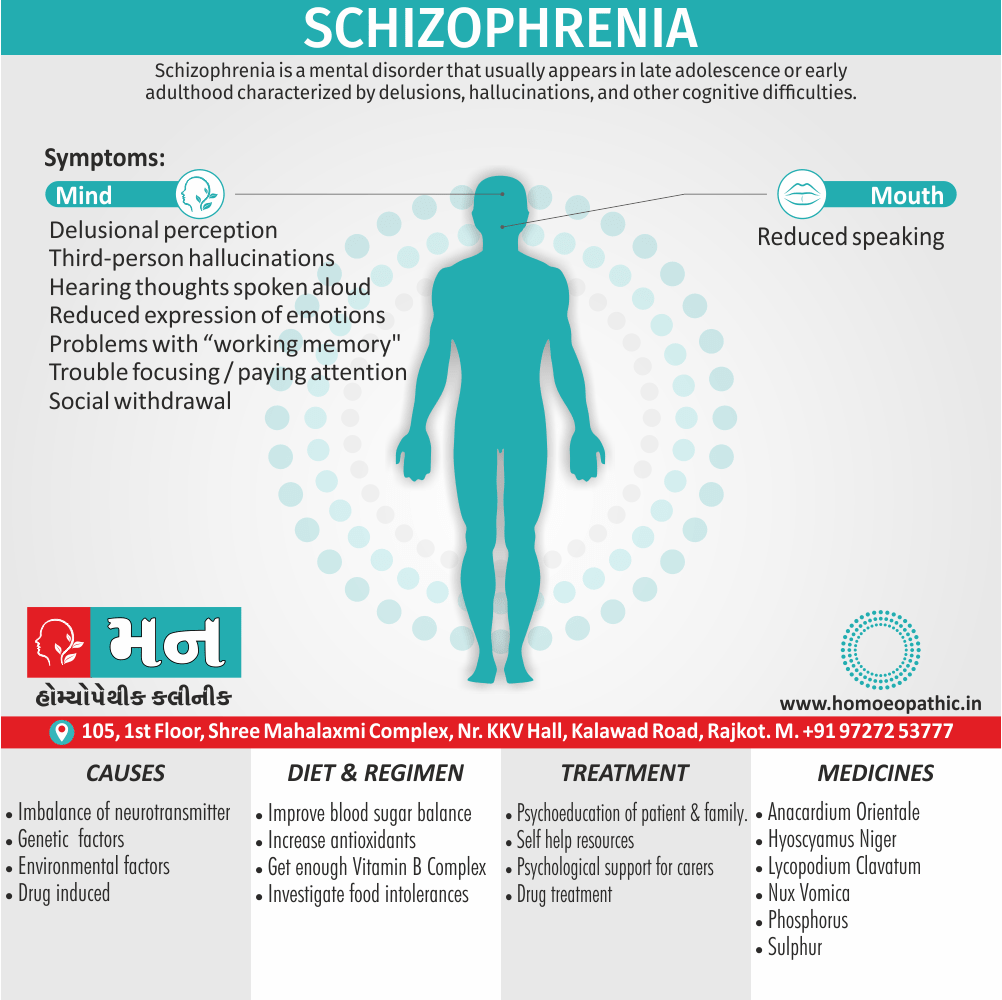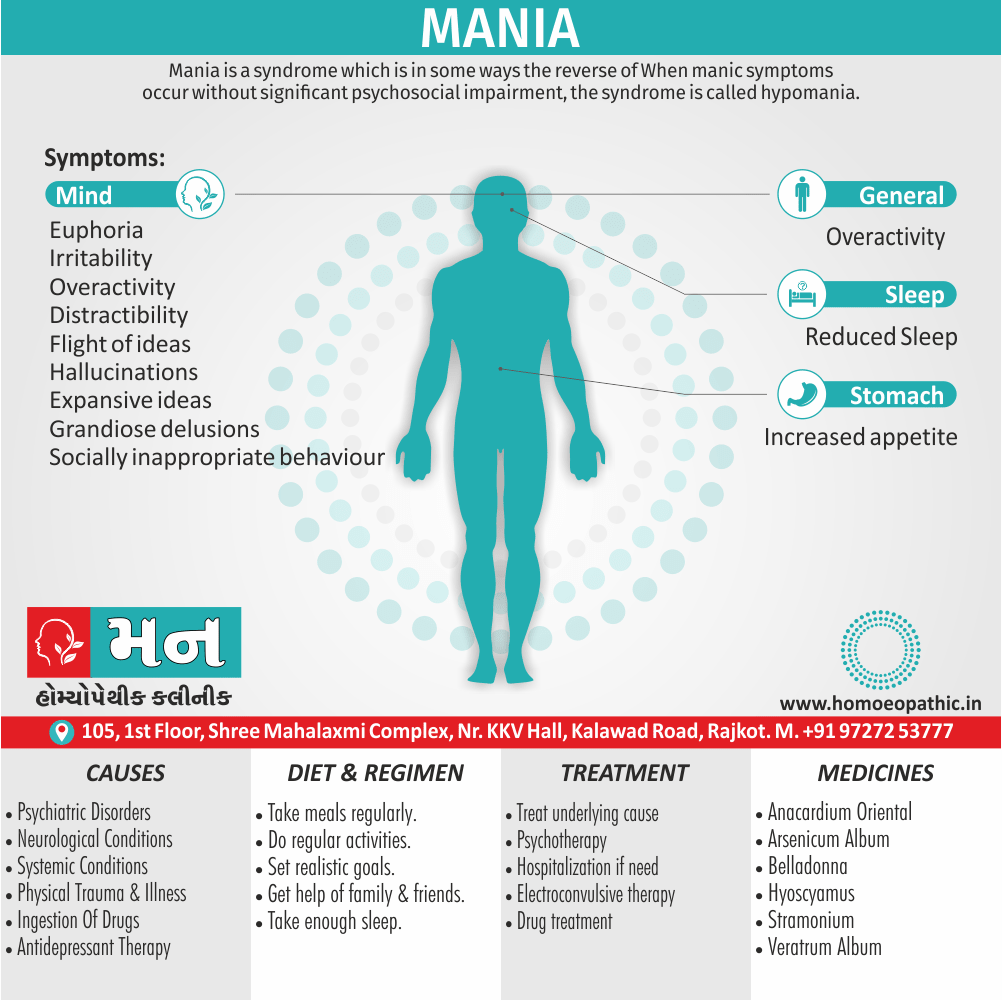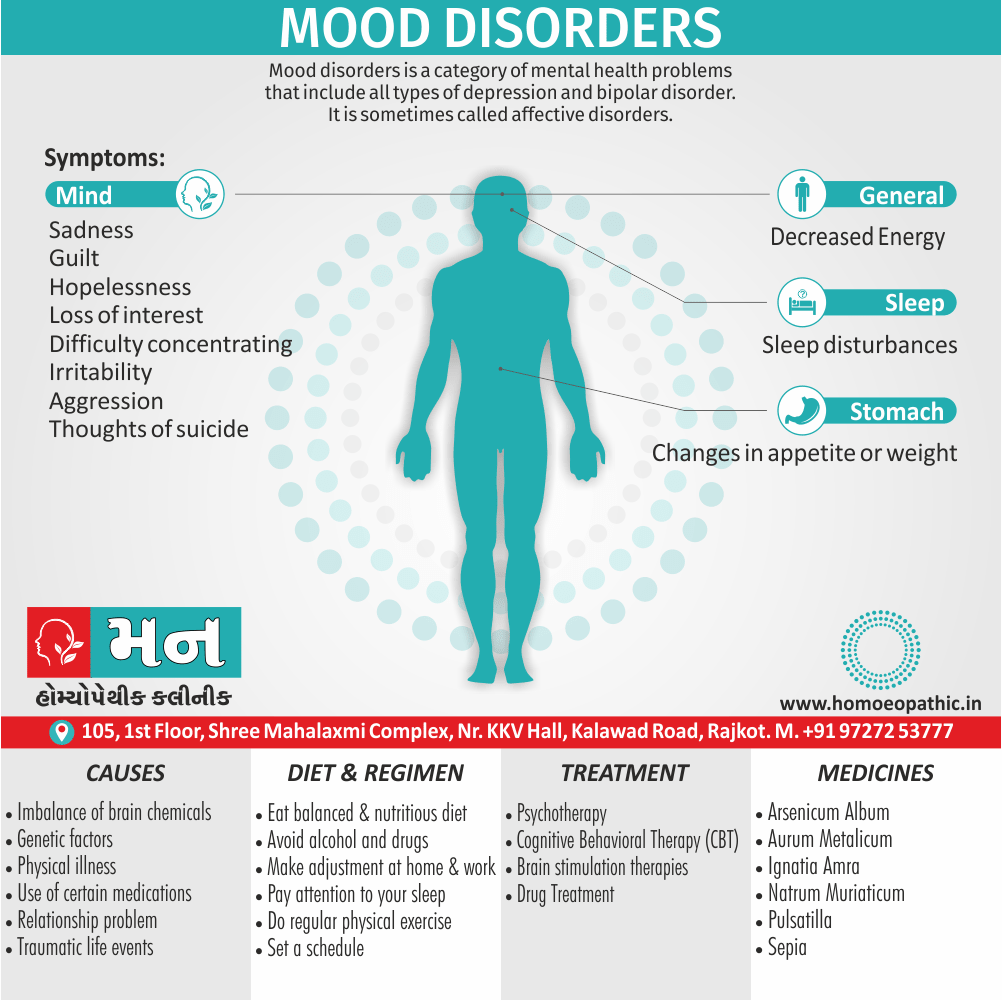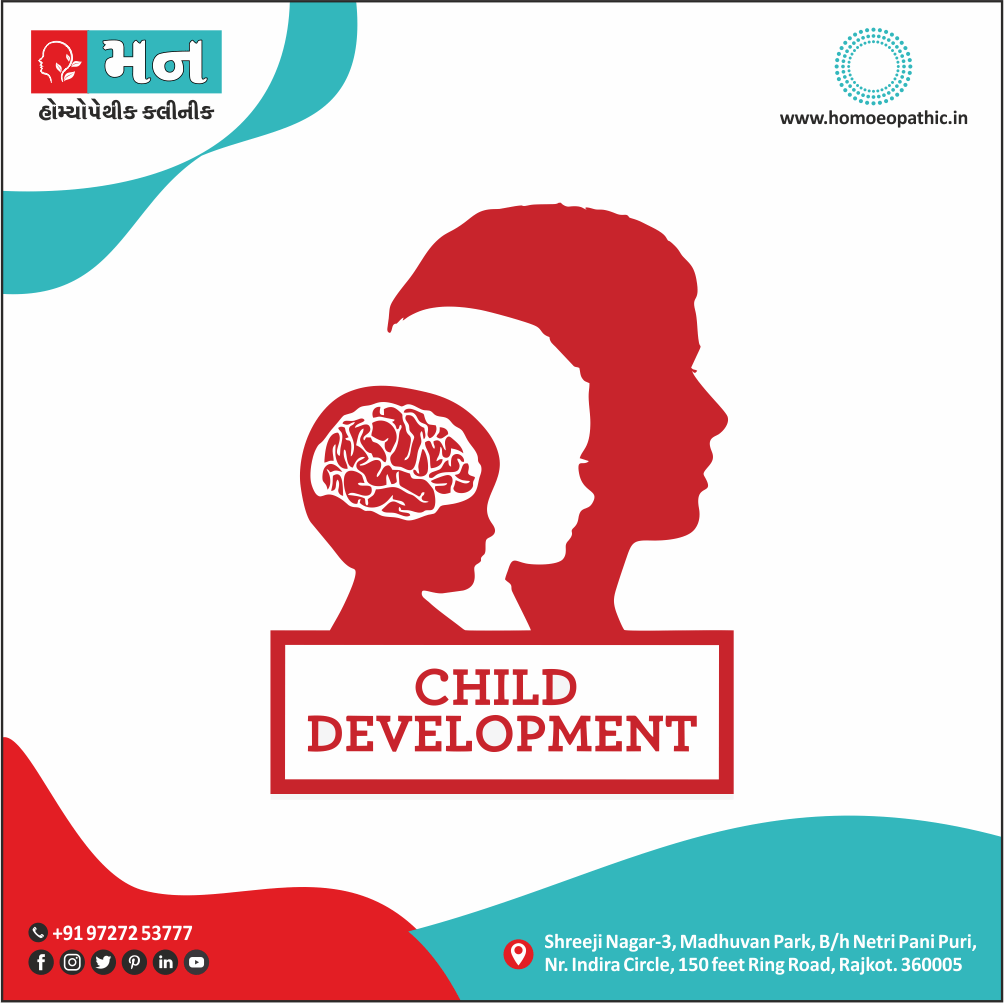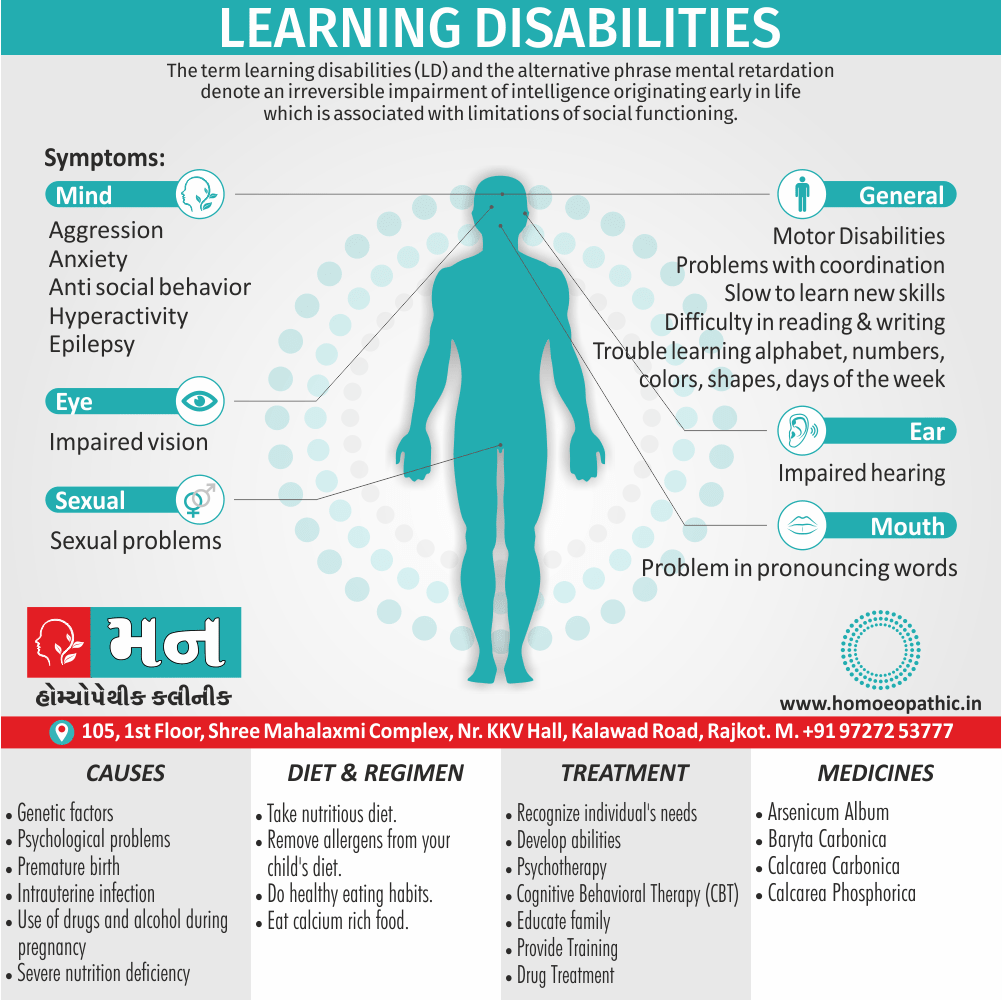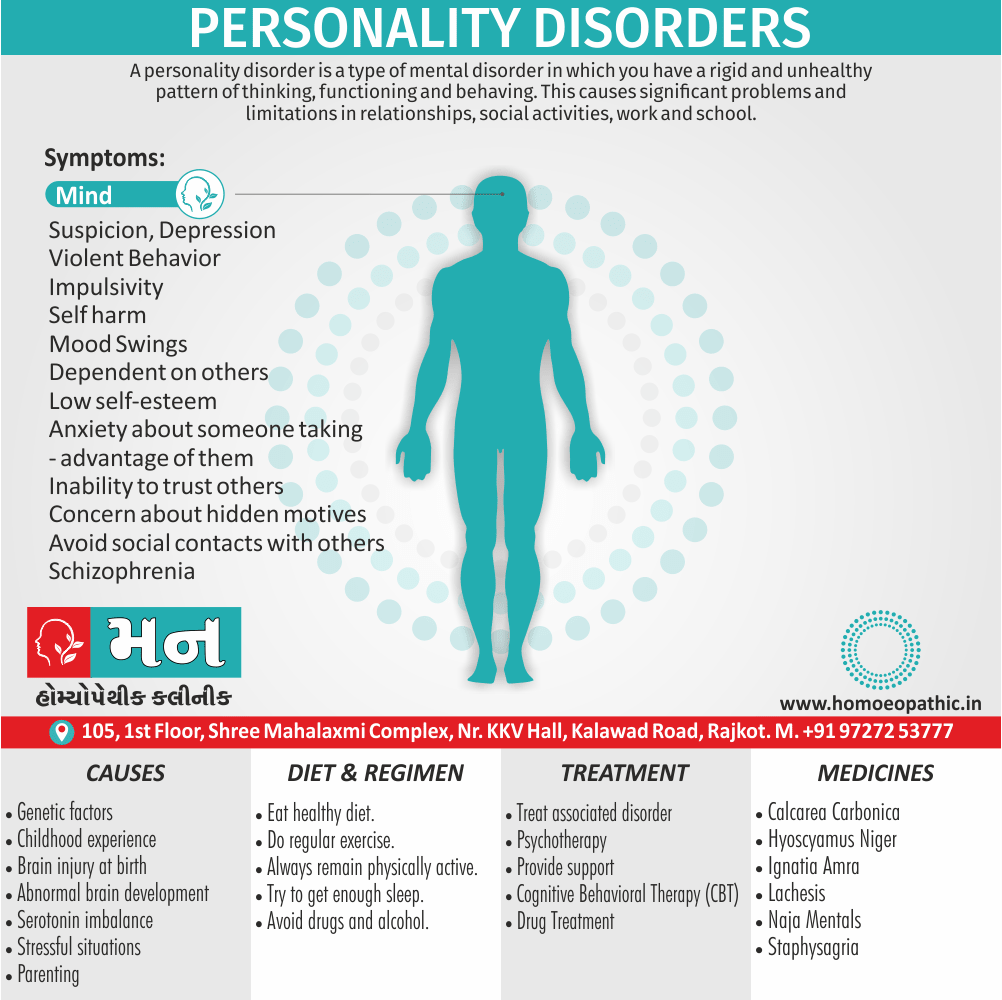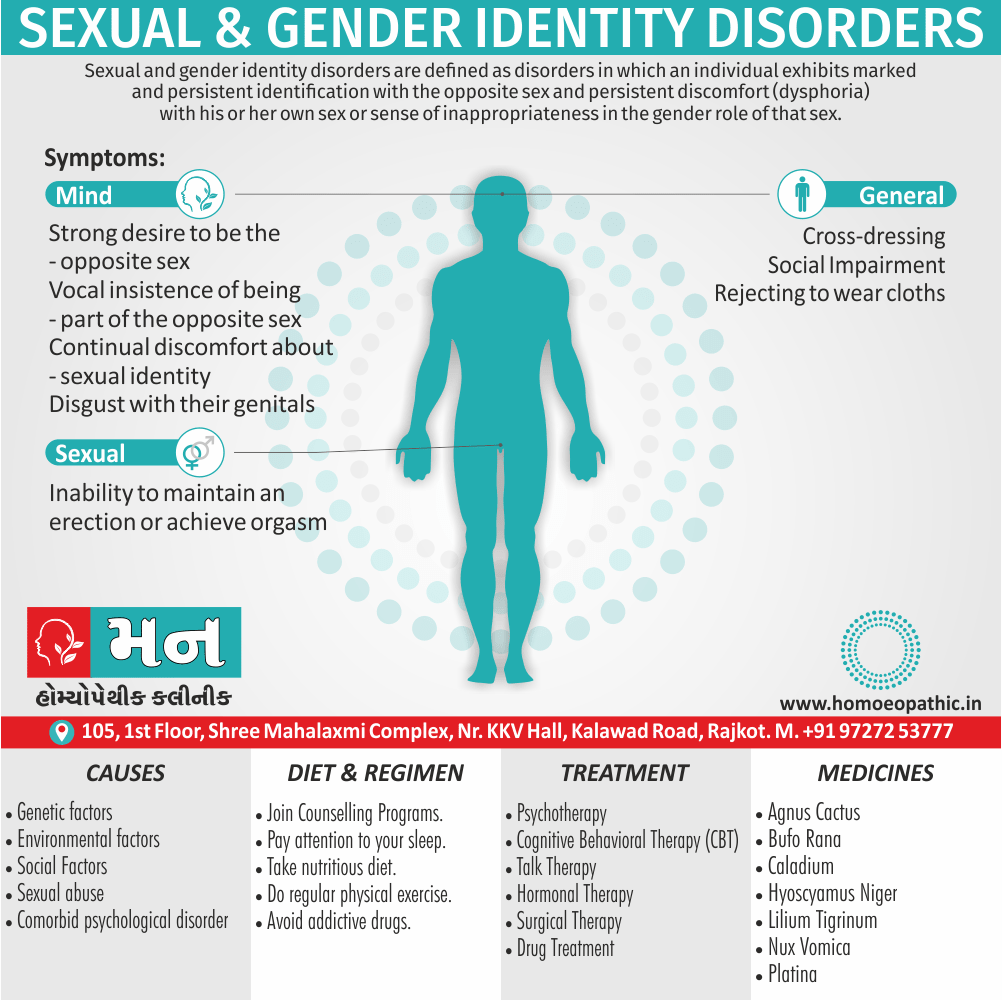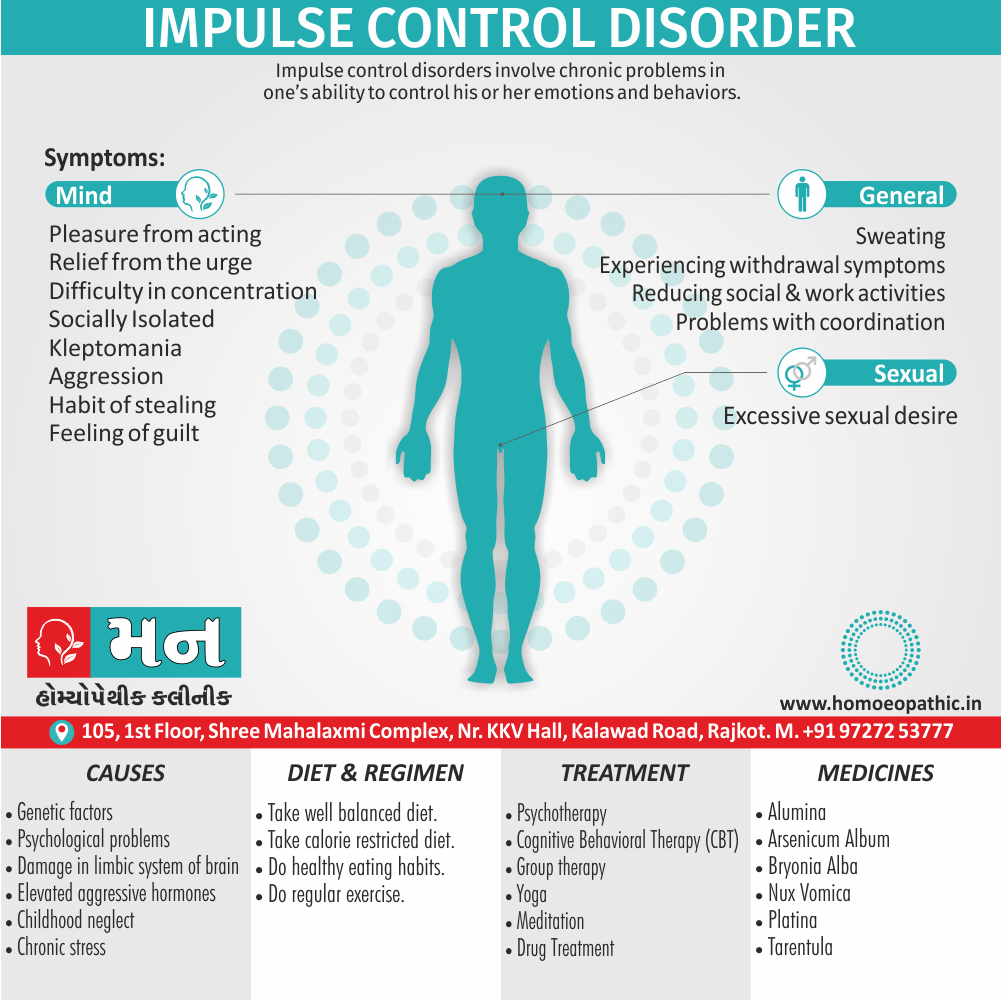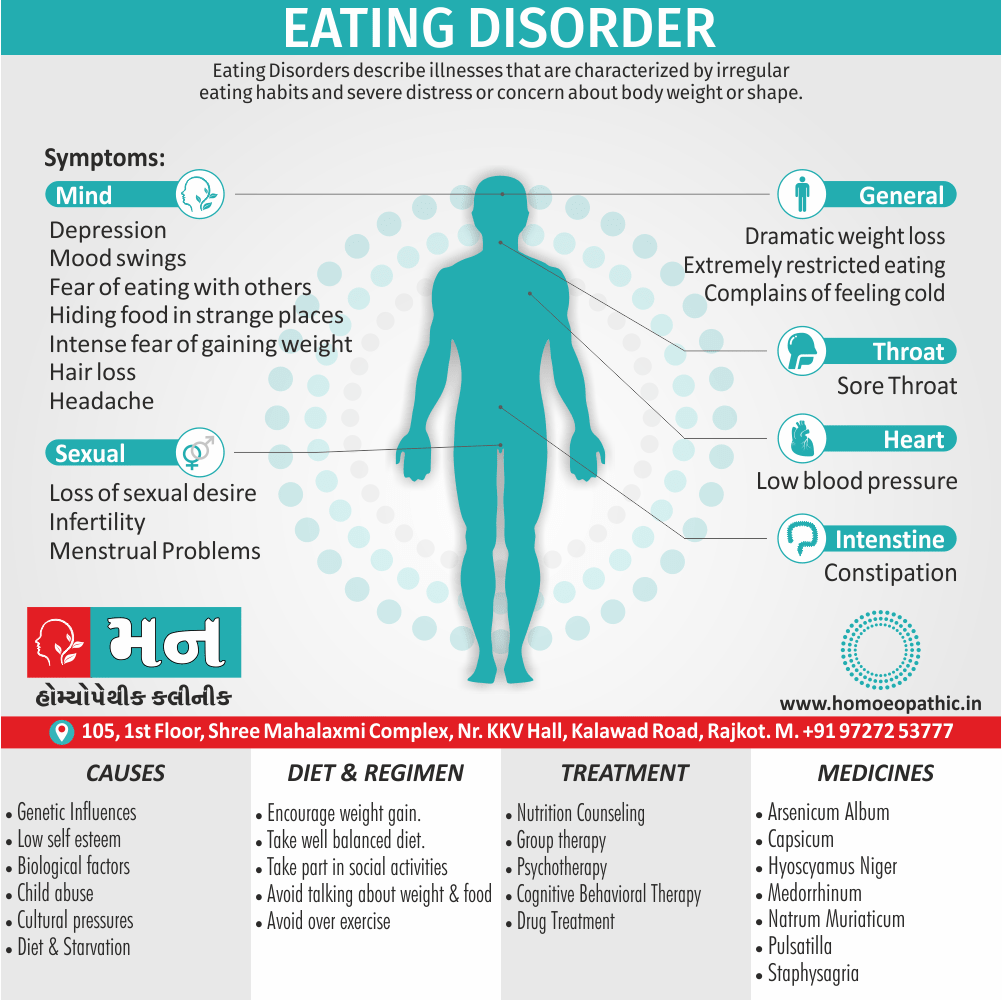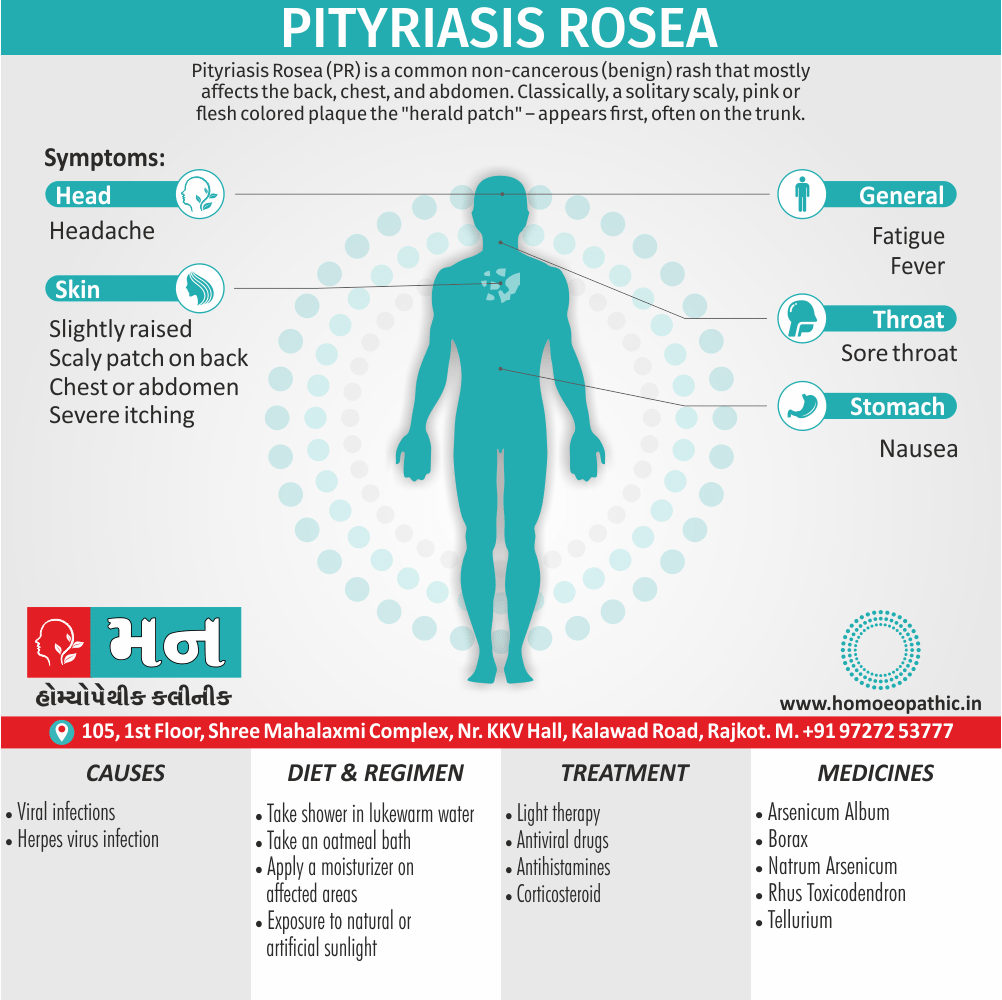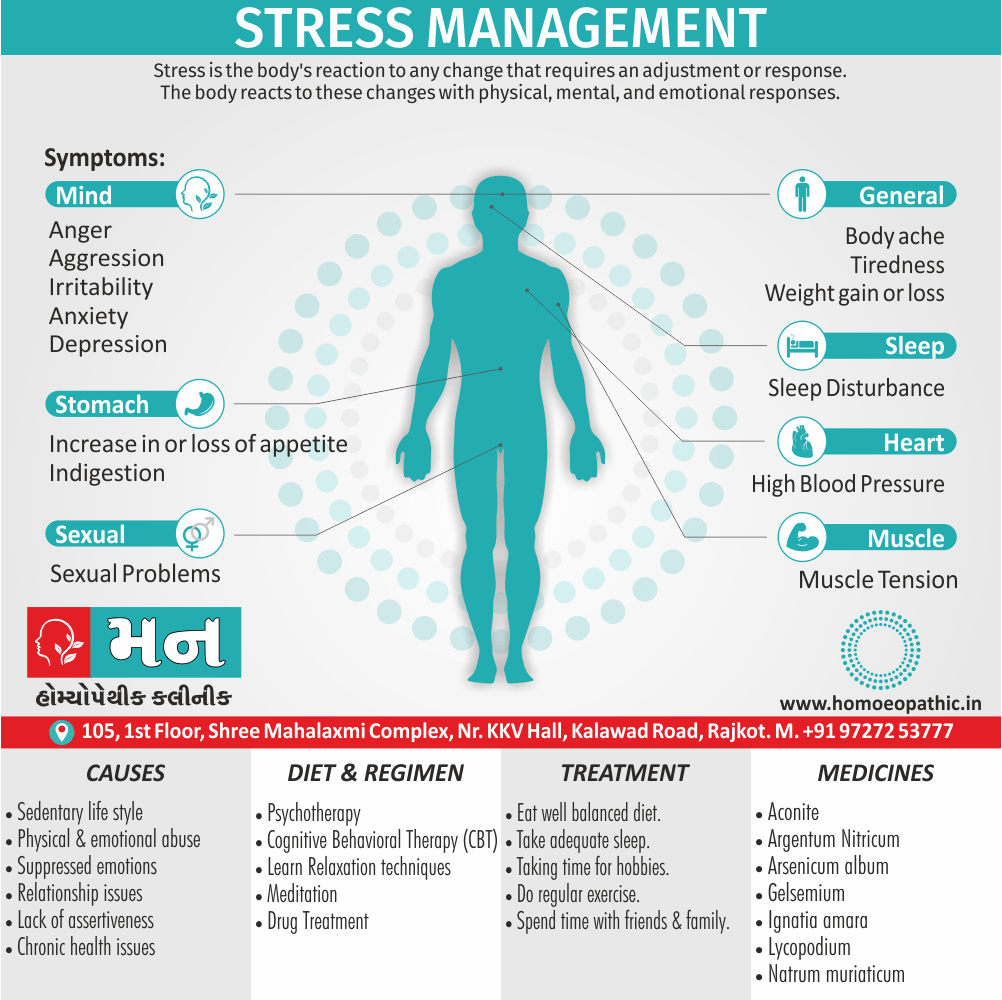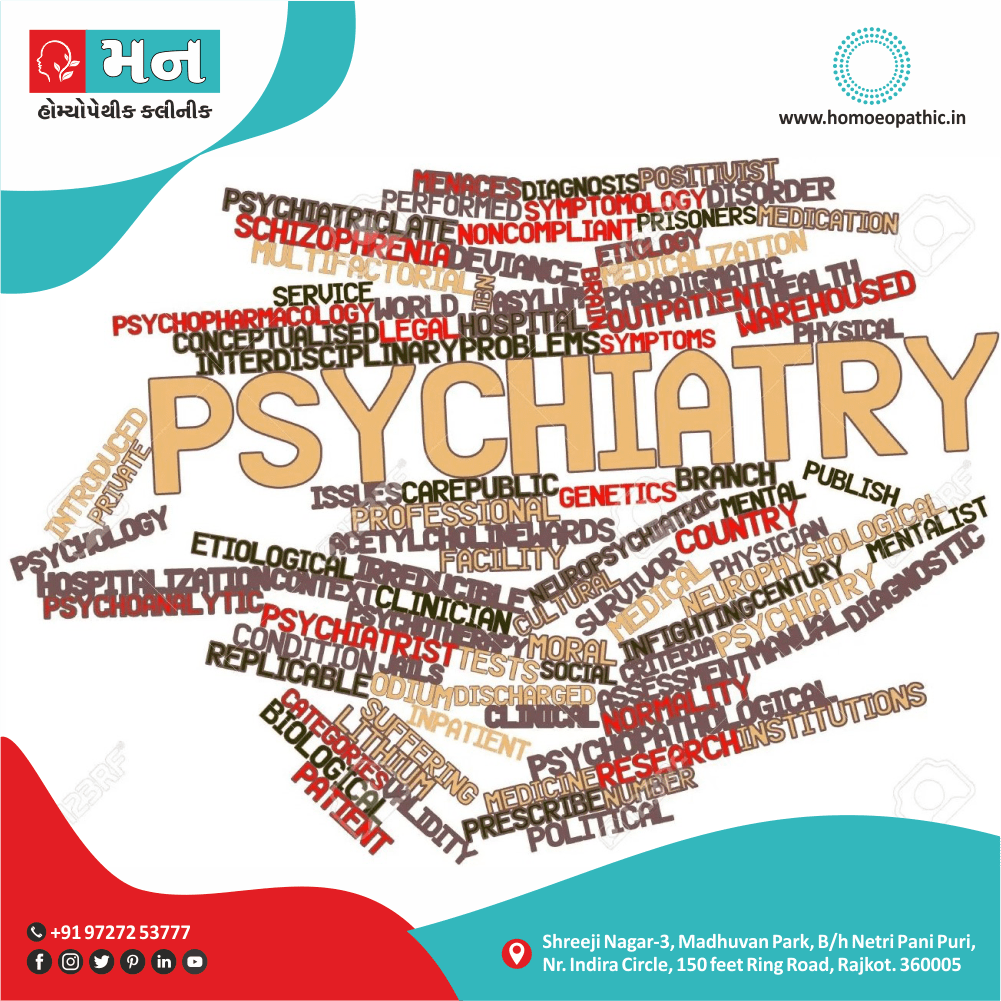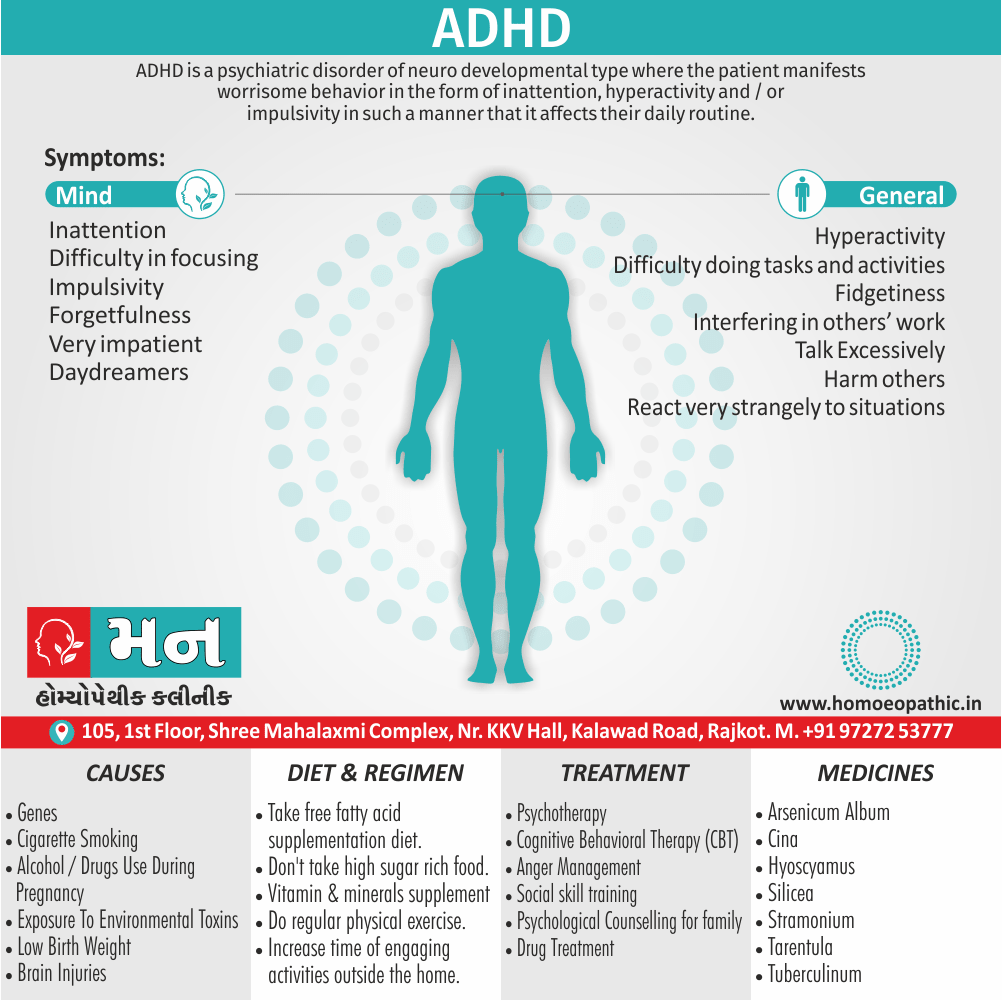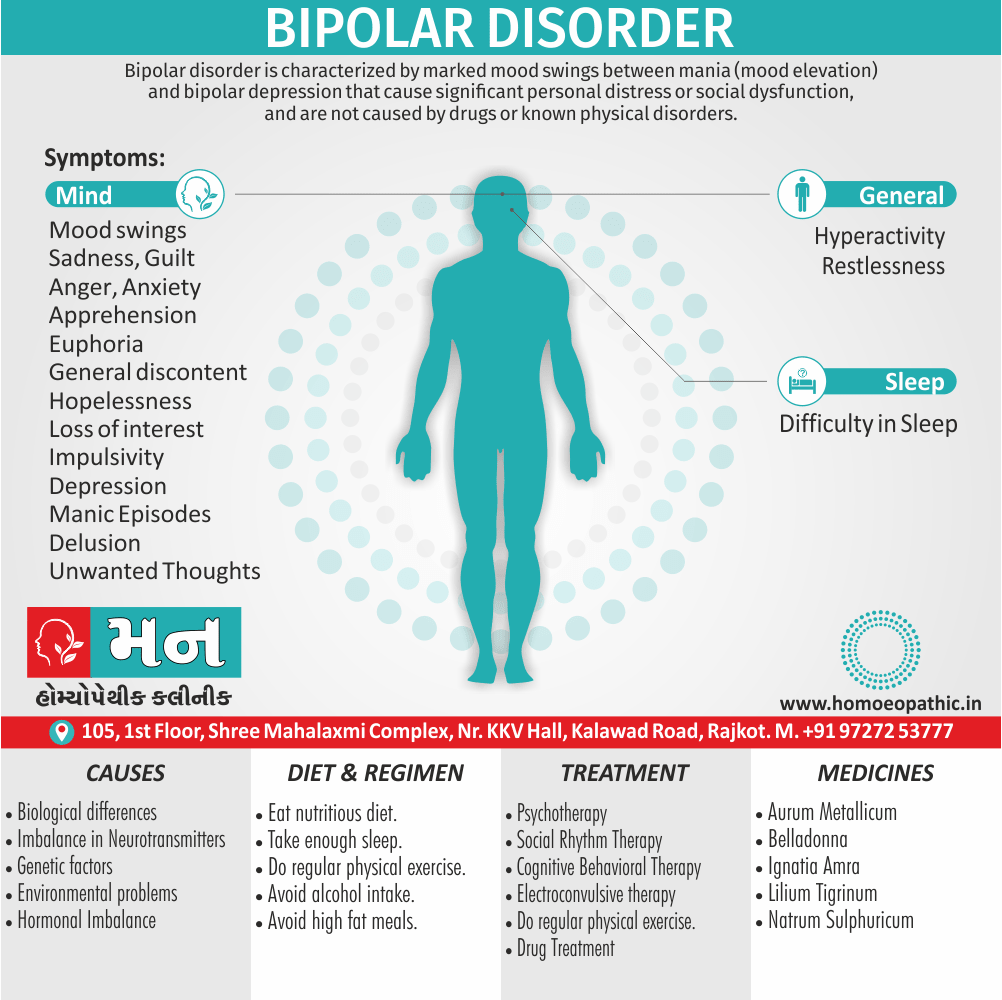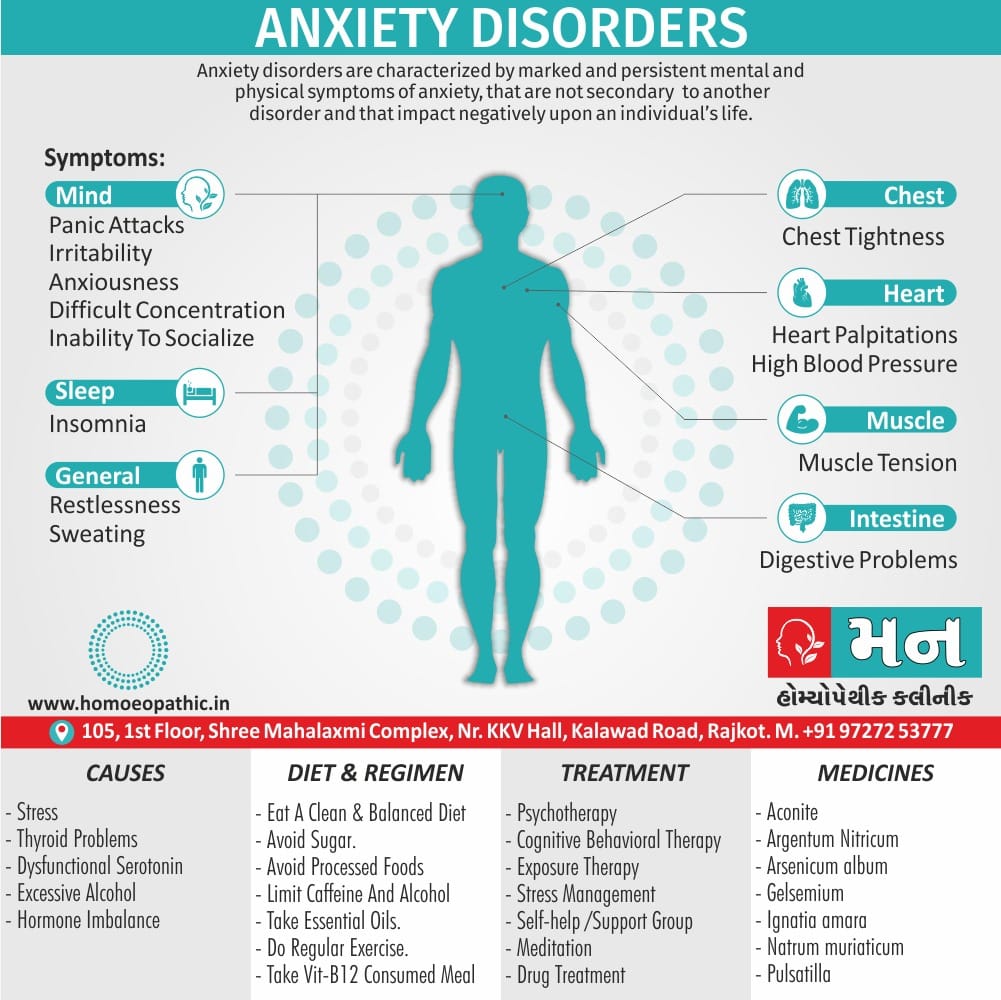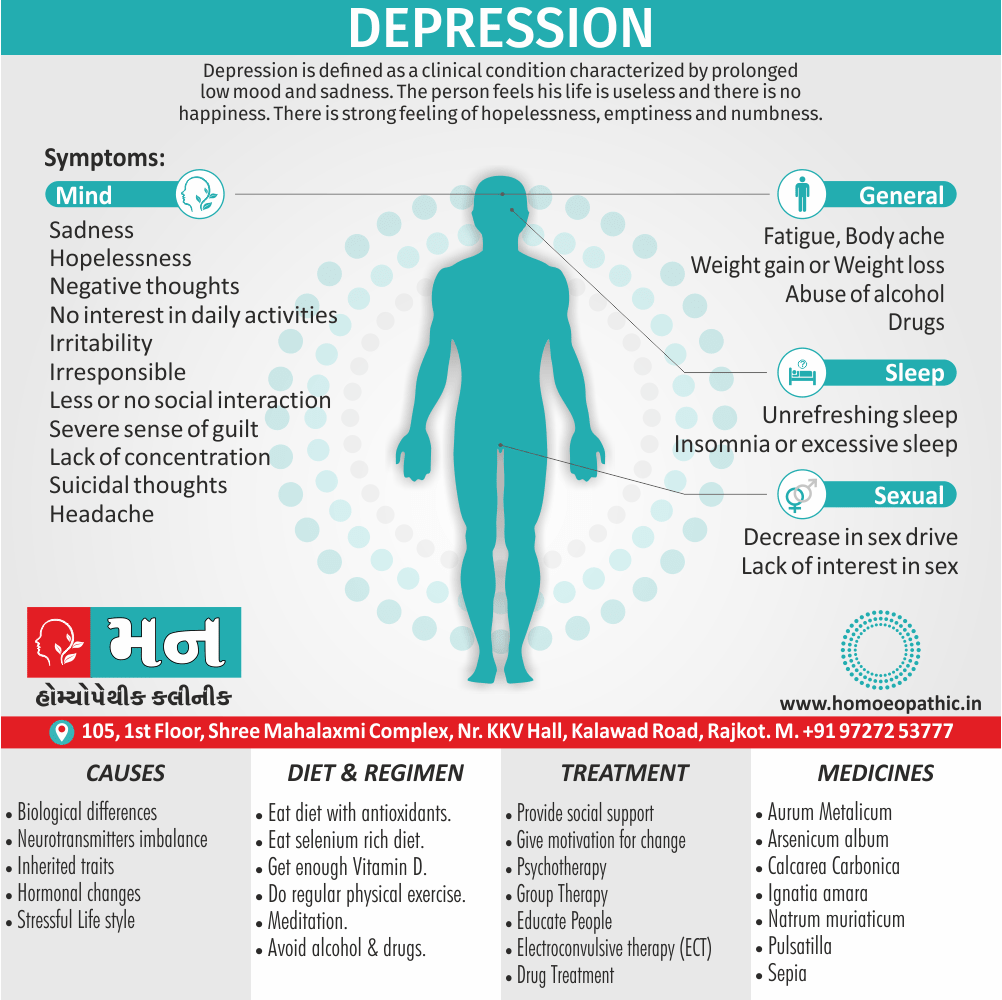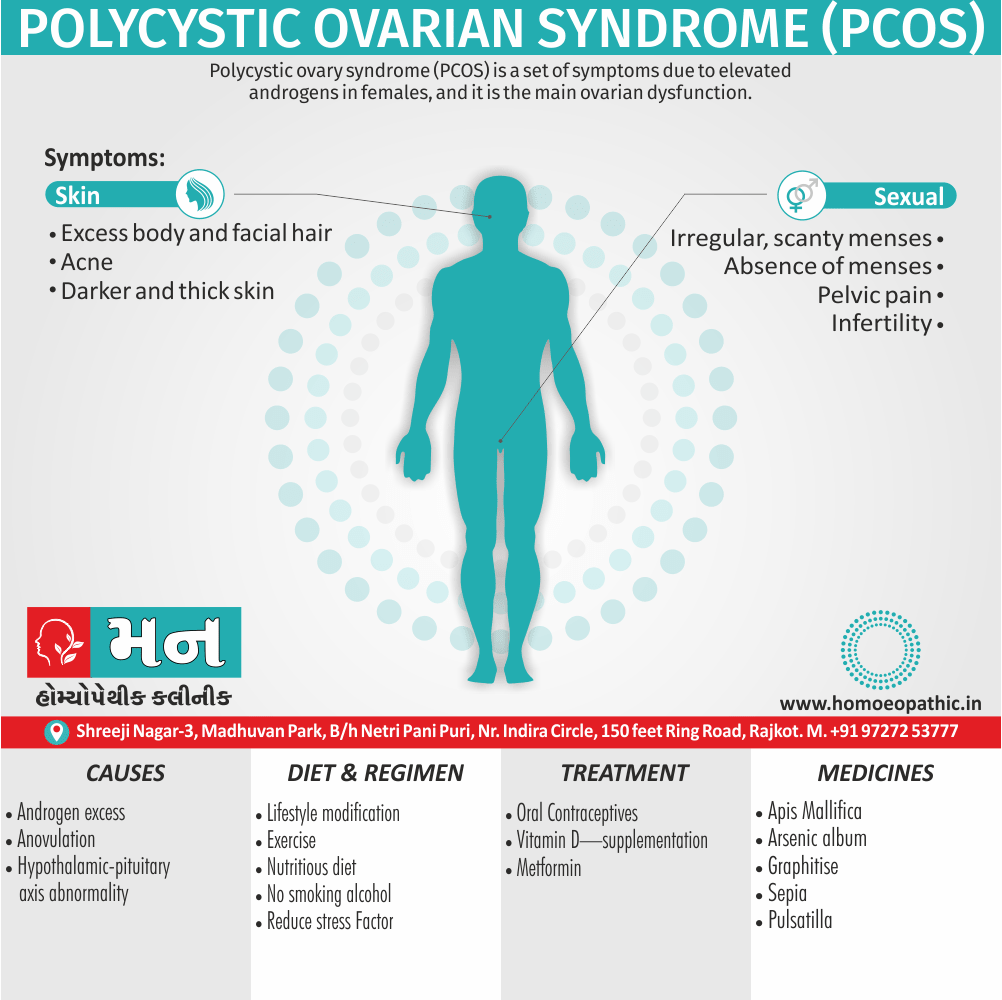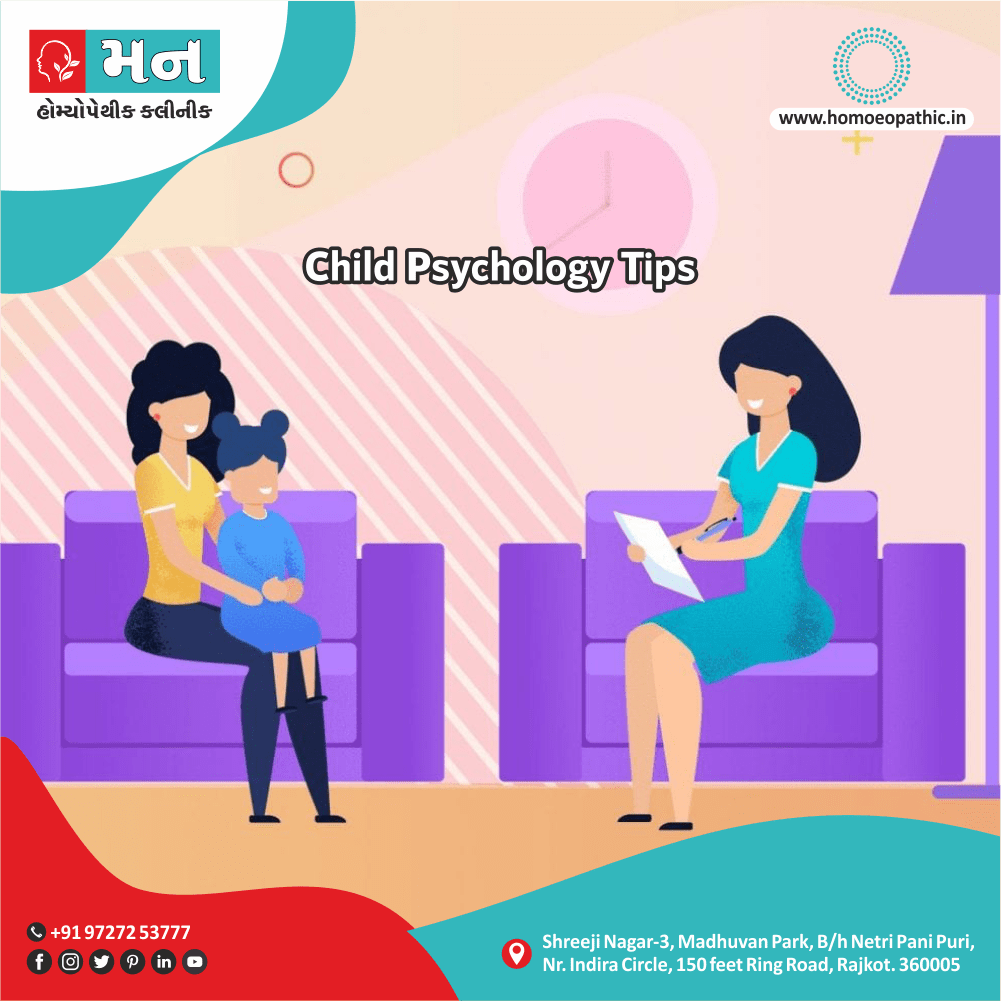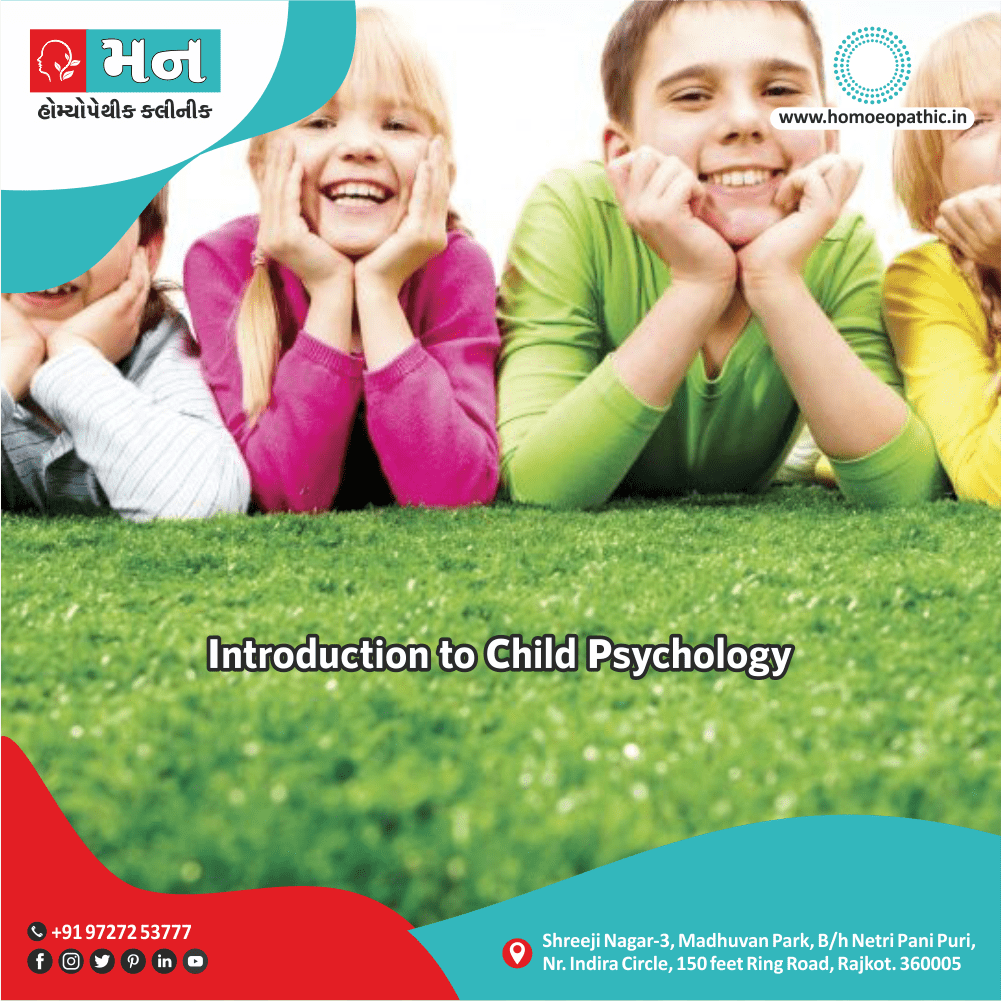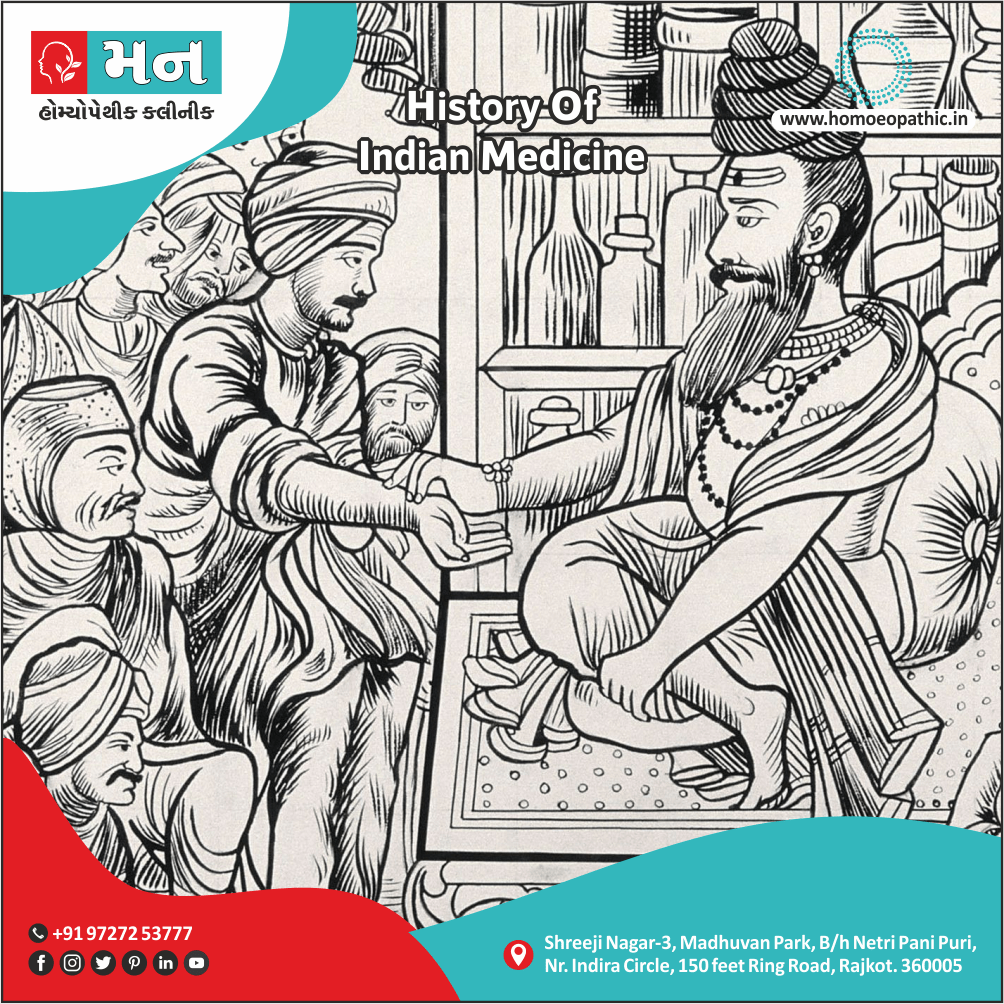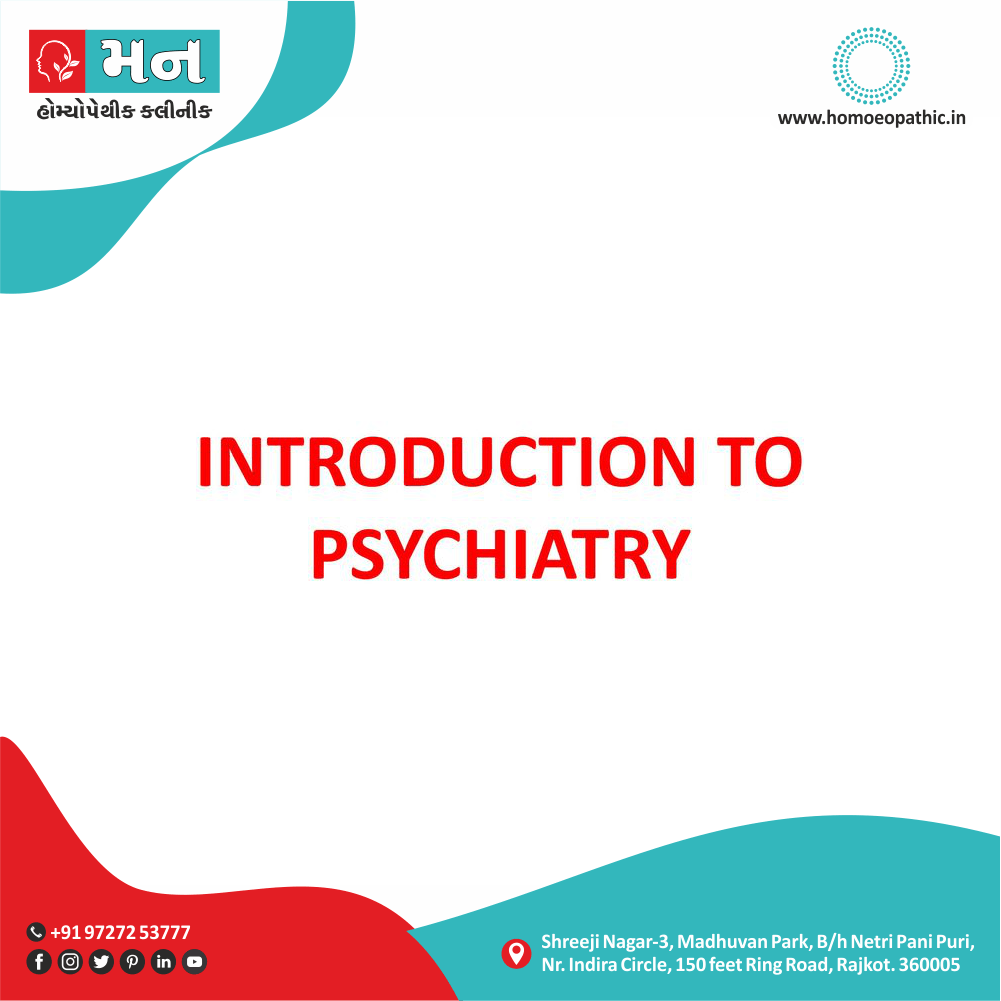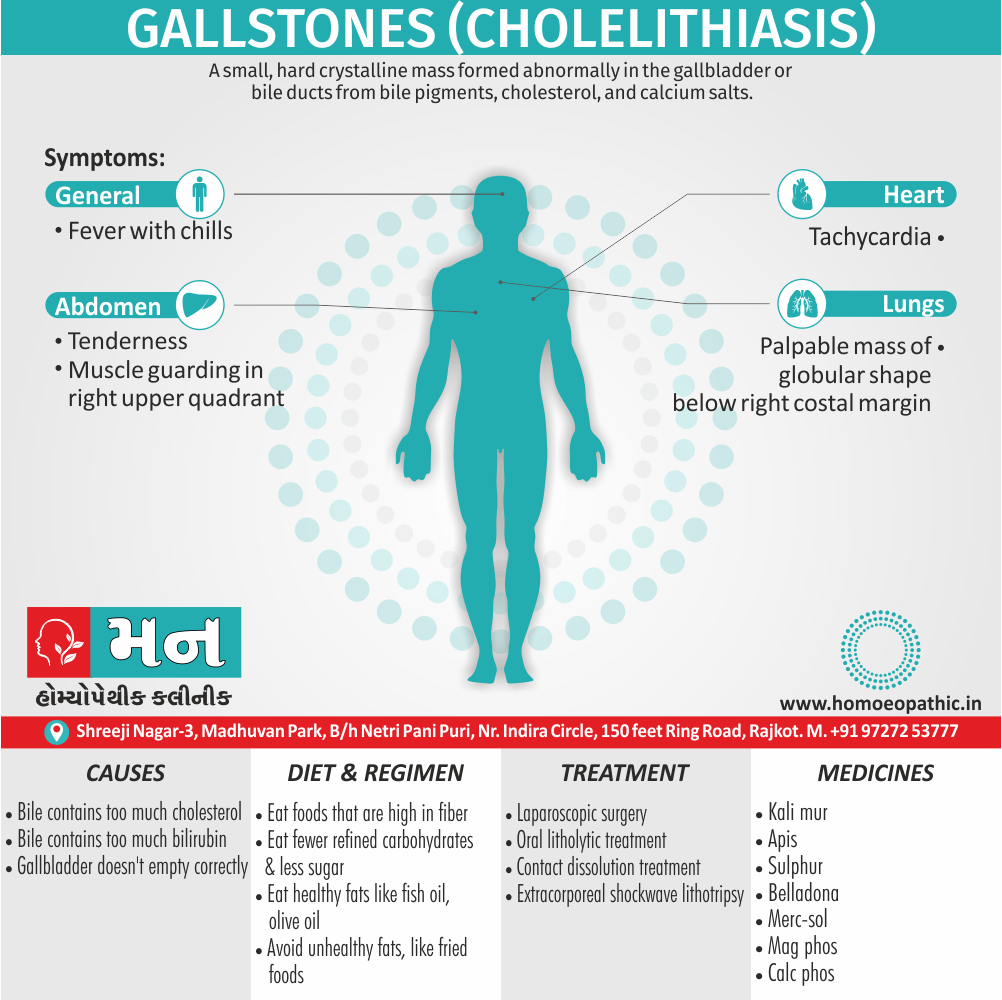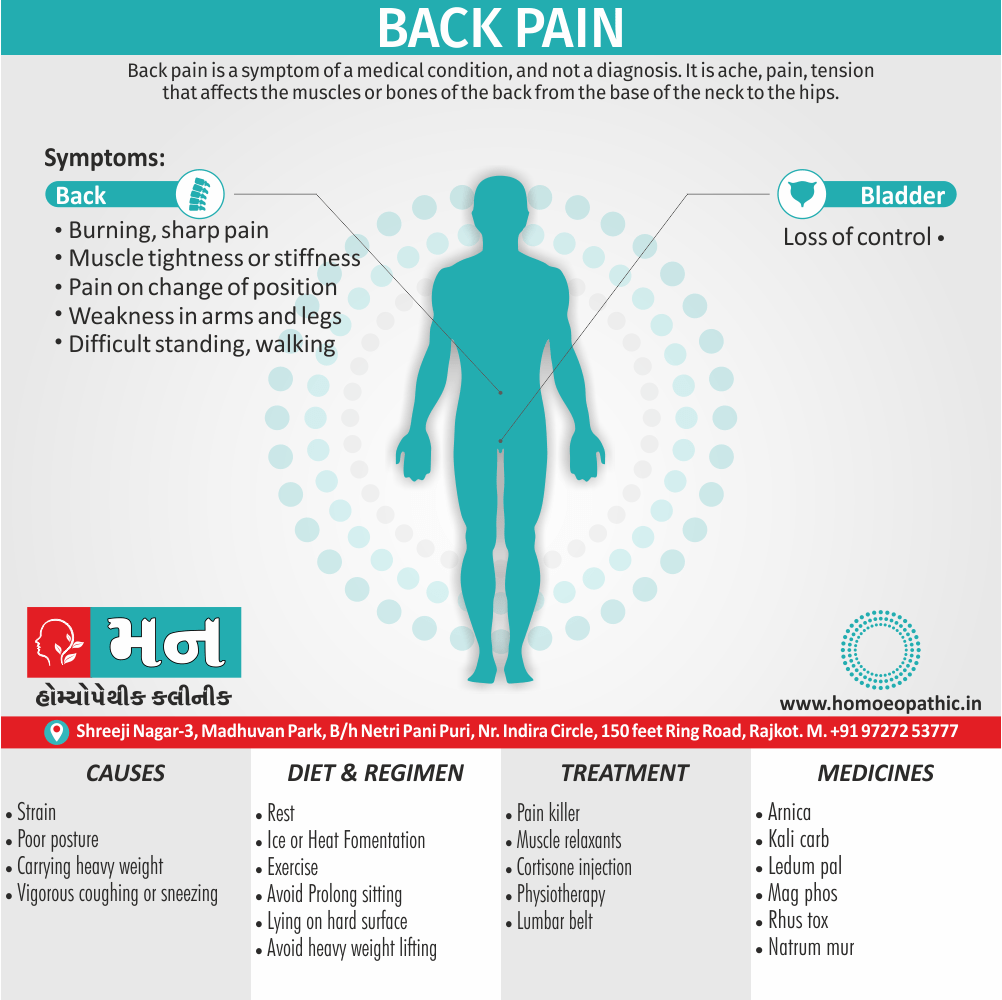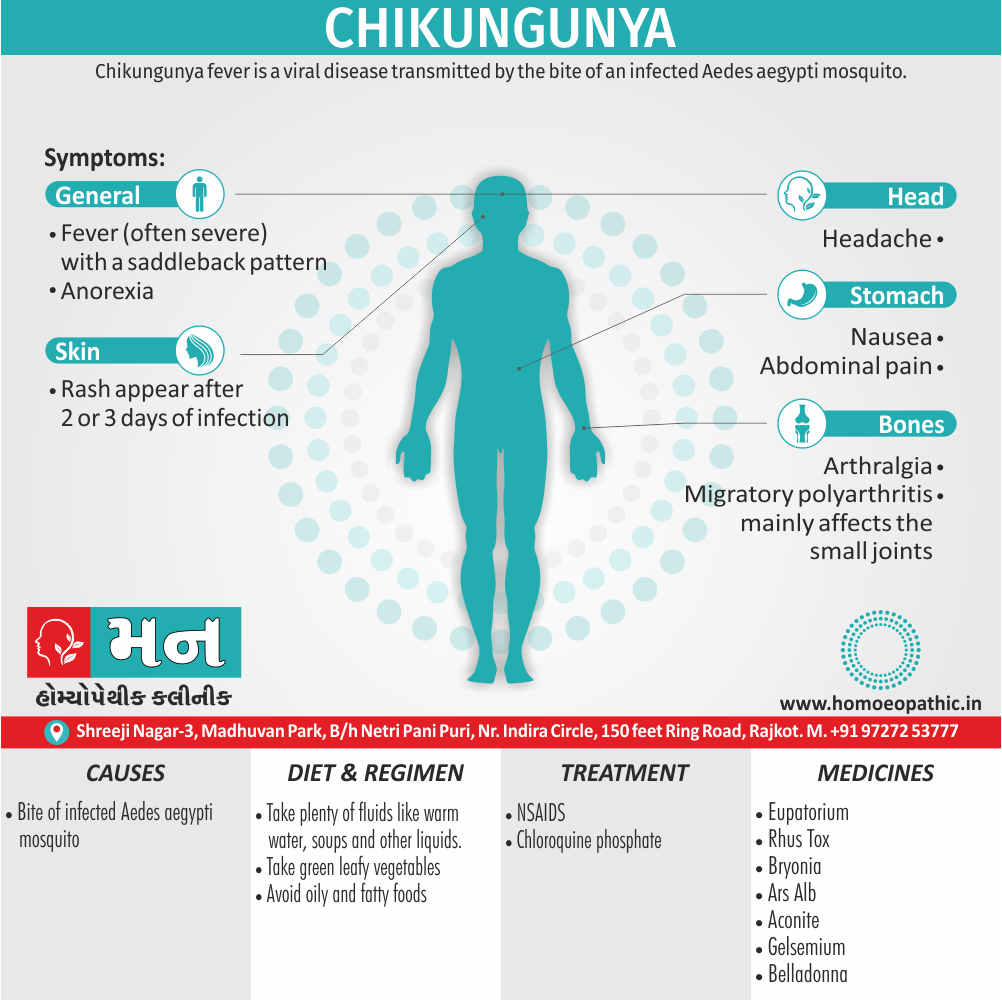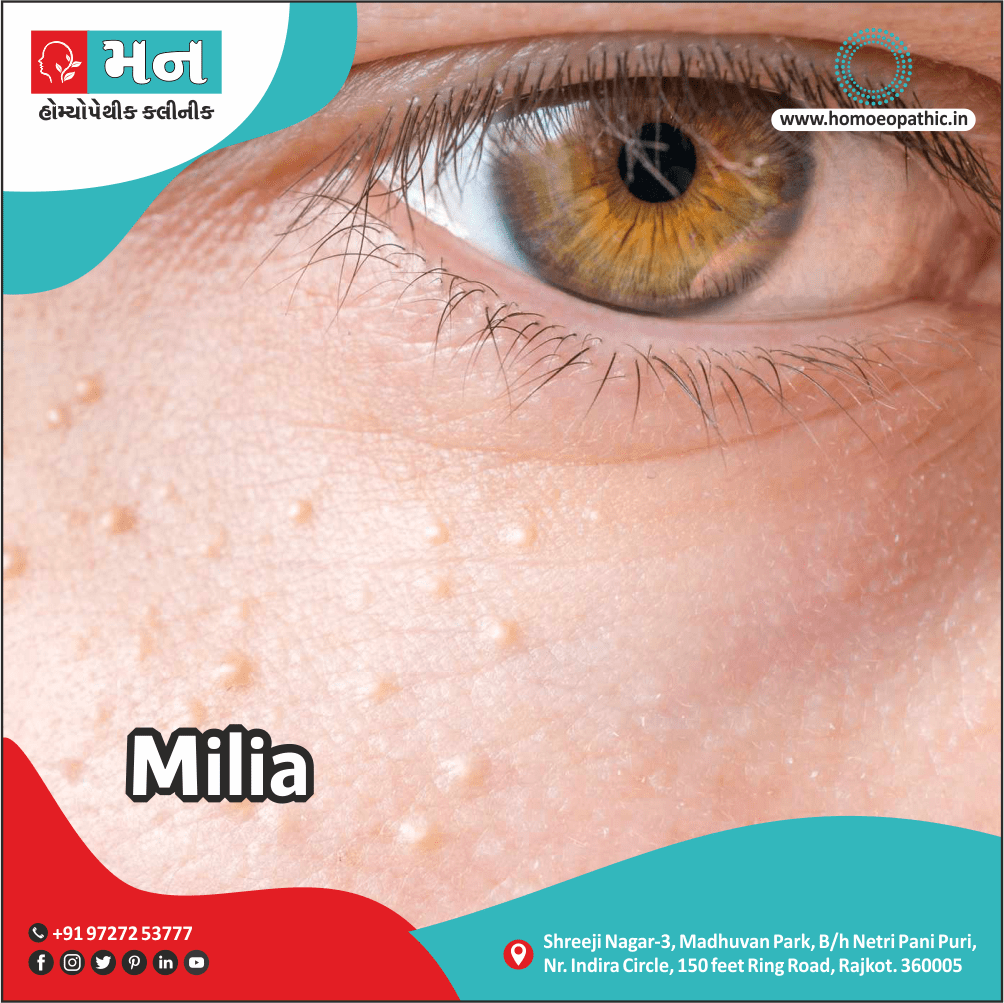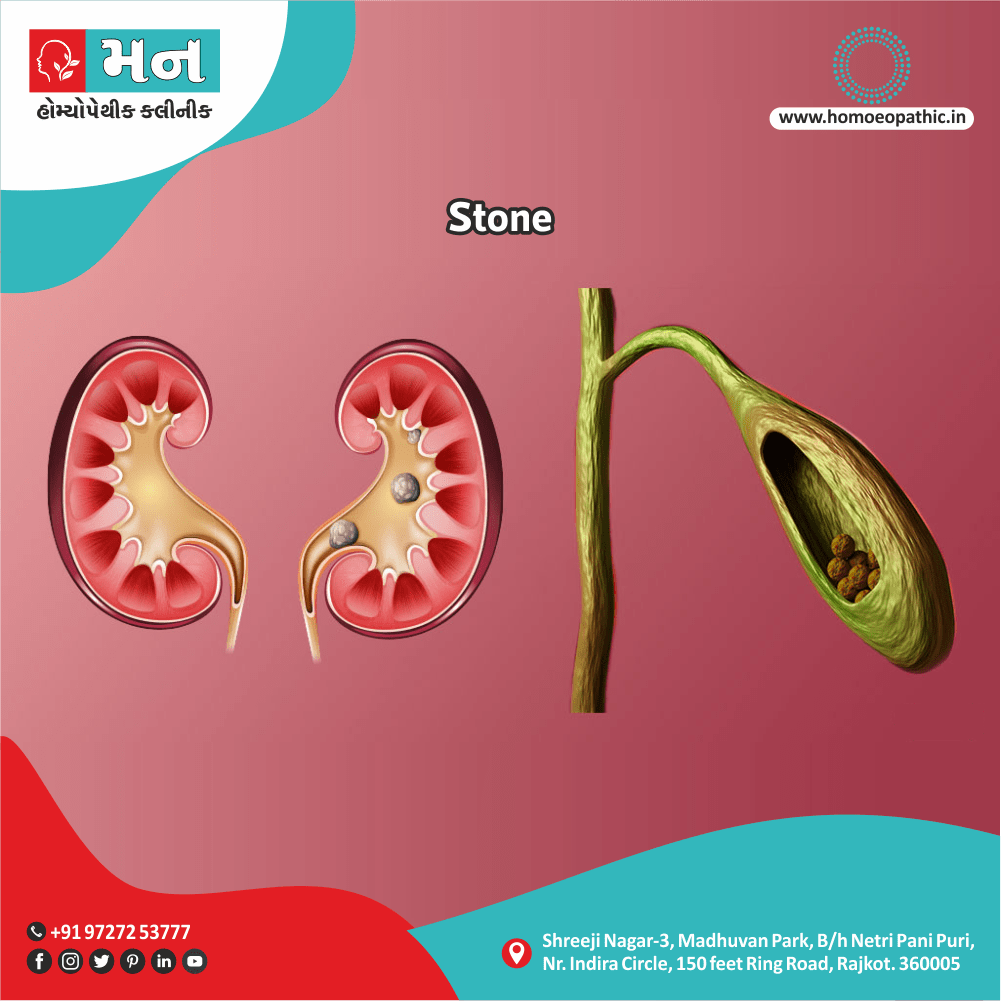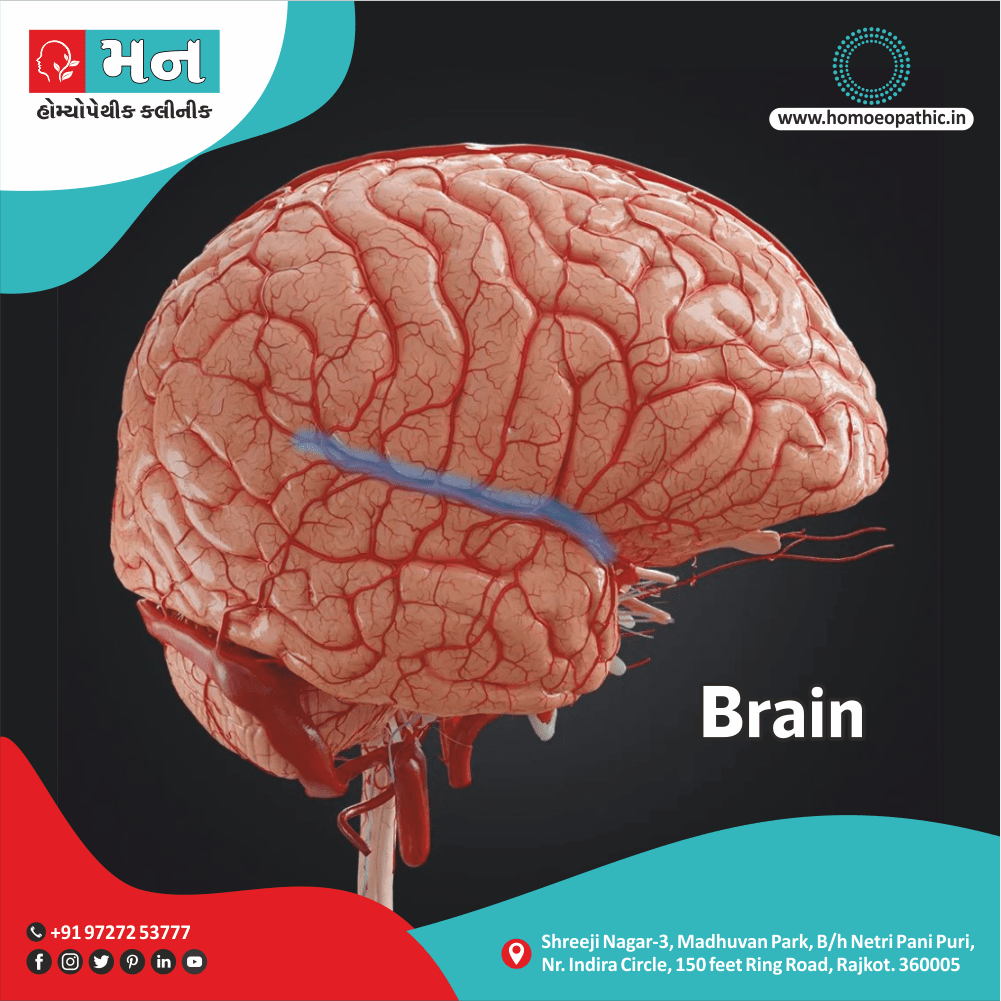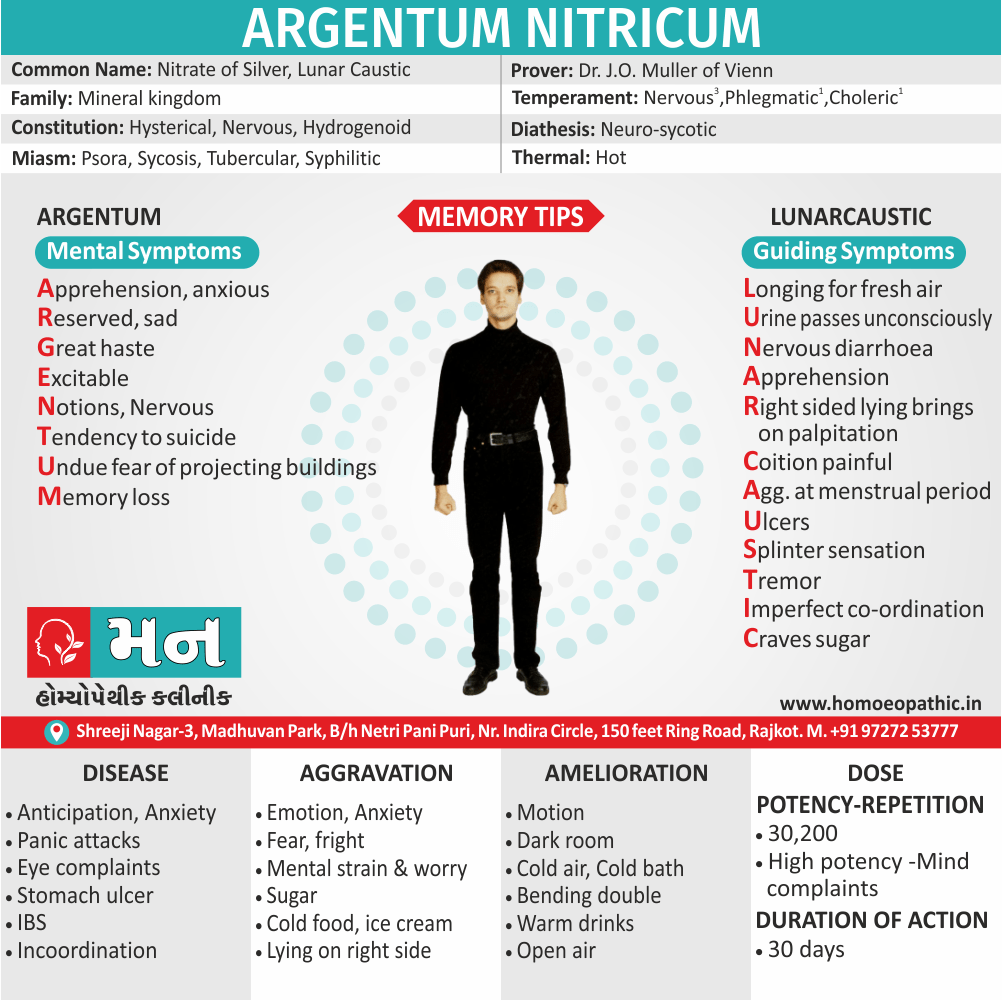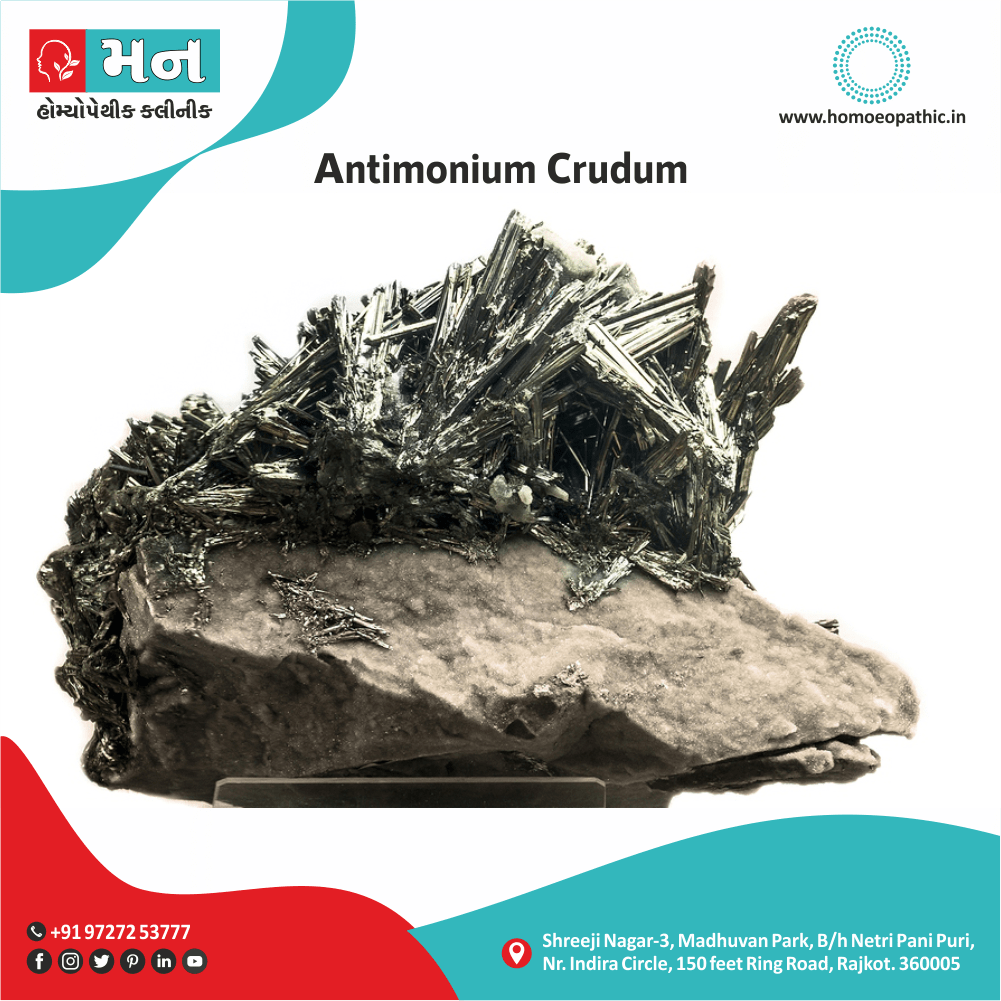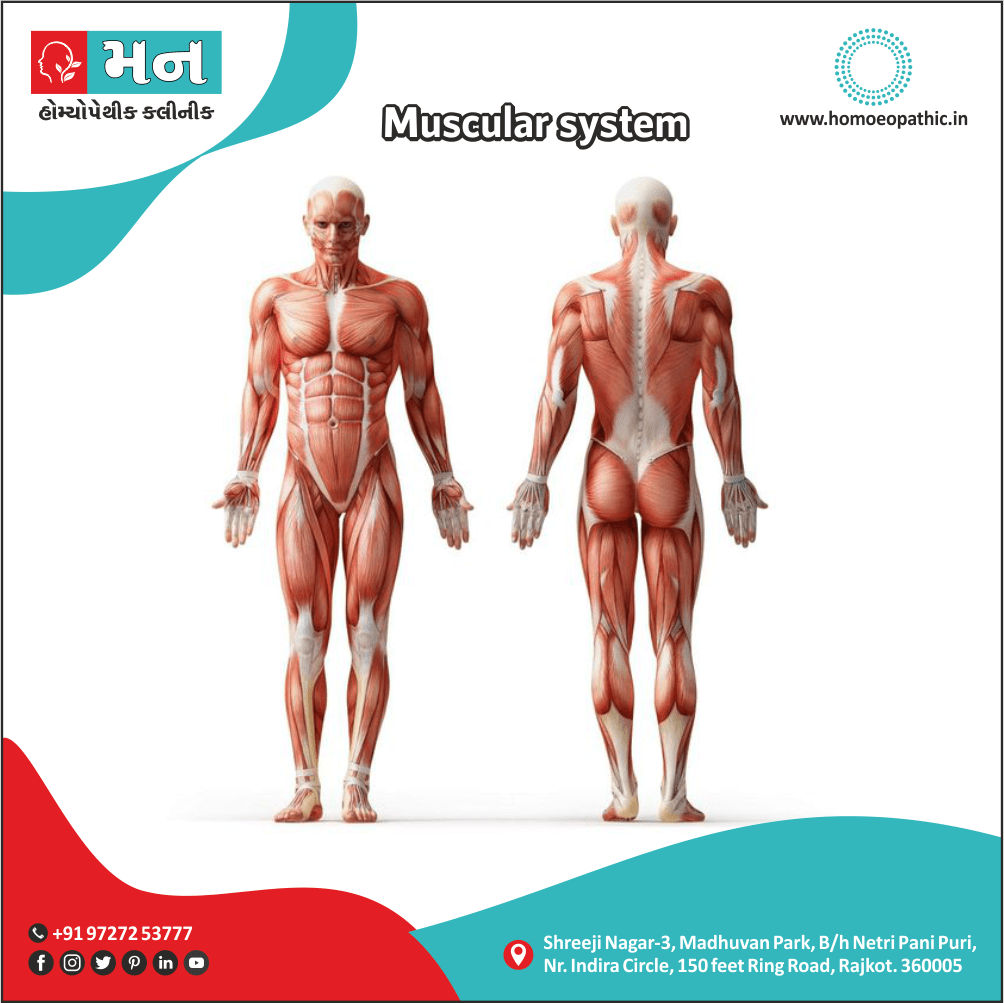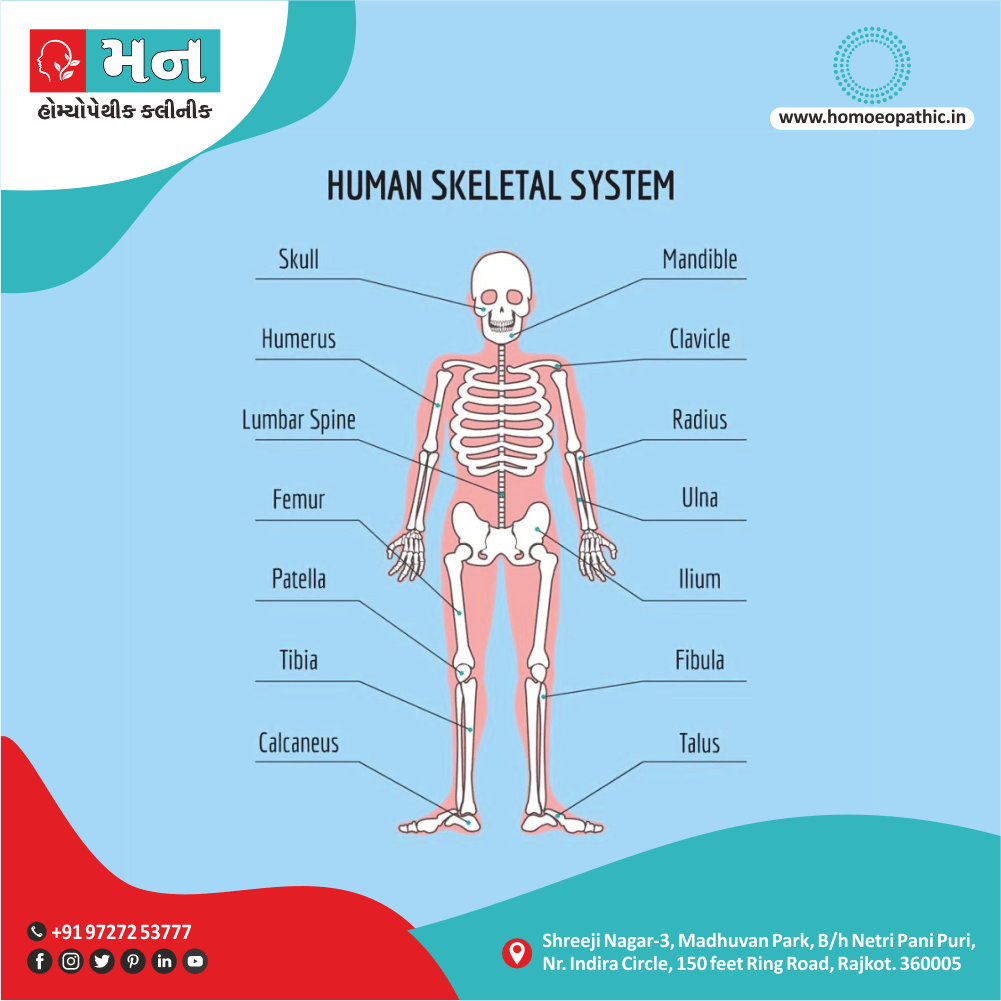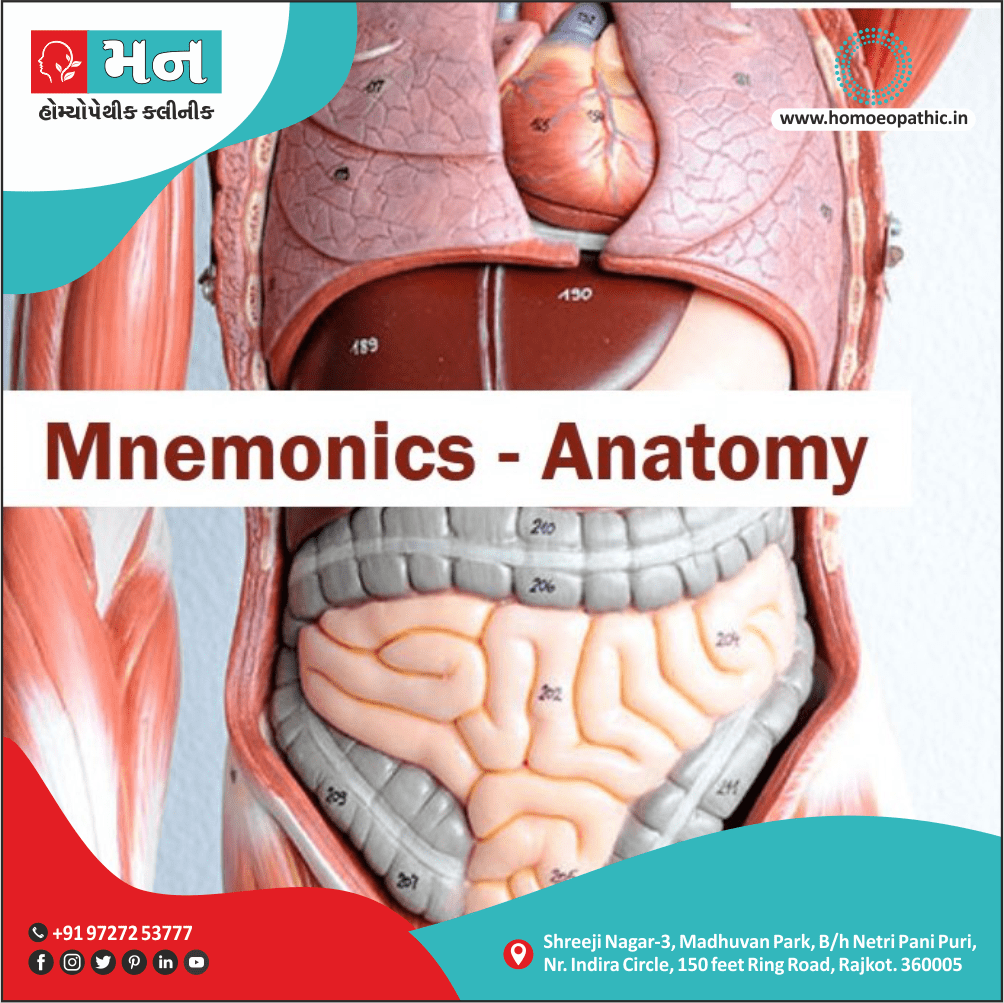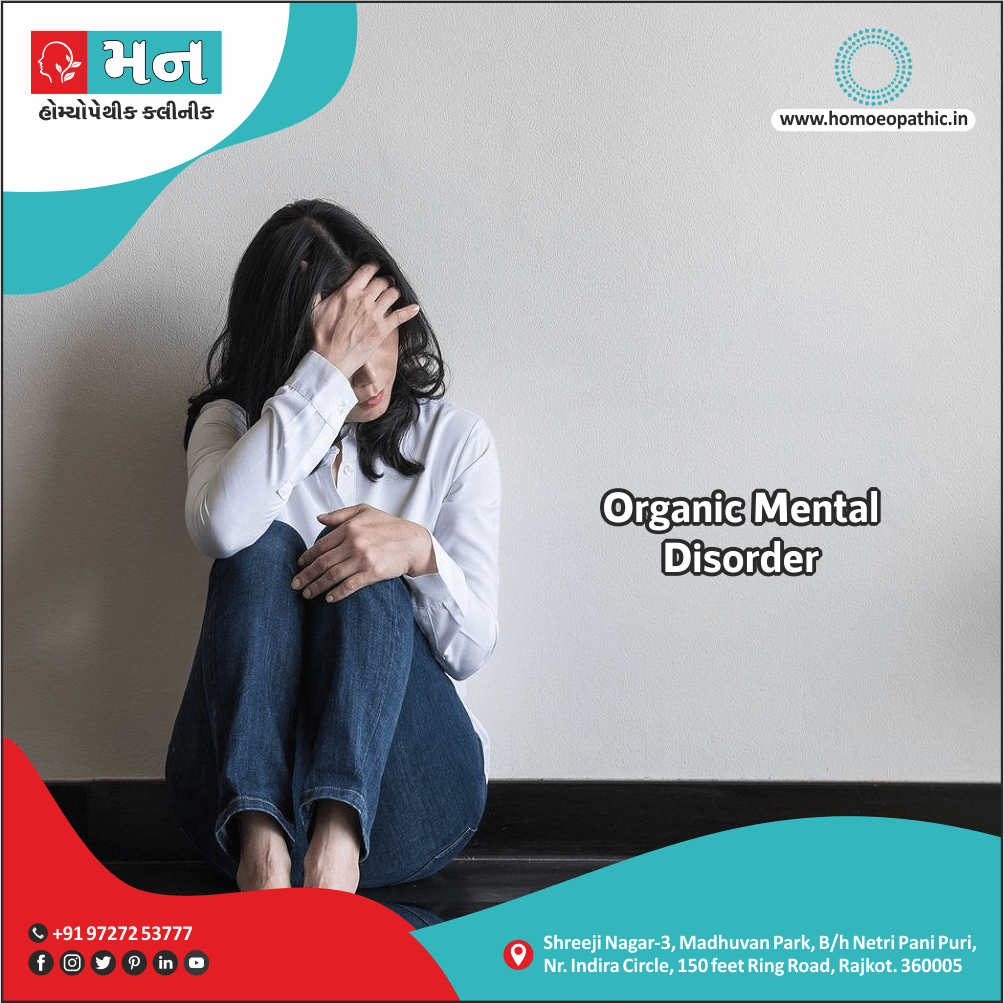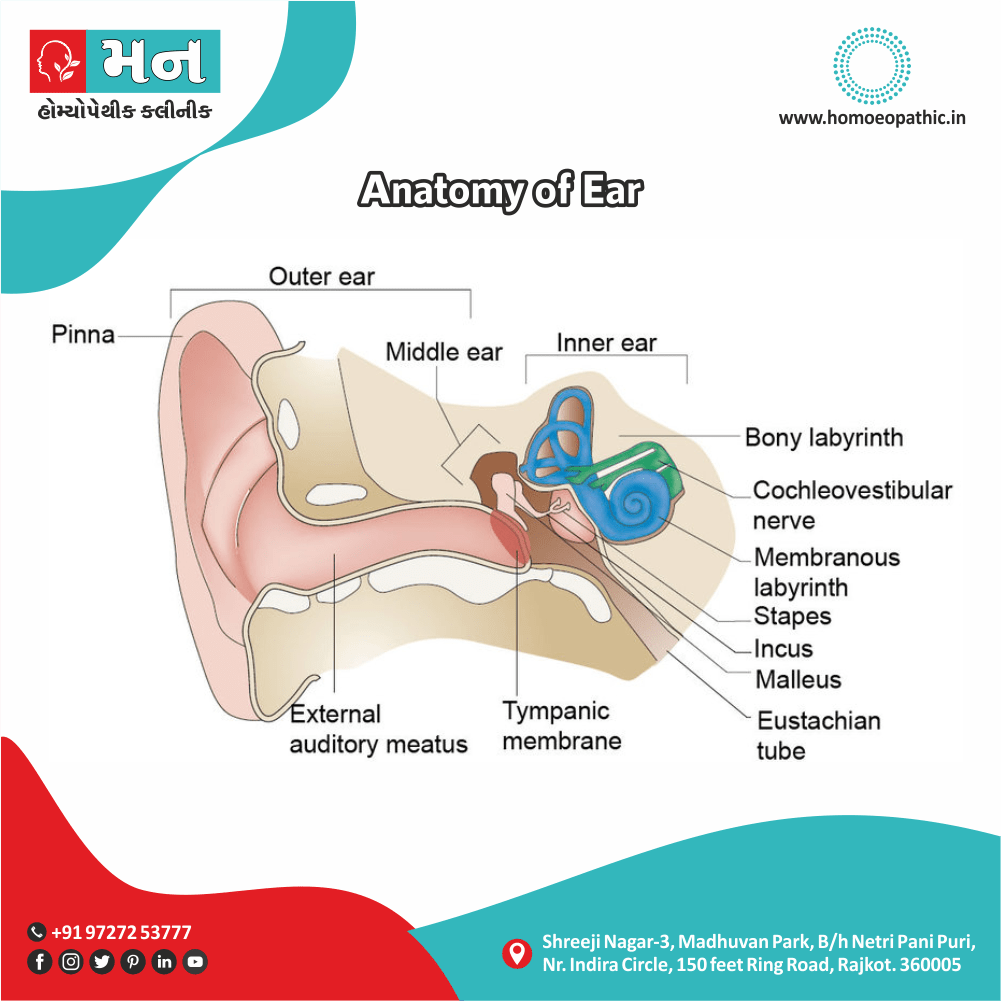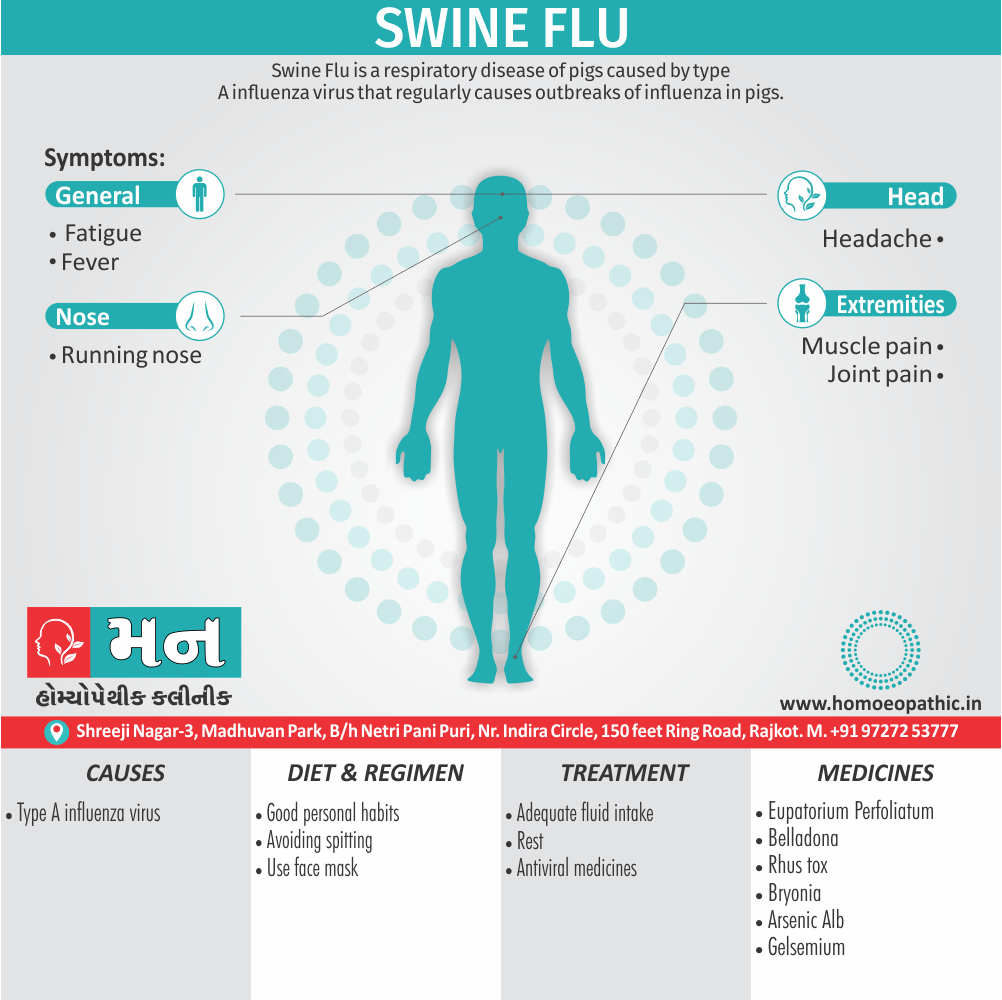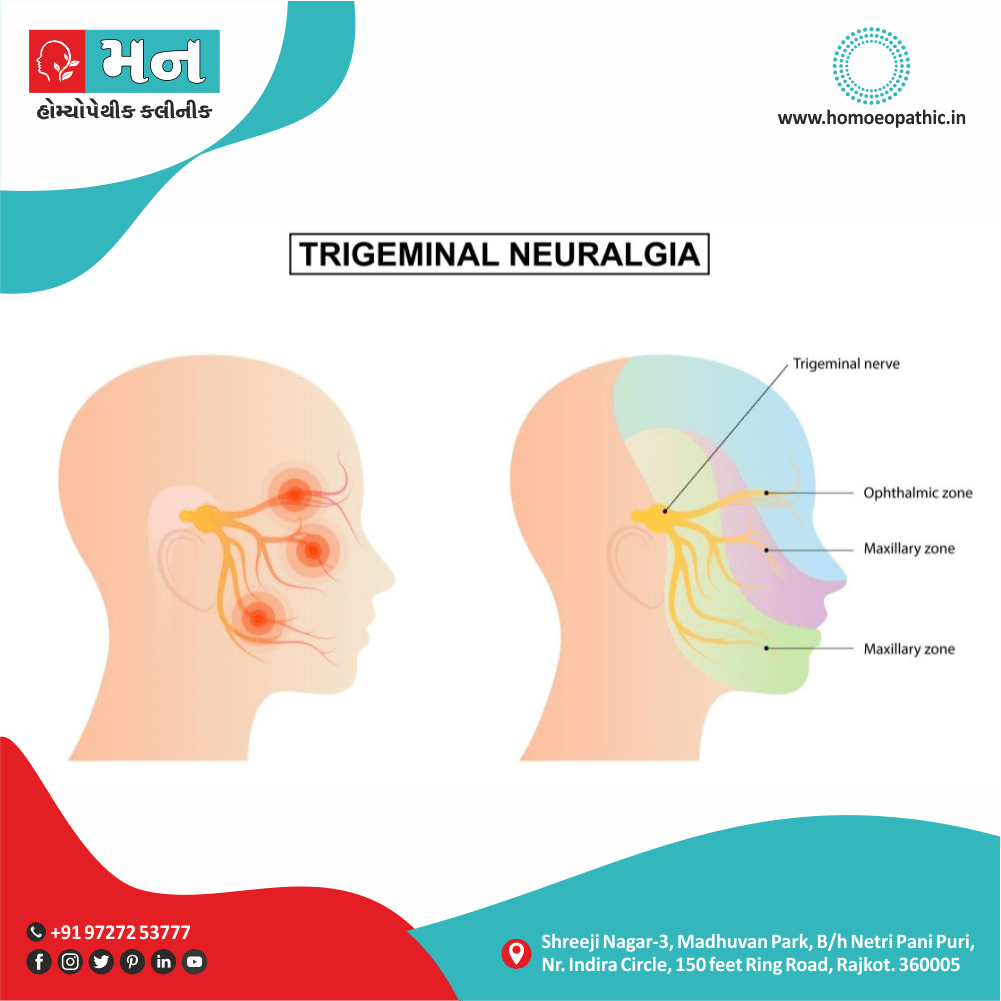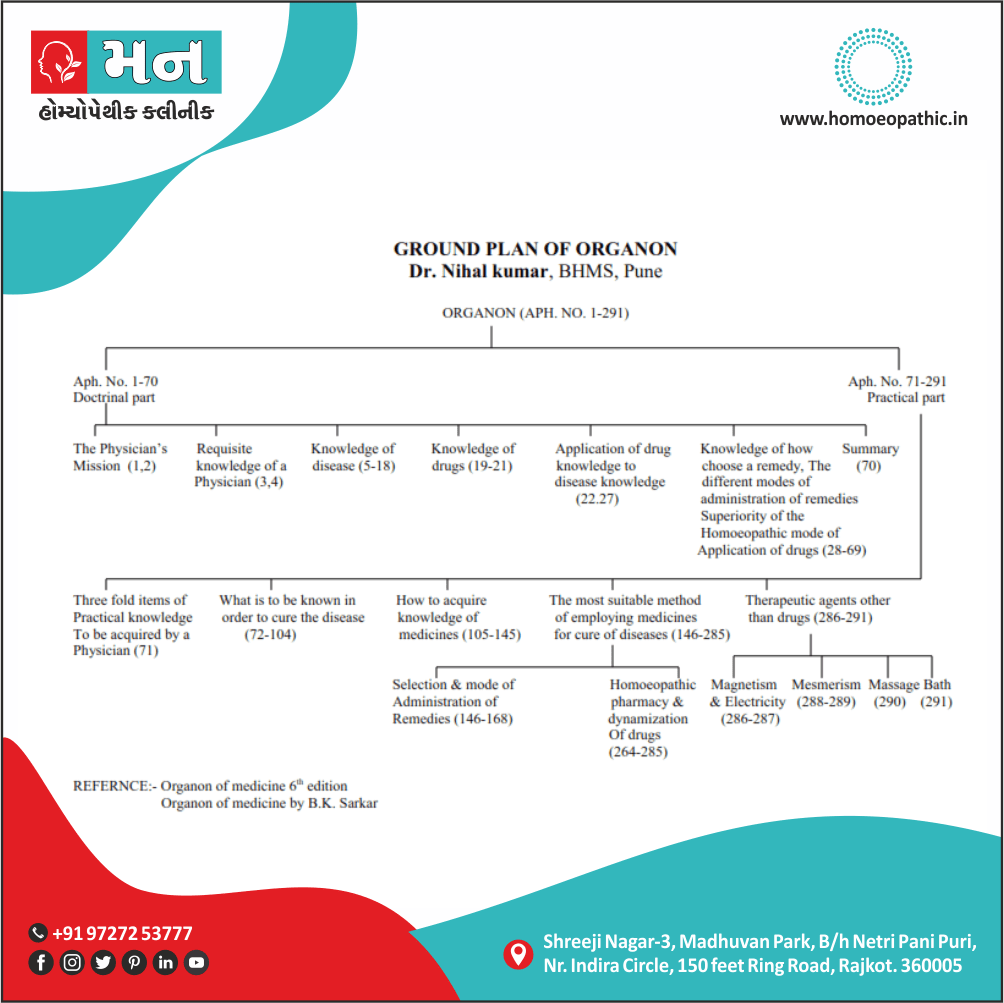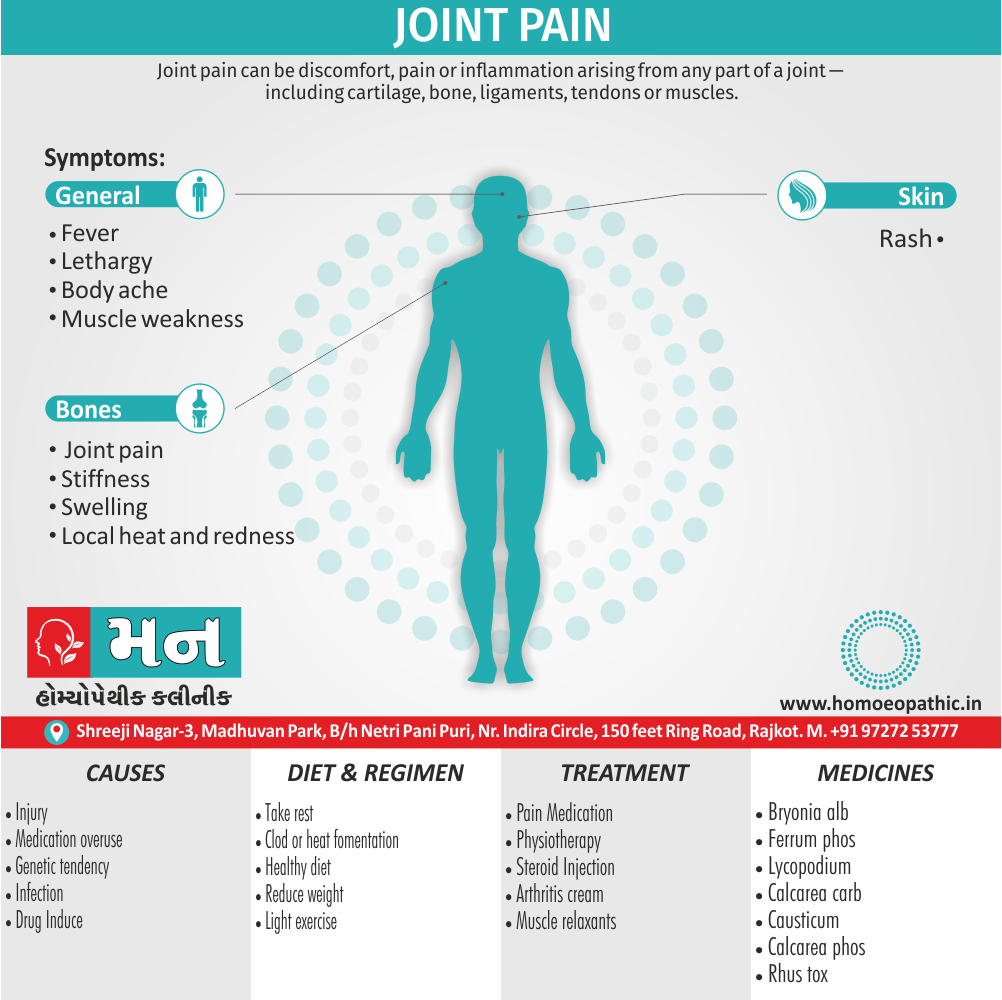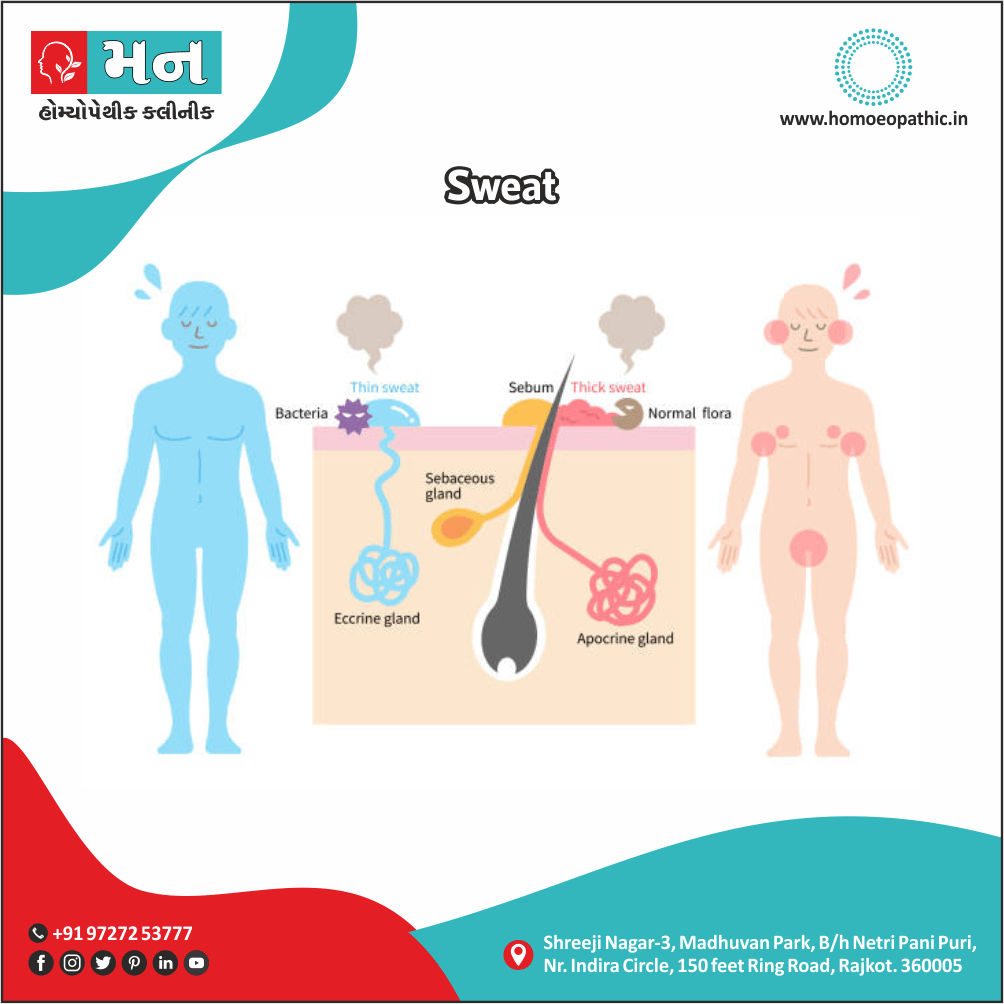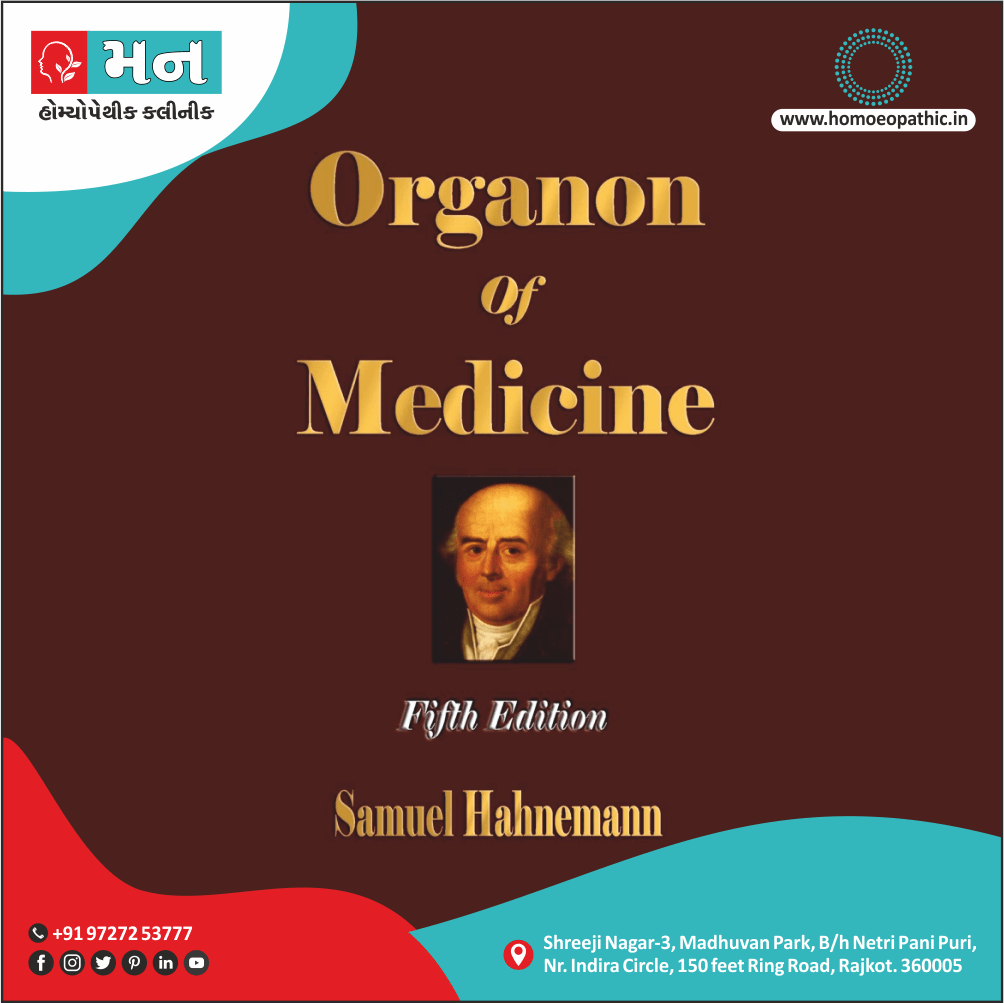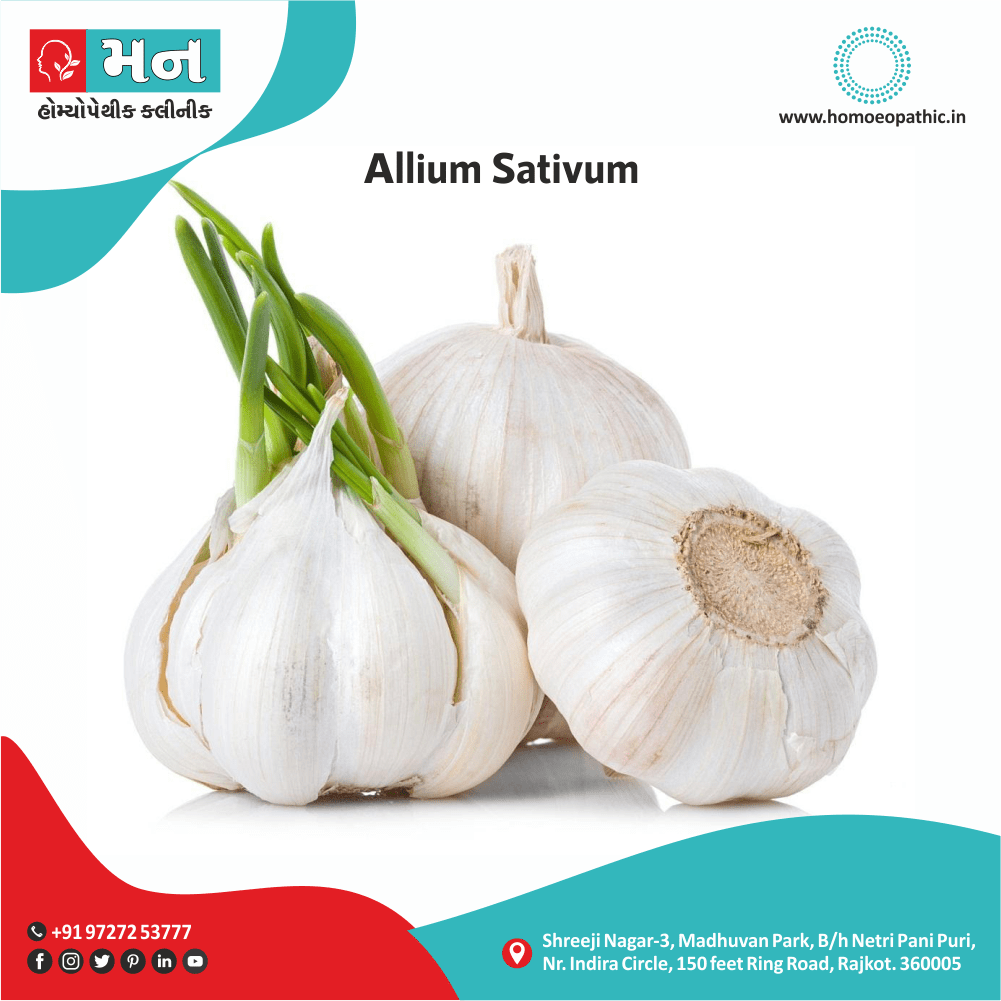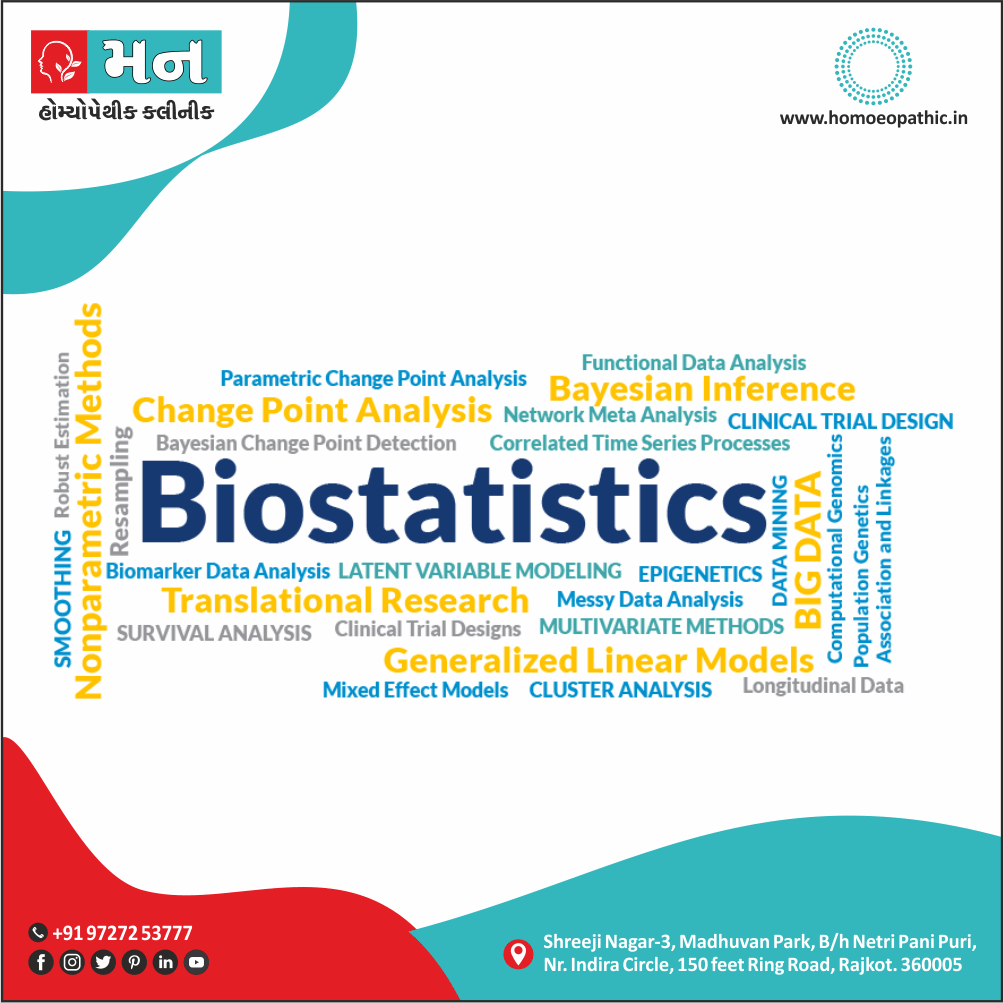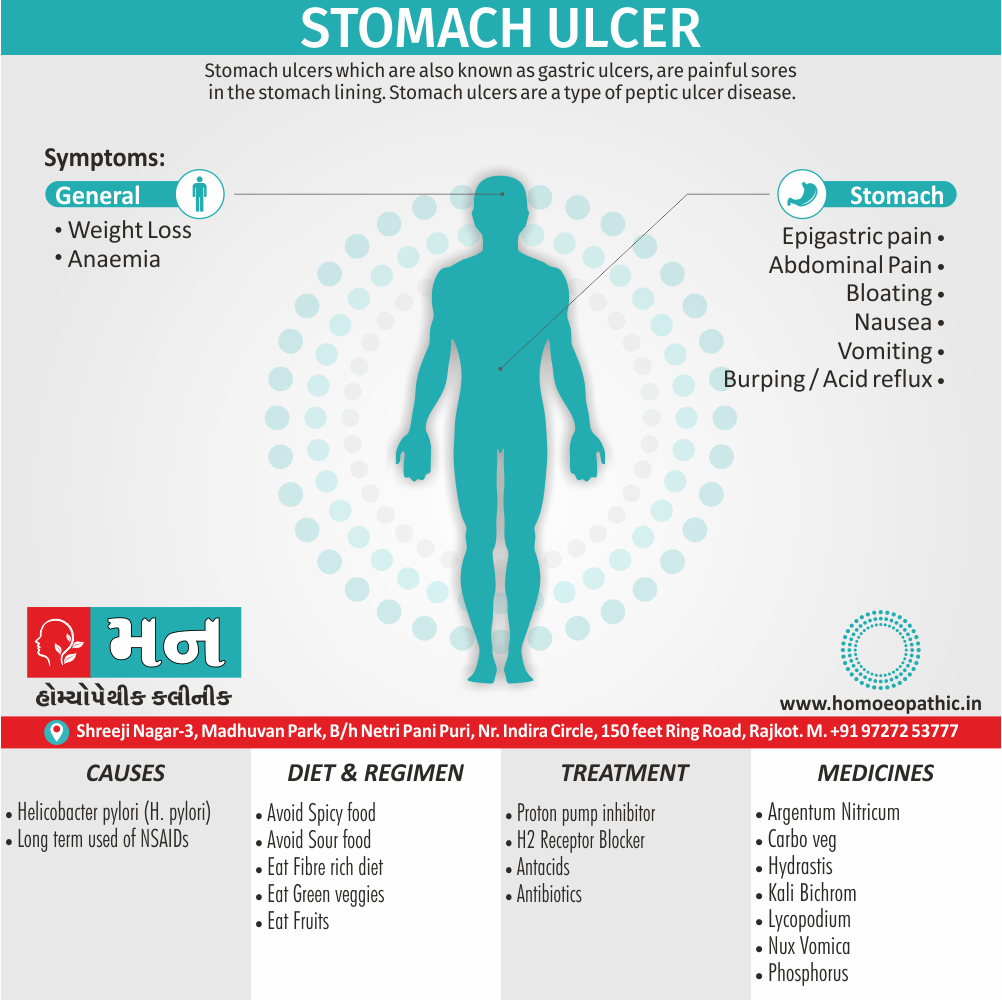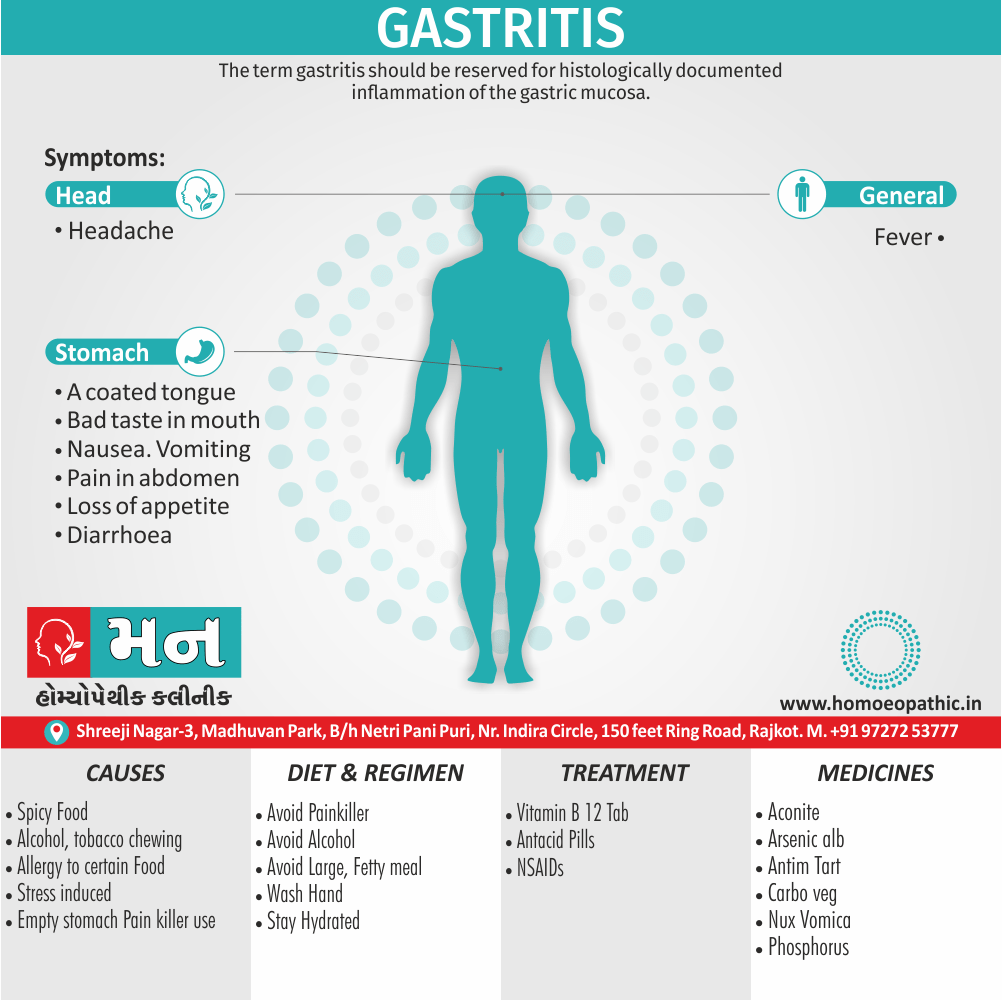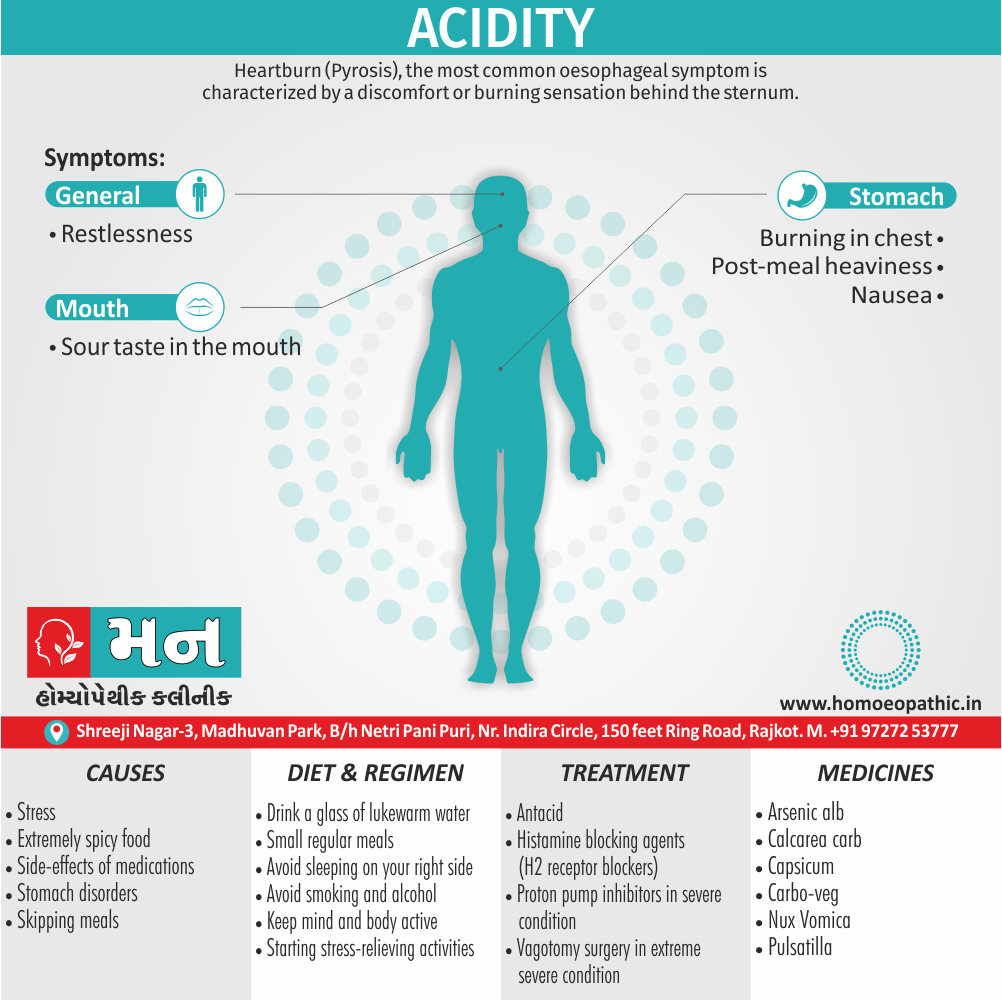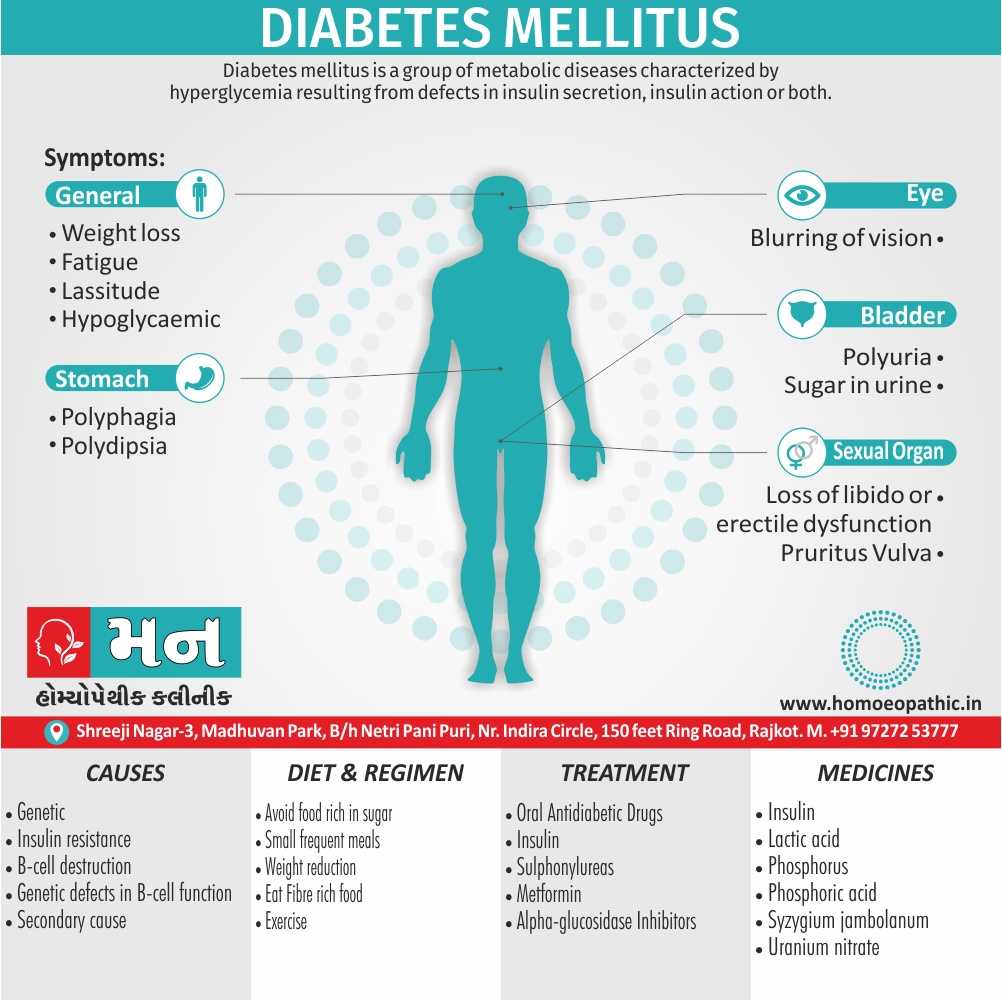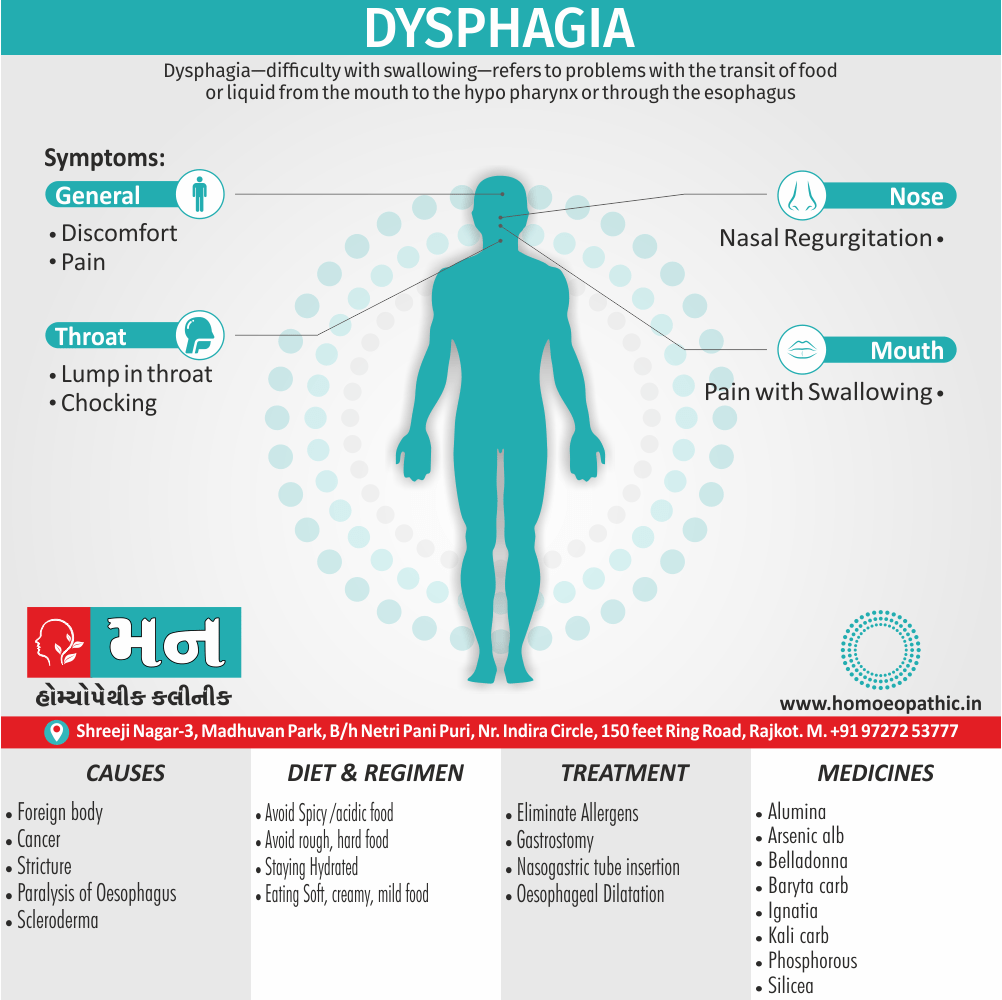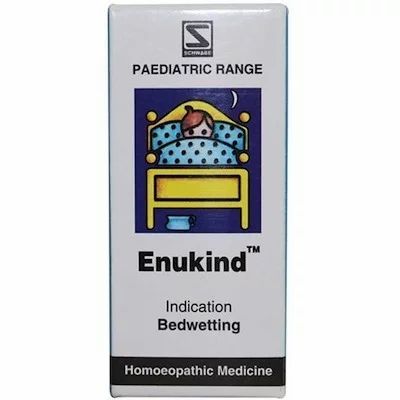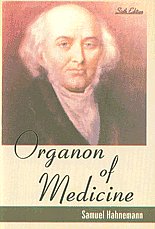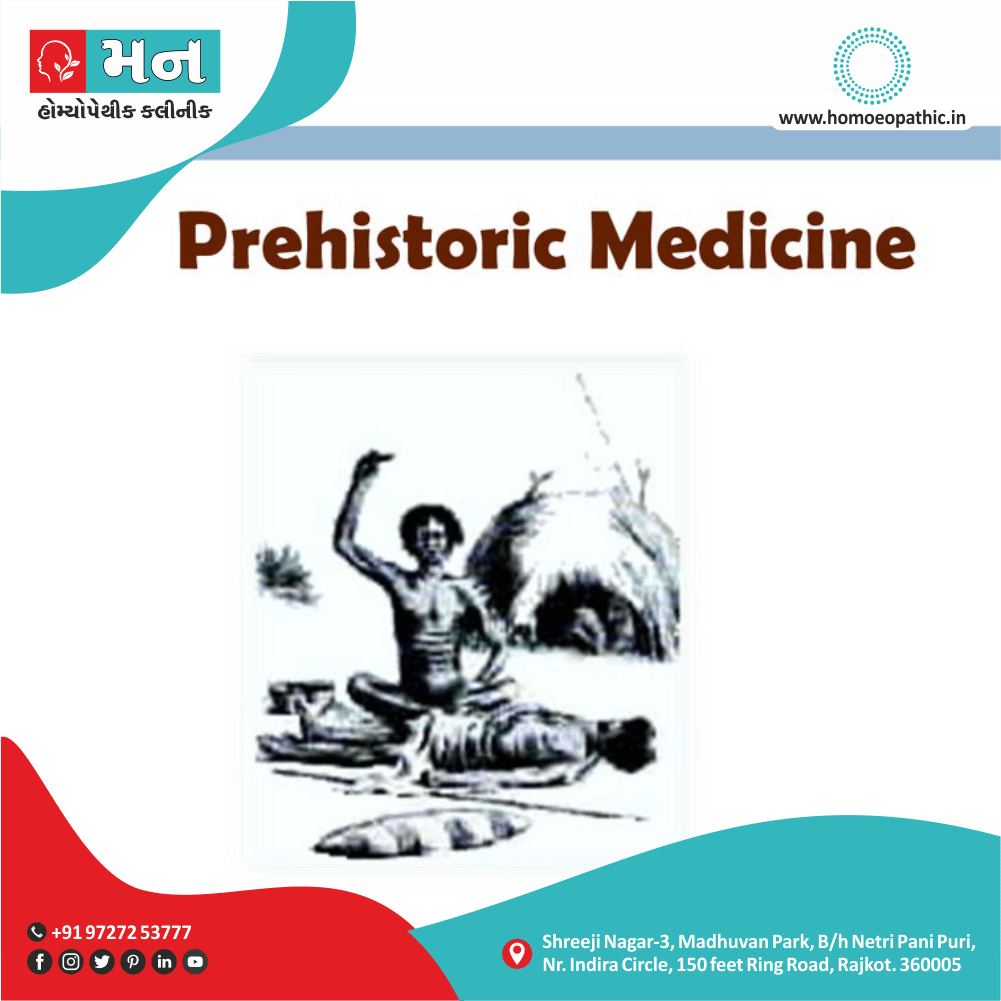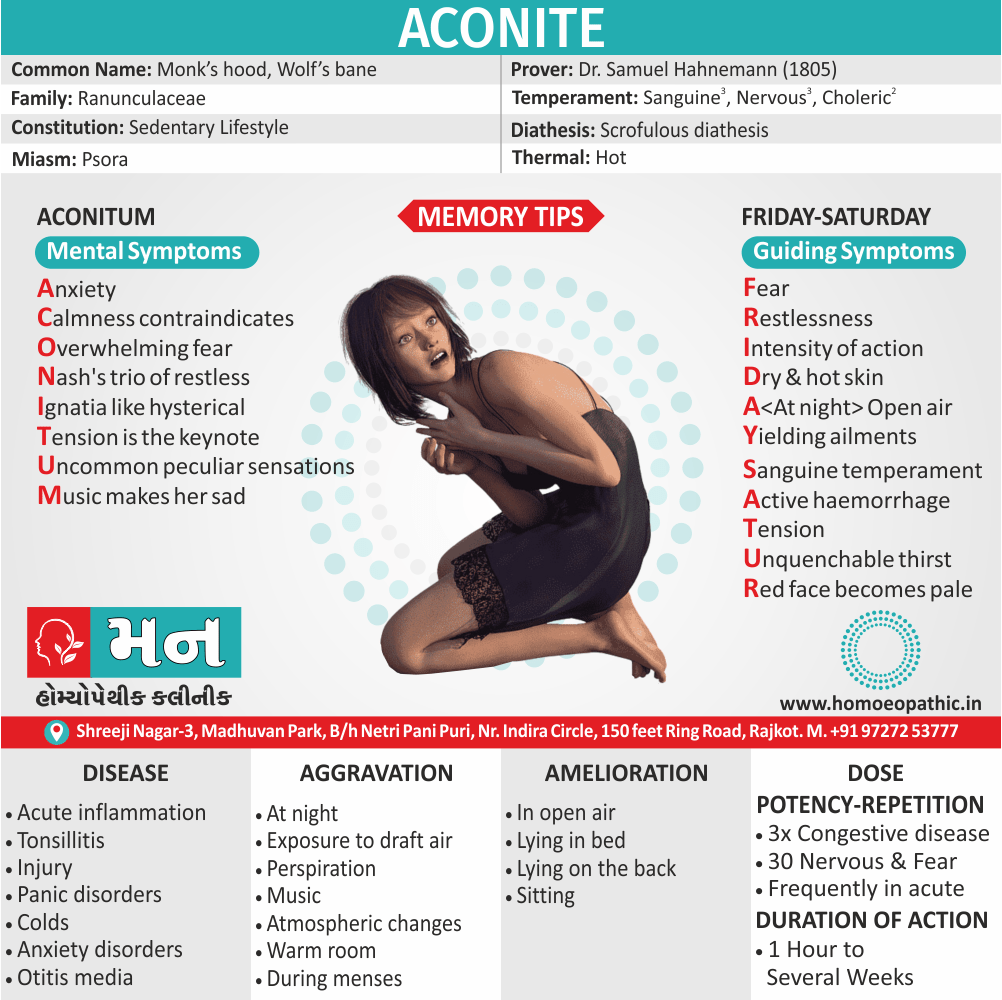Dissociative Disorder:
Definition:
Dissociative disorder is condition that involve either disruptions or breakdowns of memory, awareness, identity, or perception.
Overview of Dissociative Disorder:
People with dissociative disorders use dissociation, a defense mechanism, pathologically also involuntarily.
In detail; Dissociative disorders are thought to primarily be caused by psychological trauma.
- Dissociative disorders usually develop as a way to cope with trauma.
- The disorders most often form in children subjected to long-term physical, sexual or emotional abuse or, less often, a home environment that’s frightening or highly unpredictable.
- The stress of war or natural disasters also can bring on dissociative disorders.
- Personal identity is still forming during childhood.
- So a child is more able than an adult is to step outside of himself or herself and observe trauma as though it’s happening to a different person.
- A child who learns to dissociate in order to endure an extended period of youth may use this coping mechanism in response to stressful situations throughout life.
- People who experience long-term physical, sexual or emotional abuse during childhood are at greatest risk of developing dissociative disorders.
- In detail, Children and adults who experience other traumatic events, such as war, natural disasters, kidnapping, torture or invasive medical procedures, also may develop these conditions.
Pathophysiology of Dissociative Disorder
- Dissociation is a psychophysiological process that alters a person’s thoughts, feelings, or actions so that, for a time, certain information is not associated with other information as it normally is.
- This process produces a range of clinical and behavioral phenomena involving alterations in memory and identity. D.I.D is caused by infant disorganized attachment in the orbitofrontal cortex.
- Because of the childhood trauma, the limbic system is also highly affected, this controls our emotions and personality along with frontal lobe. (1)
Types of Dissociative Disorder
The three types of dissociative disorders include:
- Dissociative identity disorder (DID): People with DID have two or more separate identities. These identities (called “alters”) control their behavior at various times. Each alter has its own personal history, traits, likes and dislikes.
- Dissociative amnesia: This condition happens when you can’t remember essential information about your life. The forgetting may be limited to specific aspects of your life or may include much of your life history and/or identity.
- Depersonalization/derealization disorder: This is a condition in which you feel detached from your thoughts, feelings and body (depersonalization), and/or disconnected from your environment (derealization). (2)
Signs and symptoms of dissociative disorders i.e.:
- Memory loss (in other words; amnesia) of certain time periods, events and people
- Mental health problems, e.g. depression, anxiety, and suicidal thoughts and attempts
- Furthermore; A sense of being detached from yourself
- A perception of the people also things around you as distorted and unreal
- A blurred sense of identity
- Lastly; Significant stress or problems in your relationships, work or other important areas of your life
Dissociative amnesia:
- n general, The main symptom of this disorder is memory loss that’s more severe than normal forgetfulness and that can’t explained by a medical condition.
- You can’t recall information about yourself or events and people in your life, especially from a traumatic time.
- Besides this, Dissociative amnesia can specific to events in a certain time, such as intense combat, or more rarely, can involve complete loss of memory about yourself.
- Lastly, It may sometimes involve travel or confused wandering away from your life (i.e. dissociative fugue). An episode of amnesia may last minutes, hours, or, rarely, months or years.
Dissociative identity disorder:
- This disorder, formerly known as multiple personality disorder, is characterize by "switching" to alternate identities.
- You may feel the presence of one or more other people talking or living inside your head, also you may feel as though you’re possessed by other identities.
- Each of these identities may have a unique name, personal history and characteristics, including obvious differences in voice, gender, mannerisms and even such physical qualities as the need for eyeglasses. Additionally, There also are differences in how familiar each identity is with the others.
- All in all, People with dissociative identity disorder typically also have dissociative amnesia and often have dissociative fugue.
Depersonalization-derealization disorder:
- This disorder involves an ongoing or episodic sense of detachment or being outside yourself — observing your actions, feelings, thoughts and self from a distance as though watching a movie (i.e. depersonalization).
- Other people and things around you may feel detach and foggy or dreamlike, and the world may seem unreal (i.e. derealization).
- You may experience depersonalization, derealization or both.
- Lastly, Symptoms, which can be profoundly distressing, may last only a few moments or come and go over many years.
Diagnosis of Dissociative Disorder
Healthcare providers diagnose dissociative disorders by assessing your symptoms and personal history.
Your provider may order tests to rule out possible medical conditions that can cause similar symptoms (such as memory loss), including:
- Head injury.
- Brain tumors.
- Sleep deprivation.
- Substance and/or alcohol use.
Once they rule out possible causes, they’ll likely refer you to a mental health specialist, such as a psychologist, to make a diagnosis through clinical interview and observations.
Mental health professionals use criteria in the American Psychiatric Association’s Diagnostic and Statistical Manual of Mental Disorders to diagnose specific dissociative disorders.(2)
Differential diagnosis of Dissociative Disorder
- Paranoid schizophrenia
- Borderline personality disorder
- Hysteria
- Stimulation and false memory syndrome (3)
Treatment of Dissociative Disorder
Dissociative disorders are managed through various therapies including:
- Psychotherapies such as cognitive behavioral therapy (CBT) and dialectical behavioral therapy (DBT)
- Talk Therapy
- Eye movement desensitization and reprocessing (EMDR)
- Medications such as antidepressants, antipsychotics and mood stabilizers can treat symptoms of related conditions.
Prevention of Dissociative Disorder
- Due to the fact that the cause of Dissociative Disorder in most patients with the condition is related to the patient’s exposure to a traumatic event, the prevention of this condition lies in minimizing the exposure that children have to trauma, especially in the form of physical and sexual abuse and helping the trauma survivor to deal with their past in a healthy and beneficial way.(4)
Complications
- People with a dissociative disorder are at increased risk of complications and associated disorders, such as:
- Self-harm
- Suicidal thoughts and attempts
- Sexual dysfunction, including sexual compulsions or avoidance
- Alcoholism and drug use disorders
- Depression and anxiety disorders
- Post-traumatic stress disorder
- Personality disorders
Other complications
- Sleep disorders, including nightmares, insomnia and sleepwalking
- Eating disorders
- Severe headaches
Homeopathic Treatment of Dissociative Disorder
Homeopathy treats the person as a whole. It means that homeopathic treatment focuses on the patient as a person, as well as his pathological condition. The homeopathic medicines selected after a full individualizing examination and case-analysis.
Which includes
- The medical history of the patient,
- Physical and mental constitution,
- Family history,
- Presenting symptoms,
- Underlying pathology,
- Possible causative factors etc.
A miasmatic tendency (predisposition/susceptibility) also often taken into account for the treatment of chronic conditions.
What Homoeopathic doctors do?
A homeopathy doctor tries to treat more than just the presenting symptoms. The focus is usually on what caused the disease condition? Why ‘this patient’ is sick ‘this way’?
The disease diagnosis is important but in homeopathy, the cause of disease not just probed to the level of bacteria and viruses. Other factors like mental, emotional and physical stress that could predispose a person to illness also looked for. Now a days, even modern medicine also considers a large number of diseases as psychosomatic. The correct homeopathy remedy tries to correct this disease predisposition.
The focus is not on curing the disease but to cure the person who is sick, to restore the health. If a disease pathology not very advanced, homeopathy remedies do give a hope for cure but even in incurable cases, the quality of life can greatly improve with homeopathic medicines.
Homeopathic Medicines for Dissociative Disorder
The homeopathic remedies (medicines) given below indicate the therapeutic affinity but this is not a complete and definite guide to the homeopathy treatment of this condition. The symptoms listed against each homeopathic remedy may not be directly related to this disease because in homeopathy general symptoms and constitutional indications also taken into account for selecting a remedy, potency and repetition of dose by Homeopathic doctor.
So, here we describe homeopathic medicine only for reference and education purpose. Do not take medicines without consulting registered homeopathic doctor (BHMS or M.D. Homeopath).
Medicines:
- Anacardium:
- Medorrhinum
- Natrum muriaticum
- Phosphorus
- Staphysagria
- Thuja
Diet & Regimen of Dissociative Disorder
Five food groups: fruit, vegetables, grains, dairy, and protein. The key recommendations in the federal guidelines include
- A variety of vegetables from all of the subgroups—dark green, red, and orange, legumes (beans and peas), starchy, and other
- Fruits, especially whole fruits
- Grains, at least half of which are whole grains
- Fat-free or low-fat dairy, including milk, yogurt, cheese, and/or fortified soy beverages
- A variety of protein foods, including seafood, lean meats and poultry, eggs, legumes (beans and peas), and nuts, seeds, and soy products.
- Oils
- Limited saturated fats, trans fats, added sugars, and sodium. (5)
Frequently Asked Questions
What is Dissociative Disorder?
Dissociative disorder is condition that involve disruptions or breakdowns of memory, awareness, identity, or perception.
Homeopathic Medicines used by Homeopathic Doctors in treatment of Dissociative Disorder?
- Anacardium
- Medorrhinum
- Natrum muriaticum
- Phosphorus
- Staphysagria
- Thuja
What causes Dissociative Disorder?
- Long-term physical, sexual or emotional abuse
- Develop as a way to cope with trauma
- Stress of war or natural disasters
What are the symptoms of Dissociative Disorder?
- Memory loss (amnesia)
- Depression, anxiety, and suicidal thoughts
- Sense of being detached from yourself
- Perception of the people and things around you as distorted and unreal
- Blurred sense of identity
Reference of Dissociative Disorder
- Pathophysiology – Dissociative Identity Disorder (weebly.com)
- Dissociative Disorders: Causes, Symptoms, Types & Treatment (clevelandclinic.org)
- differntial diagnosis of dissociative Disorders – Search (bing.com)
- Treatment, prognosis and prevention of dissociative identity disorder (mymed.com)
- Dissociated Diet: Pros, Cons, and How It Works (verywellfit.com)
Definition:
Dissociative disorder is condition that involve either disruptions or breakdowns of memory, awareness, identity, or perception.
Overview
Epidemiology
Causes
Risk Factors
Types
Major dissociative disorders
Pathophysiology
Clinical Features
Sign & Symptoms
Clinical Examination
Diagnosis
Differential Diagnosis
Complications
Investigations
Treatment
Prevention
Homeopathic Treatment
Diet & Regimen
Do’s and Dont’s
Terminology
References
FAQ
Also Search As
Overview
Overview of Dissociative Disorder:
People with dissociative disorders use dissociation, a defense mechanism, pathologically also involuntarily.
In detail; Dissociative disorders are thought to primarily be caused by psychological trauma.
Epidemiology
Indian epidemiology then other
Causes
- Dissociative disorders usually develop as a way to cope with trauma.
- The disorders most often form in children subjected to long-term physical, sexual or emotional abuse or, less often, a home environment that’s frightening or highly unpredictable.
- The stress of war or natural disasters also can bring on dissociative disorders.
- Personal identity is still forming during childhood.
- So a child is more able than an adult is to step outside of himself or herself and observe trauma as though it’s happening to a different person.
- A child who learns to dissociate in order to endure an extended period of youth may use this coping mechanism in response to stressful situations throughout life.
Risk Factors
- People who experience long-term physical, sexual or emotional abuse during childhood are at greatest risk of developing dissociative disorders.
- In detail, Children and adults who experience other traumatic events, such as war, natural disasters, kidnapping, torture or invasive medical procedures, also may develop these conditions.
Types
Types of Dissociative Disorder
The three types of dissociative disorders include:
- Dissociative identity disorder (DID): People with DID have two or more separate identities. These identities (called “alters”) control their behavior at various times. Each alter has its own personal history, traits, likes and dislikes.
- Dissociative amnesia: This condition happens when you can’t remember essential information about your life. The forgetting may be limited to specific aspects of your life or may include much of your life history and/or identity.
- Depersonalization/derealization disorder: This is a condition in which you feel detached from your thoughts, feelings and body (depersonalization), and/or disconnected from your environment (derealization). (2)
Major dissociative disorders
Dissociative amnesia:
- n general, The main symptom of this disorder is memory loss that’s more severe than normal forgetfulness and that can’t explained by a medical condition.
- You can’t recall information about yourself or events and people in your life, especially from a traumatic time.
- Besides this, Dissociative amnesia can specific to events in a certain time, such as intense combat, or more rarely, can involve complete loss of memory about yourself.
- Lastly, It may sometimes involve travel or confused wandering away from your life (i.e. dissociative fugue). An episode of amnesia may last minutes, hours, or, rarely, months or years.
Dissociative identity disorder:
- This disorder, formerly known as multiple personality disorder, is characterize by "switching" to alternate identities.
- You may feel the presence of one or more other people talking or living inside your head, also you may feel as though you’re possessed by other identities.
- Each of these identities may have a unique name, personal history and characteristics, including obvious differences in voice, gender, mannerisms and even such physical qualities as the need for eyeglasses. Additionally, There also are differences in how familiar each identity is with the others.
- All in all, People with dissociative identity disorder typically also have dissociative amnesia and often have dissociative fugue.
Depersonalization-derealization disorder:
- This disorder involves an ongoing or episodic sense of detachment or being outside yourself — observing your actions, feelings, thoughts and self from a distance as though watching a movie (i.e. depersonalization).
- Other people and things around you may feel detach and foggy or dreamlike, and the world may seem unreal (i.e. derealization).
- You may experience depersonalization, derealization or both.
- Lastly, Symptoms, which can be profoundly distressing, may last only a few moments or come and go over many years.
Pathophysiology
Pathophysiology of Dissociative Disorder
- Dissociation is a psychophysiological process that alters a person’s thoughts, feelings, or actions so that, for a time, certain information is not associated with other information as it normally is.
- This process produces a range of clinical and behavioral phenomena involving alterations in memory and identity. D.I.D is caused by infant disorganized attachment in the orbitofrontal cortex.
- Because of the childhood trauma, the limbic system is also highly affected, this controls our emotions and personality along with frontal lobe. (1)
Clinical Features
Tab Content
Sign & Symptoms
Signs and symptoms of dissociative disorders i.e.:
- Memory loss (in other words; amnesia) of certain time periods, events and people
- Mental health problems, e.g. depression, anxiety, and suicidal thoughts and attempts
- Furthermore; A sense of being detached from yourself
- A perception of the people also things around you as distorted and unreal
- A blurred sense of identity
- Lastly; Significant stress or problems in your relationships, work or other important areas of your life
Clinical Examination
Tab Content
Diagnosis
Diagnosis of Dissociative Disorder
Healthcare providers diagnose dissociative disorders by assessing your symptoms and personal history.
Your provider may order tests to rule out possible medical conditions that can cause similar symptoms (such as memory loss), including:
- Head injury.
- Brain tumors.
- Sleep deprivation.
- Substance and/or alcohol use.
Once they rule out possible causes, they’ll likely refer you to a mental health specialist, such as a psychologist, to make a diagnosis through clinical interview and observations.
Mental health professionals use criteria in the American Psychiatric Association’s Diagnostic and Statistical Manual of Mental Disorders to diagnose specific dissociative disorders.(2)
Differential Diagnosis
Differential diagnosis of Dissociative Disorder
- Paranoid schizophrenia
- Borderline personality disorder
- Hysteria
- Stimulation and false memory syndrome (3)
Complications
Complications
- People with a dissociative disorder are at increased risk of complications and associated disorders, such as:
- Self-harm
- Suicidal thoughts and attempts
- Sexual dysfunction, including sexual compulsions or avoidance
- Alcoholism and drug use disorders
- Depression and anxiety disorders
- Post-traumatic stress disorder
- Personality disorders
Other complications
- Sleep disorders, including nightmares, insomnia and sleepwalking
- Eating disorders
- Severe headaches
Investigations
Tab Content
Treatment
Treatment of Dissociative Disorder
Dissociative disorders are managed through various therapies including:
- Psychotherapies such as cognitive behavioral therapy (CBT) and dialectical behavioral therapy (DBT)
- Talk Therapy
- Eye movement desensitization and reprocessing (EMDR)
- Medications such as antidepressants, antipsychotics and mood stabilizers can treat symptoms of related conditions.
Prevention
Prevention of Dissociative Disorder
- Due to the fact that the cause of Dissociative Disorder in most patients with the condition is related to the patient’s exposure to a traumatic event, the prevention of this condition lies in minimizing the exposure that children have to trauma, especially in the form of physical and sexual abuse and helping the trauma survivor to deal with their past in a healthy and beneficial way.(4)
Homeopathic Treatment
Homeopathic Treatment of Dissociative Disorder
Homeopathy treats the person as a whole. It means that homeopathic treatment focuses on the patient as a person, as well as his pathological condition. The homeopathic medicines selected after a full individualizing examination and case-analysis.
Which includes
- The medical history of the patient,
- Physical and mental constitution,
- Family history,
- Presenting symptoms,
- Underlying pathology,
- Possible causative factors etc.
A miasmatic tendency (predisposition/susceptibility) also often taken into account for the treatment of chronic conditions.
What Homoeopathic doctors do?
A homeopathy doctor tries to treat more than just the presenting symptoms. The focus is usually on what caused the disease condition? Why ‘this patient’ is sick ‘this way’?
The disease diagnosis is important but in homeopathy, the cause of disease not just probed to the level of bacteria and viruses. Other factors like mental, emotional and physical stress that could predispose a person to illness also looked for. Now a days, even modern medicine also considers a large number of diseases as psychosomatic. The correct homeopathy remedy tries to correct this disease predisposition.
The focus is not on curing the disease but to cure the person who is sick, to restore the health. If a disease pathology not very advanced, homeopathy remedies do give a hope for cure but even in incurable cases, the quality of life can greatly improve with homeopathic medicines.
Homeopathic Medicines for Dissociative Disorder
The homeopathic remedies (medicines) given below indicate the therapeutic affinity but this is not a complete and definite guide to the homeopathy treatment of this condition. The symptoms listed against each homeopathic remedy may not be directly related to this disease because in homeopathy general symptoms and constitutional indications also taken into account for selecting a remedy, potency and repetition of dose by Homeopathic doctor.
So, here we describe homeopathic medicine only for reference and education purpose. Do not take medicines without consulting registered homeopathic doctor (BHMS or M.D. Homeopath).
Medicines:
- Anacardium:
- Medorrhinum
- Natrum muriaticum
- Phosphorus
- Staphysagria
- Thuja
Diet & Regimen
Diet & Regimen of Dissociative Disorder
Five food groups: fruit, vegetables, grains, dairy, and protein. The key recommendations in the federal guidelines include
- A variety of vegetables from all of the subgroups—dark green, red, and orange, legumes (beans and peas), starchy, and other
- Fruits, especially whole fruits
- Grains, at least half of which are whole grains
- Fat-free or low-fat dairy, including milk, yogurt, cheese, and/or fortified soy beverages
- A variety of protein foods, including seafood, lean meats and poultry, eggs, legumes (beans and peas), and nuts, seeds, and soy products.
- Oils
- Limited saturated fats, trans fats, added sugars, and sodium. (5)
Do’s and Dont’s
Tab Content
Terminology
Tab Content
References
Reference of Dissociative Disorder
- Pathophysiology – Dissociative Identity Disorder (weebly.com)
- Dissociative Disorders: Causes, Symptoms, Types & Treatment (clevelandclinic.org)
- differntial diagnosis of dissociative Disorders – Search (bing.com)
- Treatment, prognosis and prevention of dissociative identity disorder (mymed.com)
- Dissociated Diet: Pros, Cons, and How It Works (verywellfit.com)
FAQ
Frequently Asked Questions
What is Dissociative Disorder?
Dissociative disorder is condition that involve disruptions or breakdowns of memory, awareness, identity, or perception.
Homeopathic Medicines used by Homeopathic Doctors in treatment of Dissociative Disorder?
- Anacardium
- Medorrhinum
- Natrum muriaticum
- Phosphorus
- Staphysagria
- Thuja
What causes Dissociative Disorder?
- Long-term physical, sexual or emotional abuse
- Develop as a way to cope with trauma
- Stress of war or natural disasters
What are the symptoms of Dissociative Disorder?
- Memory loss (amnesia)
- Depression, anxiety, and suicidal thoughts
- Sense of being detached from yourself
- Perception of the people and things around you as distorted and unreal
- Blurred sense of identity
Also Search As
Frequently Asked Questions (FAQ)
XYZ
XXX
XYZ
XXX
XYZ
XXX
